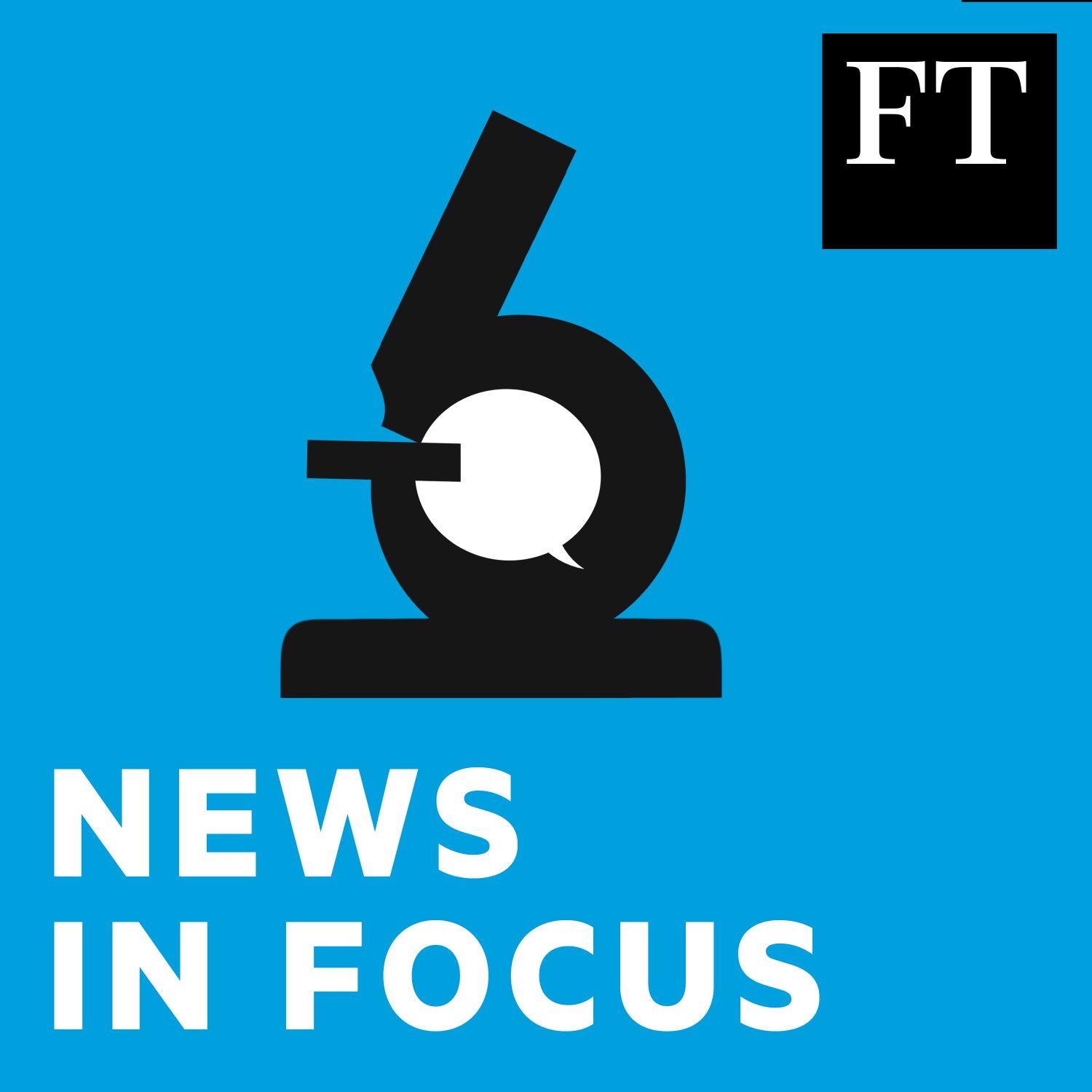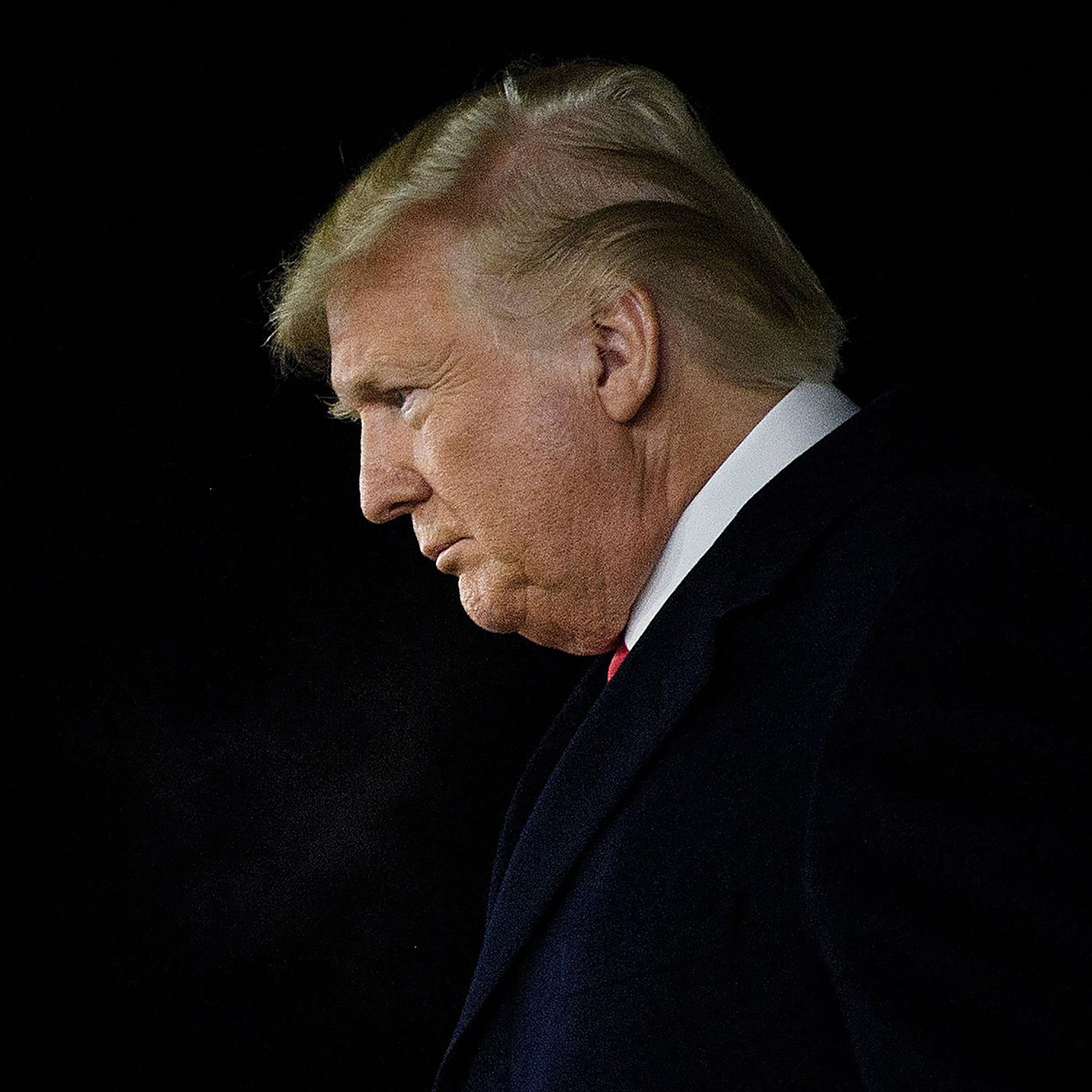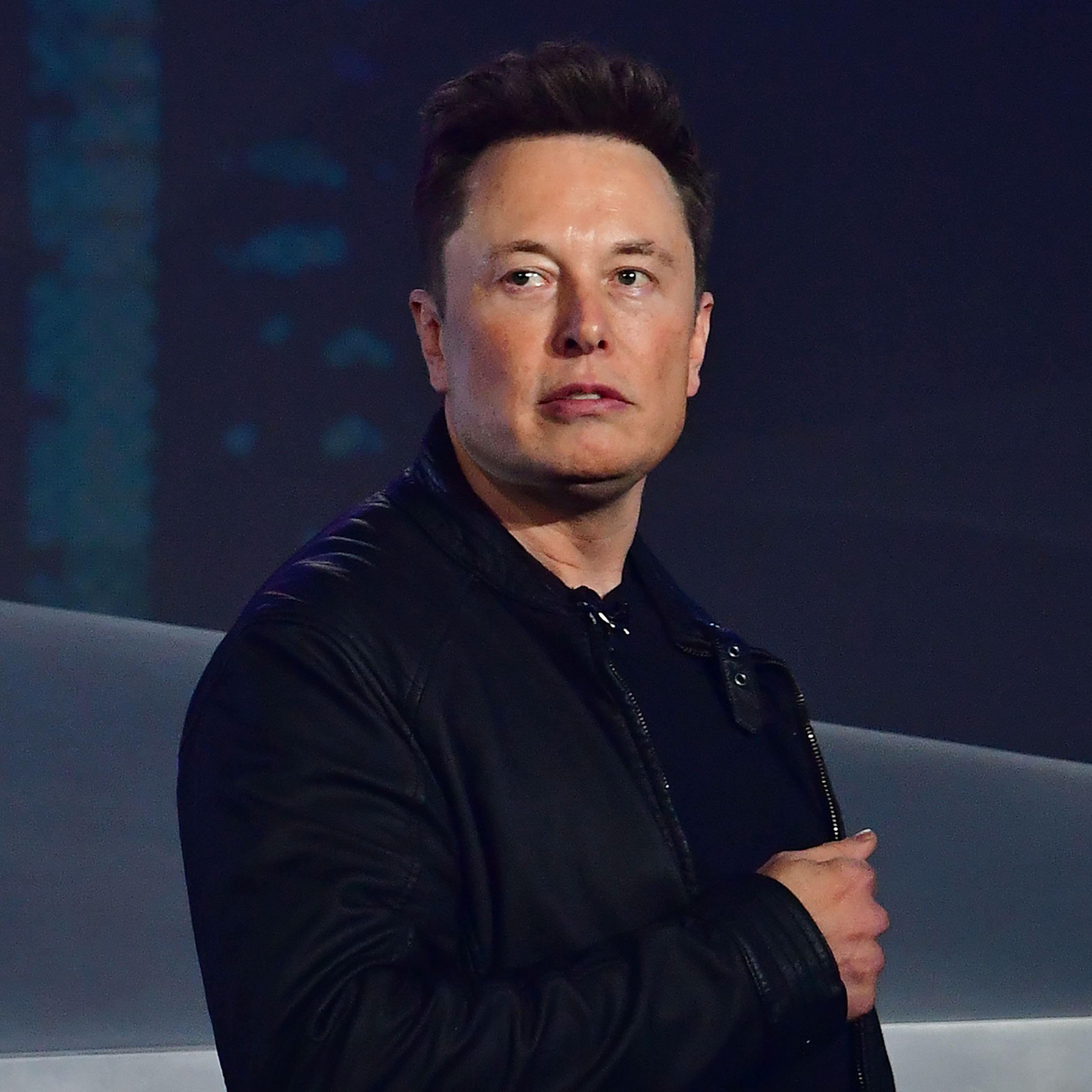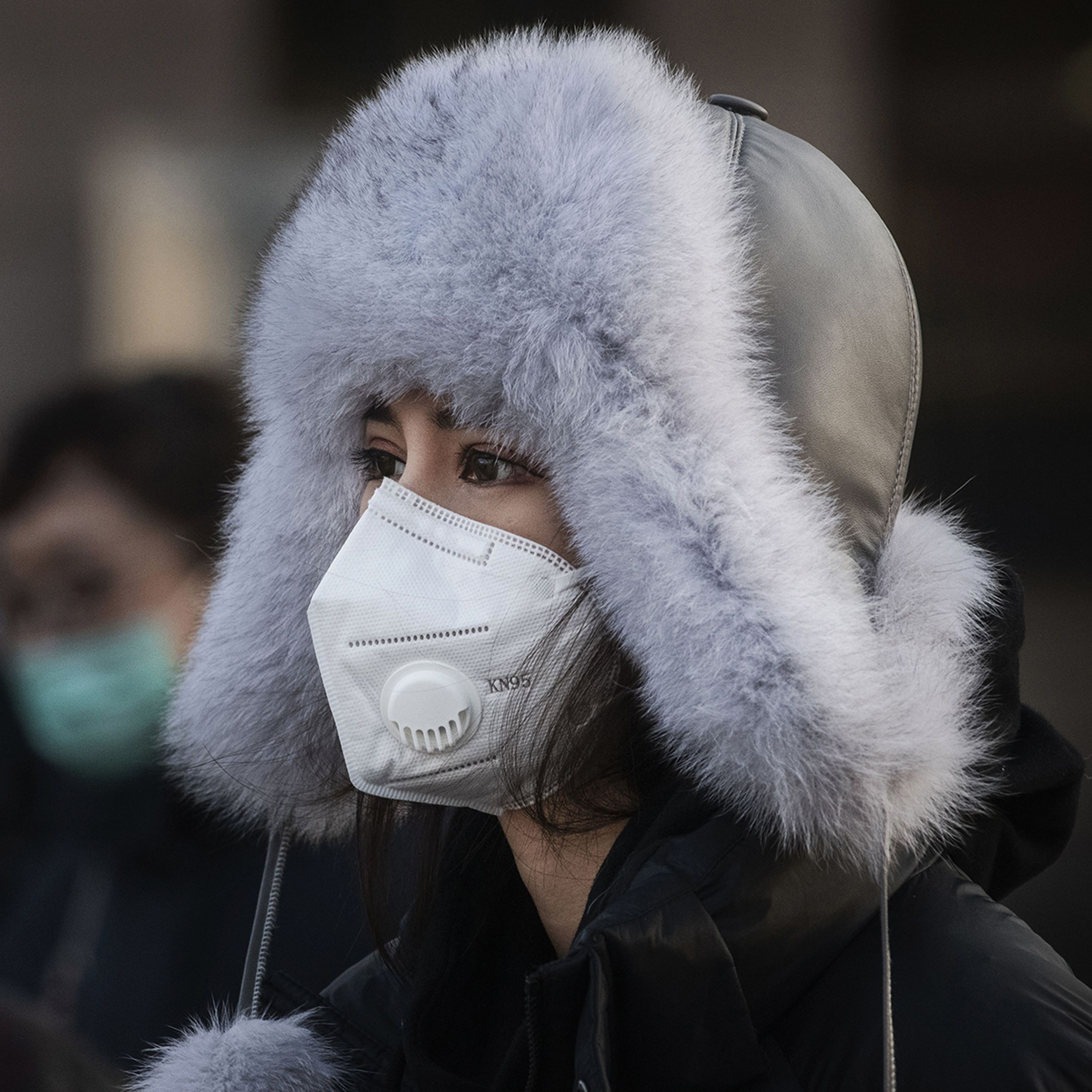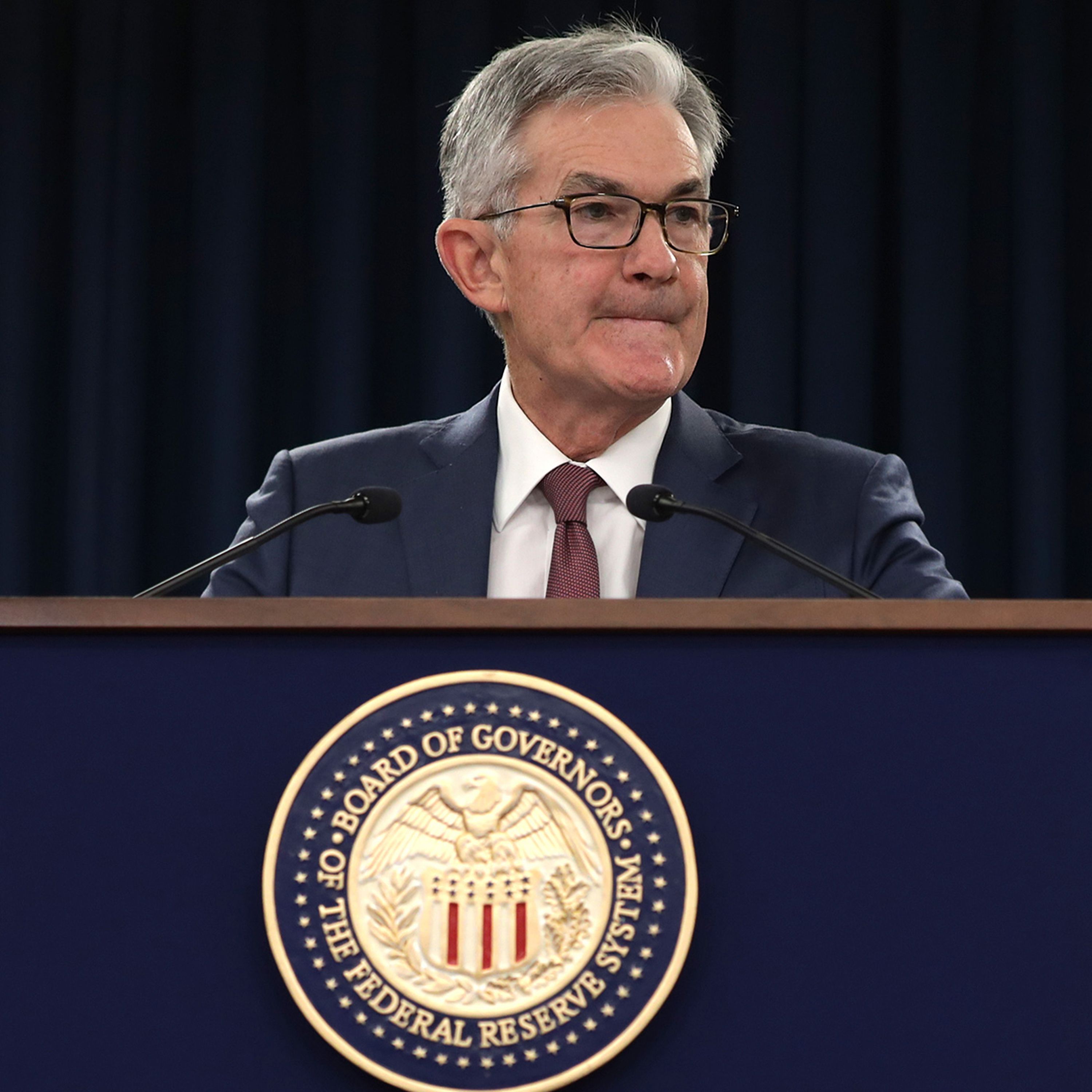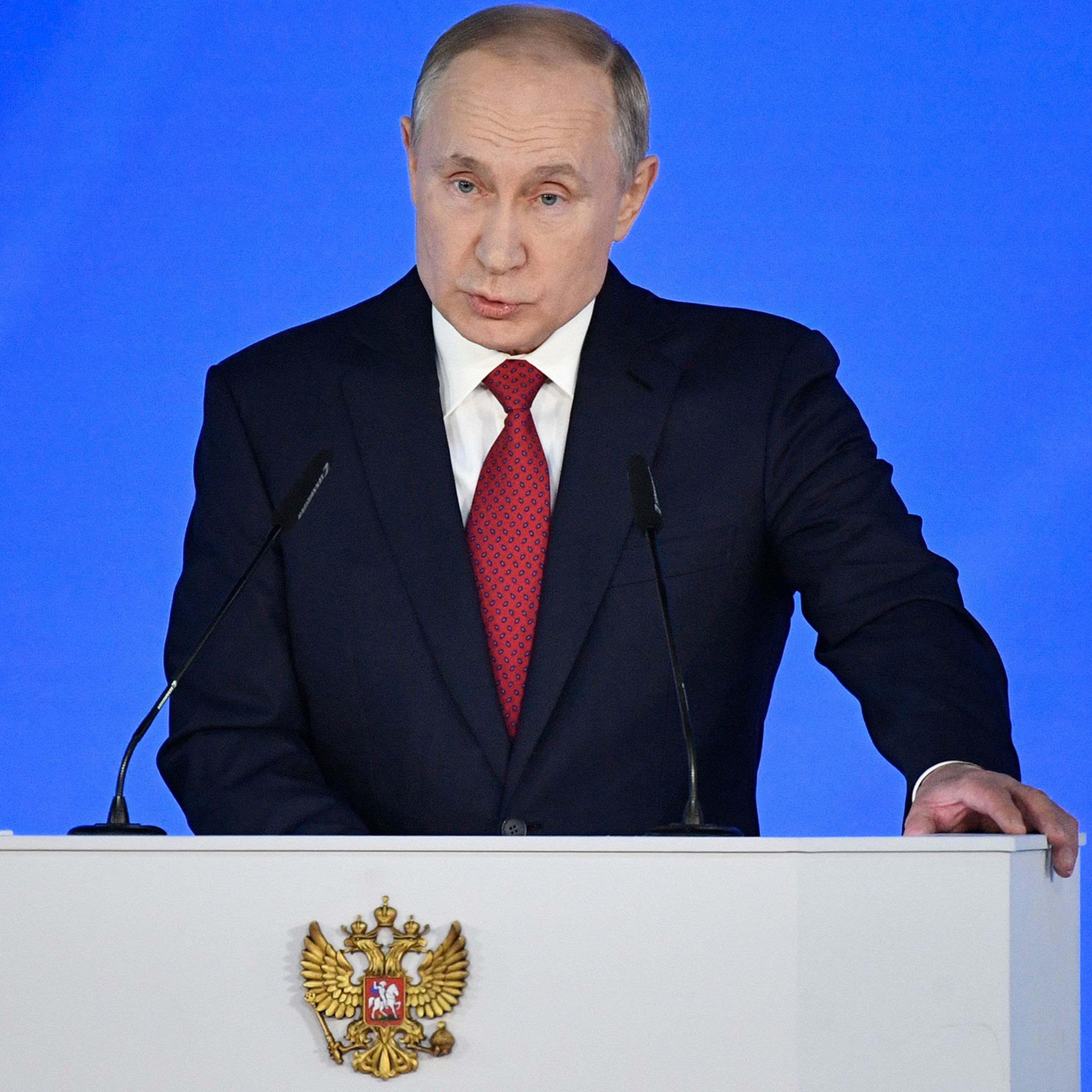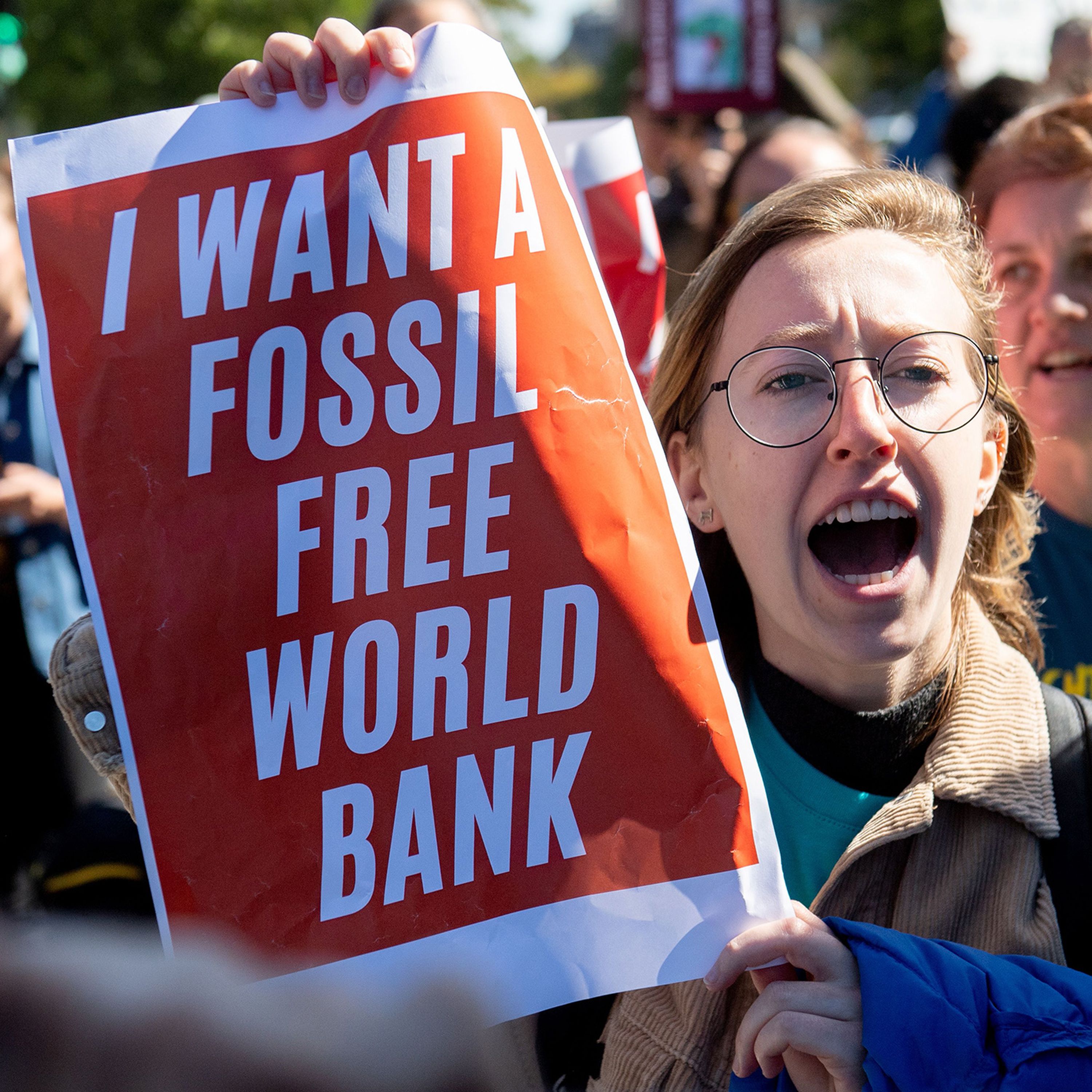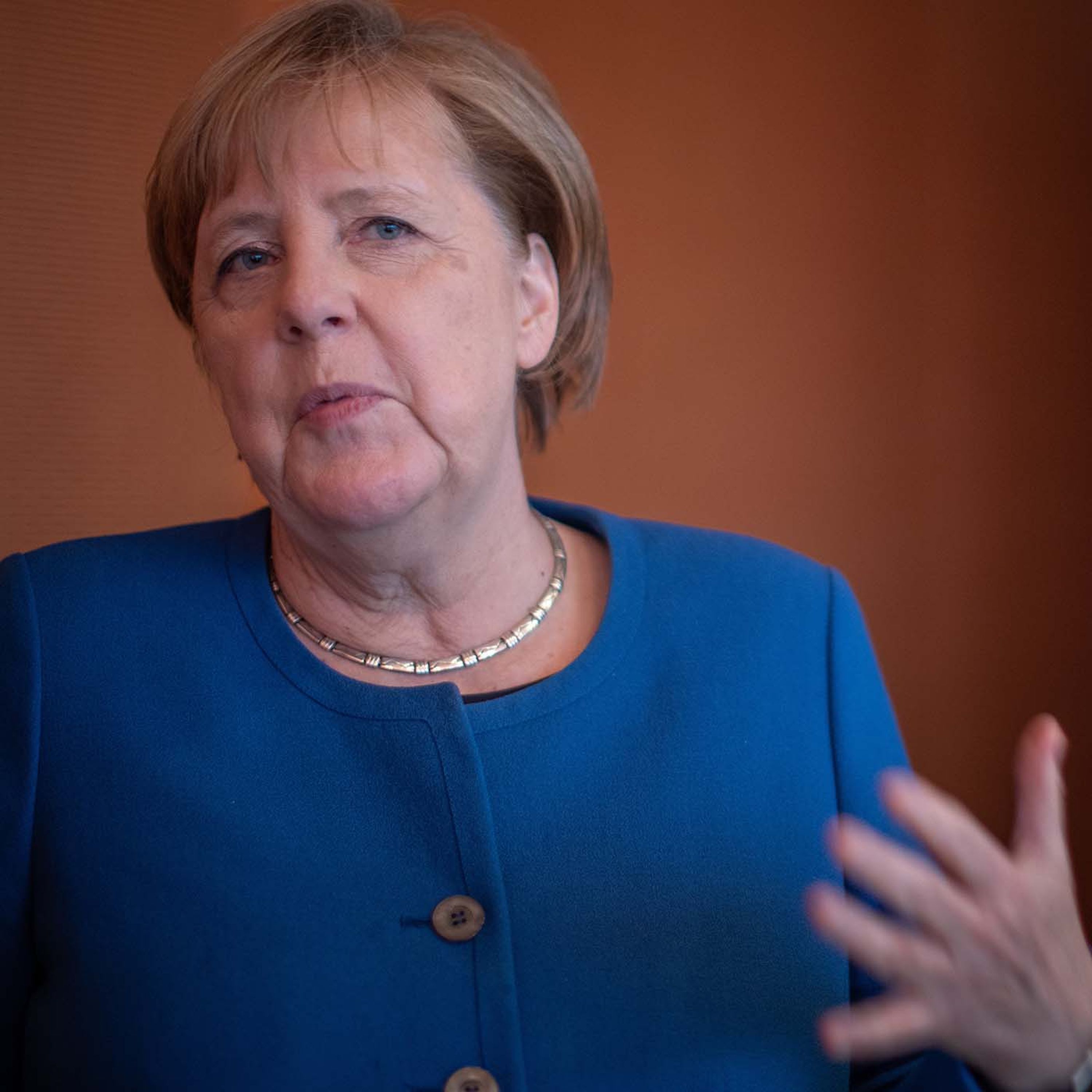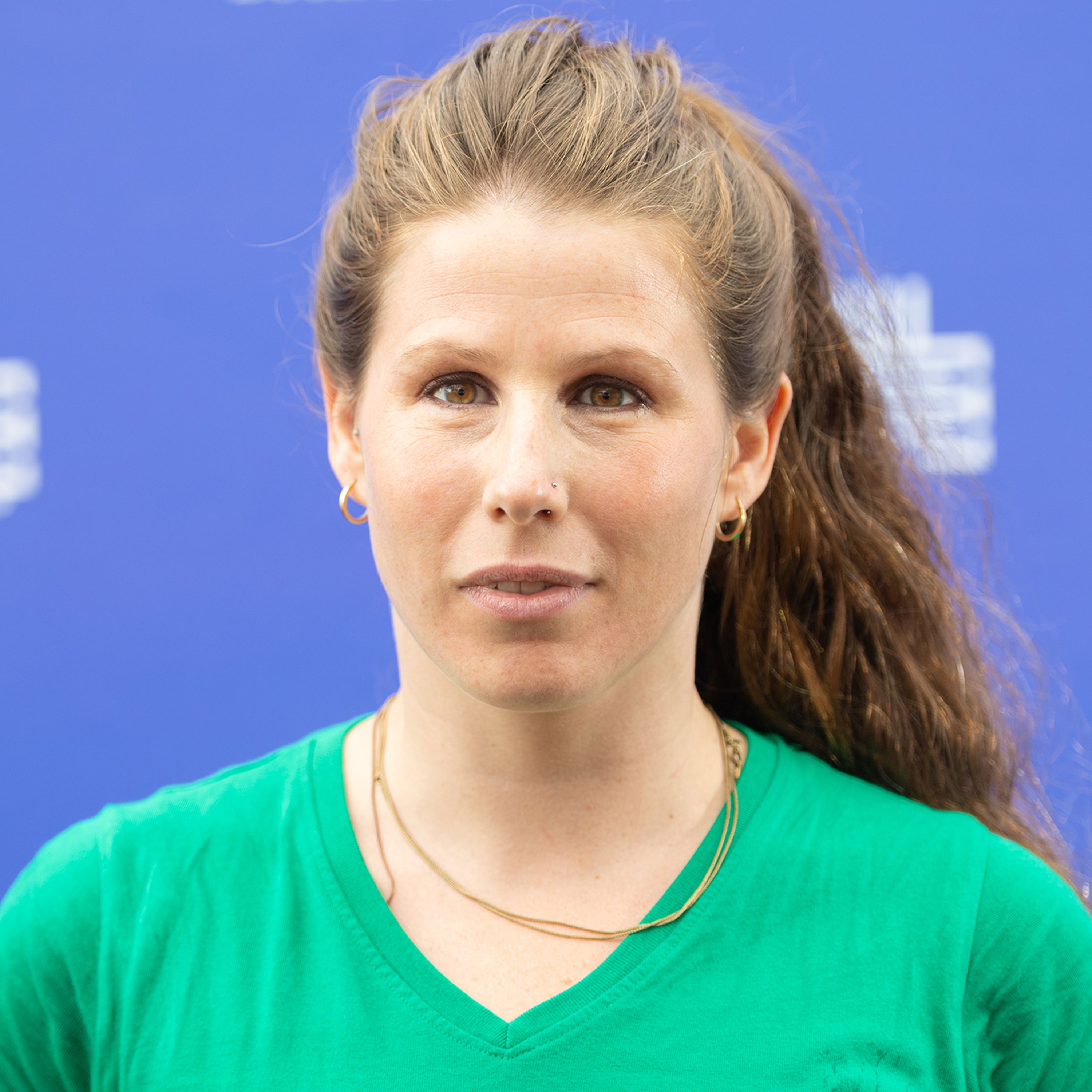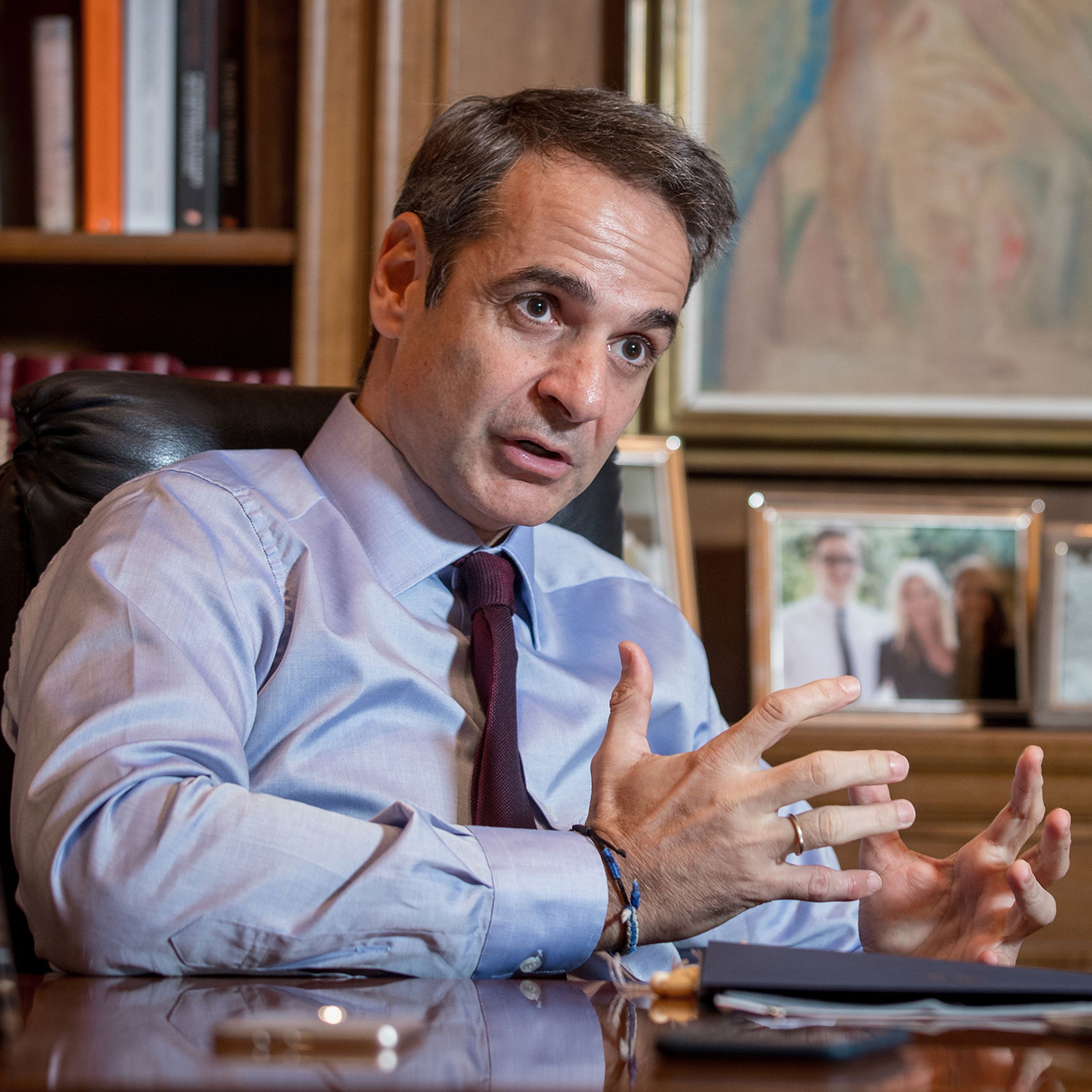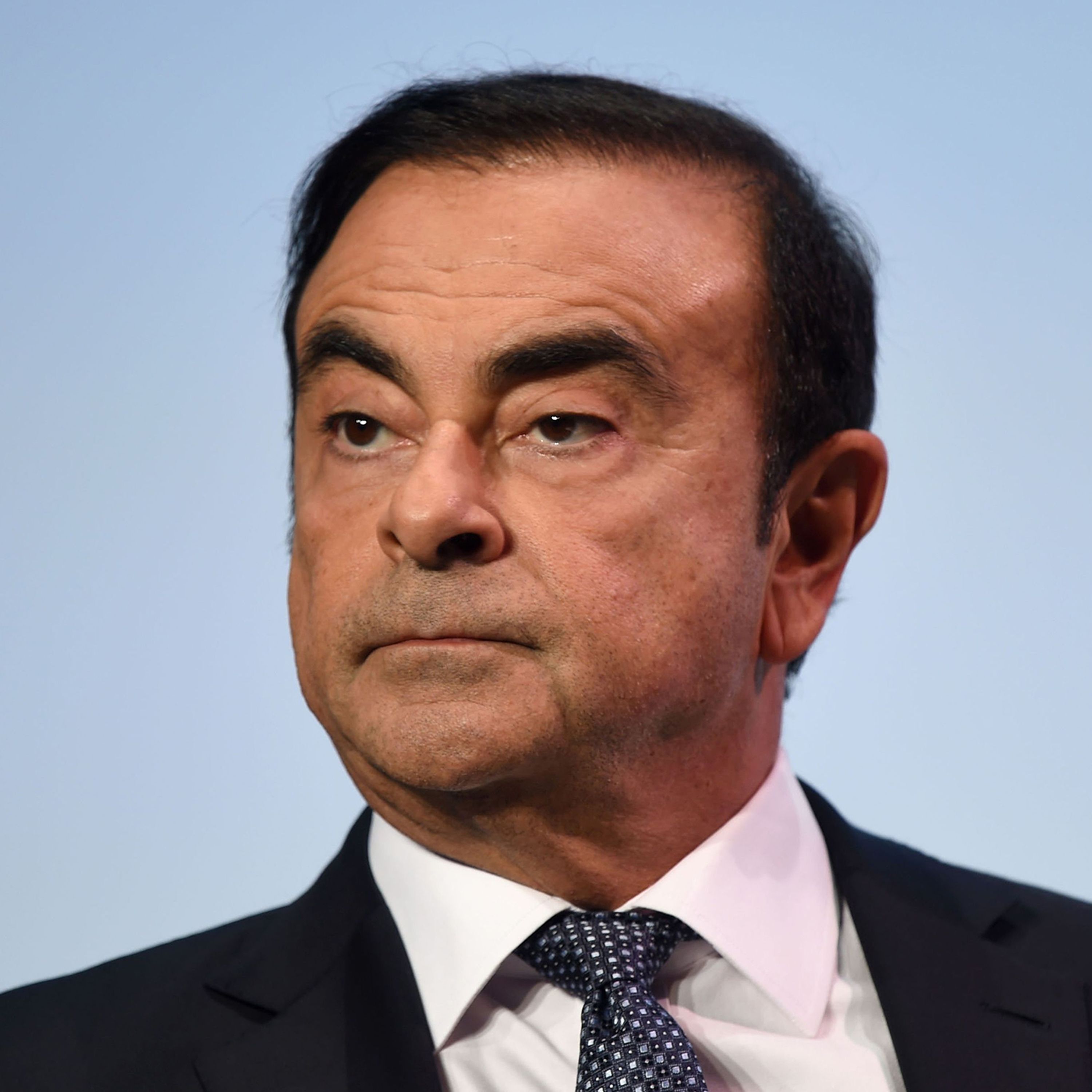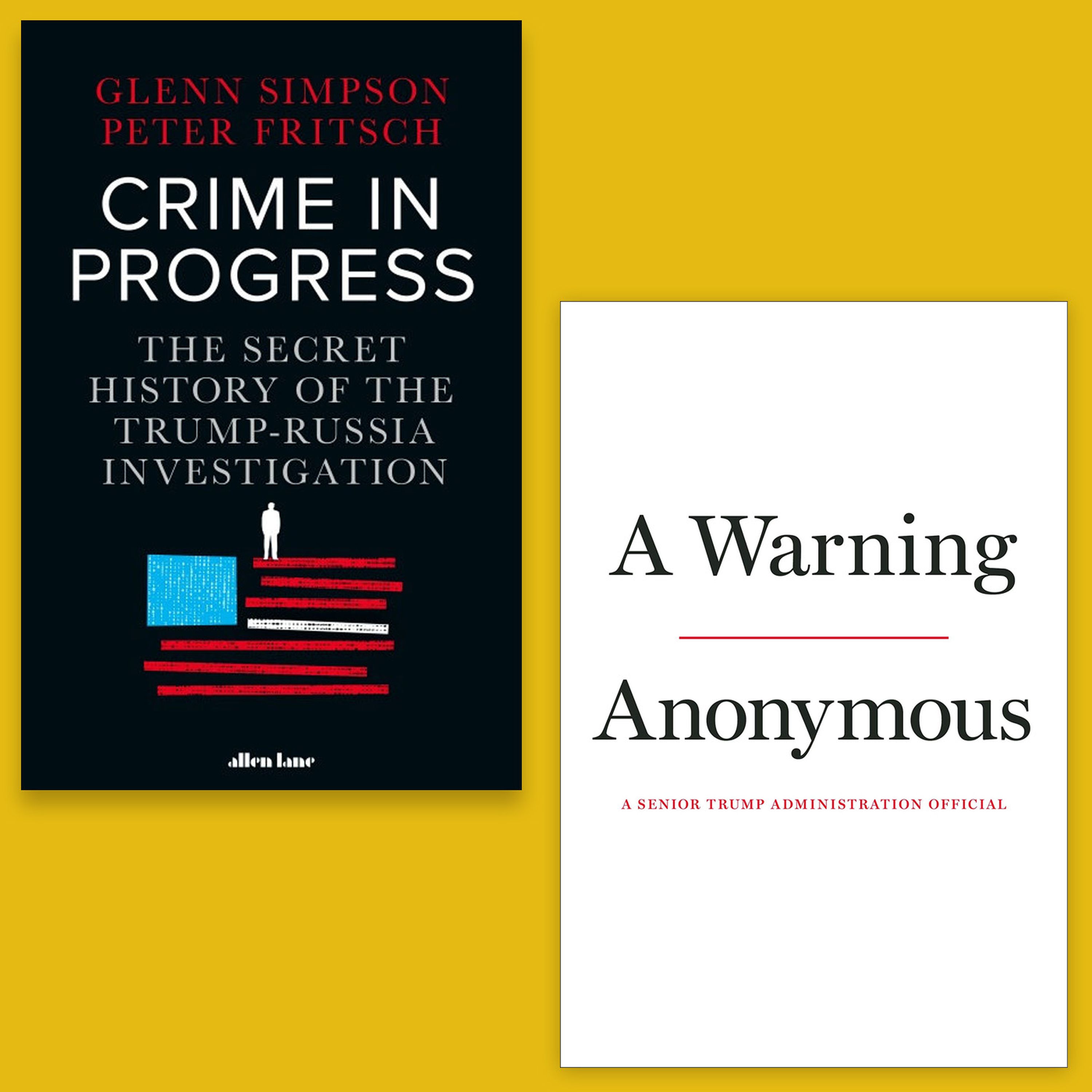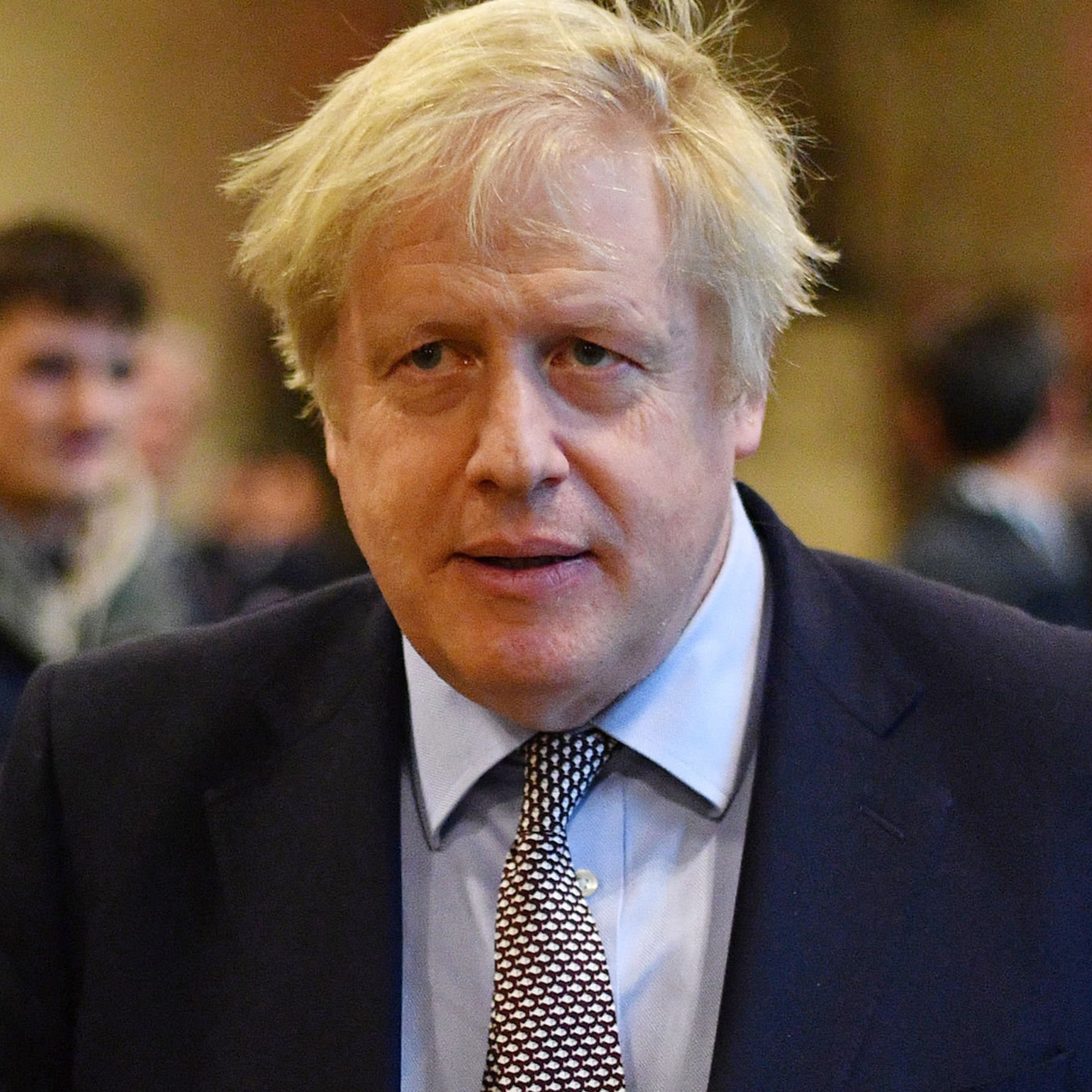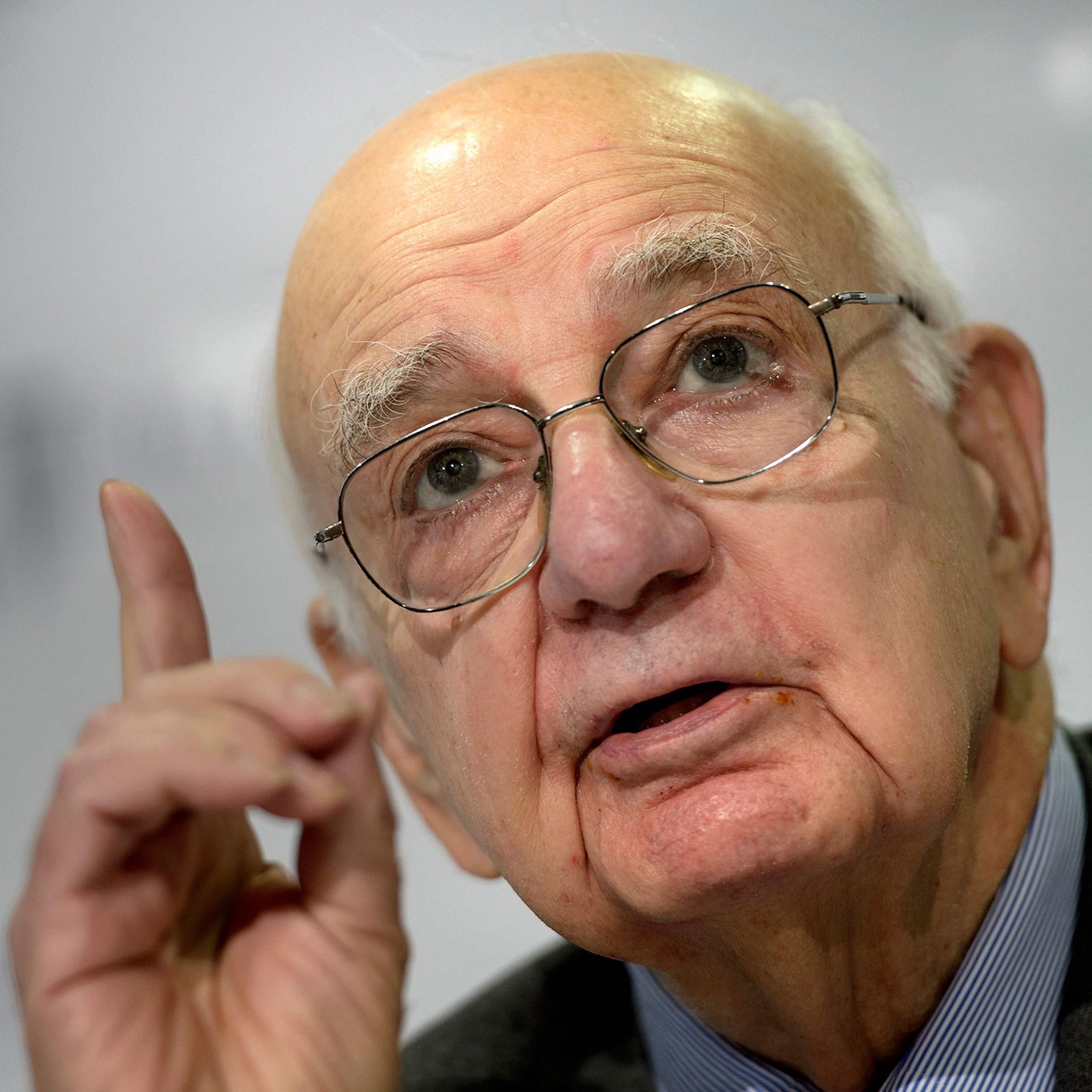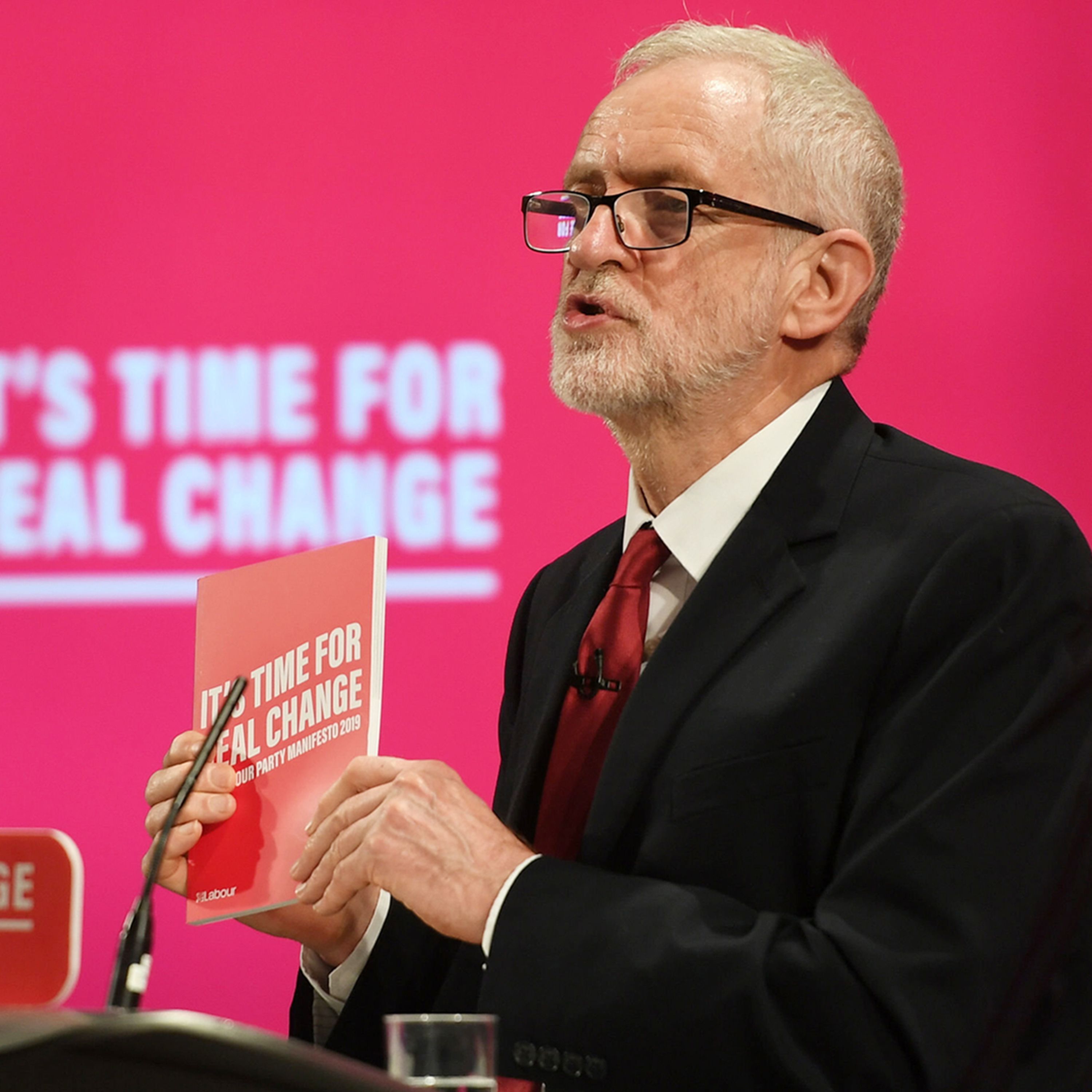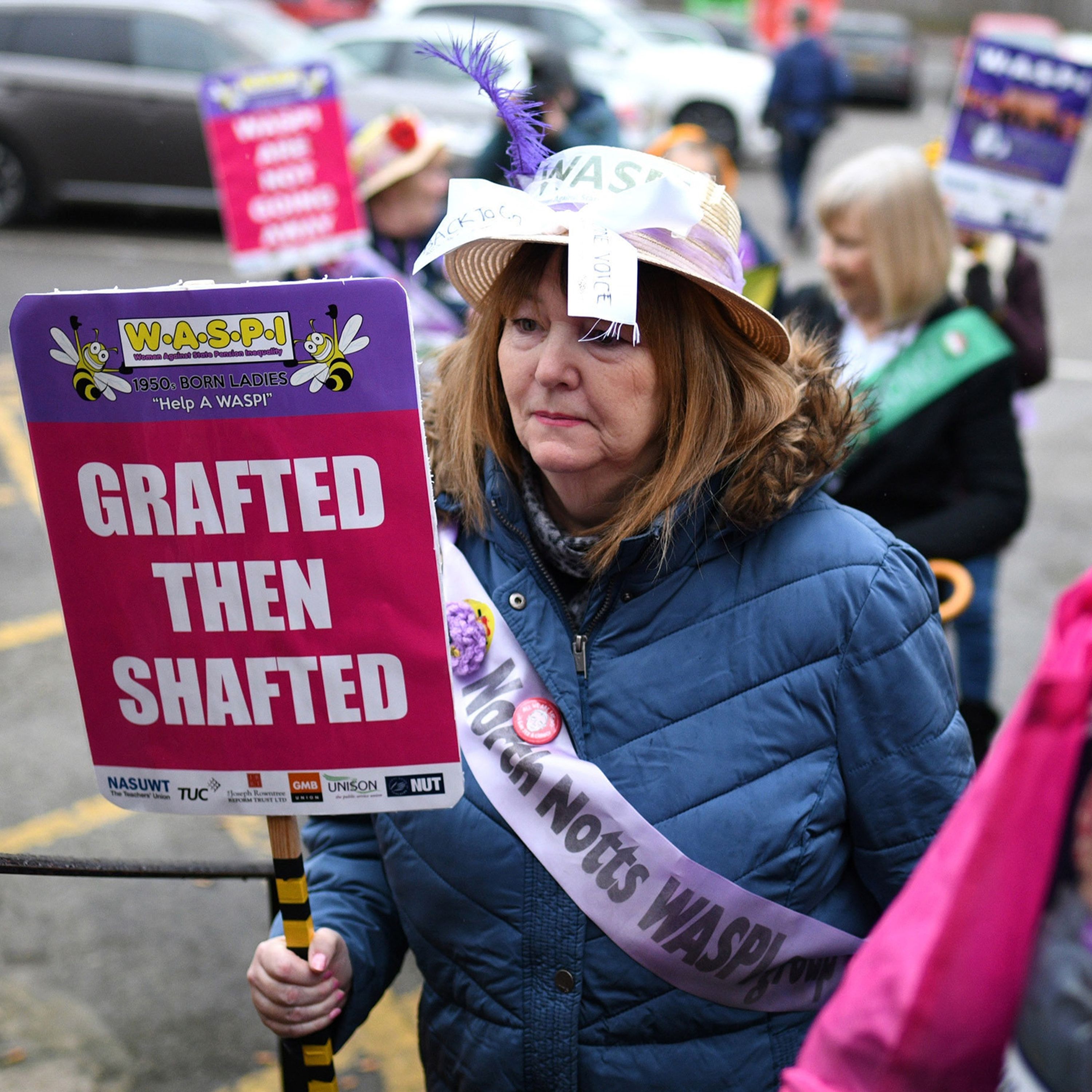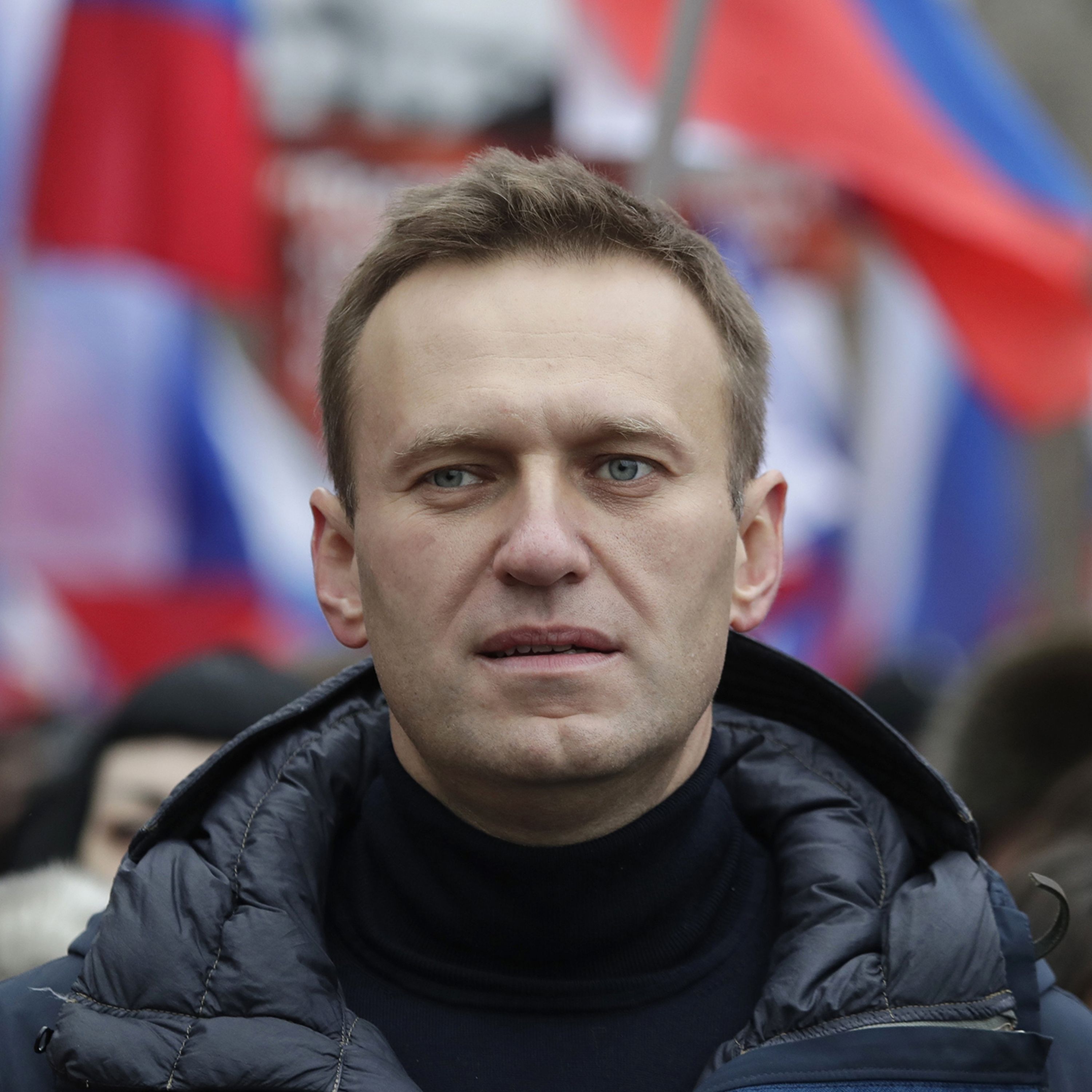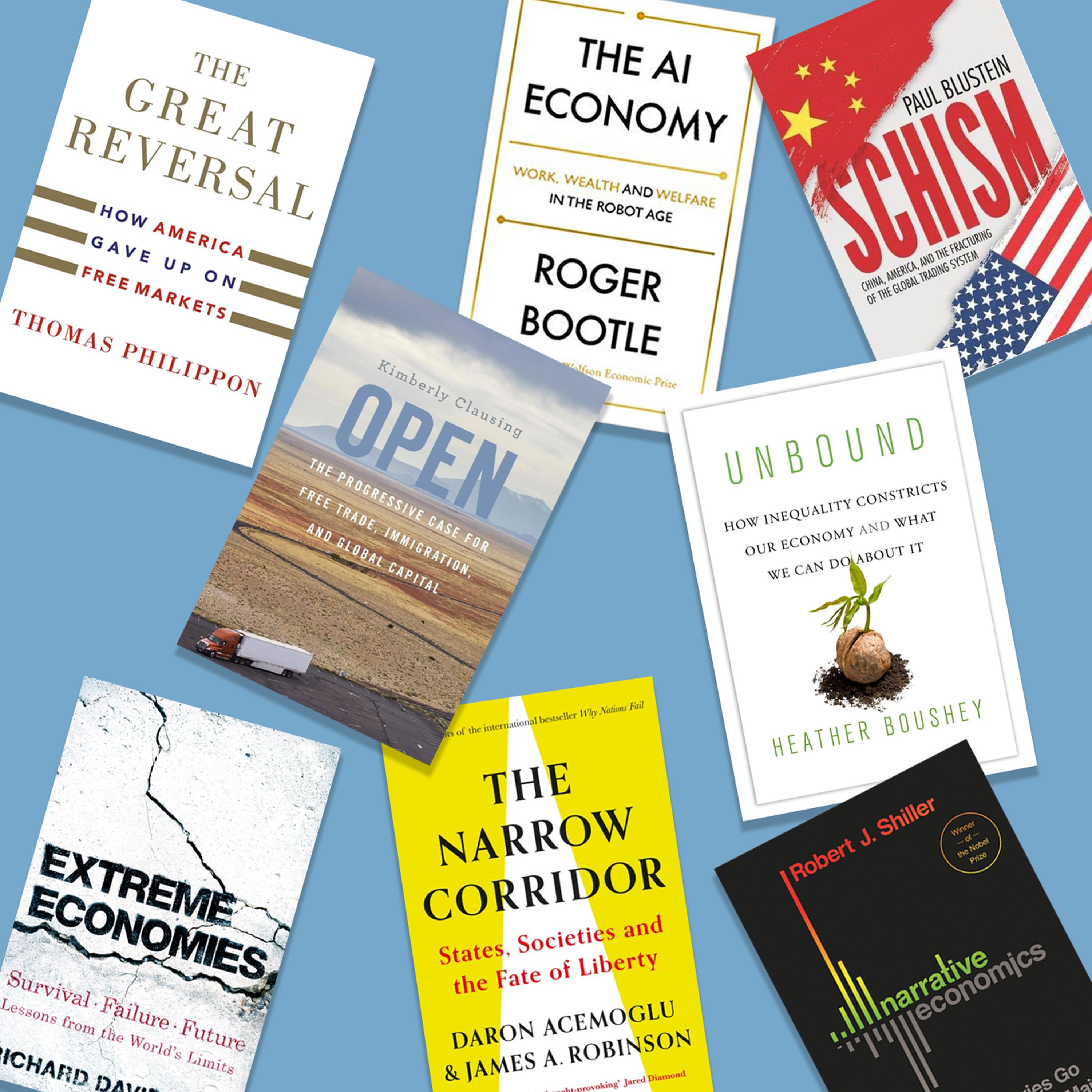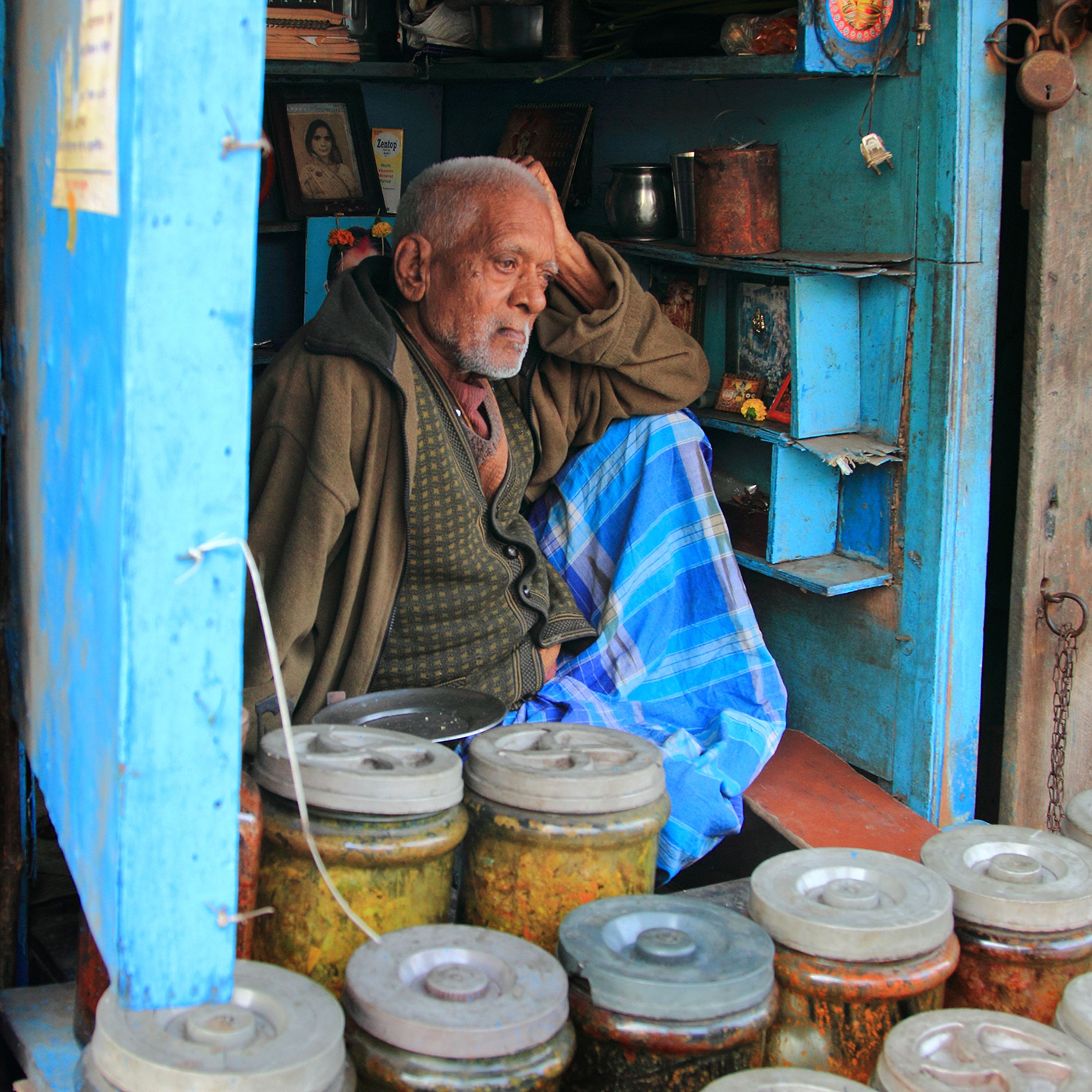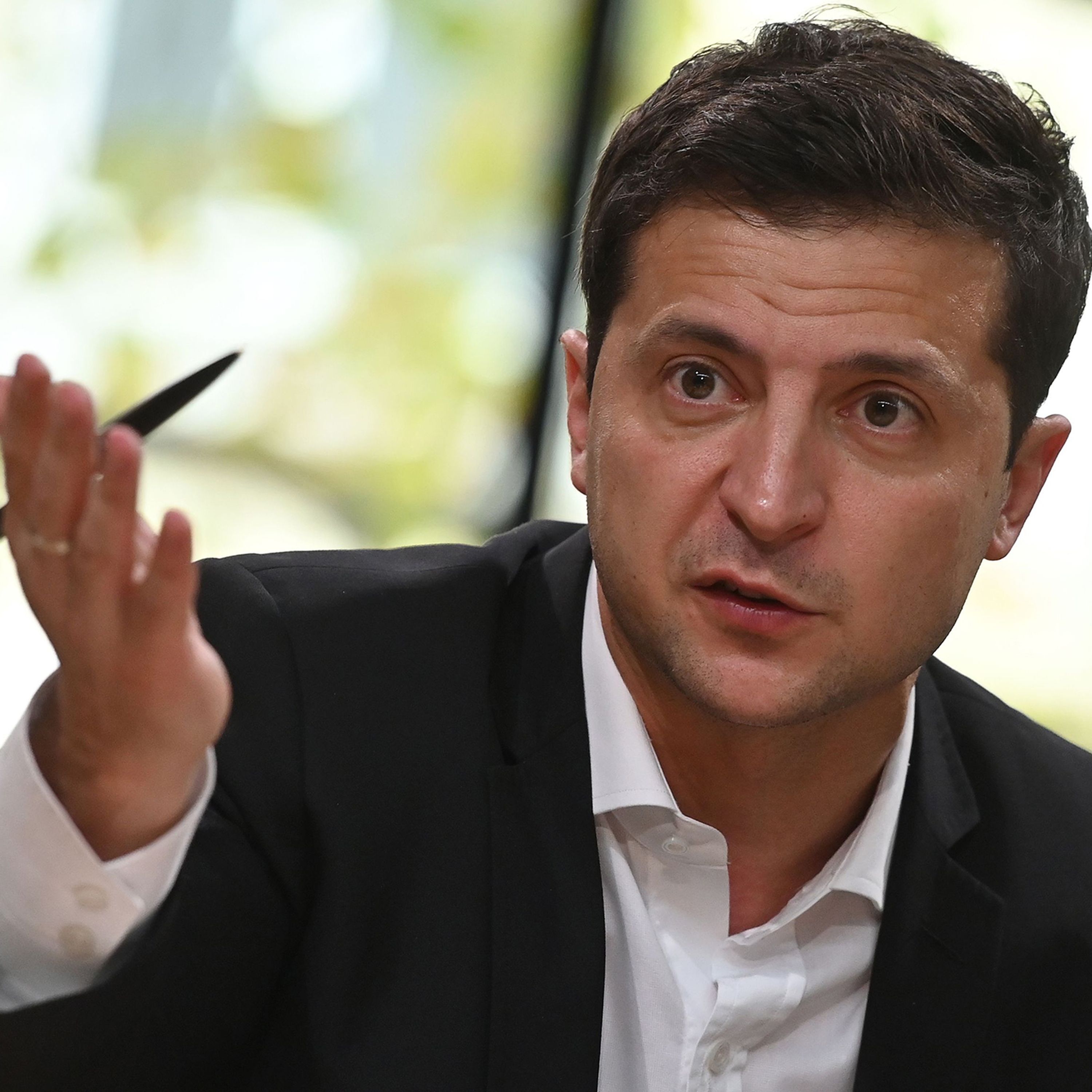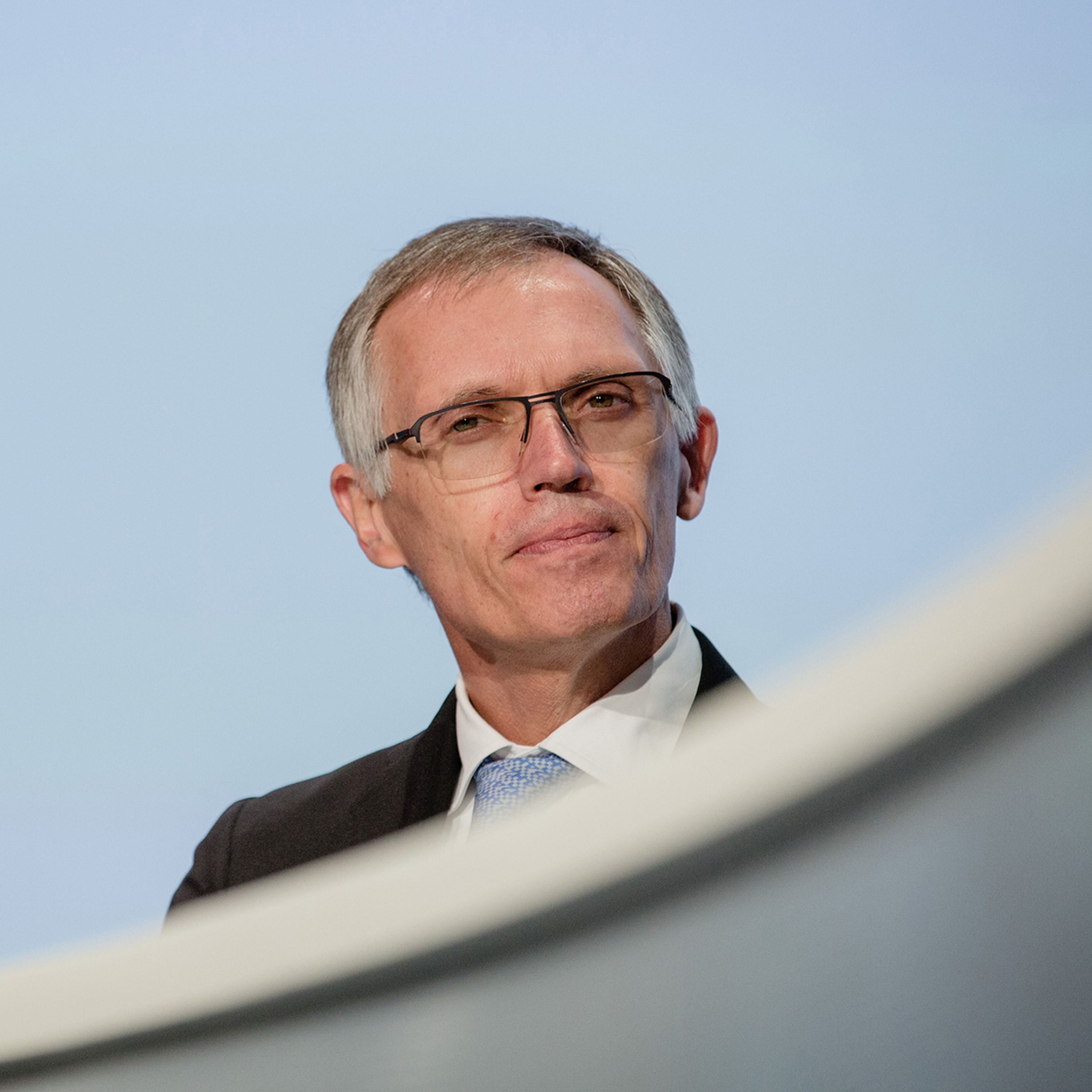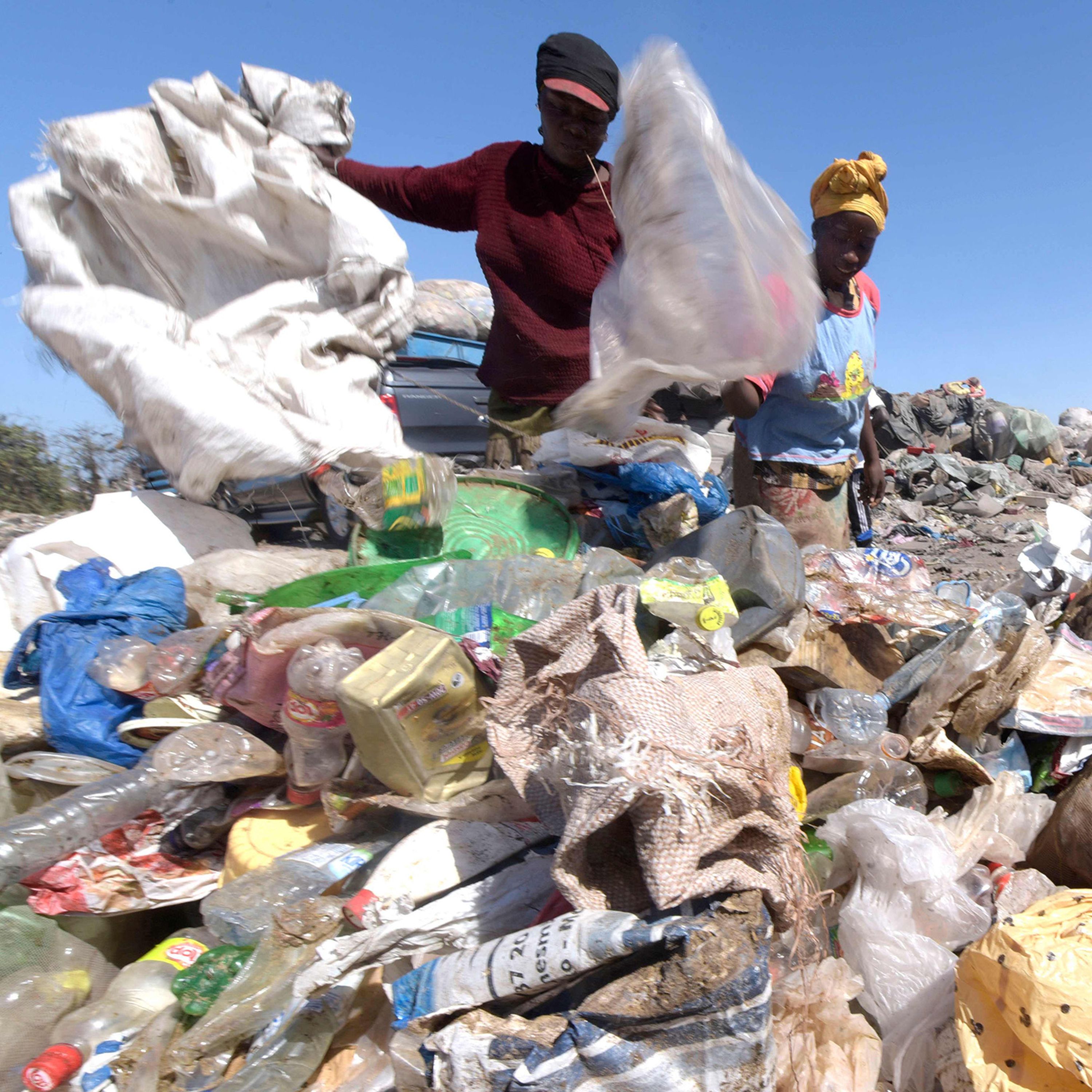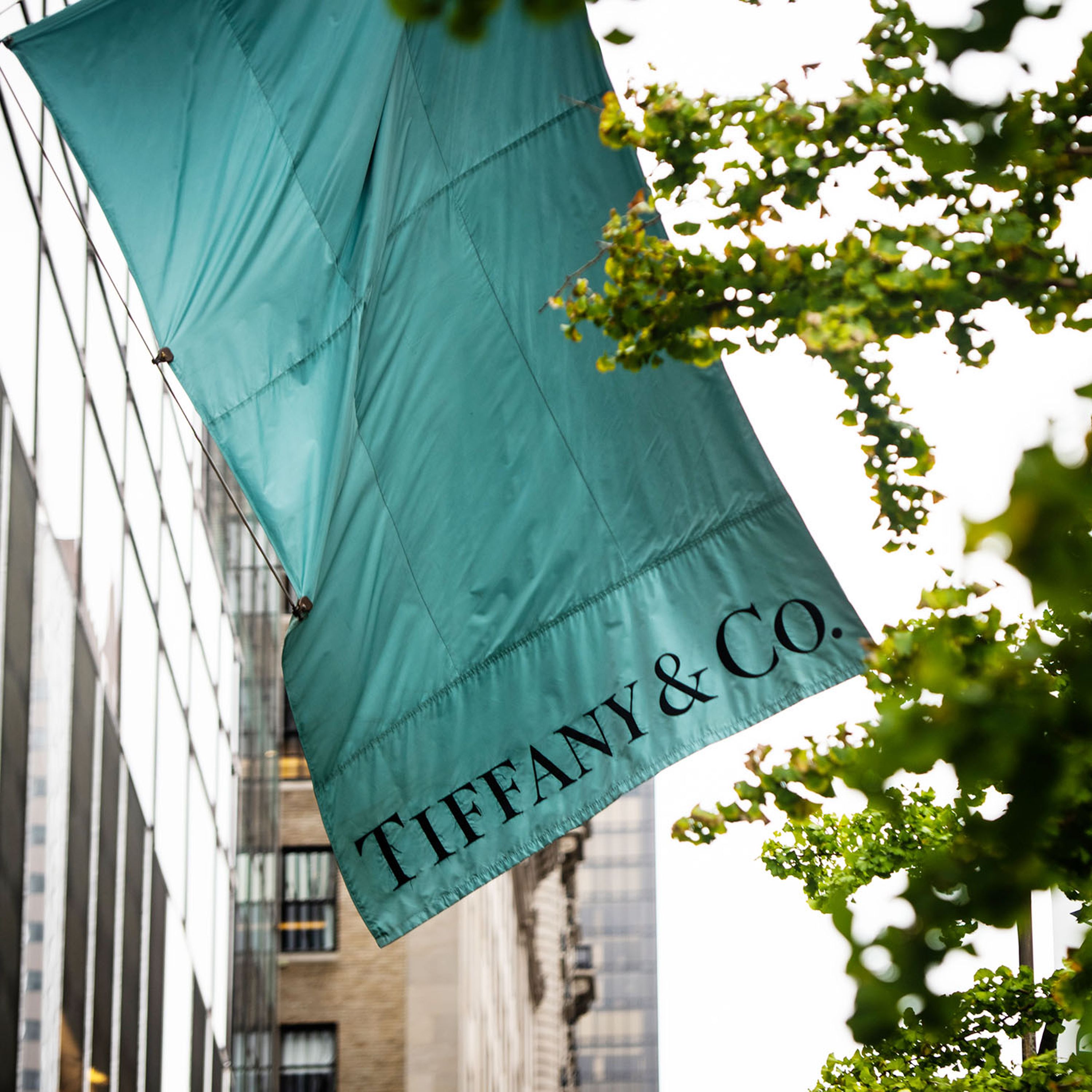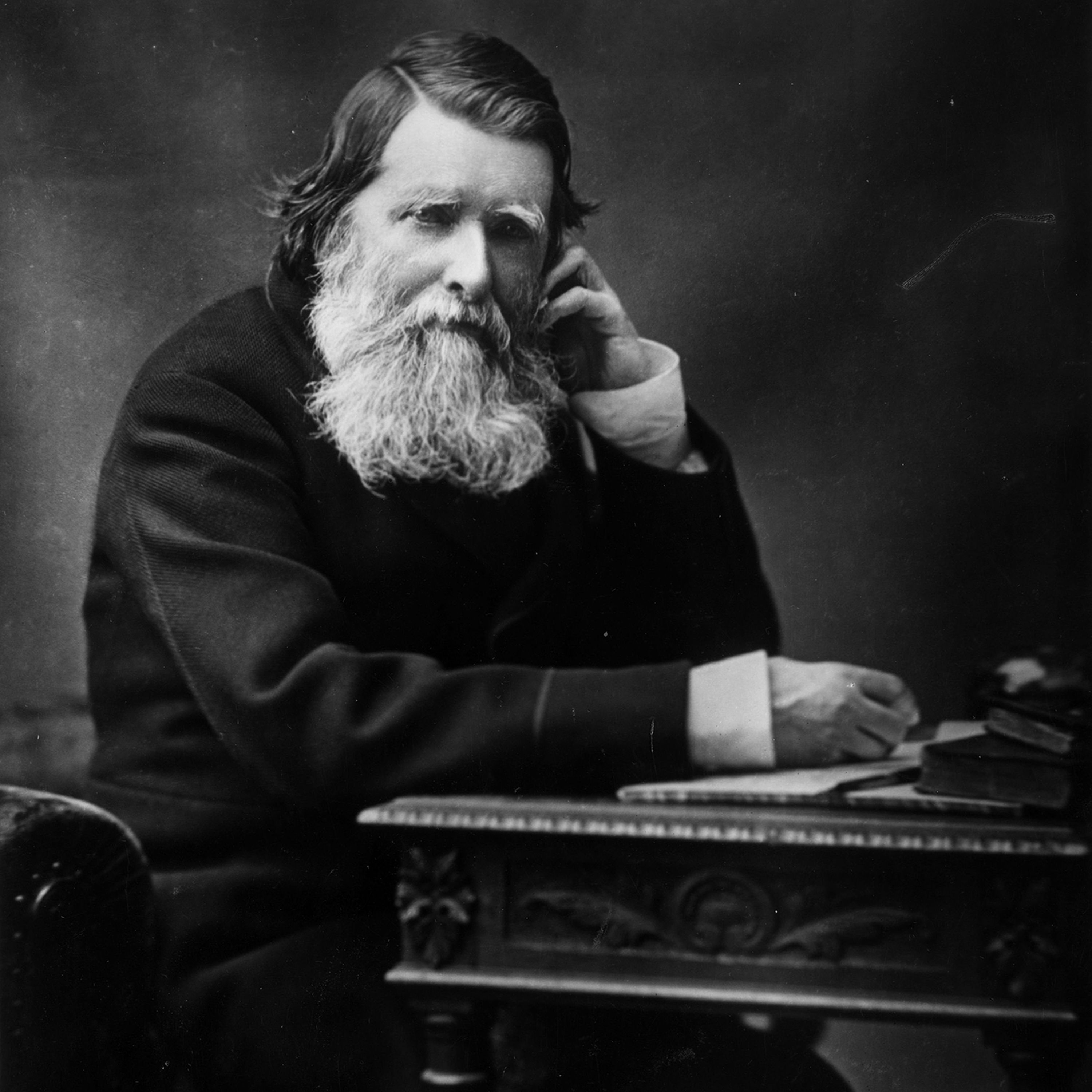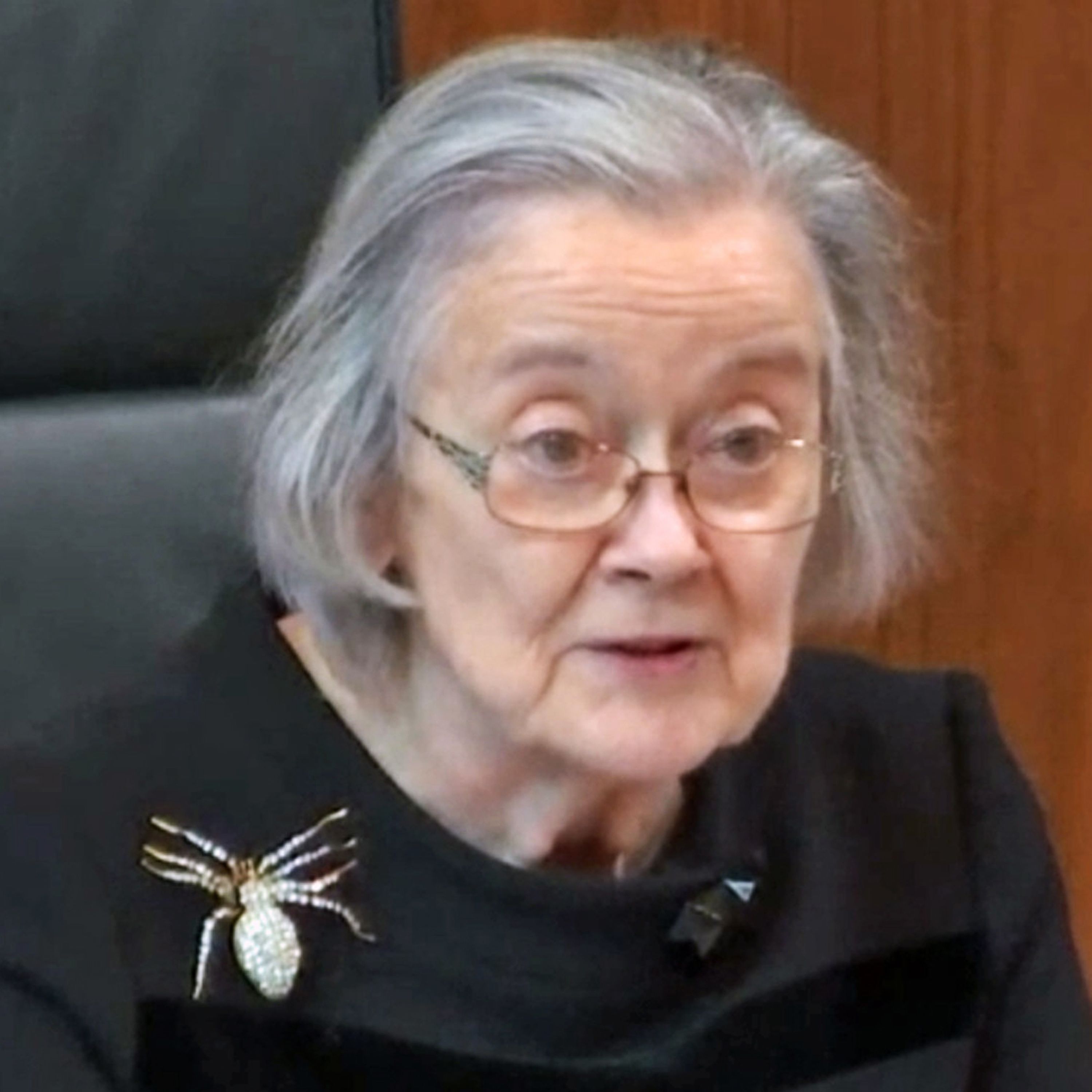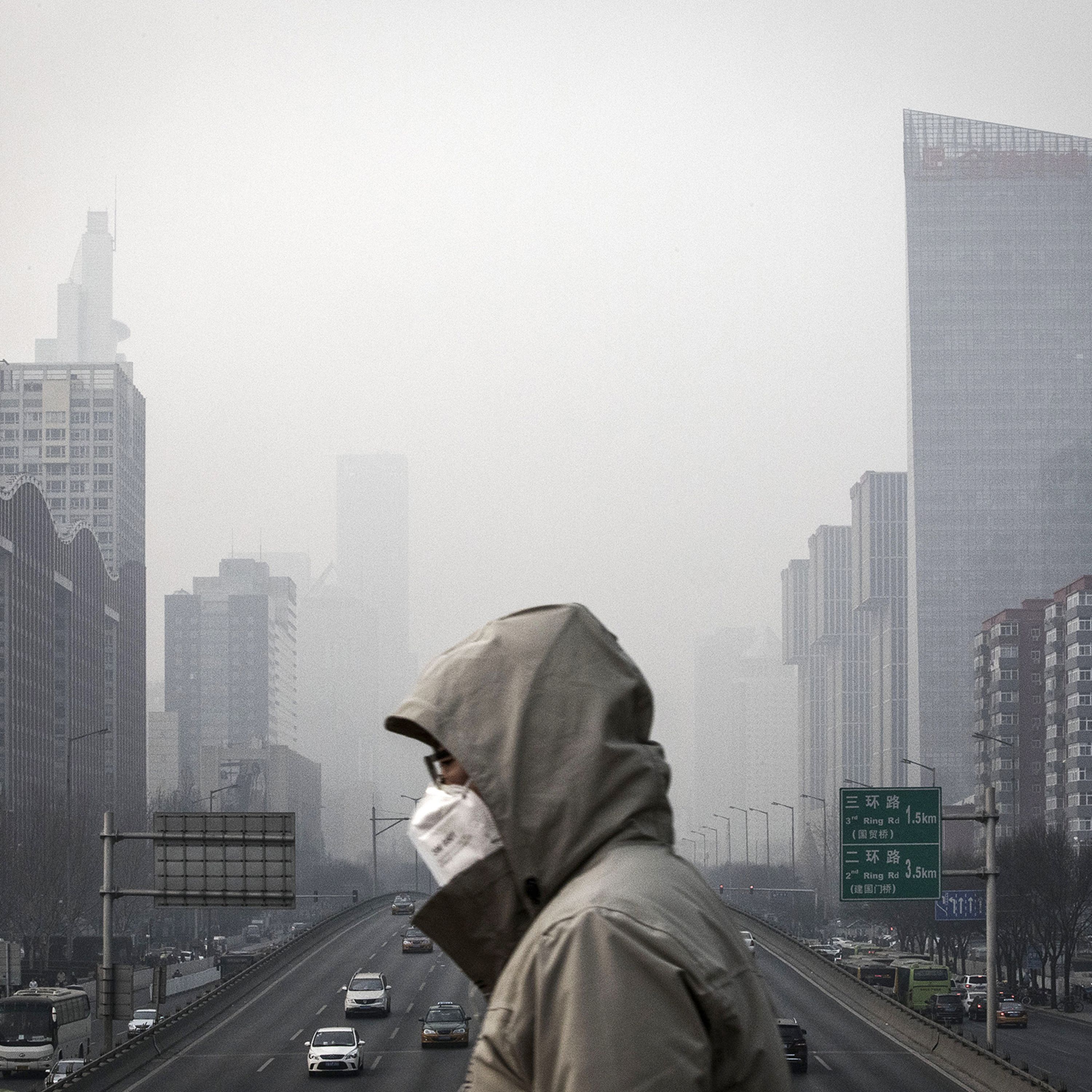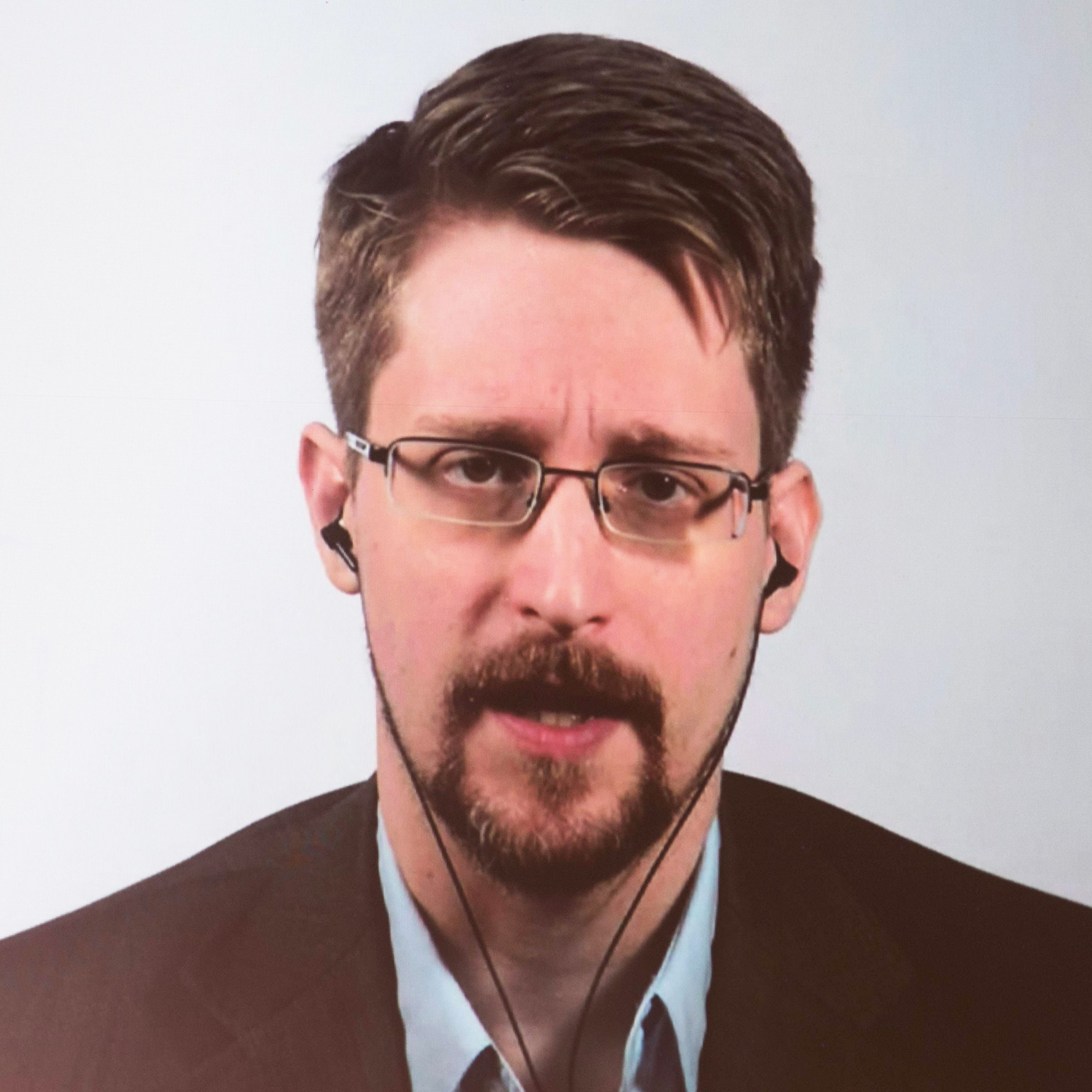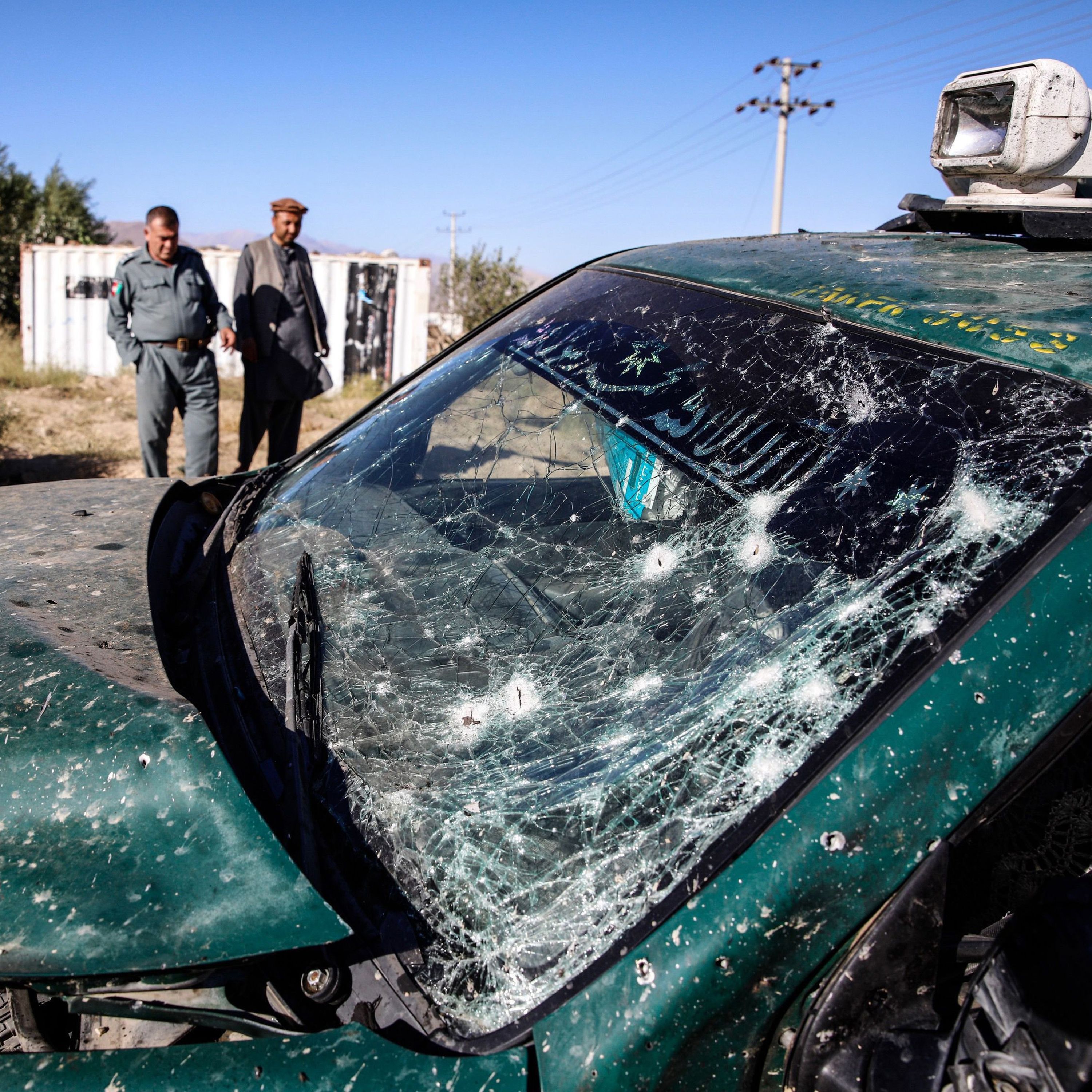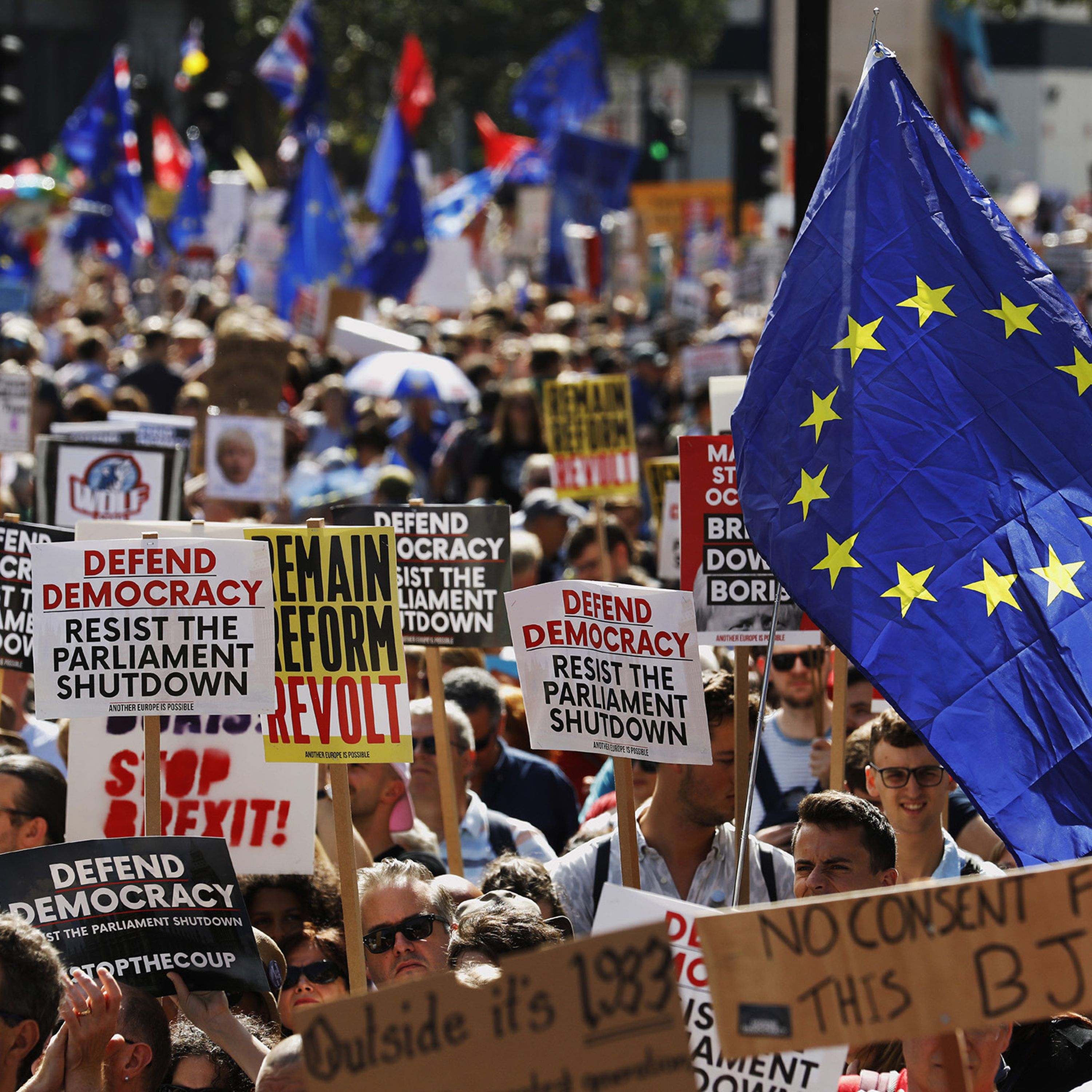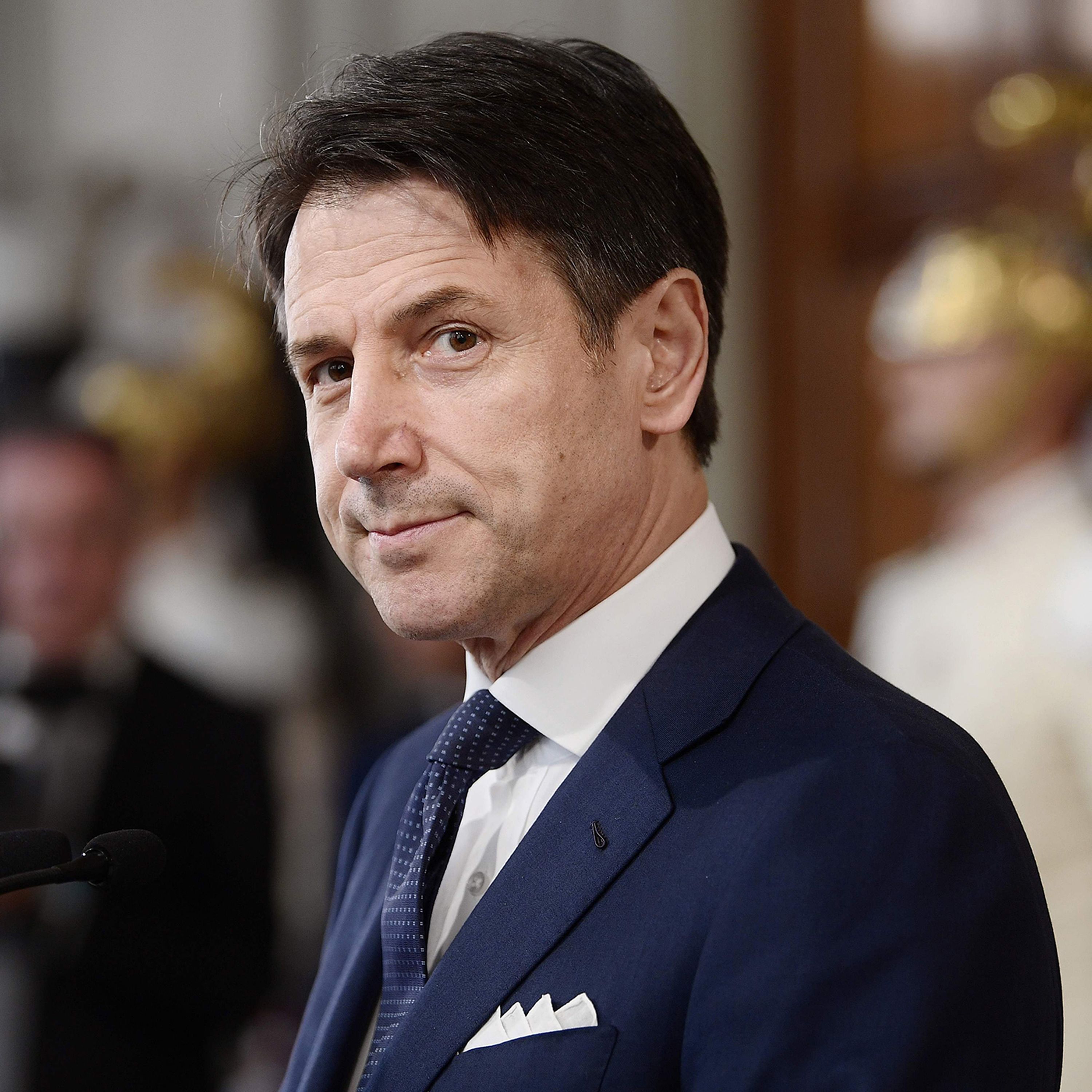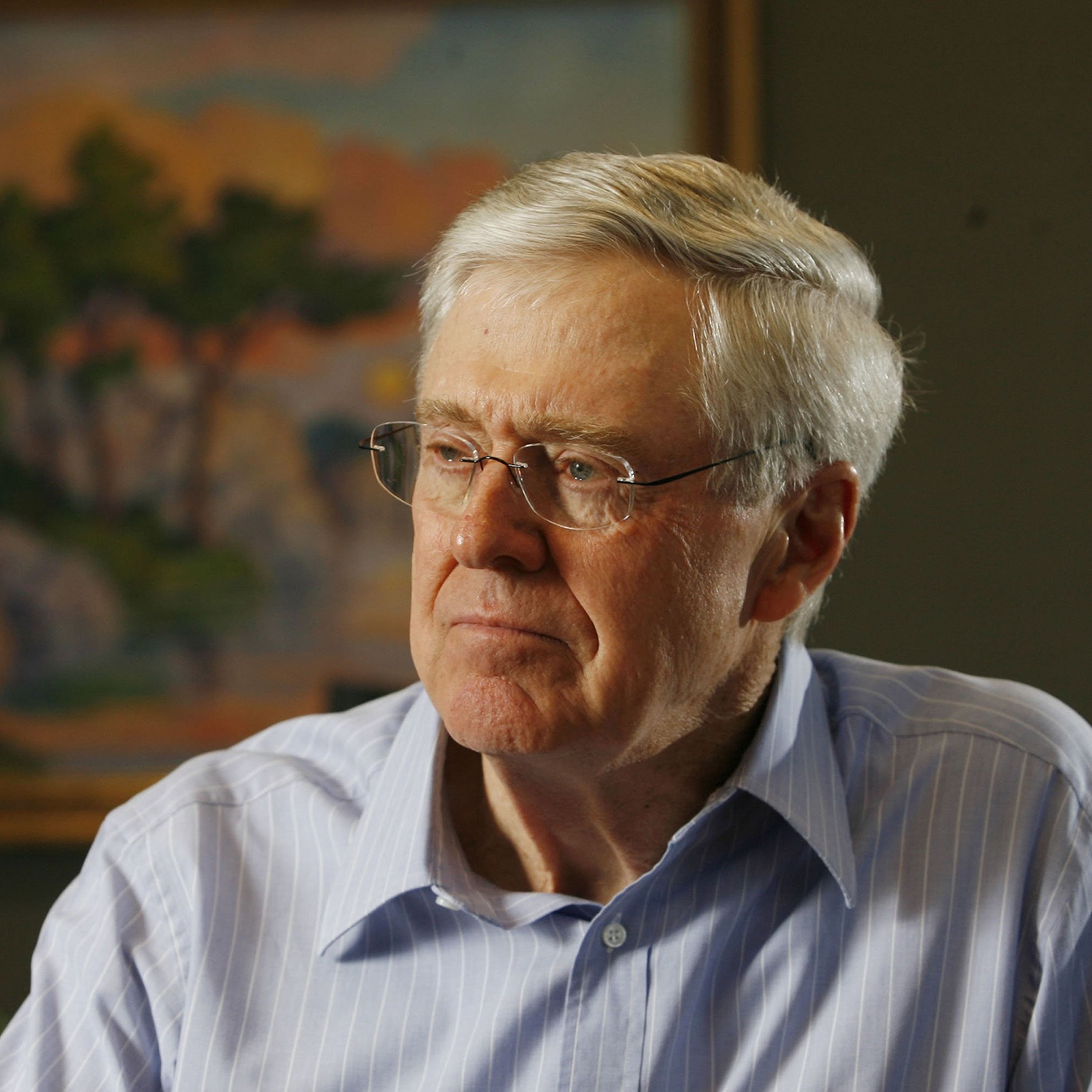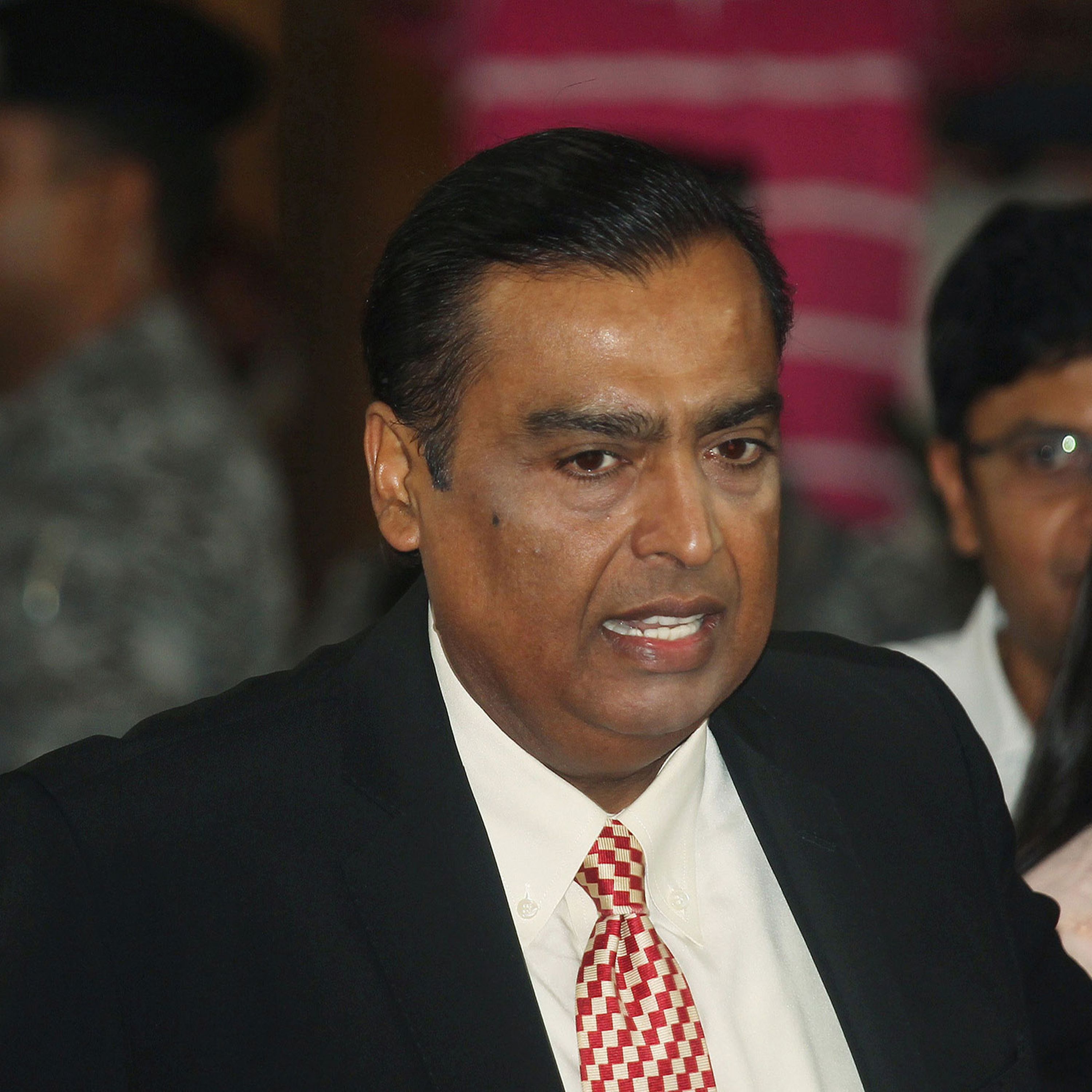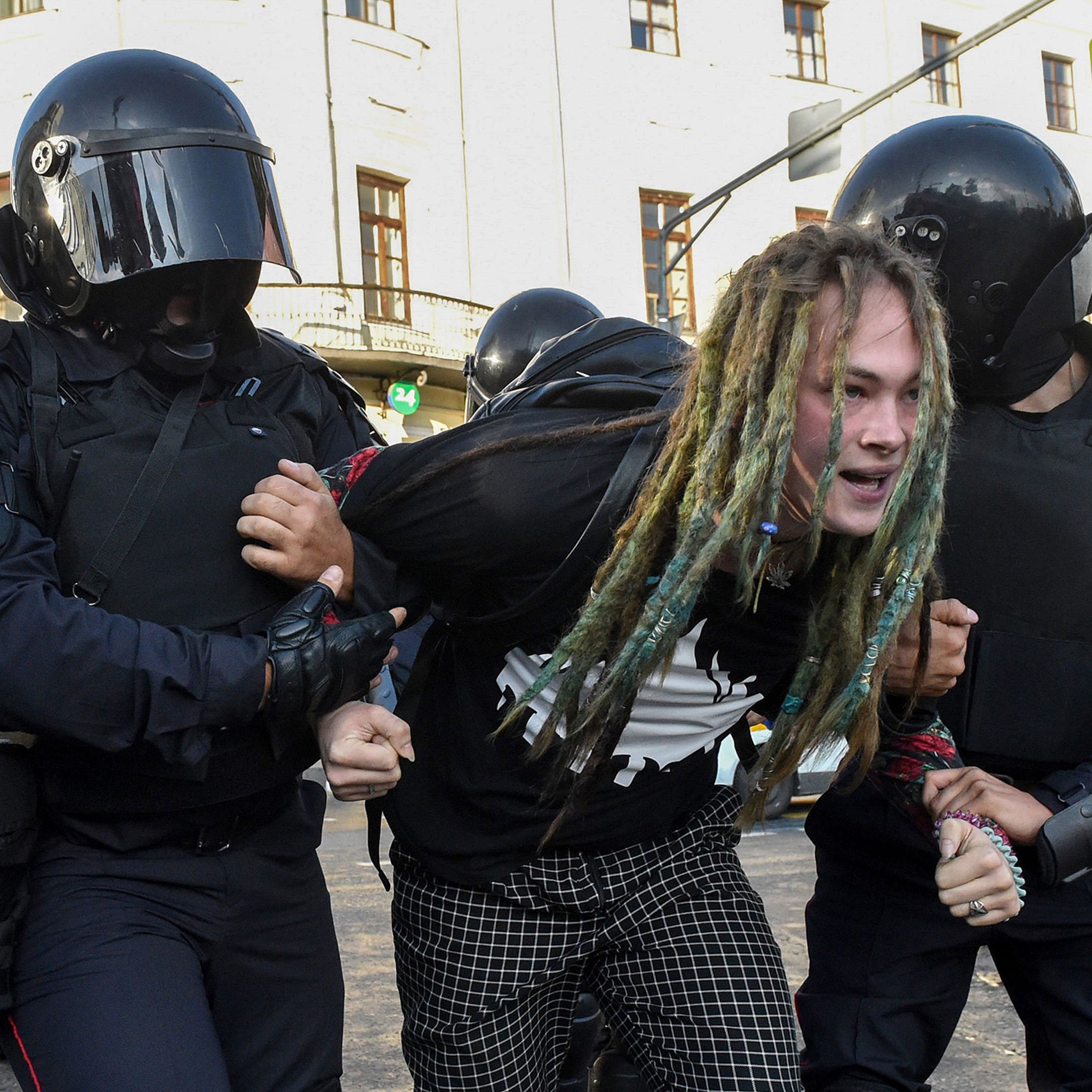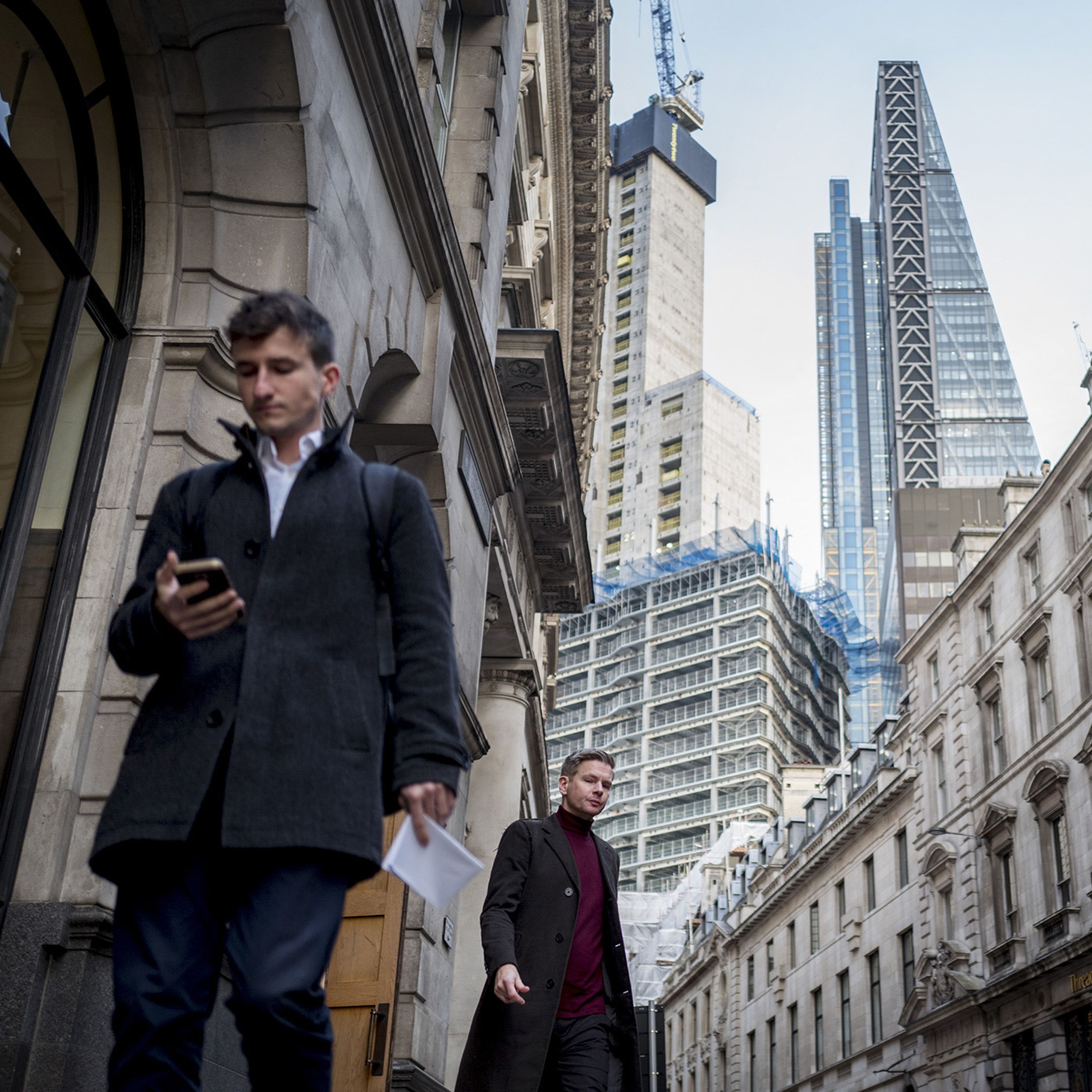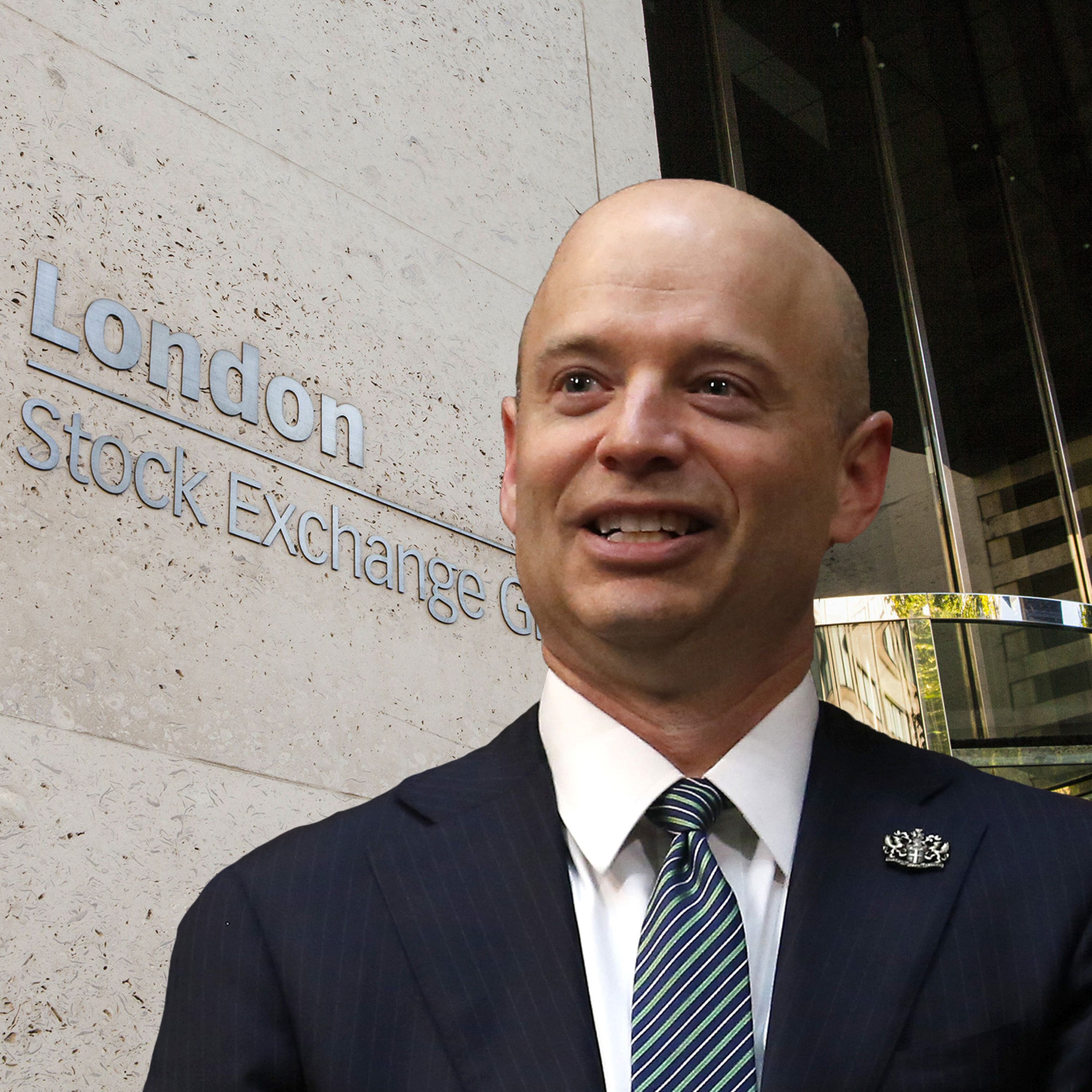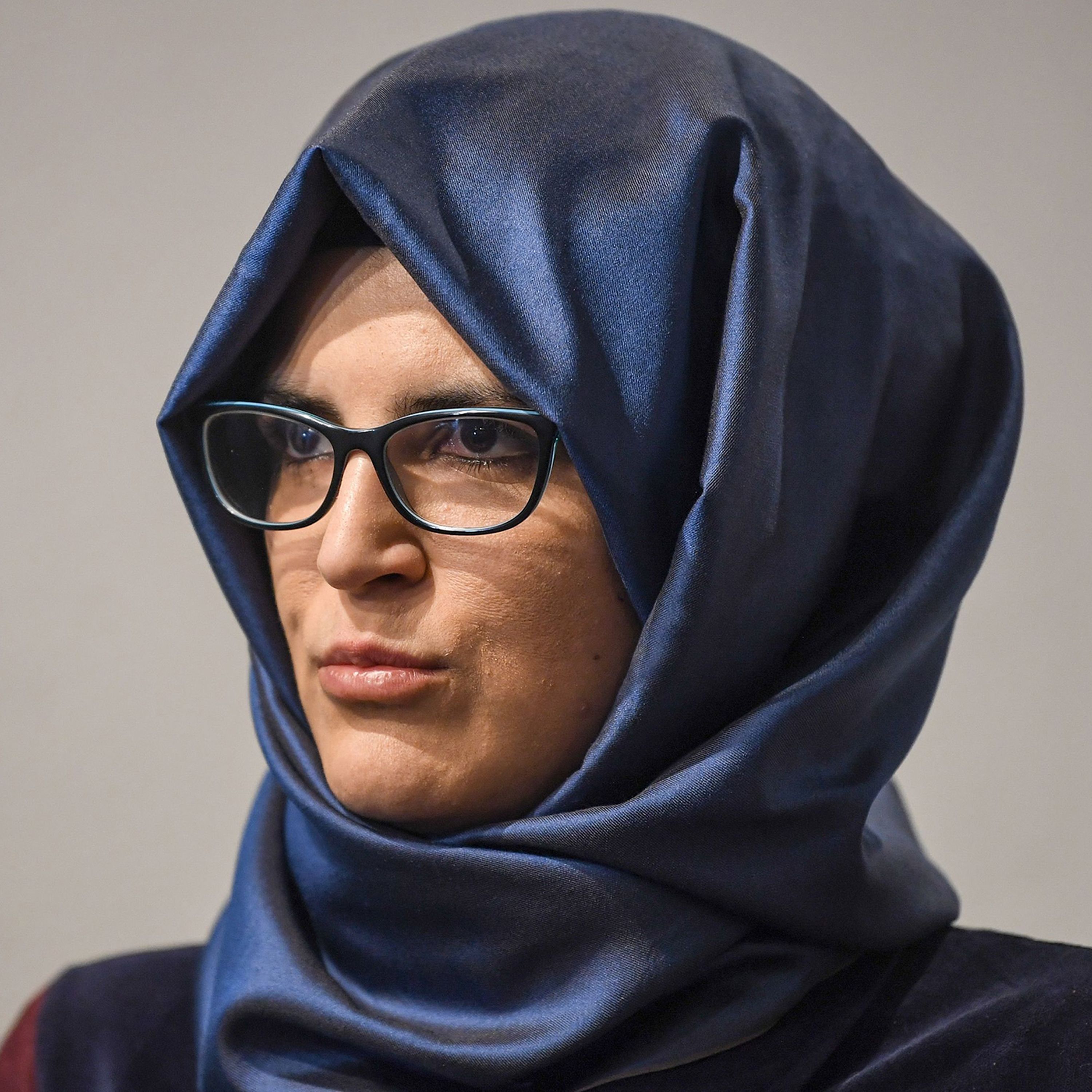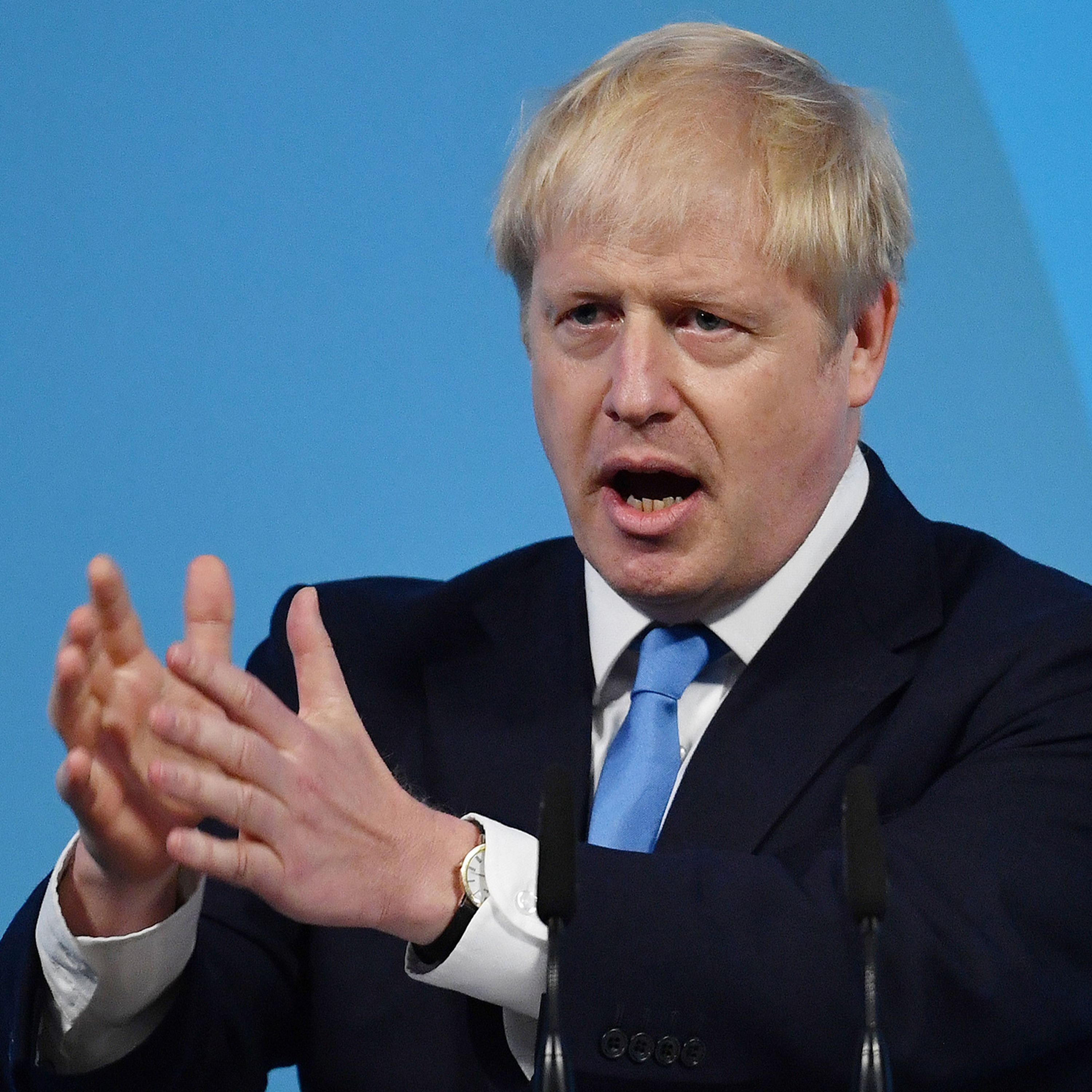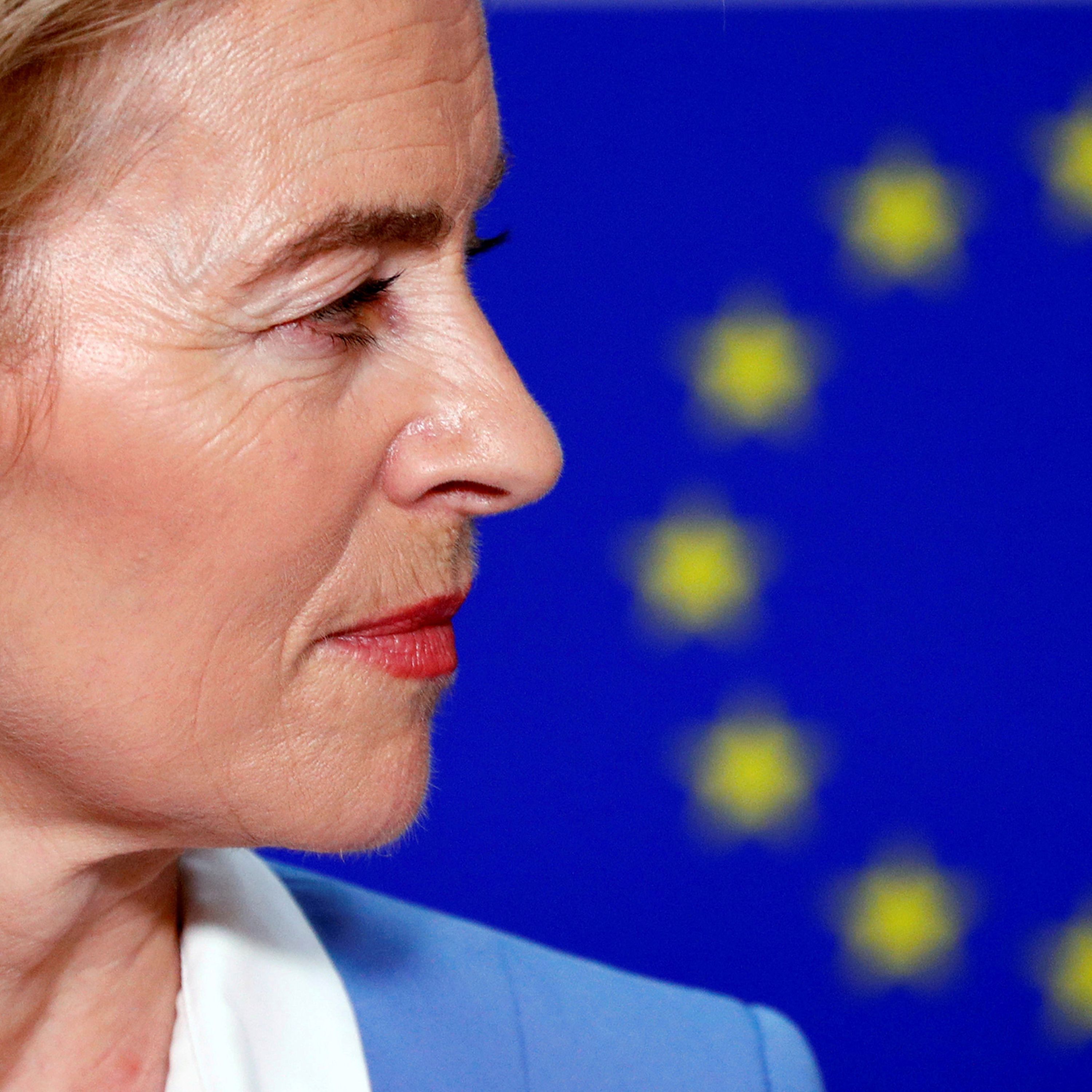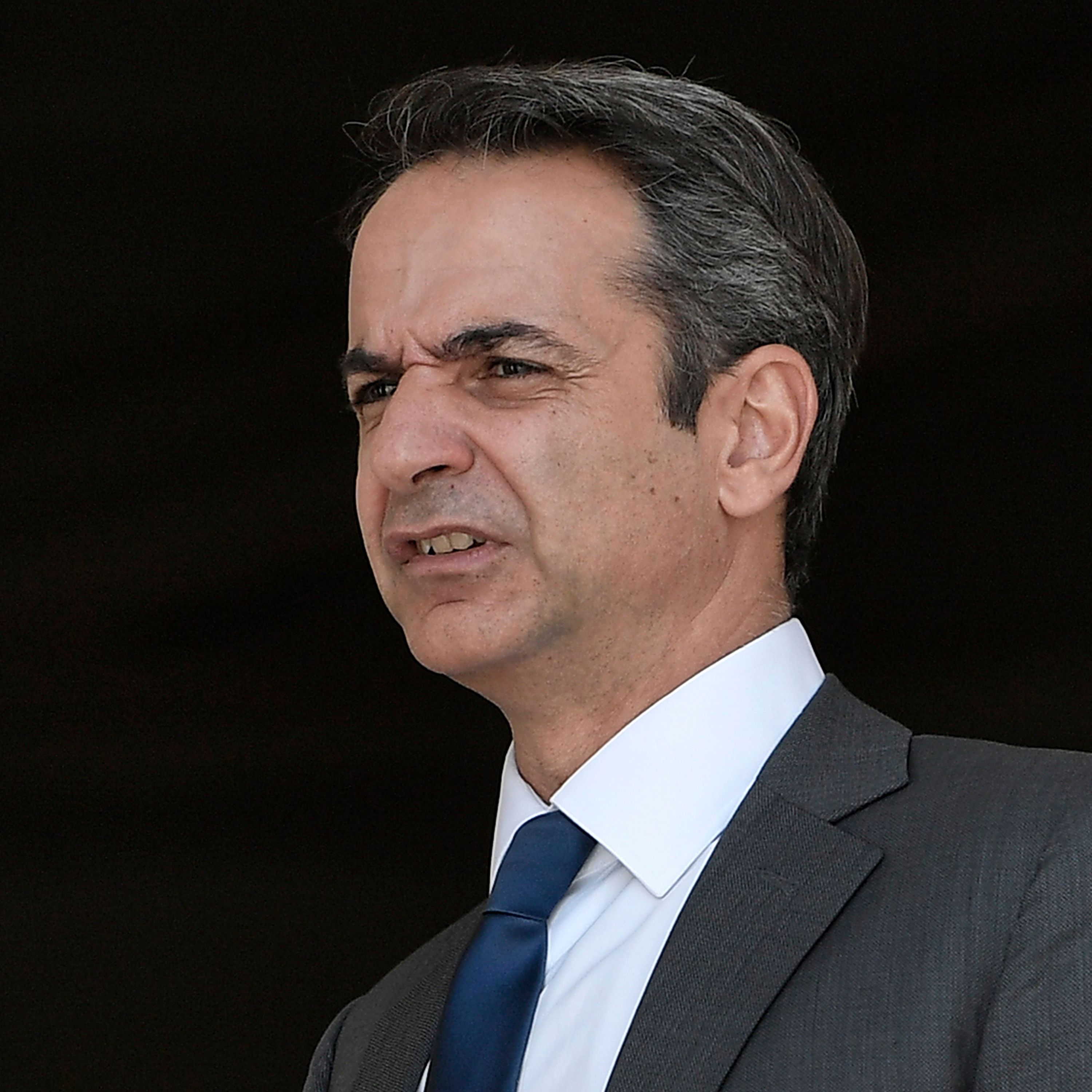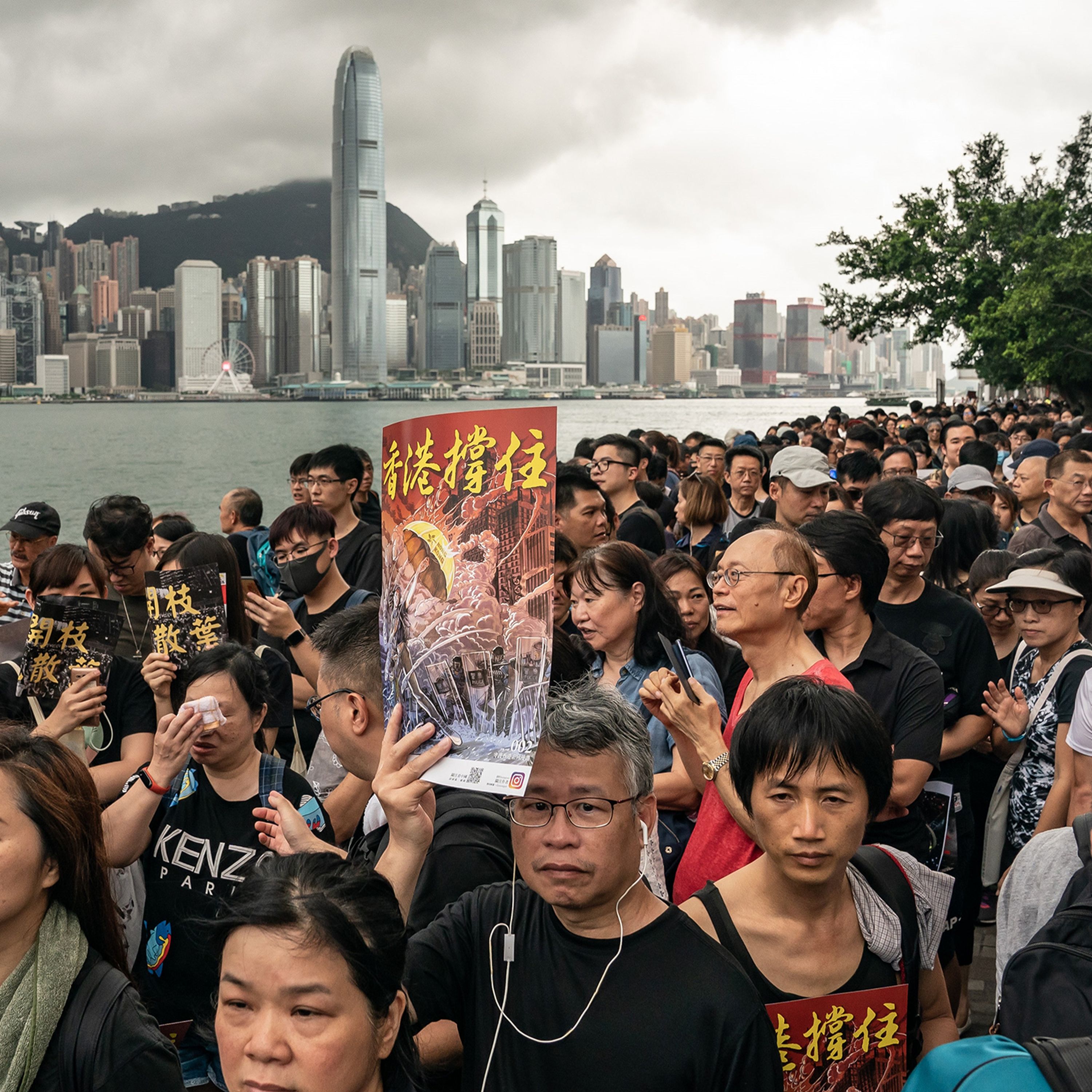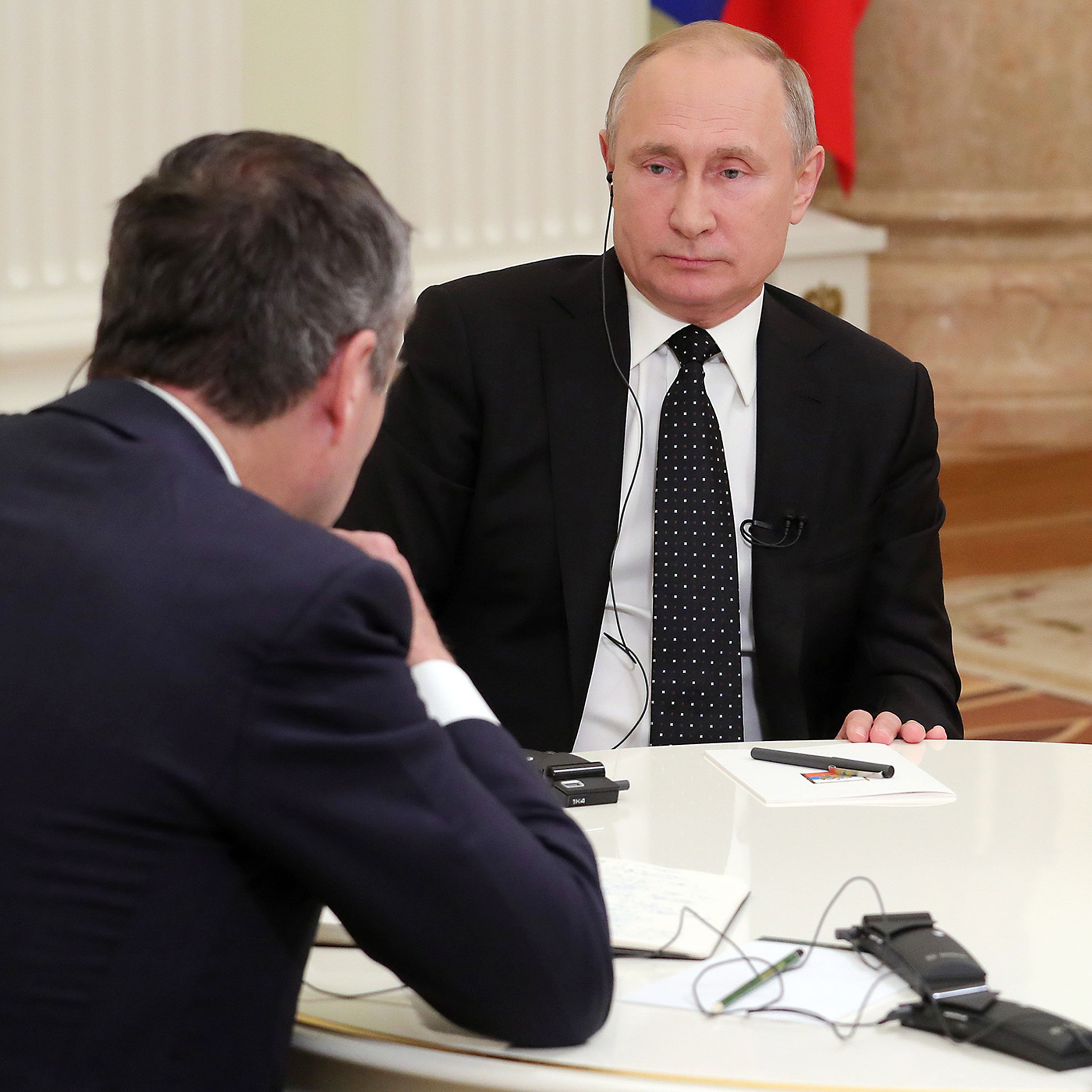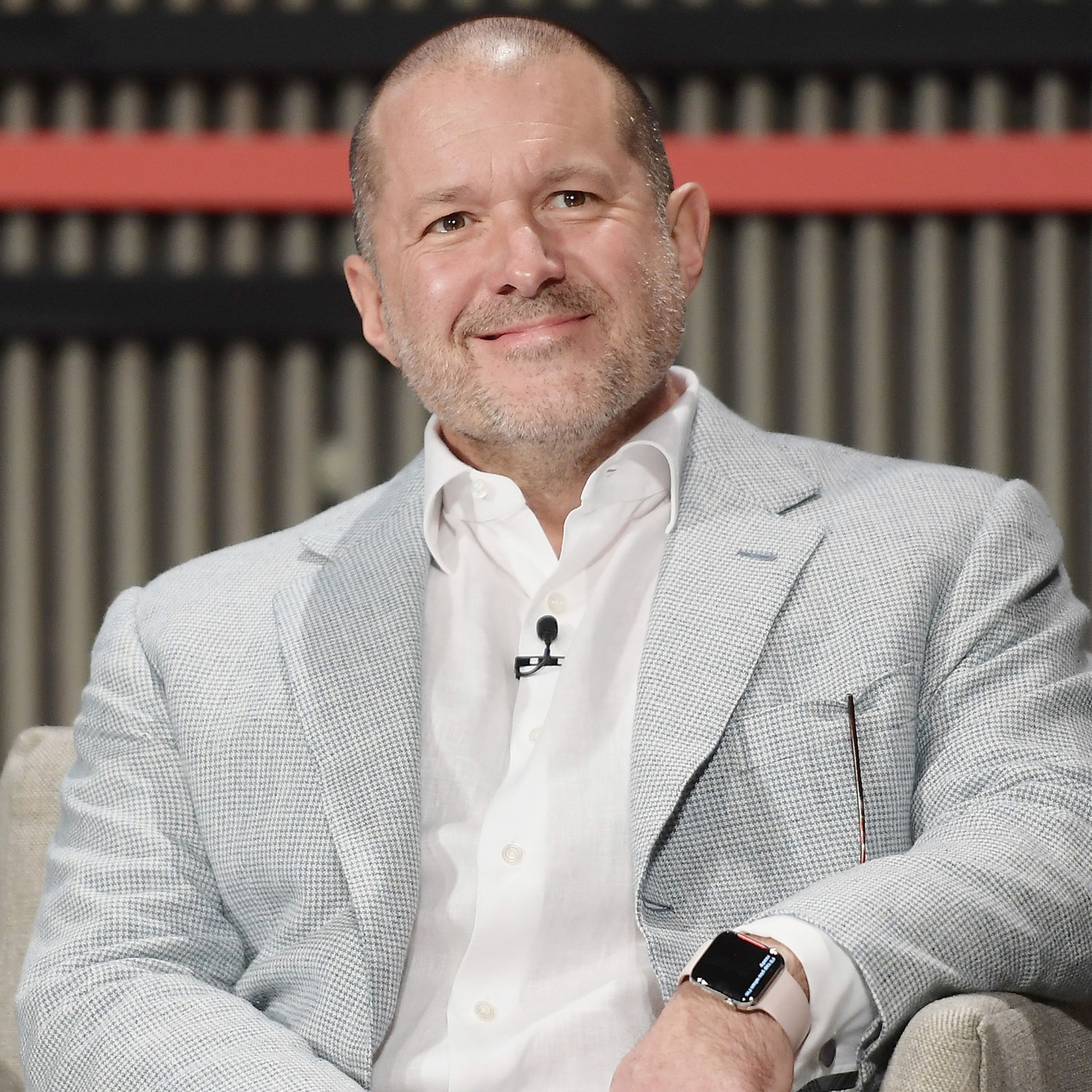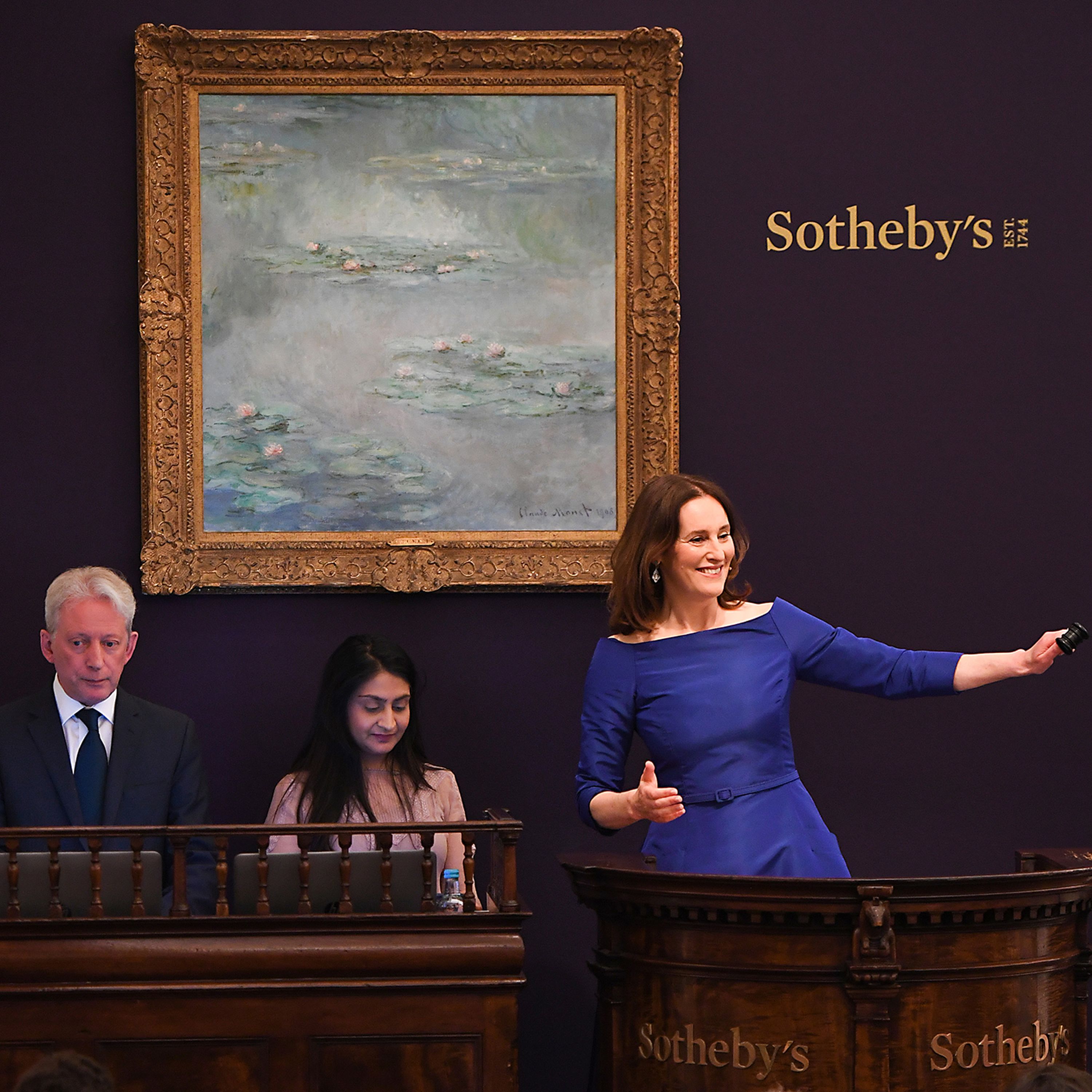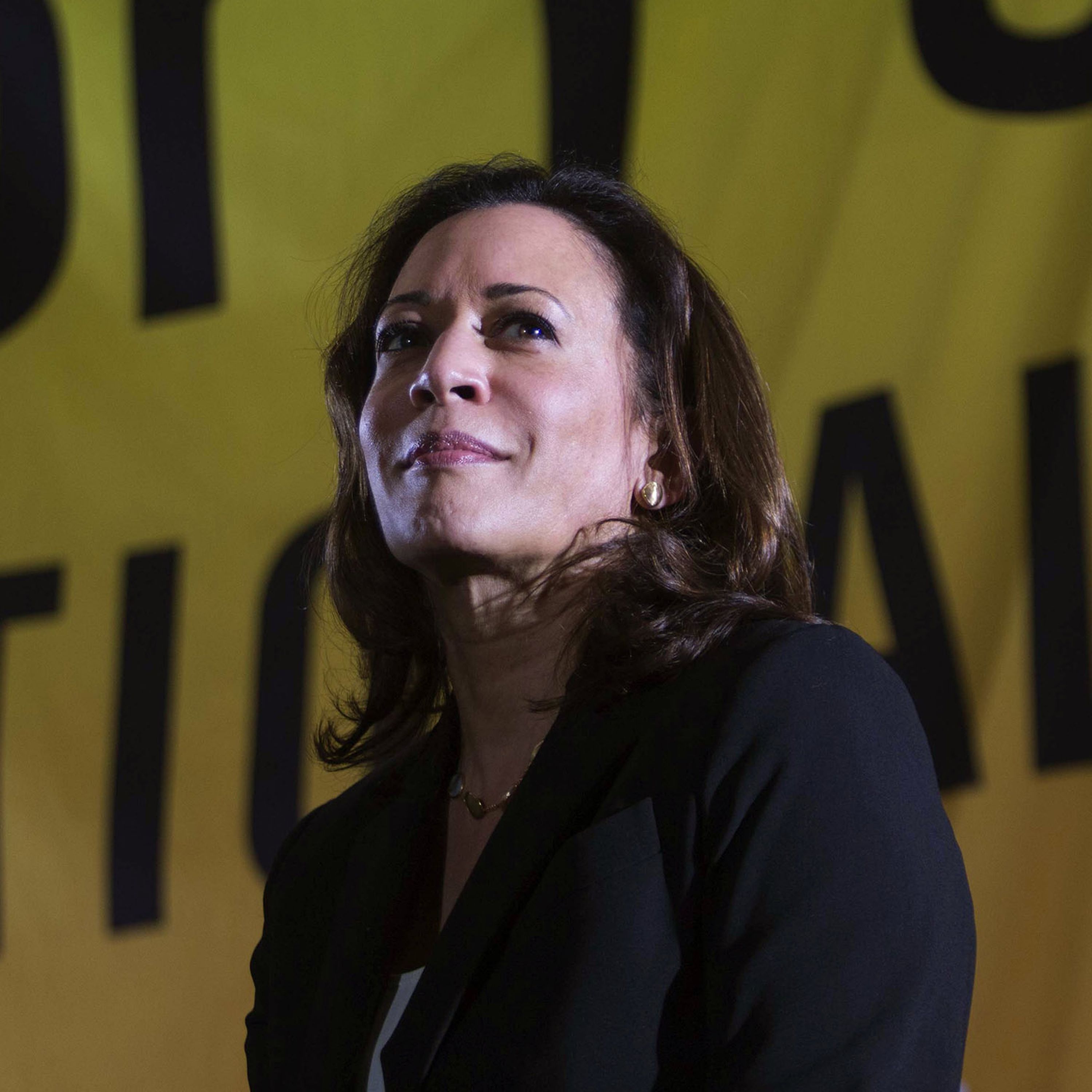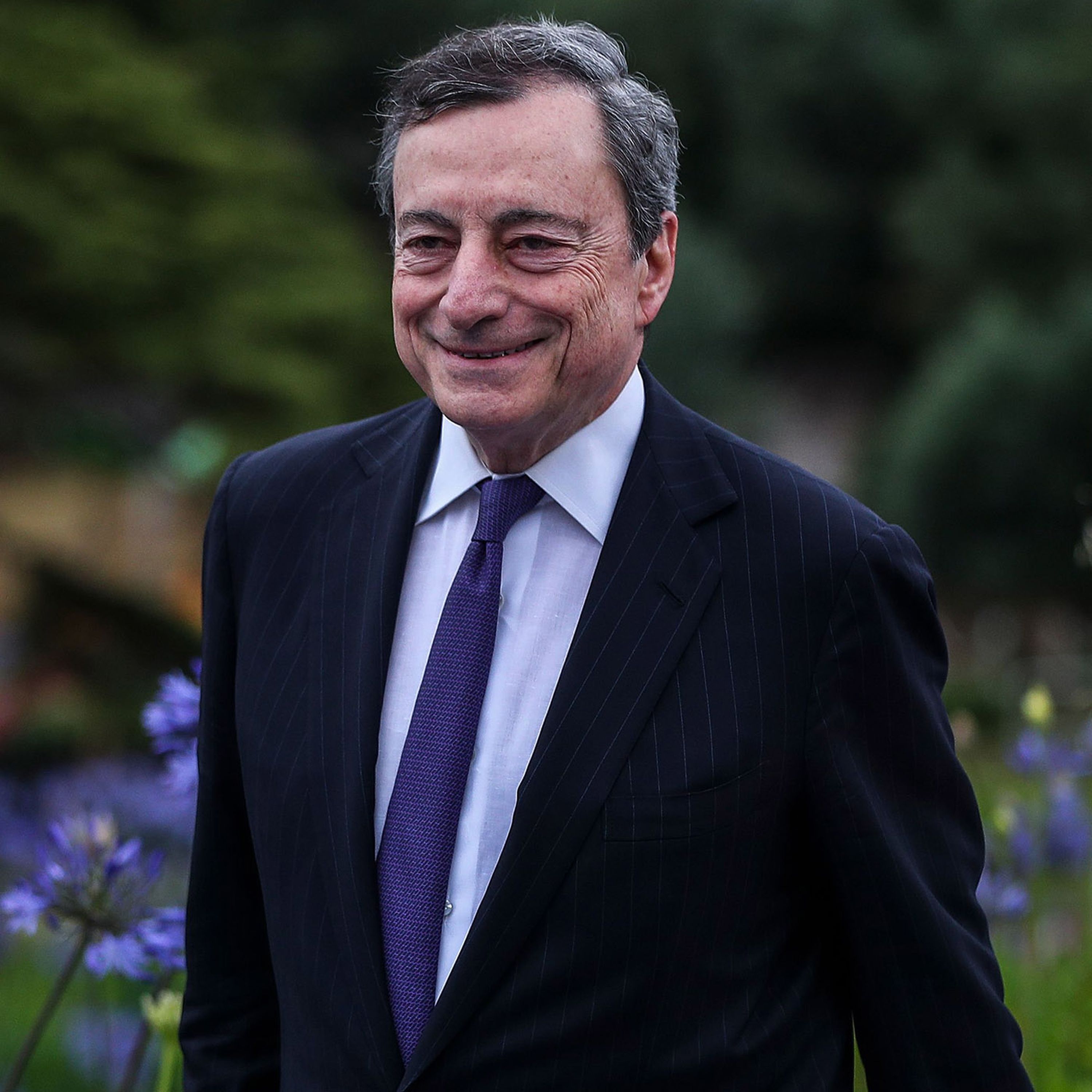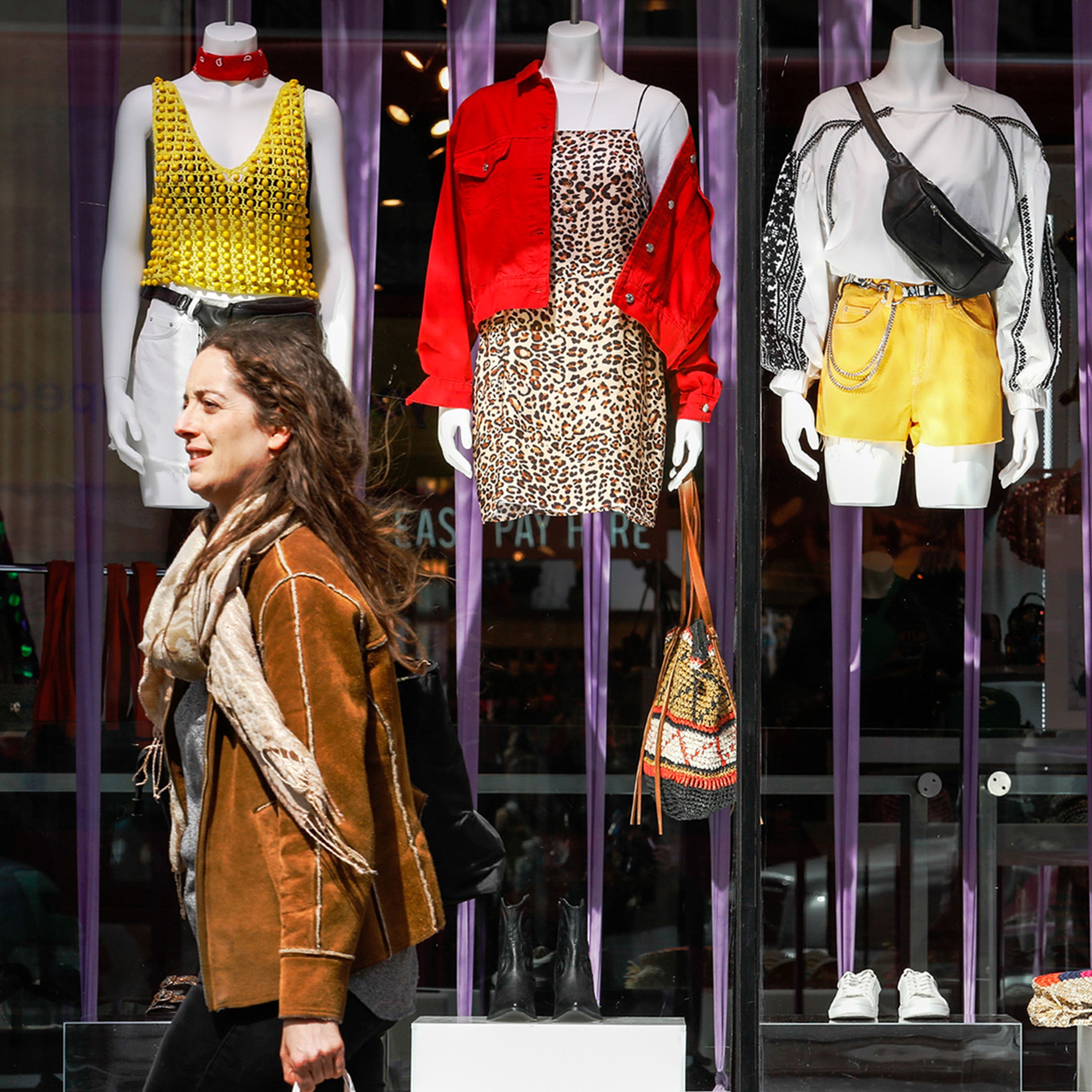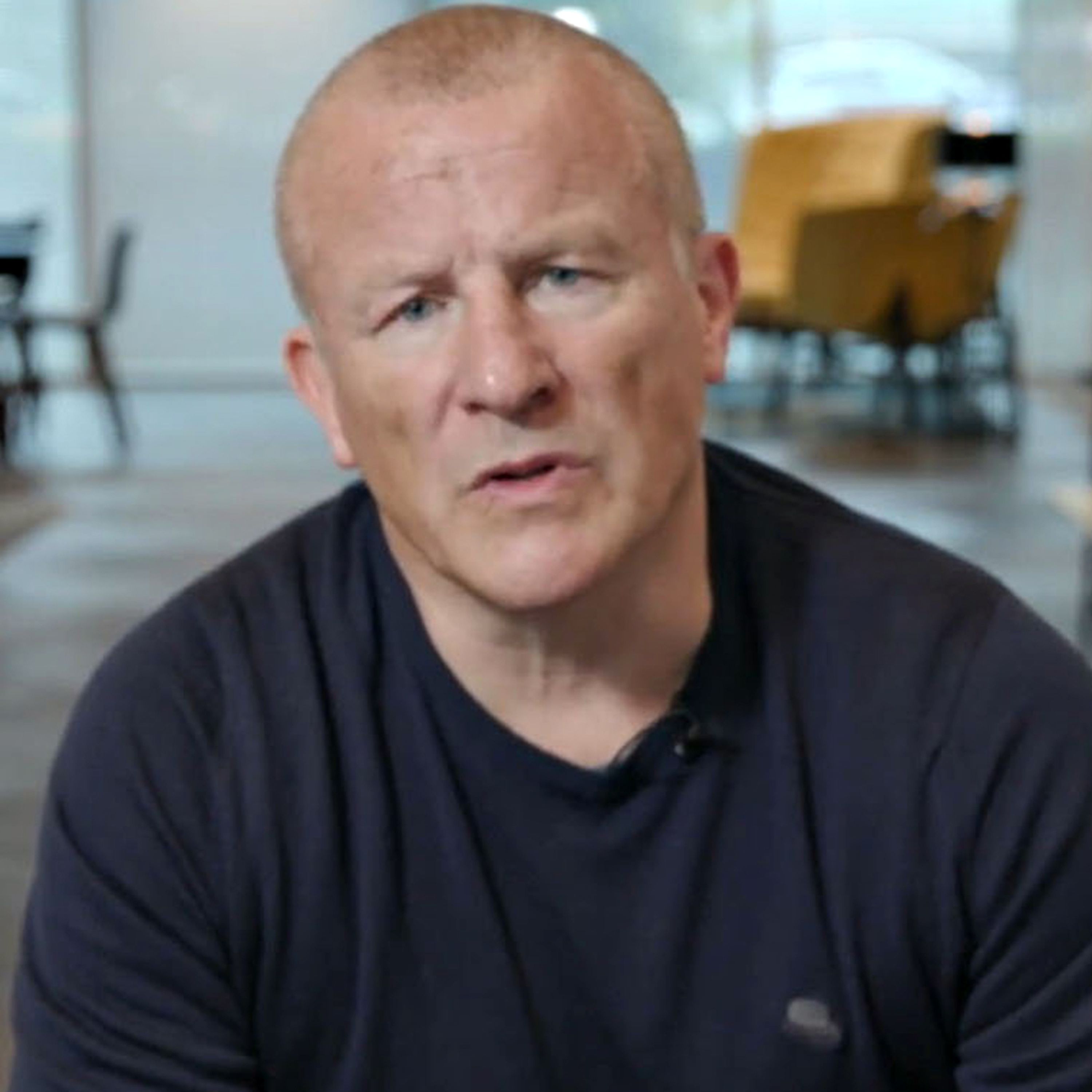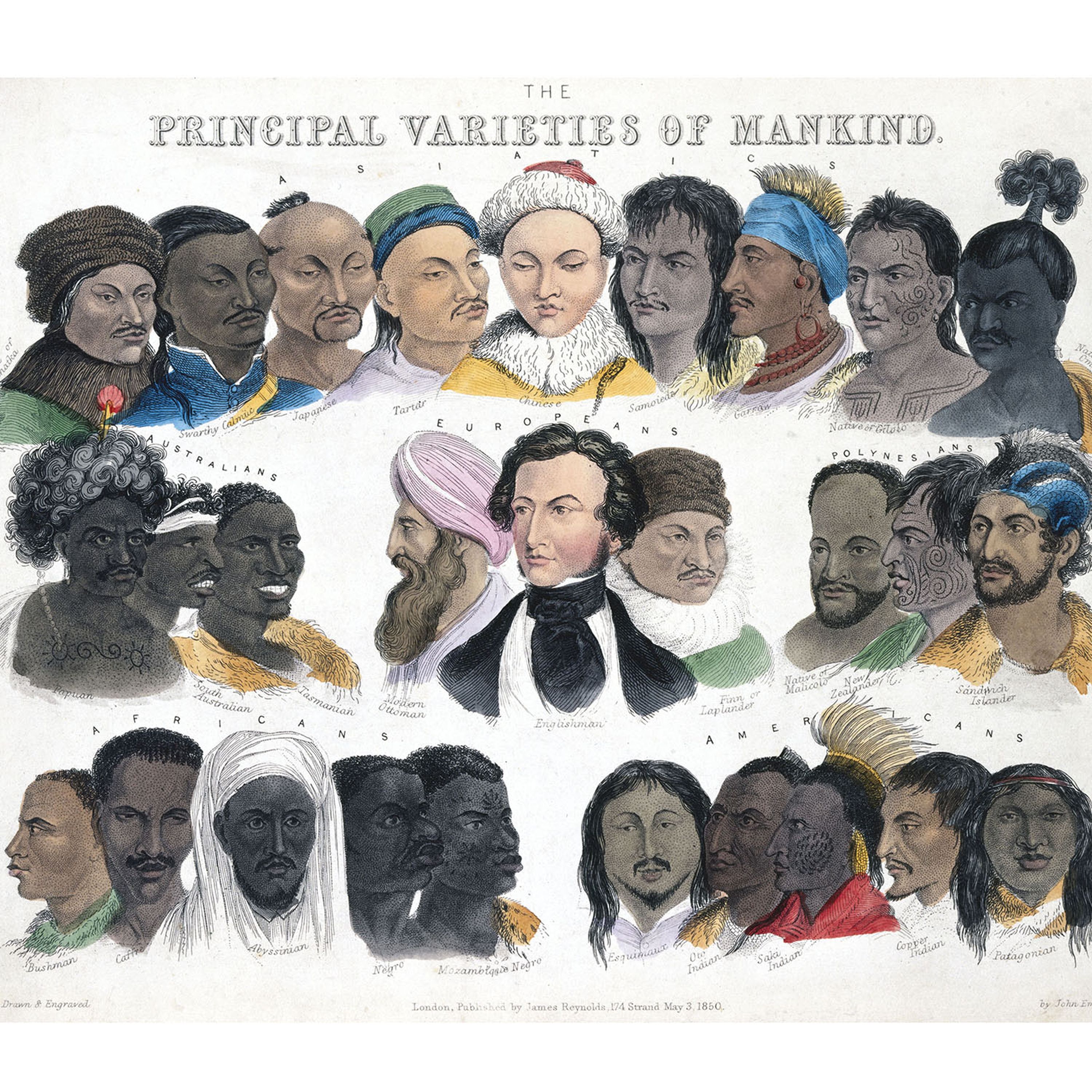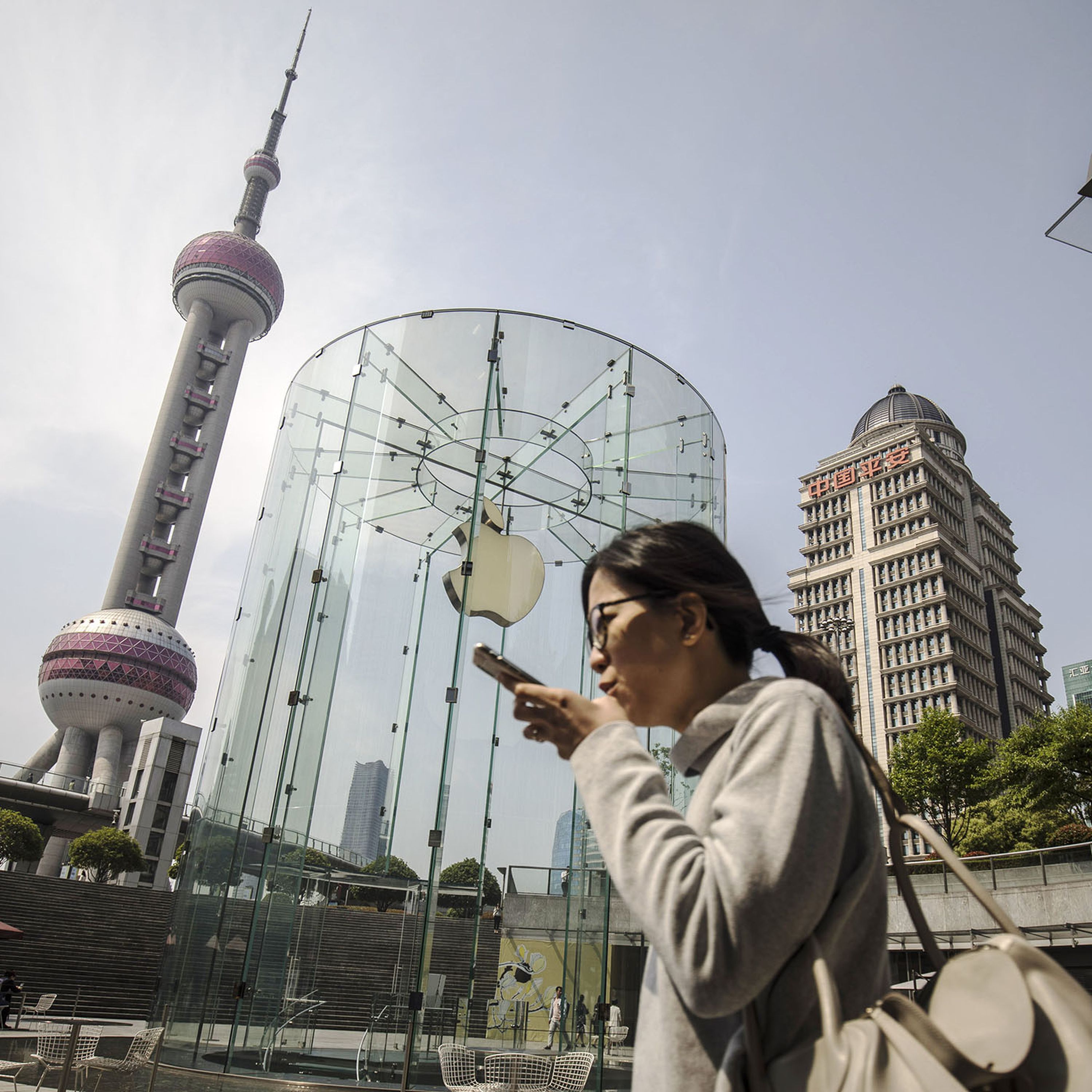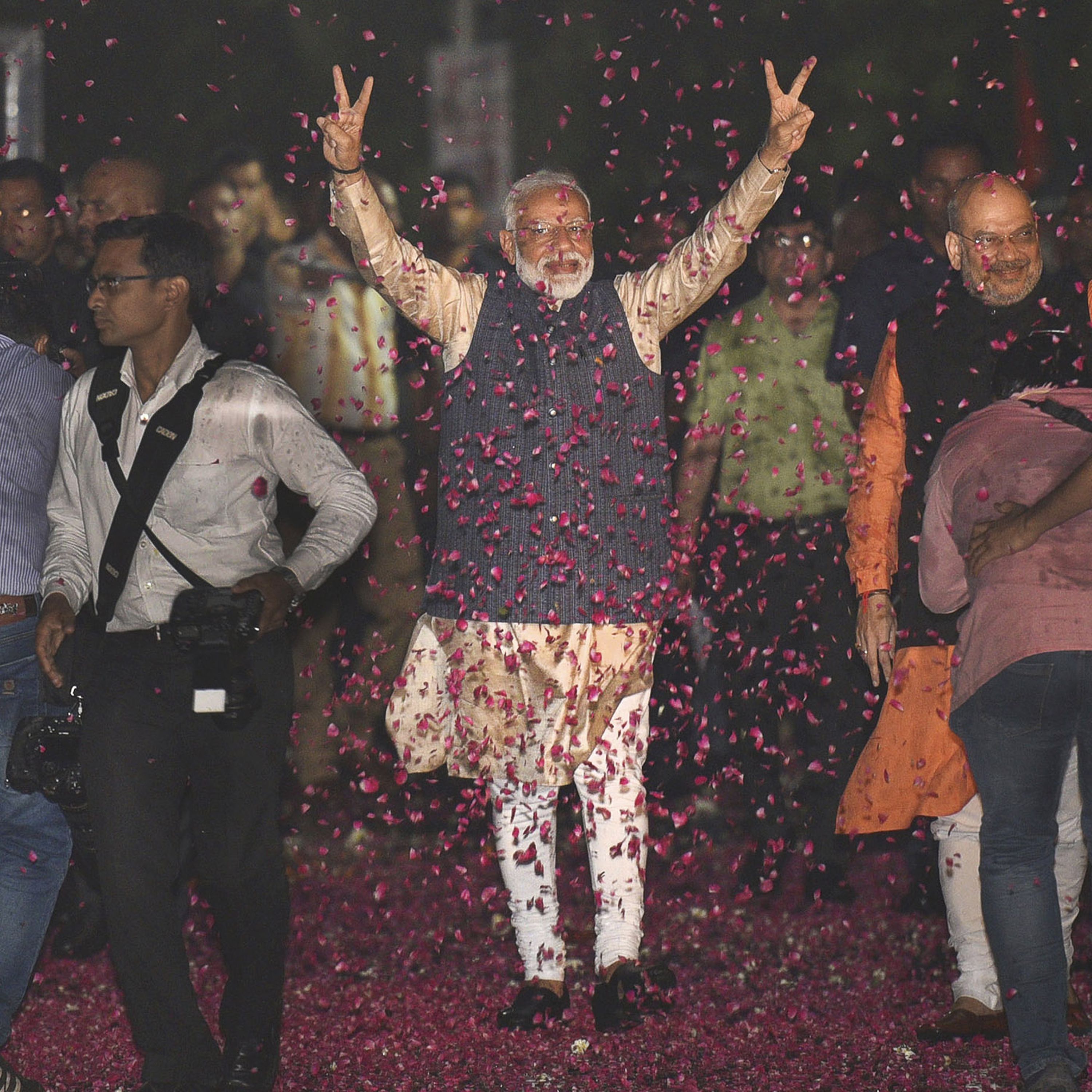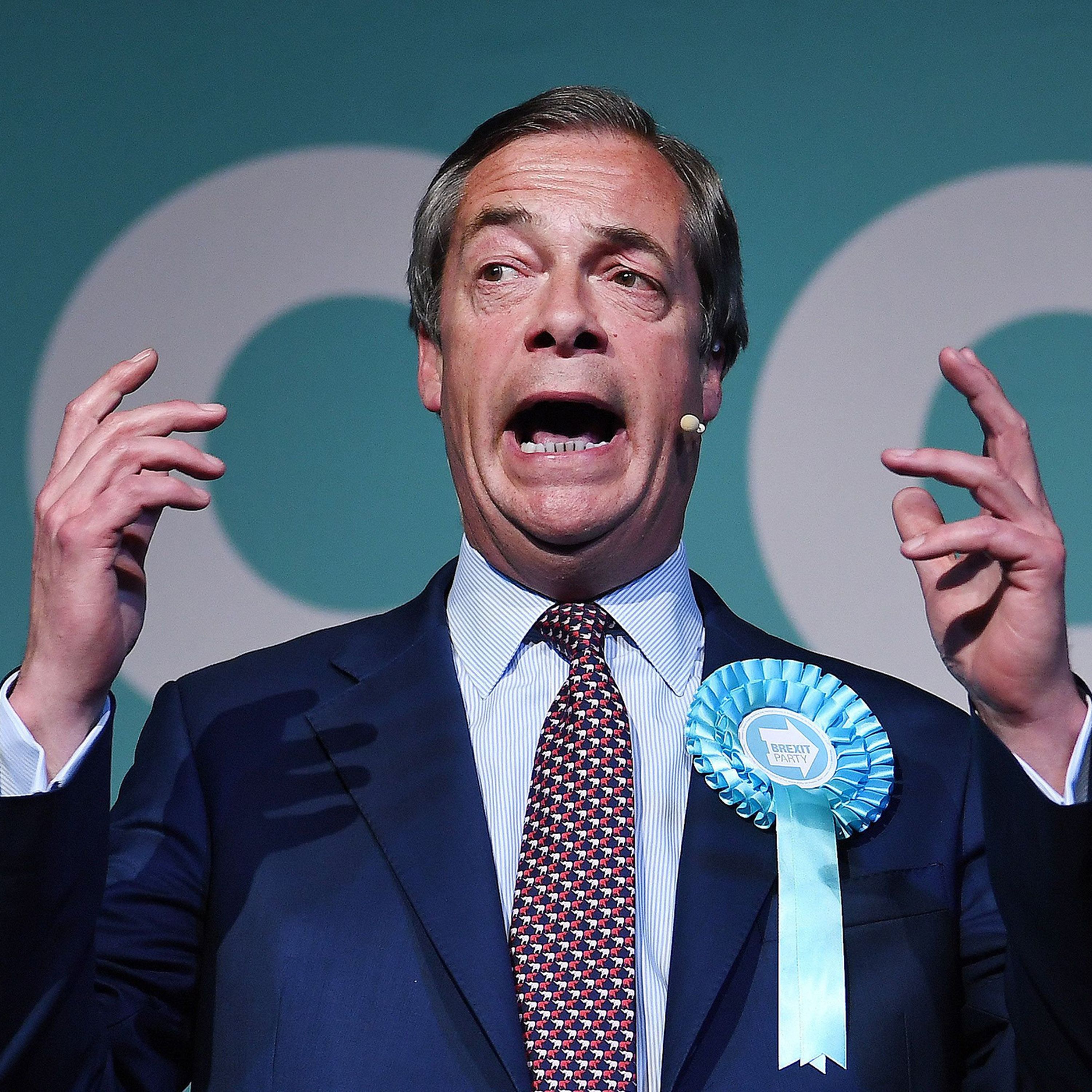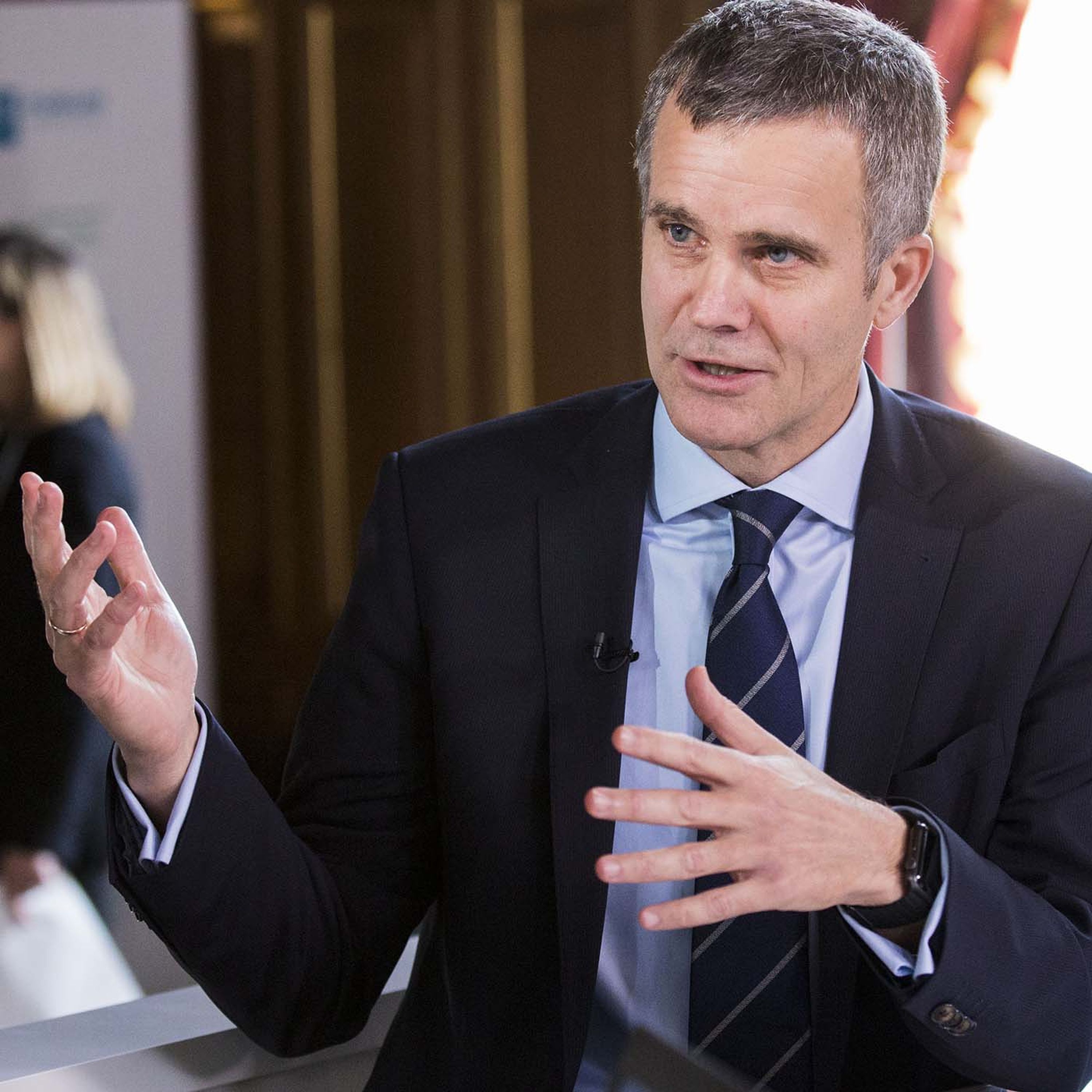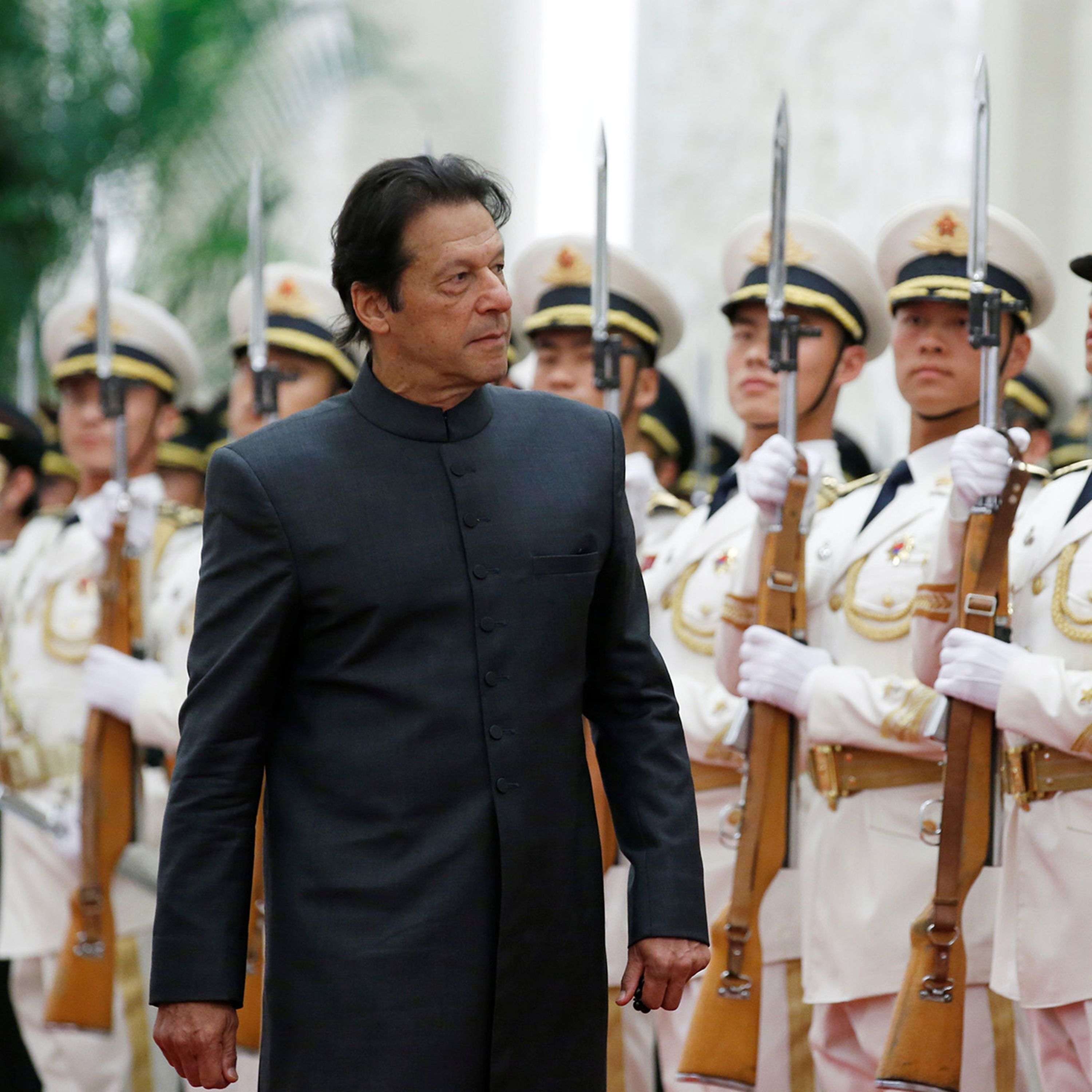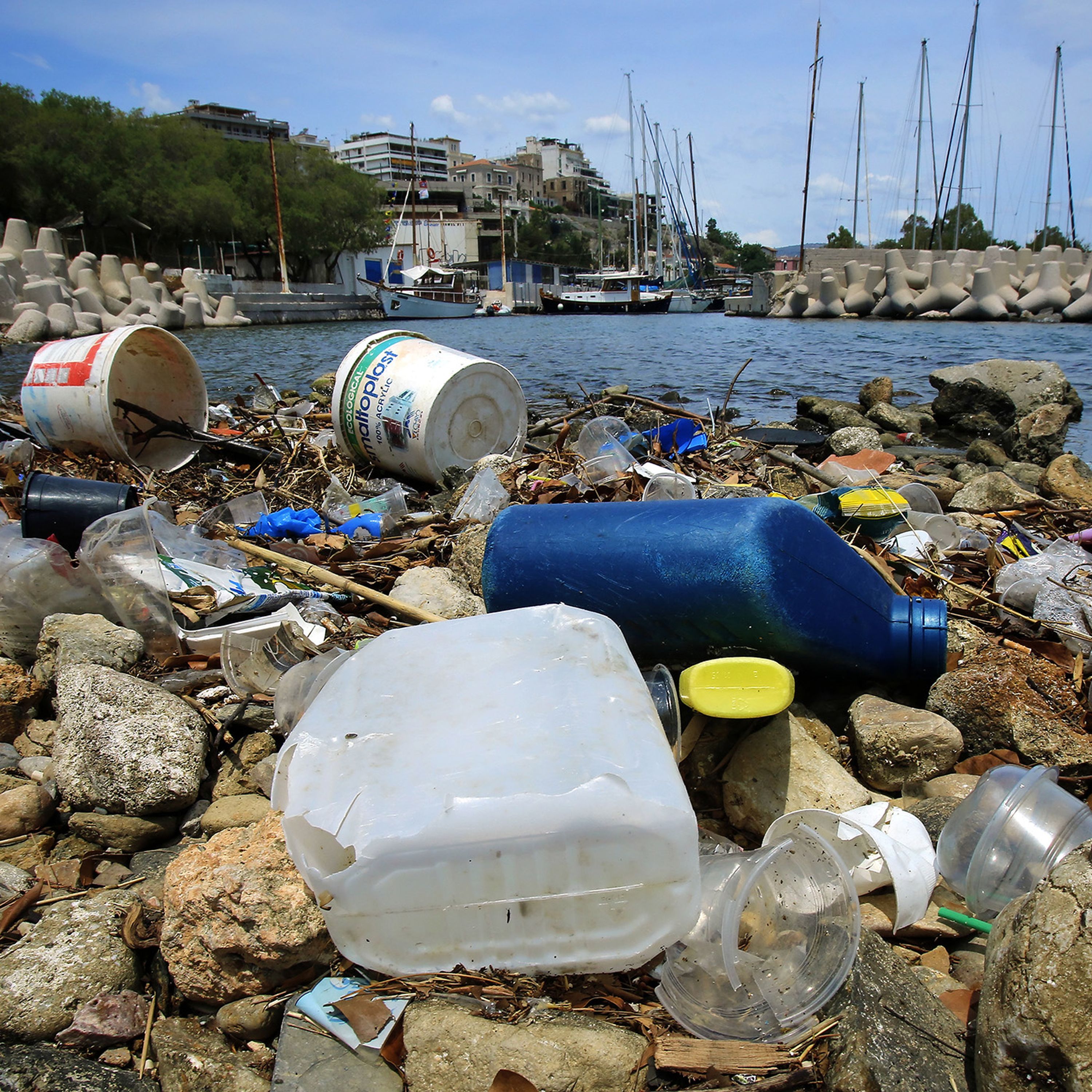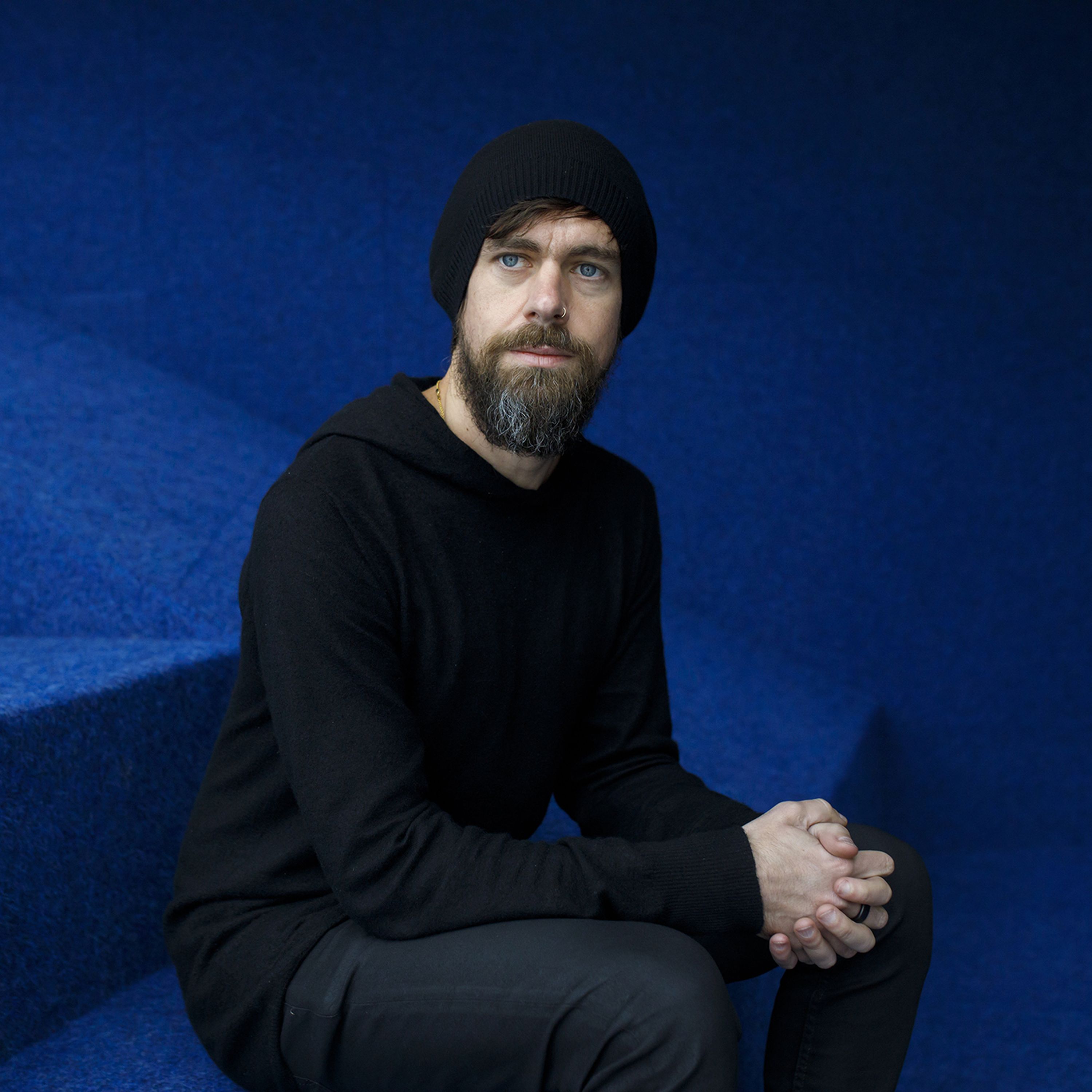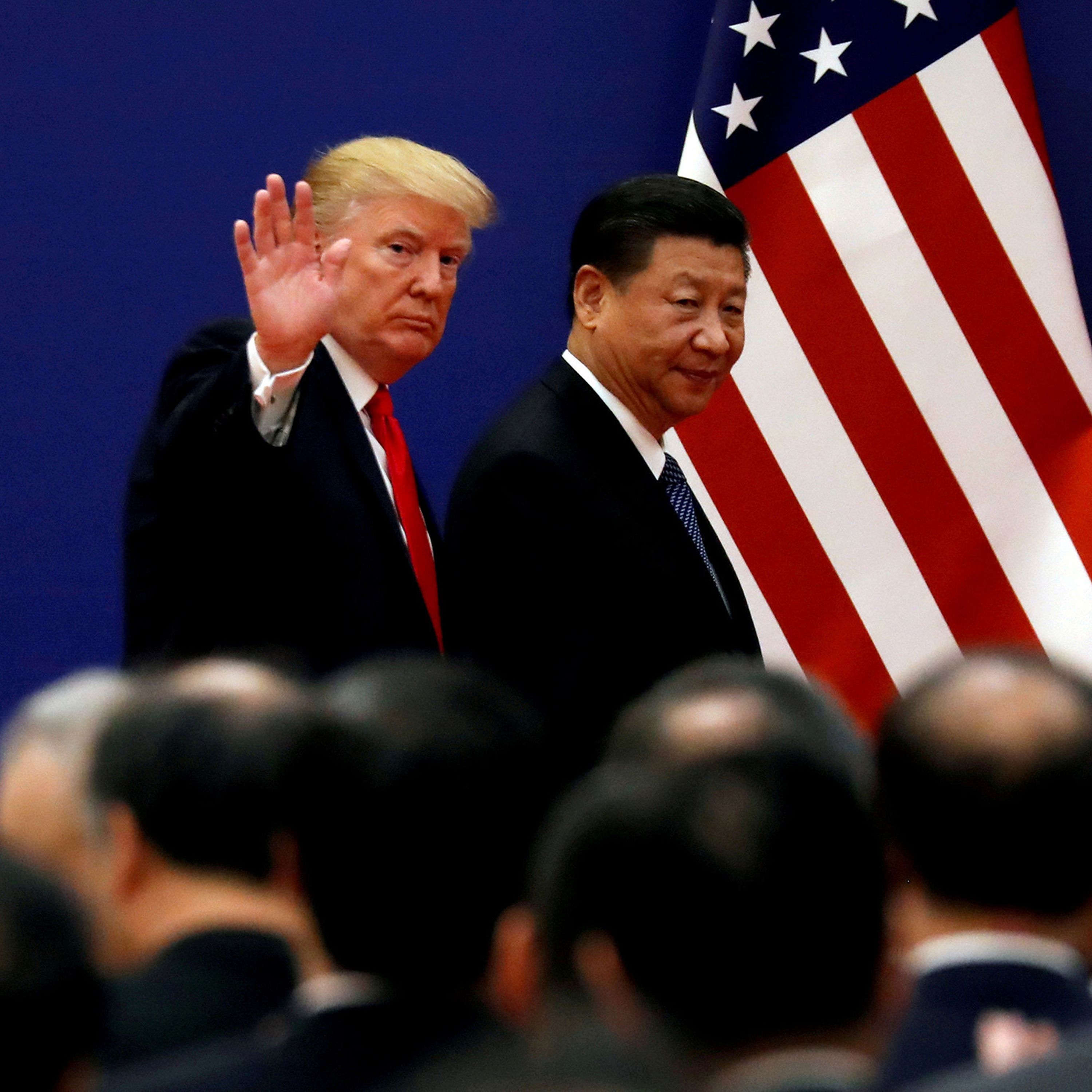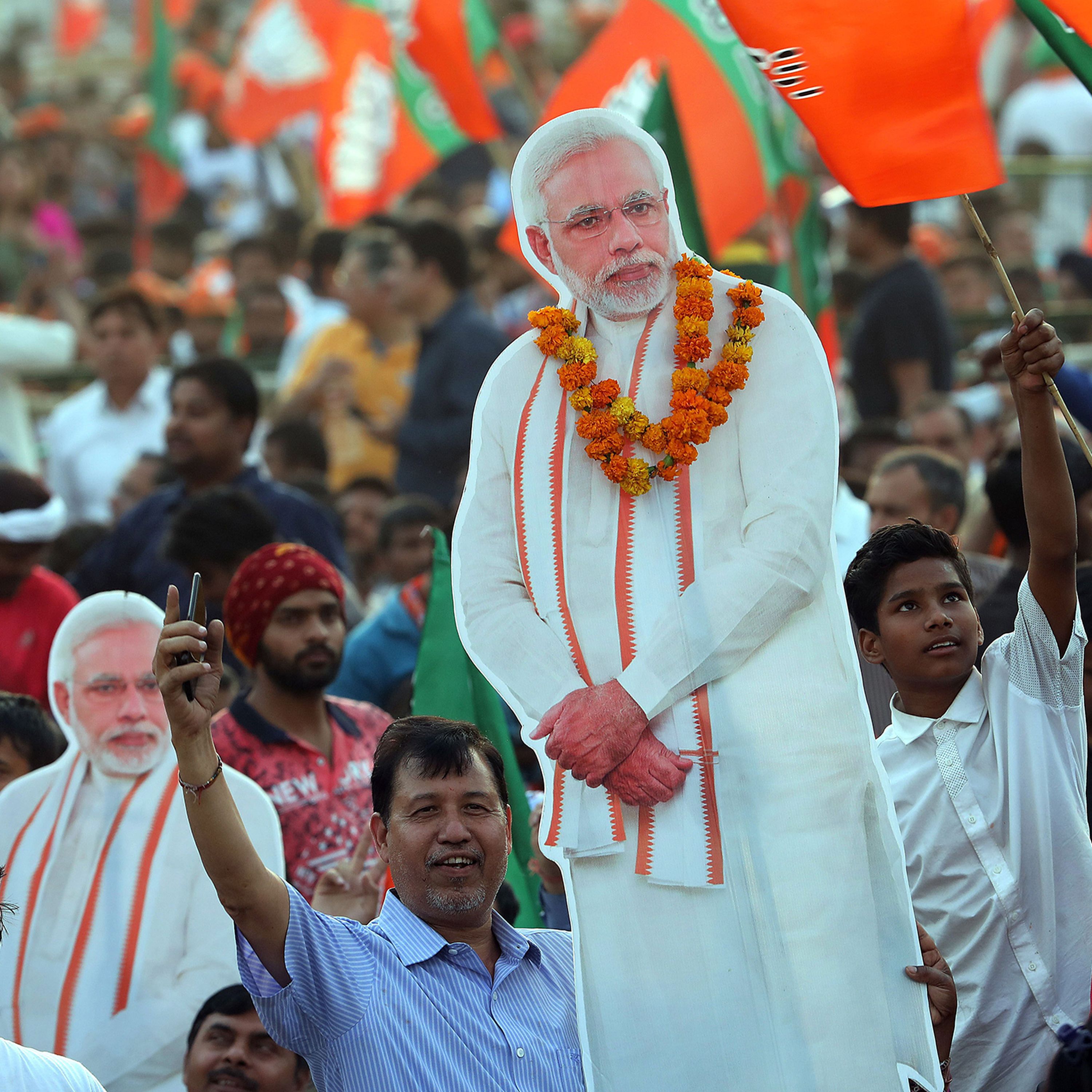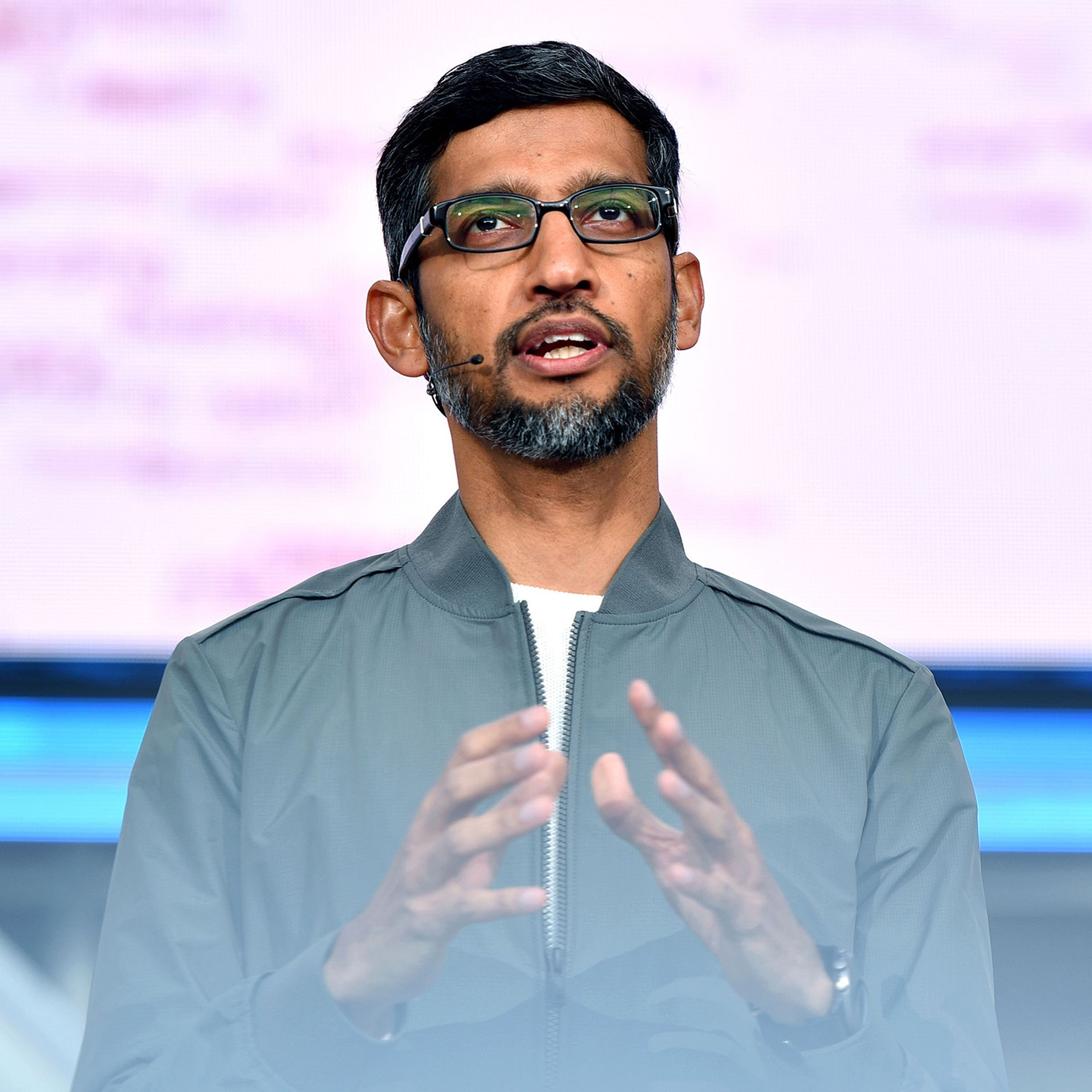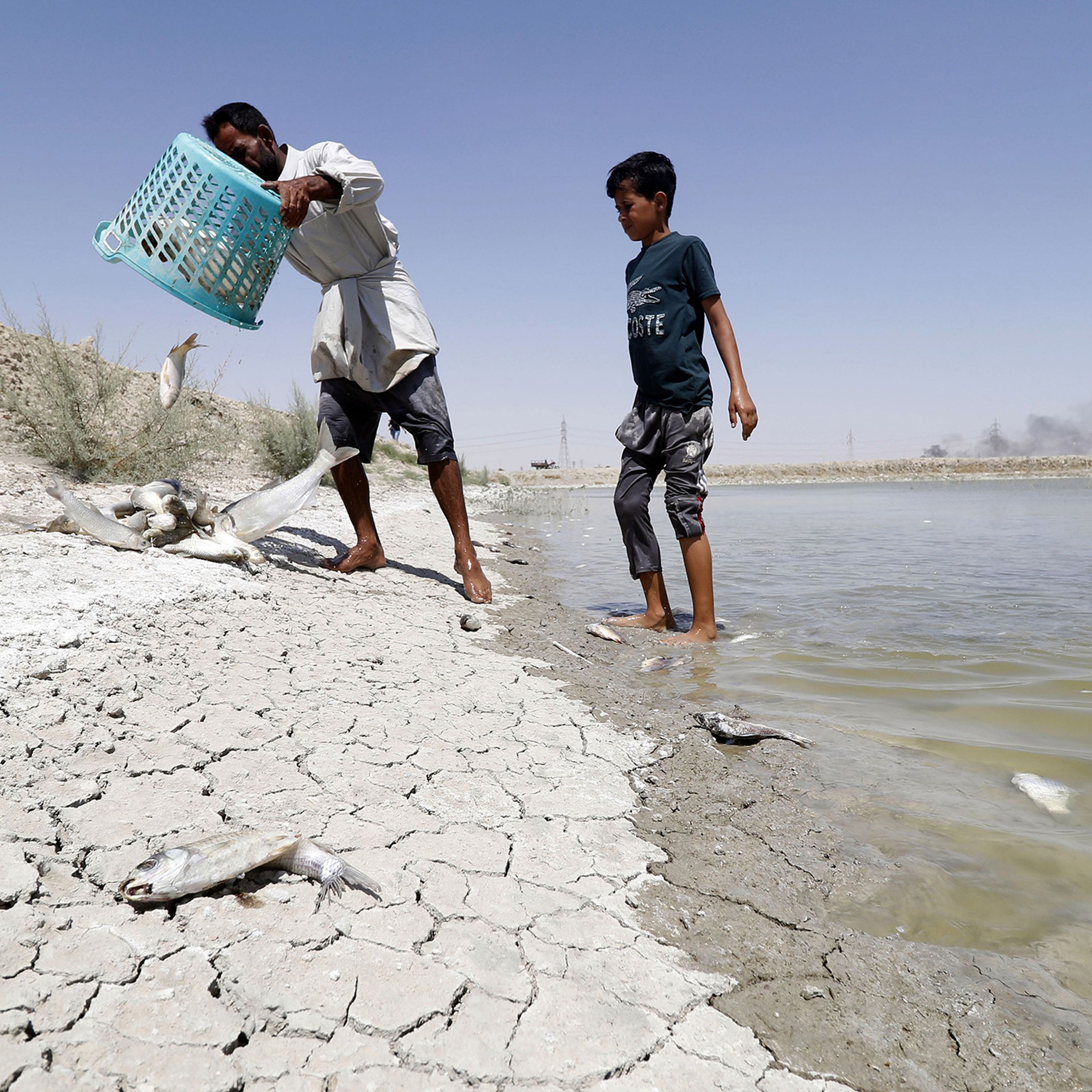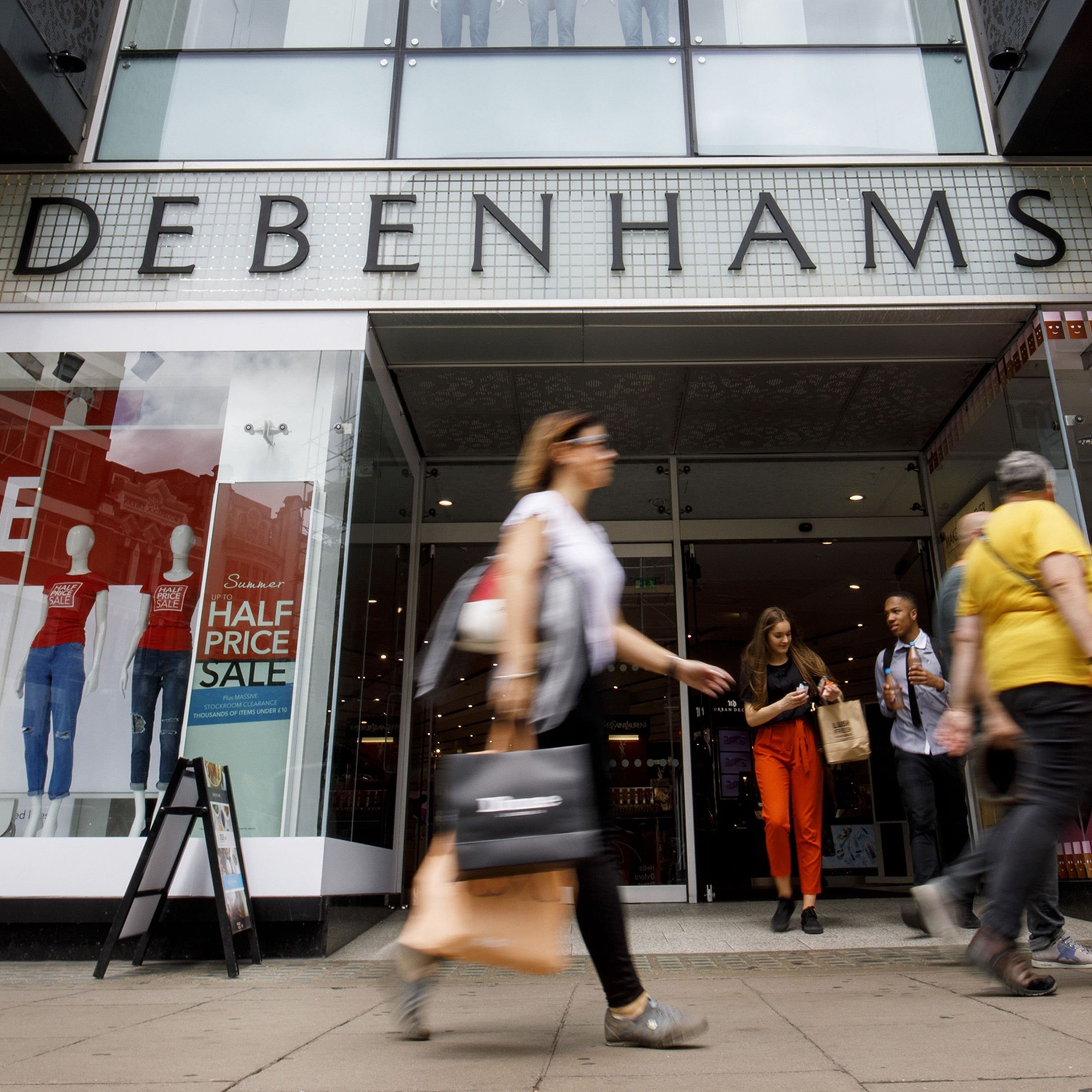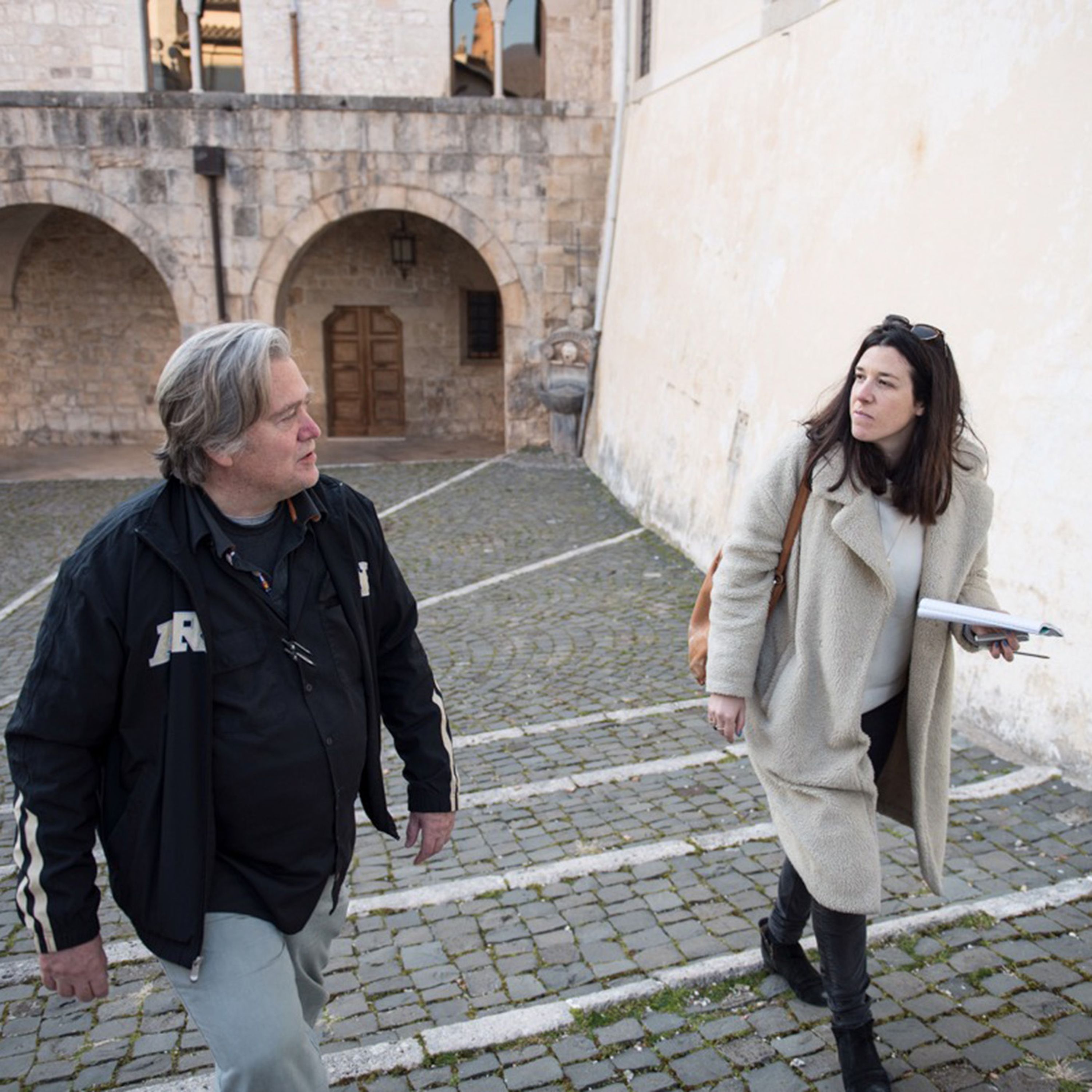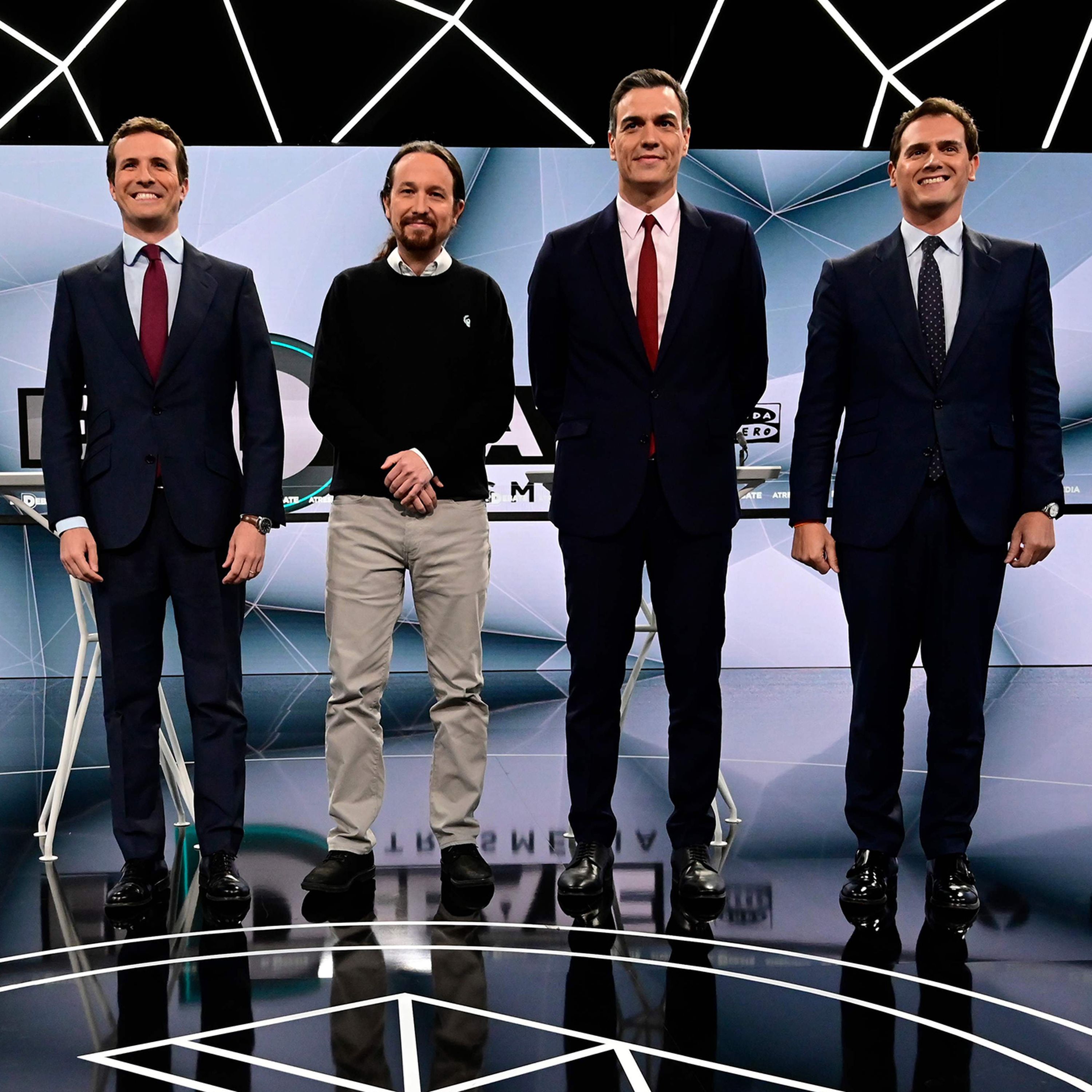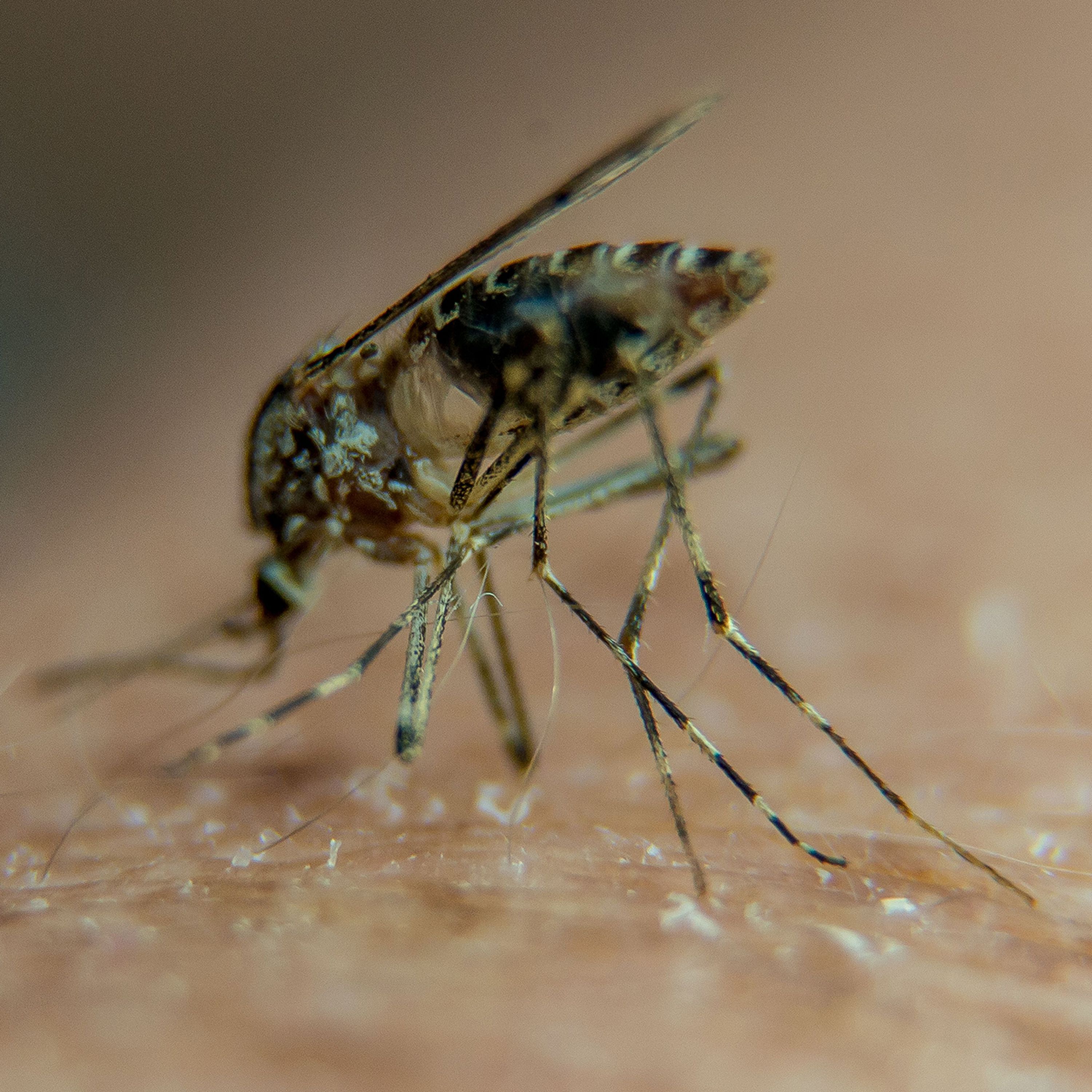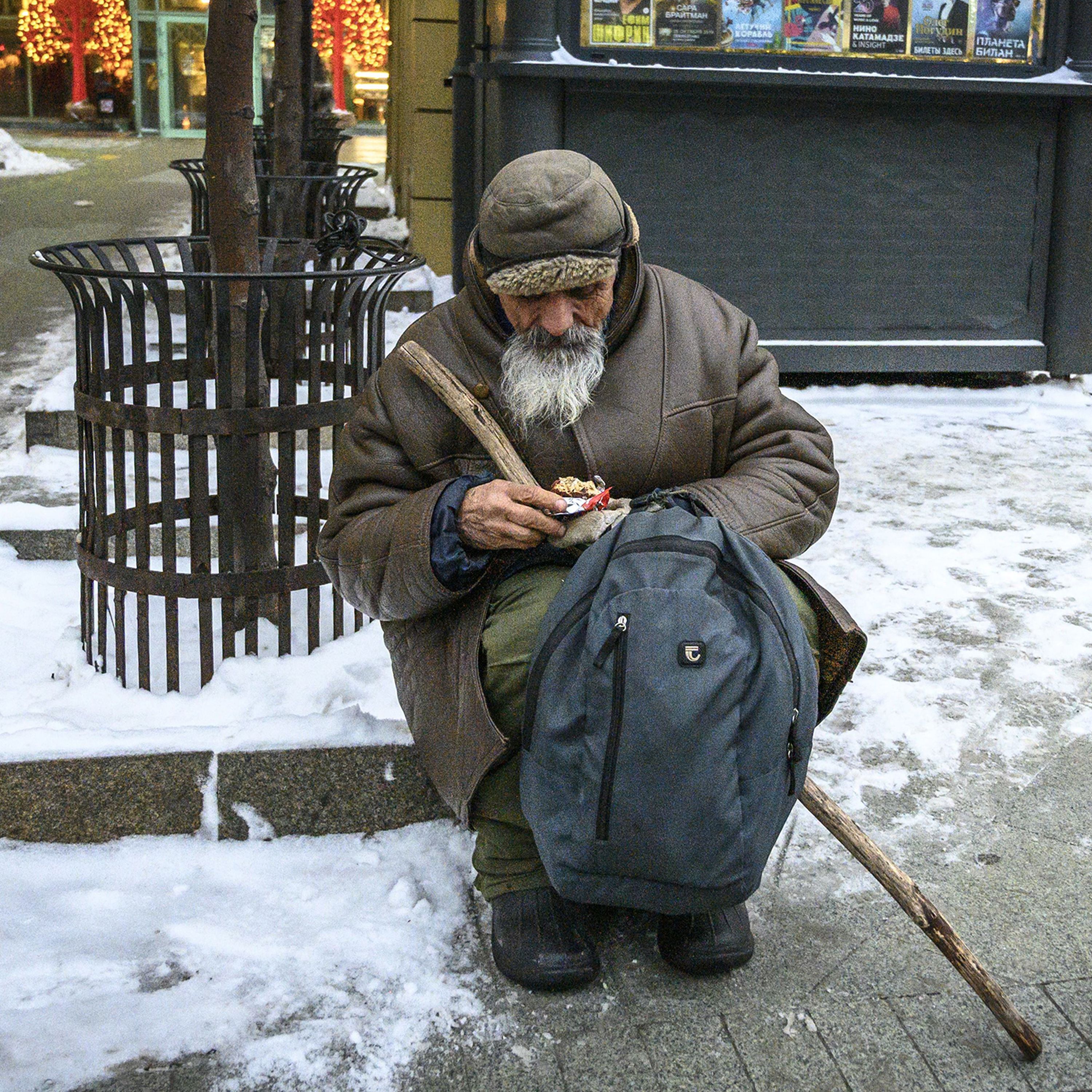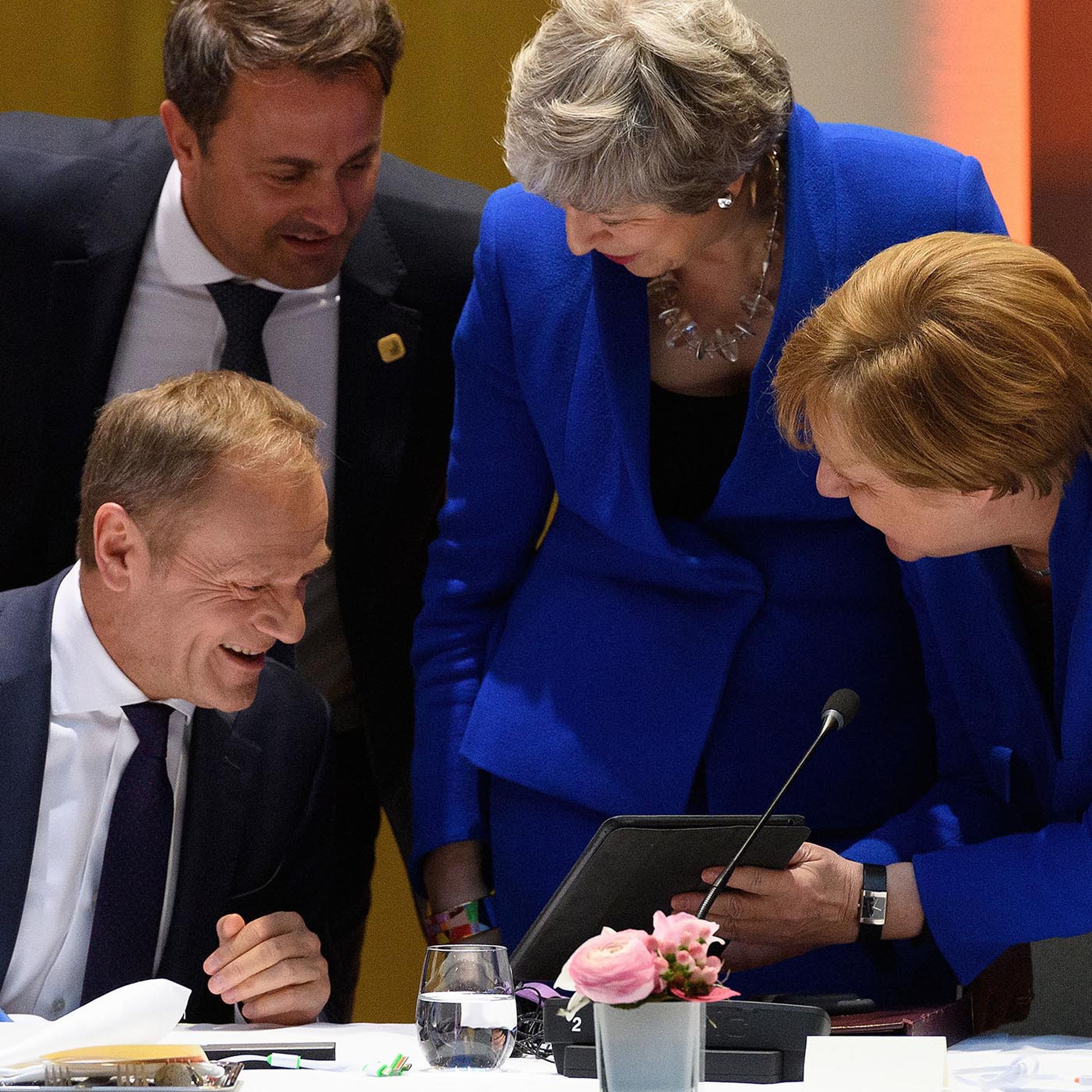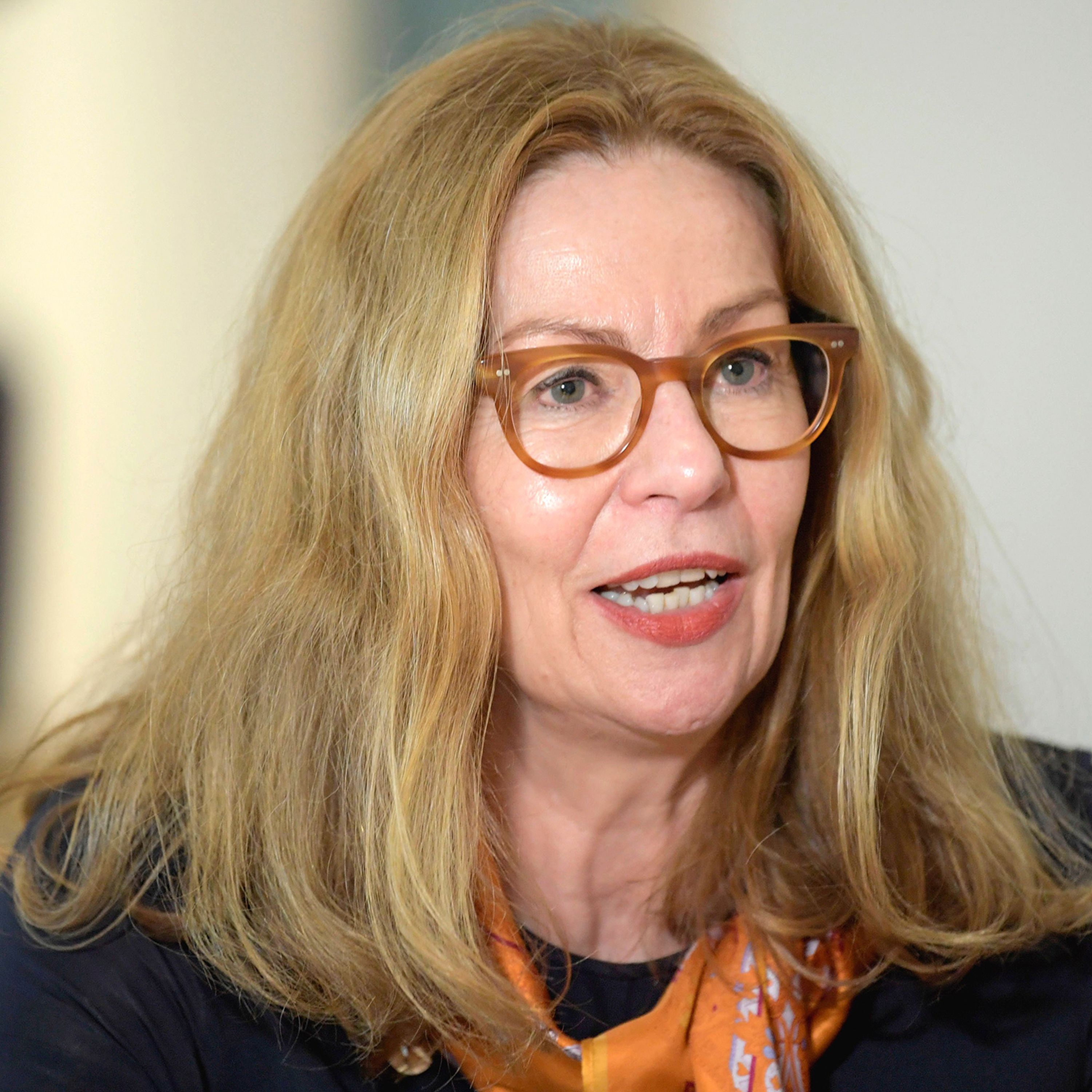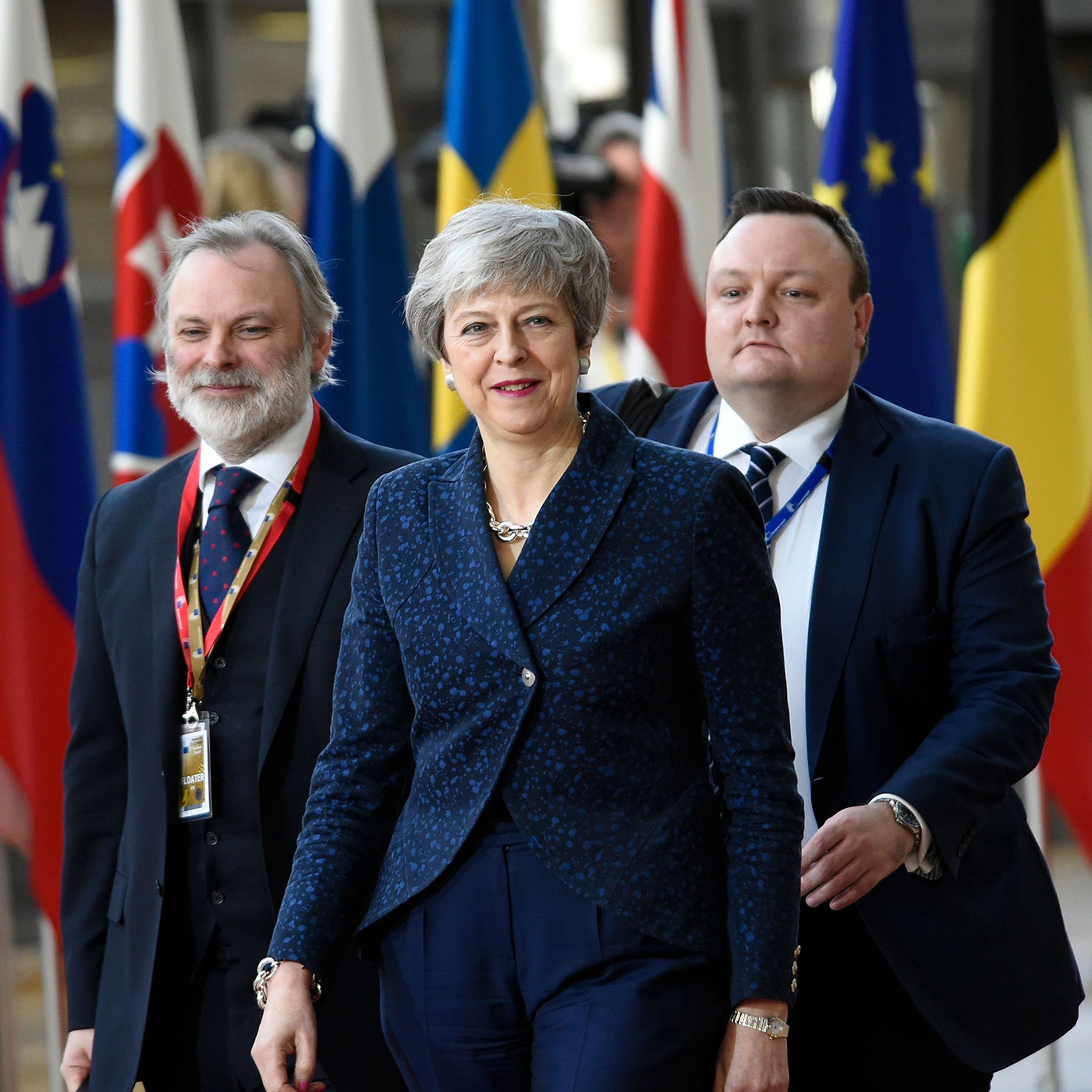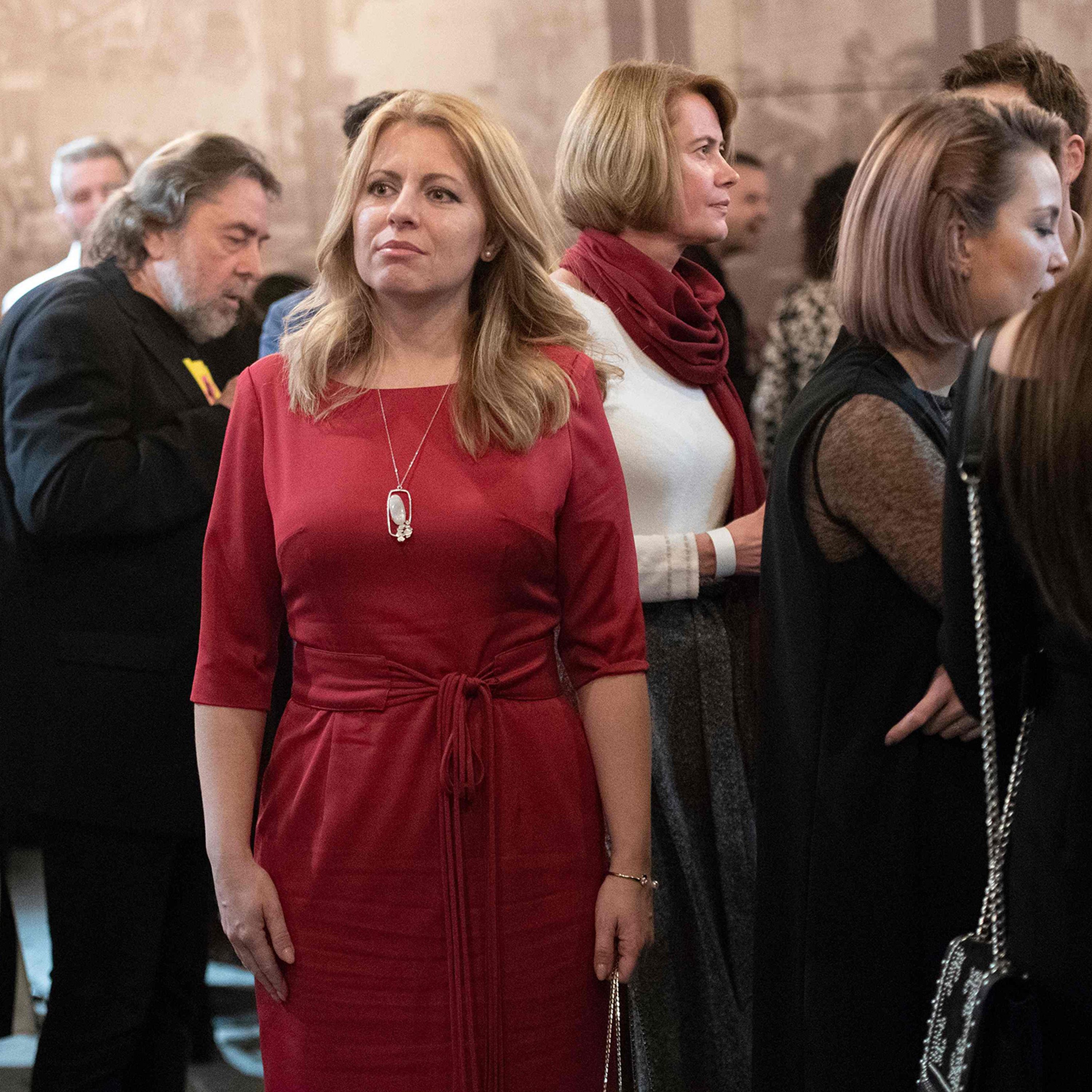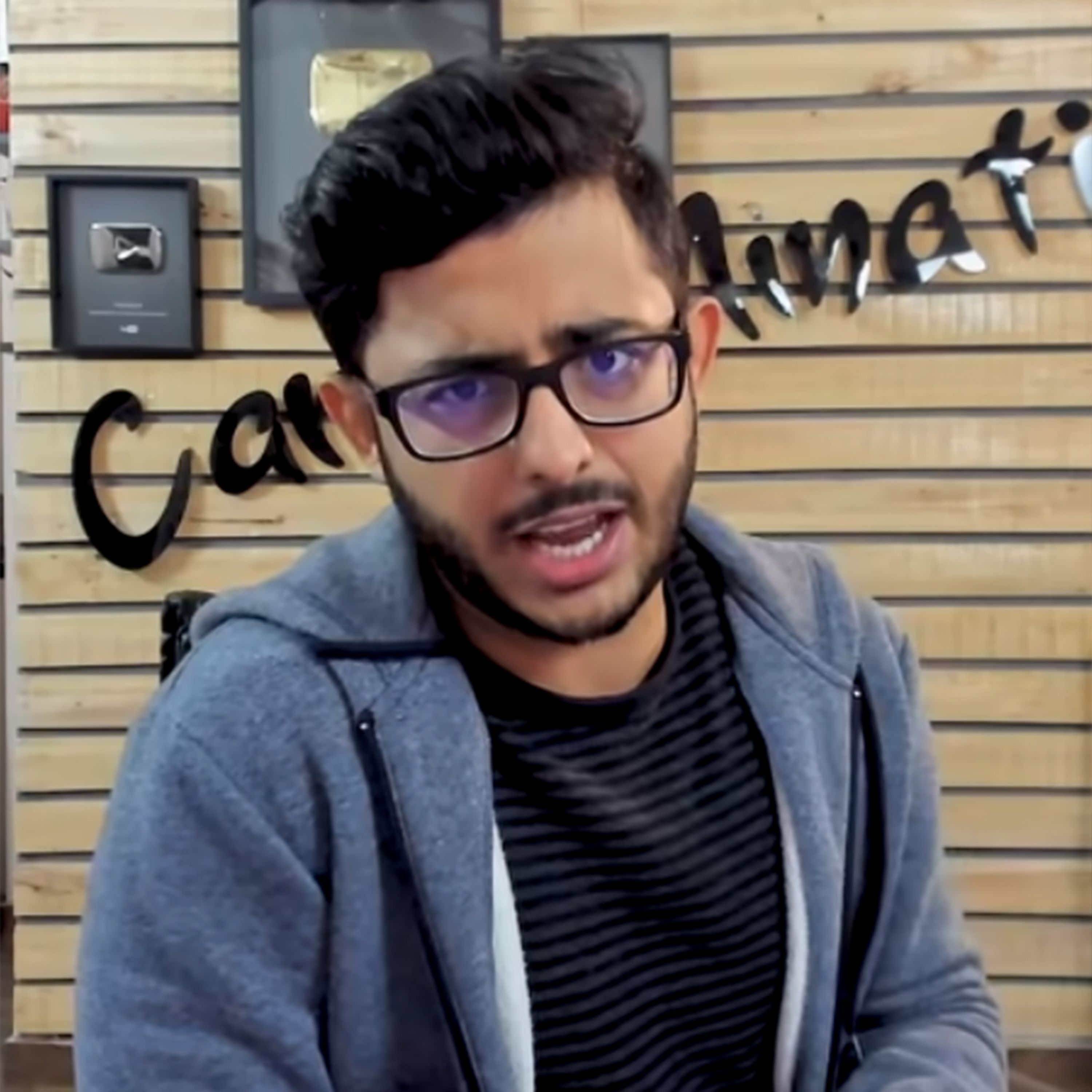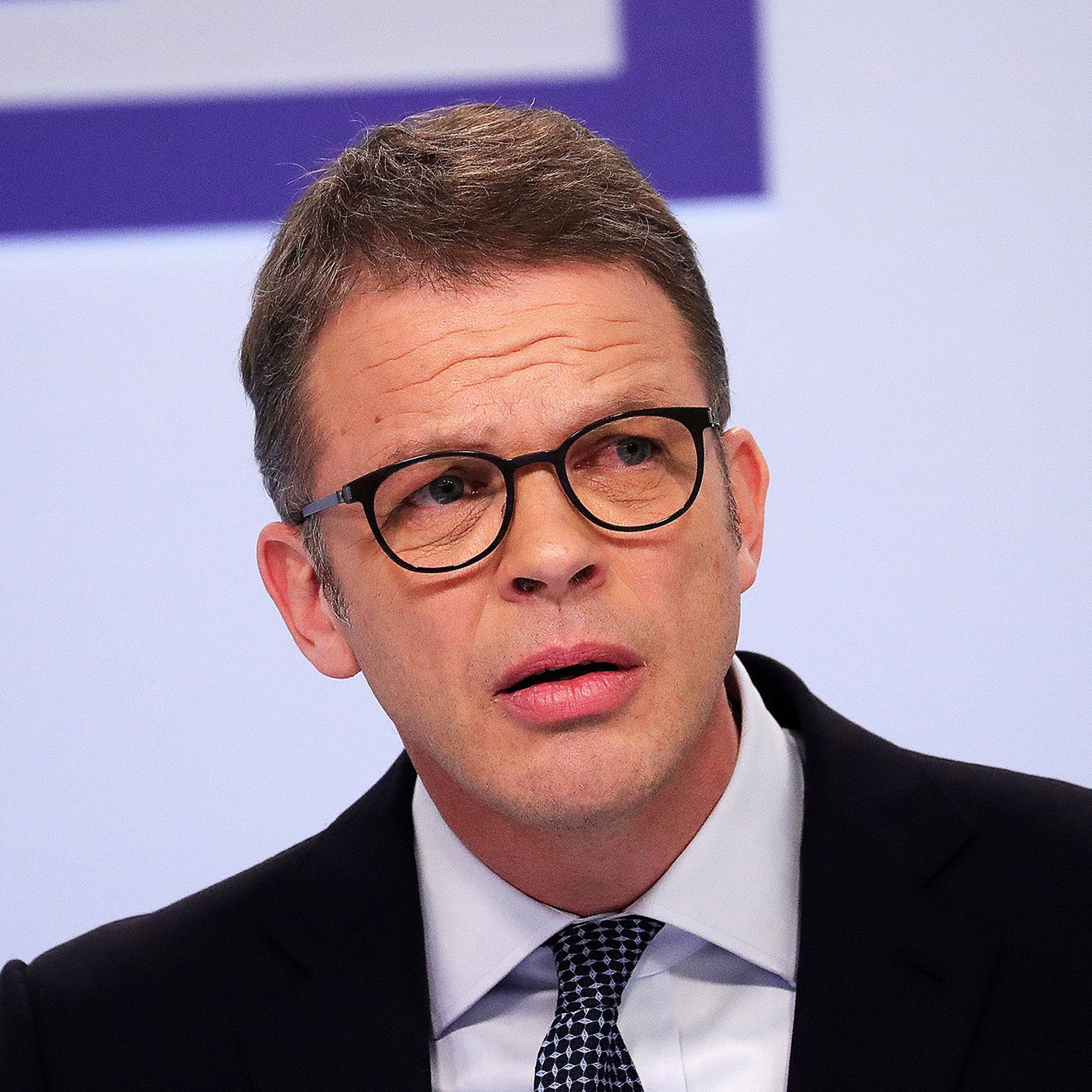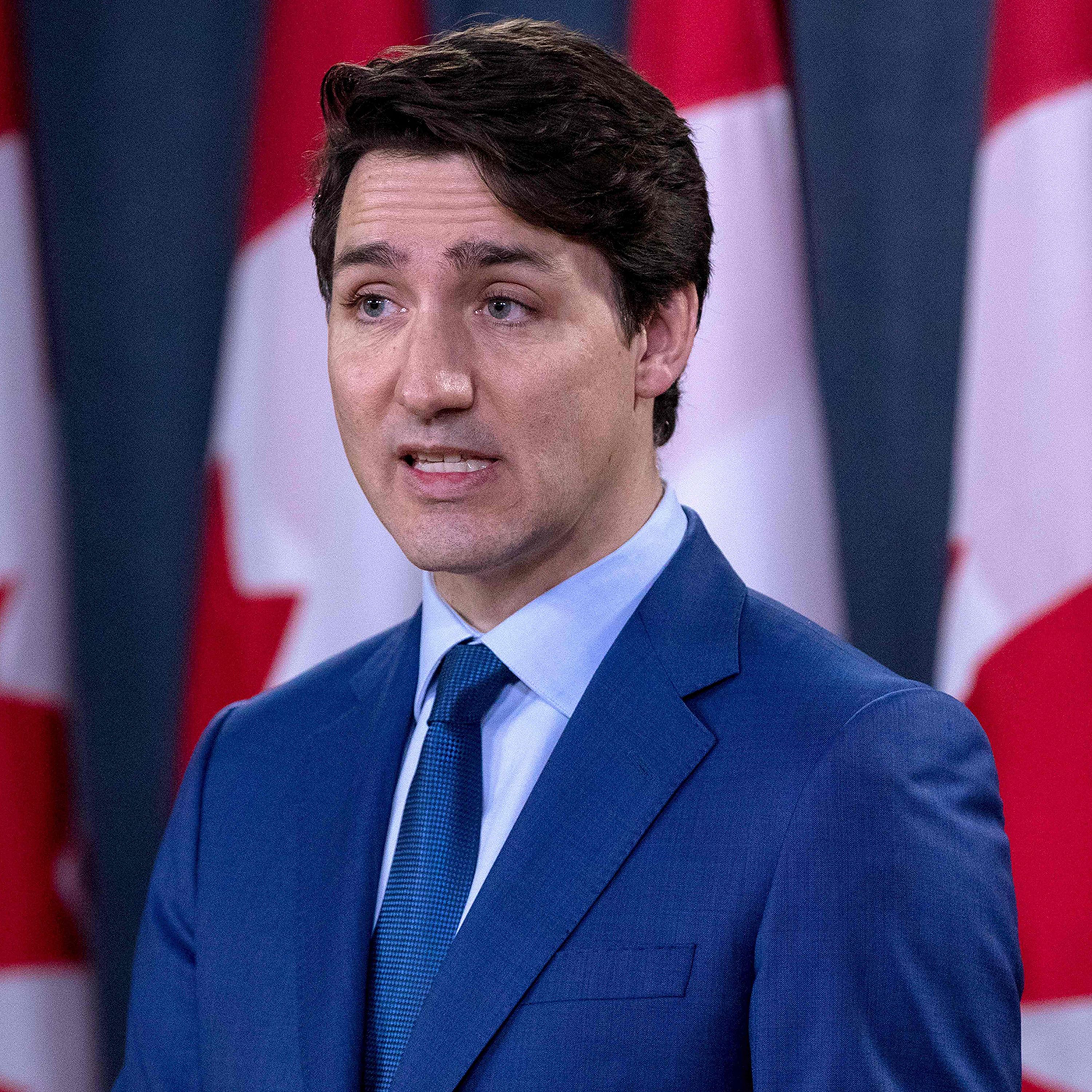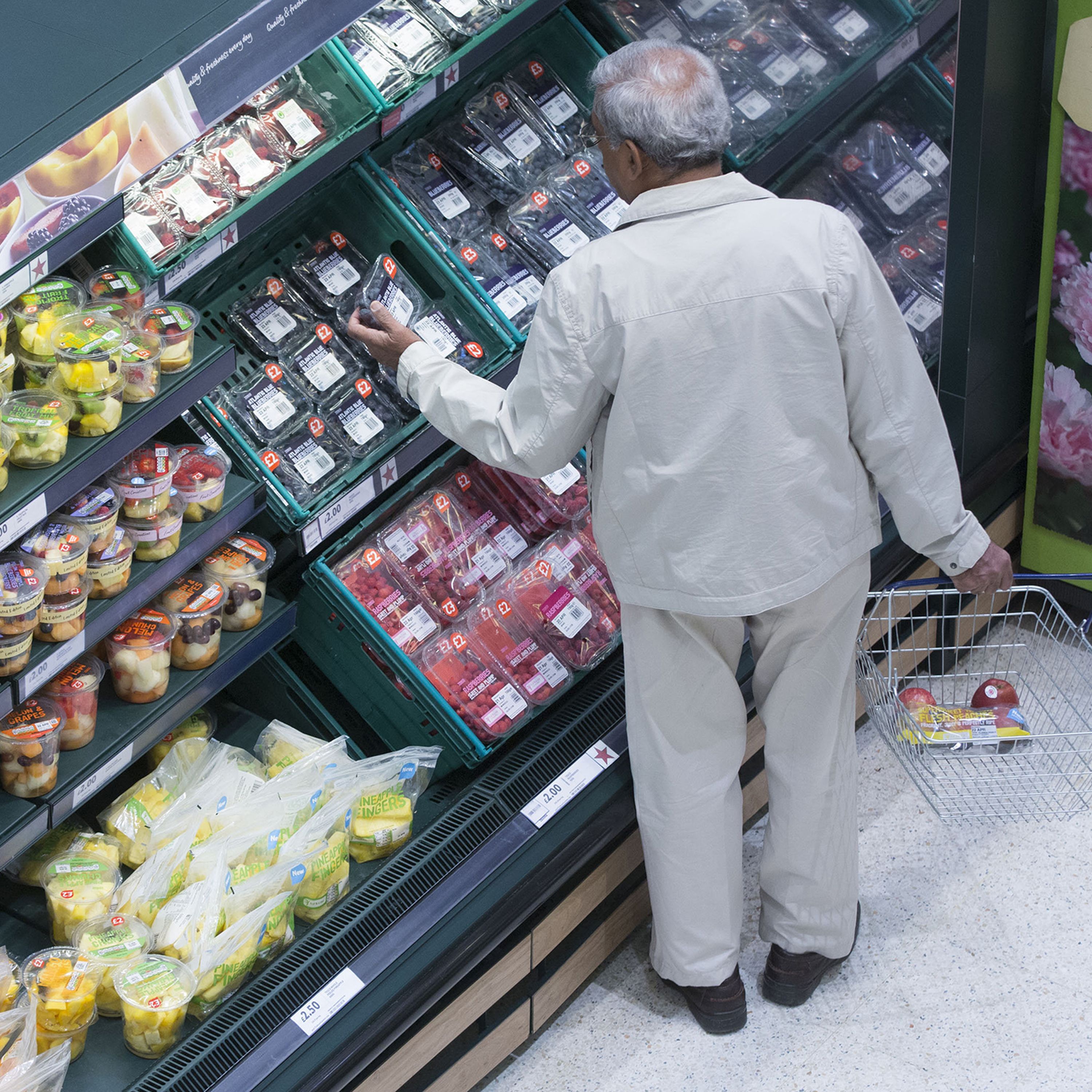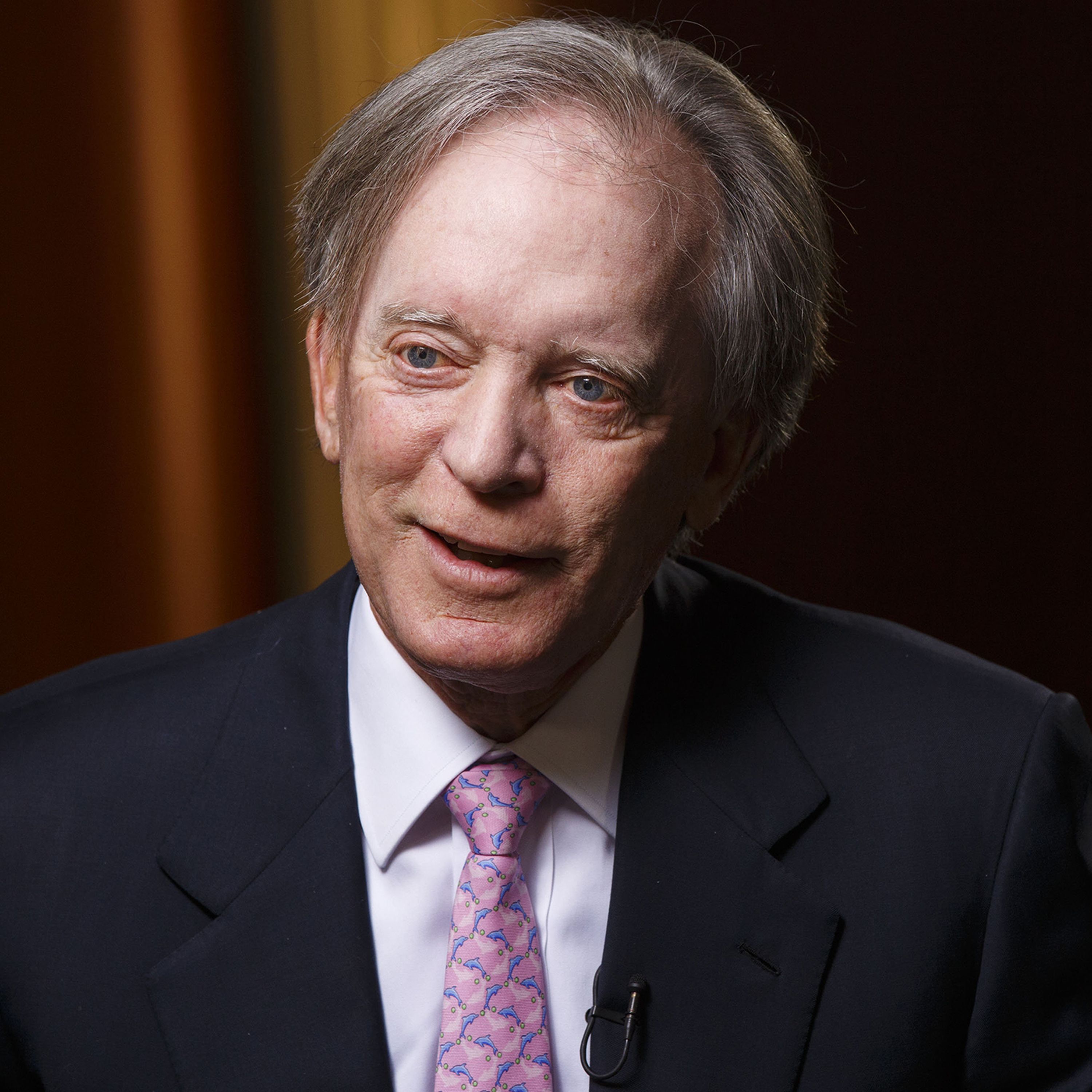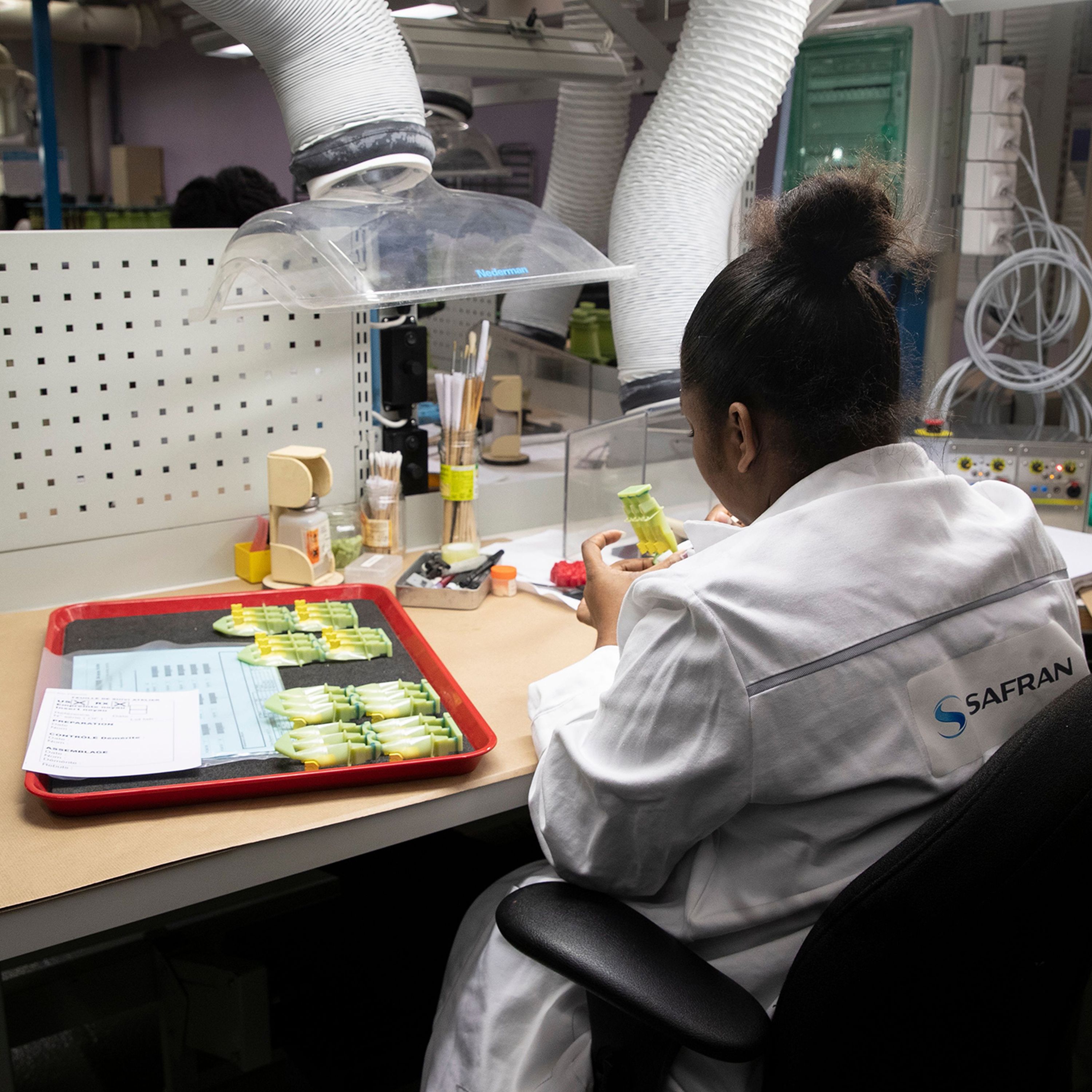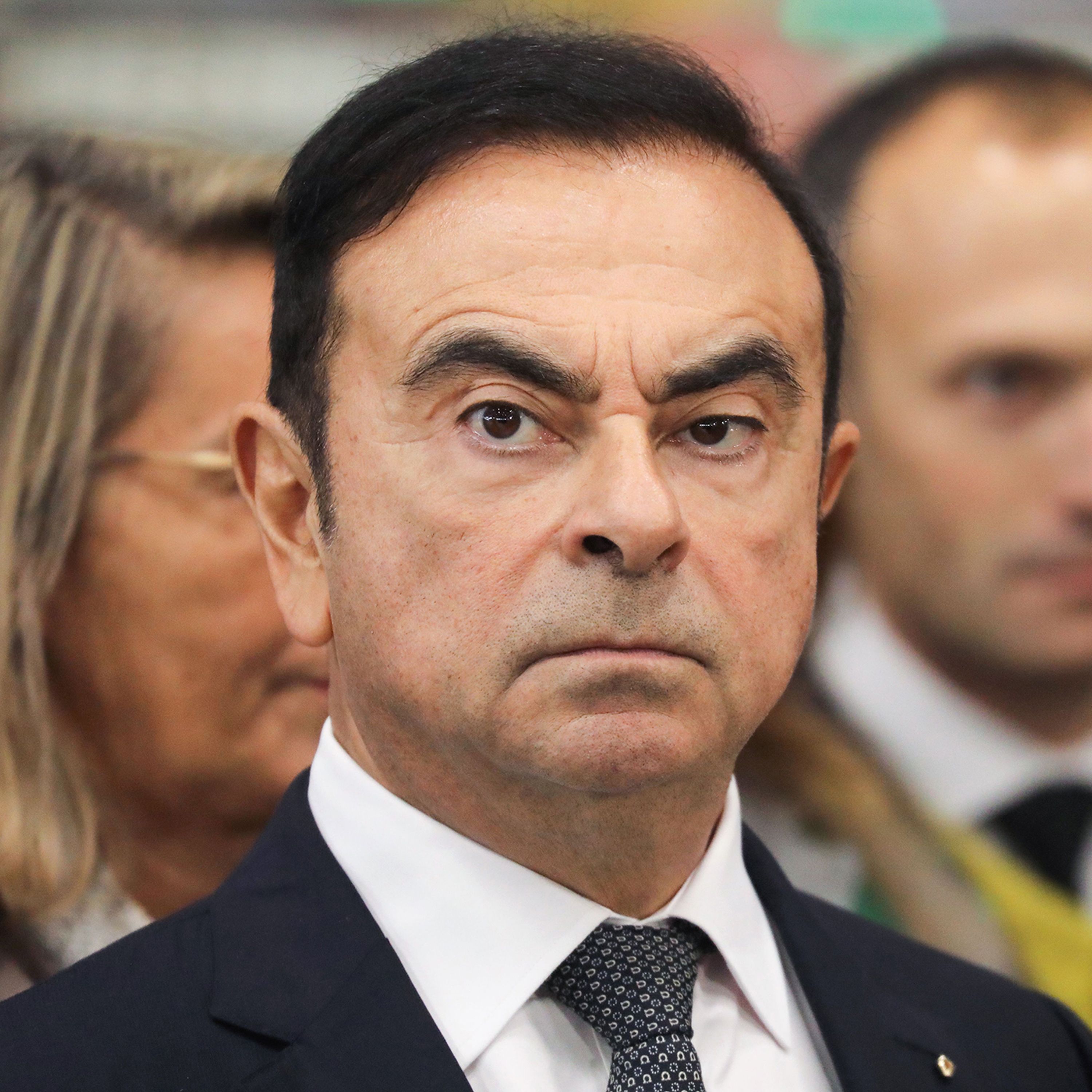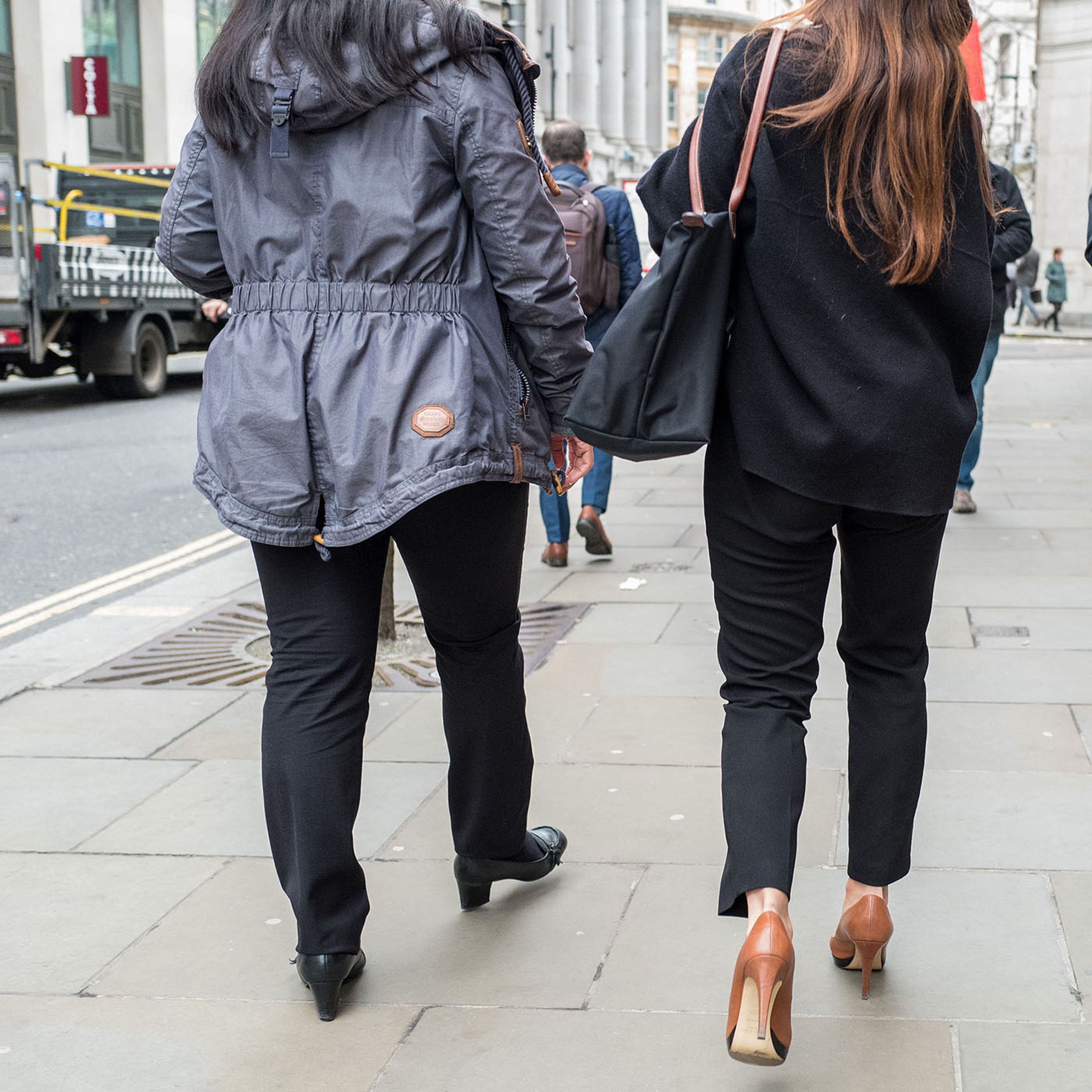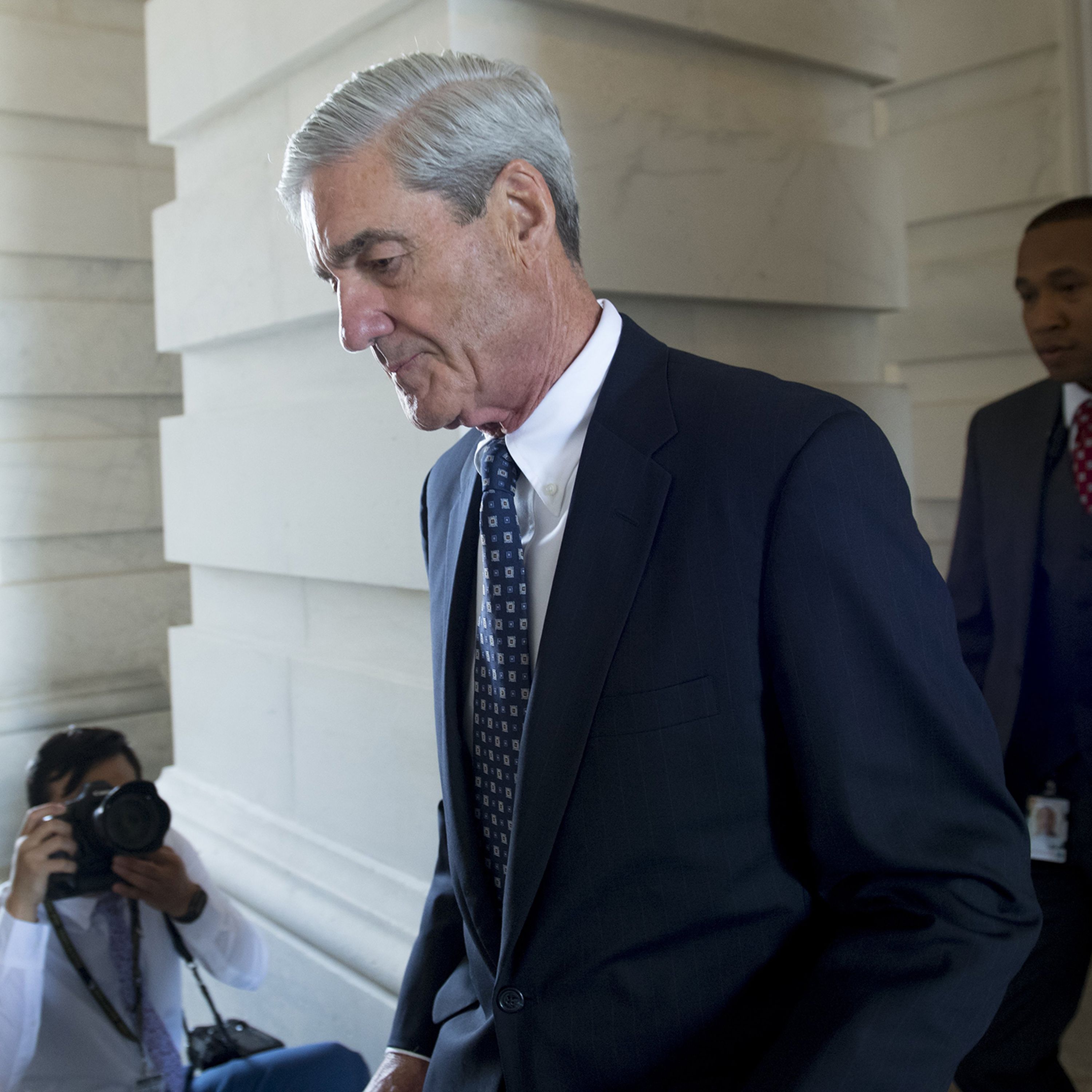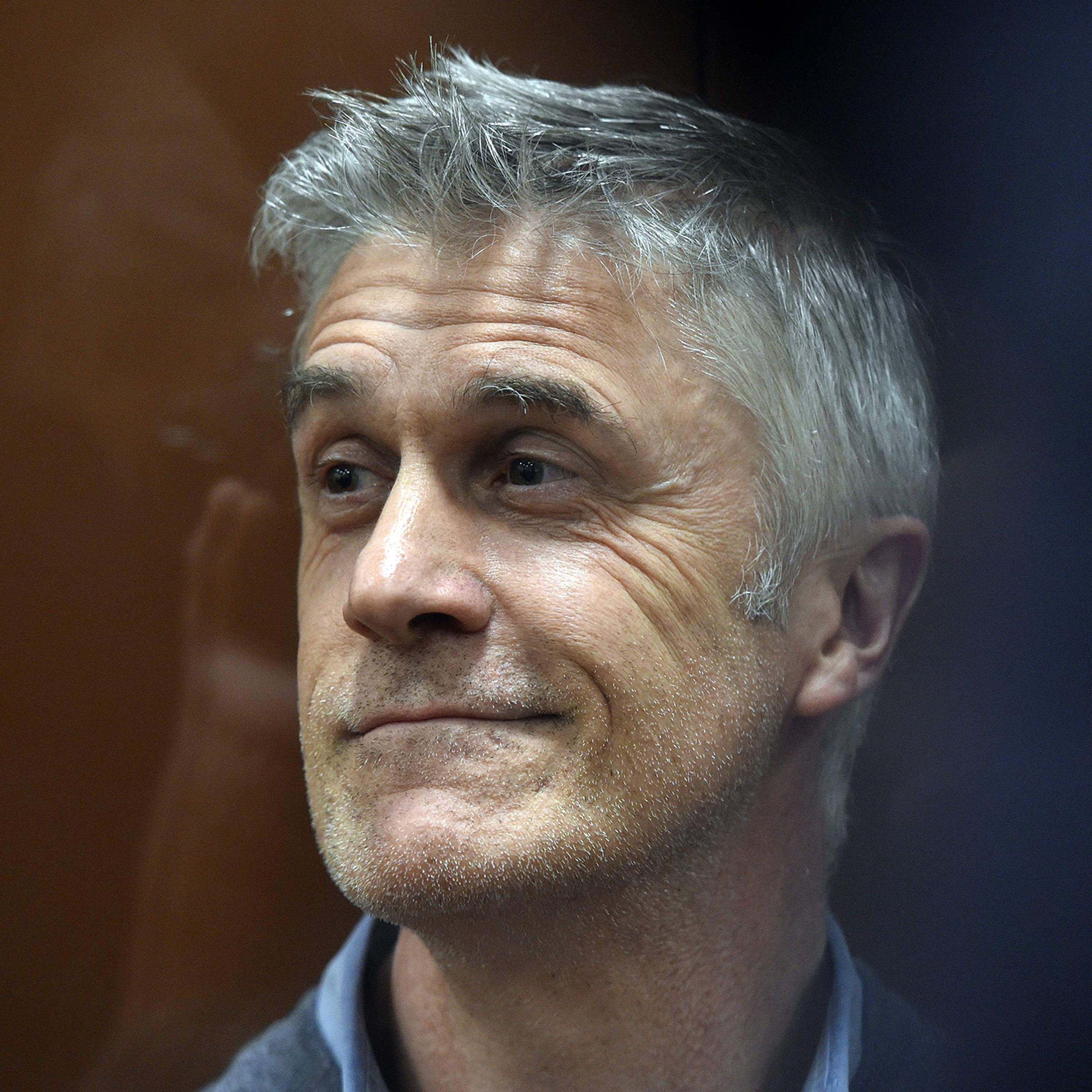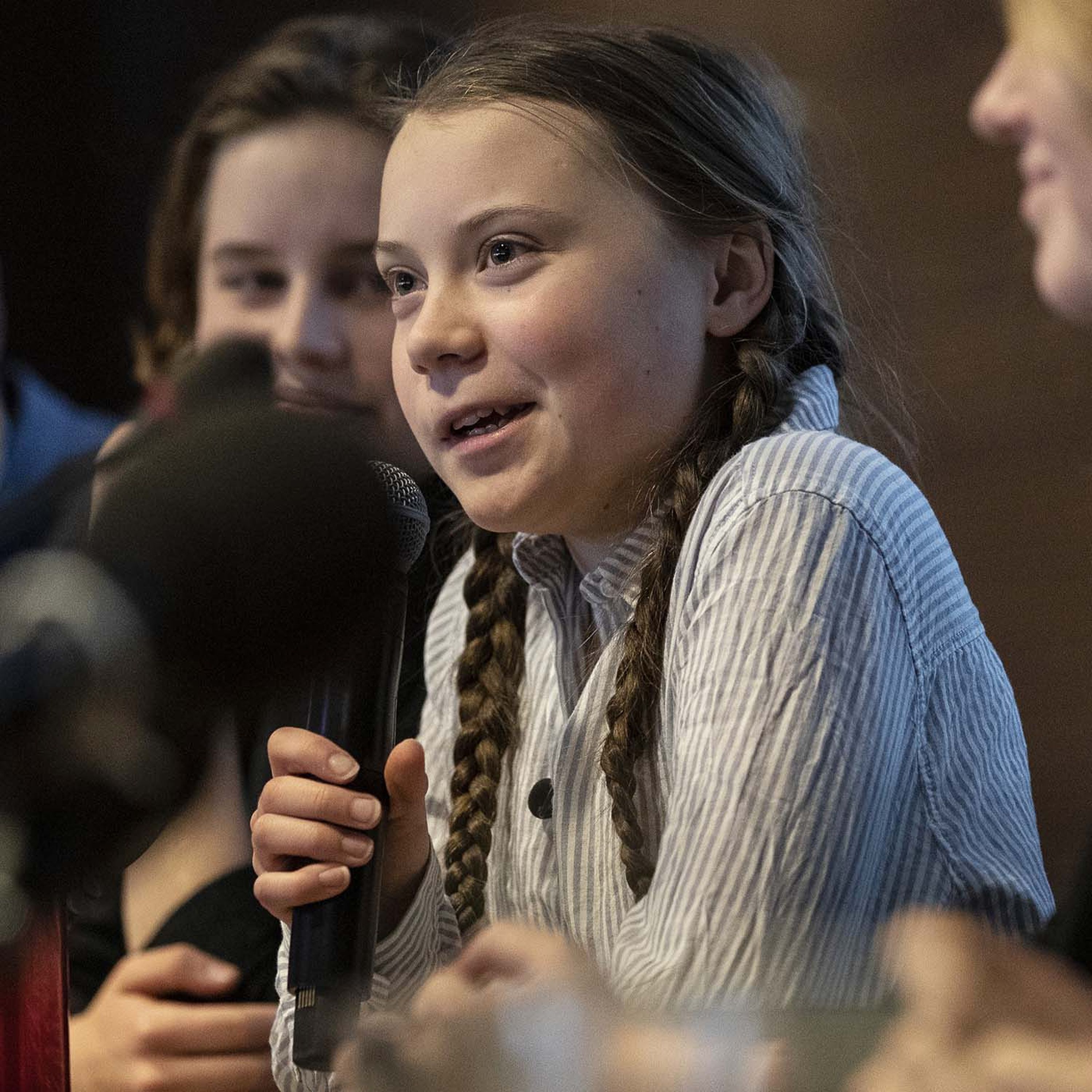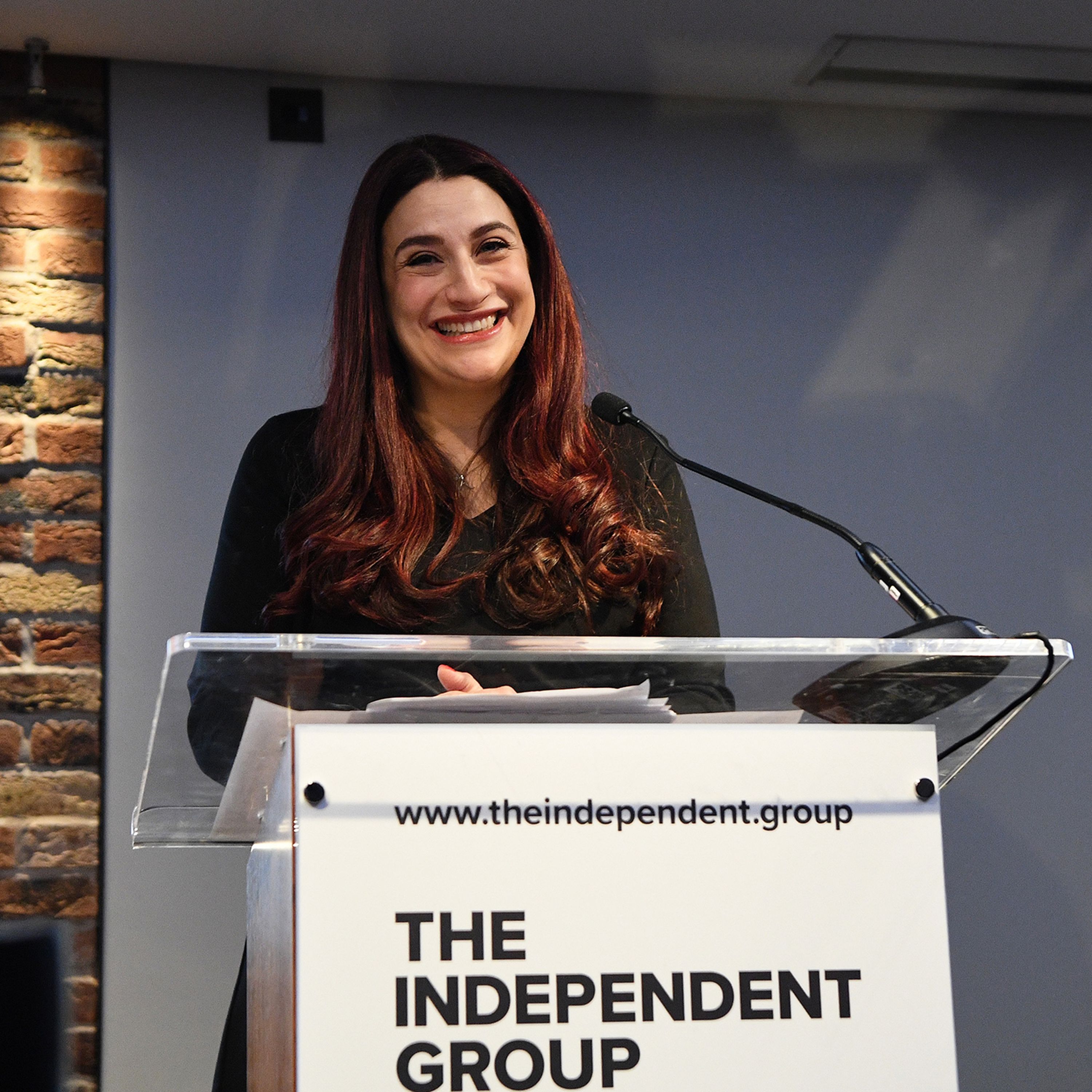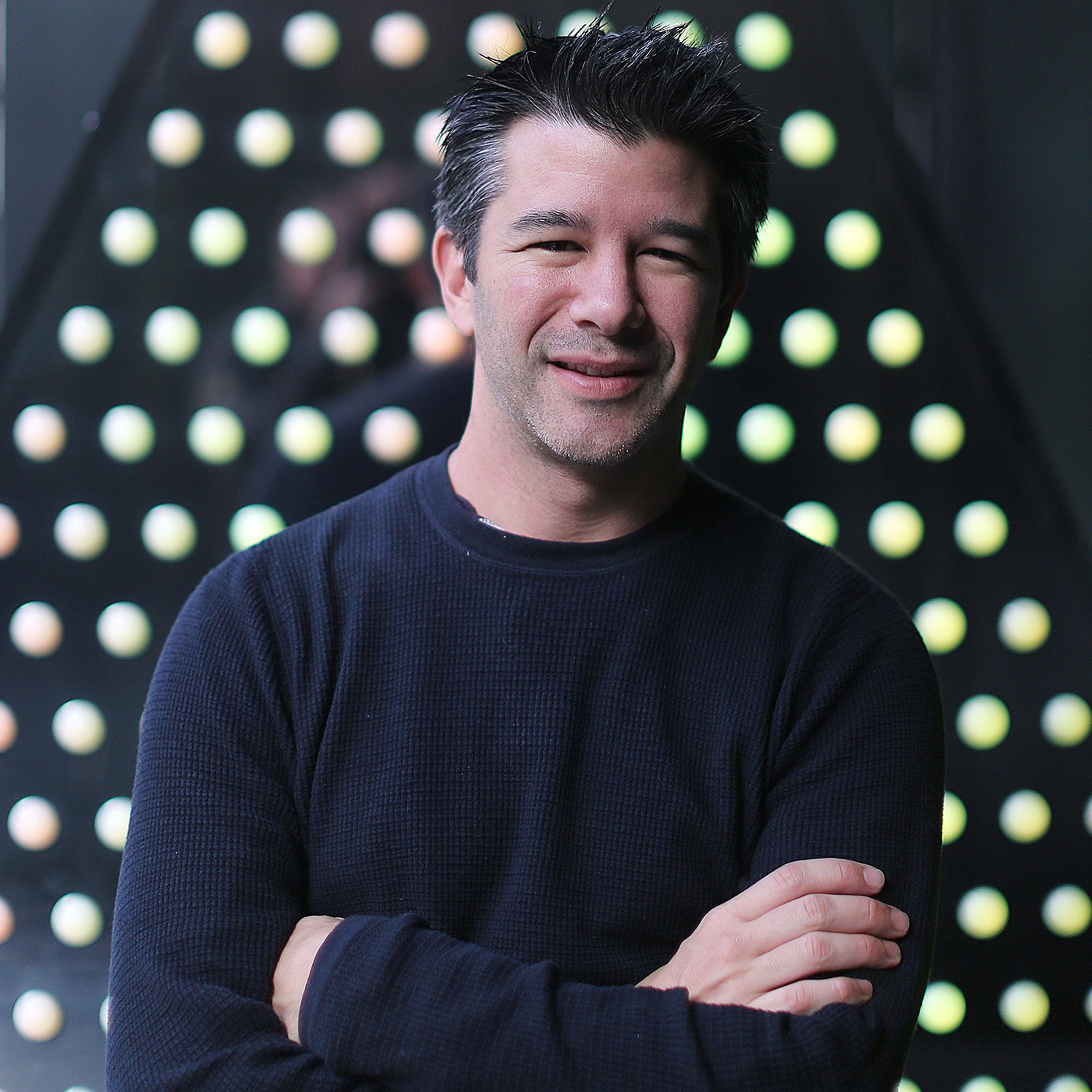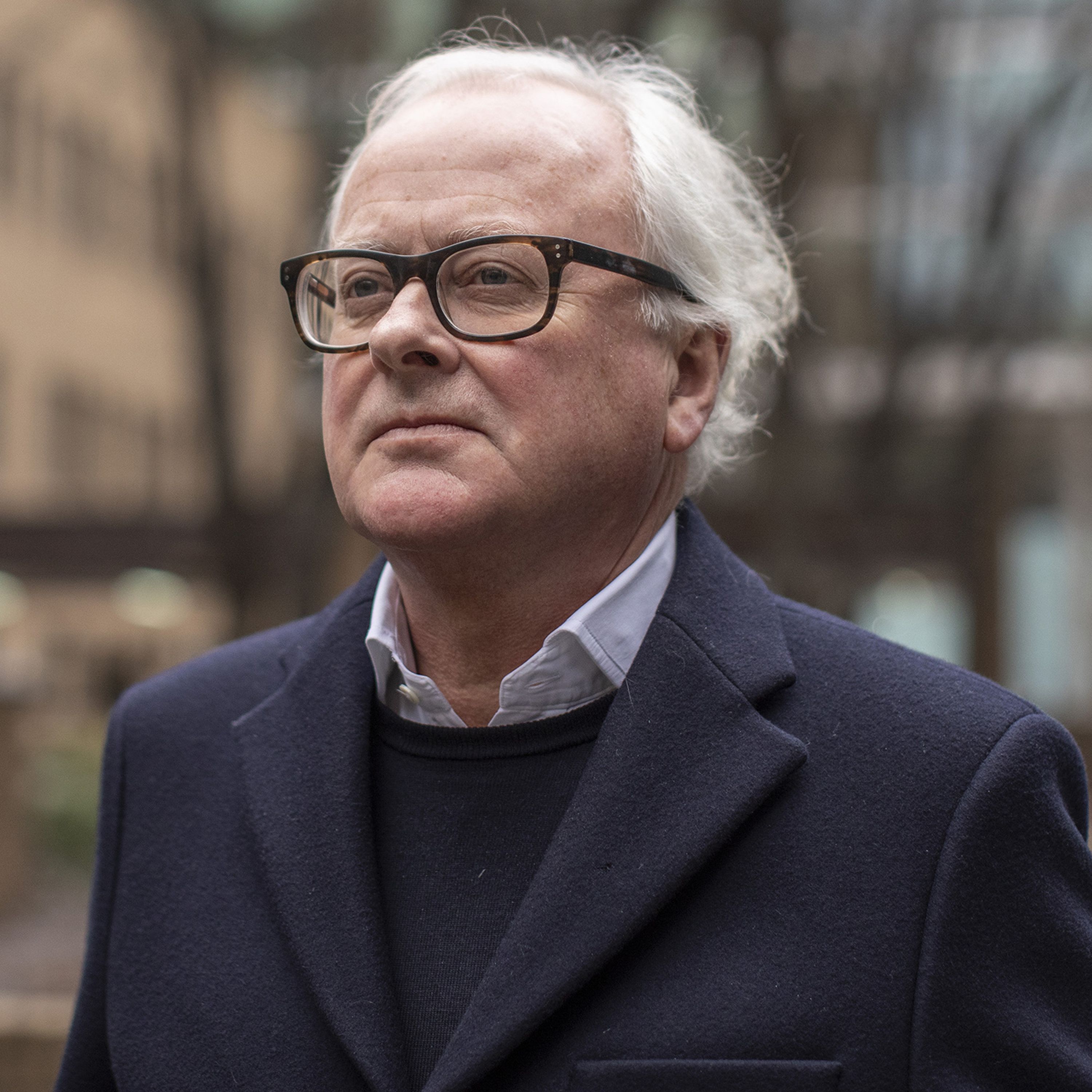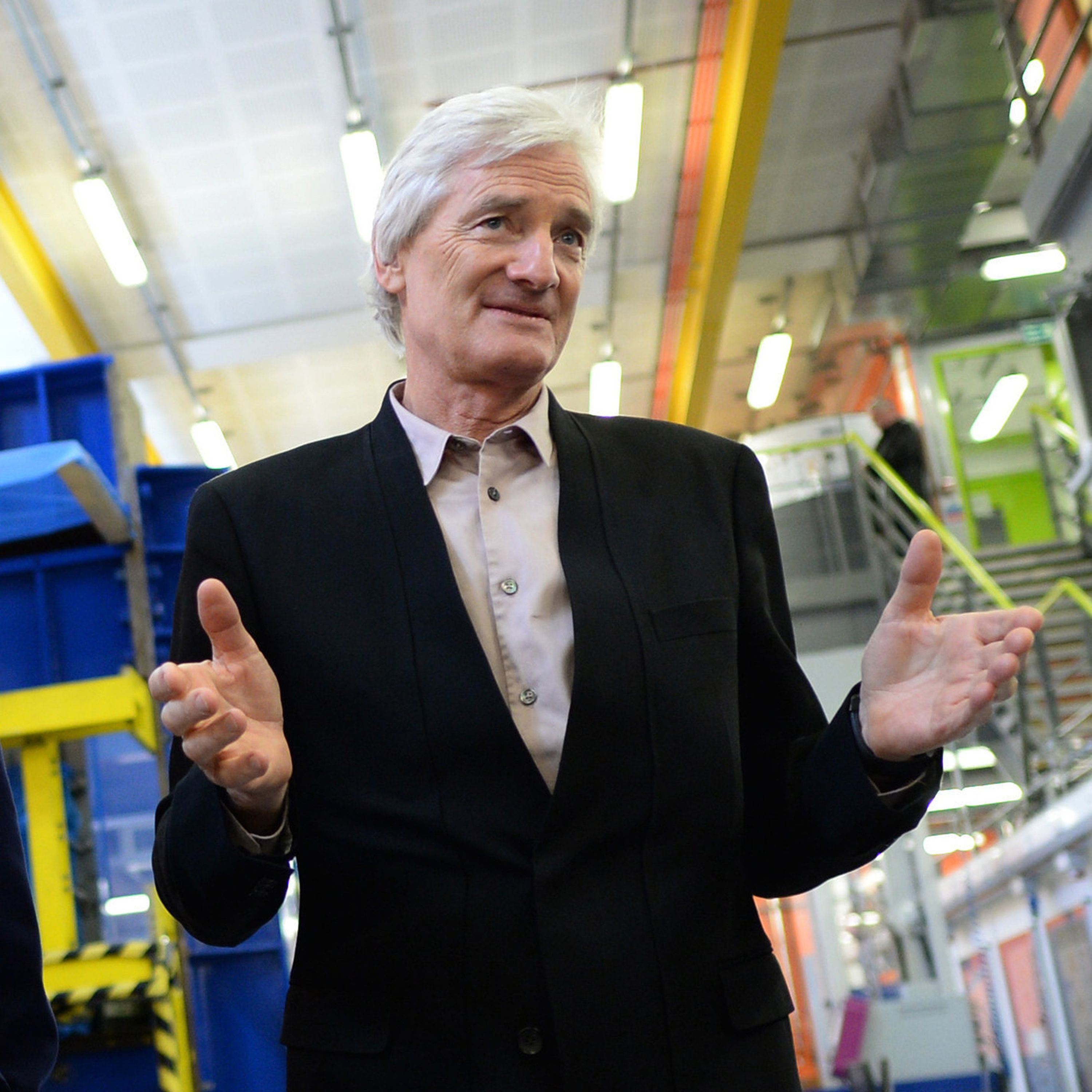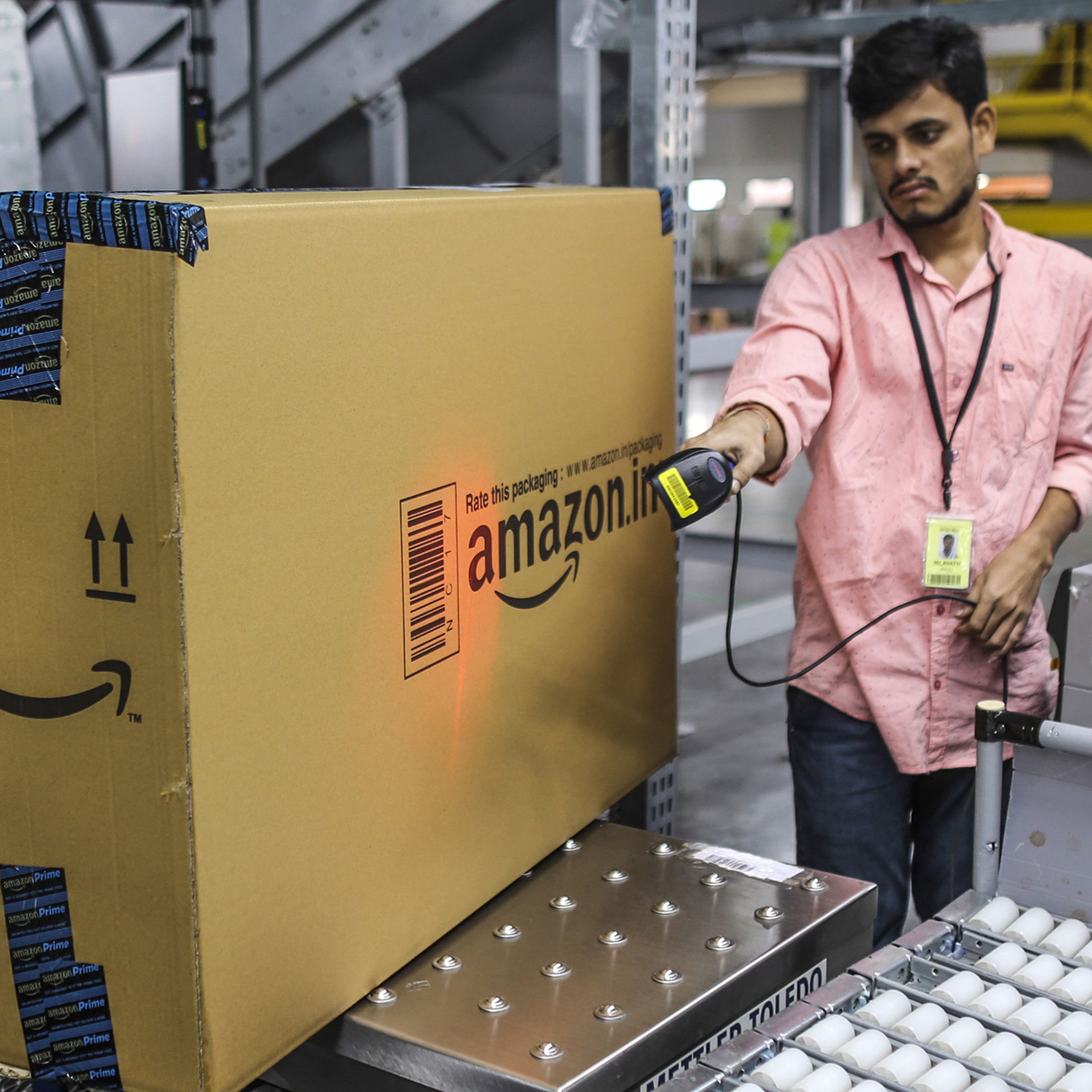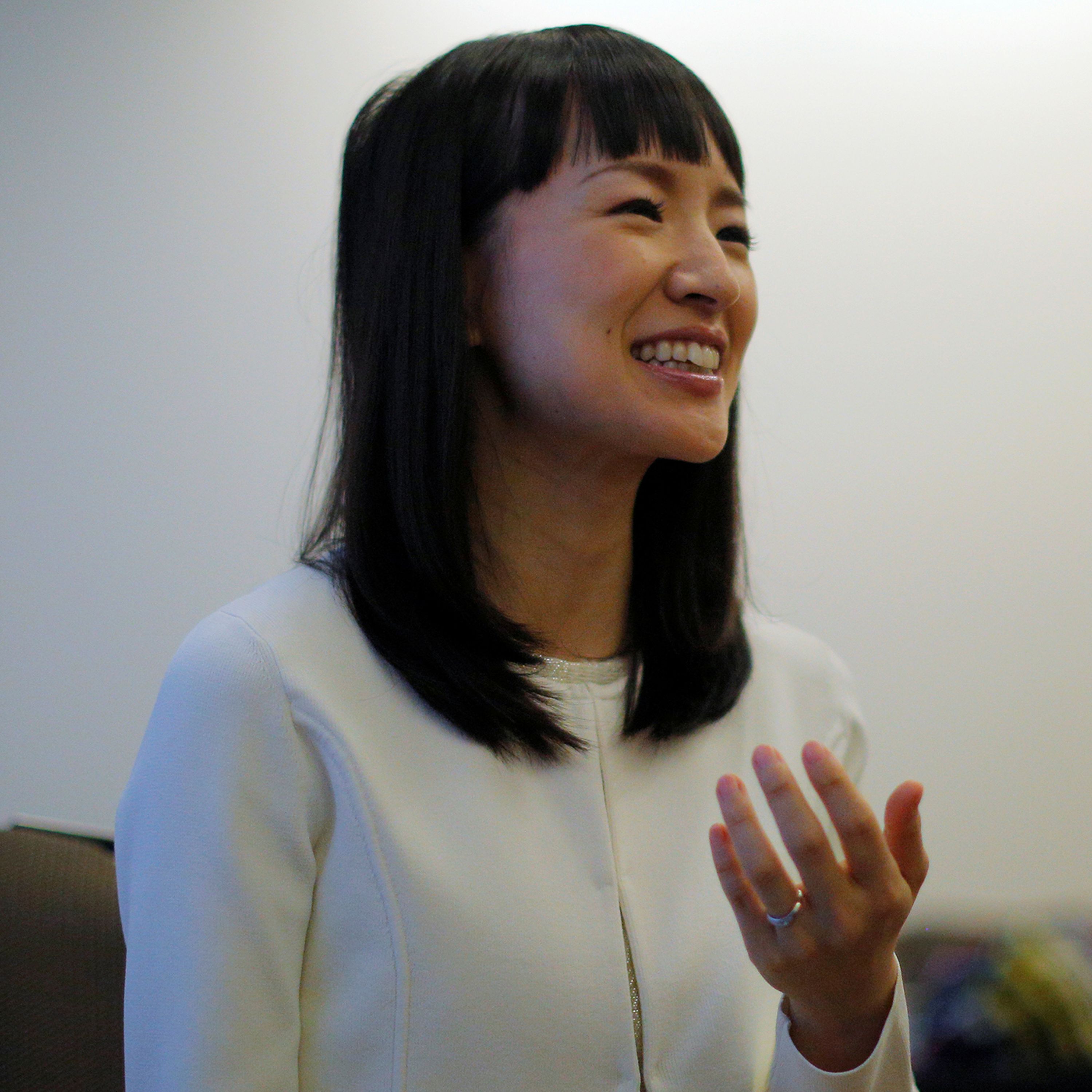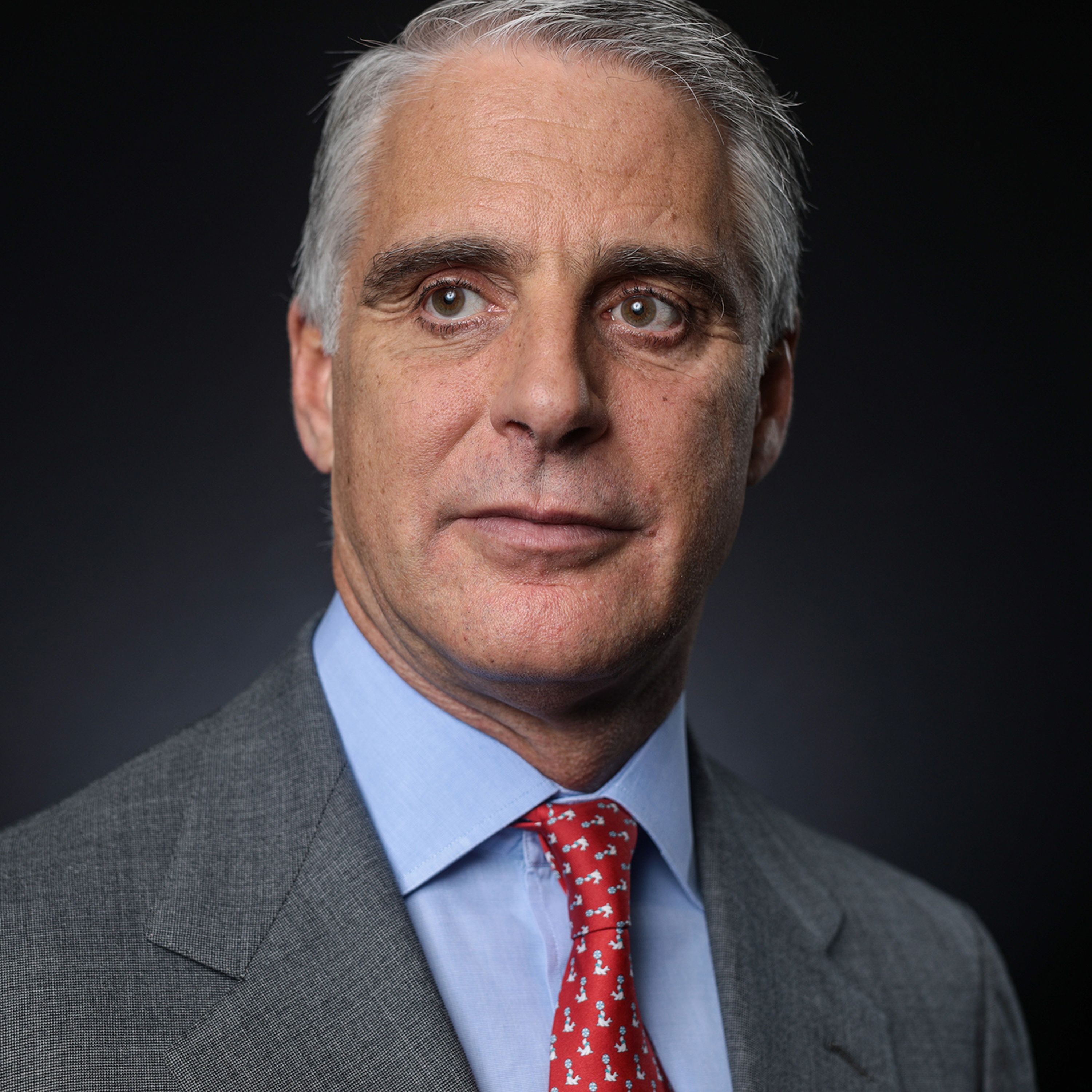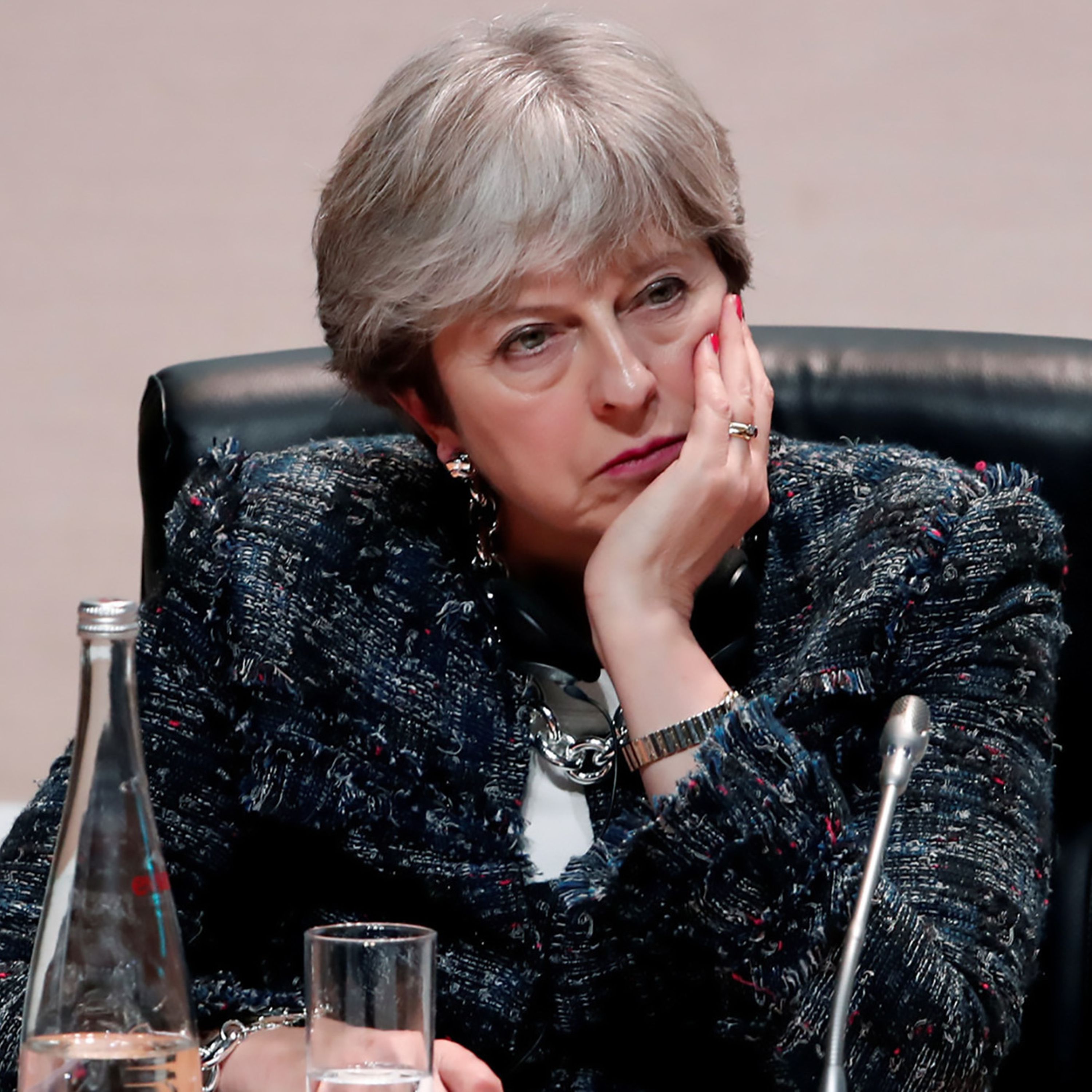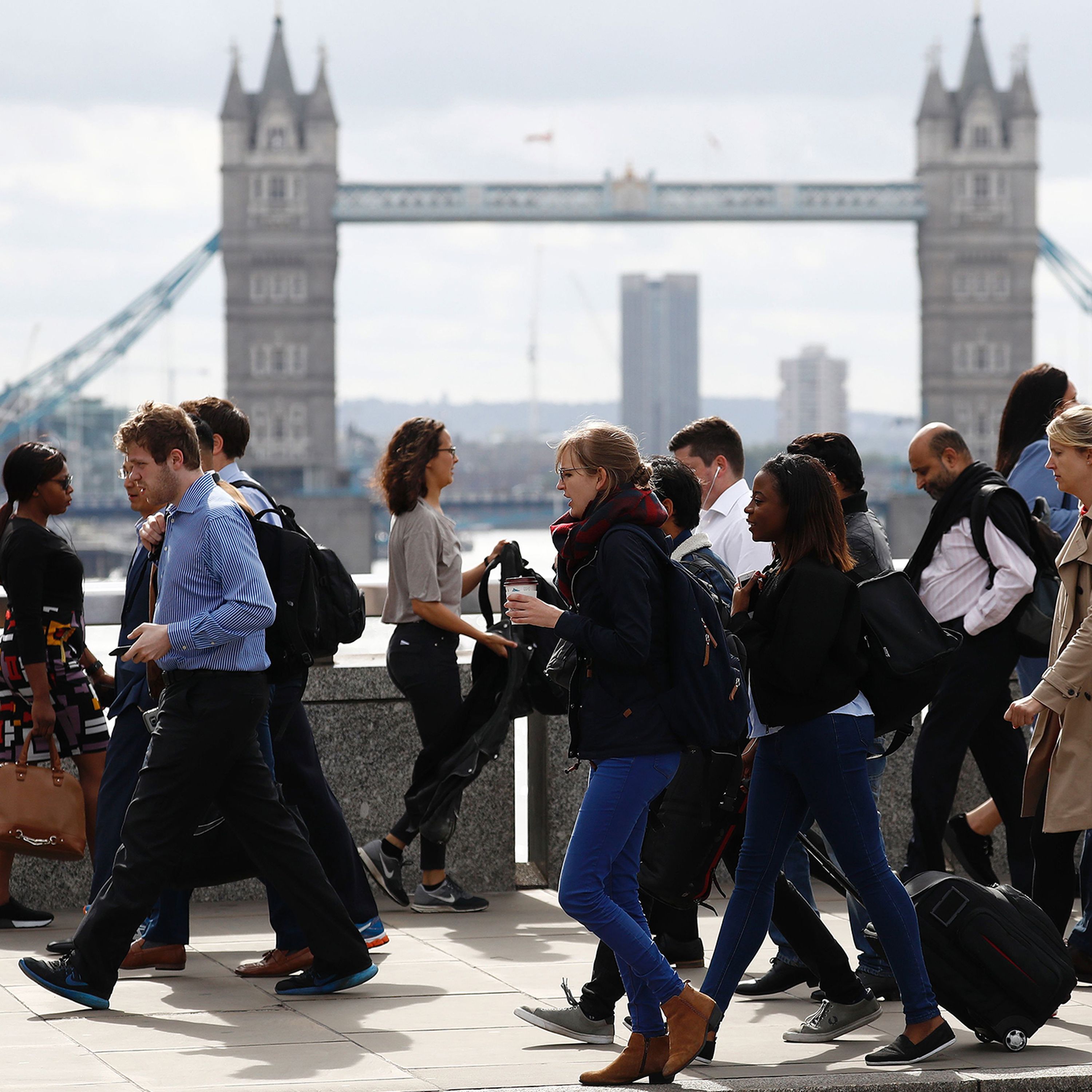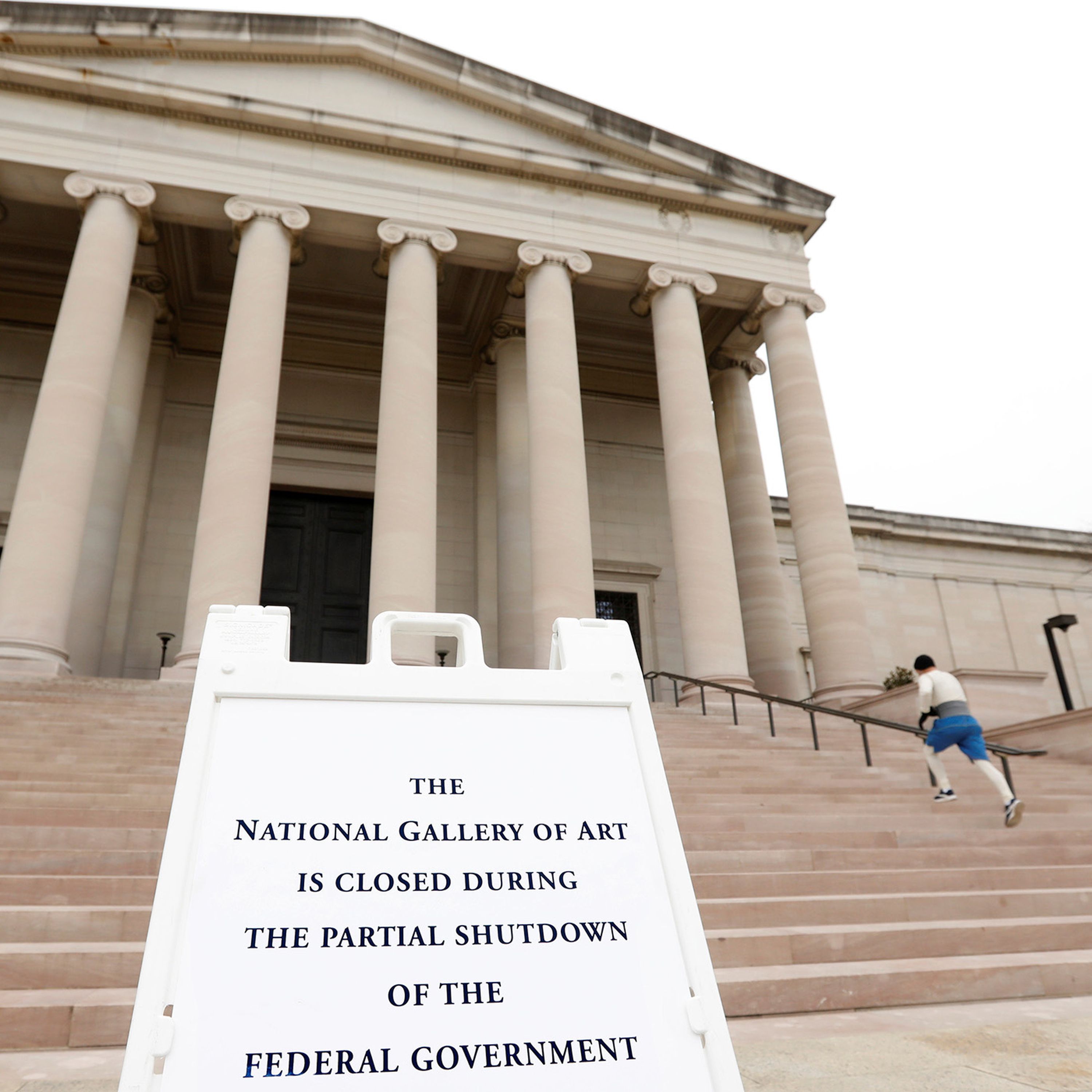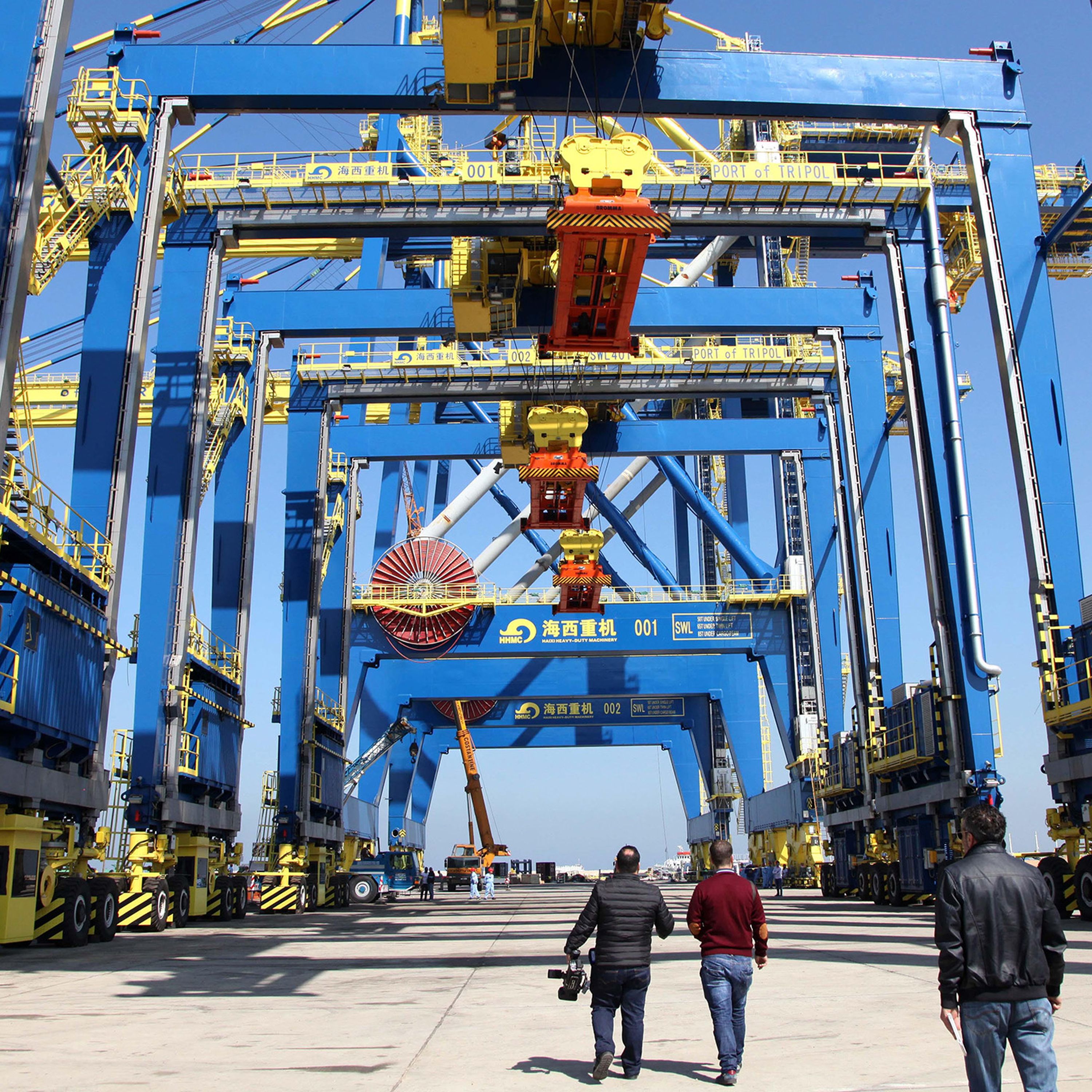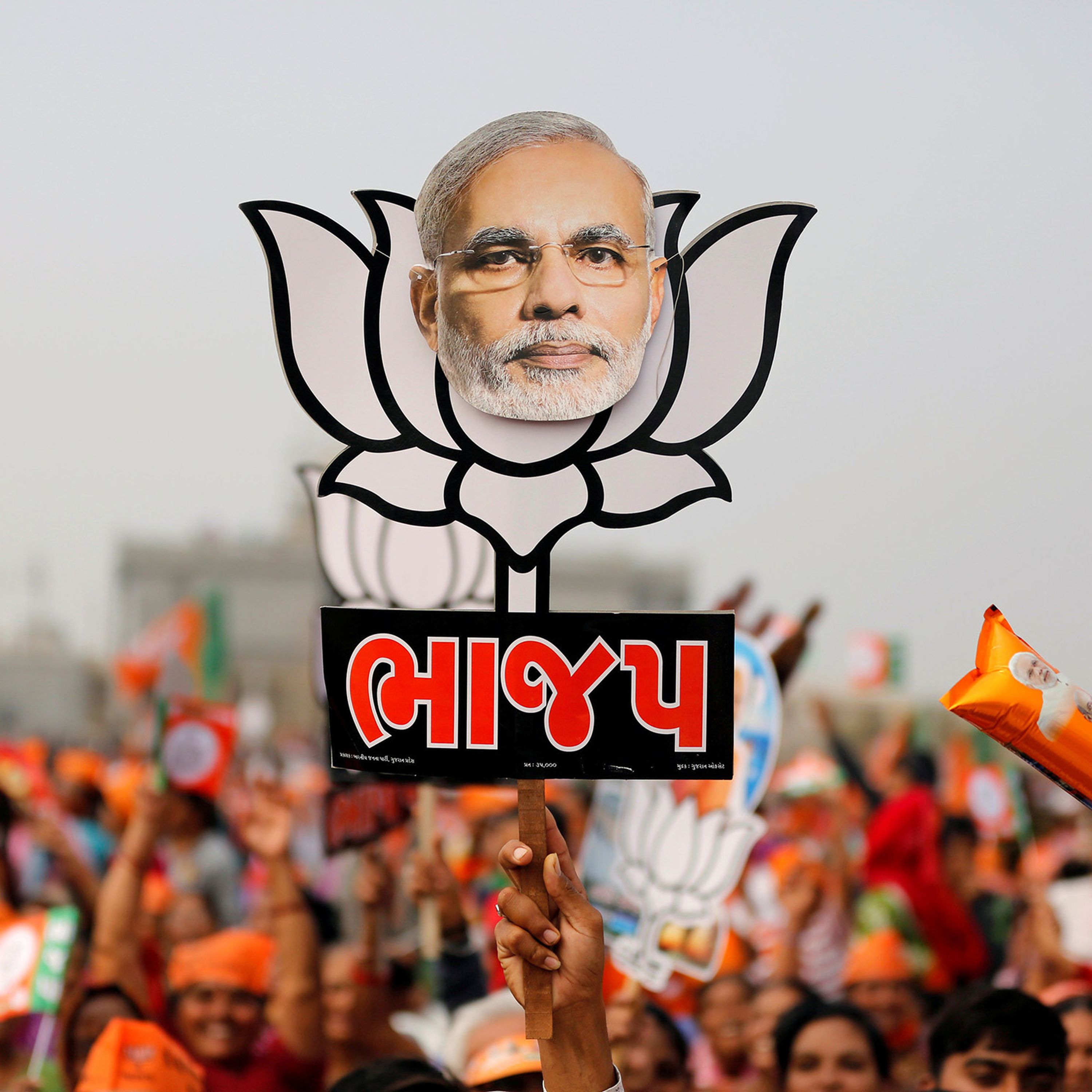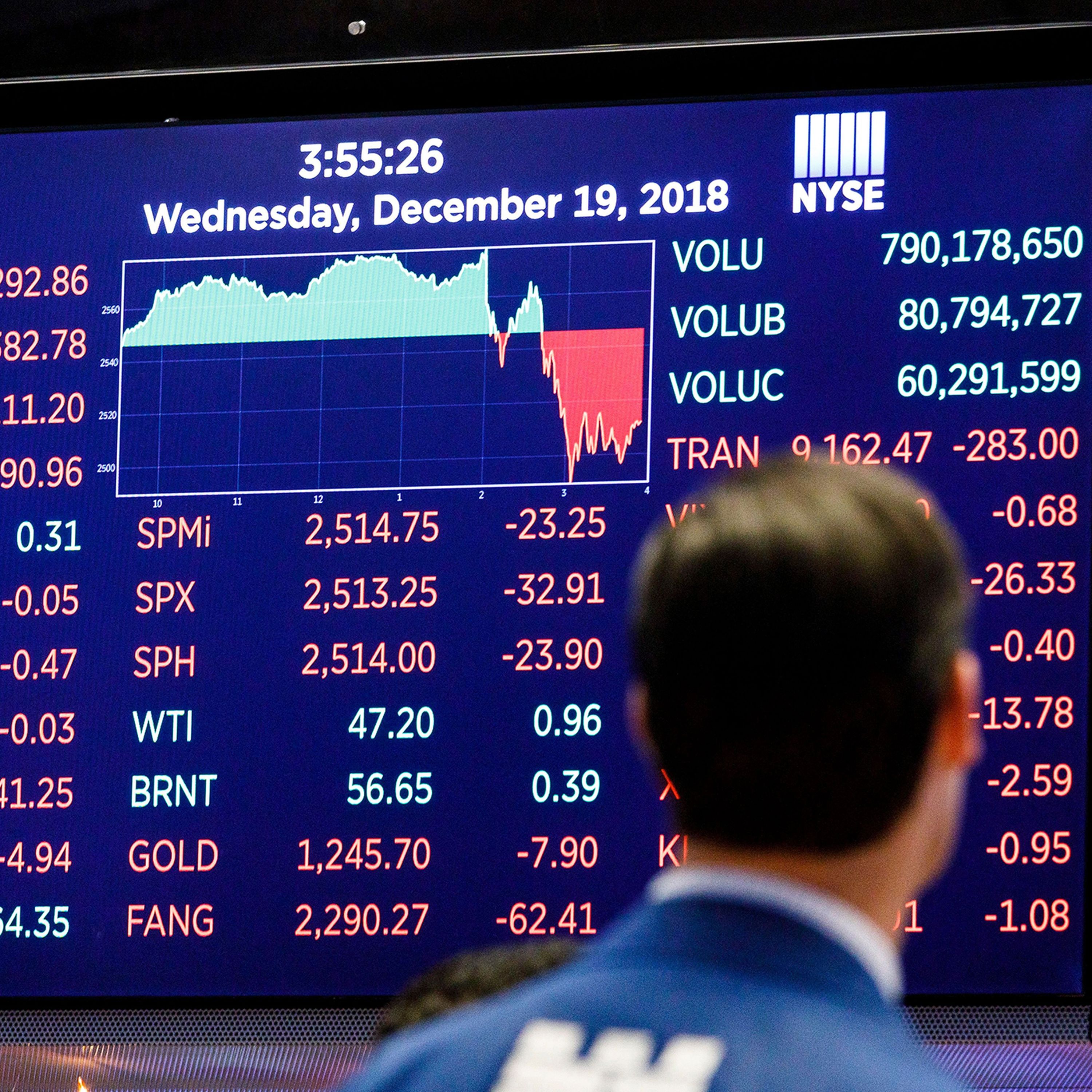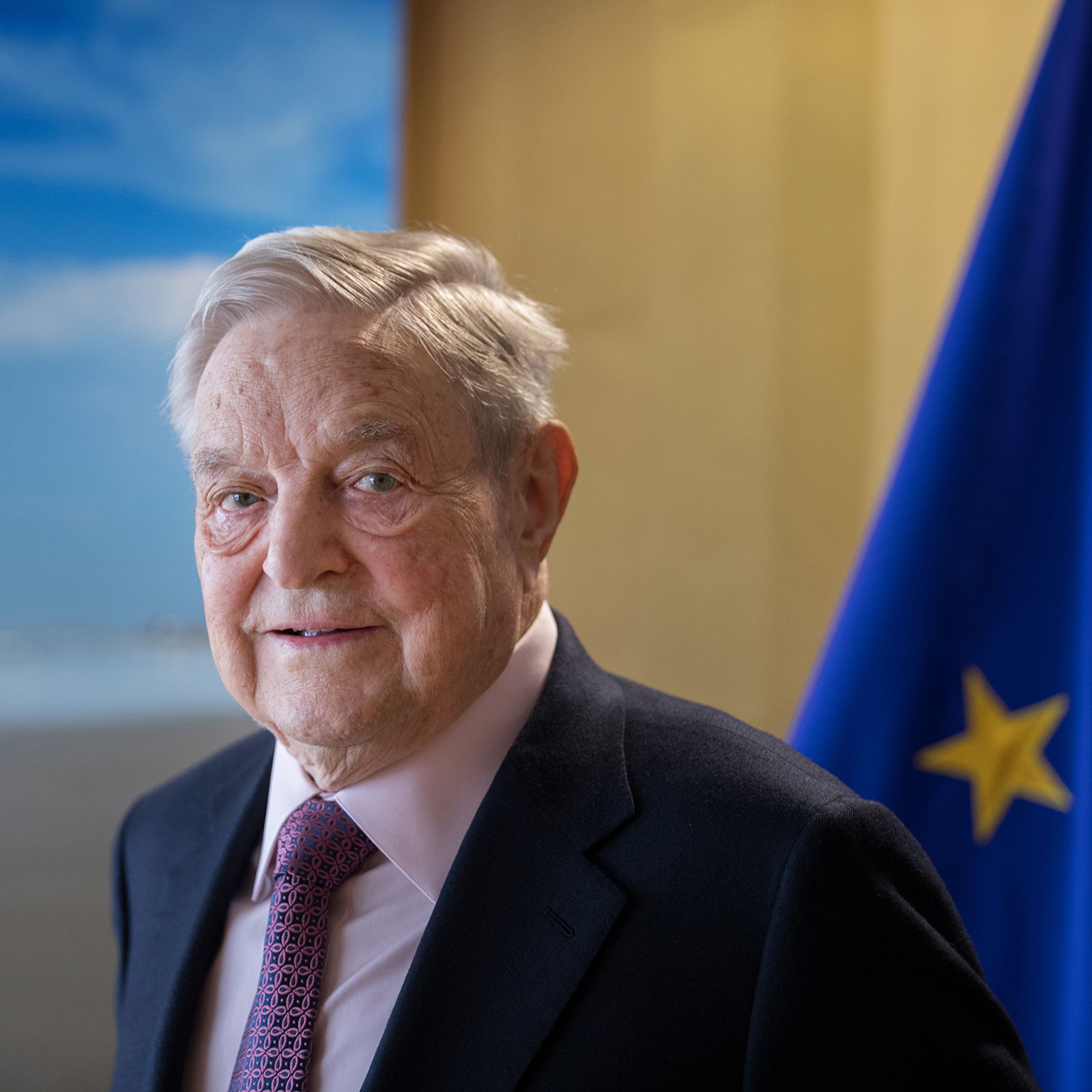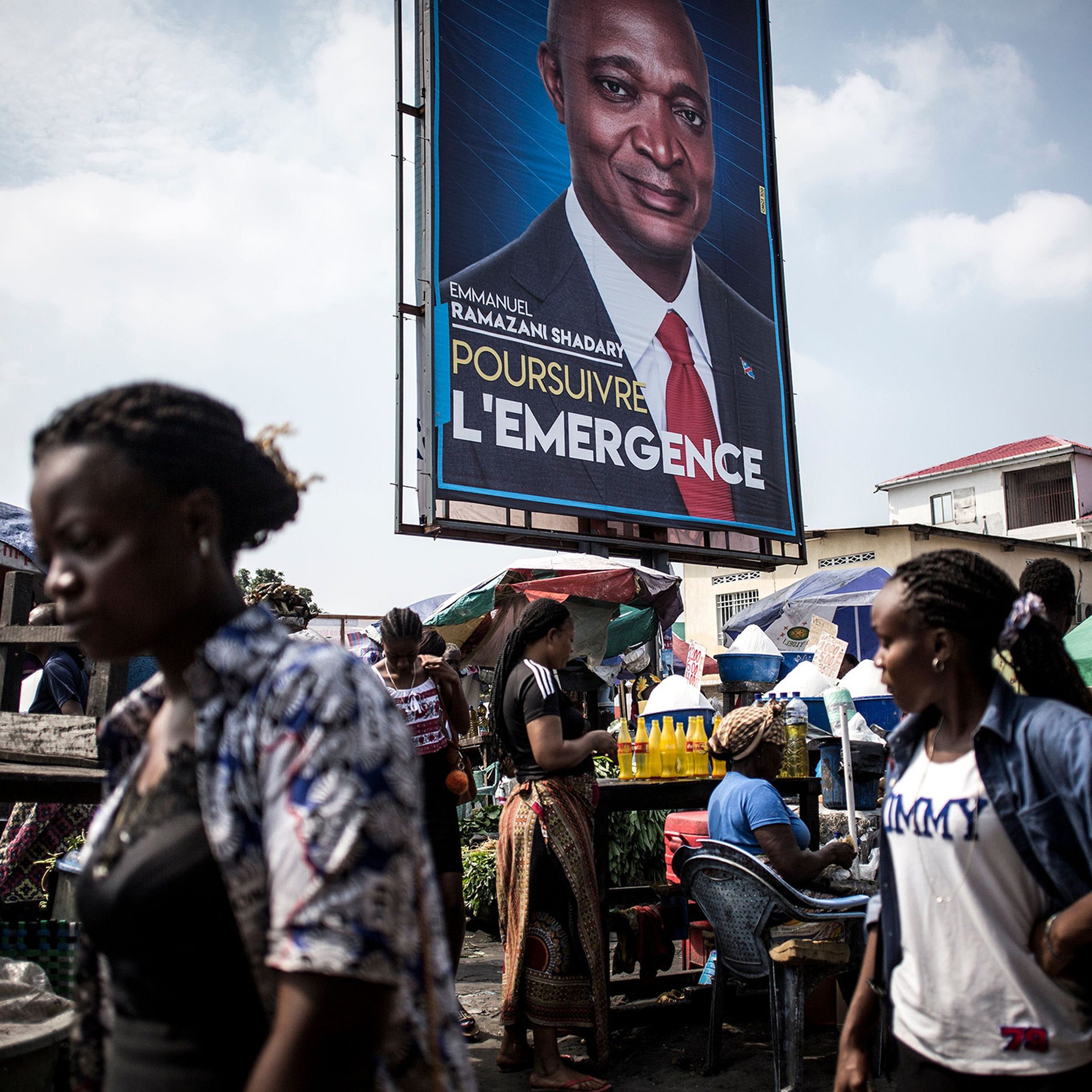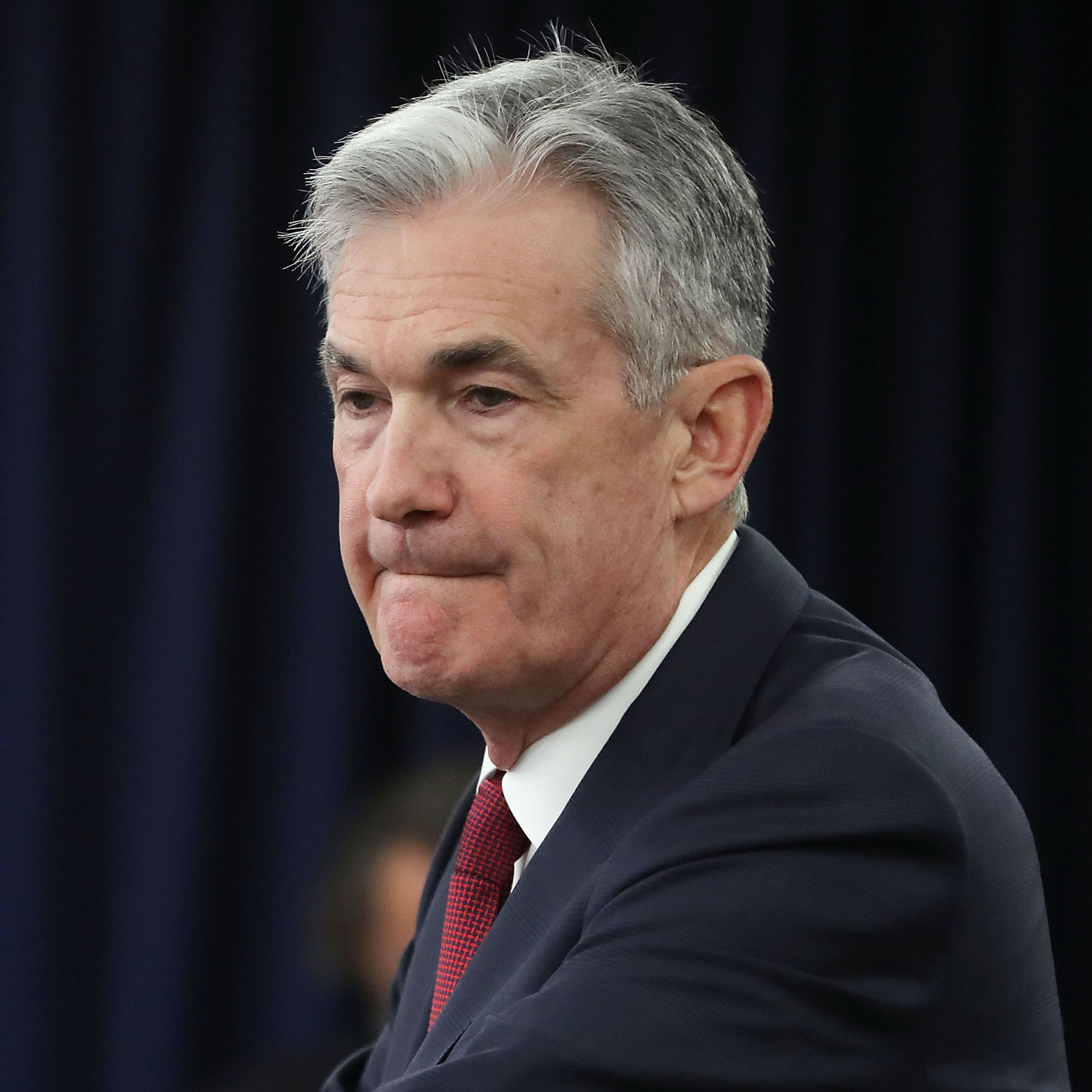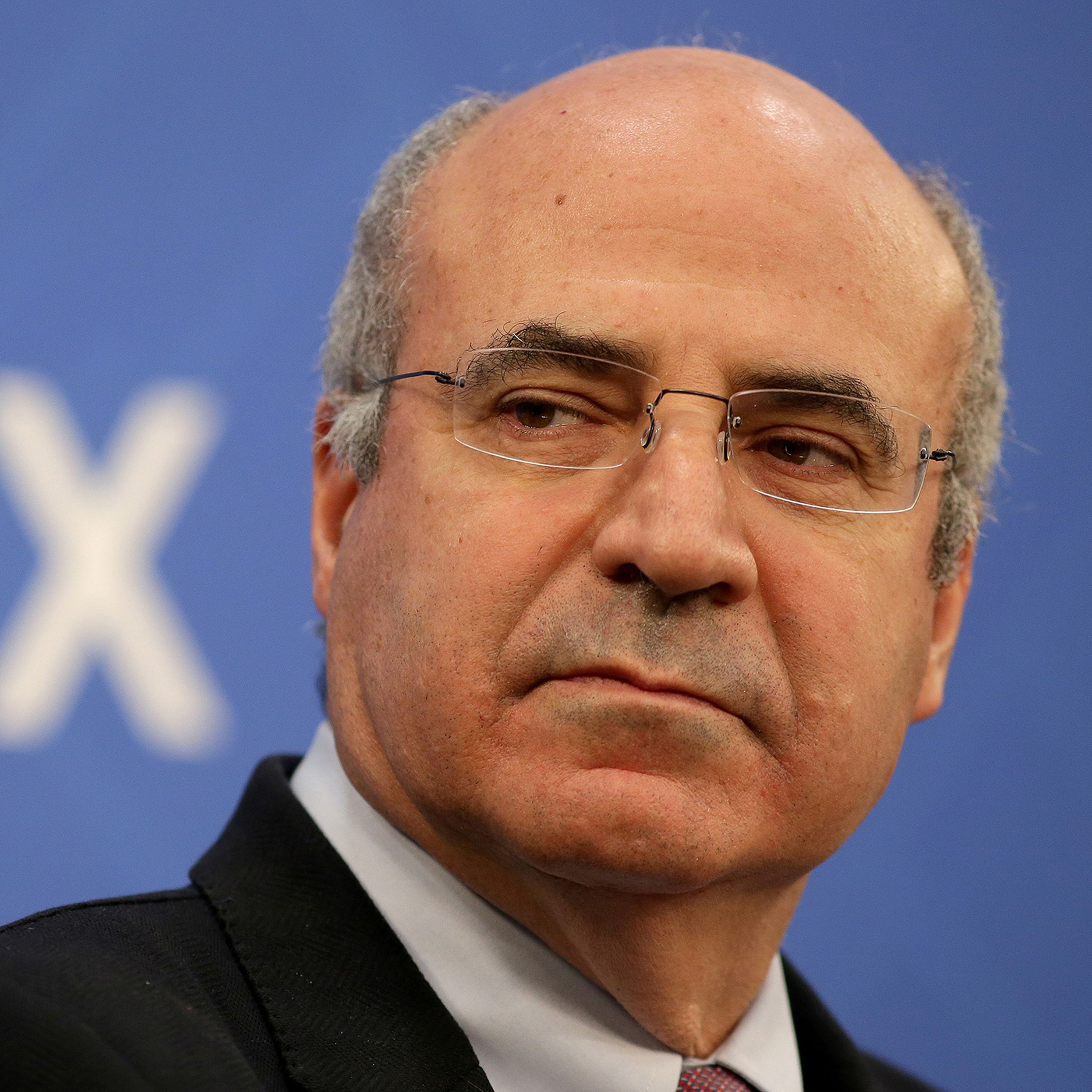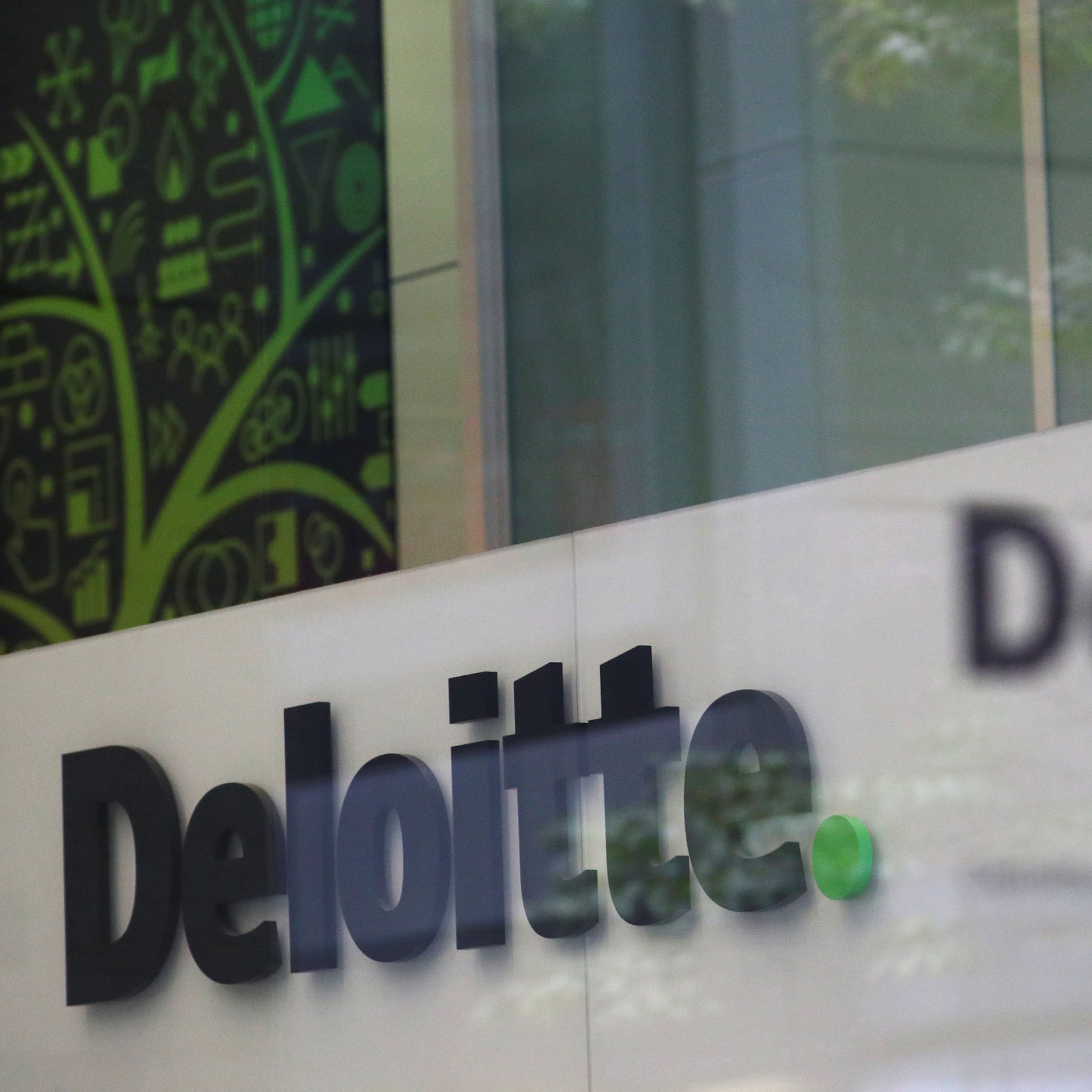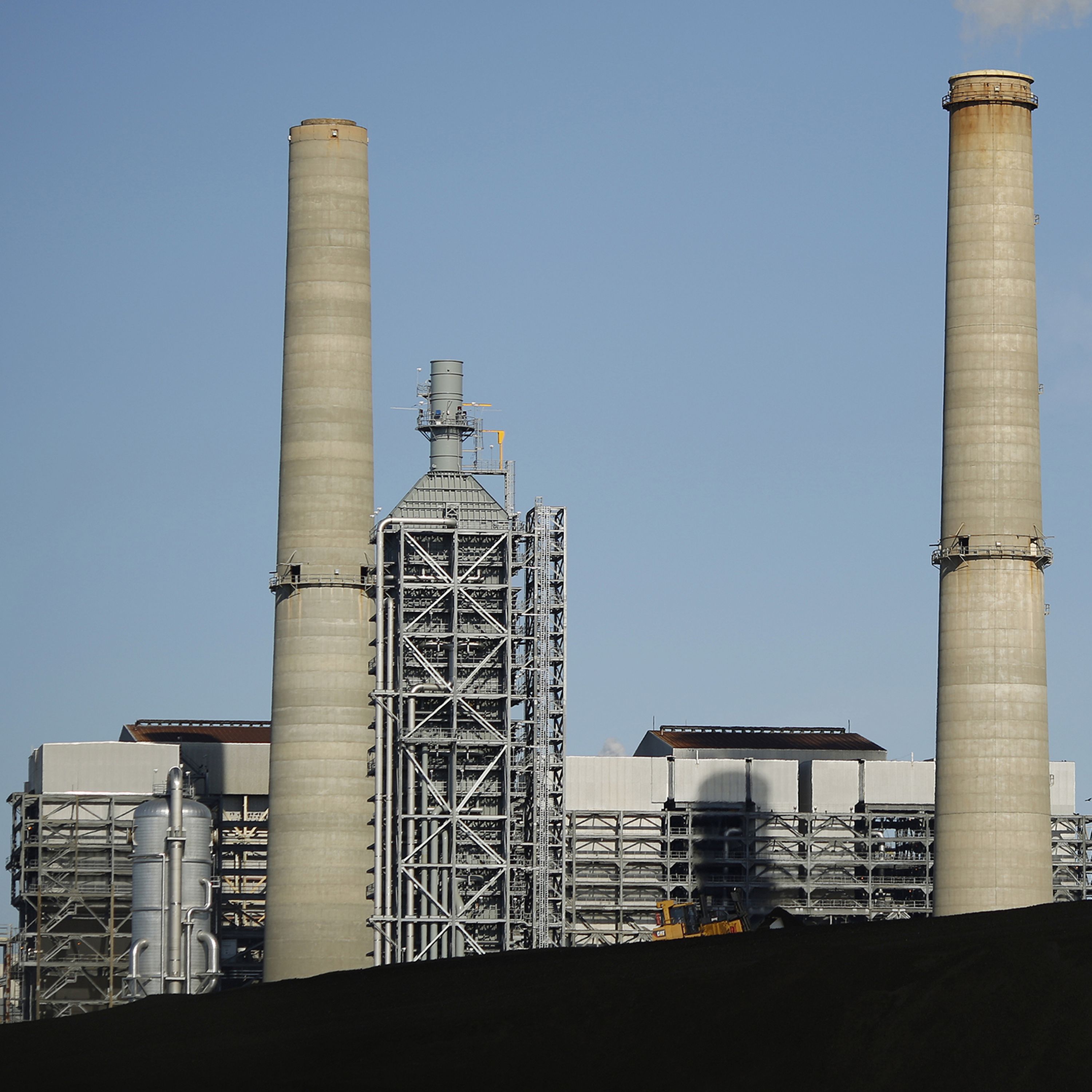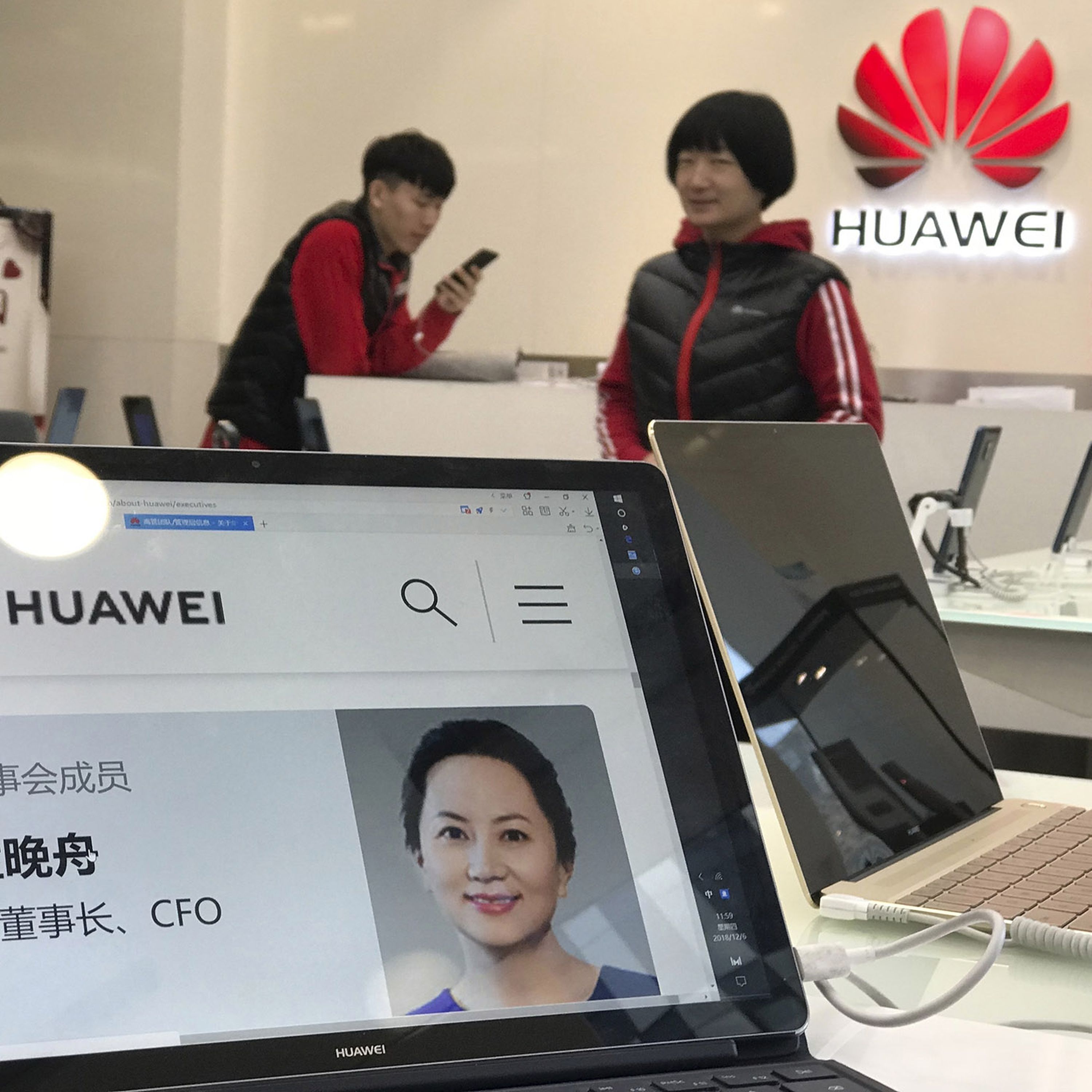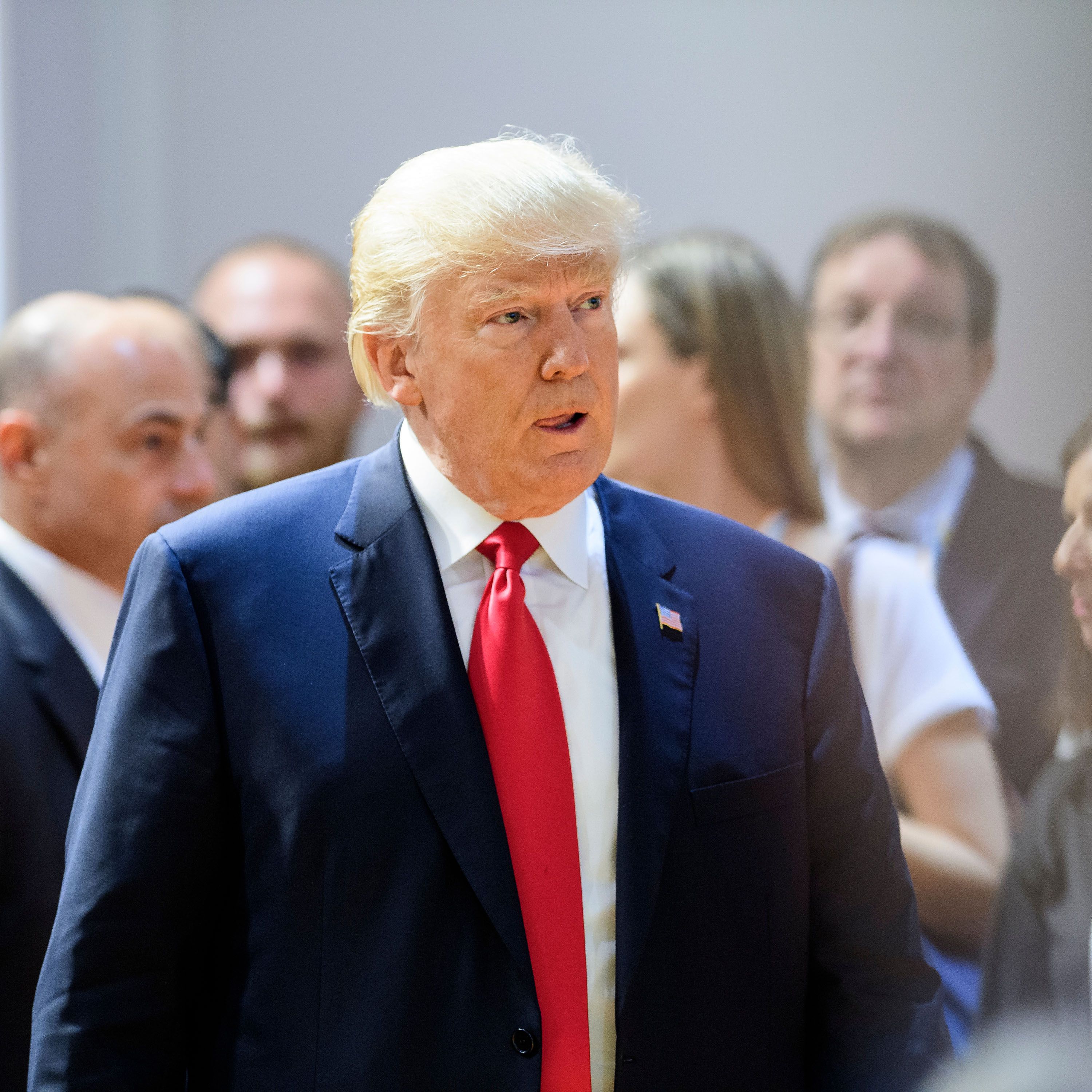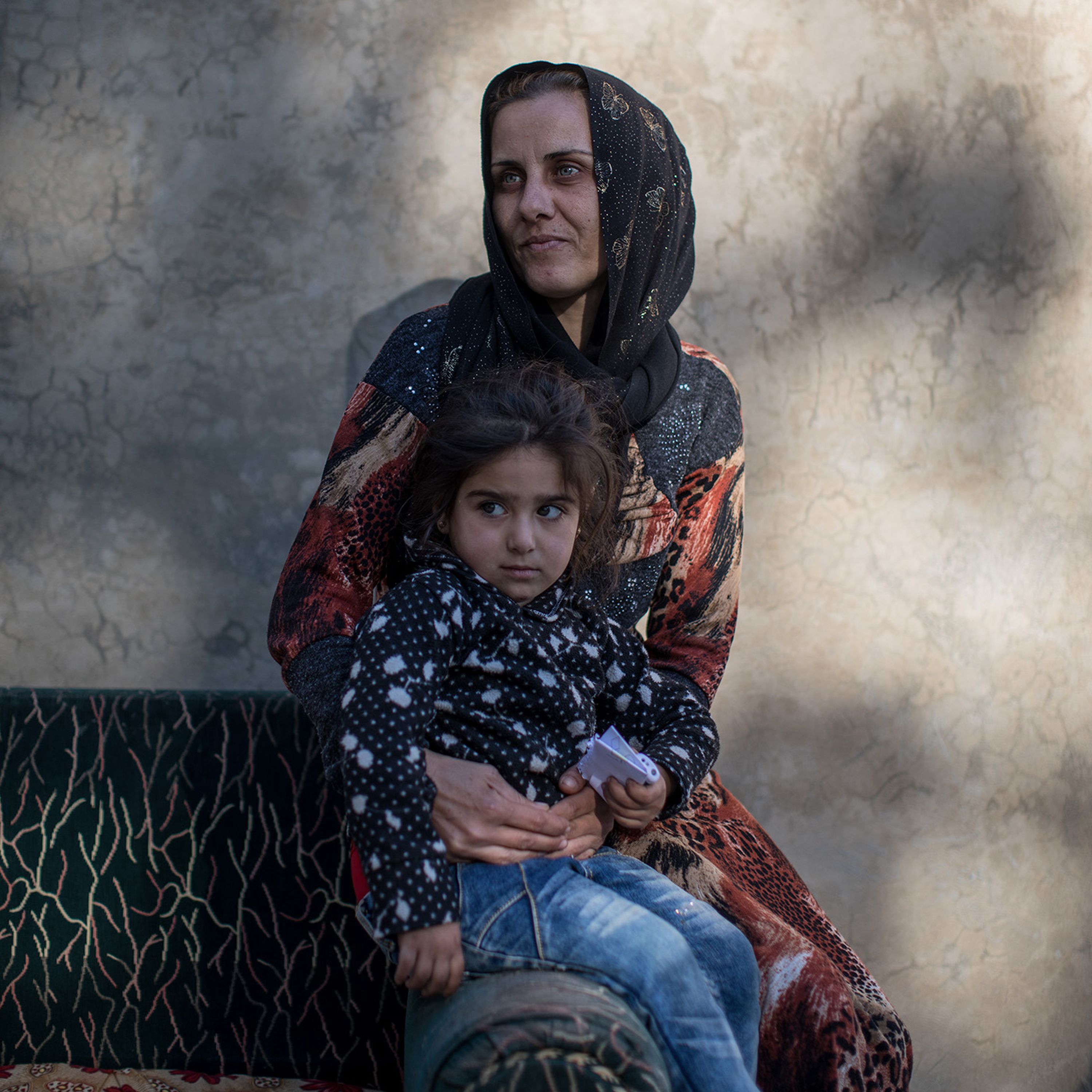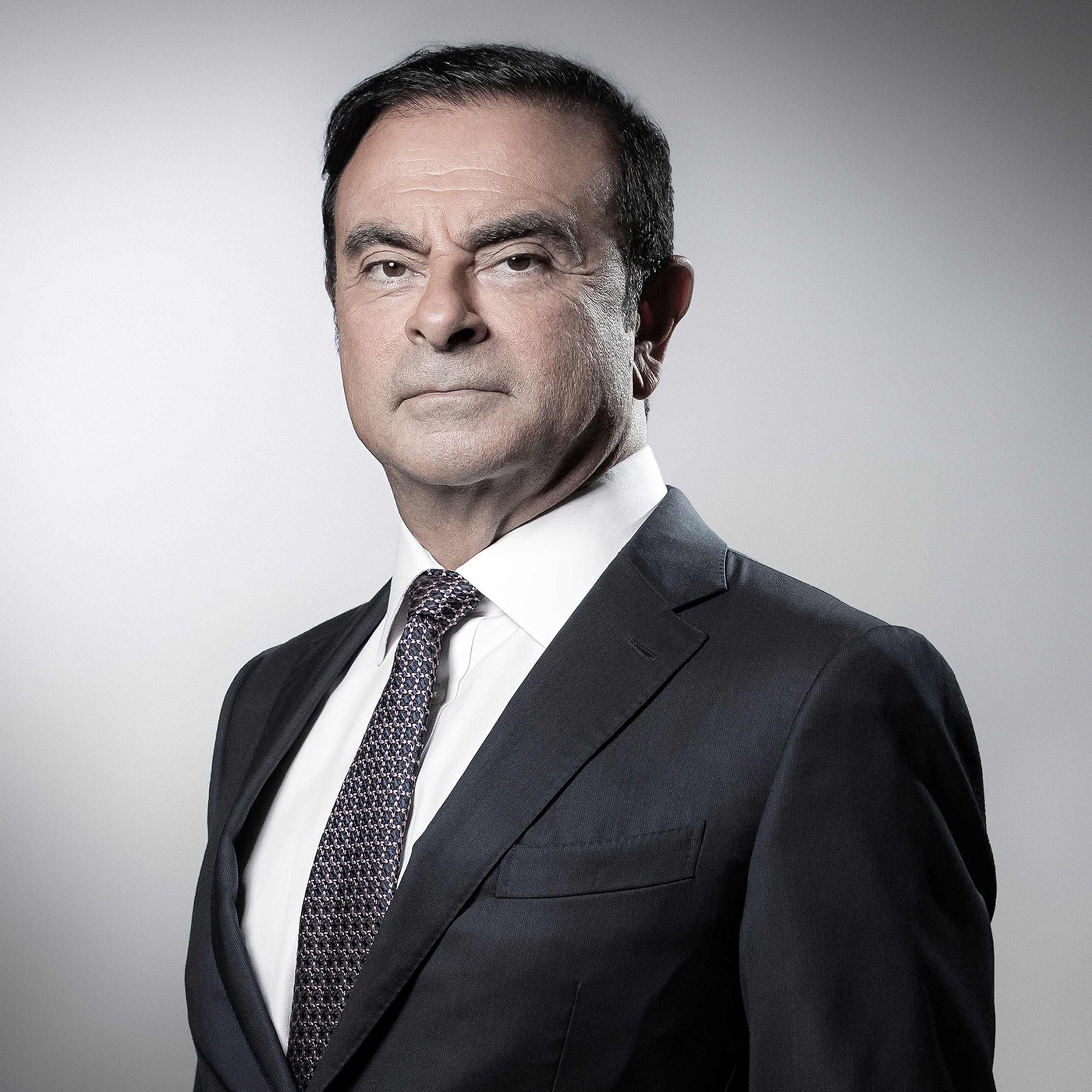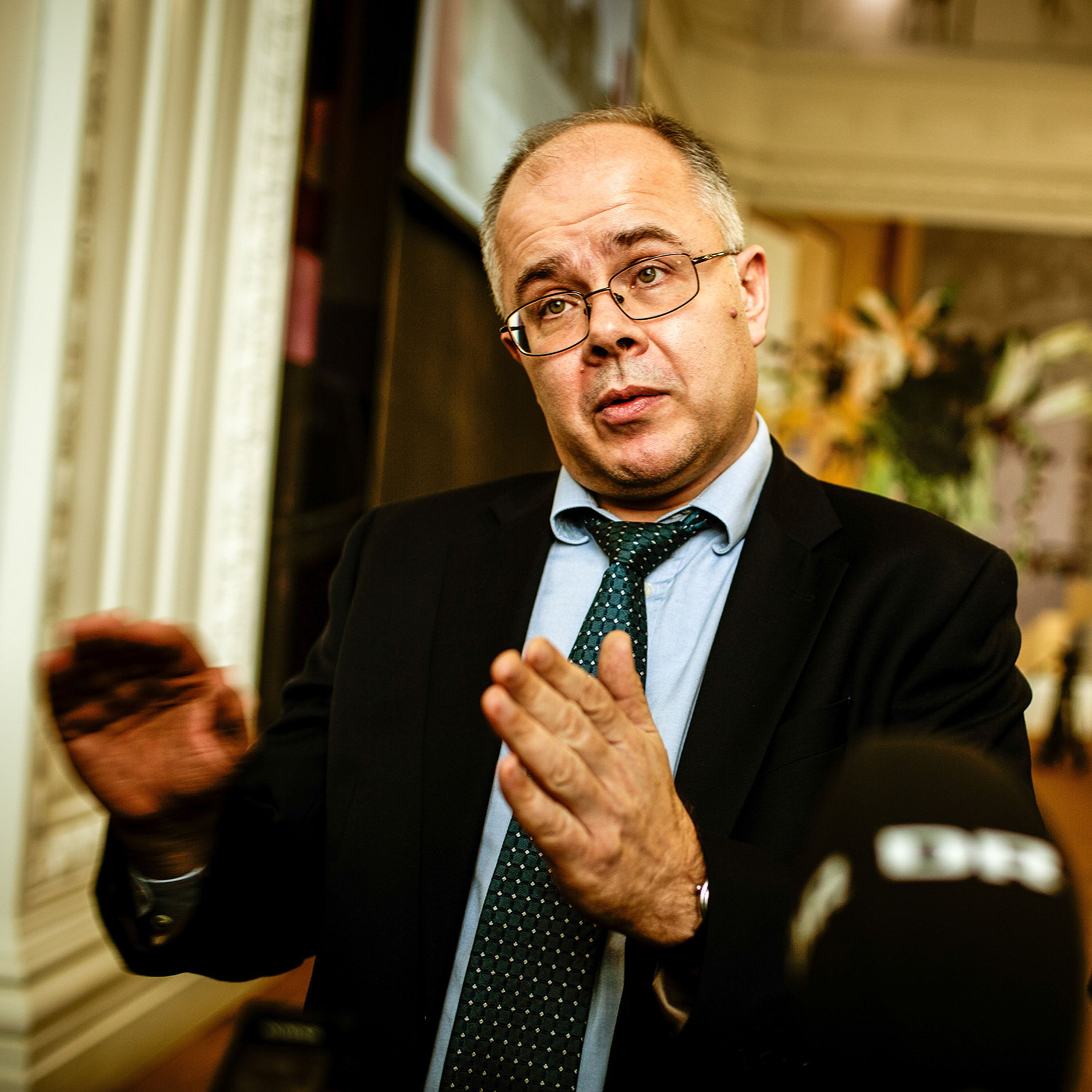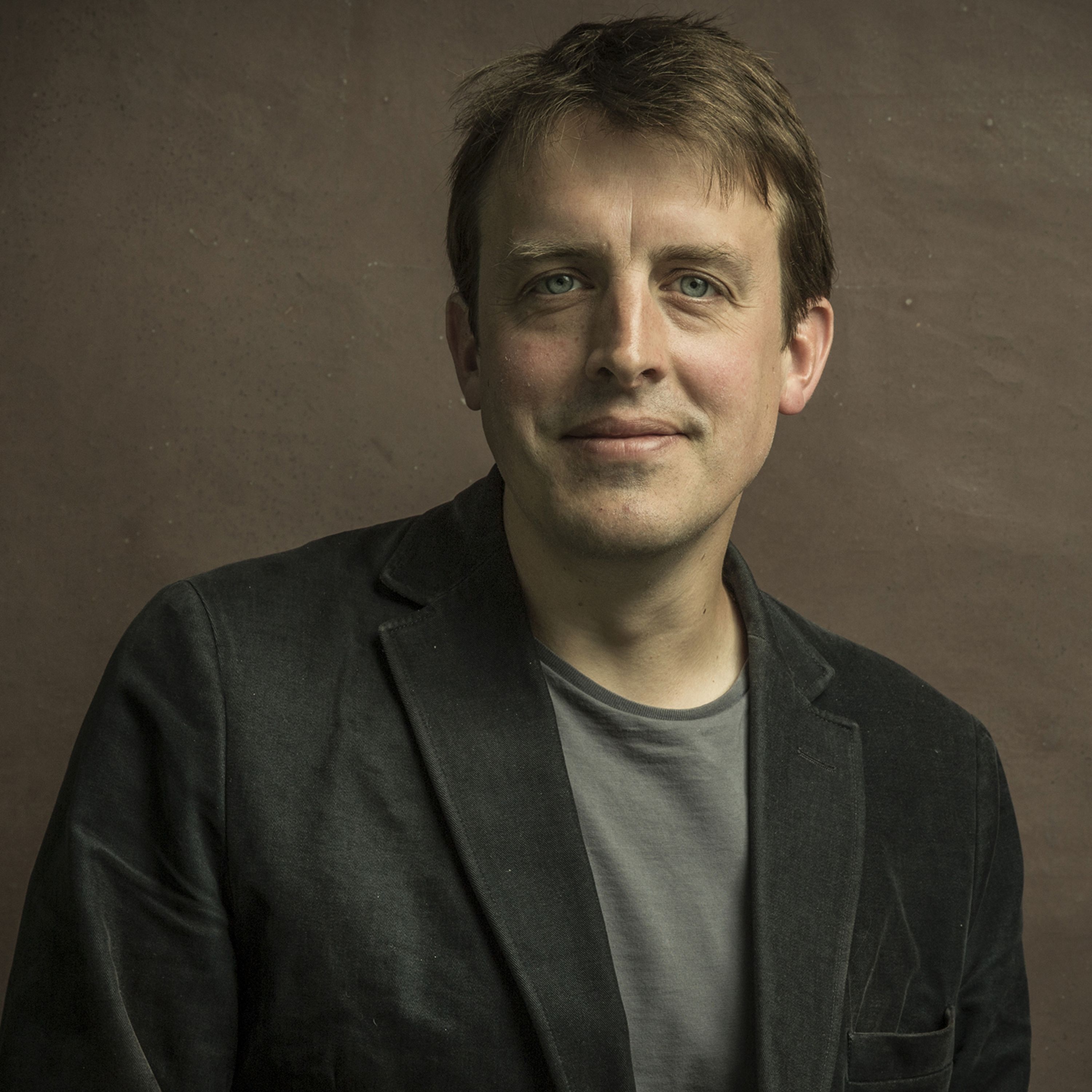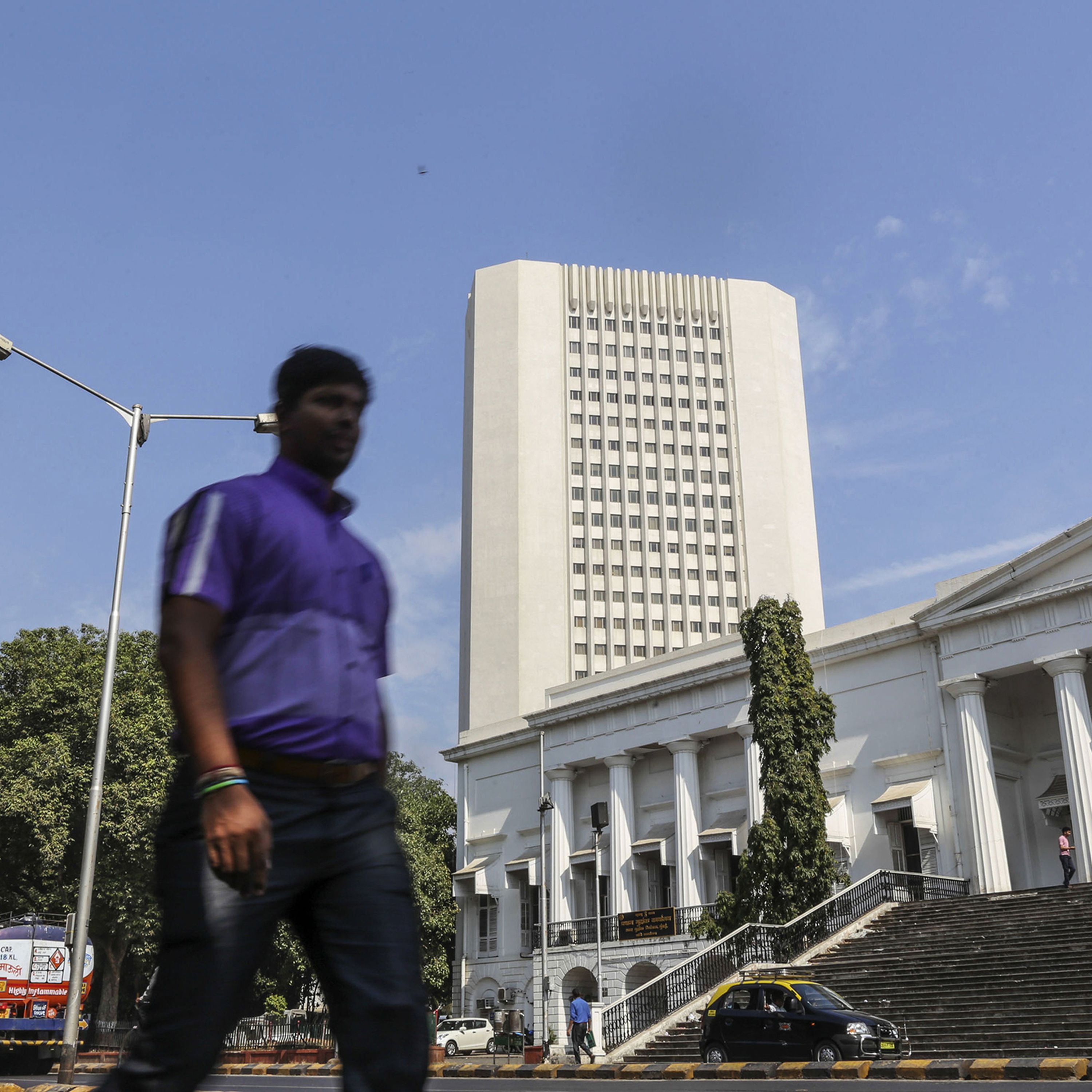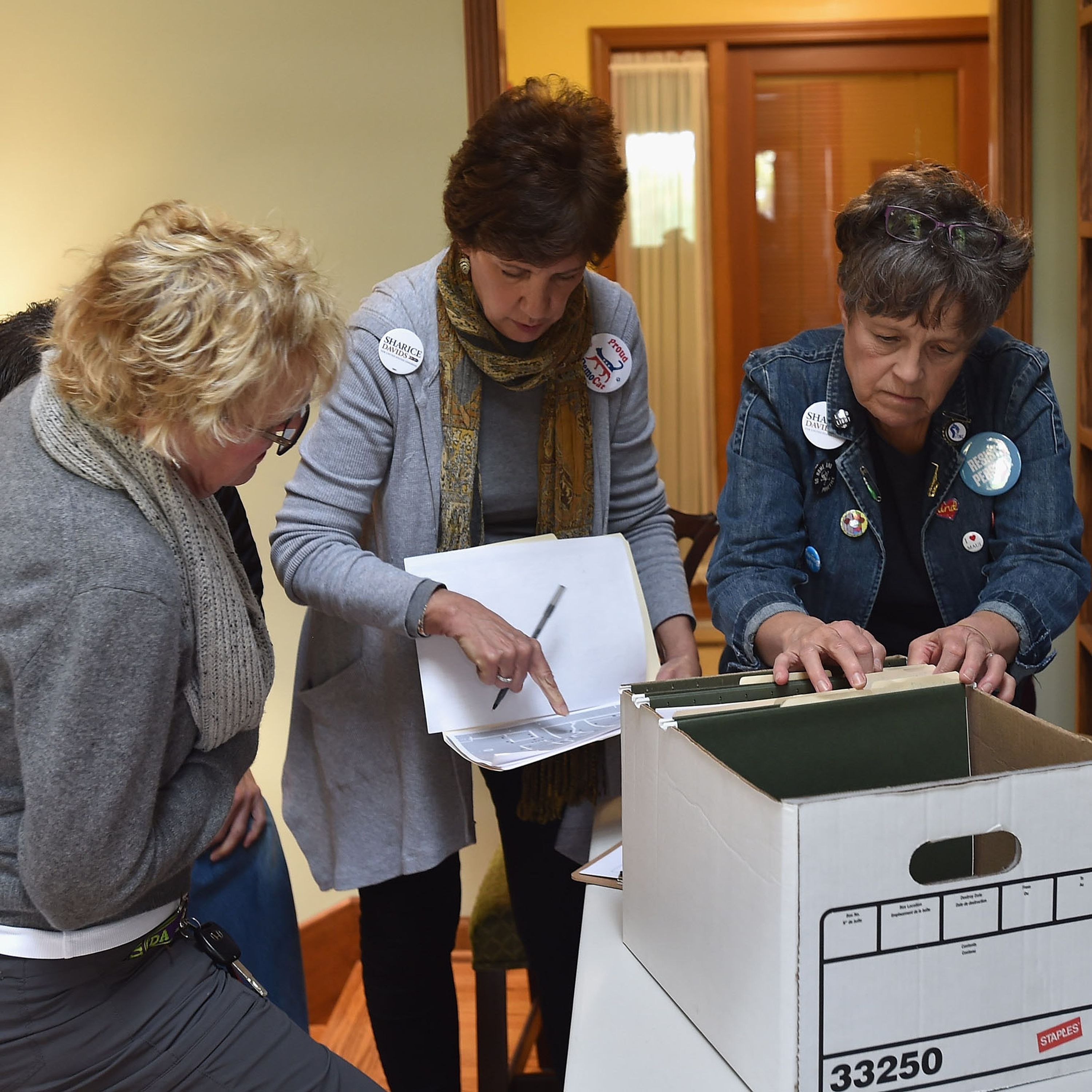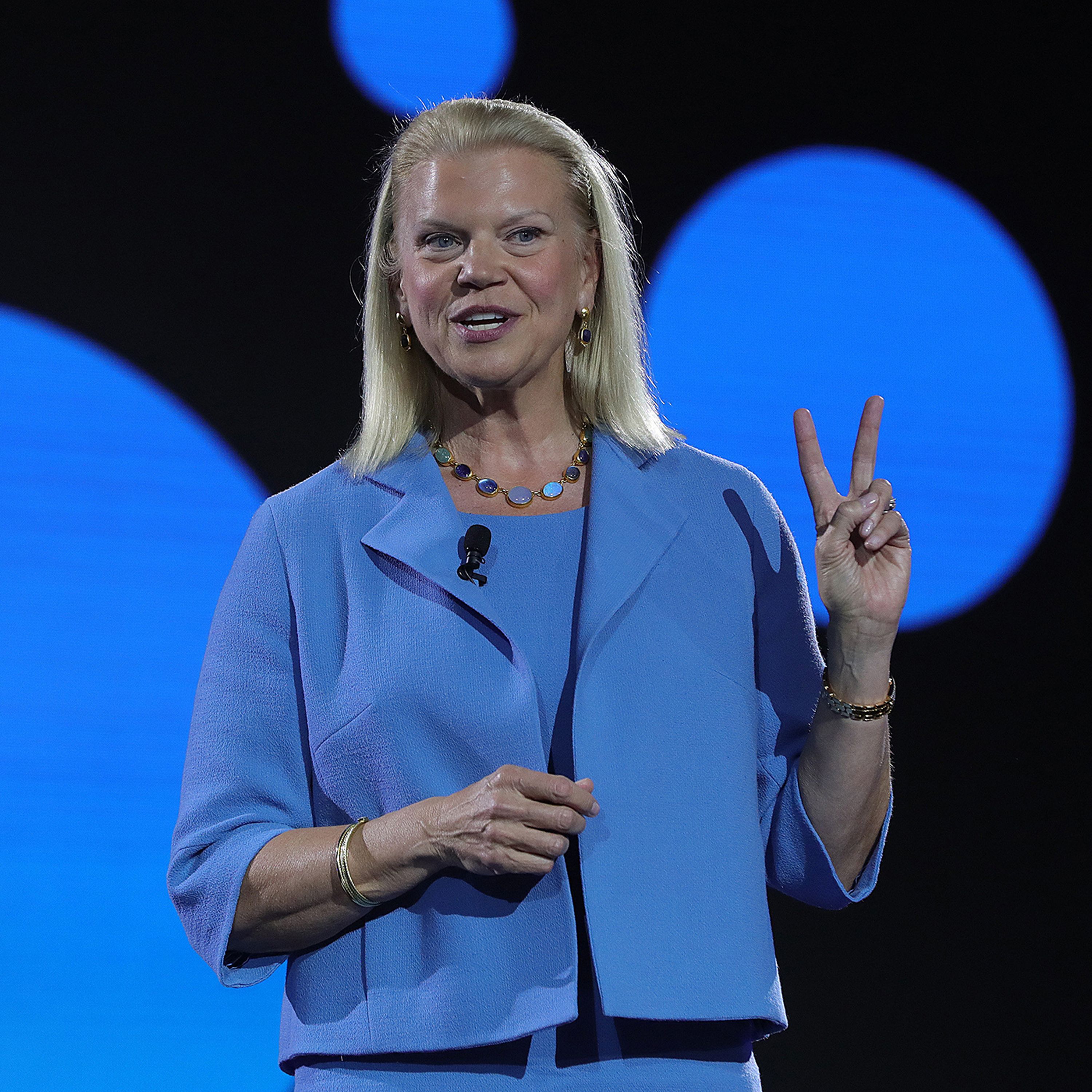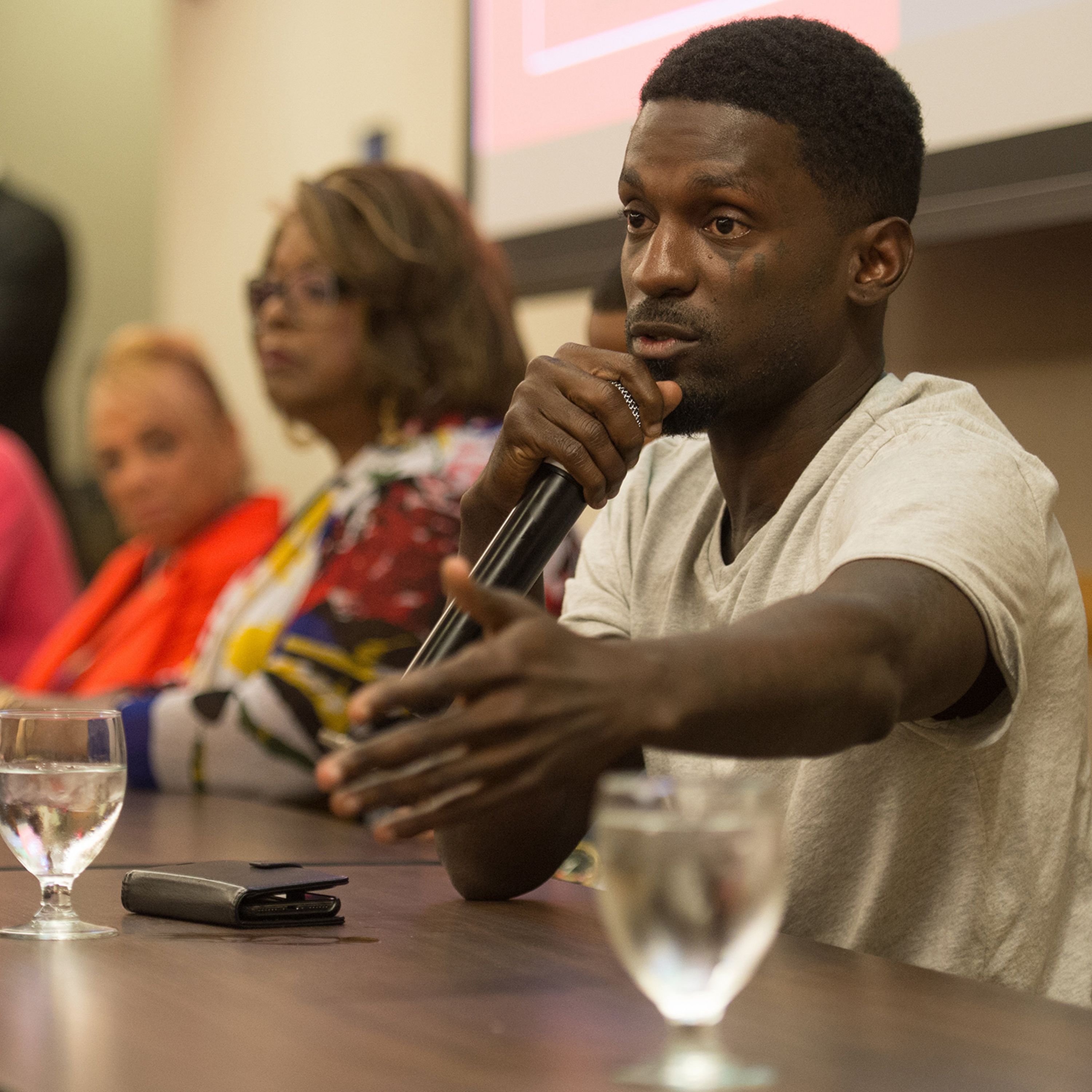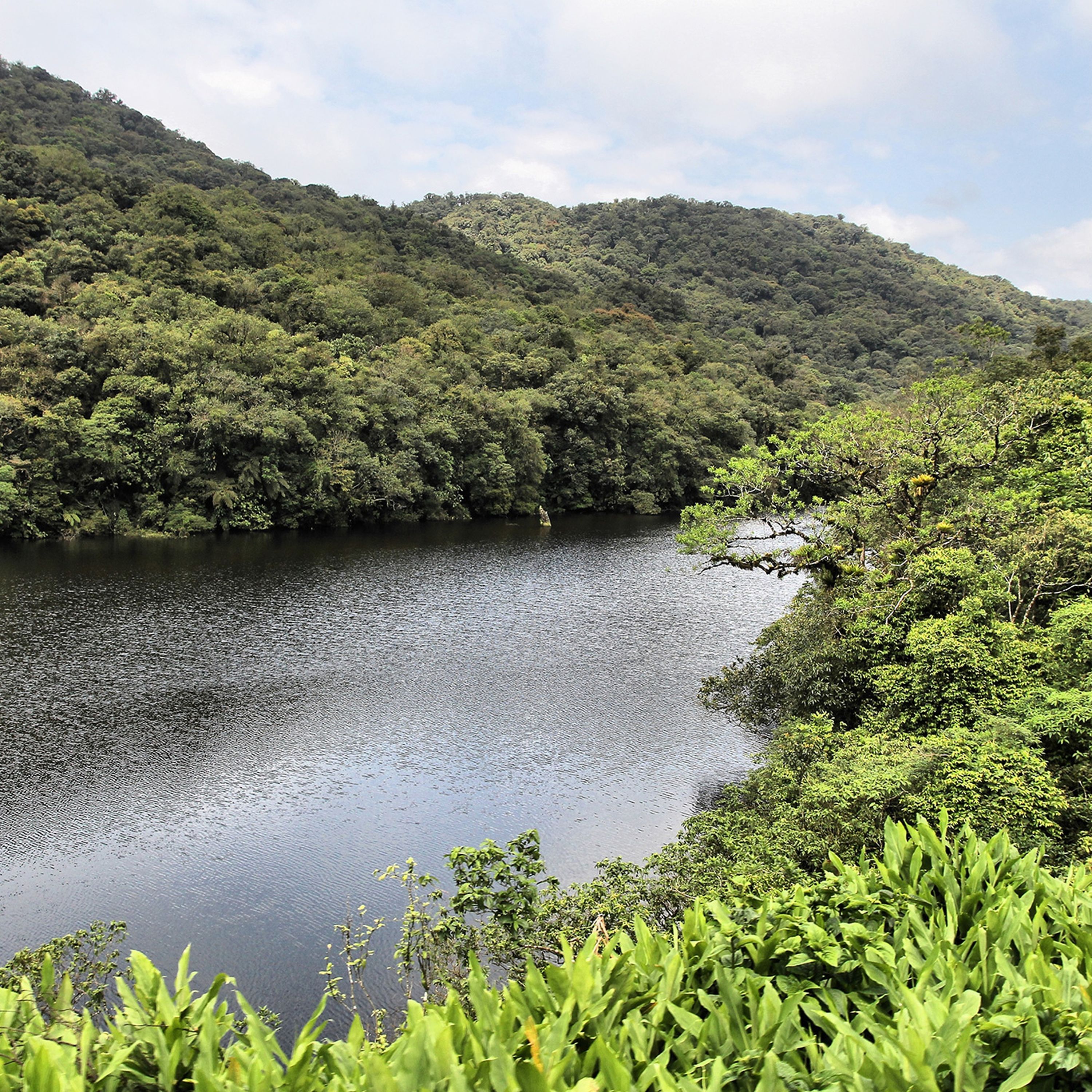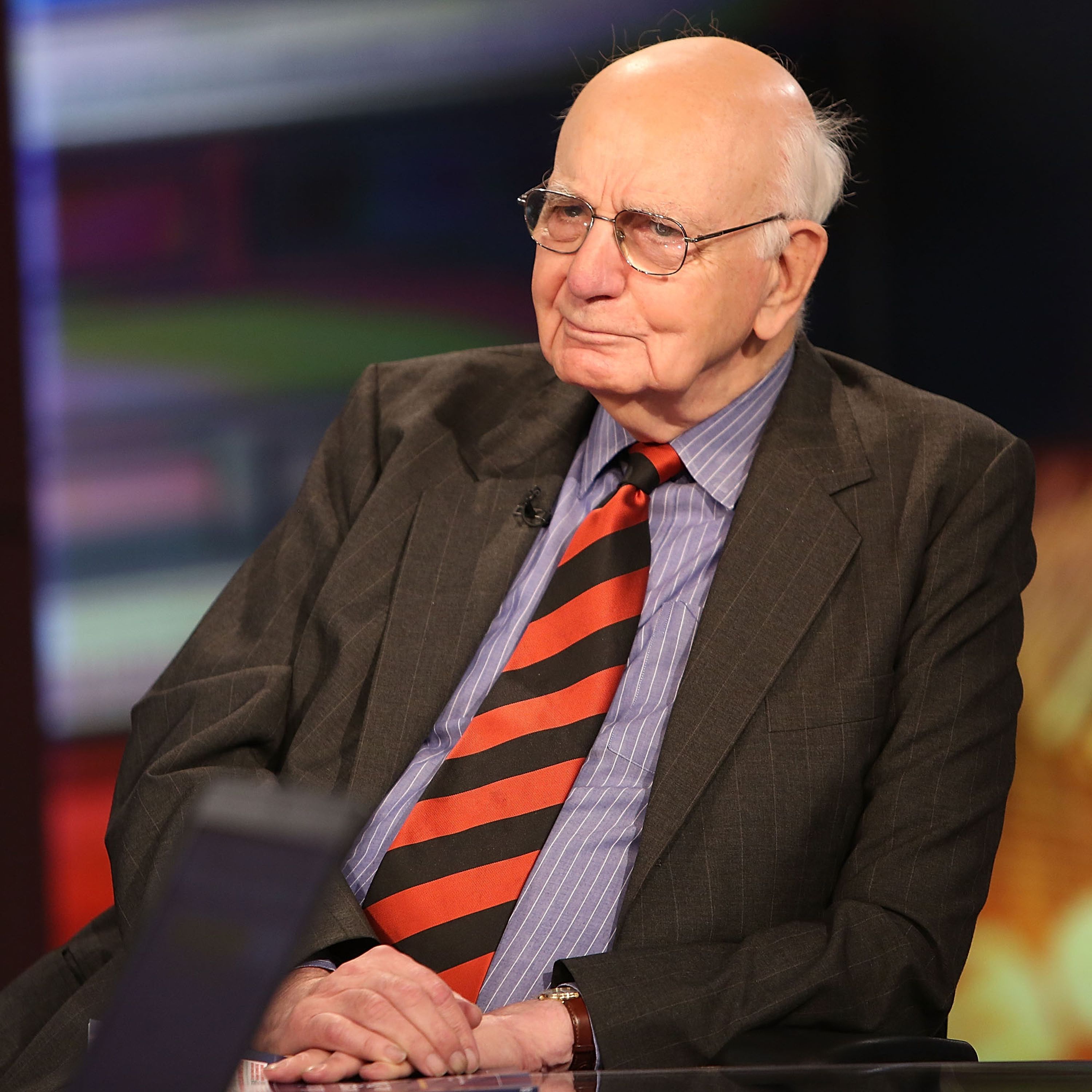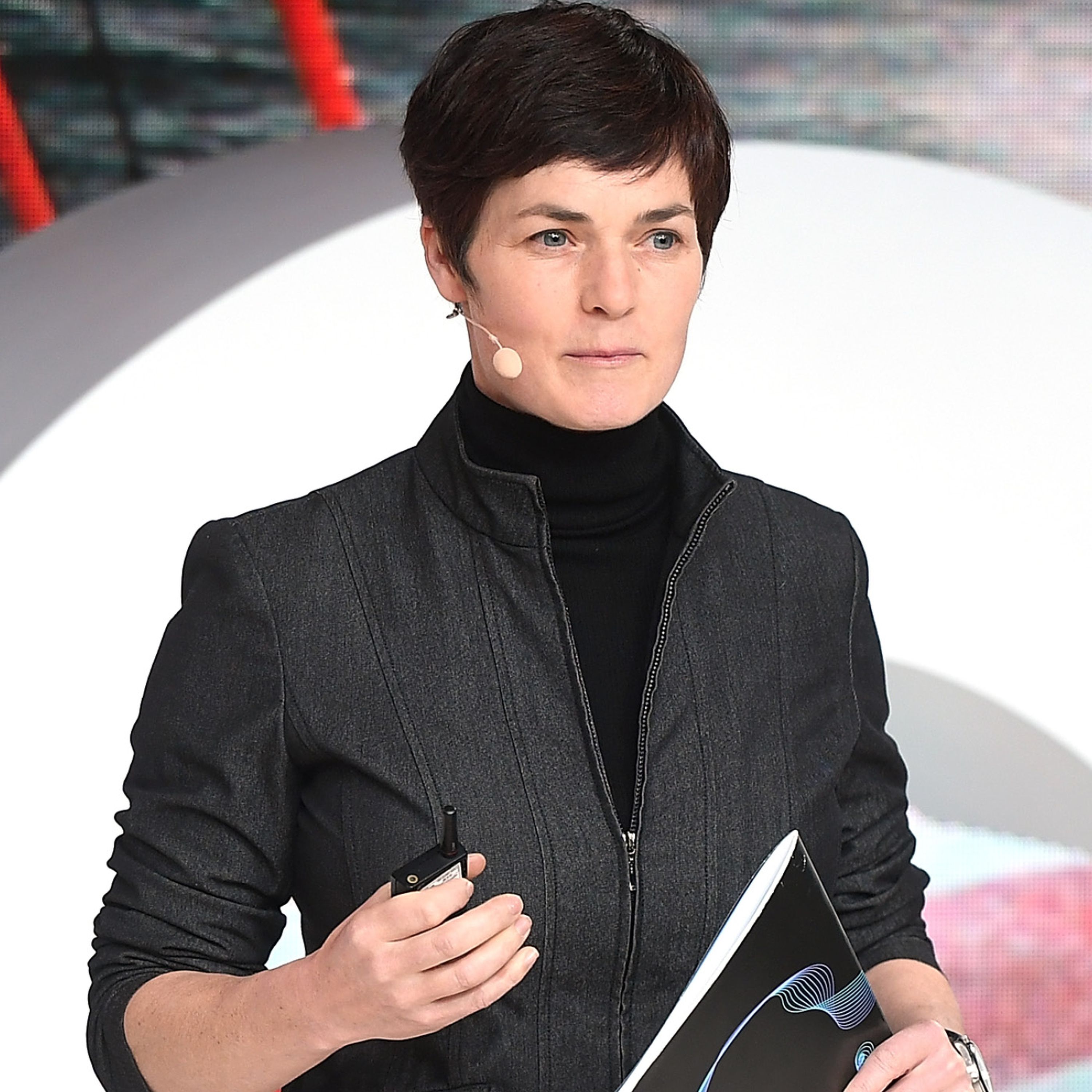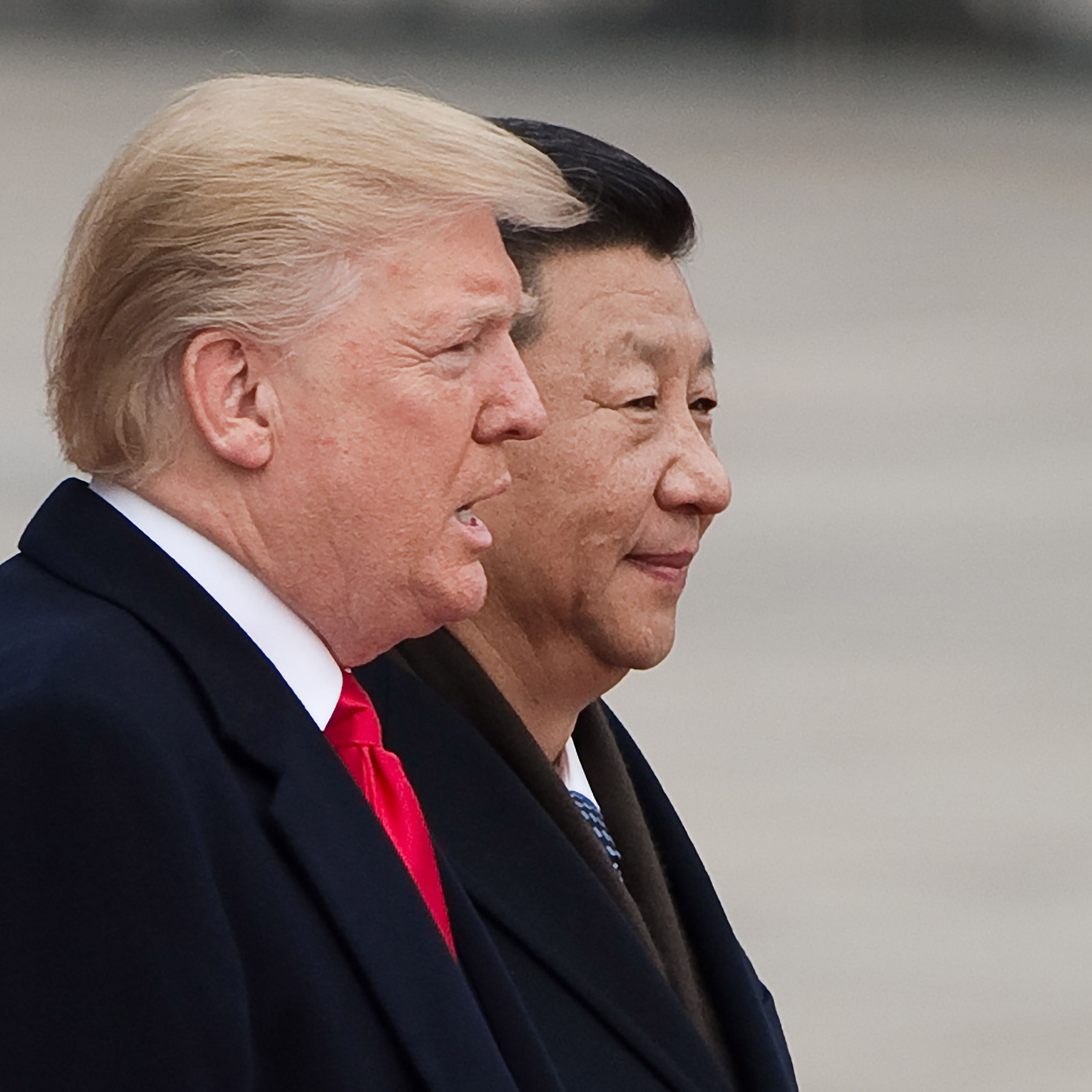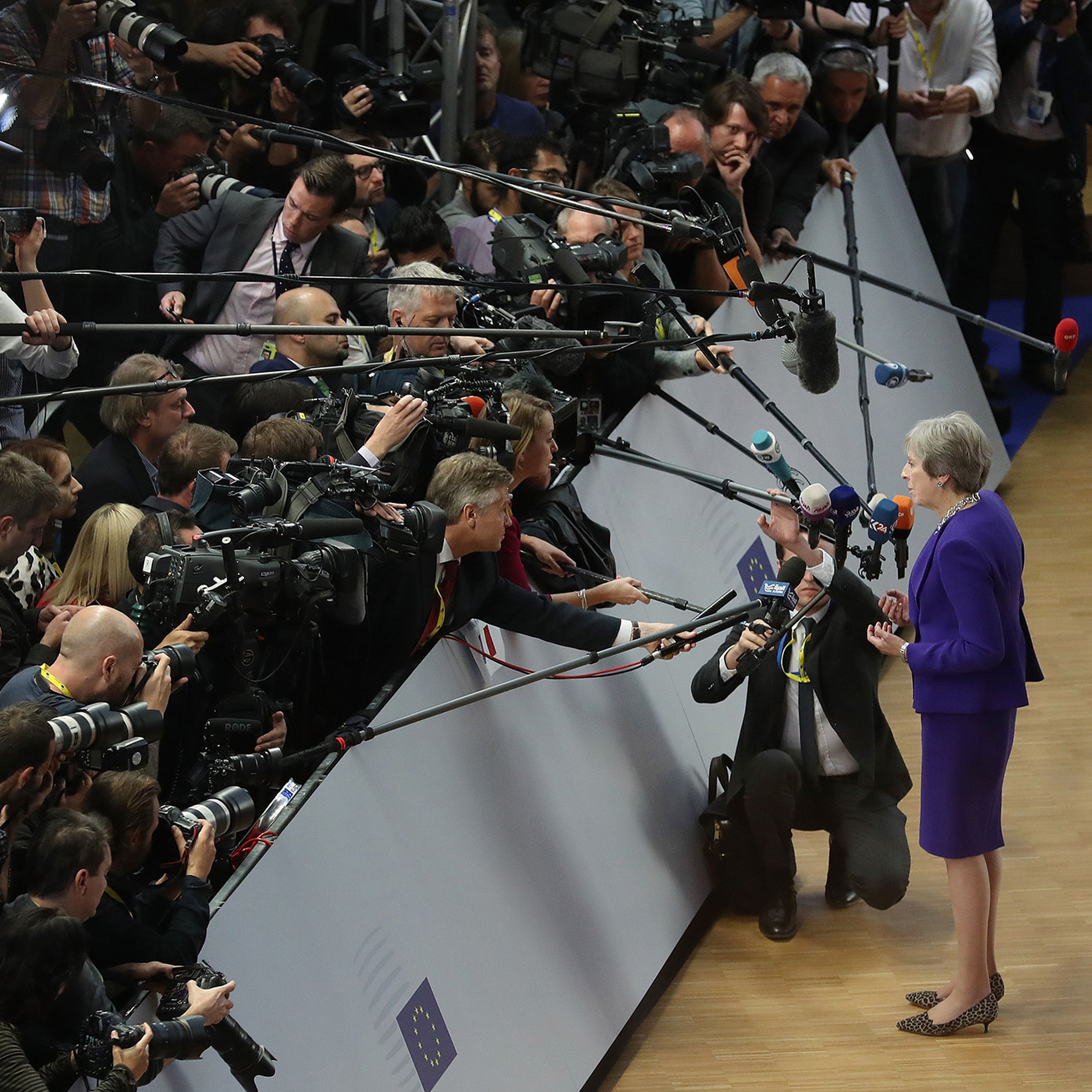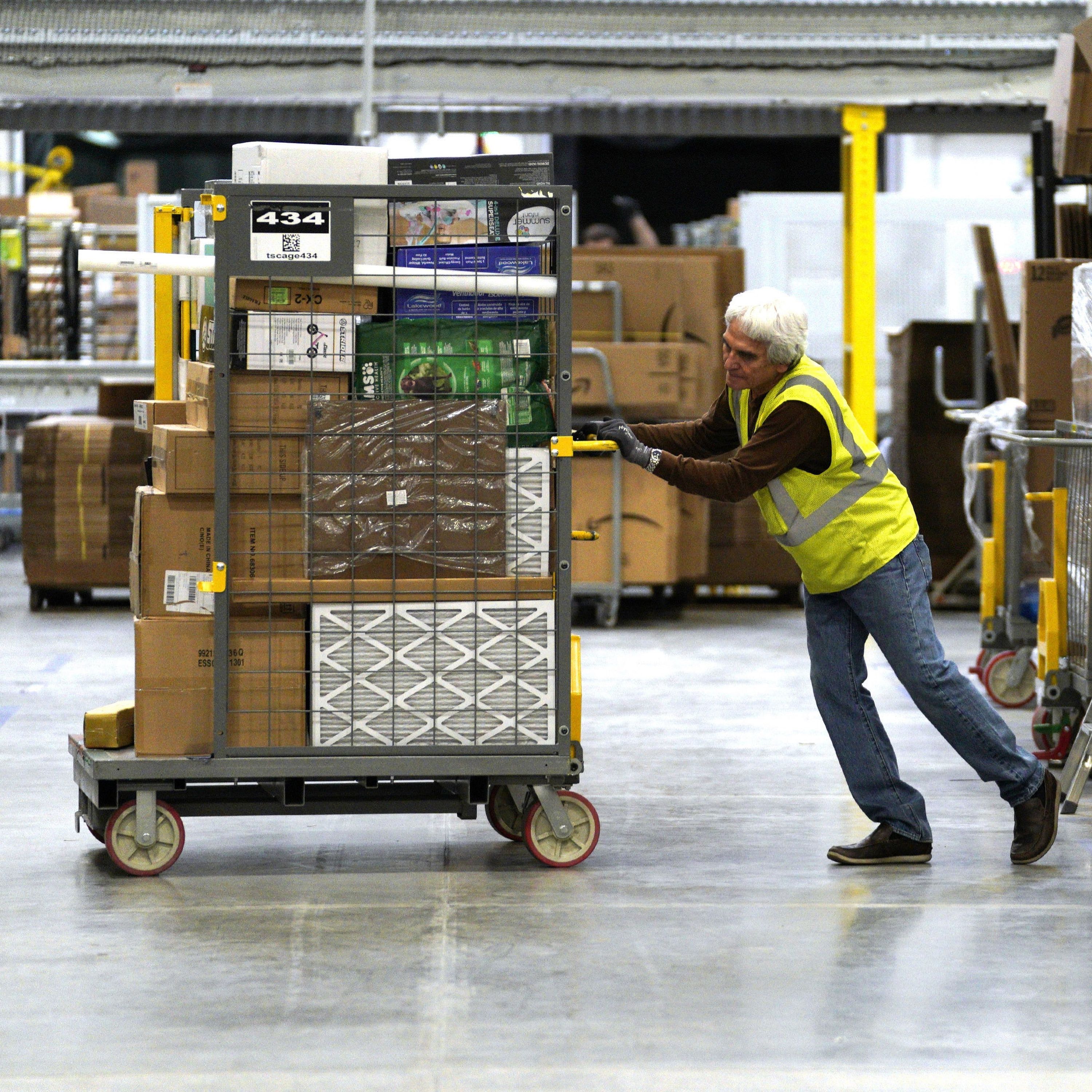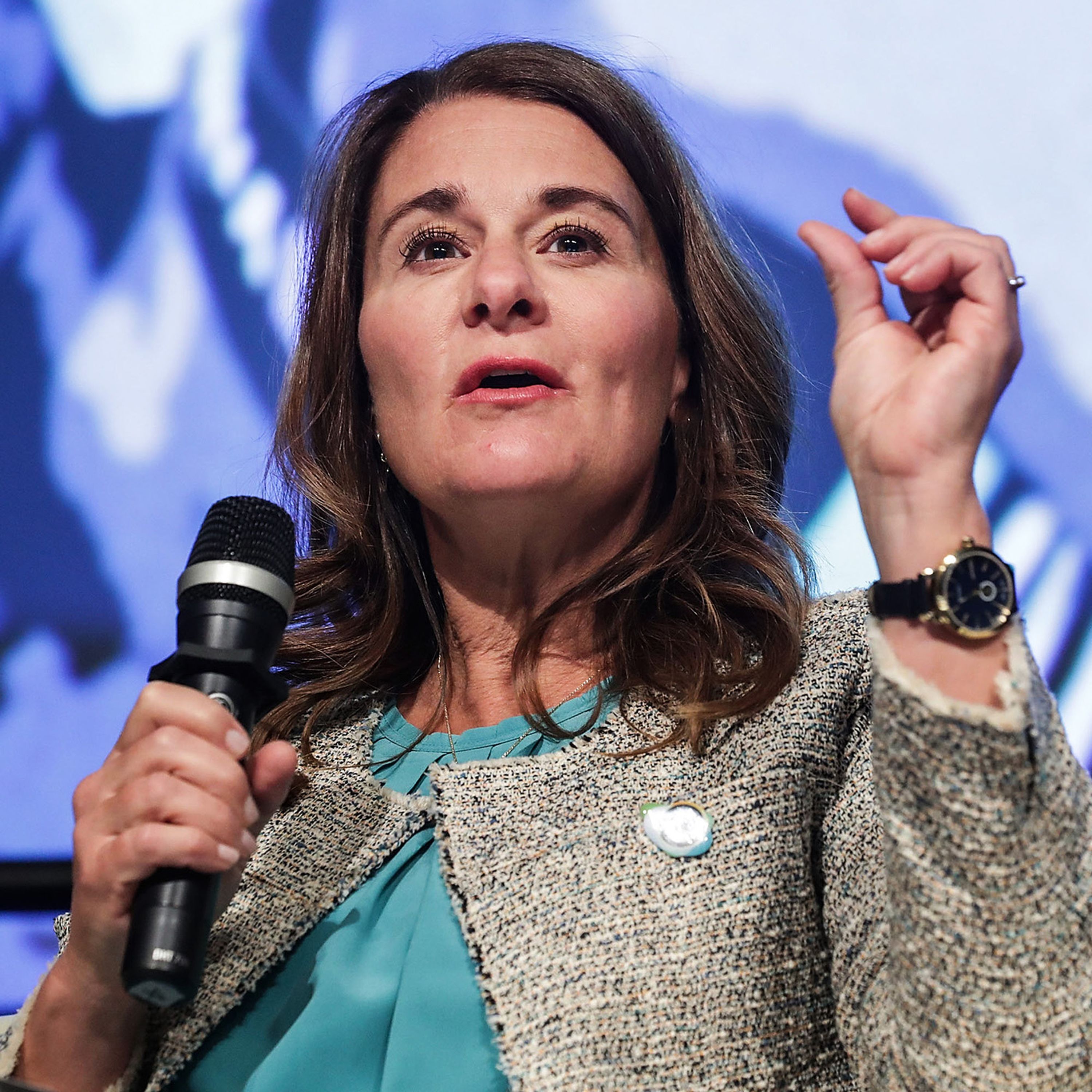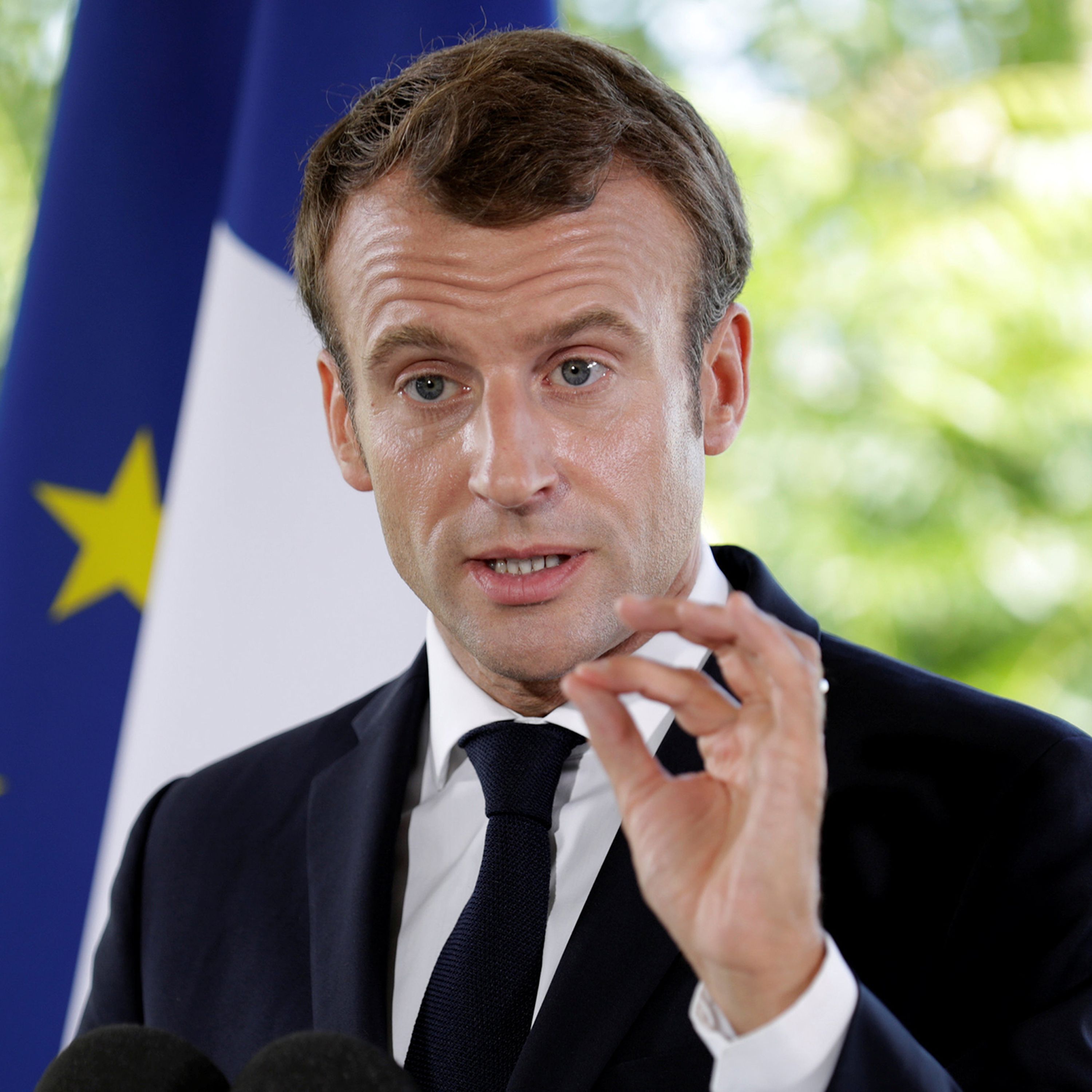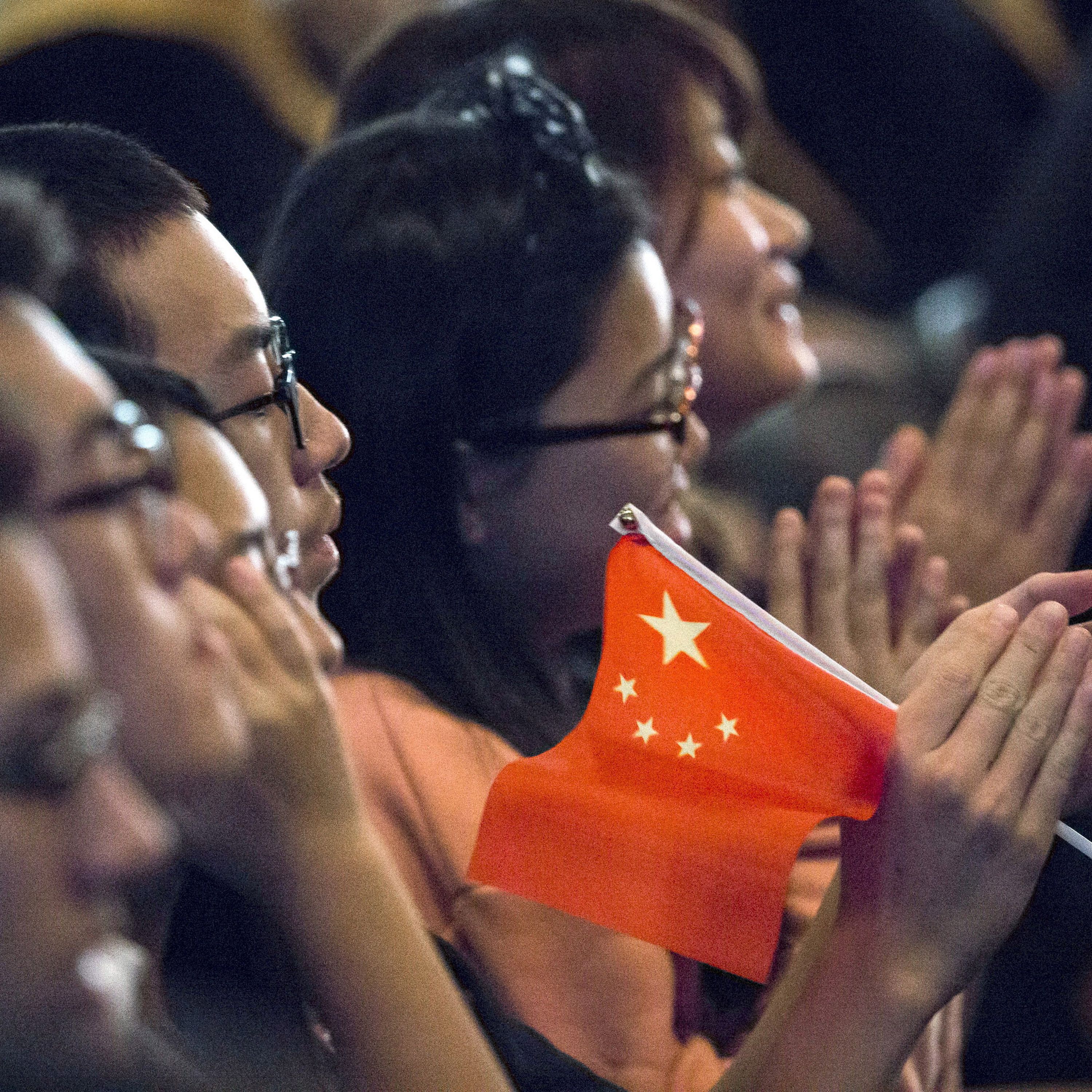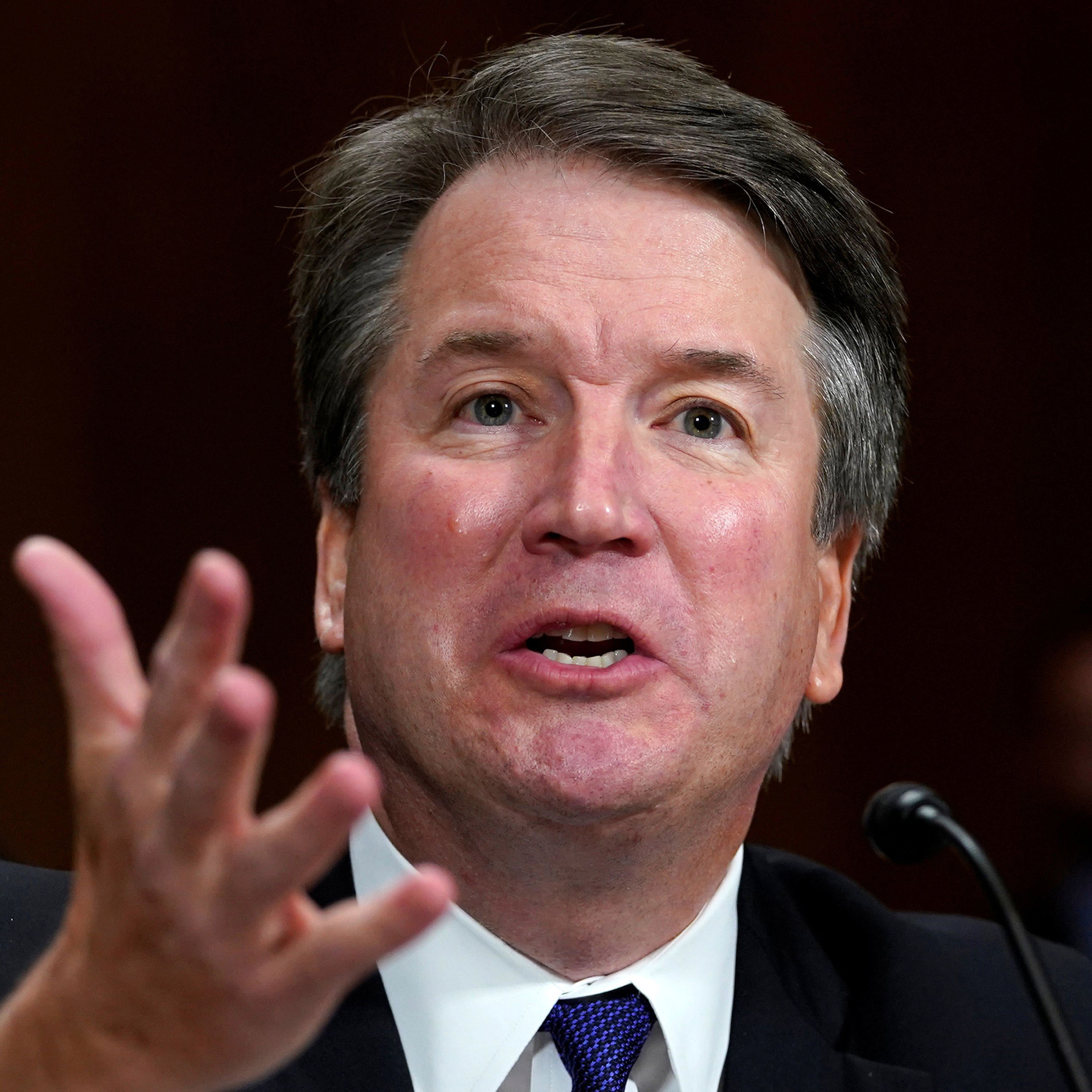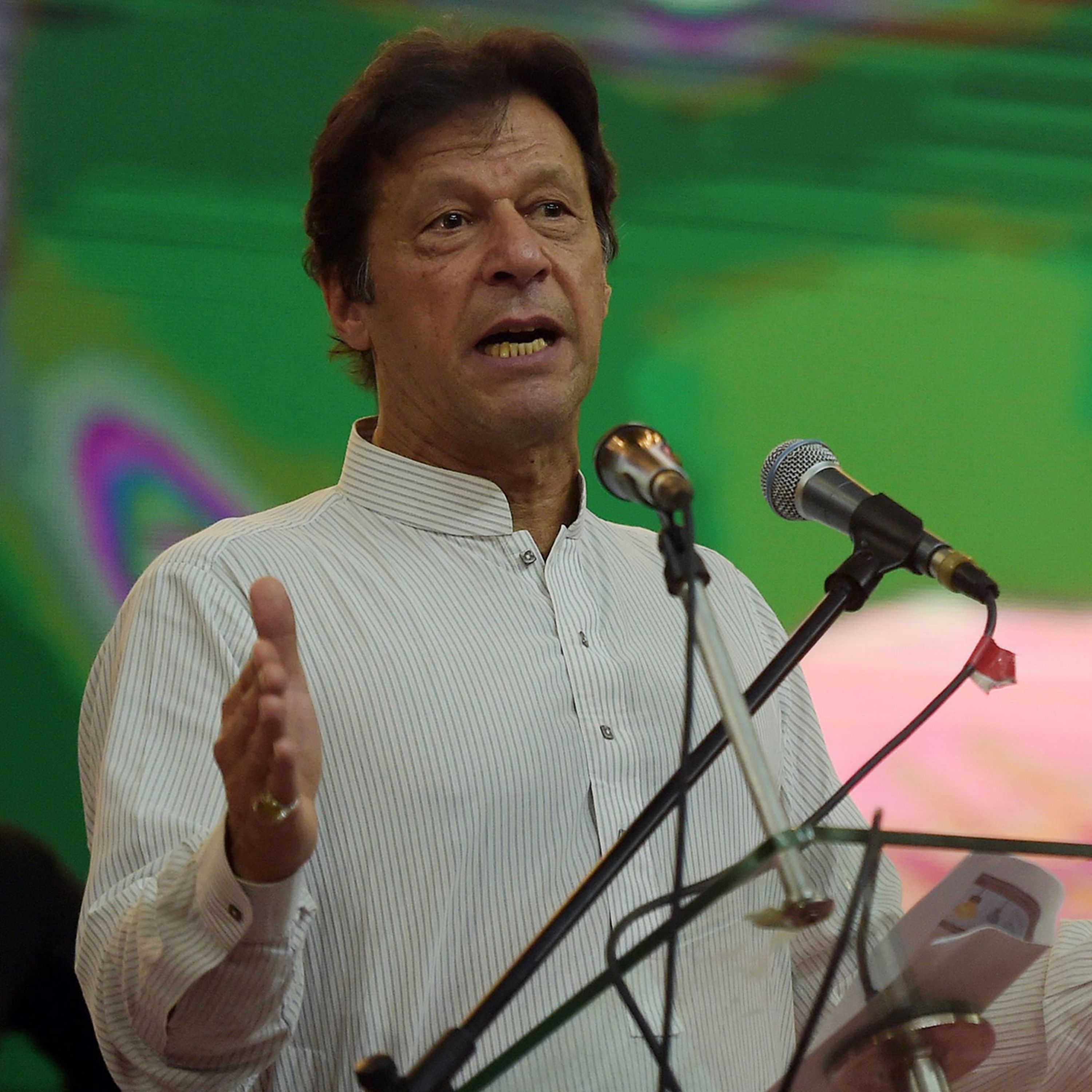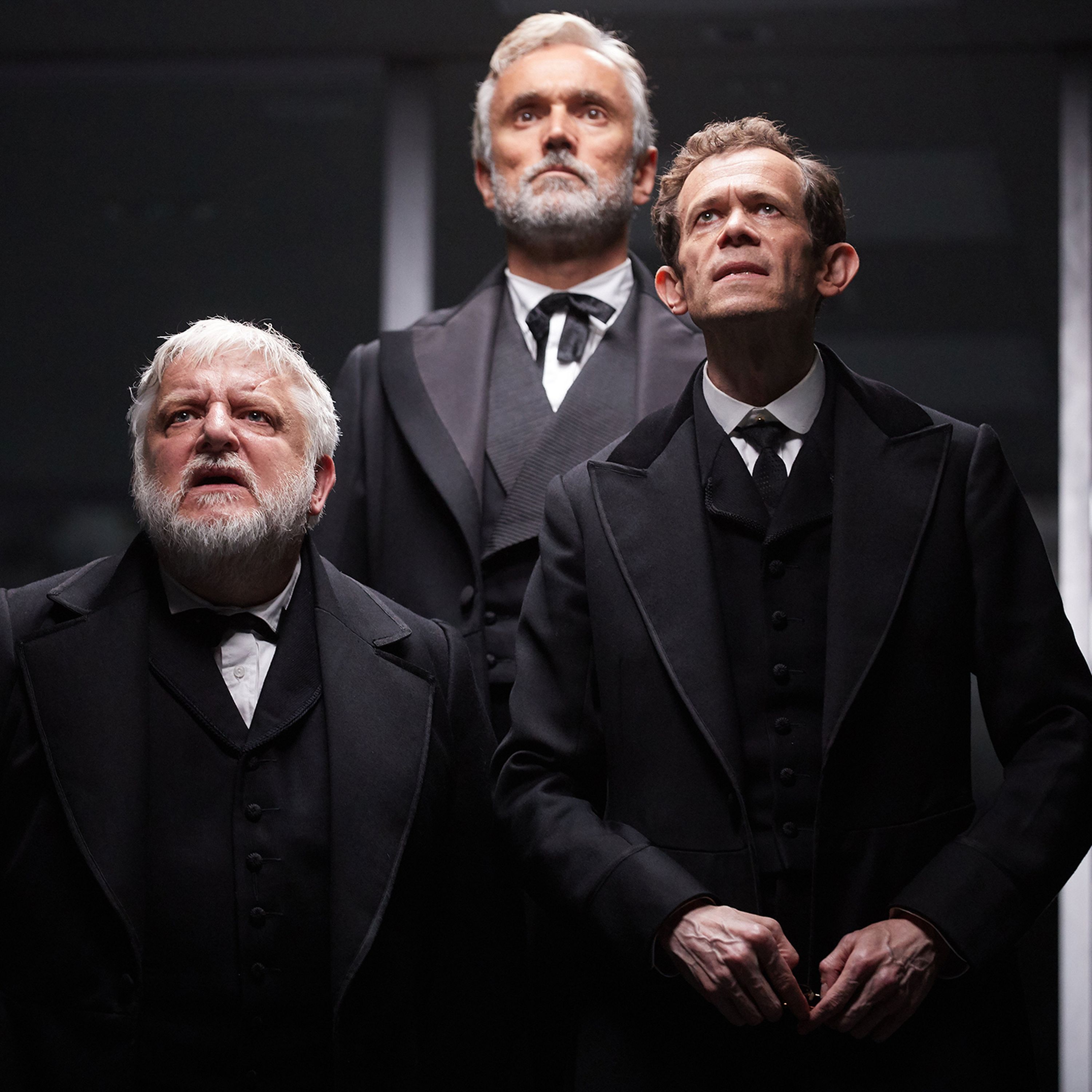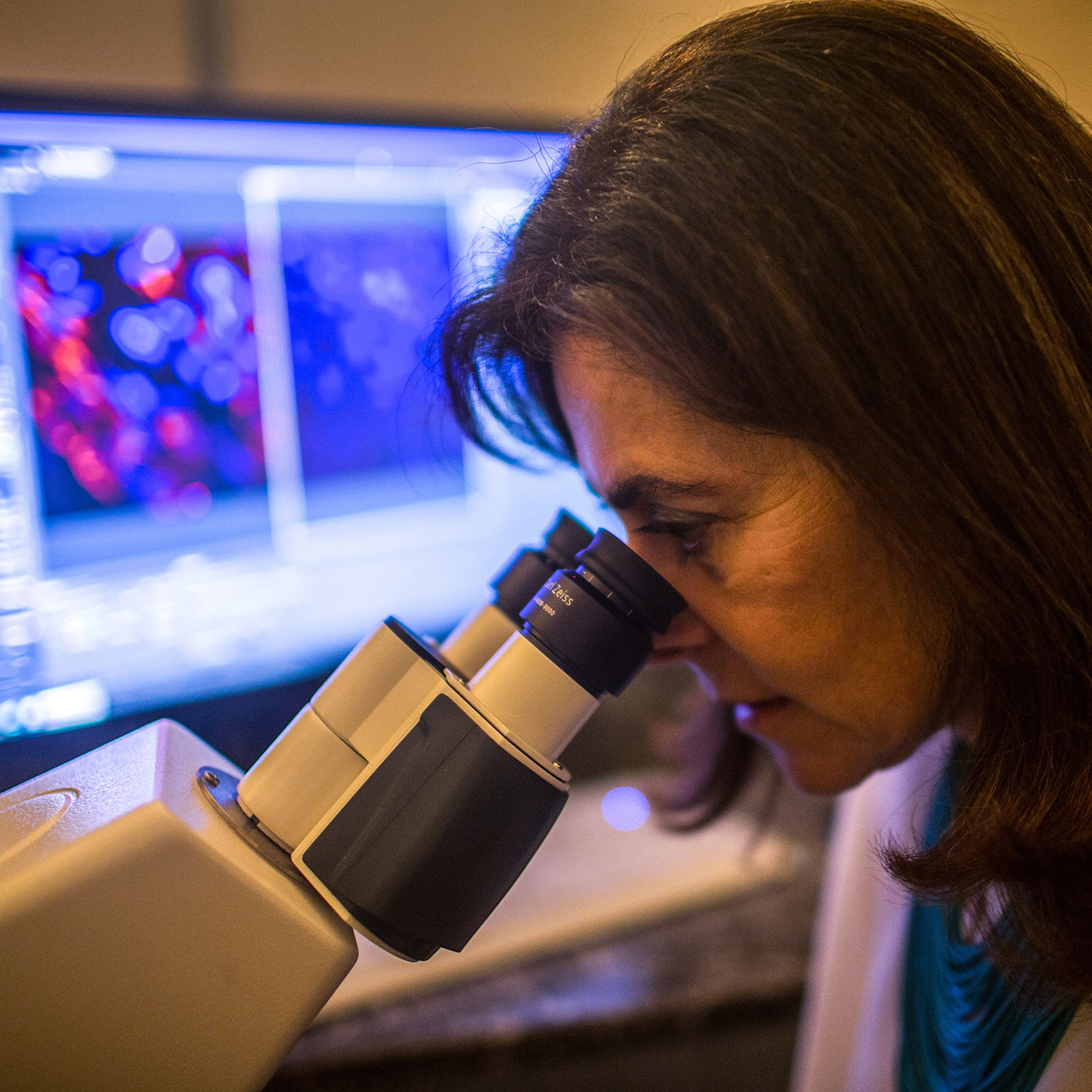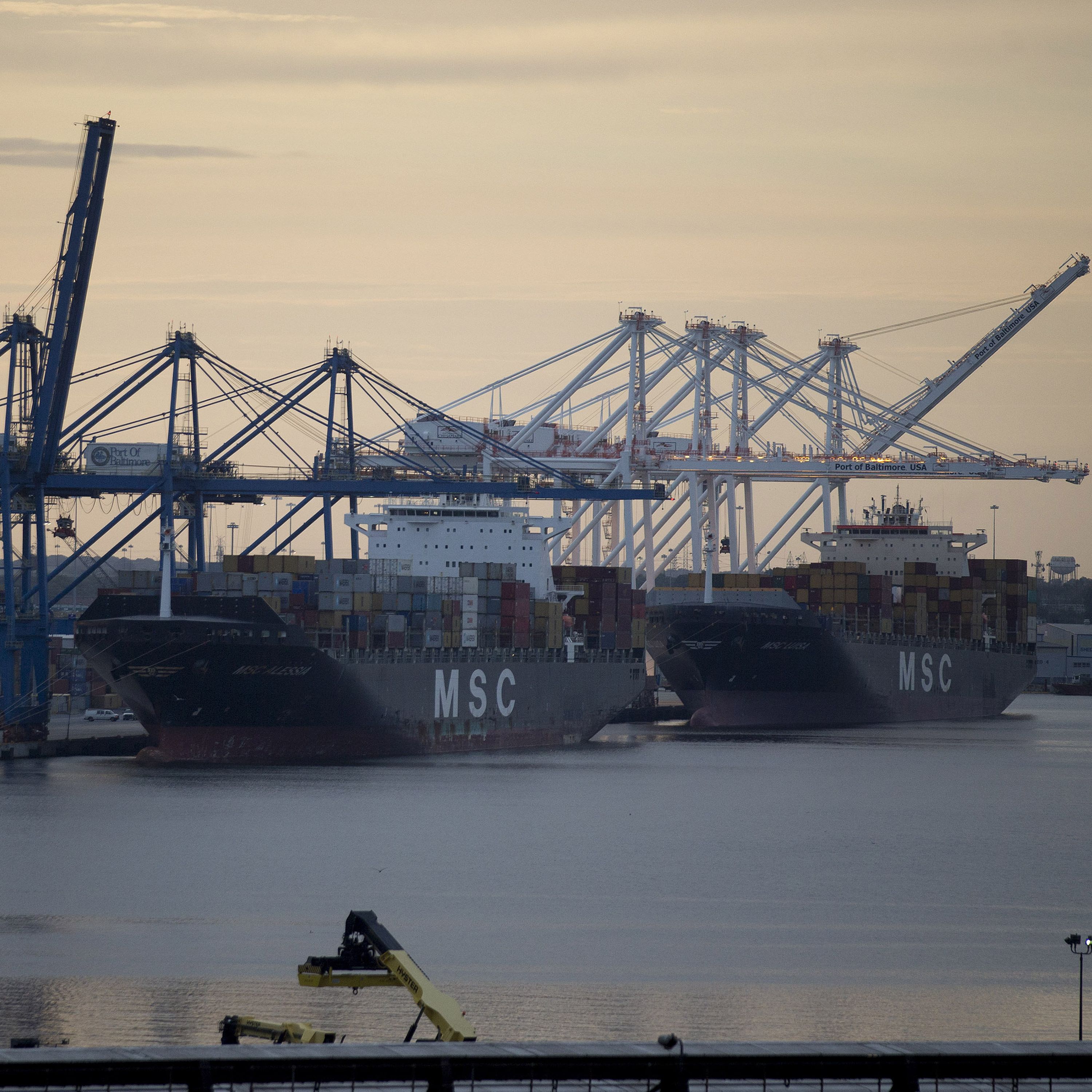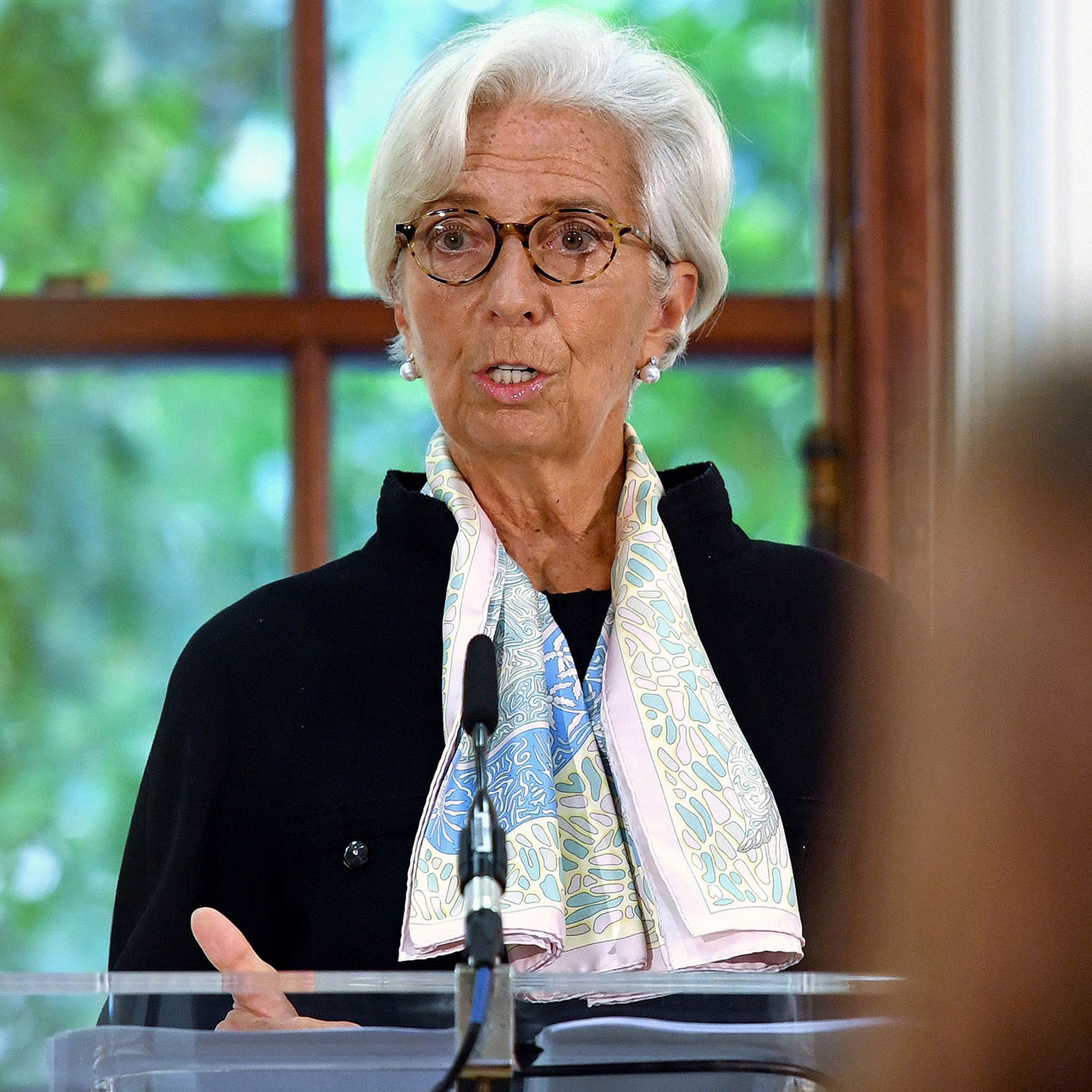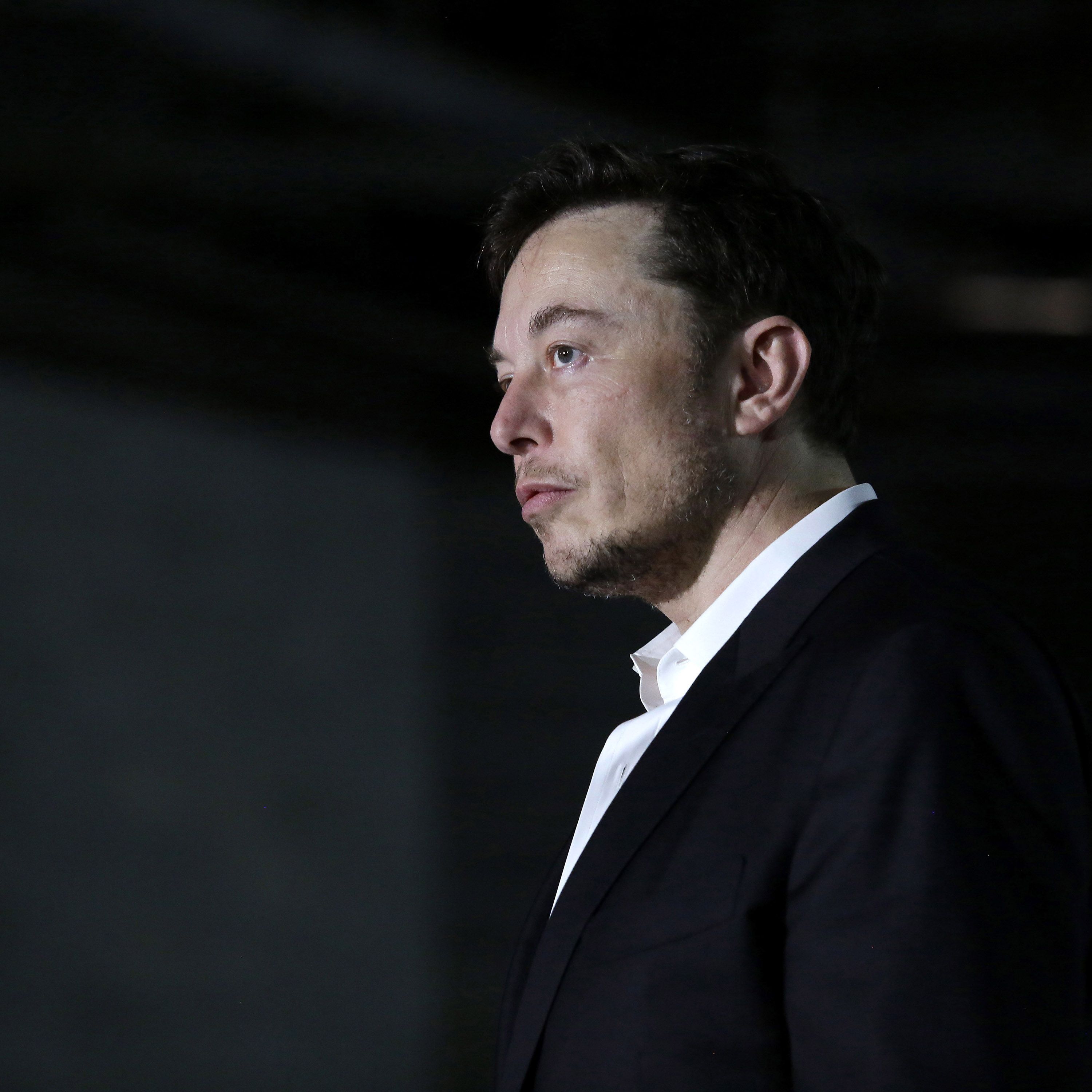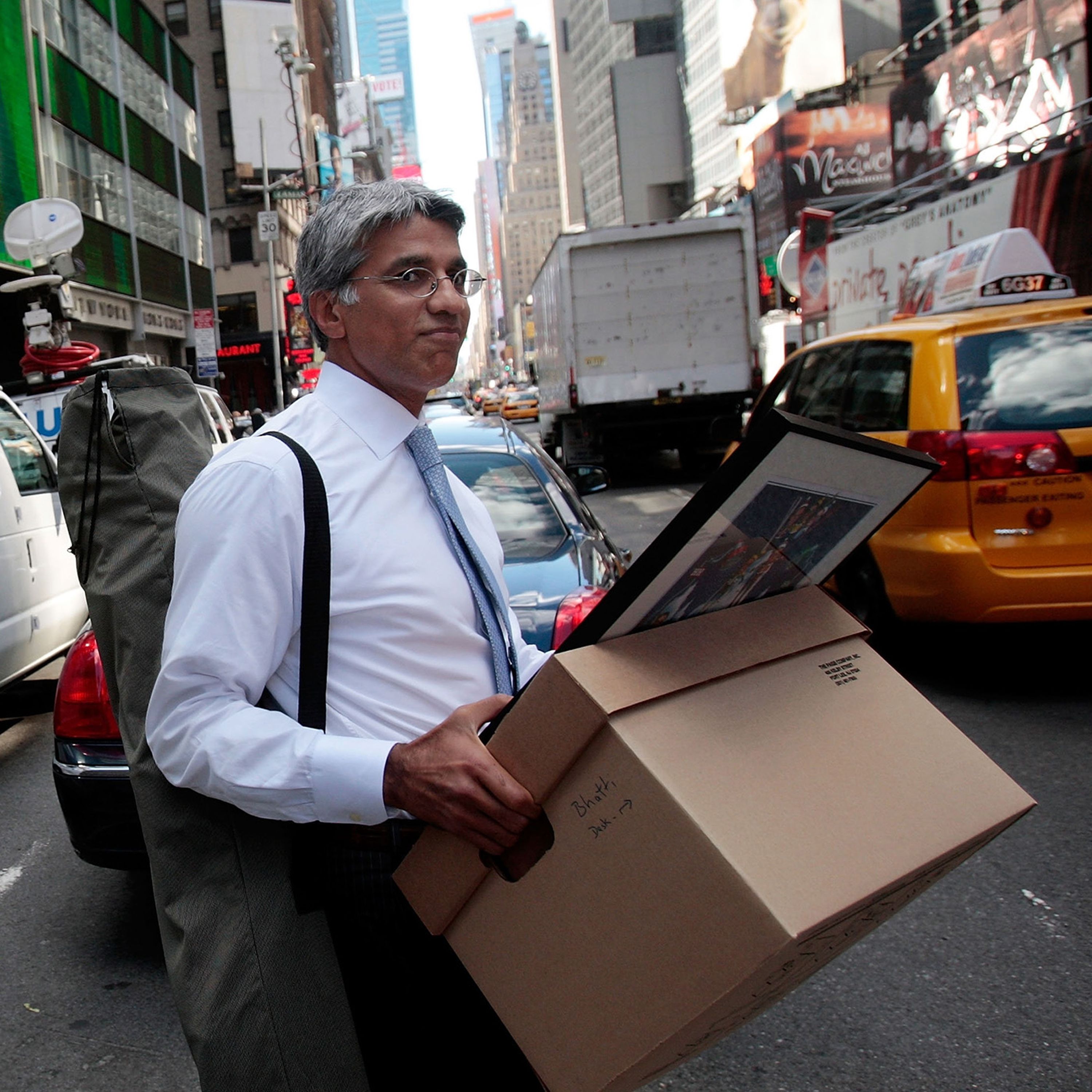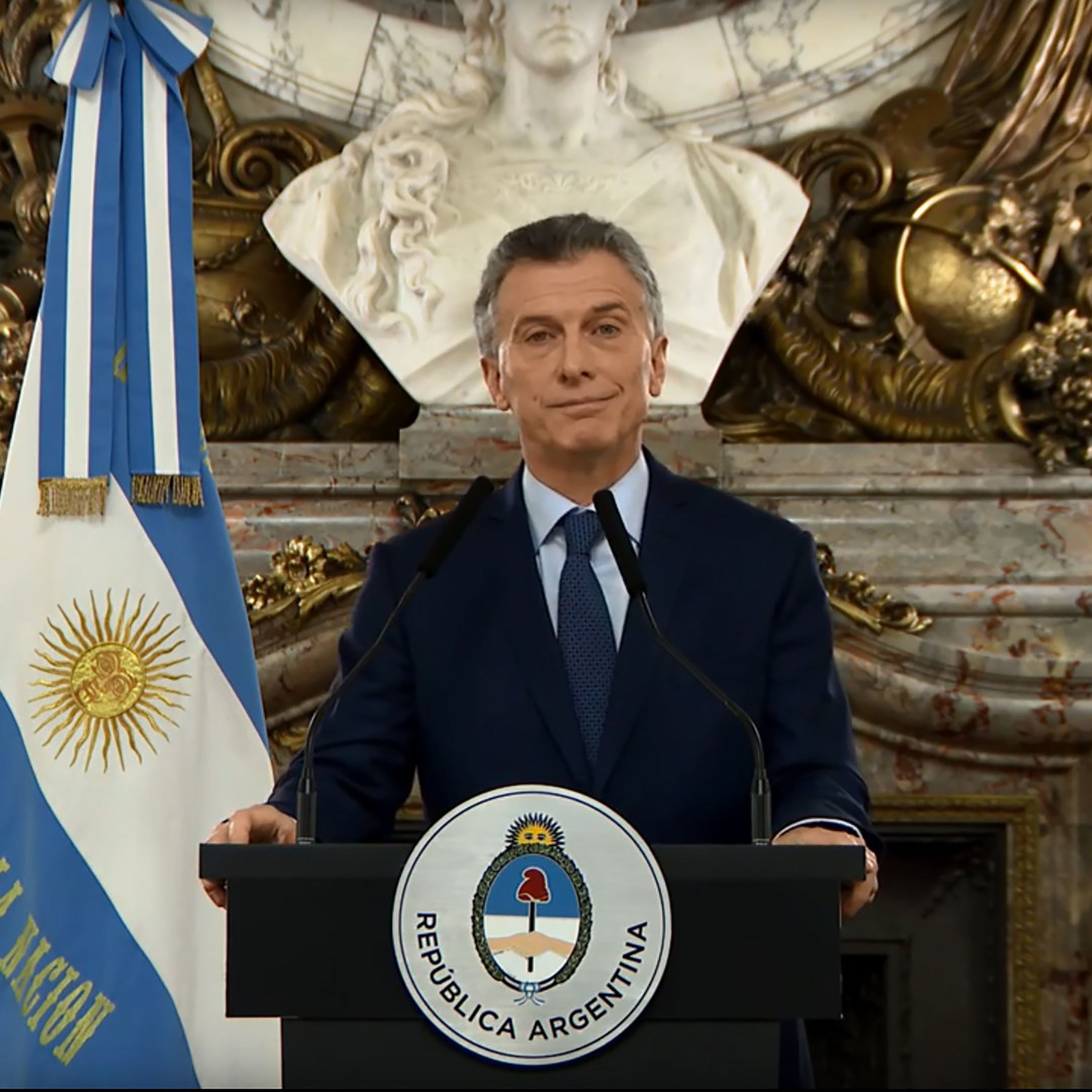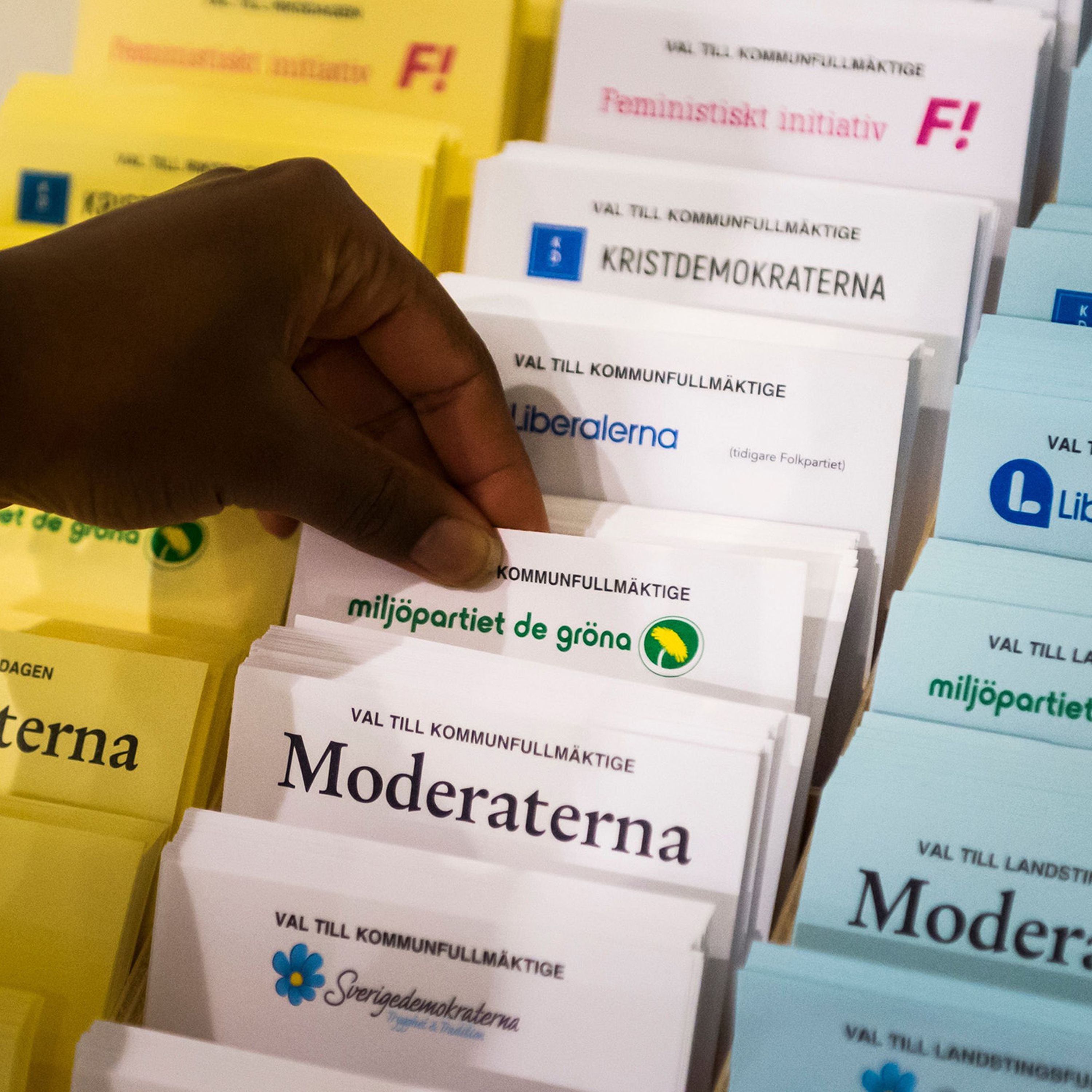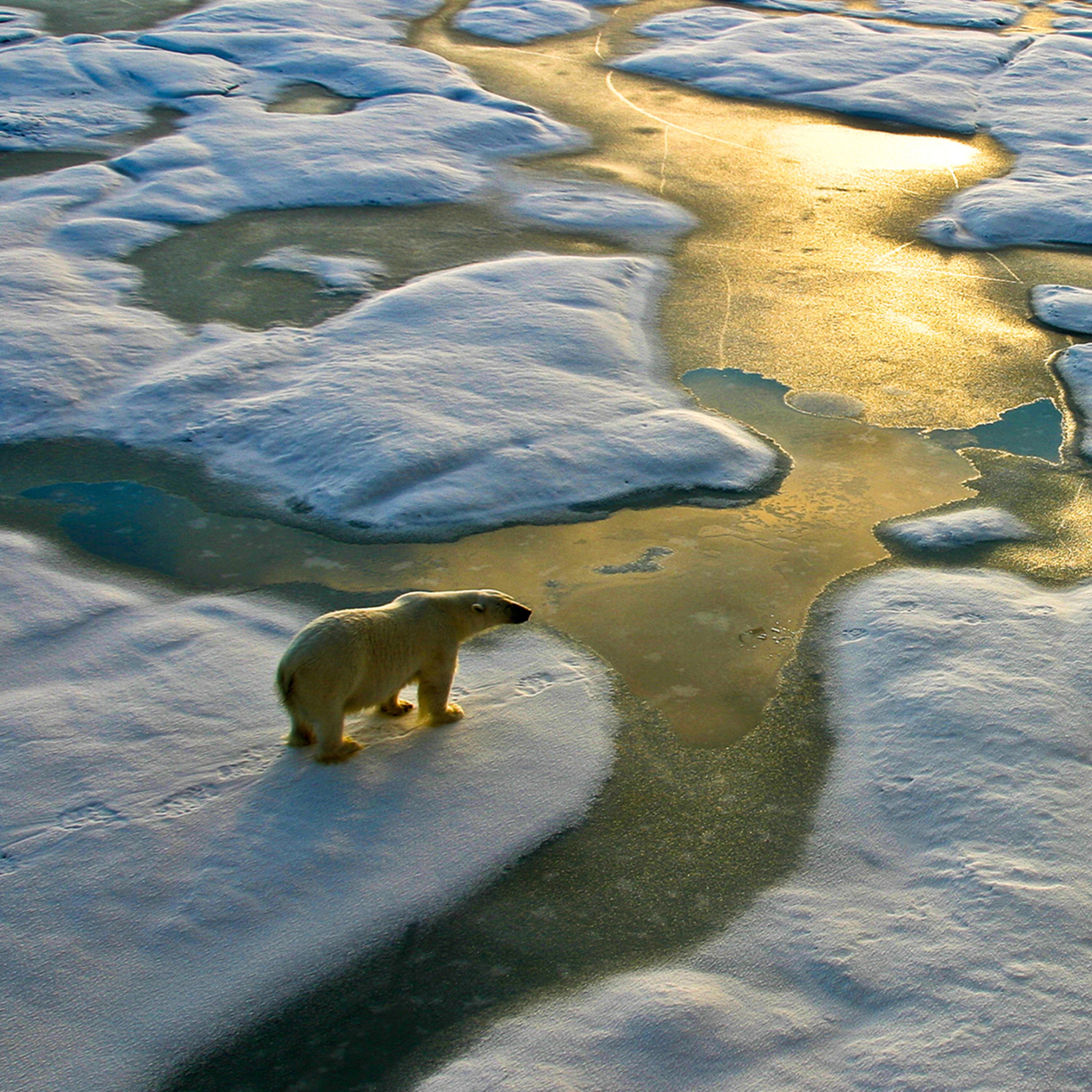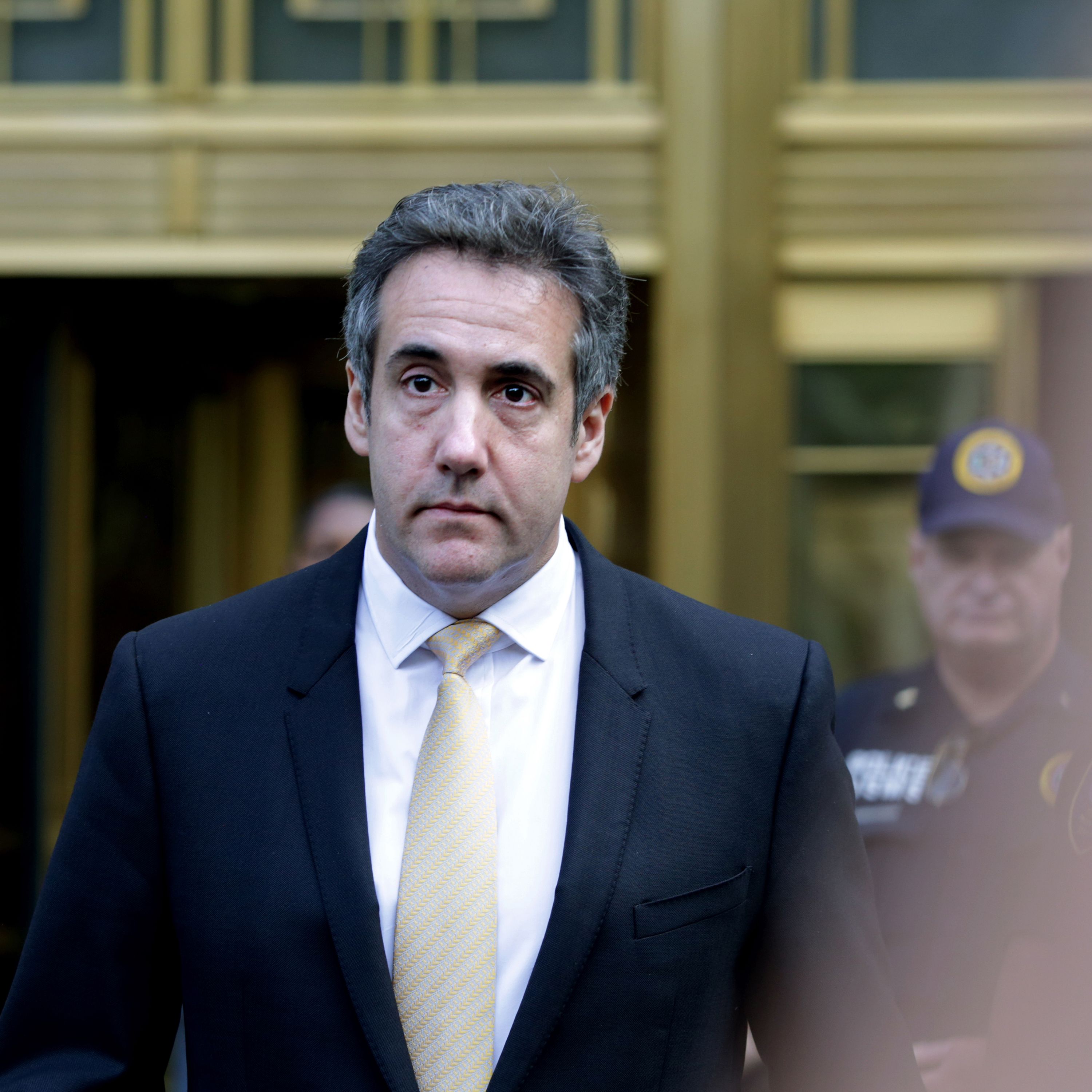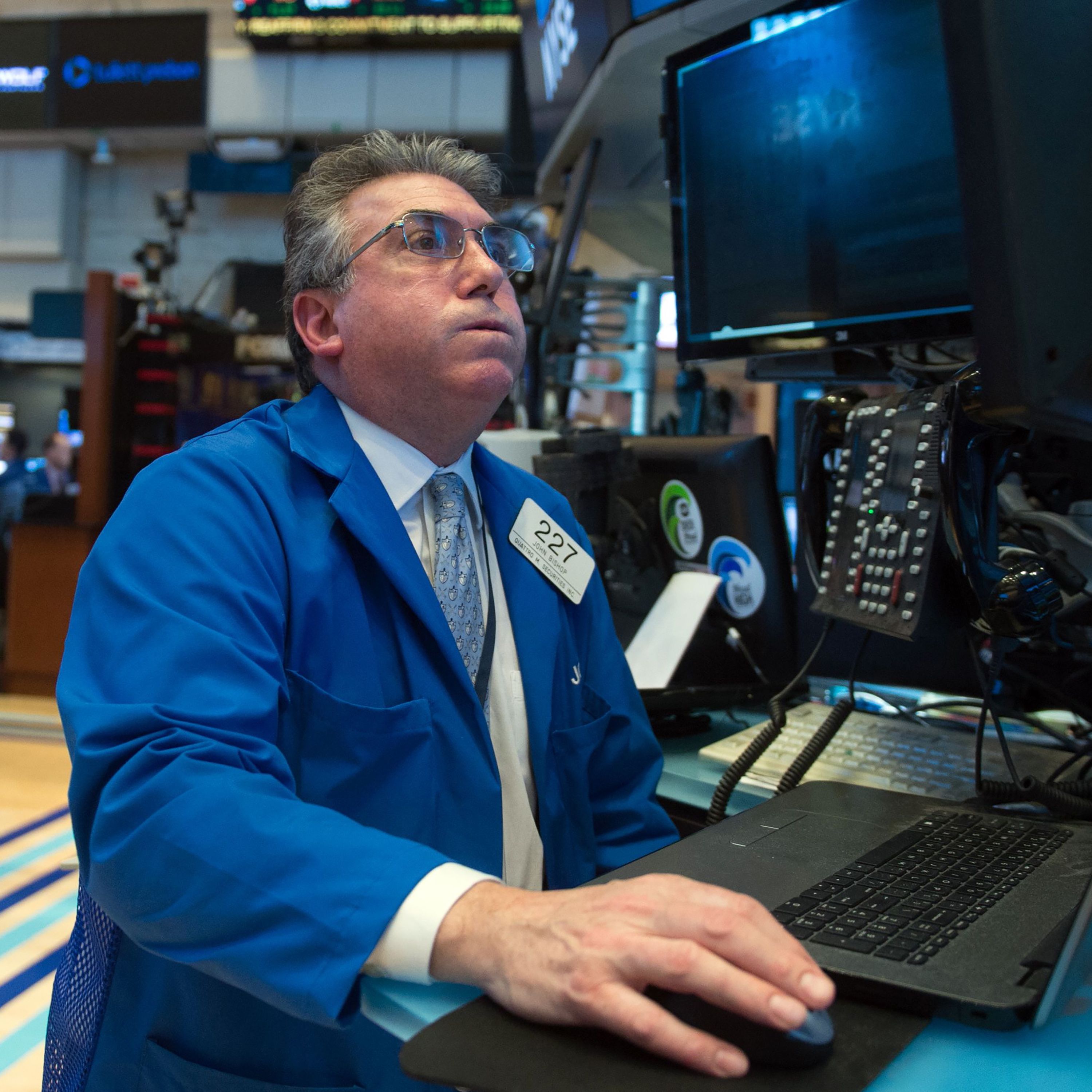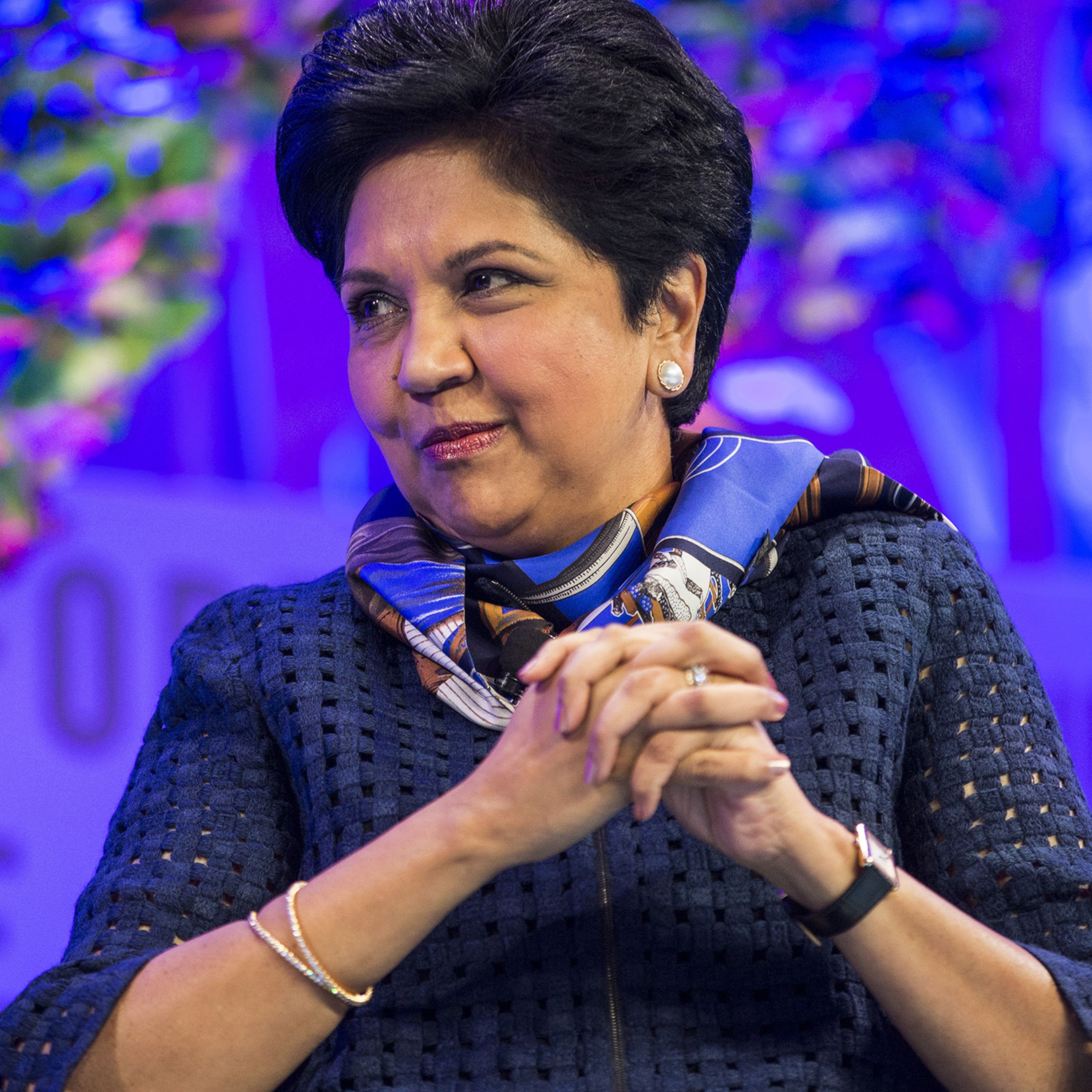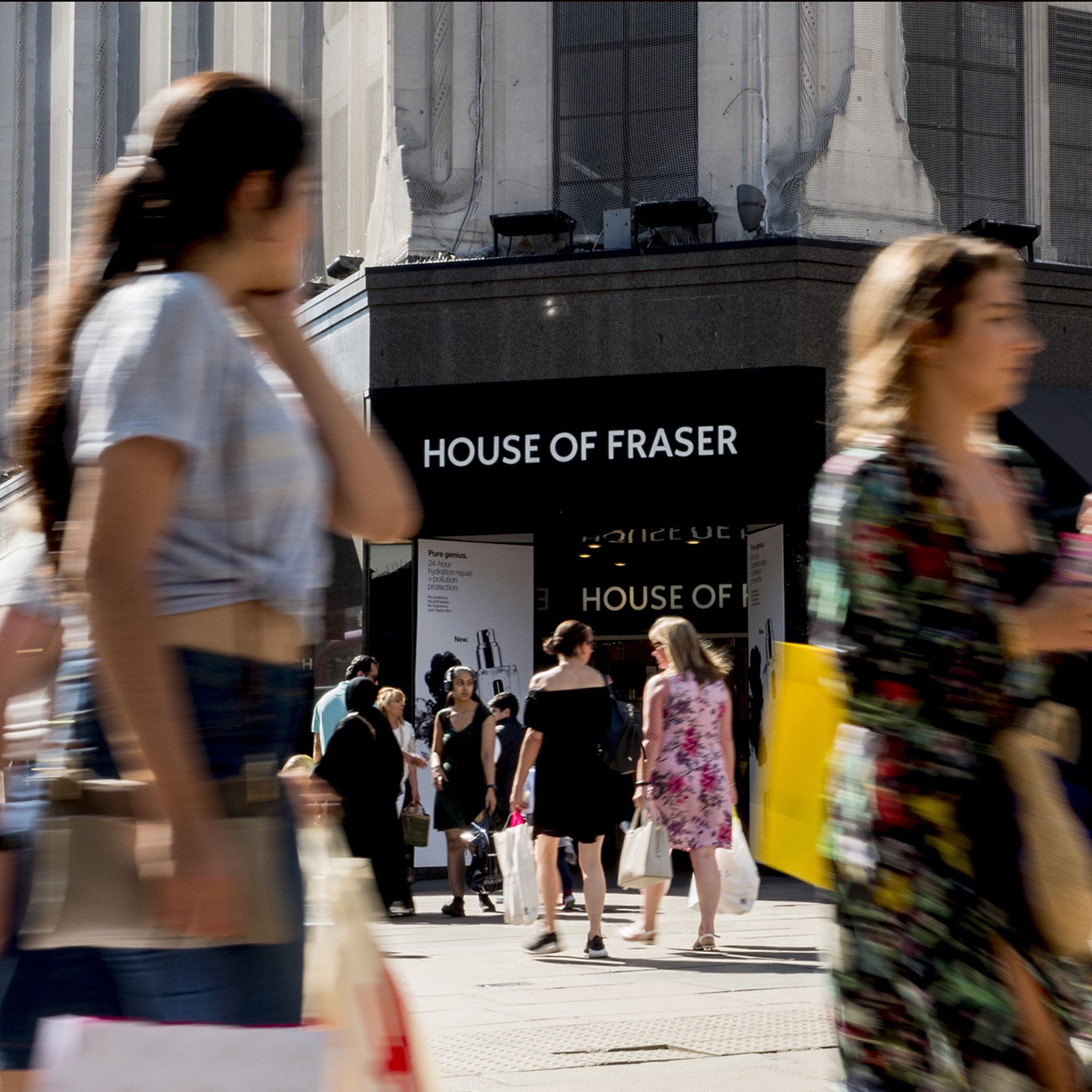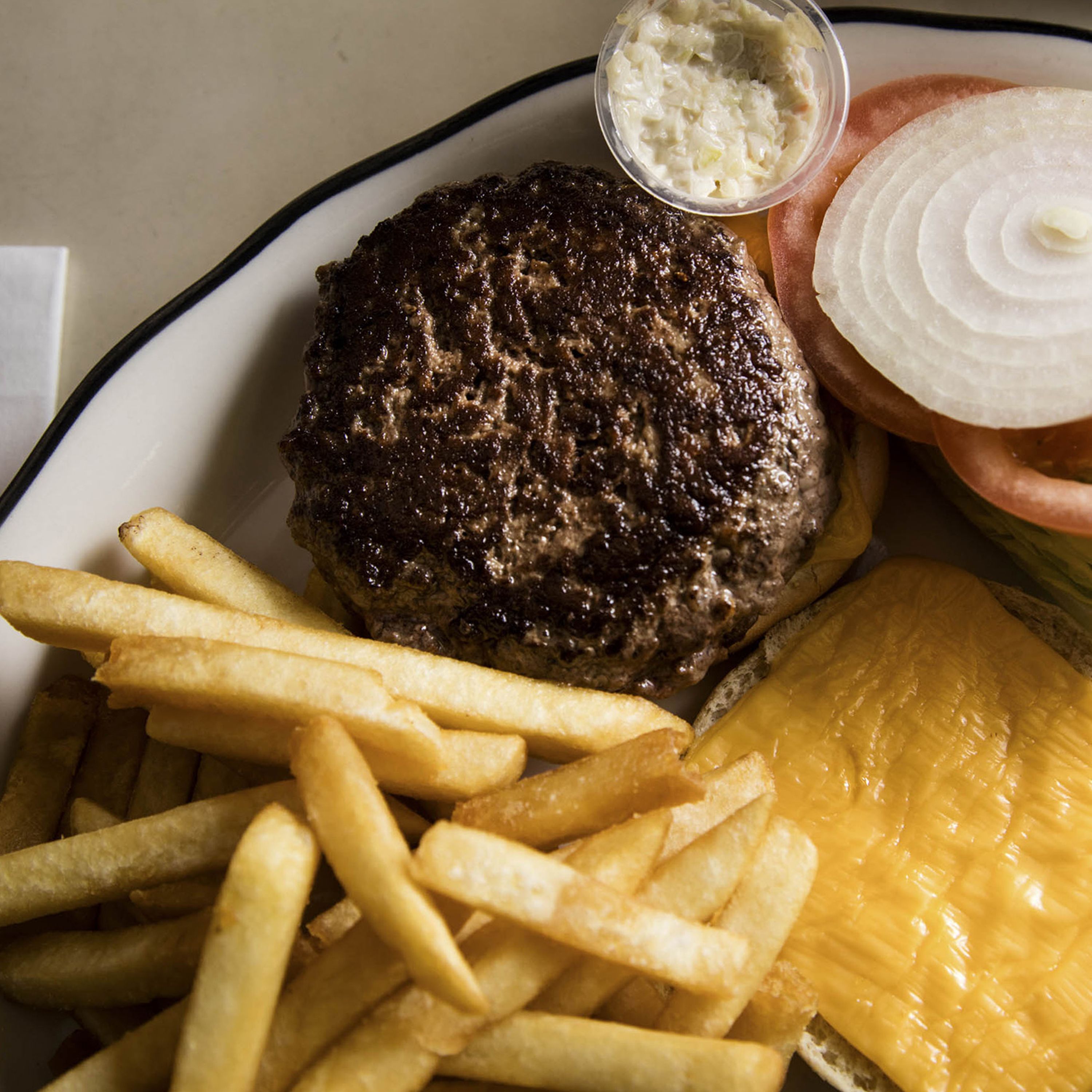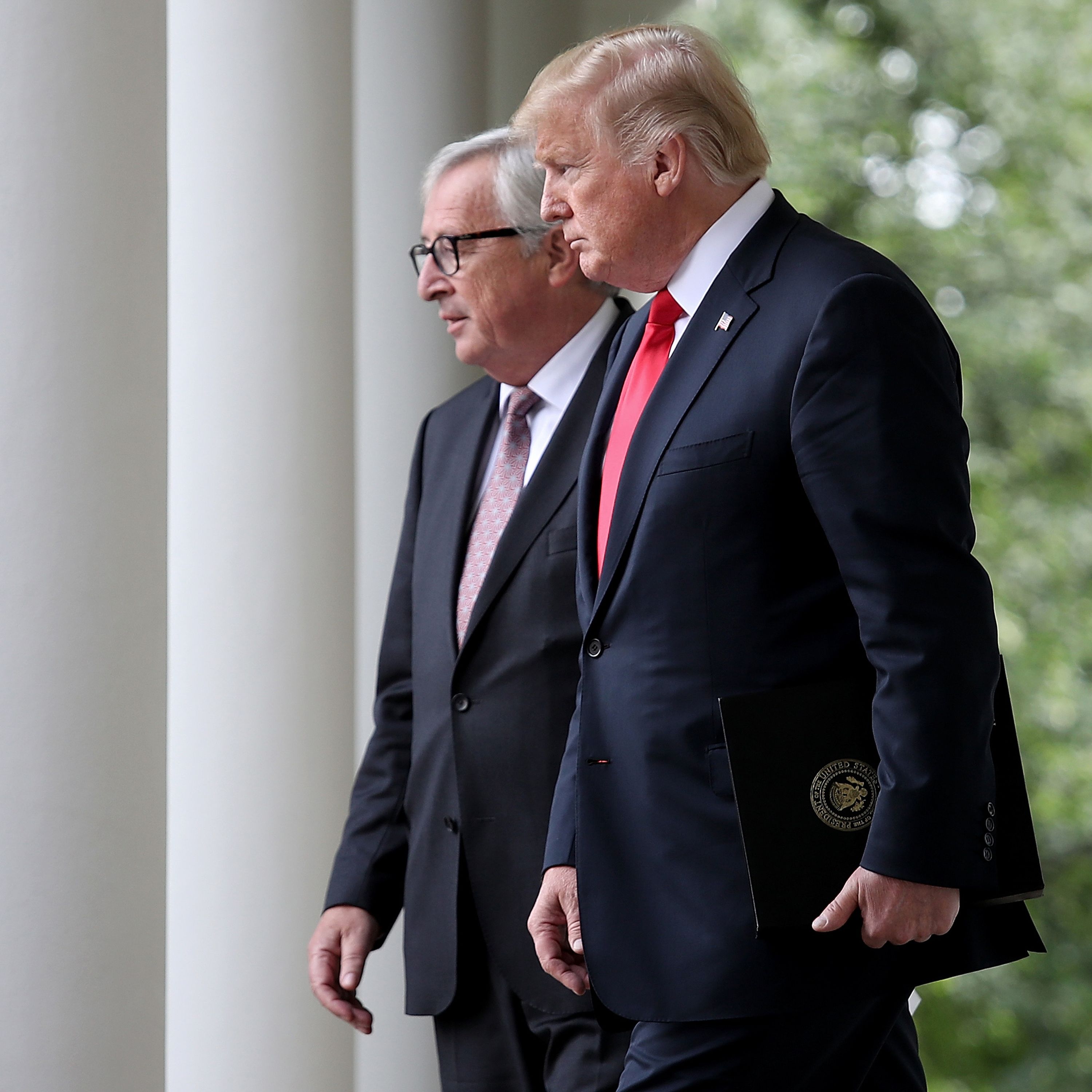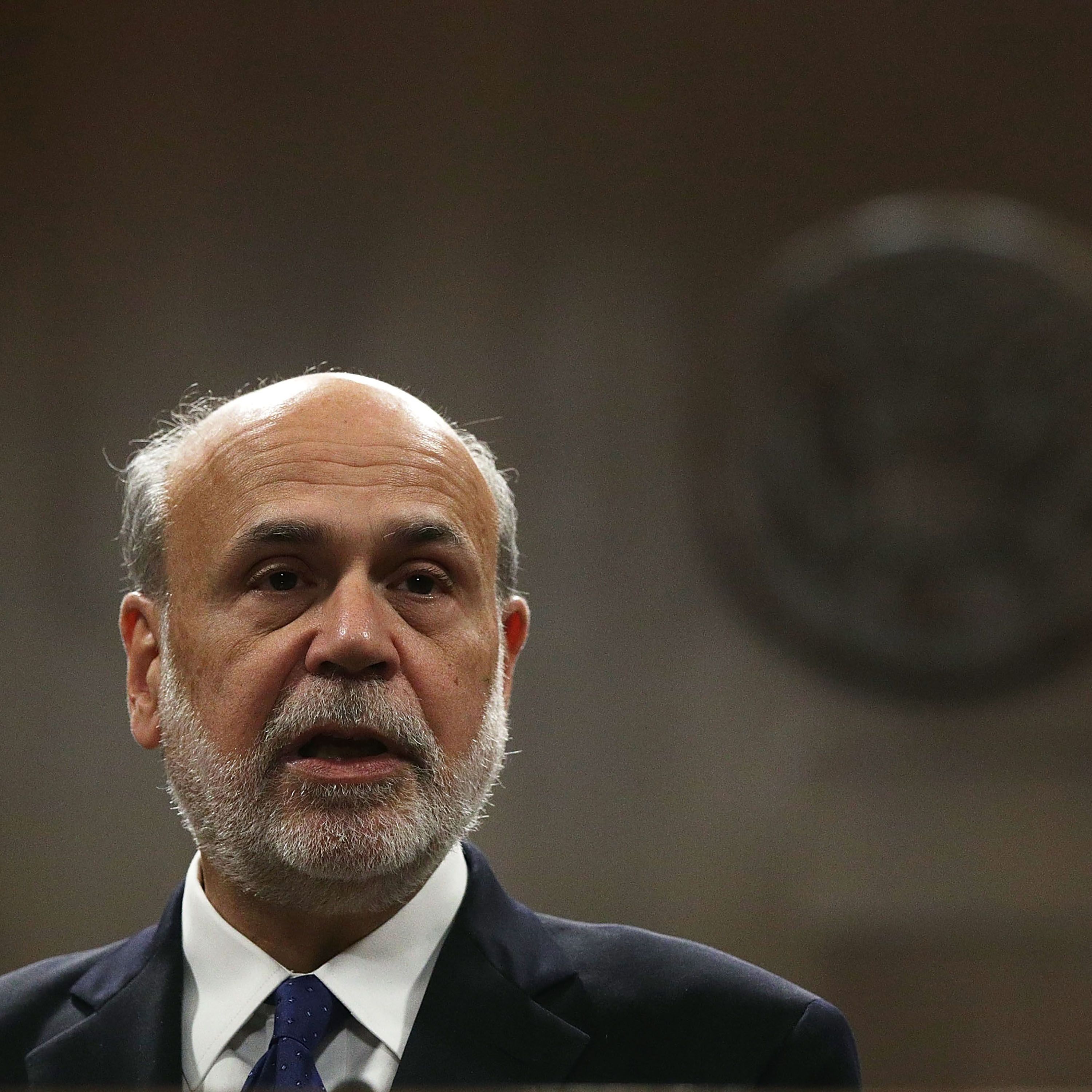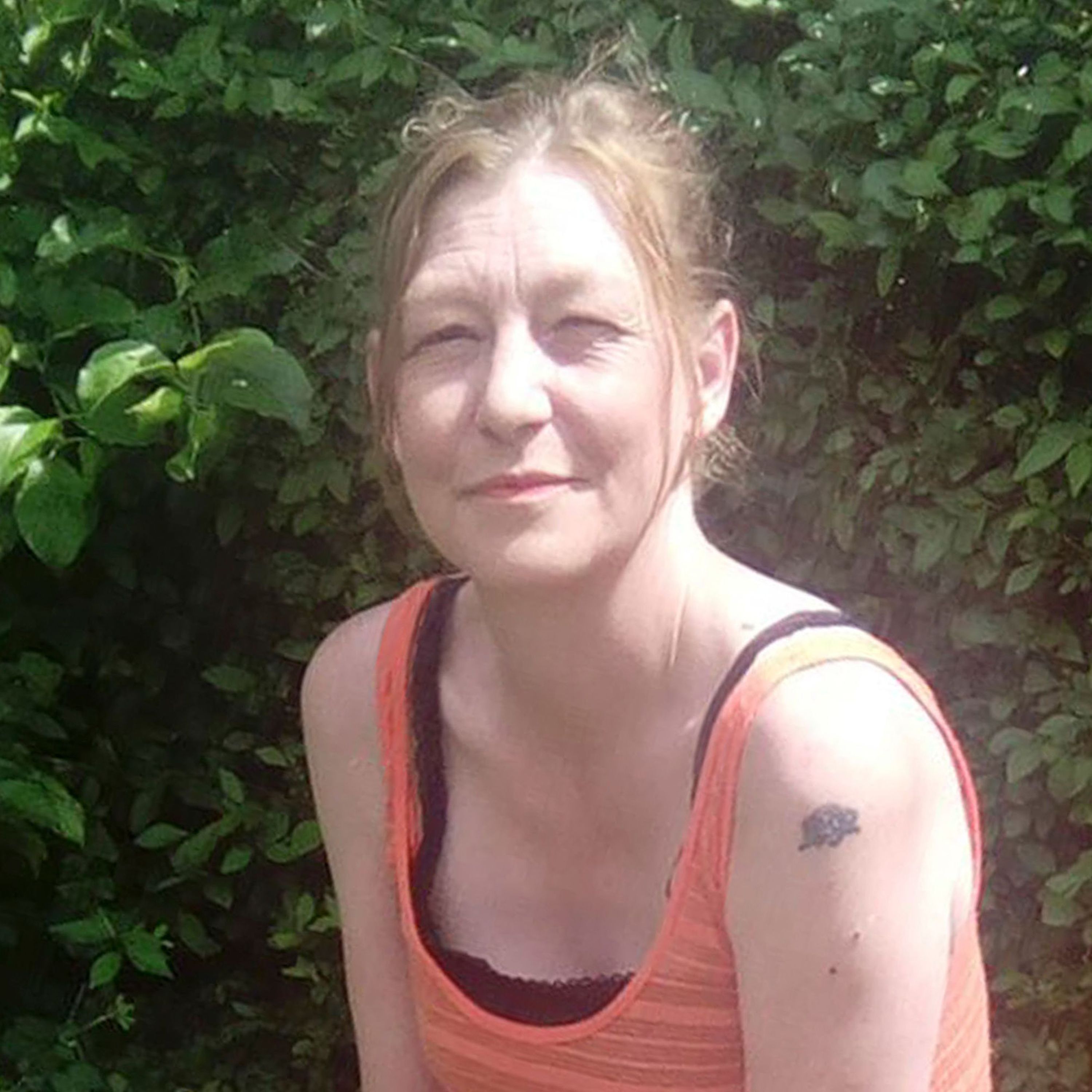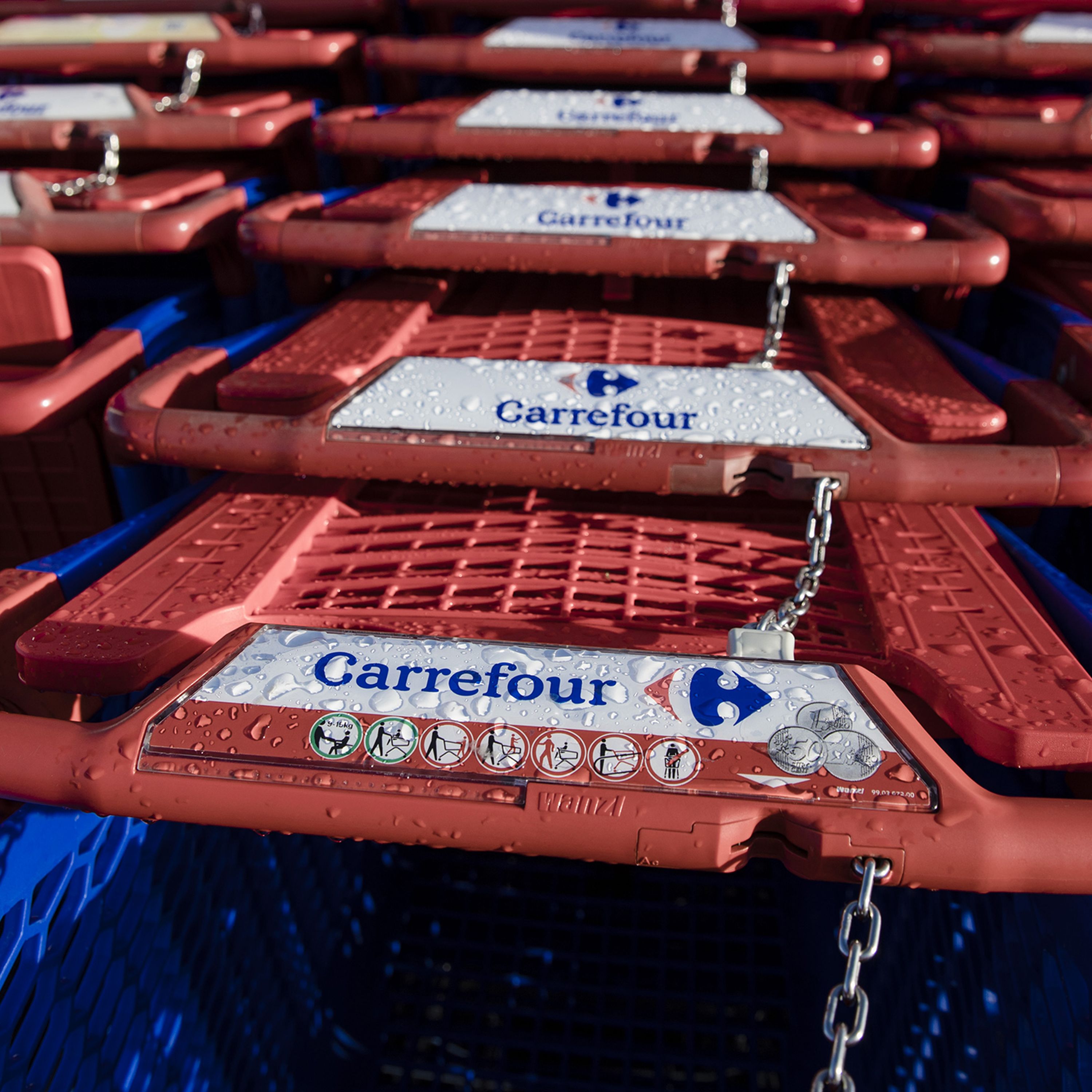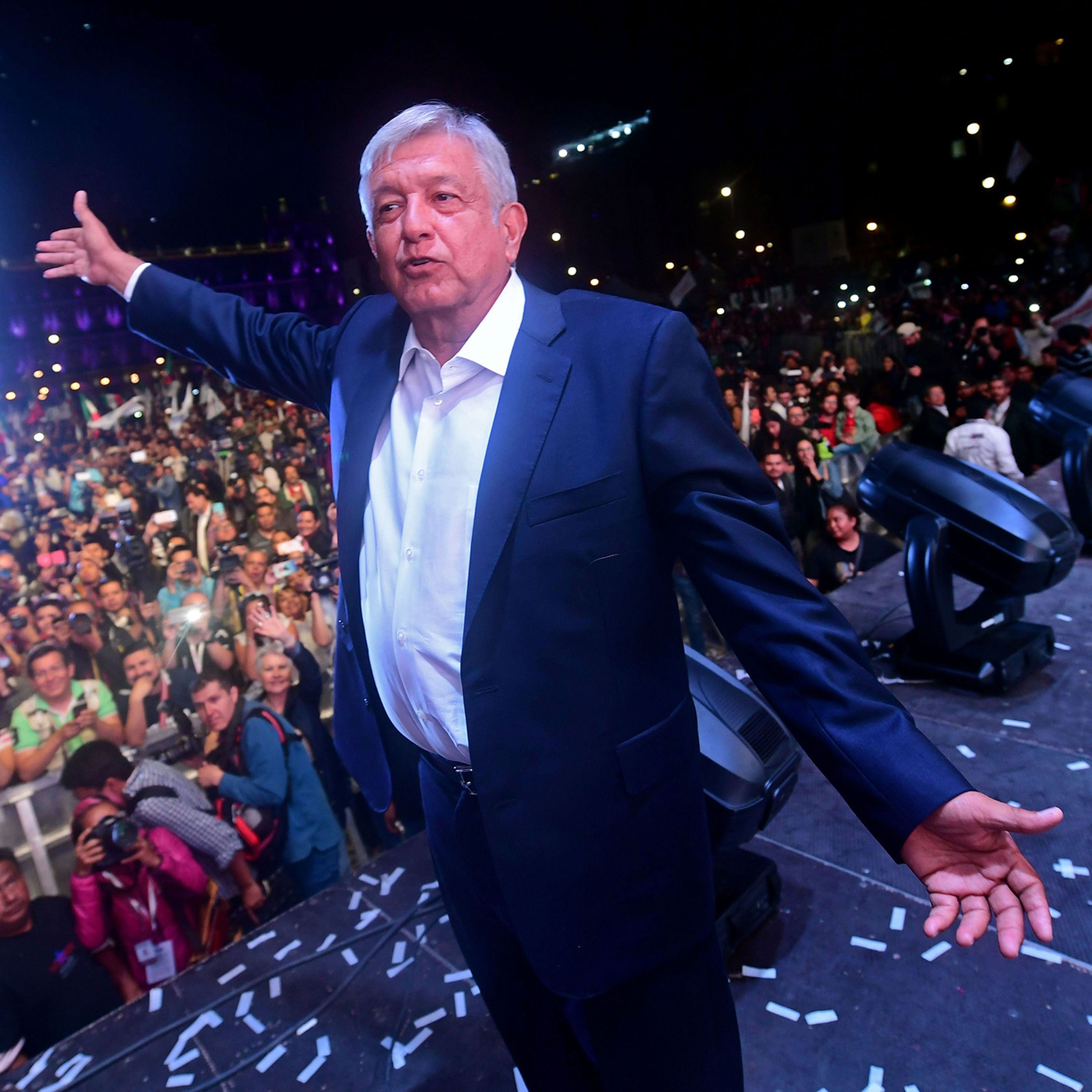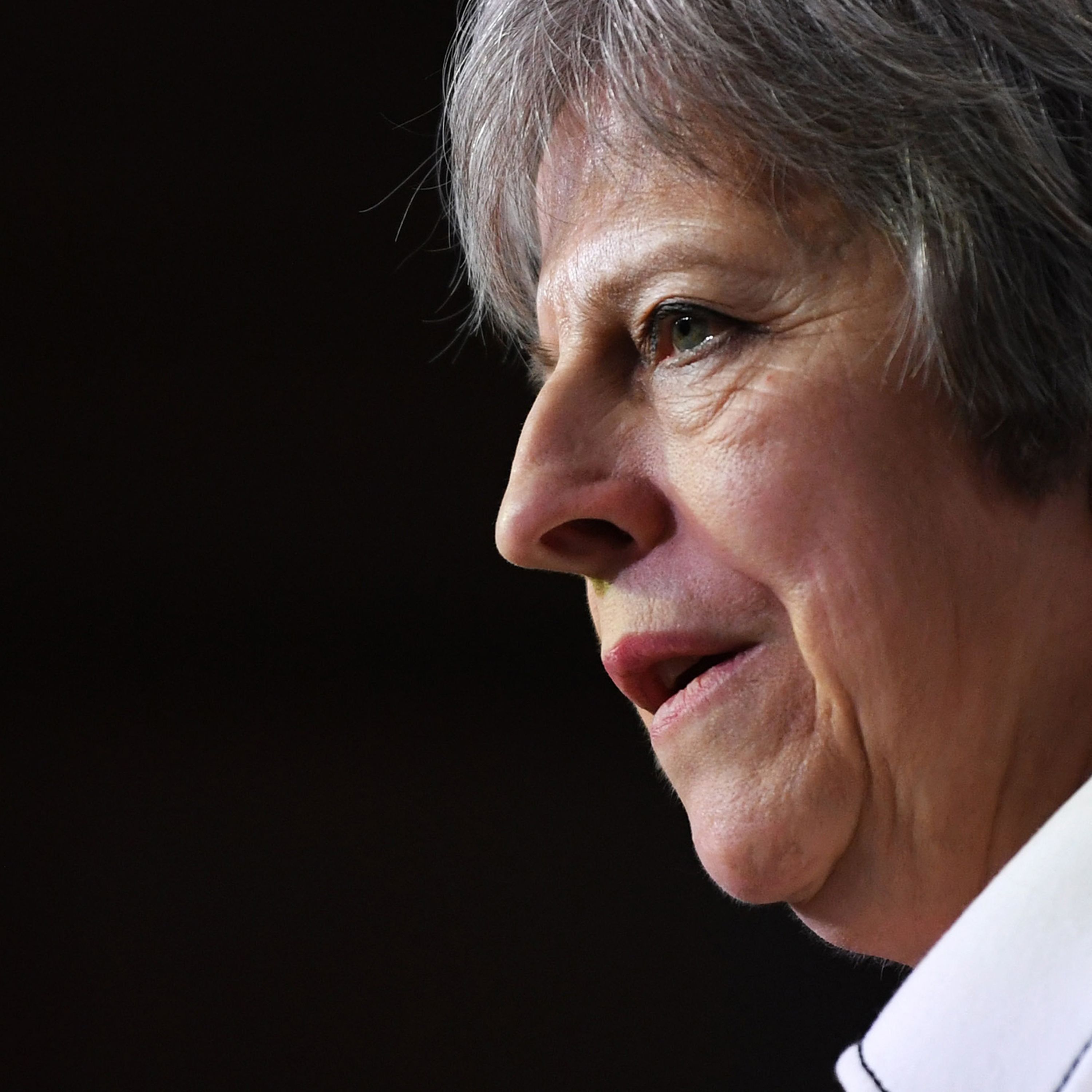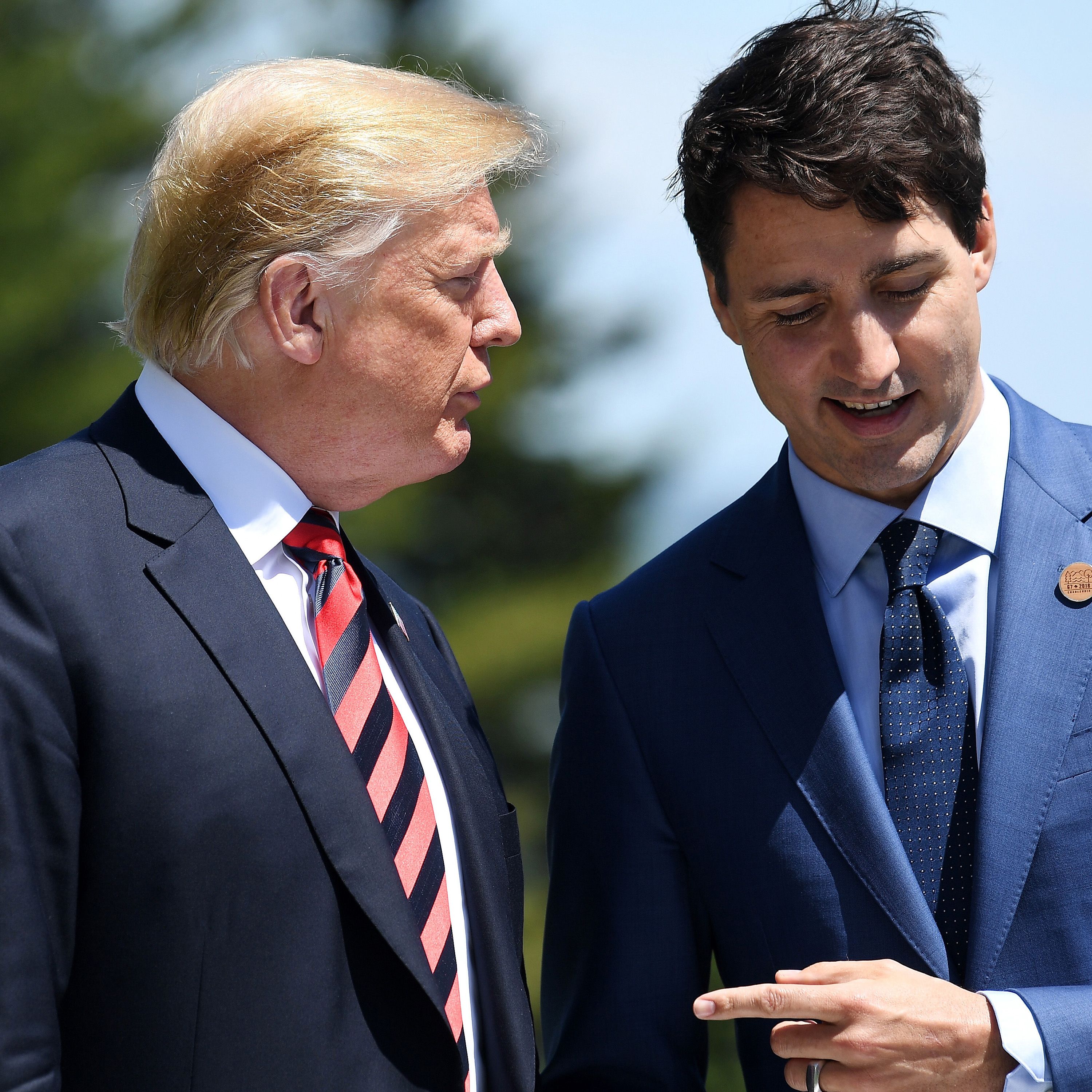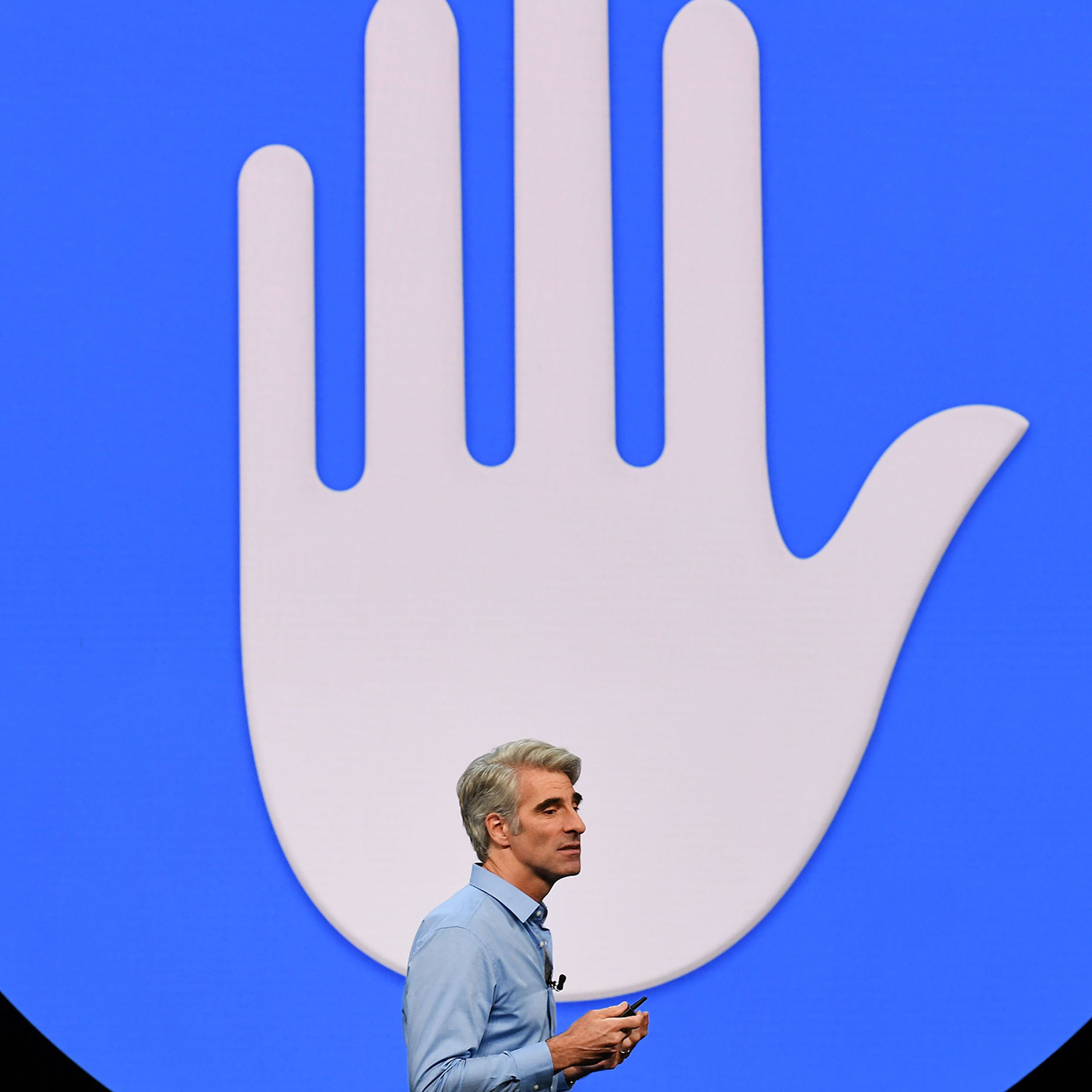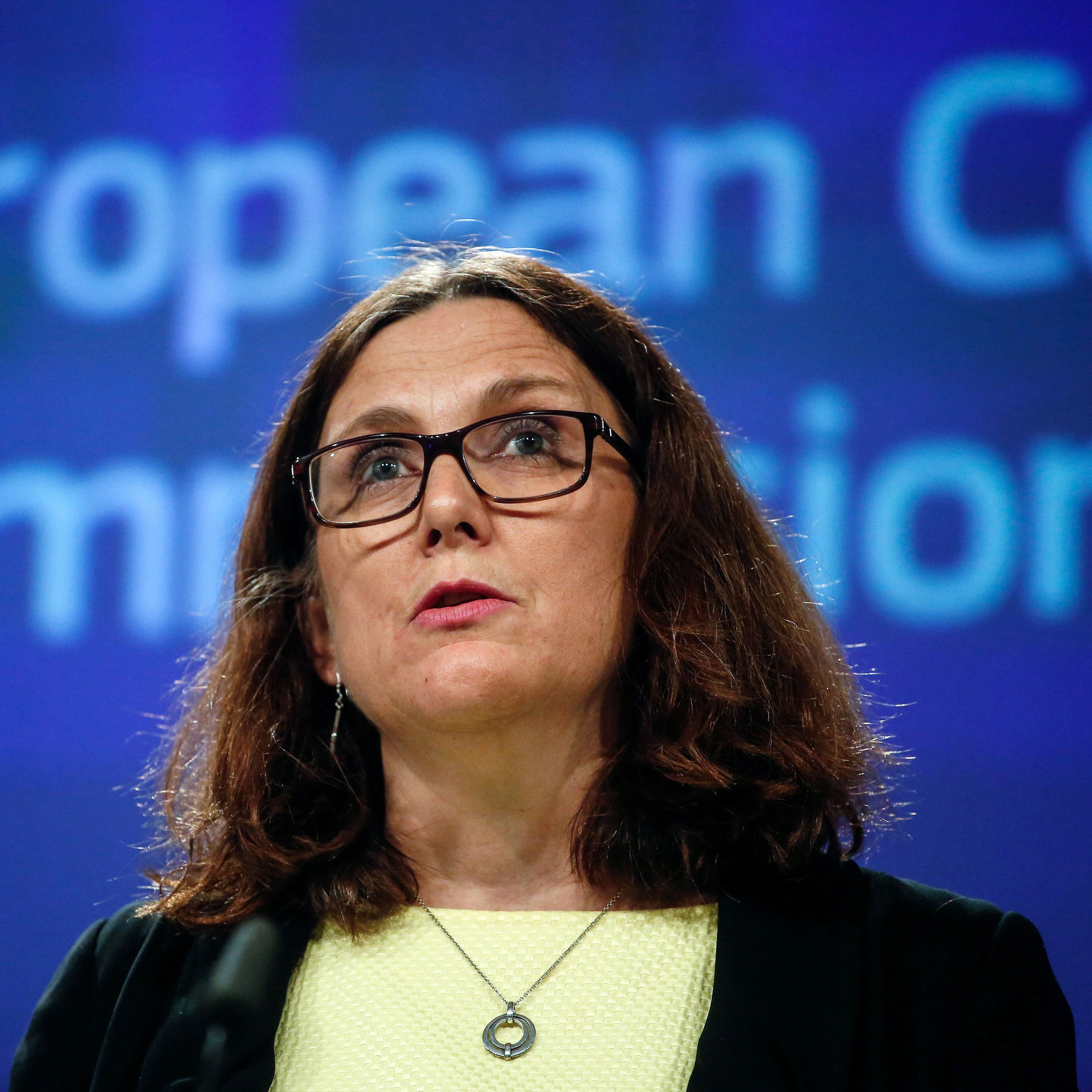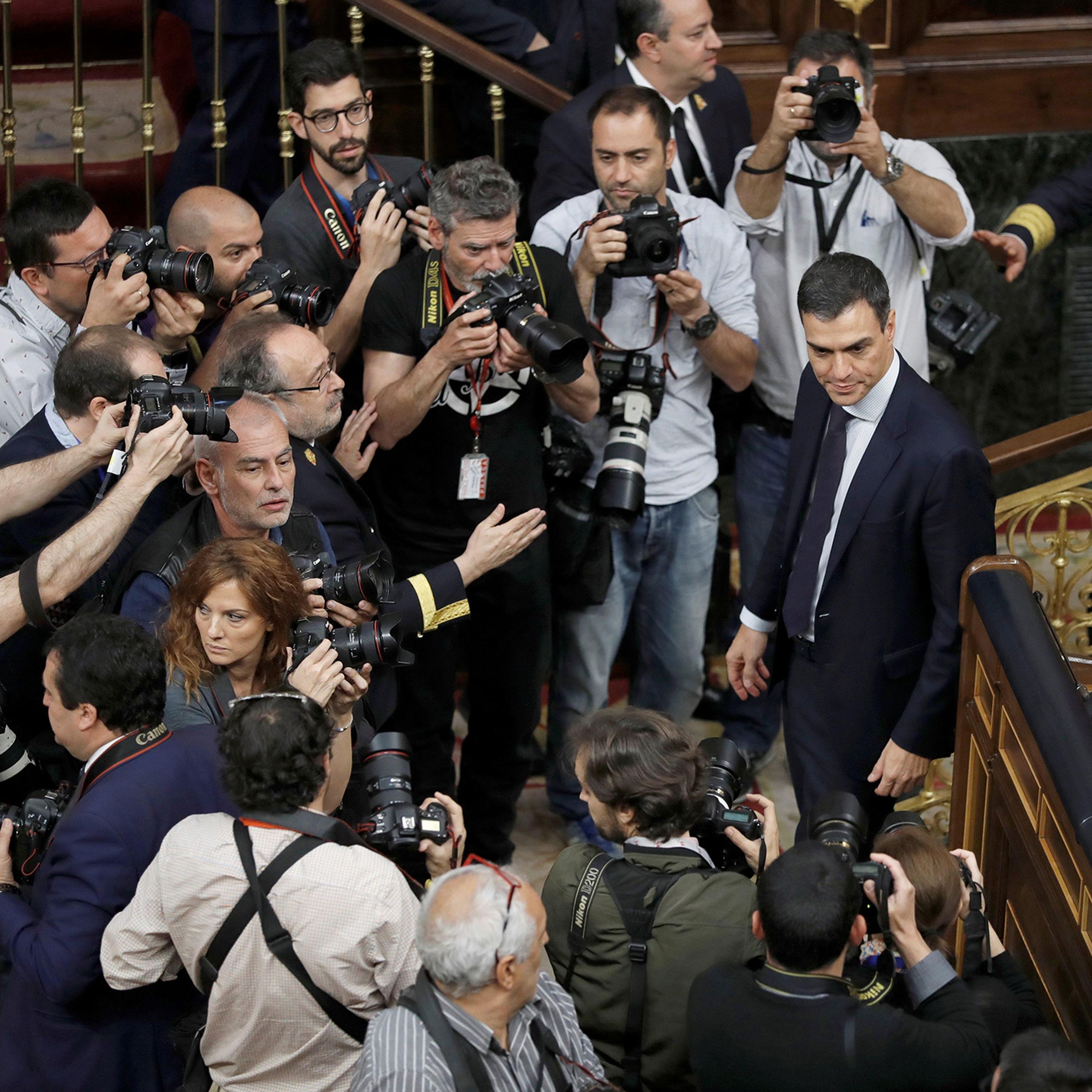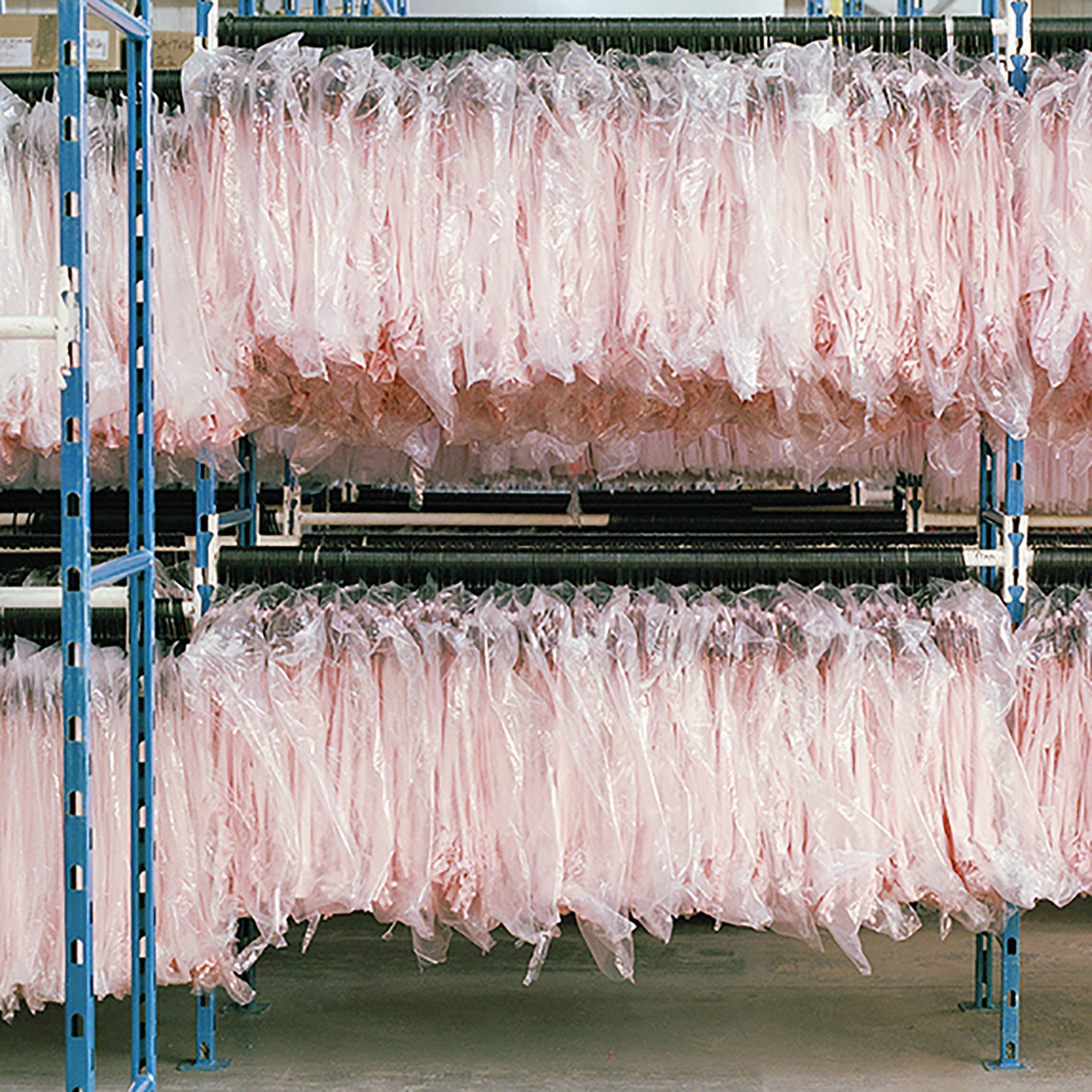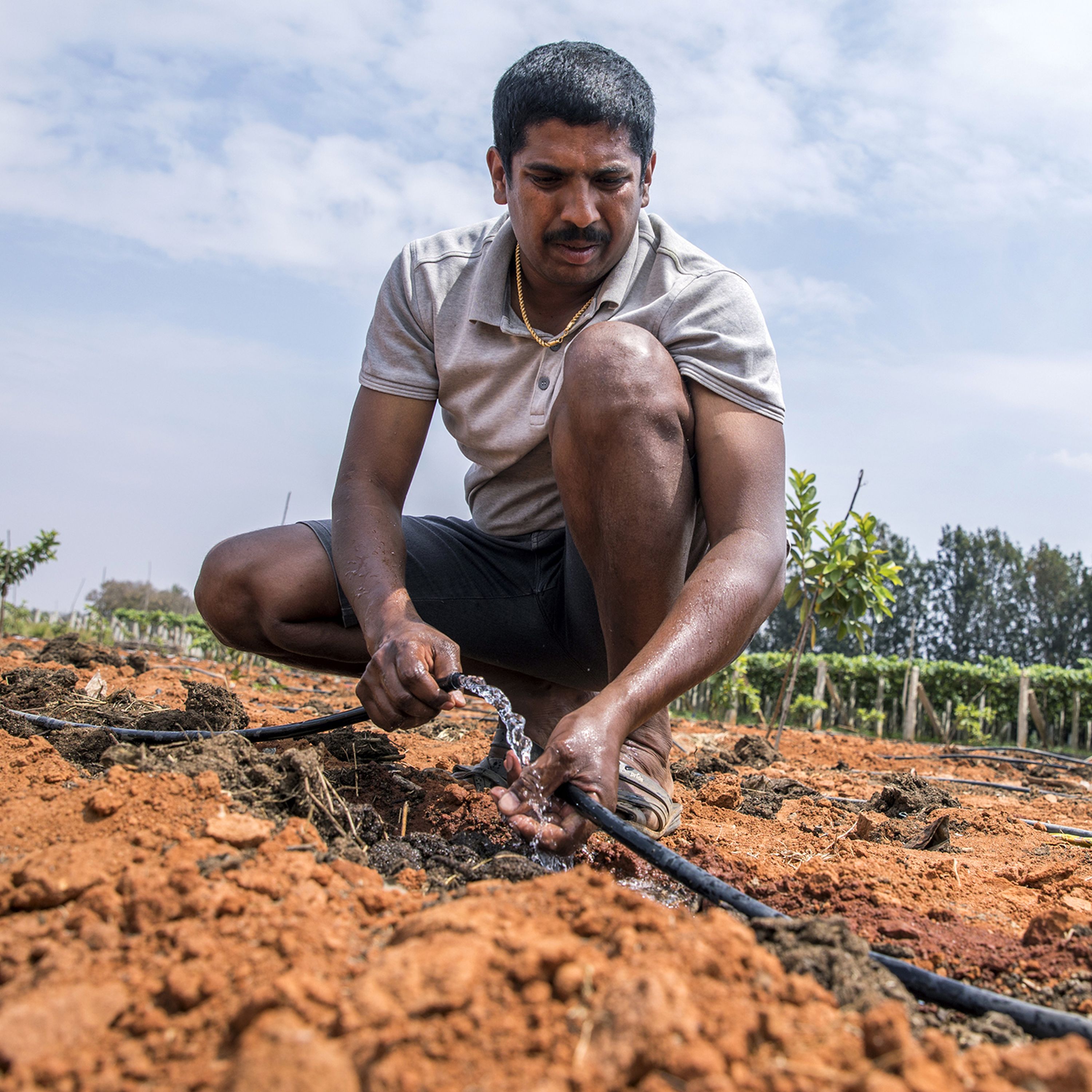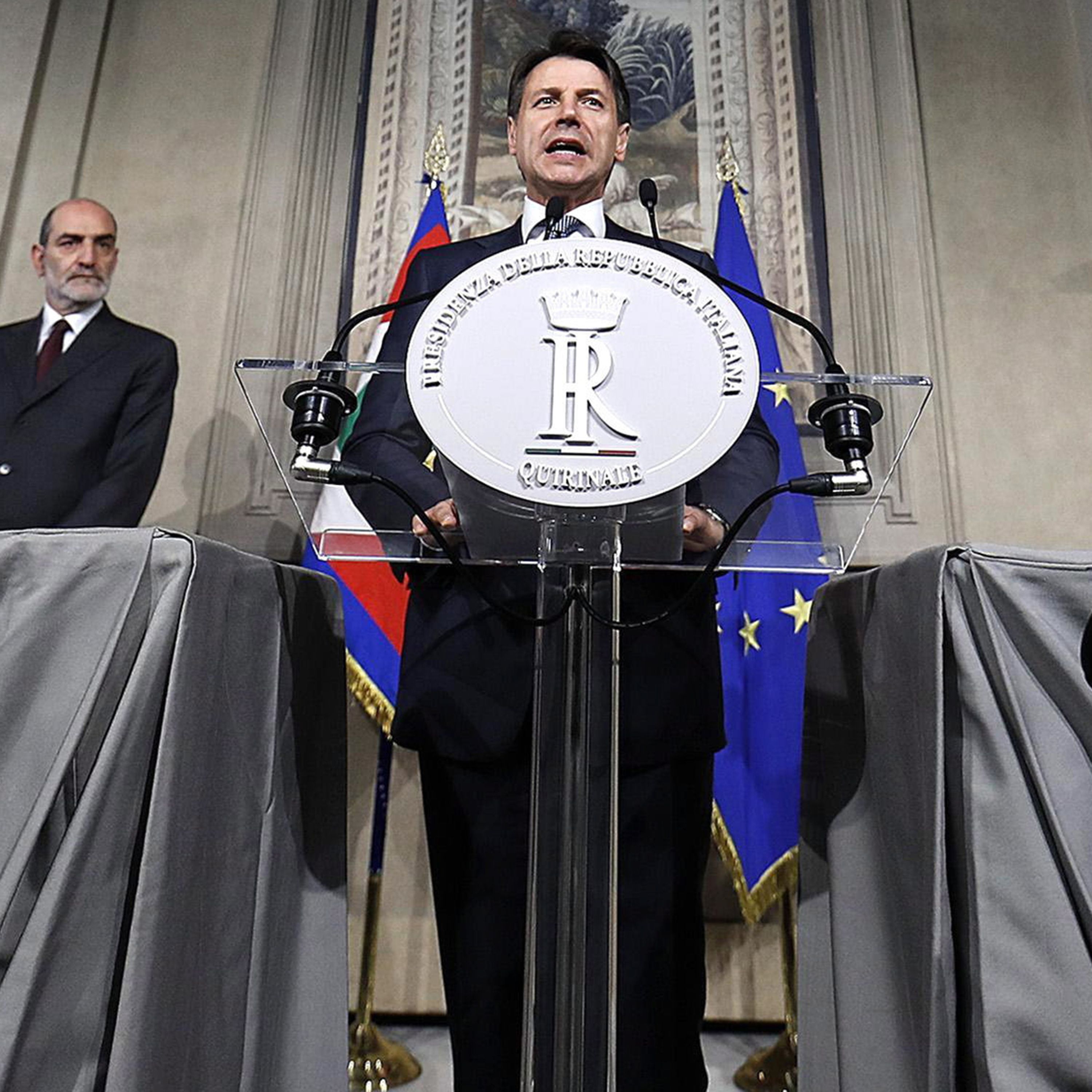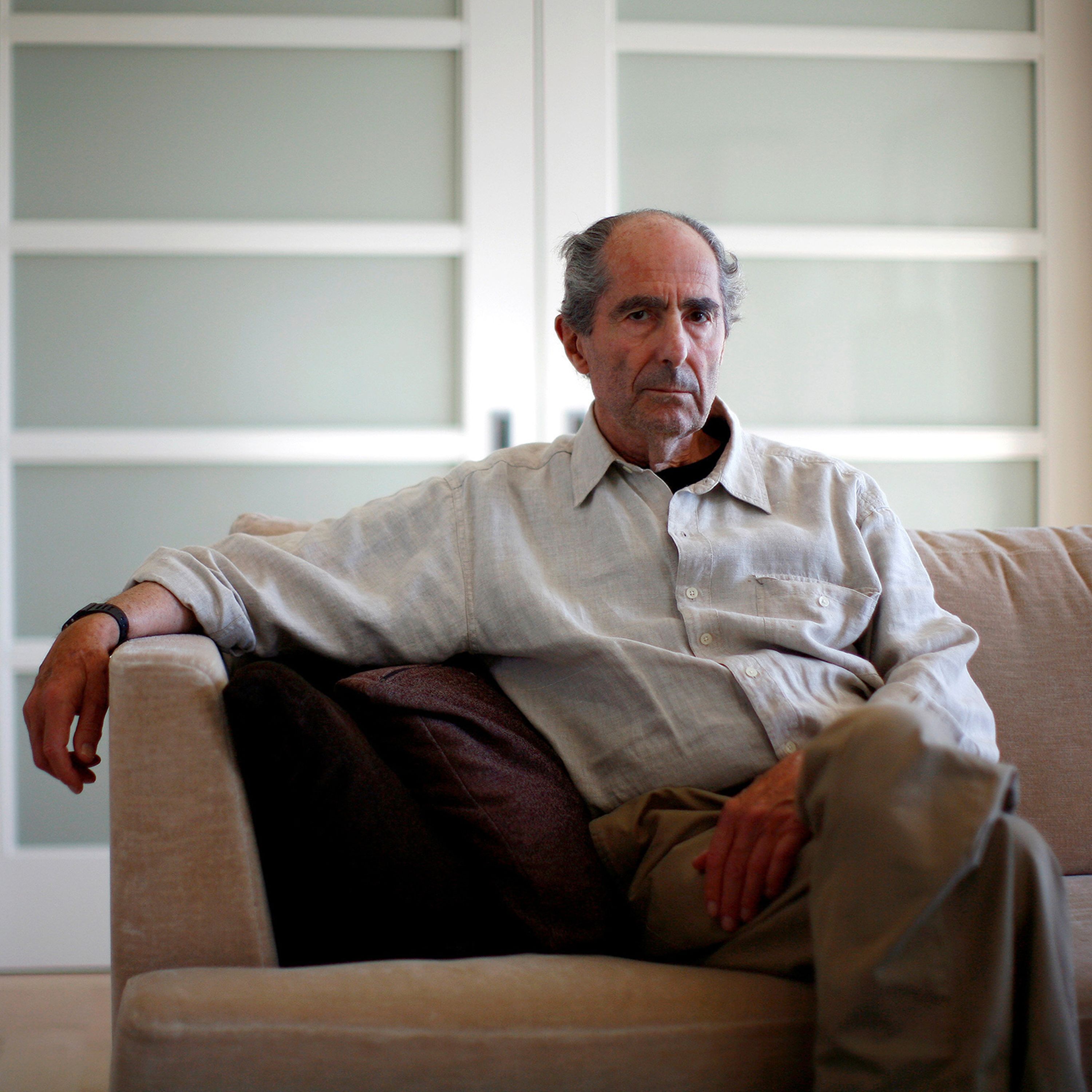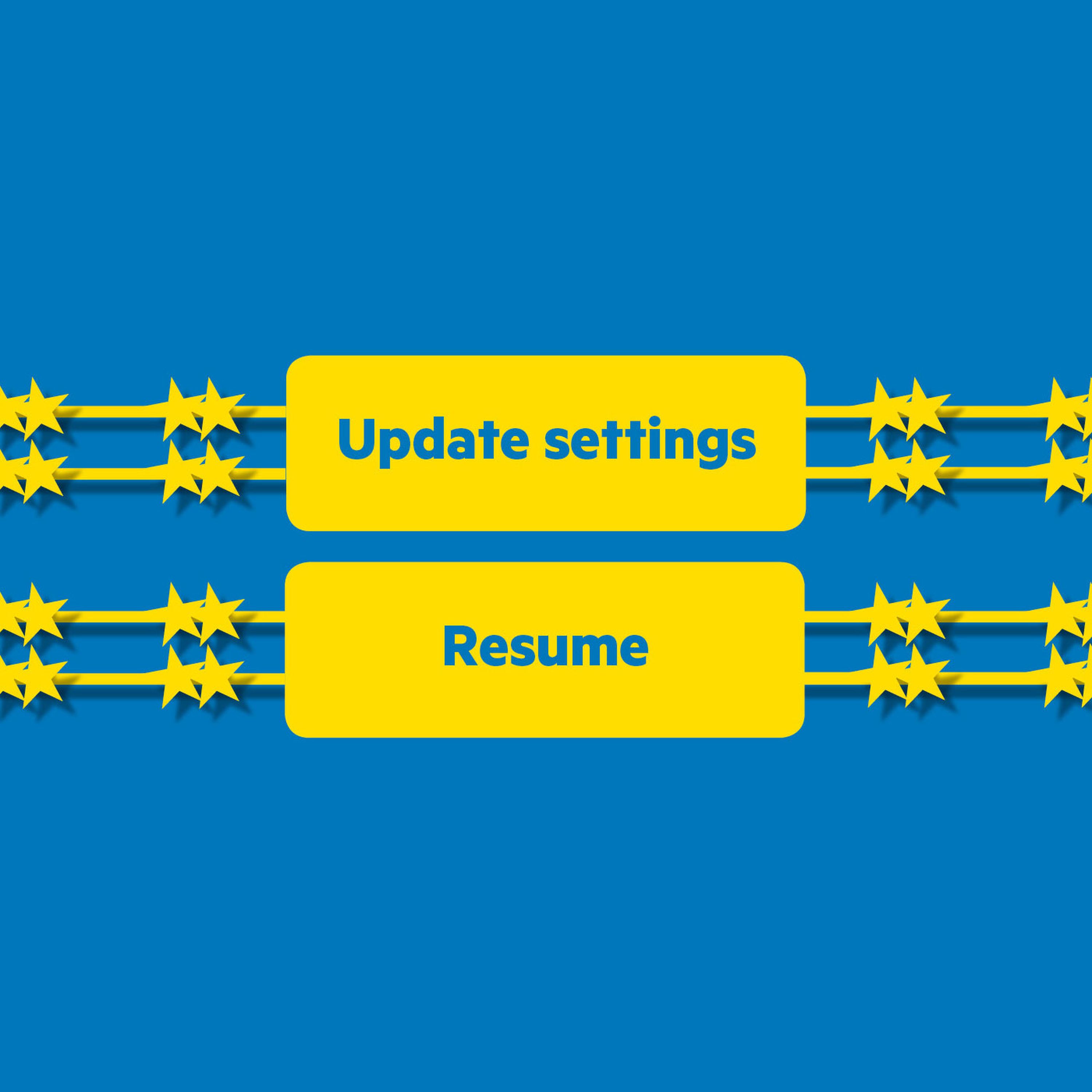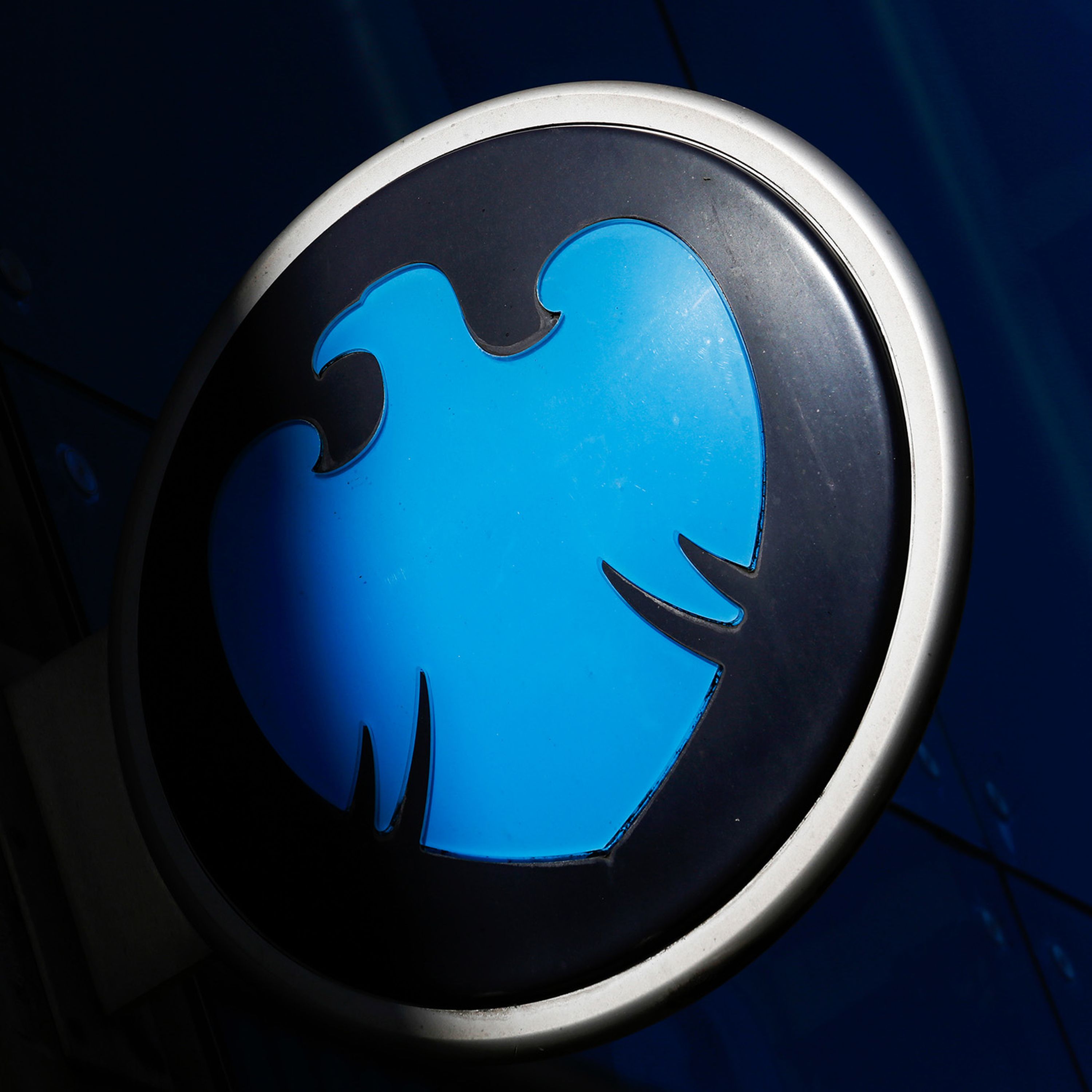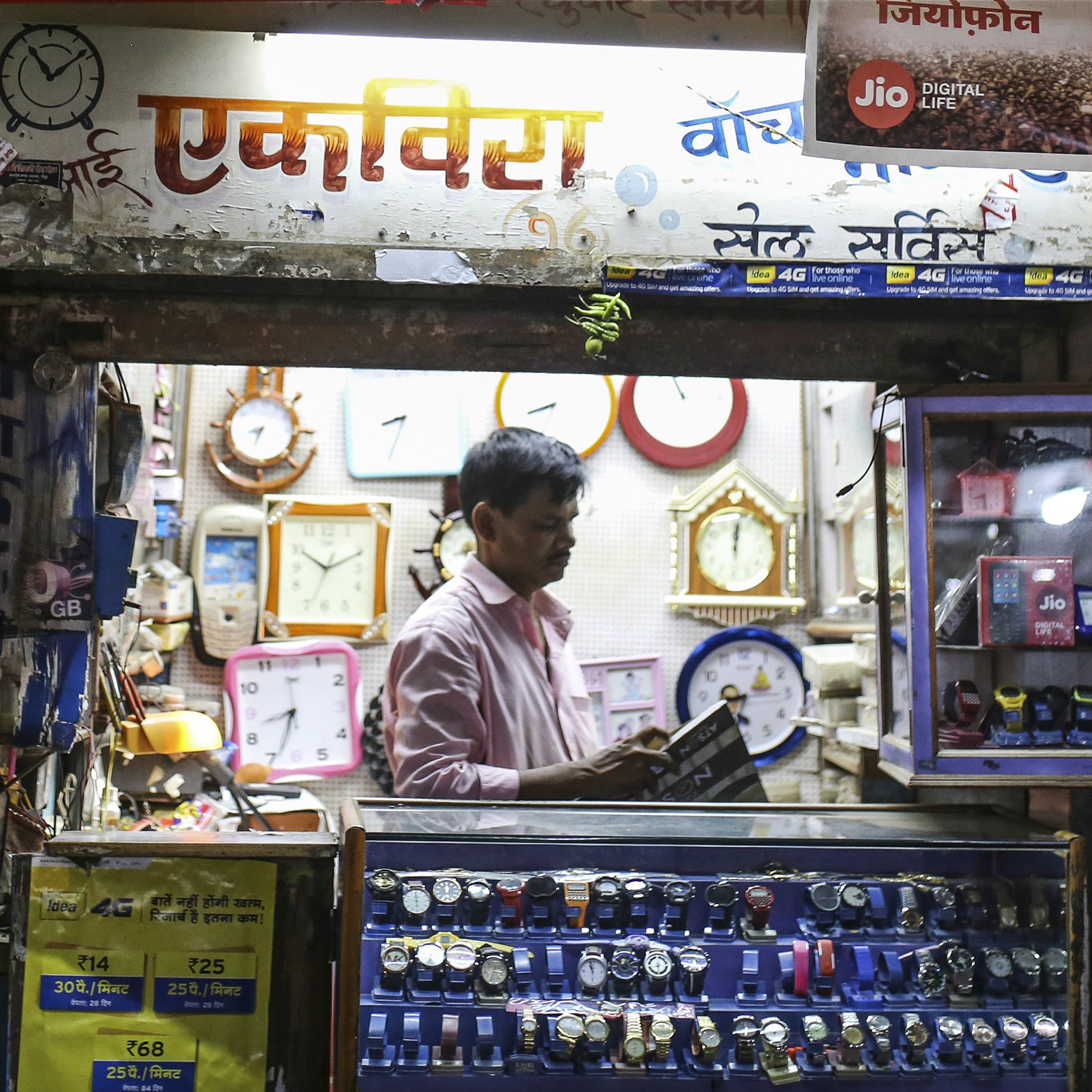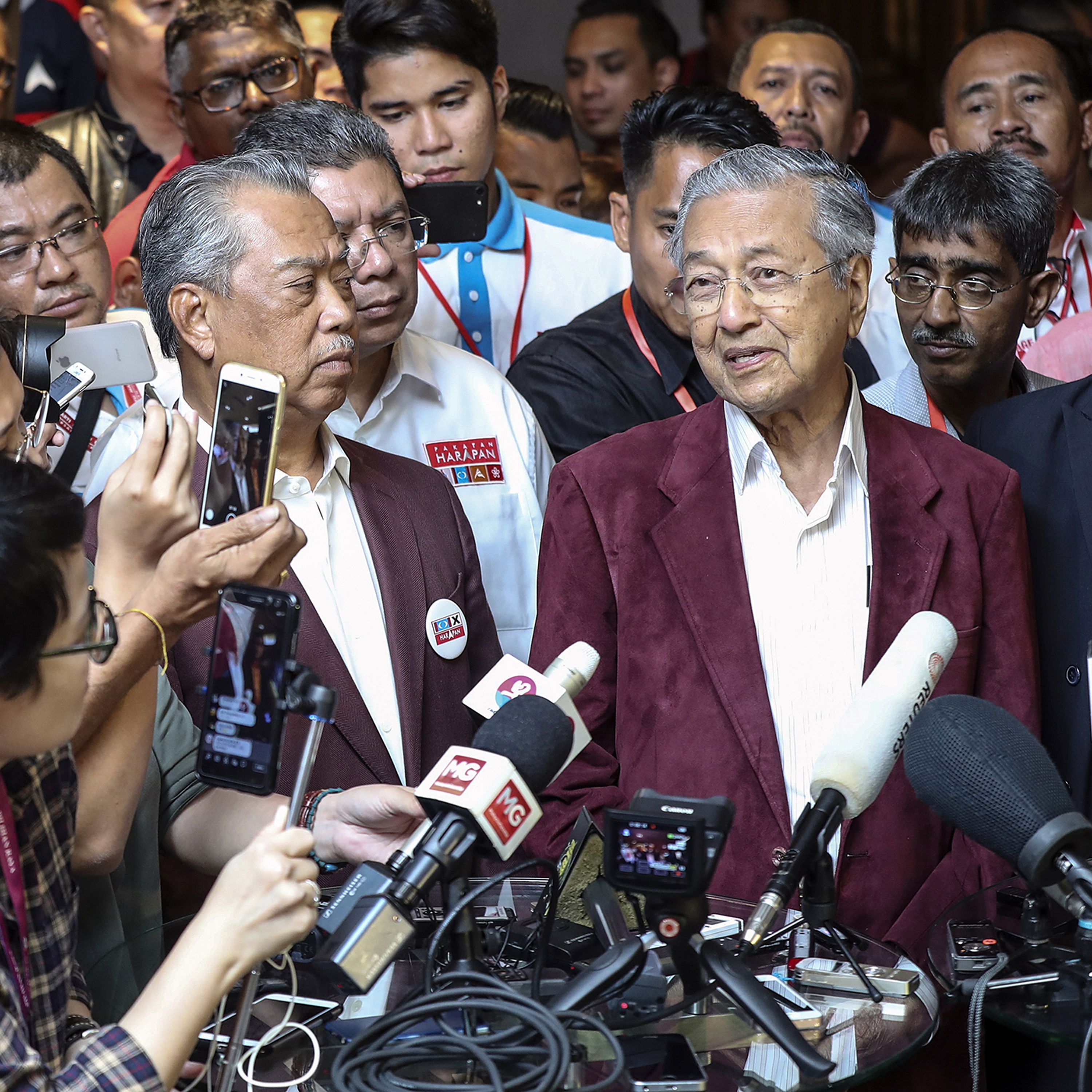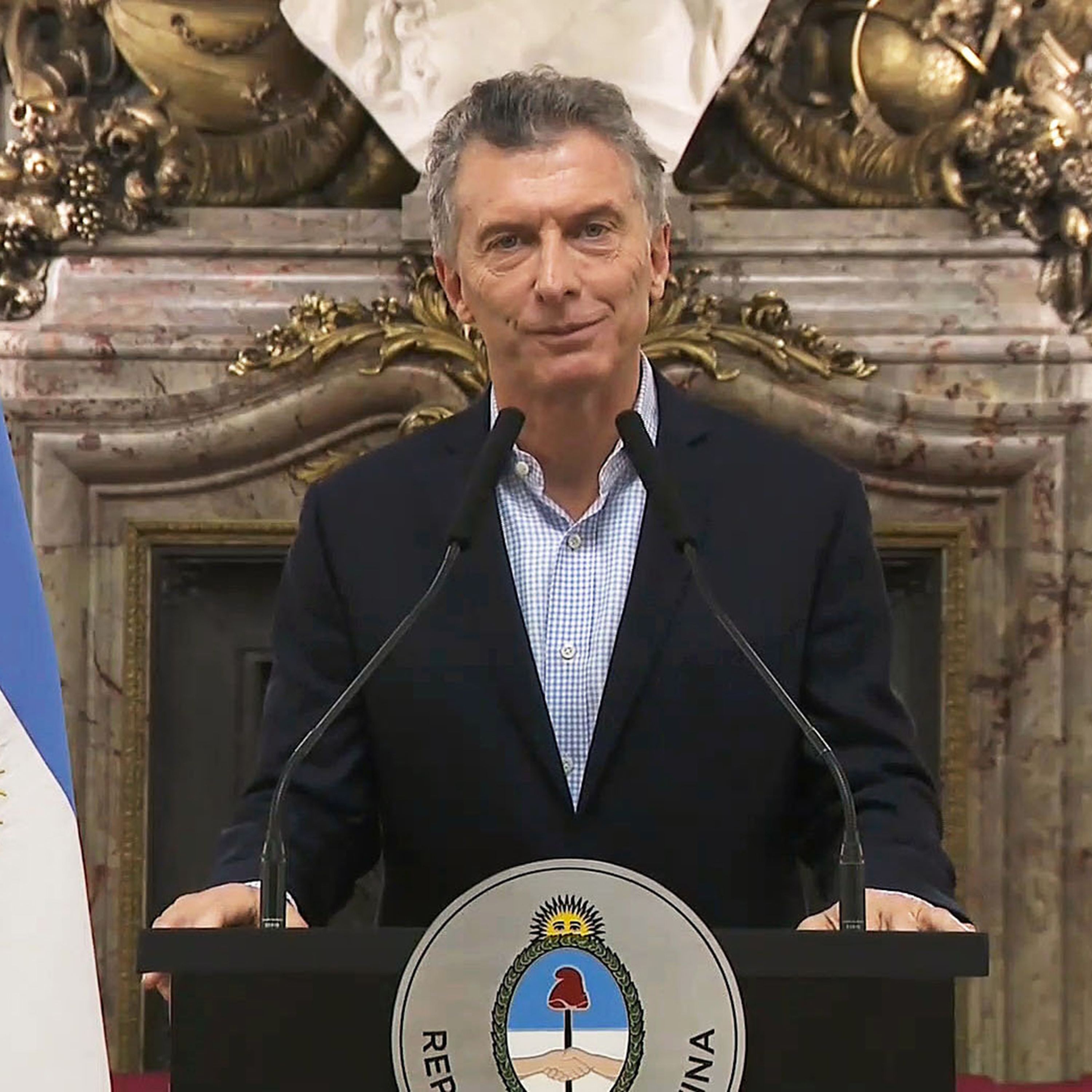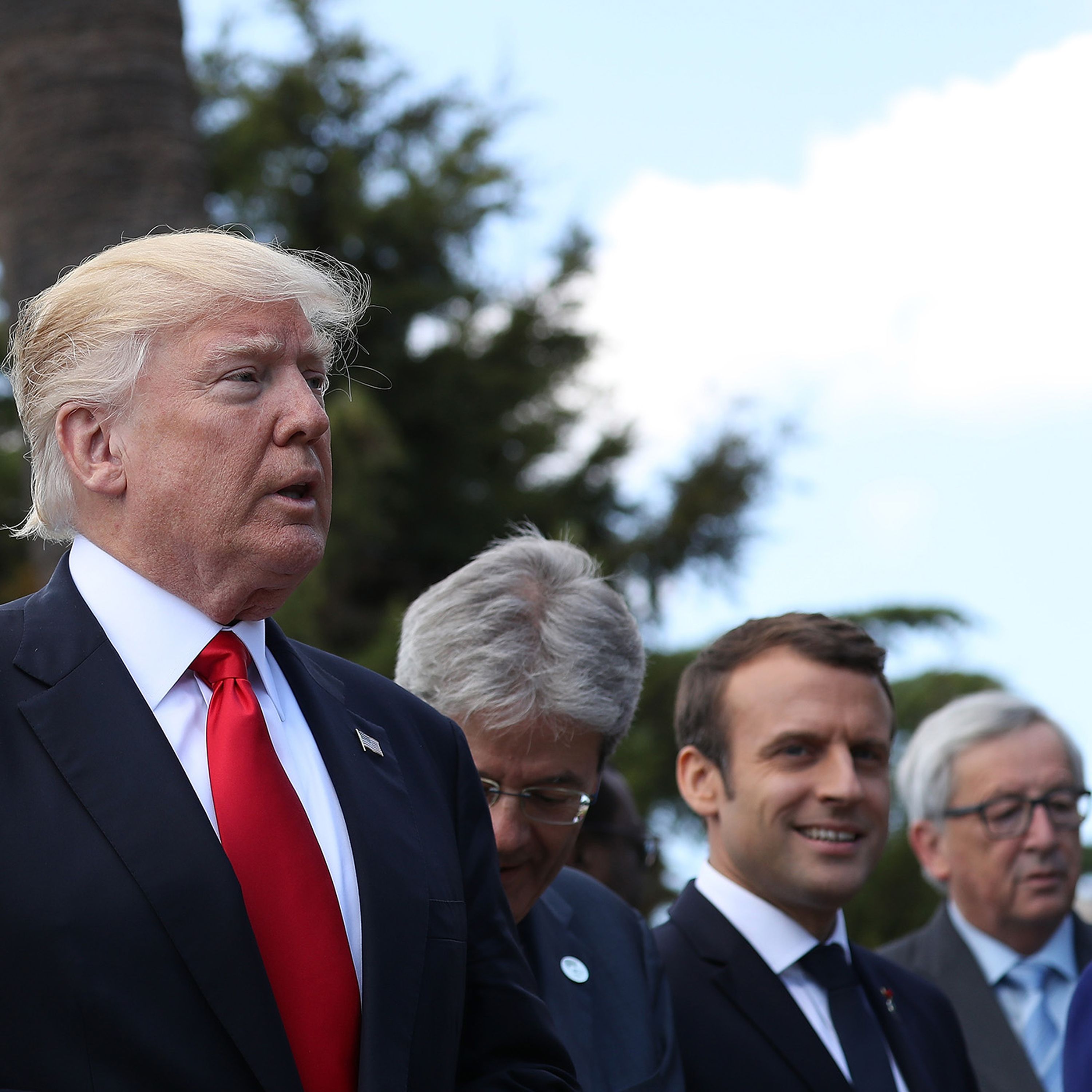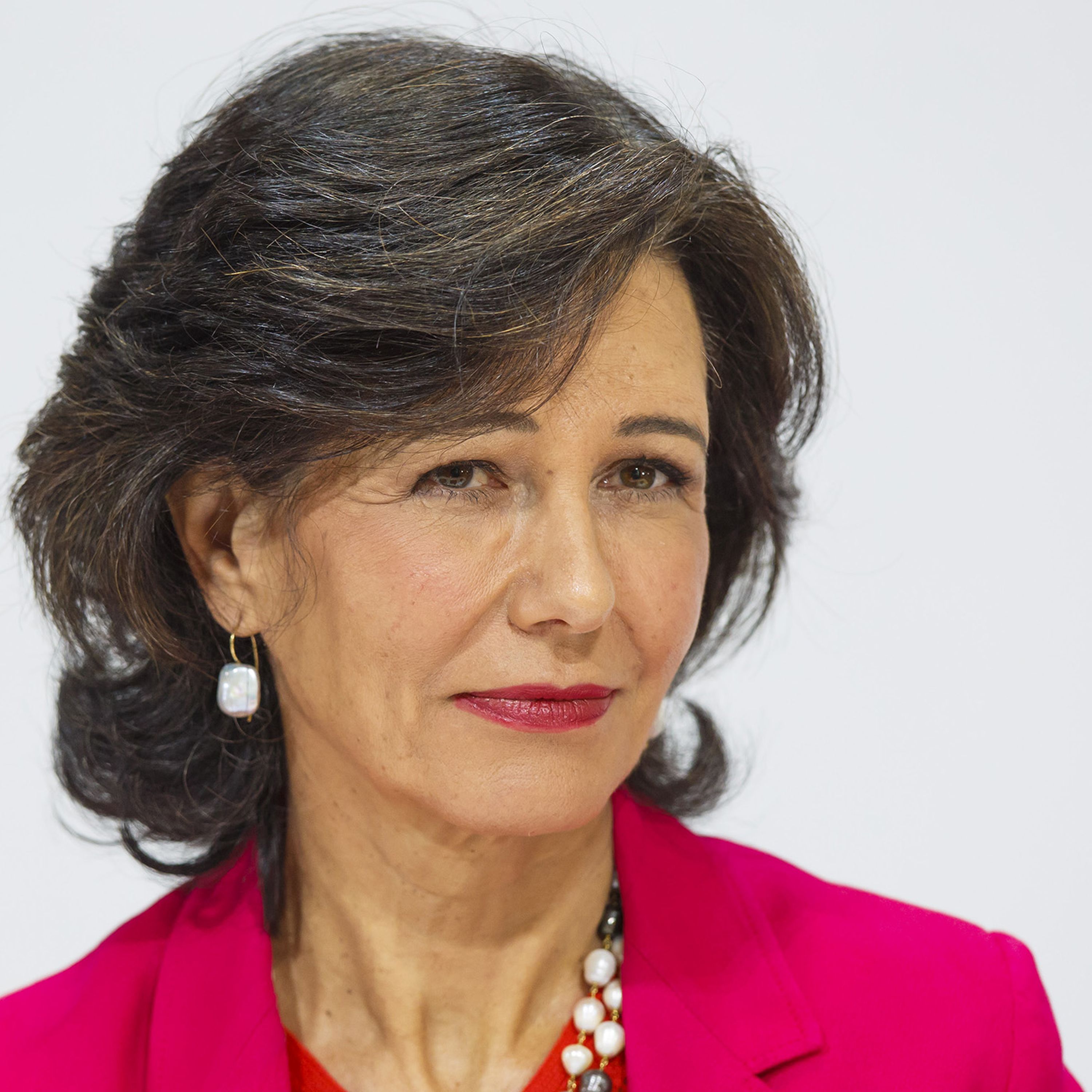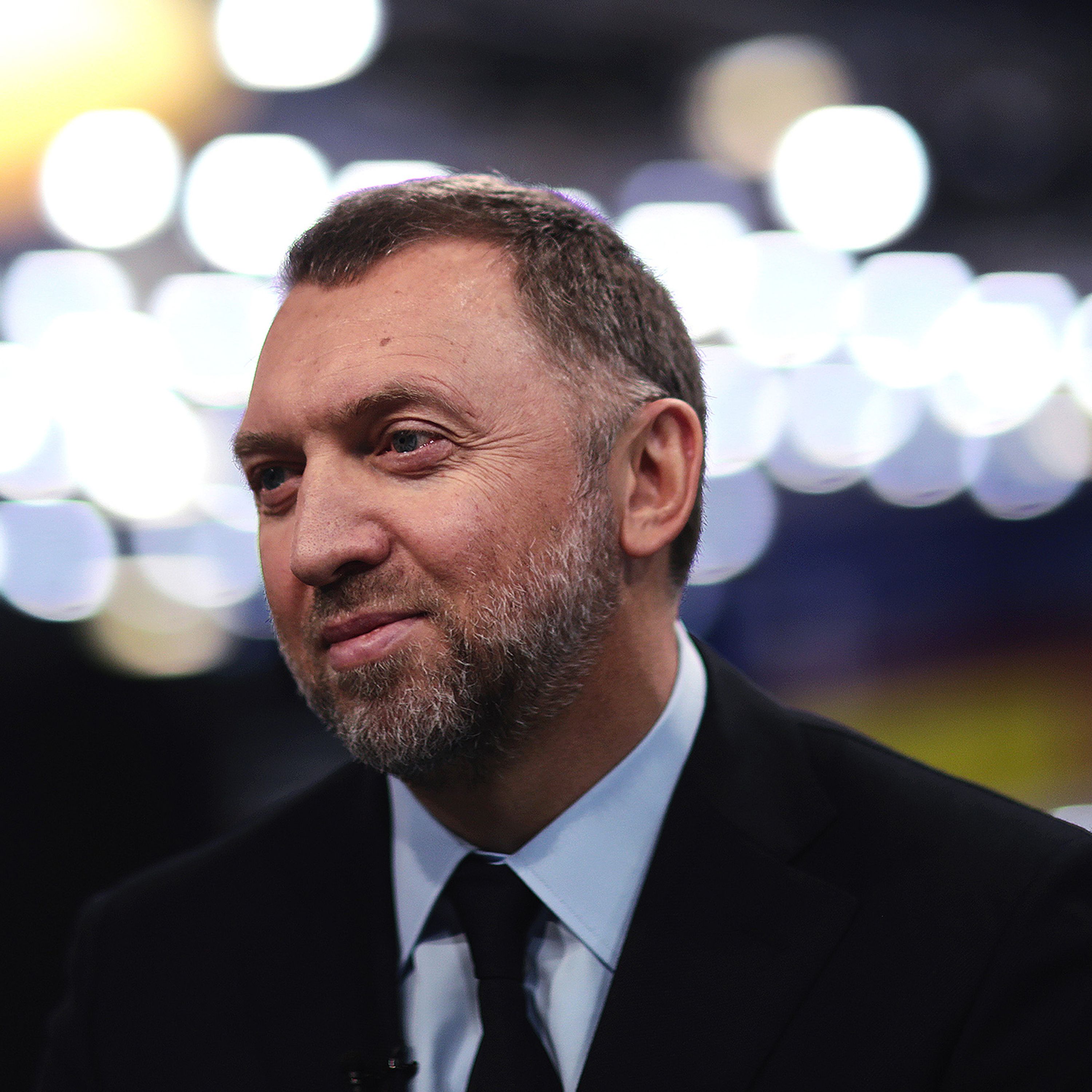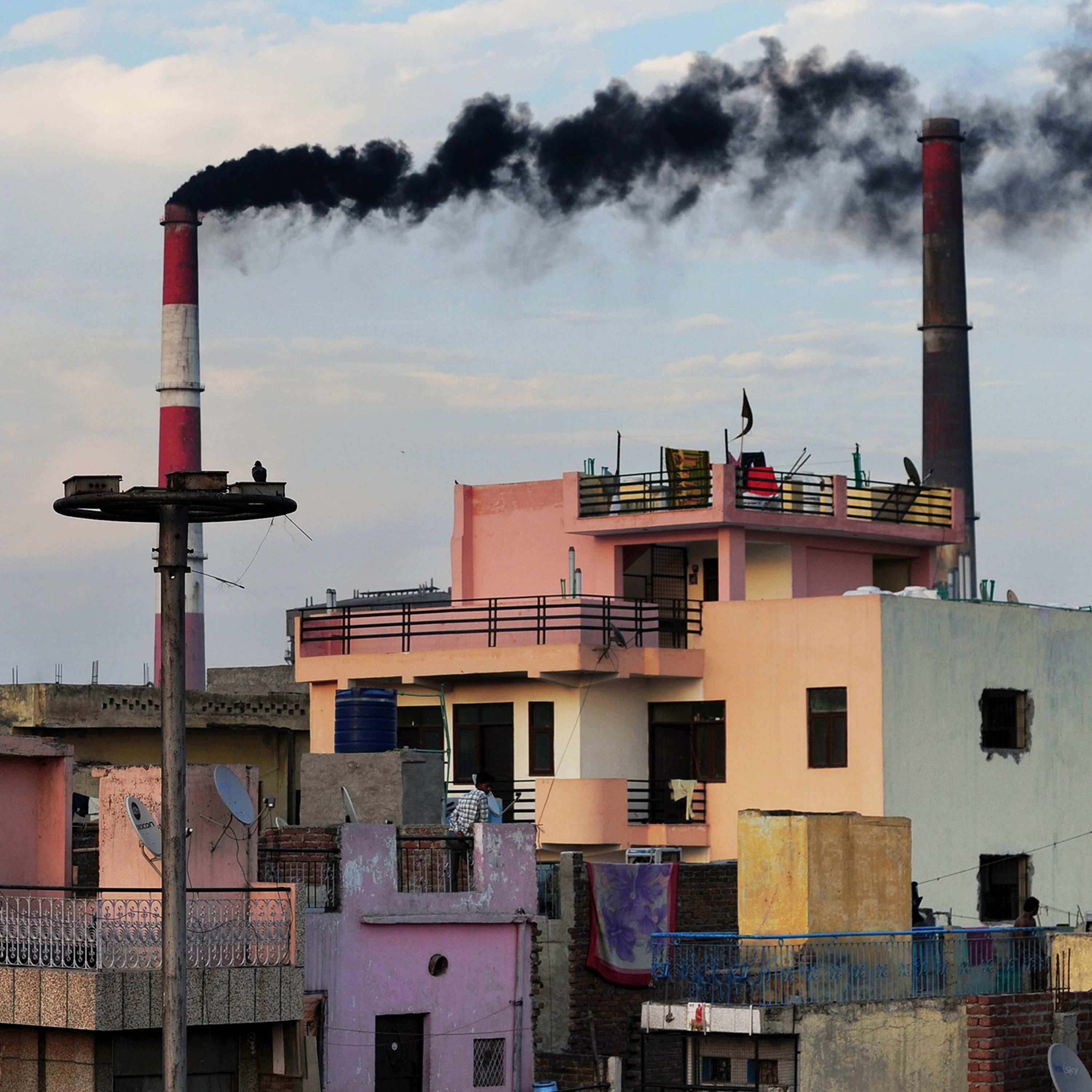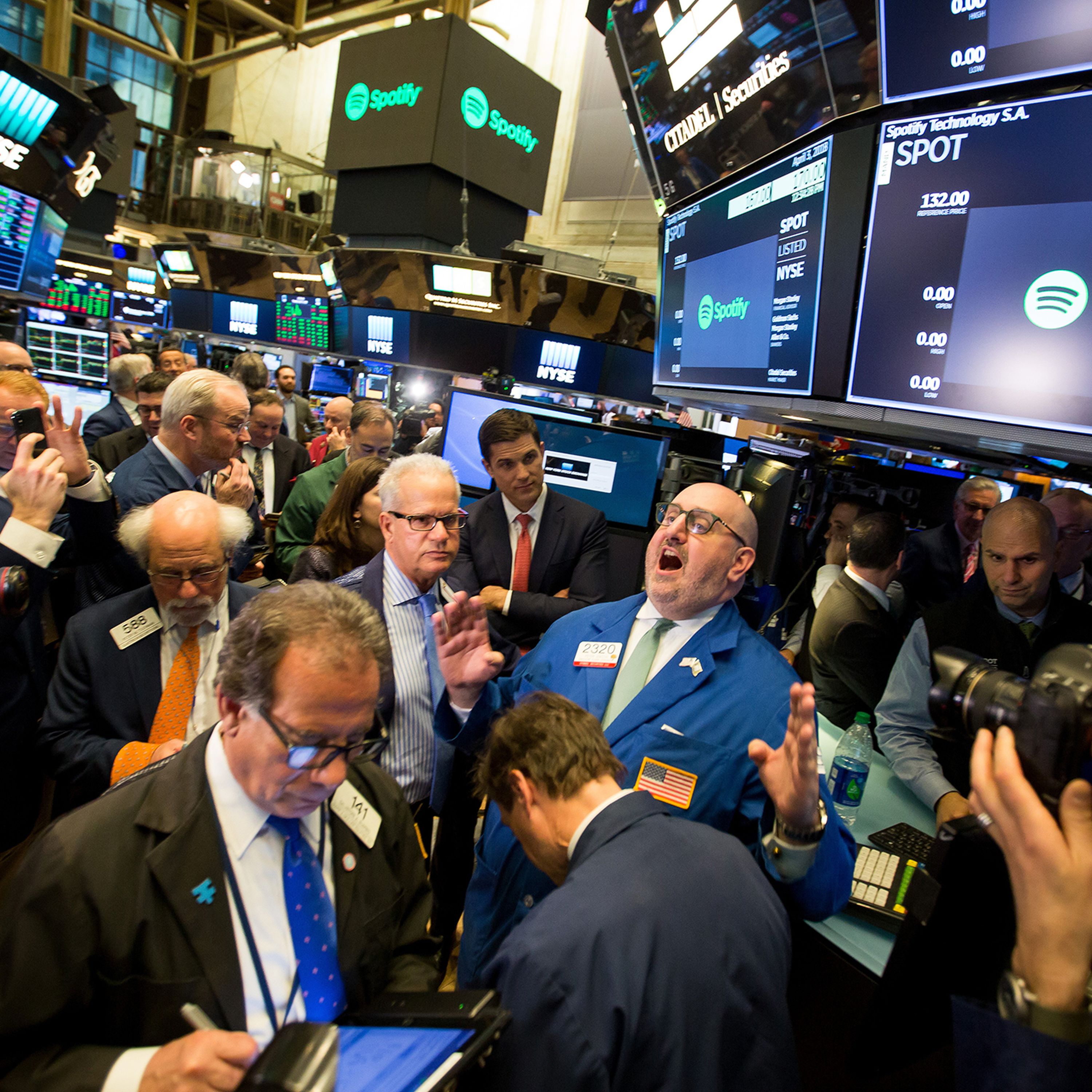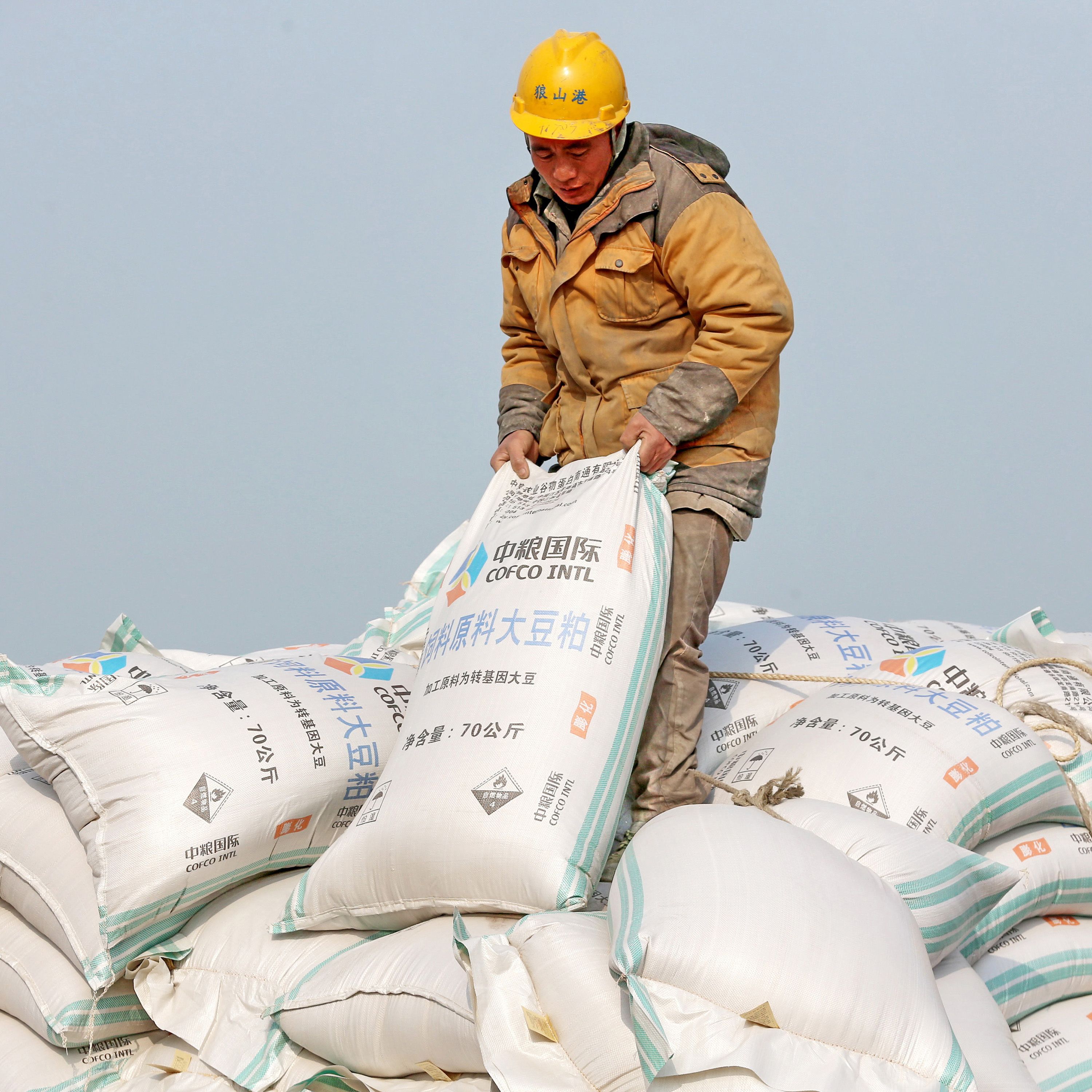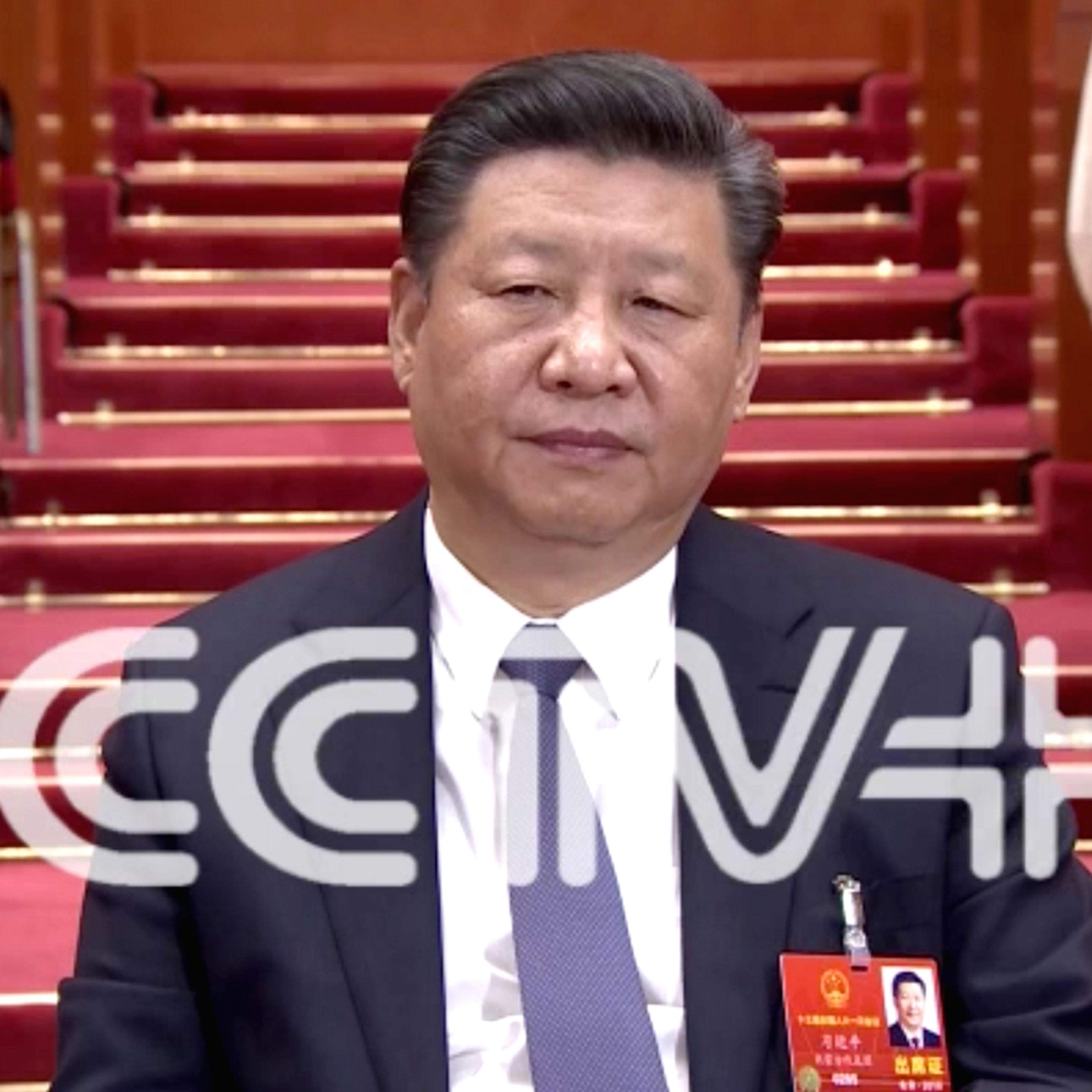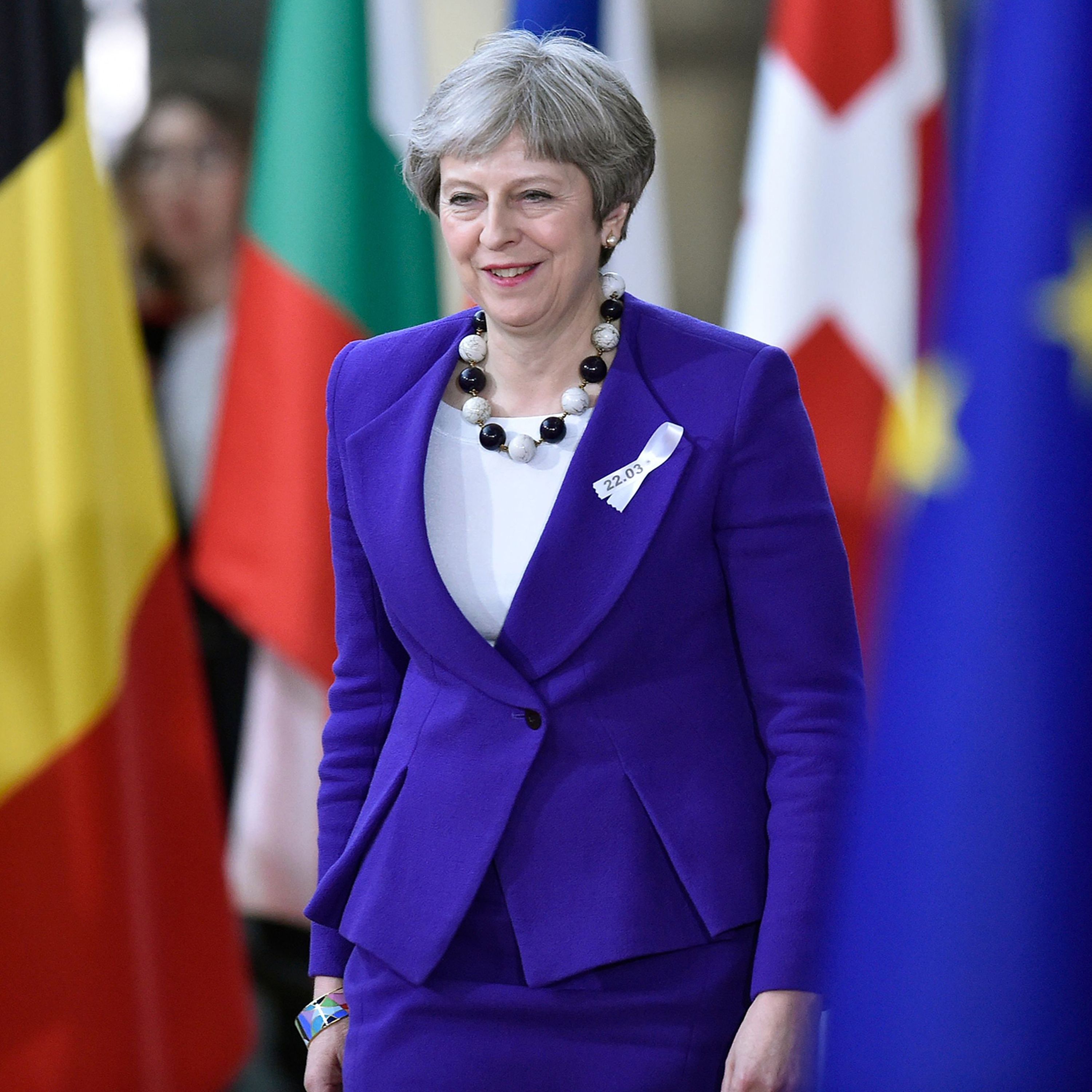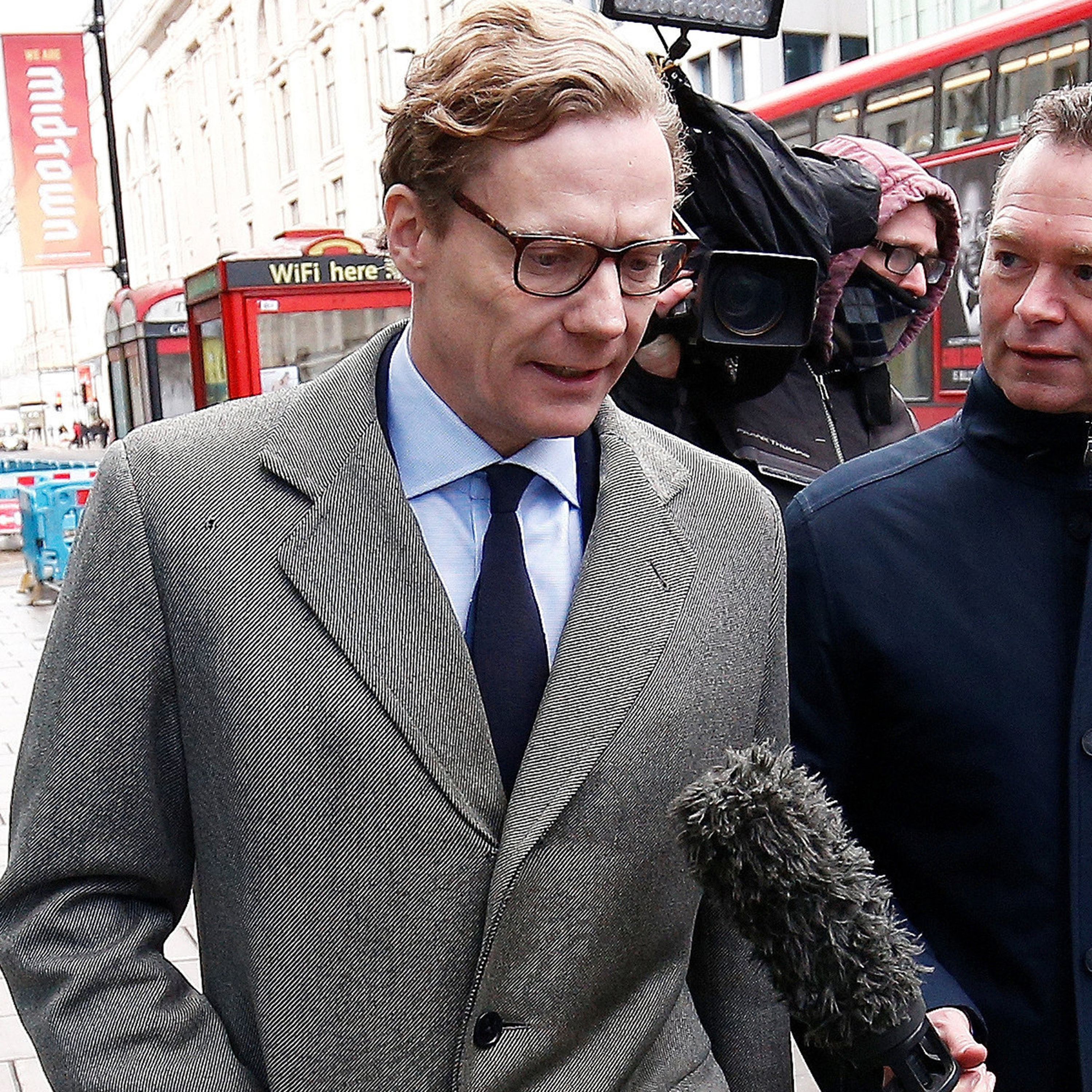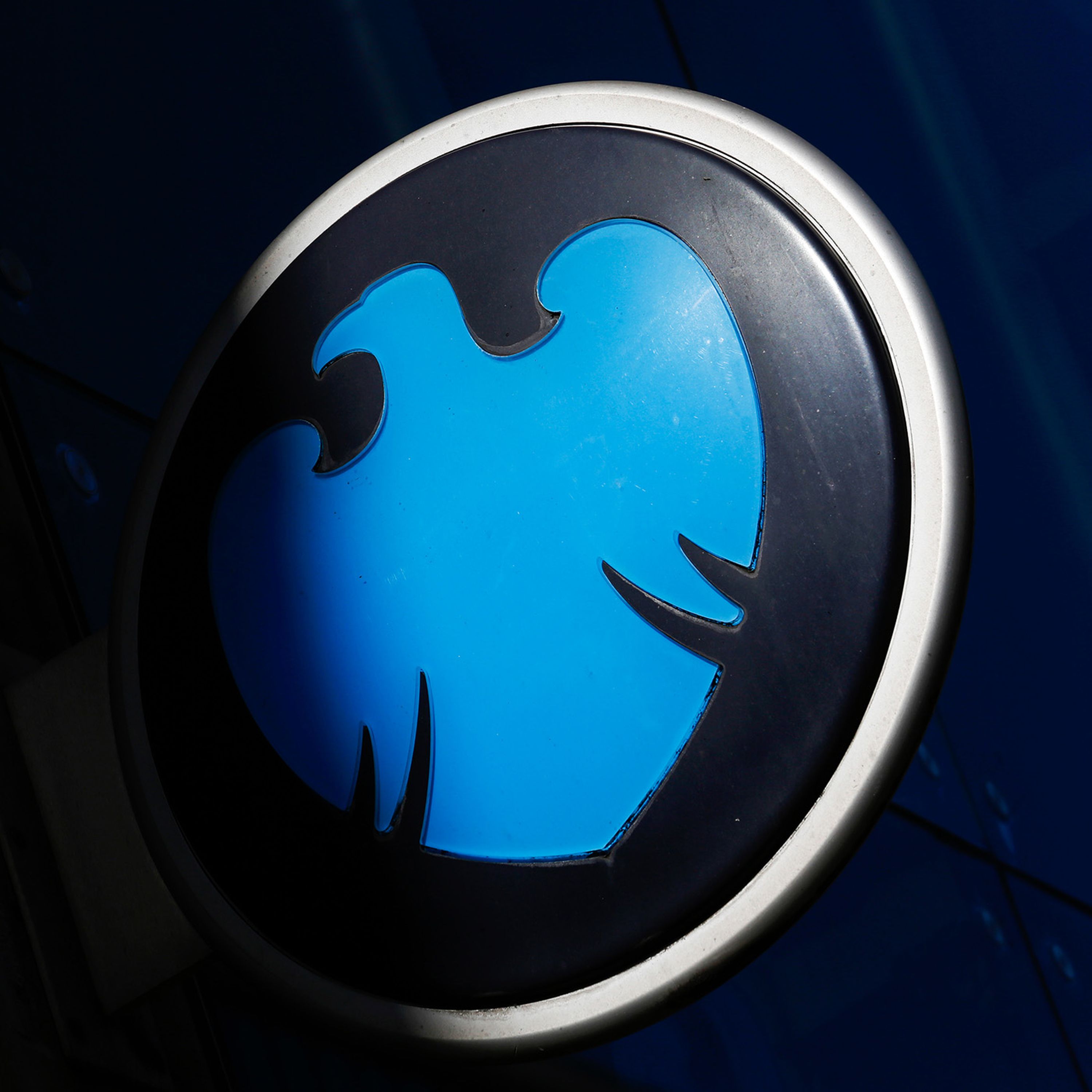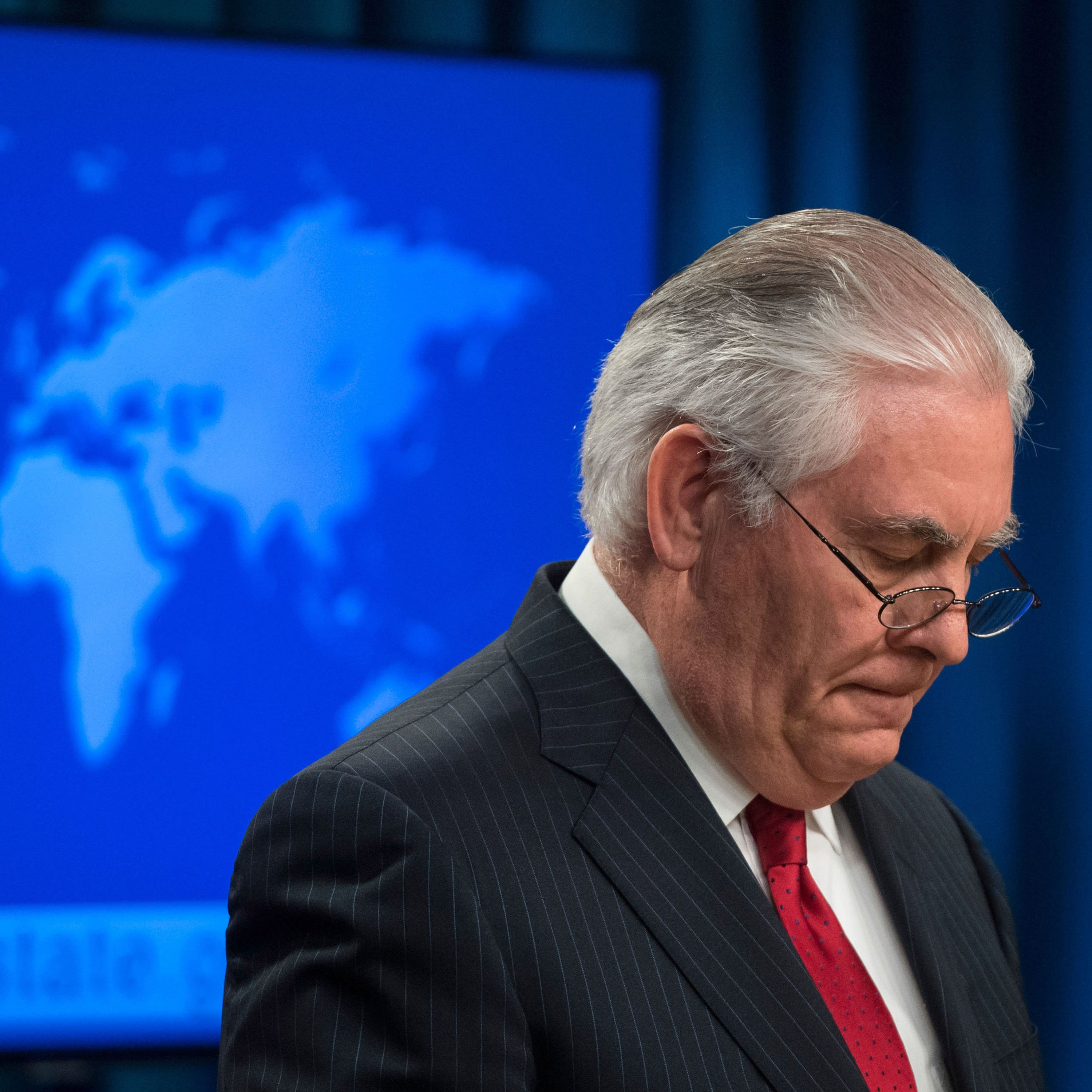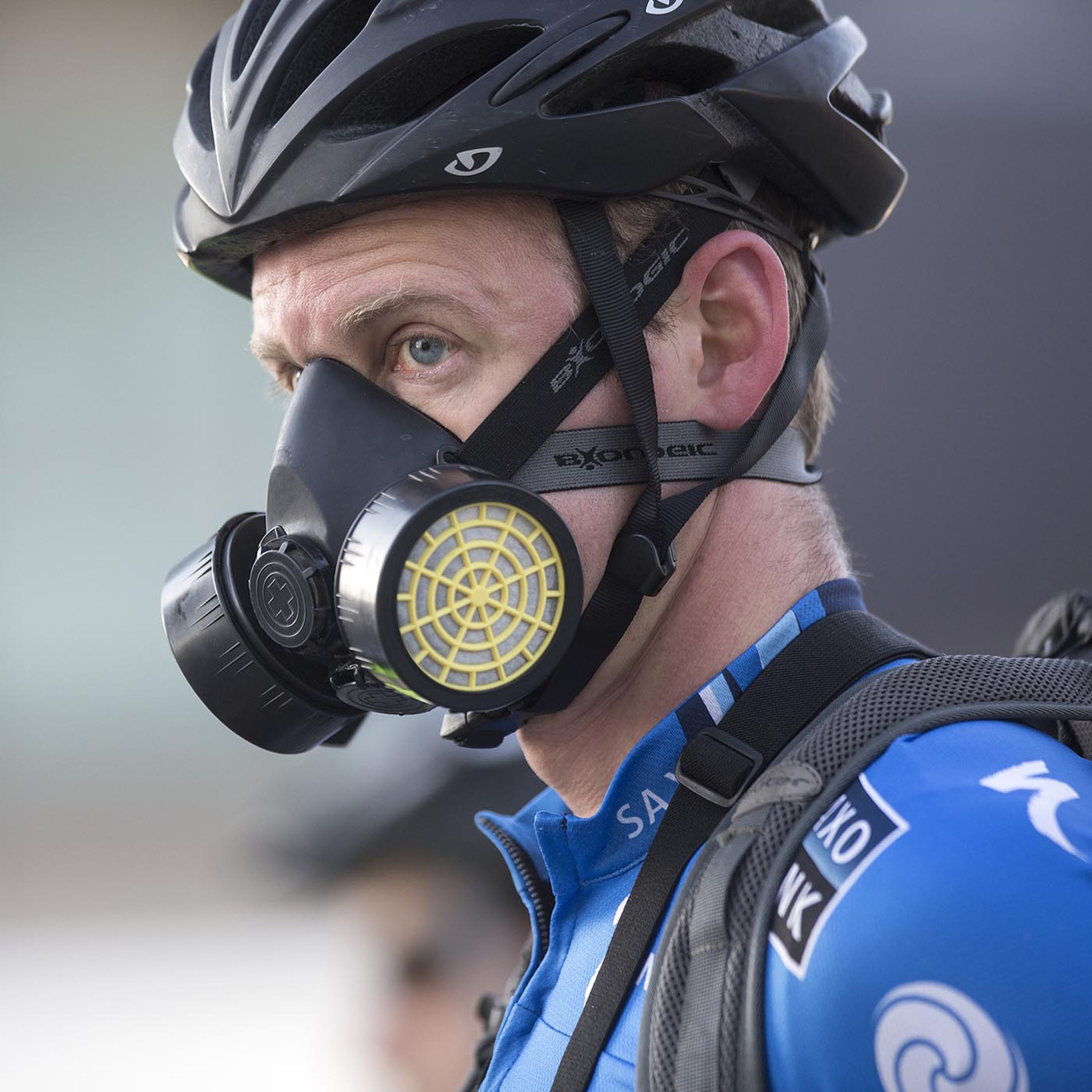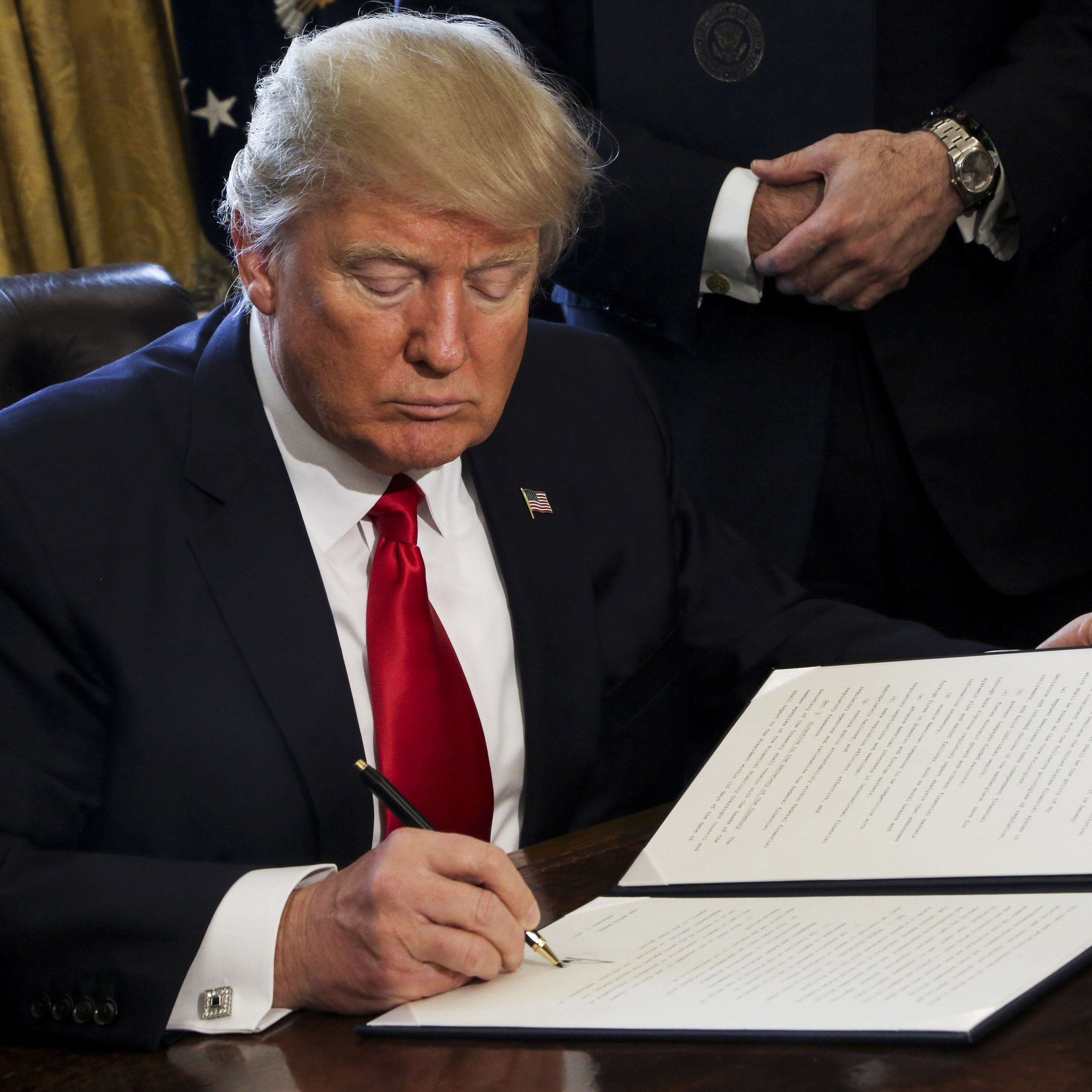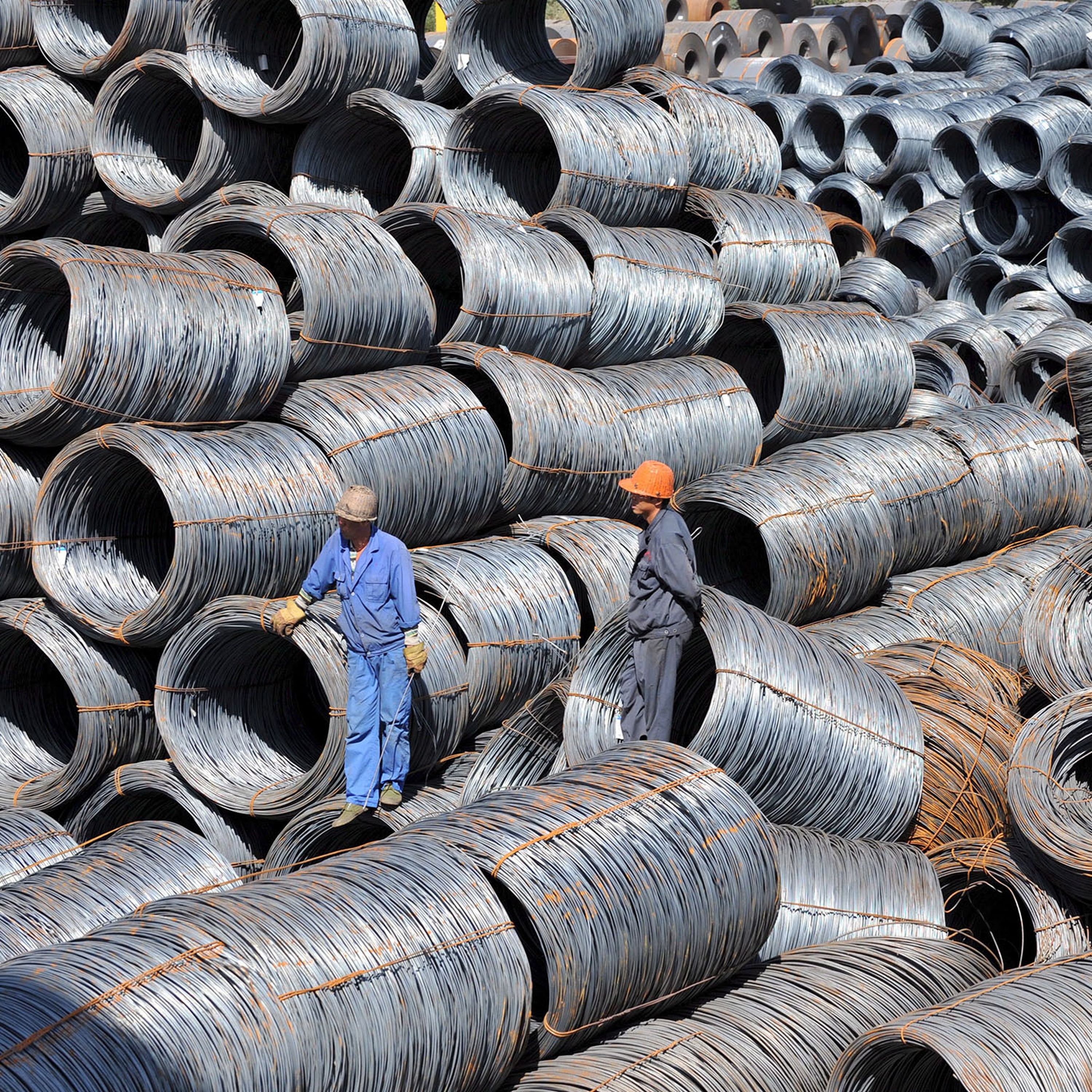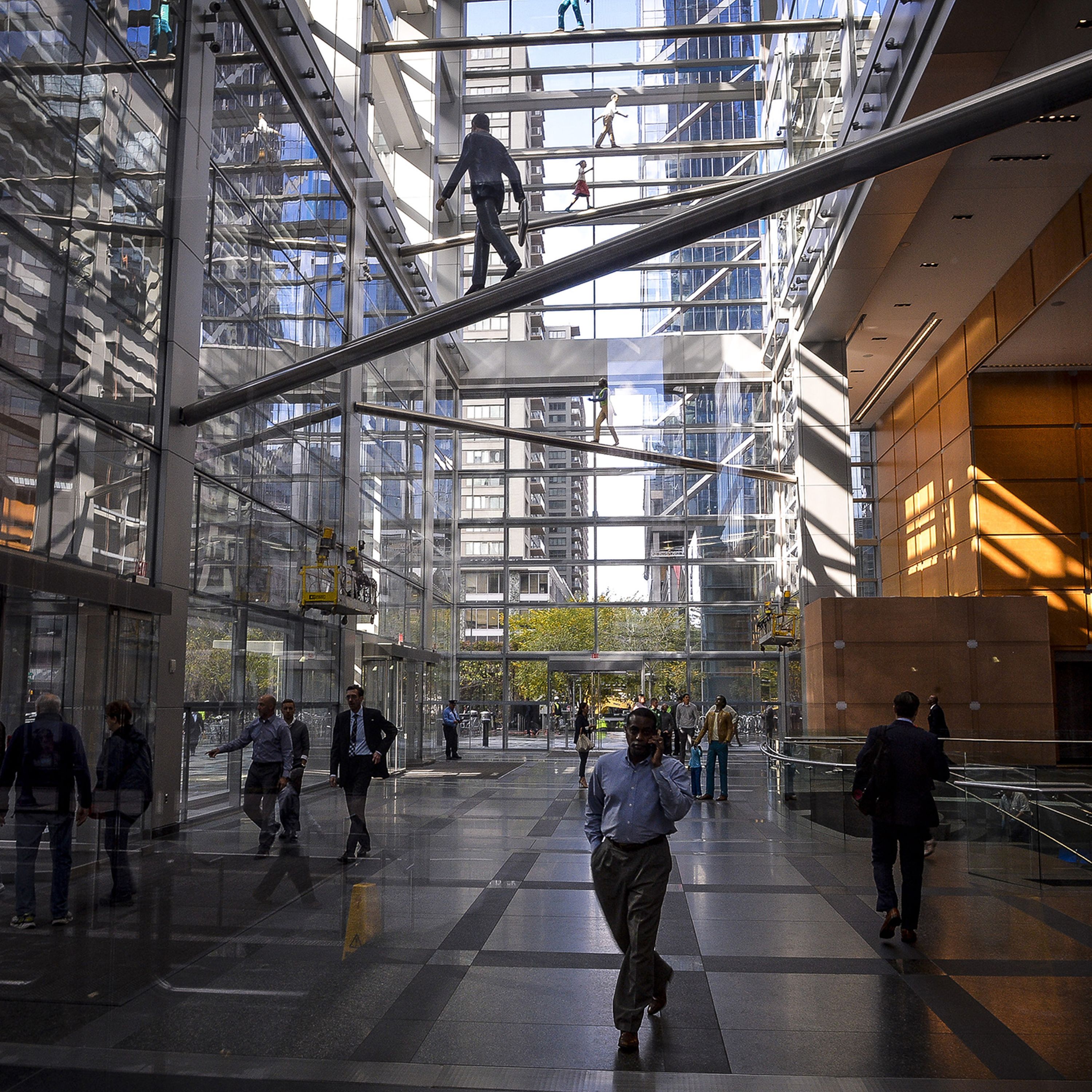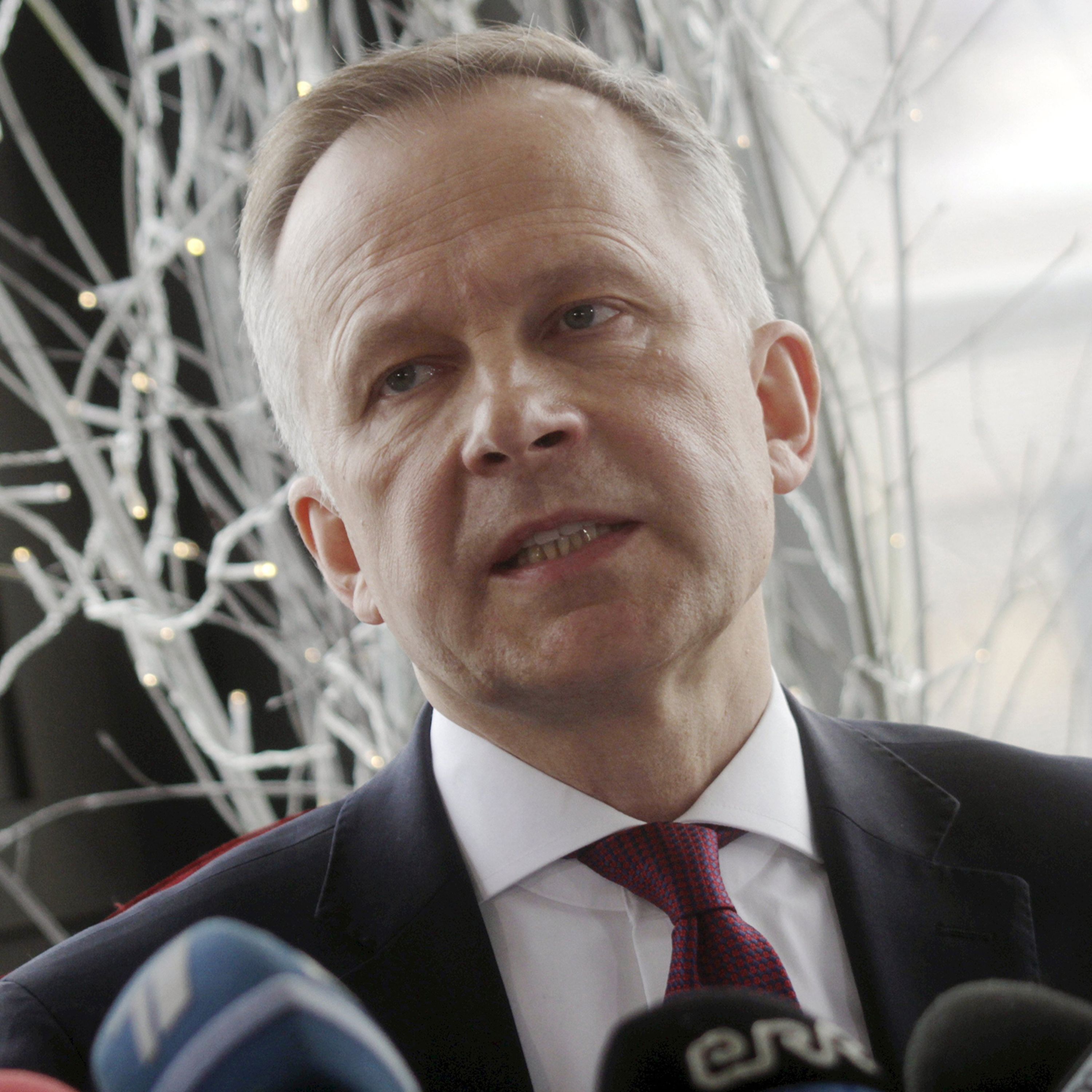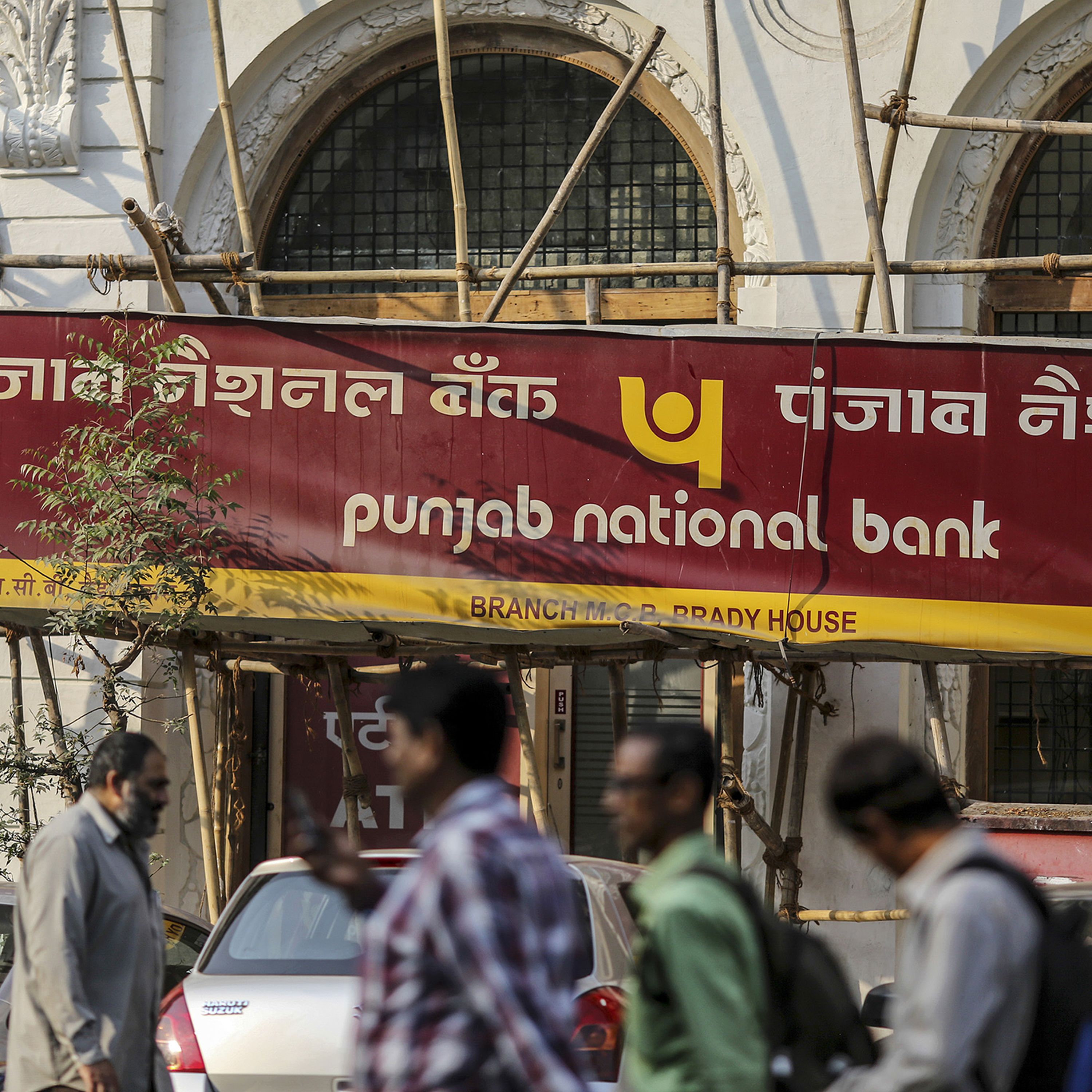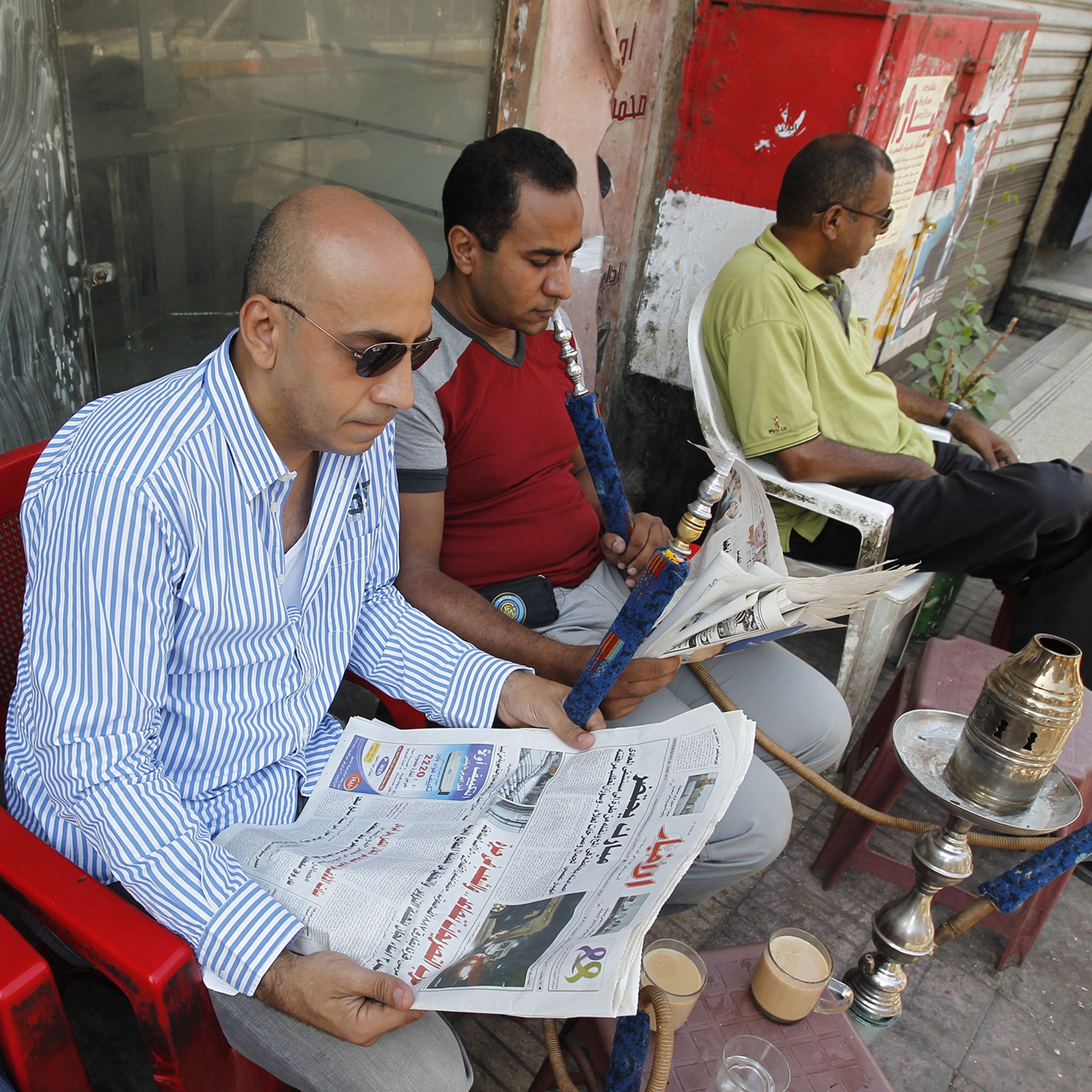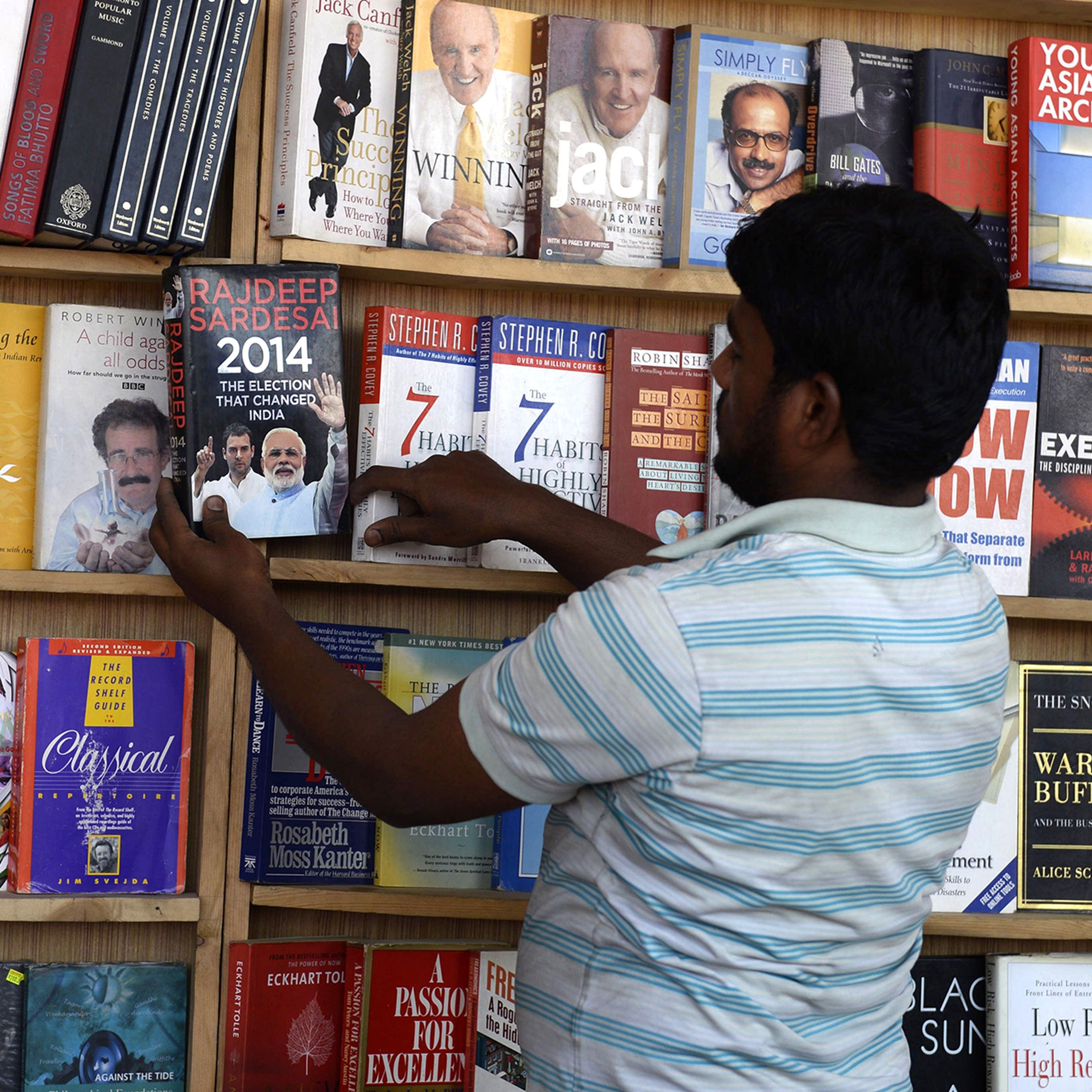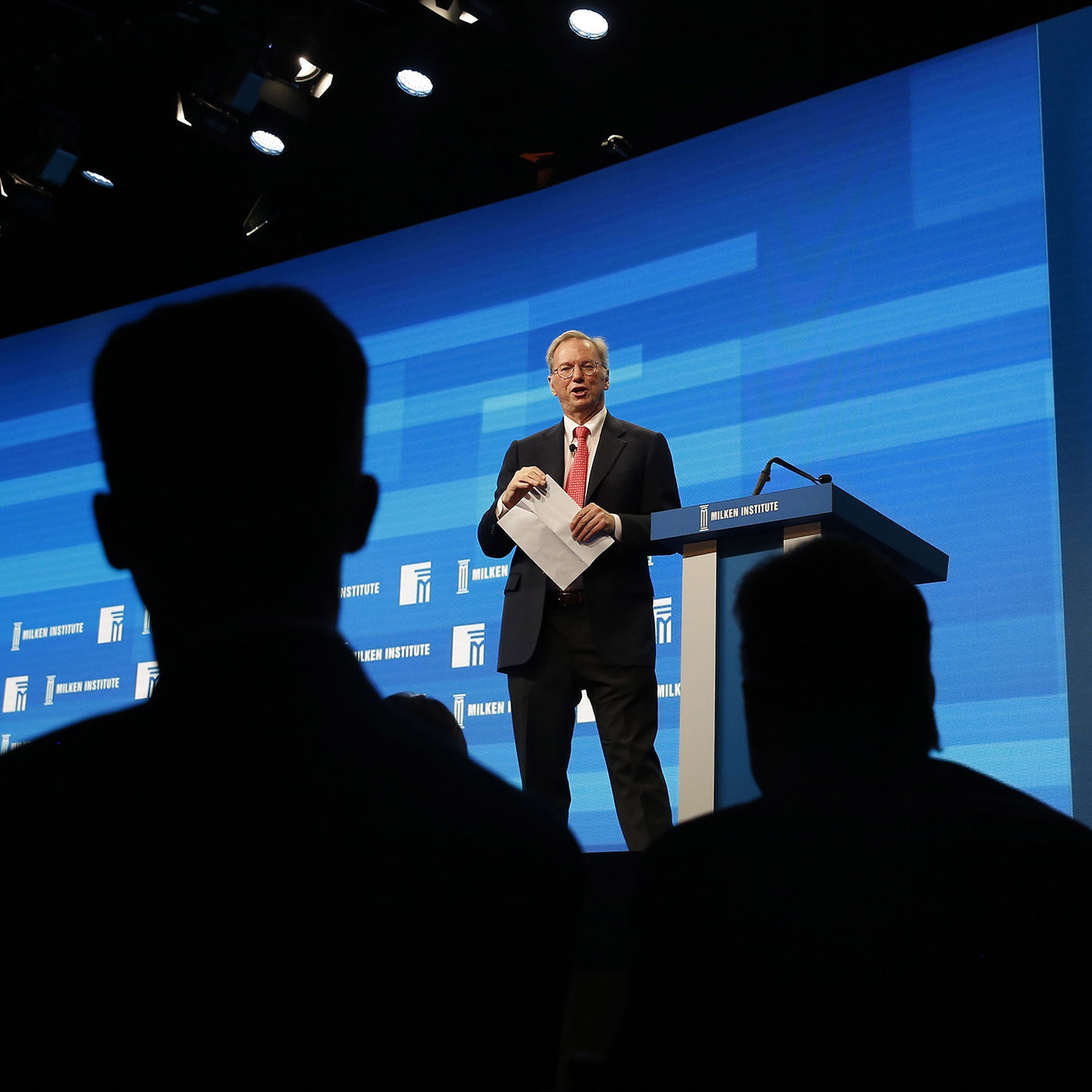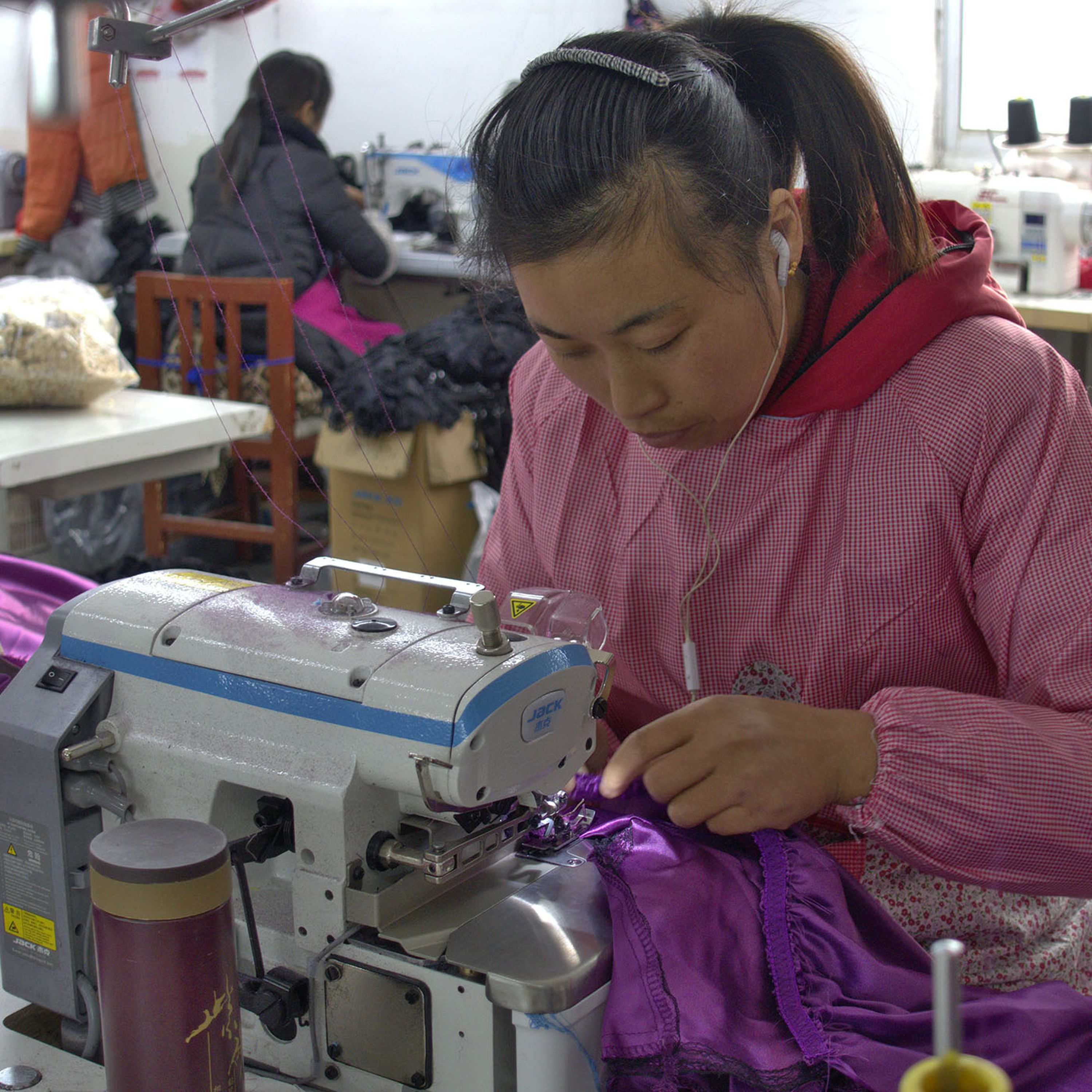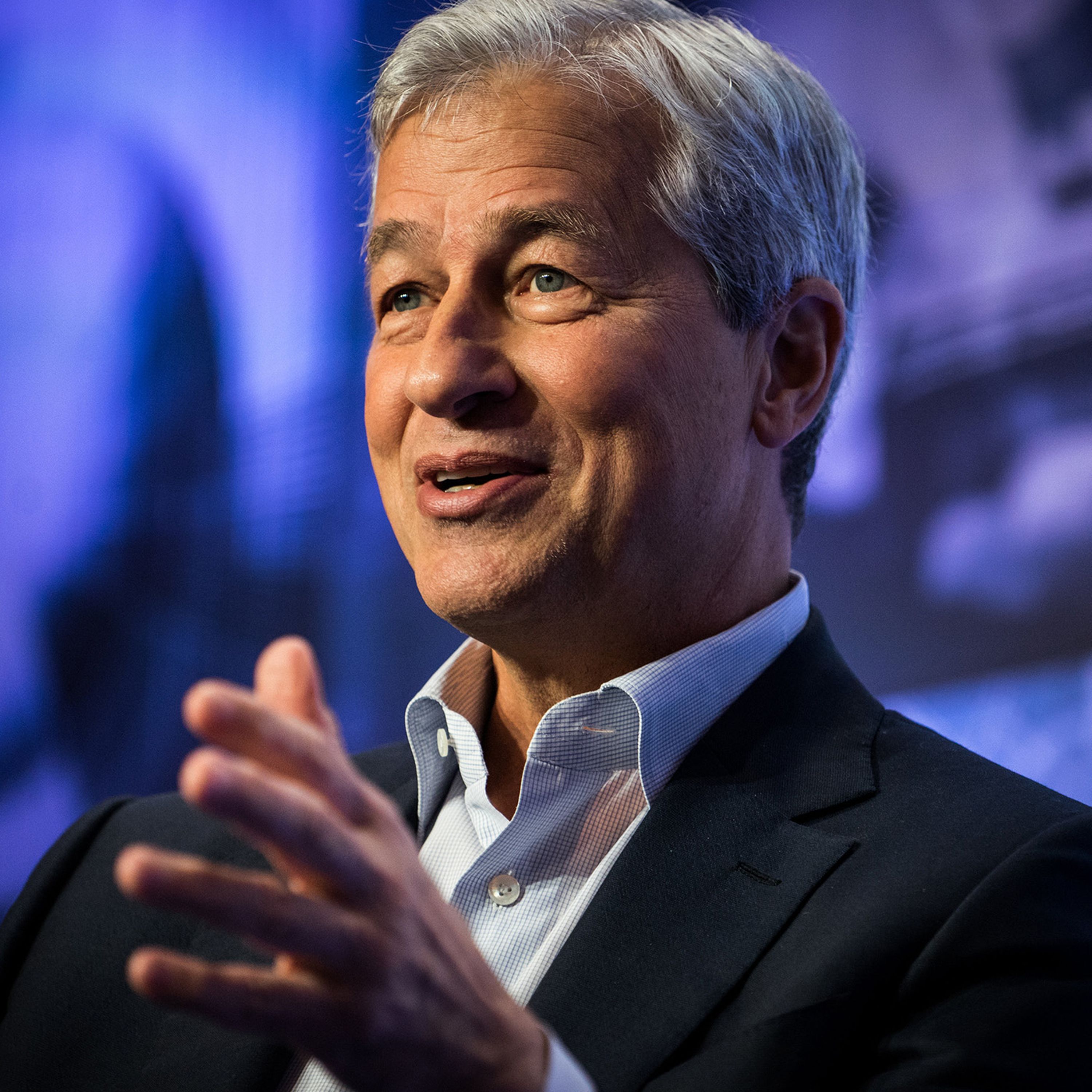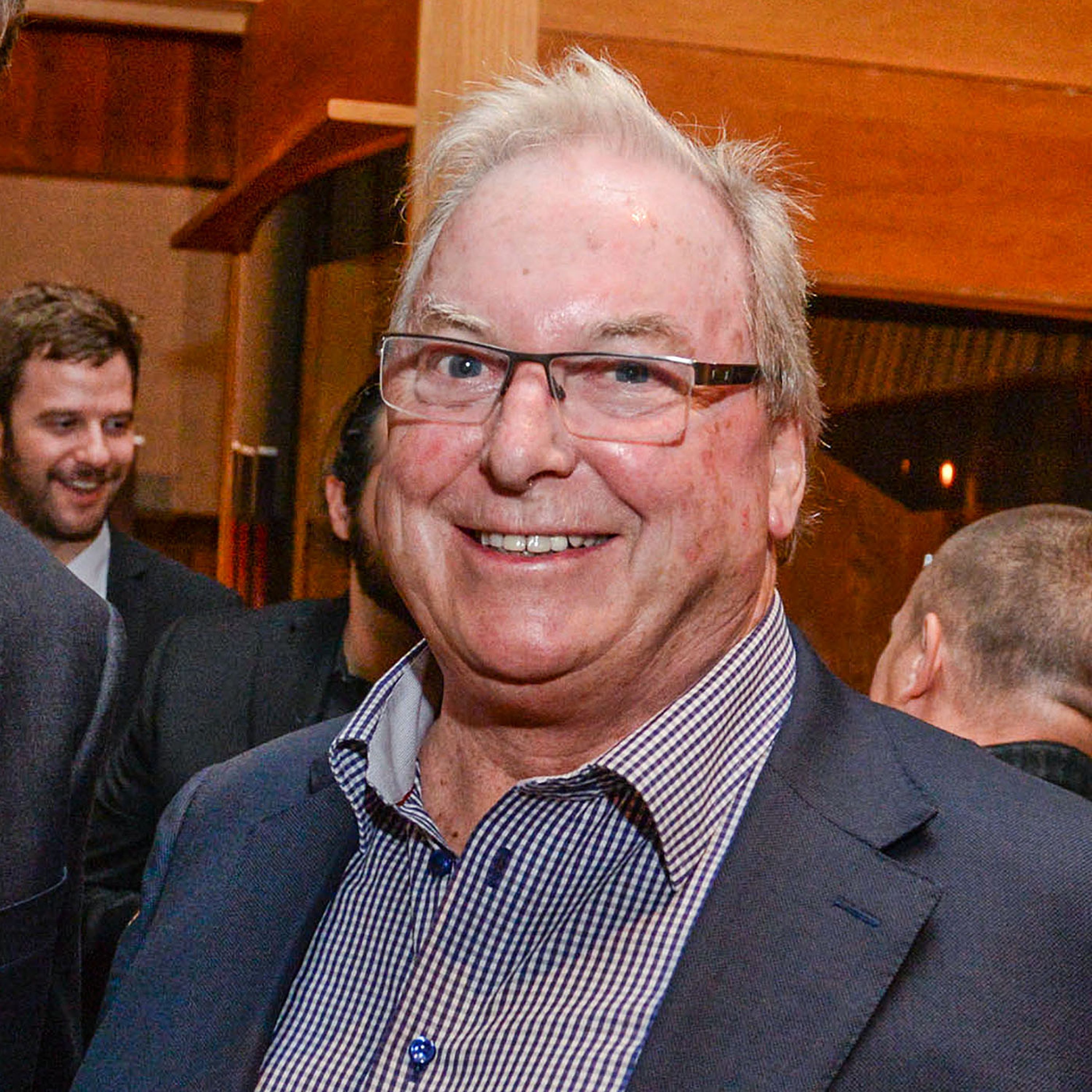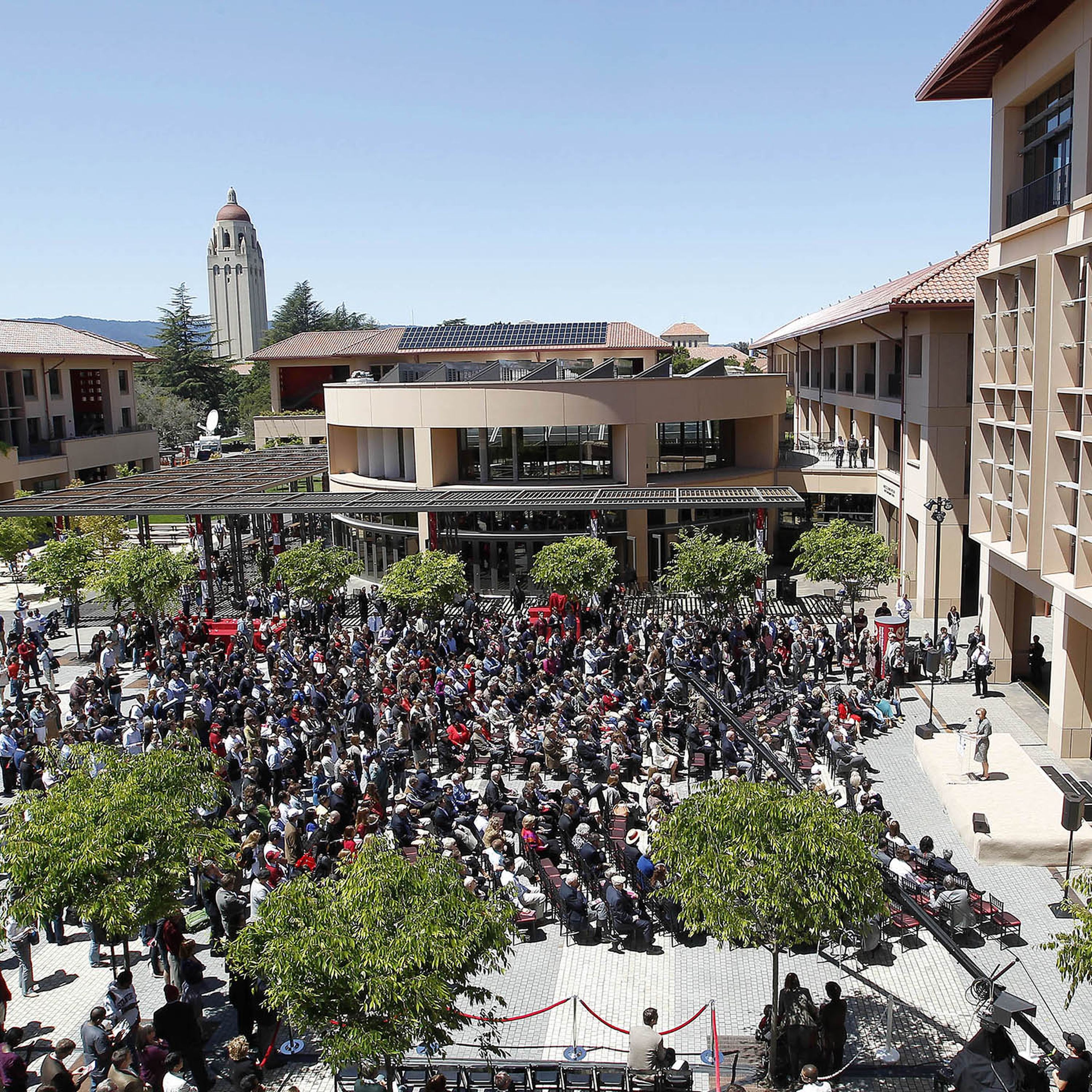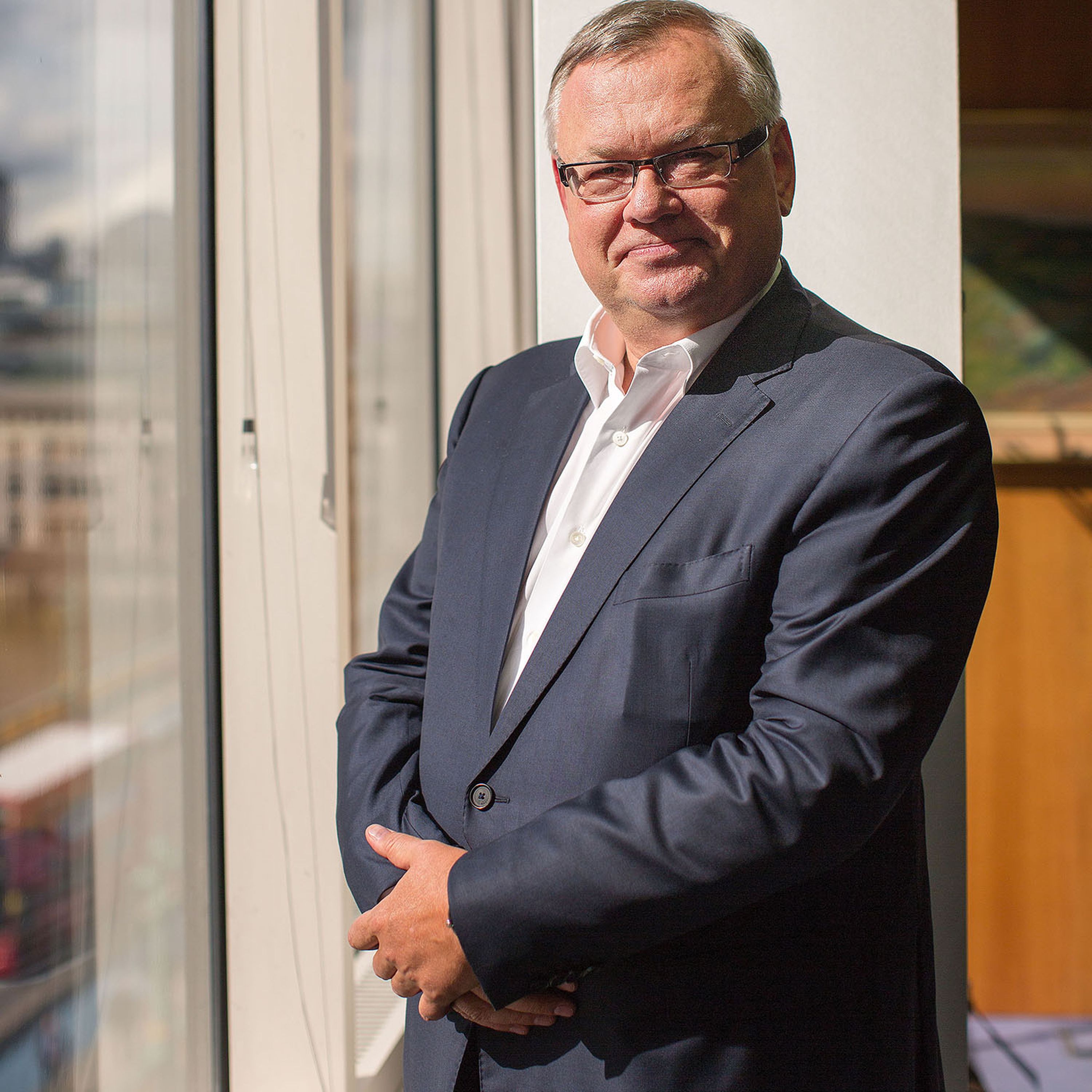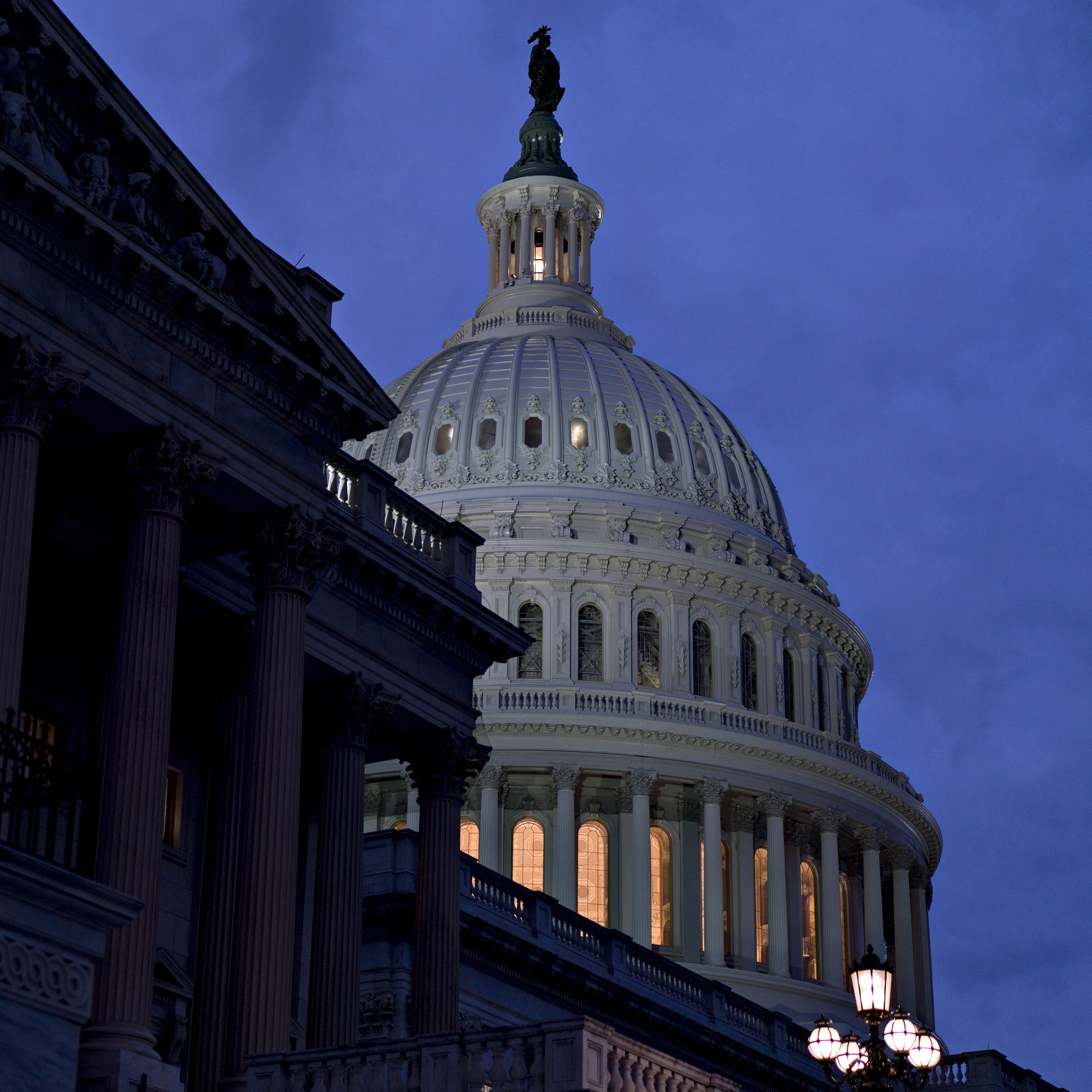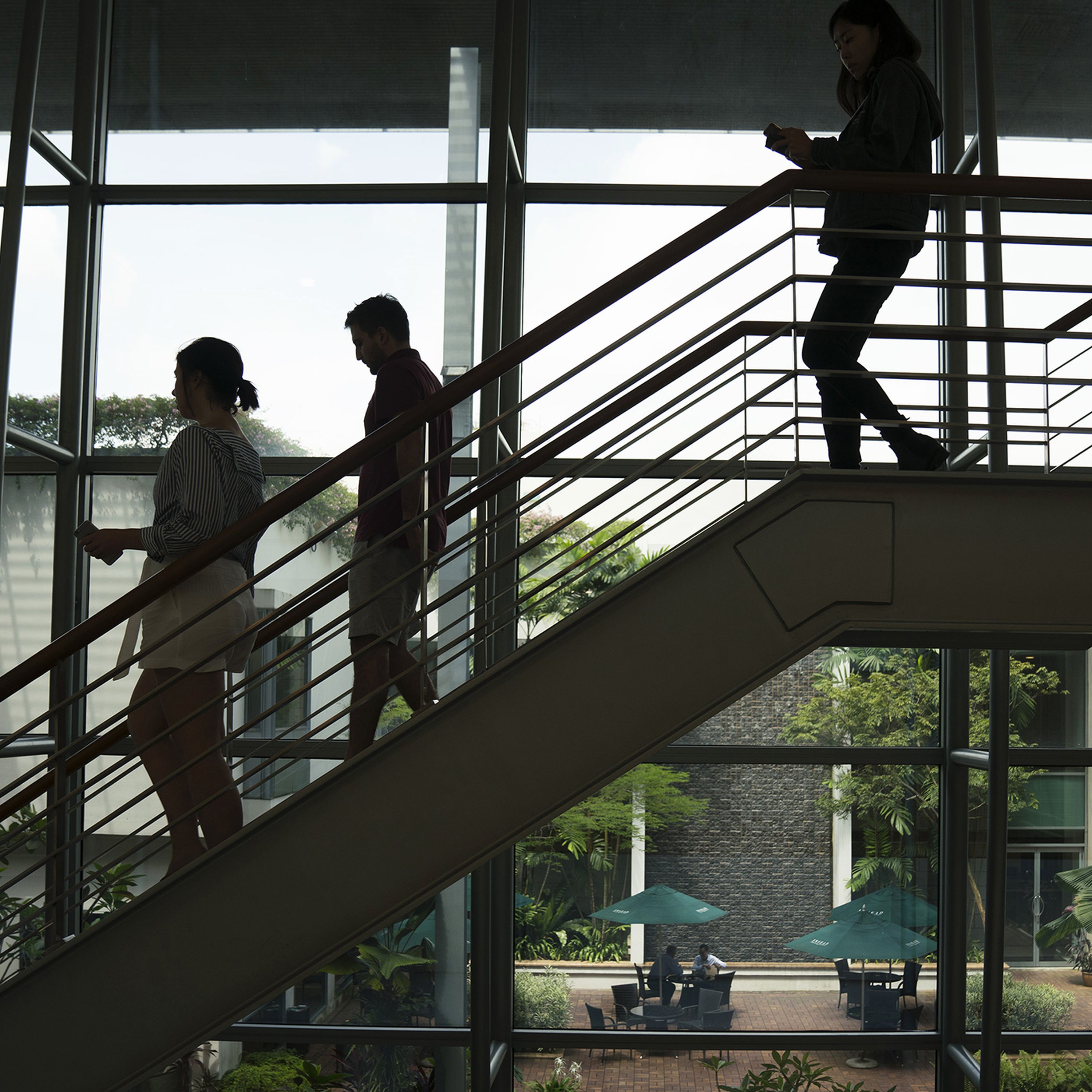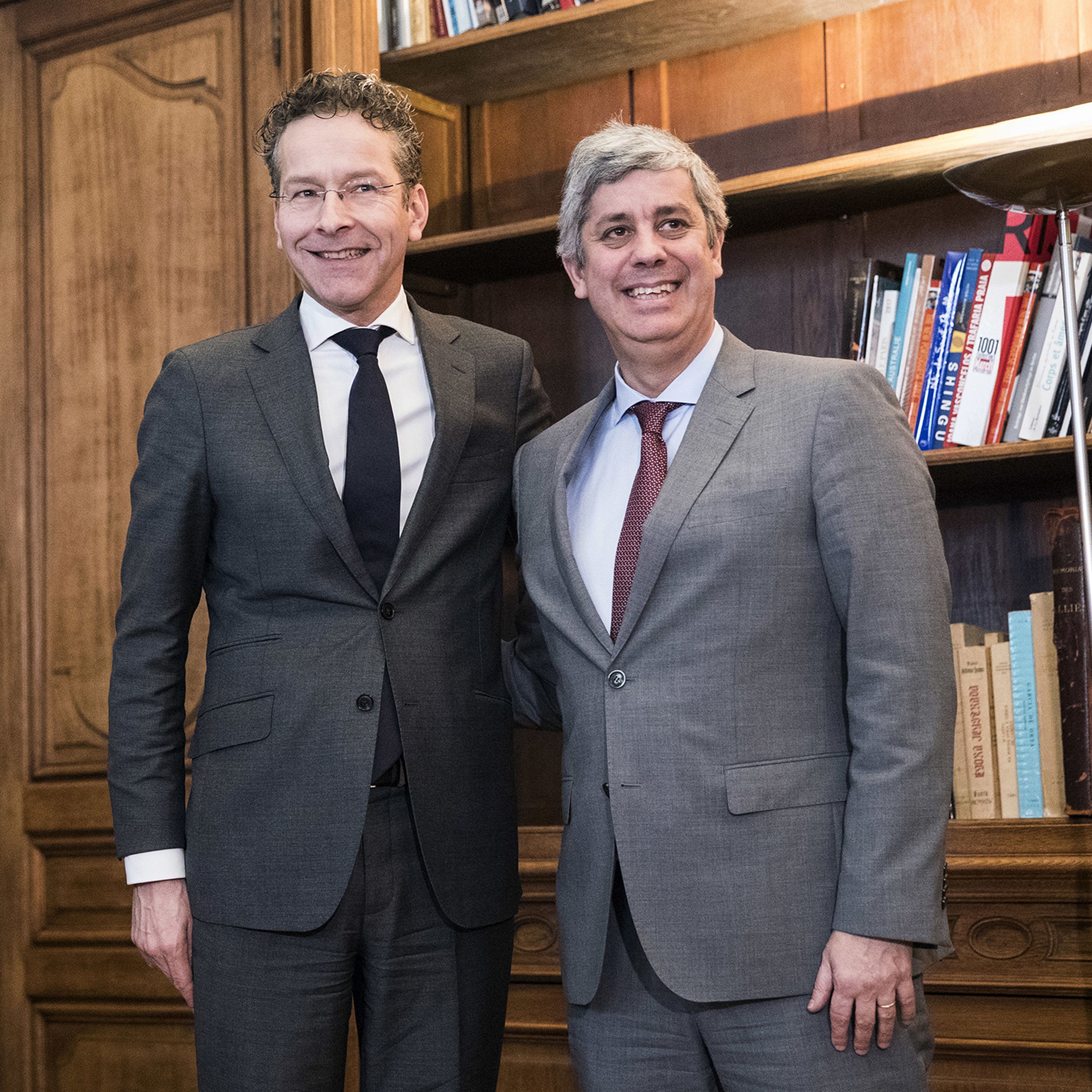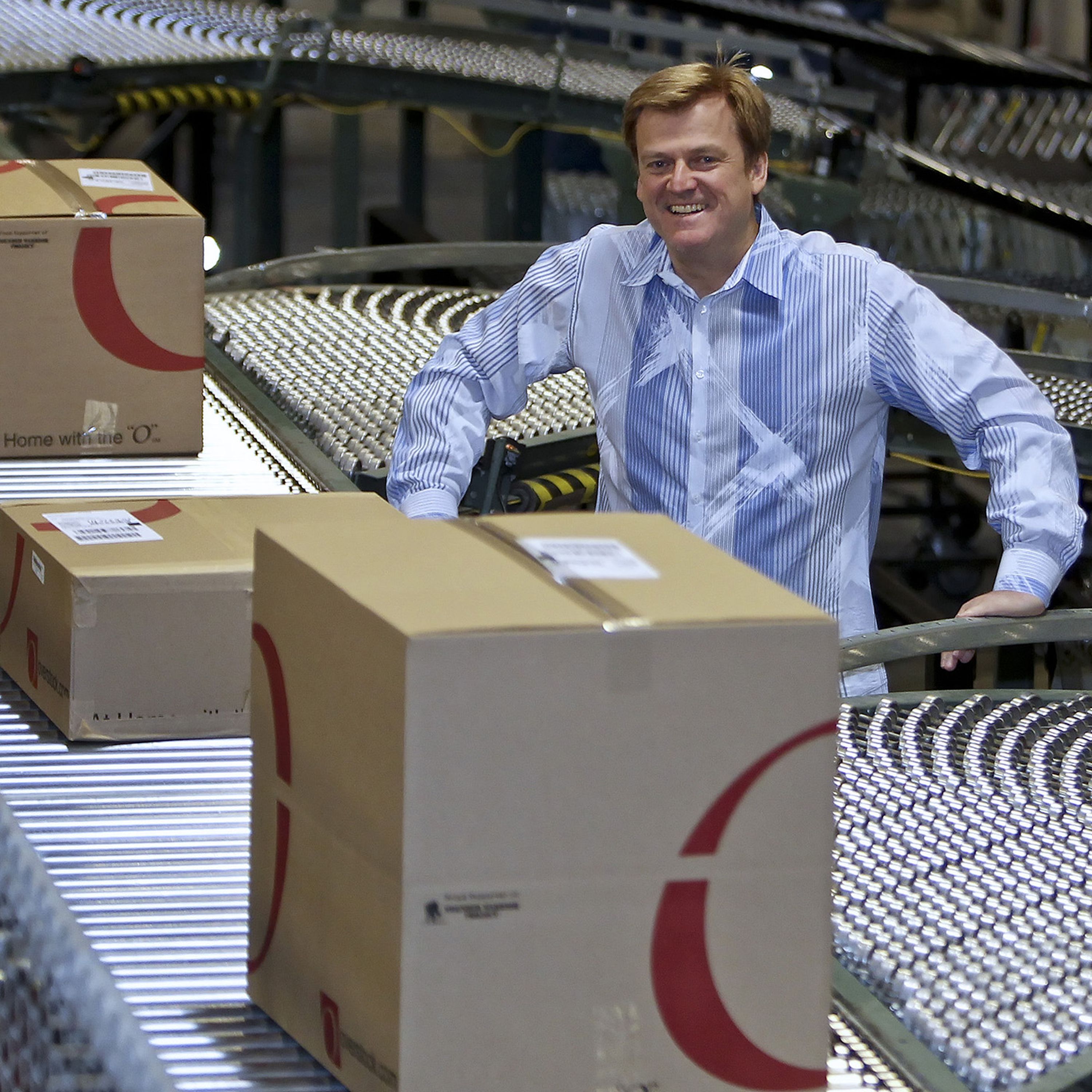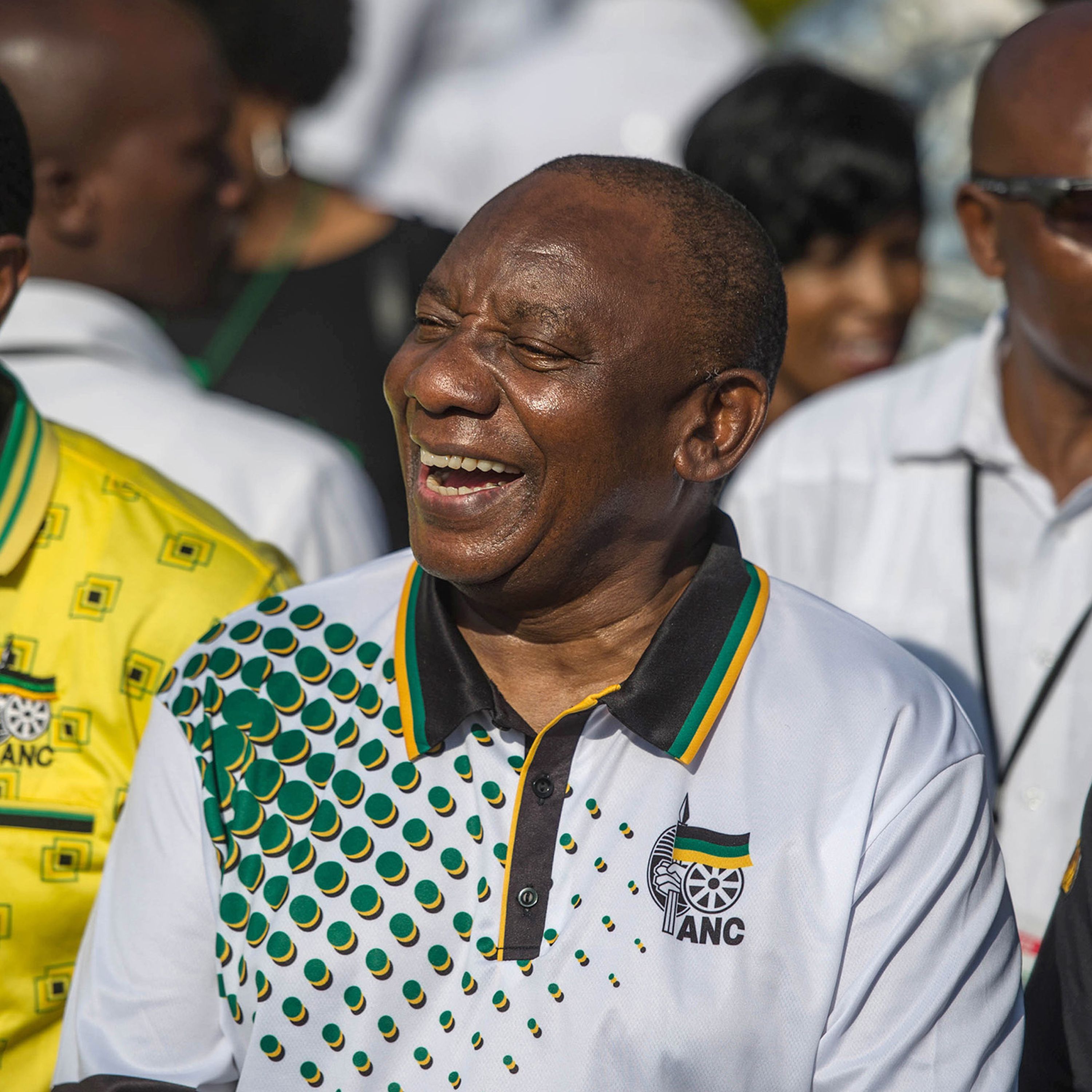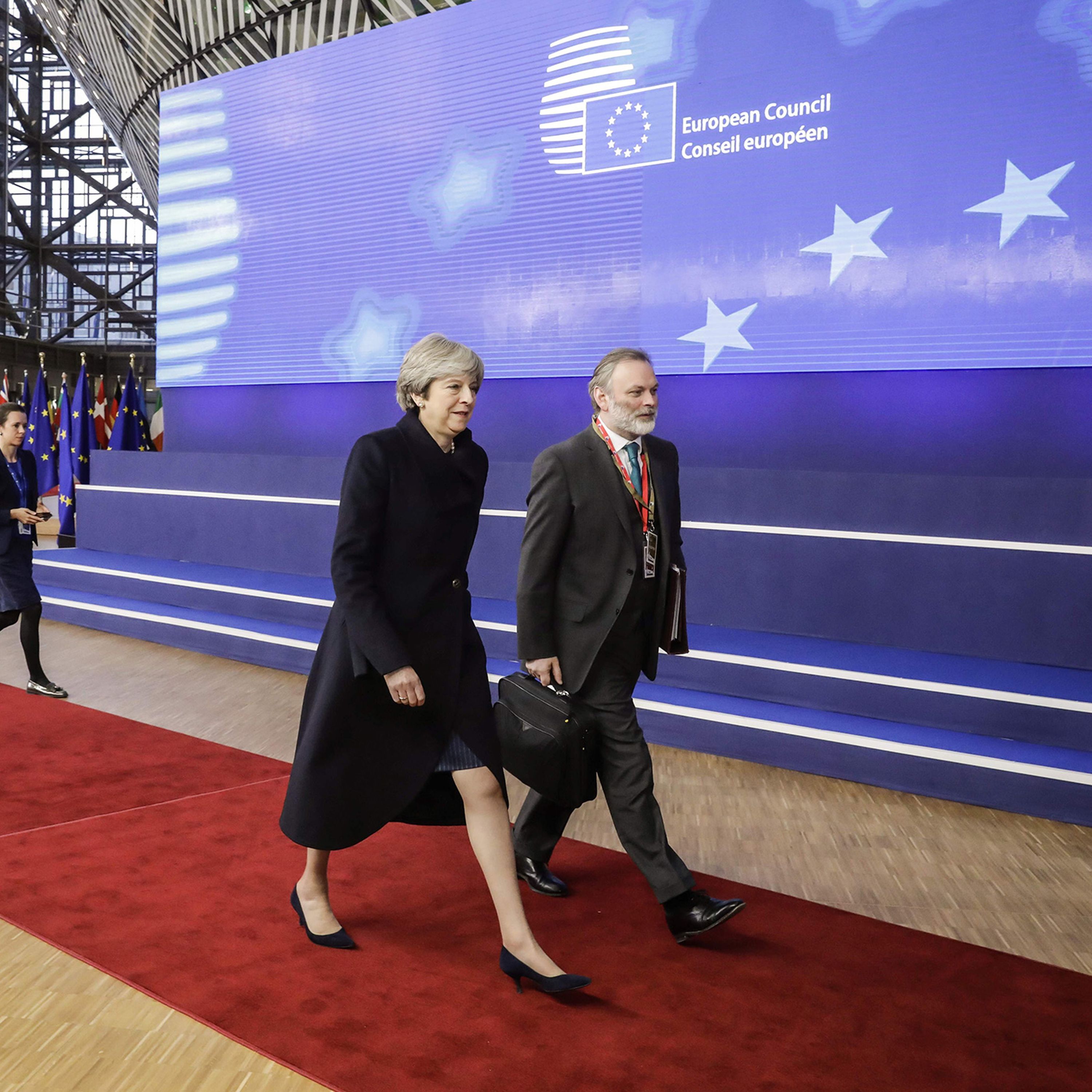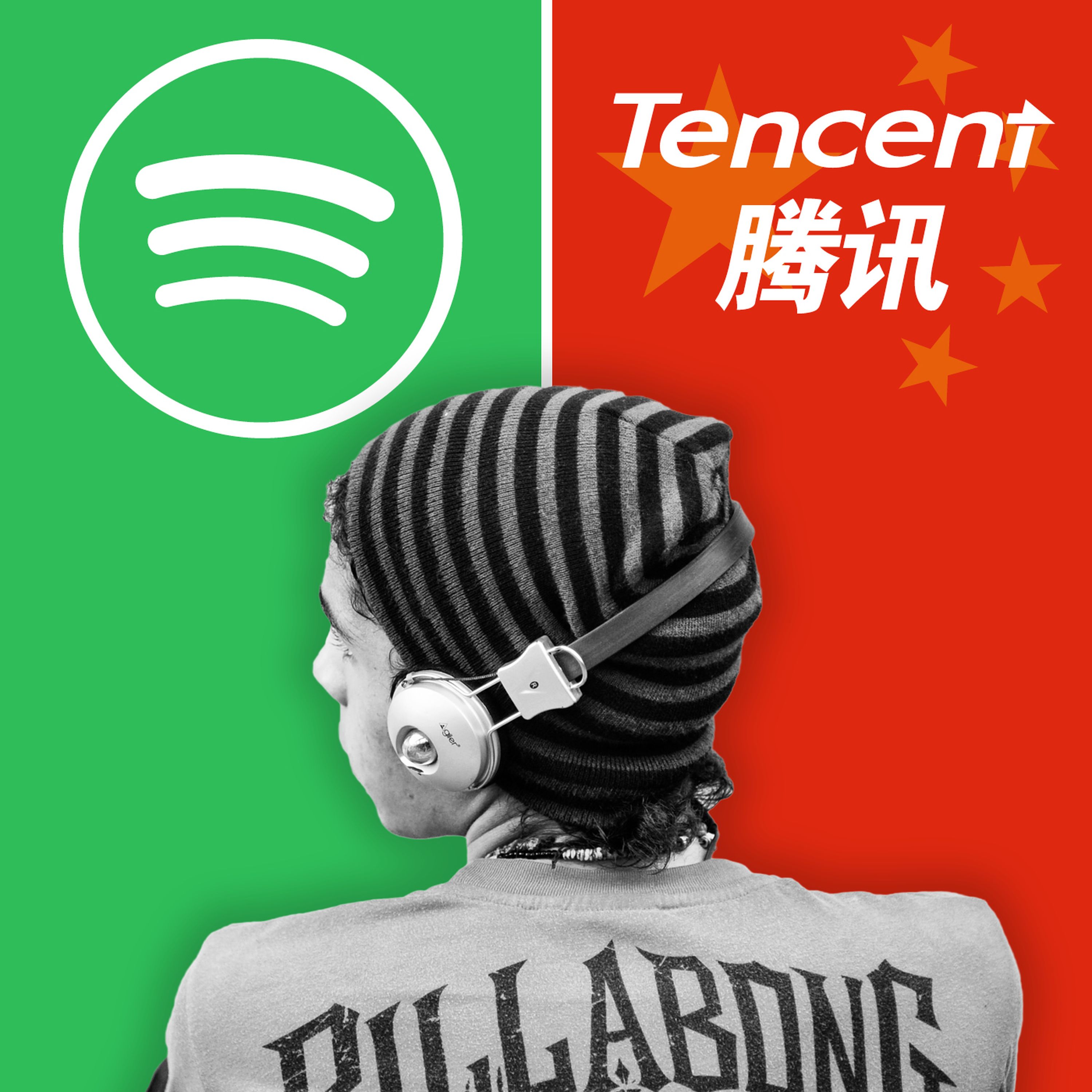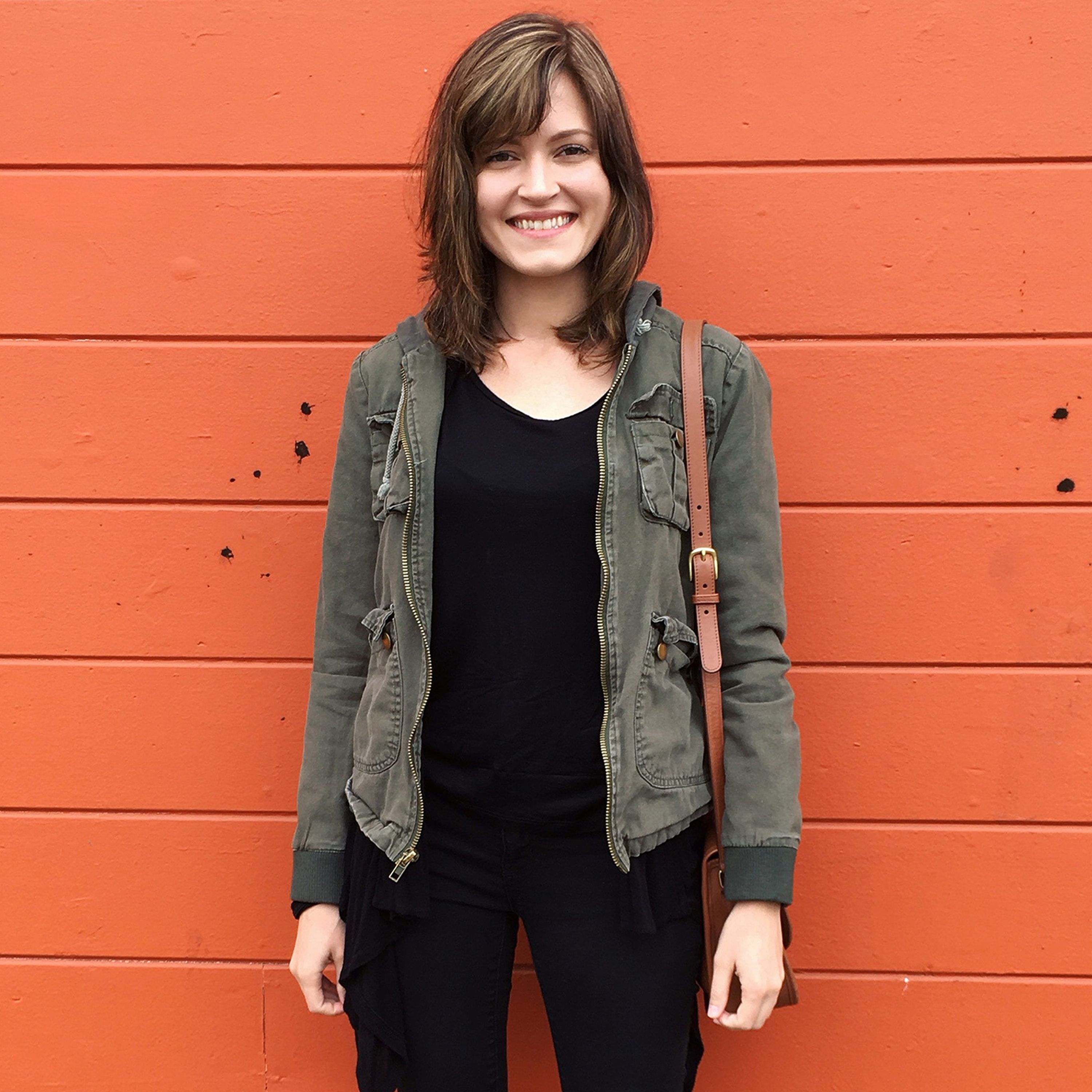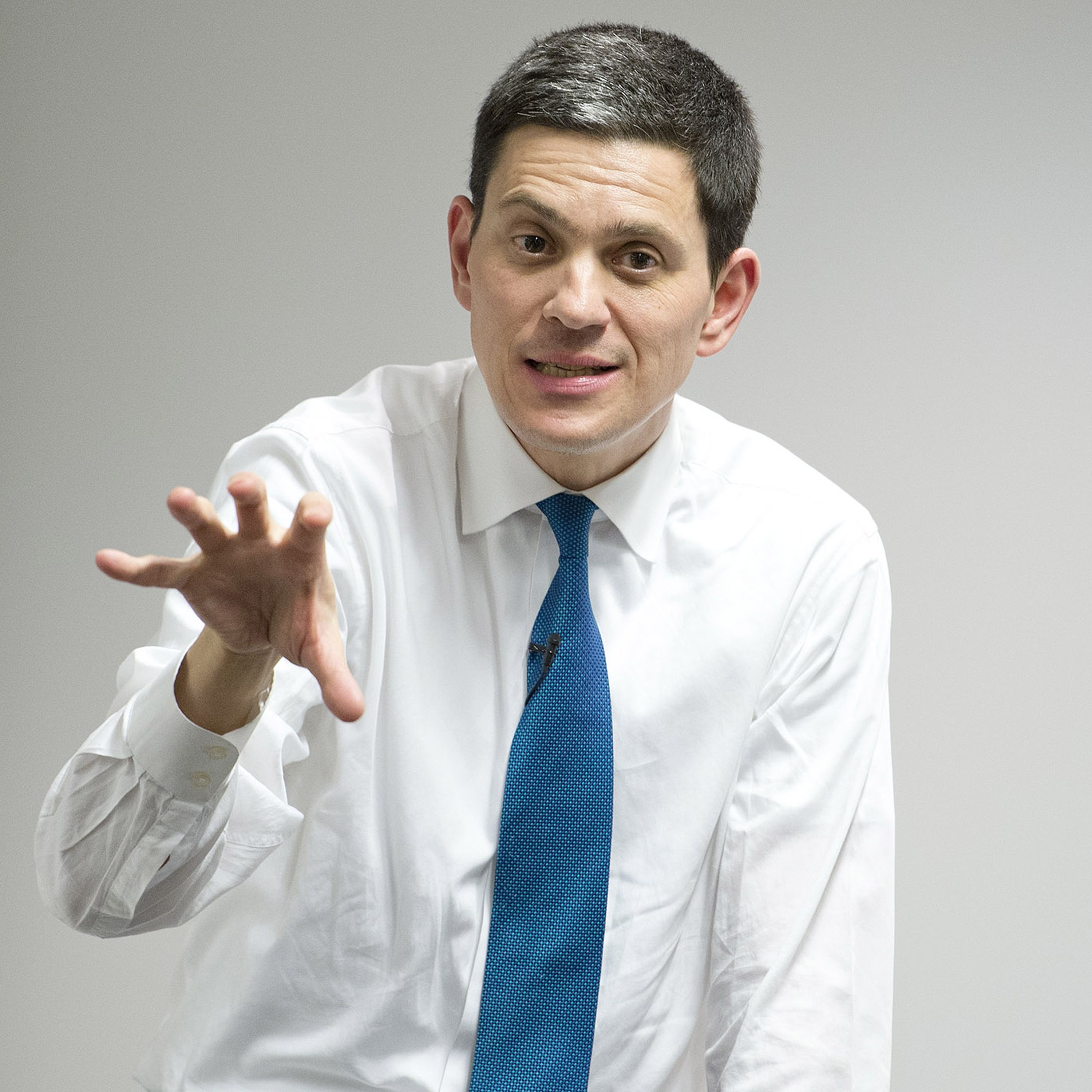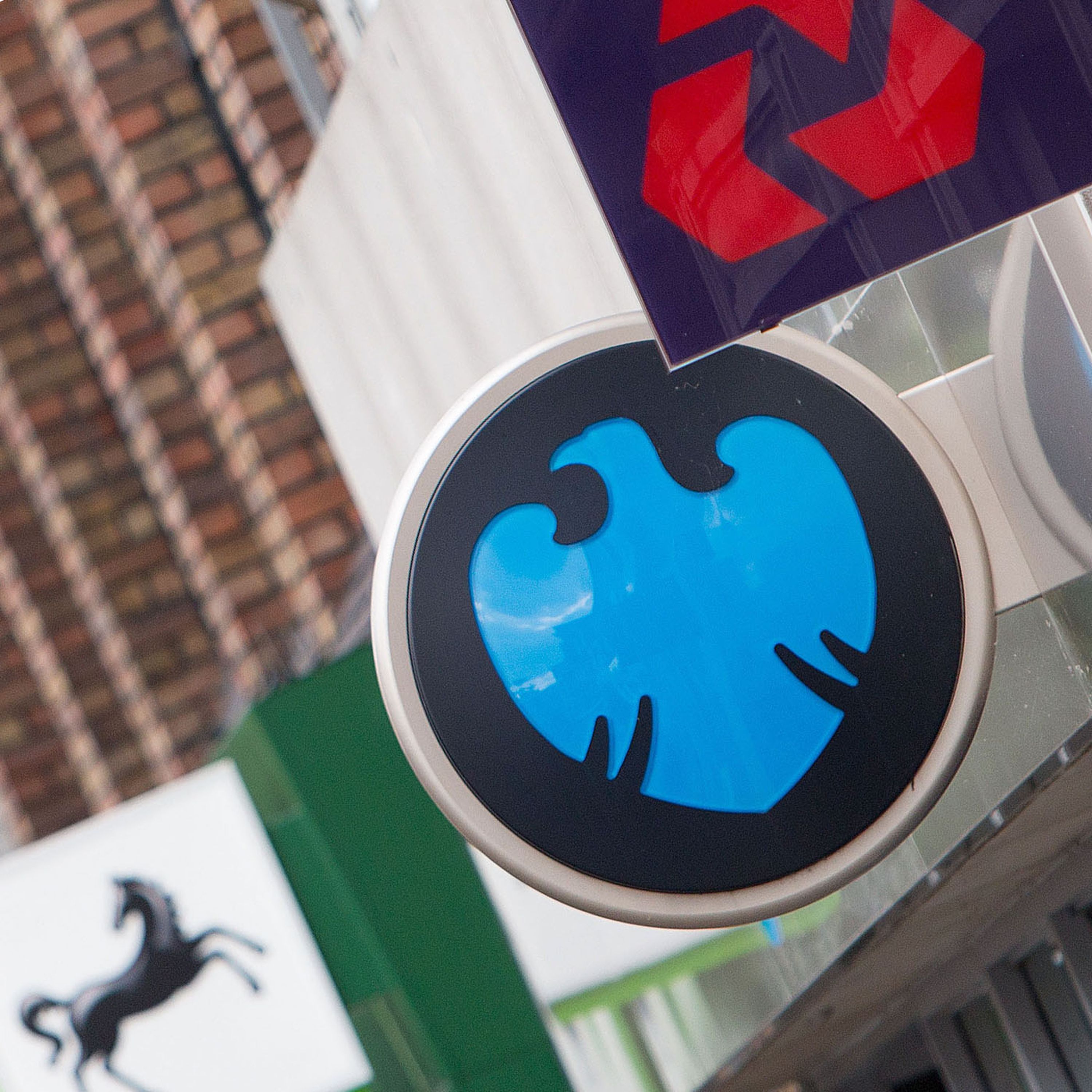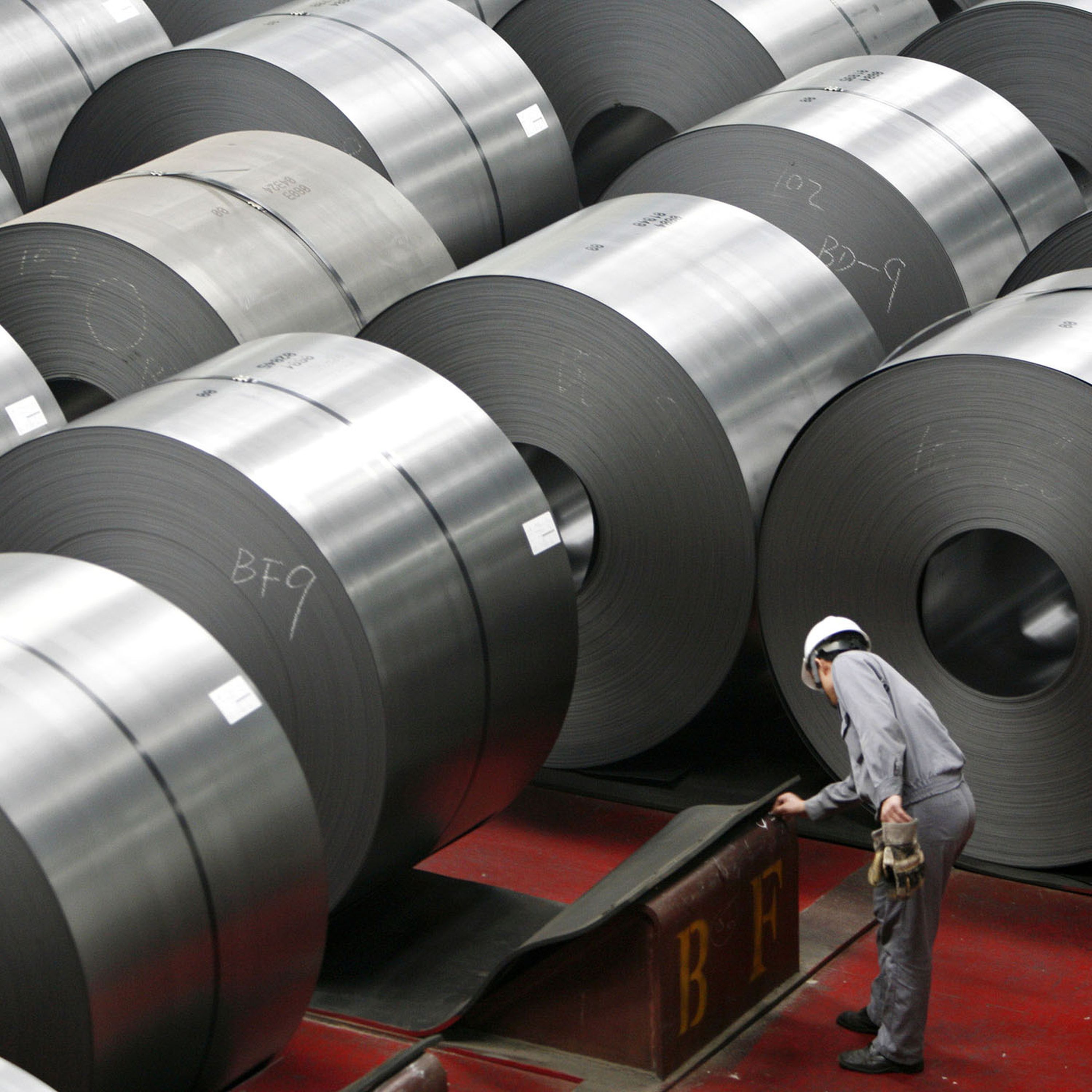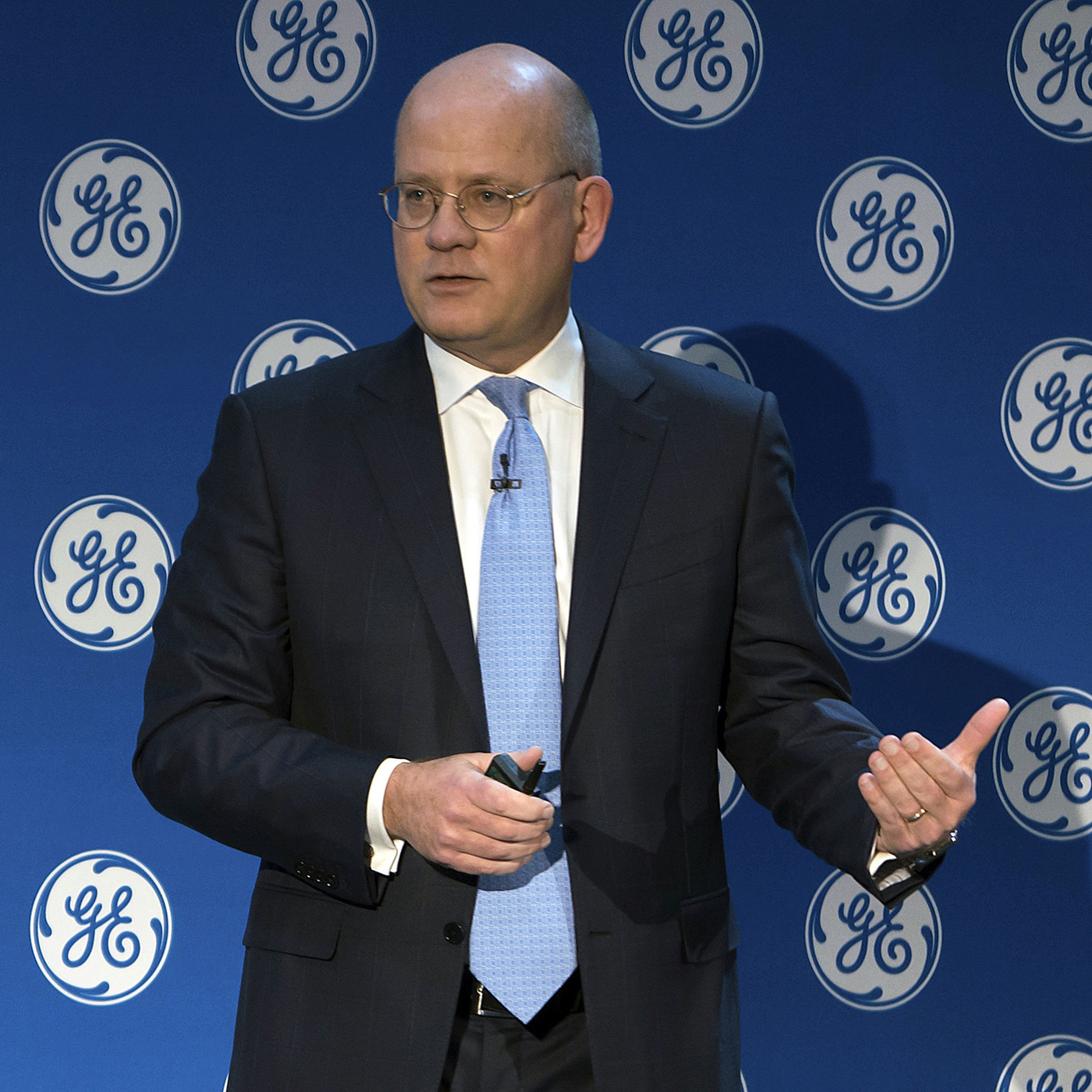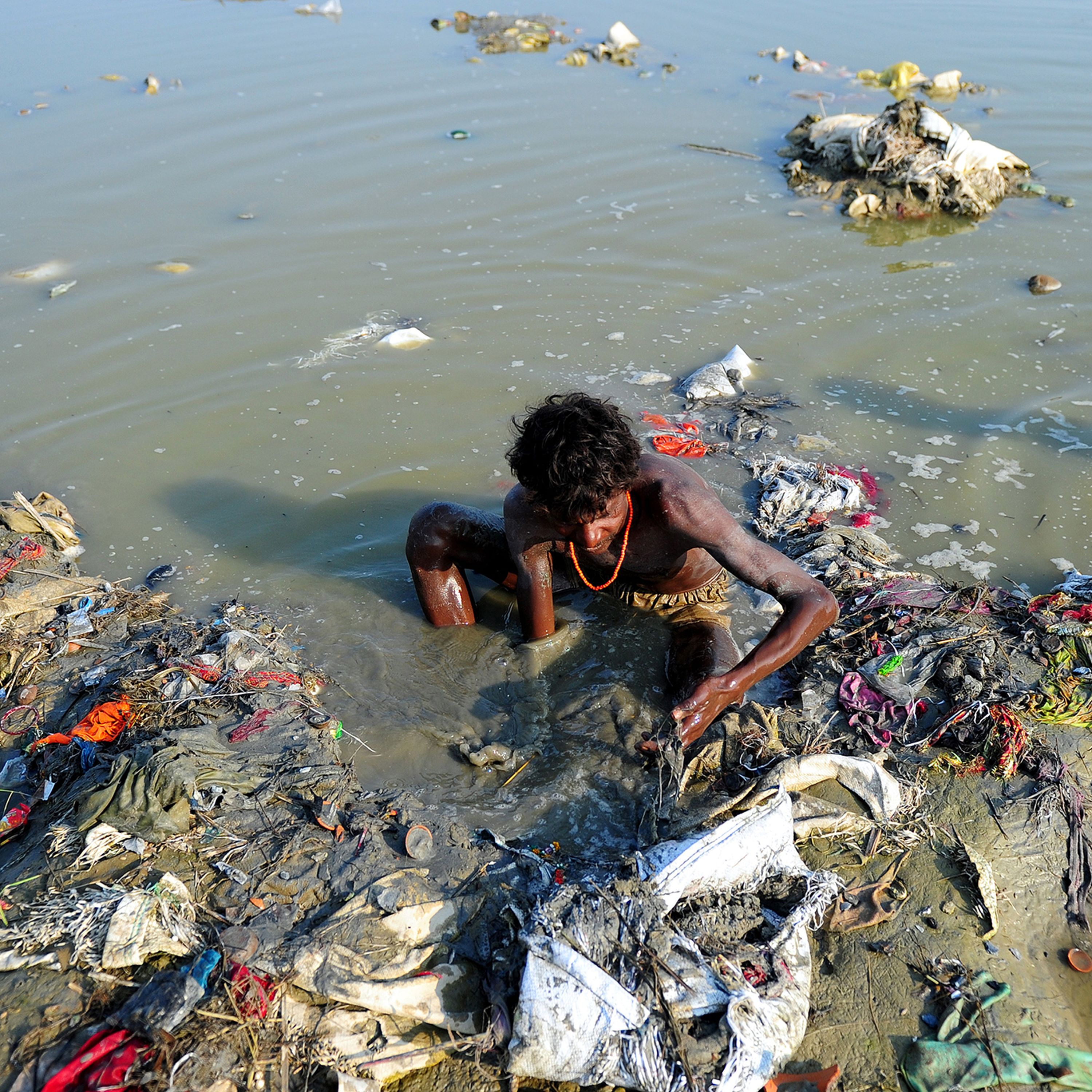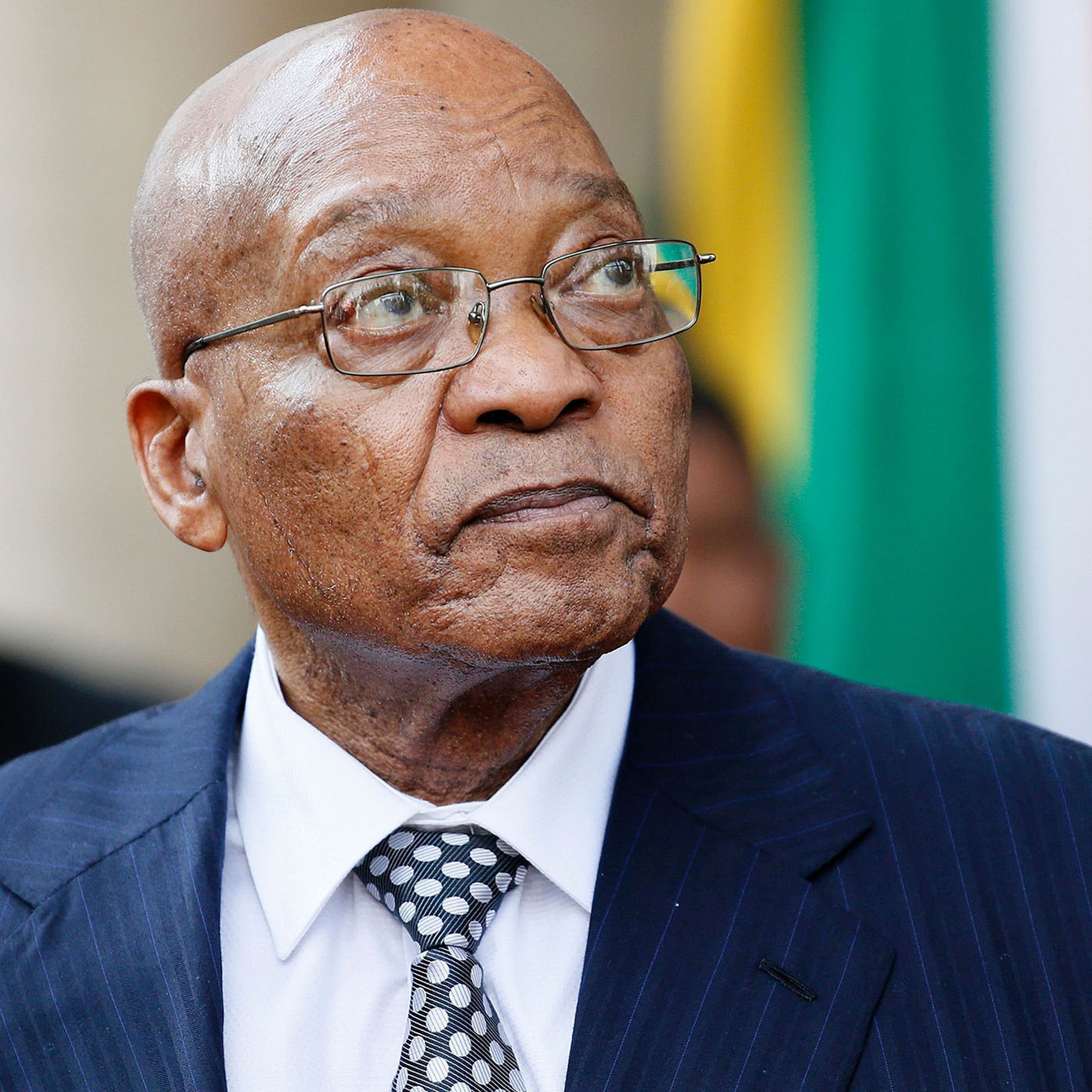FT News in Focus
News features and analysis from Financial Times reporters around the world. FT News in Focus is produced by Fiona Symon.
Life in Europe's coronavirus hotspots: Foreign affairs columnist Gideon Rachman discusses how the coronavirus epidemic has been handled in Italy and Spain with the local FT correspondents, Miles Johnson in Rome and Daniel Dombey in Madrid. How are citizens reacting to the lockdown and what will be the long-term political and economic impact?
See acast.com/privacy for privacy and opt-out information.
The FT News Briefing is a rundown of the global business stories you need to know for the coming day, from the newsroom of the Financial Times. If you enjoy it, subscribe to the FT News Briefing wherever you get your podcasts, or listen at FT.com/newsbriefing.
Friday, March 20
Republicans in the US Senate have introduced legislation to inject more than $1tn of fiscal stimulus into the economy as it grapples with the coronavirus outbreak. Sir Paul Tucker, the former deputy governor of the Bank of England and current chair of the Systemic Risk Council, says it’s time for policymakers and bankers to prepare for a wartime setting if conditions deteriorate. Plus, the only US drugmaker that makes a potential treatment for the coronavirus raised the price nearly 100 per cent in January as the outbreak wreaked havoc in China.
See acast.com/privacy for privacy and opt-out information.
The FT News Briefing is a rundown of the global business stories you need to know for the coming day, from the newsroom of the Financial Times. If you enjoy it, subscribe to the FT News Briefing wherever you get your podcasts, or listen at FT.com/newsbriefing.
Western governments pledged trillions of dollars in stimulus measures to limit the economic fallout from the coronavirus pandemic on Tuesday. The FT’s global business columnist Rana Foroohar explains what it could mean for Wall Street and Main Street. Plus, Impossible Foods raises $500m in a round that will help the US-plant based burger group to see through the economic upheaval caused by the current crisis, and Joe Biden solidifies his status as the frontrunner to take on Donald Trump in November.
See acast.com/privacy for privacy and opt-out information.
The FT News Briefing is a rundown of the global business stories you need to know for the coming day, from the newsroom of the Financial Times. If you enjoy it, subscribe to the FT News Briefing wherever you get your podcasts, or listen at FT.com/newsbriefing.
Tuesday, March 17
Governments in all large western economies took drastic measures to limit public movement on Monday in an urgent effort to arrest the spreading coronavirus pandemic while US stocks plunged despite a set of emergency measures laid out by the Federal Reserve on Sunday. Plus, an analysis by the Financial Times finds that the UK and the US have key weaknesses in their healthcare systems which could trigger a collapse if put to the test by the outbreak.
See acast.com/privacy for privacy and opt-out information.
Introducing the FT News Briefing. It is a rundown of the global business stories you need to know for the coming day, from the newsroom of the Financial Times. If you enjoy it, subscribe to the FT News Briefing wherever you get your podcasts, or listen at FT.com/newsbriefing.
Monday, March 16
The Federal Reserve cut interest rates to zero and joined forces with other central banks in a bid to prevent a severe economic downturn caused by the coronavirus outbreak. The FT’s Gillian Tett unpacks the sweeping measures. Plus, the rapid spread of the coronavirus and the ensuing travel restrictions have led to one of the worst months on record for the airport industry, and French industrials group Air Liquide is asking would-be buyers of its hand sanitiser unit to offer a higher sum in the wake of the outbreak.
See acast.com/privacy for privacy and opt-out information.
Growing a beard, praying in public and calling someone overseas. These are some of the 'offences' for which Uighur Muslims have been sent to internment camps in the Xinjiang region of China, according to a leaked document known as the Karakax list. Adrienne Klasa talks to the FT reporters who discovered the document, Christian Shepherd and Laura Pitel. Read the FT story here
Contributors: Adrienne Klasa, creative producer, Christian Shepherd, Beijing correspondent, and Laura Pitel, Turkey correspondent. Producers: Persis Love and Fiona Symon
See acast.com/privacy for privacy and opt-out information.
As the coronavirus continues to spread, what is the risk that this will push the global economy into recession and what can central bankers and policymakers do to help avoid this? Katie Martin discusses the economic shock caused by the virus with the FT's economics editor Chris Giles.
Contributors: Katie Martin, capital markets editor, and Chris Giles, economics editor. Producers: Fiona Symon and Andrew Georgiades
See acast.com/privacy for privacy and opt-out information.
Antarctica is barely accessible to humans but the ice-covered landmass - and the oceans around it - shelter rich wildlife, including many penguins. It also holds the keys for understanding the future of our planet, which is why scientific research into the isolated continent is stepping up. But as human activity encroaches, do we need to do more to protect Antarctica? Clive Cookson, FT science editor, talks to Leslie Hook, environment correspondent, about her recent trip to the region. Read Leslie's article here
Contributors: Clive Cookson, science editor, and Leslie Hook, environment correspondent. Producer: Fiona Symon
See acast.com/privacy for privacy and opt-out information.
Narendra Modi’s Hindu nationalist policies have sparked protests and intercommunity violence across India. Against this backdrop, a proposed data protection bill that will allow his government free rein to spy on its citizens is causing particular concern. Madhumita Murgia discusses the bill with Benjamin Parkin in Mumbai.
Contributors: Madhumita Murgia, European technology correspondent, Benjamin Parkin, Mumbai correspondent. Producers: Persis Love and Fiona Symon
See acast.com/privacy for privacy and opt-out information.
The sentencing of Trump ally and political strategist Roger Stone was mired in controversy after the US president criticised a juror and the original prosecutors in the case. The same week, Donald Trump granted clemency to seven white collar criminals. Does the president have too much power over the judicial system? Brooke Masters discusses with Edward Luce and Kadhim Shubber.
Contributors: Brooke Masters, opinion and analysis editor, Edward Luce, US national editor and columnist and Kadhim Shubber, US Legal and enforcement correspondent. Producers: Fiona Symon and Persis Love.
See acast.com/privacy for privacy and opt-out information.
Victory for Iran's hardliners in this month’s parliamentary elections has come at the cost of a despondent population suffering under the weight of renewed US sanctions. With the future of the nuclear deal in doubt and isolationist leaders in the ascendant, Andrew England, Middle East editor, and Najmeh Bozorgmehr, Tehran correspondent, discuss what happens next.
Contributors: Andrew England, Middle East editor, and Najmeh Bozorgmehr, Tehran correspondent. Producers: Fiona Symon and Mehrnosh Khalaj.
See acast.com/privacy for privacy and opt-out information.
Arab Gulf leaders have been splashing out on sport. Officials in the Gulf states say the investment is part of their effort to diversify oil-dependent economies, but critics accuse them of using sport to deflect attention from poor human rights records. Arash Massoudi discusses the impact of the oil money flowing into football and other sports with Murad Ahmed, sports correspondent, and Andrew England, Middle East editor. Sign up to join Arash and Murad at next month’s FT Business of Football Summit here
Contributors: Arash Massoudi, corporate finance and deals editor, Murad Ahmed, sports correspondent, and Andrew England, Middle East editor. Producer: Fiona Symon
See acast.com/privacy for privacy and opt-out information.
Investors have begun to shun companies that make their money from fossil fuels because of concerns about global warming. So what does this mean for the oil and gas companies whose future profits depend on continuing to exploit the hydrocarbon assets they have acquired around the world? Pilita Clark discusses the implications with Lex columnist Alan Livsey and energy editor David Sheppard. Read Alan's analysis here
Contributors: Pilita Clark, business columnist, Alan Livsey, Lex columnist, and David Sheppard, energy editor. Producer: Fiona Symon
See acast.com/privacy for privacy and opt-out information.
K-Pop has never been more popular. However, a recent string of high profile controversies including a rape conviction and two suicides have sullied the image of the Korean cultural export. Edward White talks to Patricia Nilsson about what makes a K-Pop star, why the singers are under so much pressure, and what the industry means to the country’s economy.
Contributors: Edward White, Seoul correspondent and Patricia Nilsson, Media reporter. Producer: Persis Love
See acast.com/privacy for privacy and opt-out information.
Shares in Elon Musk’s pioneering electric car company Tesla have skyrocketed. Tom Braithwaite discusses whether the company will be able to maintain its current momentum and hold off competition from traditional carmakers with Jamie Powell and Richard Waters.
Contributors: Tom Braithwaite, companies news editor, Jamie Powell, Alphaville reporter, and Richard Waters, West Coast editor. Producer: Fiona Symon
See acast.com/privacy for privacy and opt-out information.
The full impact of the deadly Sars-like virus that has spread across China will take time to assess. But it’s clear there will be significant damage to the region’s economies and perhaps also to the reputation of China’s leaders for failing to tackle the coronavirus early enough to prevent its spread. Andreas Paleit discusses the political and economic impact of the outbreak with Tom Hancock, recently back from Wuhan, James Kynge in Hong Kong and Sue-Lin Wong in Shenzhen.
Contributors: Andreas Paleit, companies desk editor, Tom Hancock, China consumer industries correspondent, Sue-Lin Wong, South China correspondent, and James Kynge, global China editor. Producers: Fiona Symon and Persis Love.
See acast.com/privacy for privacy and opt-out information.
Global warming is set to cause a significant rise in sea levels as the world's polar ice melts. The Netherlands is the best-protected delta in the world, with centuries of experience in holding back the floods. As climate change takes its toll, can Dutch expertise help save the world’s cities that are most at risk? Simon Kuper looked into this question for the FT's weekend magazine and he tells Esther Bintliff what he discovered. Read Simon's magazine article here
Contributors: Simon Kuper, FT columnist, and Esther Bintliff, FT Weekend Magazine deputy editor. Producer: Fiona Symon
See acast.com/privacy for privacy and opt-out information.
The US Federal Reserve has begun to consult the public, particularly in poorer parts of the country about monetary policy. As a result, policy wonks at the central bank have begun to reconsider the impact of their decisions on communities far from the centres of power. Brendan Greeley discusses the so-called Fed Listens sessions with Patrick Jenkins.
Contributors: Patrick Jenkins, Deputy Editor and Brendan Greeley, US economics editor. Producers: Fiona Symon and Persis Love. Photo credit: Alex Wong/Getty
See acast.com/privacy for privacy and opt-out information.
Russia’s president Vladimir Putin has been in power for two decades and now it looks as though he intends to stay indefinitely. He has launched an overhaul of the country’s power structures that could allow him to extend his control after his official term ends in 2024. Katie Martin discusses the move with Max Seddon in Moscow and Ben Hall, Europe editor.
Contributors: Katie Martin, capital markets editor, Max Seddon, Moscow correspondent, and Ben Hall, Europe editor. Producer: Fiona Symon
See acast.com/privacy for privacy and opt-out information.
Questions about the future of fossil fuels are putting new pressure on companies and financial institutions. How are they responding and should they be doing more? Pilita Clark talks to Huw van Steenis, chair of the sustainable finance committee at UBS and a former adviser to Bank of England governor, Mark Carney, and Billy Nauman, reporter for the FT’s Moral Money.
Contributors: Huw van Steenis, chair of the sustainable finance committee at UBS, Pilita Clark, business columnist and Billy Nauman, reporter and producer, moral money. Producer: Persis Love. Photo credit: Saul Loeb/AFP/Getty
See acast.com/privacy for privacy and opt-out information.
Shortly before his departure as FT editor, Lionel Barber was granted a rare interview with Angela Merkel, whose period in office is nearing its end. In conversation with Marc Filippino, Mr Barber offers his thoughts on the German chancellor as she battles to keep the flag of multilateralism flying in an increasingly unilateralist world.
Contributors: Lionel Barber, former FT editor, and Marc Filippino, audio producer. Producers: Marc Filippino and Fiona Symon
See acast.com/privacy for privacy and opt-out information.
Caroline Criado-Perez won the latest Financial Times and McKinsey Business Book of the Year Award with her book Invisible Women: Exposing Data Bias in a World Designed for Men. She spoke to Andrew Hill, the FT’s management editor, about the consequences for women and for society as a whole of using men as the default model.
Contributors: Andrew Hill, management editor, and Caroline Criado Perez. Producers: Marc Filippino and Fiona Symon
See acast.com/privacy for privacy and opt-out information.
After years of economic pain, Greece is in an upbeat mood. But can the country’s fresh political leadership overcome deep-seated problems holding back growth? Katie Martin discusses this question with Kerin Hope in Athens and Ben Hall, Europe editor.
Contributors: Katie Martin, capital markets editor, Kerin Hope, Athens correspondent, and Ben Hall, Europe editor. Producers: Persis Love and Fiona Symon
See acast.com/privacy for privacy and opt-out information.
Two decades ago, international telecoms companies came close to dominating a global market. Nowadays however, the vision of a global telecoms company seems to be dwindling. Patricia Nilsson and Nic Fildes discuss why.
Contributors: Patricia Nilsson, media correspondent and Nic Fildes, telecoms correspondent. Producer: Persis Love
See acast.com/privacy for privacy and opt-out information.
Iranian military leader and commander of the Quds Forces, Qassem Soleimani, was killed on the 3rd of January in a targeted US air strike at Baghdad airport, Iraq. What did Soleimani mean to Iranians and why did the US order the airstrike that killed him? Najmeh Bozorgmehr discusses the story with Andrew England.
Contributors: Andrew England, Middle East editor and Najmeh Bozorgmehr, Tehran correspondent. Producer: Persis Love
See acast.com/privacy for privacy and opt-out information.
The former boss of Nissan and Renault has performed a stunning vanishing act. Earlier this week, he fled from his house in Tokyo and took a private jet to Lebanon, evading bail conditions, police, prosecutors and private detectives, and avoiding a trial on charges of financial misconduct. How did a man under constant surveillance and with one of the most recognisable faces in the country escape the Japanese authorities? Leo Lewis and Tom Braithwaite discuss the story.
Contributors: Tom Braithwaite, companies editor and Leo Lewis, Tokyo correspondent. Producer: Persis Love. Photo credit: Eric Piermont / AFP
See acast.com/privacy for privacy and opt-out information.
2019 was the year when Saudi Arabia launched a long awaited share offering in state oil company Aramco, when Softbank lost its gloss, when accounting giants tightened their belts and when capitalism went 'woke'. Janine Gibson discusses the corporate year and what it spells for next year with Tom Braithwaite and Brooke Masters.
Contributors: Janine Gibson, editor, special projects, Tom Braithwaite, companies editor, and Brooke Masters, comment and analysis editor. Producer: Fiona Symon
See acast.com/privacy for privacy and opt-out information.
Two recent books about the Trump administration have shed a damning light on the character of the man who occupies the White House. The FT’s Edward Luce and Frederick Studemann discuss Crime in Progress by Glenn Simpson and Peter Fritsch and A Warning by Anonymous.
You can read Edward Luce’s review of the books here.
Contributors: Frederick Studemann, literary editor and Edward Luce, US national editor. Producers: Fiona Symon and Persis Love. Photo credit: Allen Lane/Penguin Books, Twelve Books
See acast.com/privacy for privacy and opt-out information.
Last week Boris Johnson lead the conservative party to its biggest victory in over 30 years on a promise to “get Brexit done”. What should the UK expect from its new government and how has business reacted to the election? George Parker and Adam Samson talk to Siona Jenkins about what the next five years could bring.
Contributors: Siona Jenkins, editor, UK news, George Parker, political editor and Adam Samson, global head of Fast FT. Producer: Persis Love. Photo credit: Leon Neal/PA
See acast.com/privacy for privacy and opt-out information.
Beijing has ordered government offices and public institutions to remove all foreign computer equipment and software within three years as part of its bid for self-reliance in office technology. Malcolm Moore discusses the ramifications for Chinese and US companies and for the global supply chain with the FT’s Yuan Yang in Beijing.
Contributors: Malcolm Moore, technology news editor, and Yuan Yang, Beijing technology correspondent. Producer: Fiona Symon
See acast.com/privacy for privacy and opt-out information.
Allegations of high-level corruption have convulsed the Mediterranean island state of Malta and shocked the rest of Europe. Public anger has been unleashed by dramatic recent developments in the investigation into the killing of the journalist Daphne Caruana Galizia in a car bomb attack in October 2017. Ben Hall discusses the wider repercussions of the case with Josephine Cumbo and Michael Peel.
Contributors: Ben Hall, Europe editor, Josephine Cumbo, pensions correspondent, and Michael Peel, EU diplomatic correspondent. Producer: Fiona Symon
See acast.com/privacy for privacy and opt-out information.
Paul Volcker, who died at the weekend, was one of the most influential monetary policy makers of the 20th century. The FT’s Gillian Tett spoke to the former central banker at his home in New York last year about his views on good government, regulating finance and US China relations. In this podcast, she shares some excerpts from the conversation.
Contributors: Katie Martin, markets editor, and Gillian Tett, chair of the FT editorial board (US). Producers: Fiona Symon and Aimee Keane
See acast.com/privacy for privacy and opt-out information.
As the UK general election approaches, all parties are stepping up their rhetoric on climate change. What are their manifesto pledges and are they even realistic? Jim Pickard and Nick Butler talk to Leslie Hook about what a new government could spell for the environment and the need for an international approach to tackling the climate crisis.
Contributors: Leslie Hook, environment and clean energy correspondent, Jim Pickard, chief political correspondent and Nick Butler, energy commentator. Producer: Persis Love
See acast.com/privacy for privacy and opt-out information.
Wildlife conservation used to be largely financed by wealthy donors and governments. Now, efforts to attract institutional investors are showing significant potential, as a recent Rhino Bond launched by the Zoological Society of London, the FT’s seasonal appeal partner this year, showed. Oliver Withers, ZSL’s head of conservation finance and Aunnie Patton Power, expert in innovative investing and impact finance talk to John Aglionby about the changing landscape of conservation financing. Visit the FT’s seasonal appeal page to donate here
Contributors: John Aglionby, assistant UK news editor, Oliver Withers, ZSL’s head of conservation finance and Aunnie Patton Power, expert in innovative investing and impact finance. Producer: Fiona Symon. Editor: Breen Turner
See acast.com/privacy for privacy and opt-out information.
Taylor Swift’s anger over the sale of her back catalogue shines a light on the role of investment in today’s music industry. Anna Nicolaou and Jamie Powell tell Alex Barker about Swift’s dispute with her former record label and how investments are changing in the streaming era of music.
Contributors: Alex Barker, global media editor, Anna Nicolaou, US media correspondent and Jamie Powell, Alphaville reporter. Producer: Persis Love
Music credit: Taylor Swift, Shake It Off, Big Machine Records
See acast.com/privacy for privacy and opt-out information.
Britain's party leaders have made lavish promises to win favour with voters ahead of next month's election. Chris Giles, FT economics editor, discusses the main parties' pre-election pledges and their likely impact on the economy with Siona Jenkins.
Contributors: Siona Jenkins, editor, UK news, and Chris Giles, economic editor. Producers: Fiona Symon and Persis Love
See acast.com/privacy for privacy and opt-out information.
Around the world a pensions crisis is looming. Retirees are having their pensions cuts while governments and fund managers look for new strategies. Josephine Cumbo, pensions correspondent and Robin Wigglesworth, global finance correspondent tell Claer Barrett why pension funds are investing in riskier assets and what this means for the future of retirement.
Contributors: Claer Barrett, personal finance editor, Josephine Cumbo, pensions correspondent and Robin Wigglesworth, global finance correspondent. Producer: Persis Love
See acast.com/privacy for privacy and opt-out information.
Alexei Navalny has been a thorn in the side of Russia’s President Vladimir Putin for a decade, braving persecution and imprisonment and remaining apparently undaunted. Max Seddon met him for lunch in a food court in southeast Moscow and he tells Alec Russell, editor of FT Weekend about the encounter.
Contributors: Alec Russell, editor of FT Weekend, and Max Seddon, Moscow correspondent. Producer: Fiona Symon
See acast.com/privacy for privacy and opt-out information.
This selection of economics must-reads from the last six months take on capitalism, inequality, trade, AI, the law and more. Martin Wolf tells Frederick Studemann about the books we should all be reading this winter.
Watch a video of the conversation here.
Contributors: Frederick Studemann, literary editor and Martin Wolf, chief economics commentator. Producer: Persis Love
Photo credits: Viking, Penguin Books, The Centre for International Governance Innovation, John Murray Press, Harvard University Press,Harvard University Asia Center, Transworld Publishers Ltd, Princeton University Press
See acast.com/privacy for privacy and opt-out information.
A sleep loss epidemic is making its mark on the workplace, but what are its causes and what should businesses do to ensure their fatigued employees get a good night’s kip? Louise Aston and James Wilson talk to Darren Dodd about where employers are going wrong and what needs to be done.
This podcast forms part of FT Health at Work magazine, supported by Vitality.
Business in the Community's Sleep and Recovery Toolkit for employers can be found here, and their responsible business podcasts, here. James Wilson’s website is available here.
Contributors: Darren Dodd, editor of FT Health at Work magazine, Louise Aston wellbeing director at Business in the Community and, James Wilson, sleep specialist. Producer: Persis Love
See acast.com/privacy for privacy and opt-out information.
India has gone from being known as the world’s fastest growing large-economy to a country in the midst of a sharp economic slowdown. Jyotsna Singh discusses what’s gone wrong and what can be done to revive growth with Amy Kazmin, the FT’s South Asia bureau chief.
Contributors: Jyotsna Singh, Delhi reporter, and Amy Kazmin, South Asia bureau chief. Producers: Jyotsna Singh and Fiona Symon
See acast.com/privacy for privacy and opt-out information.
Hundreds of millions of people turn to the web each day to seek answers to medical concerns. But the information they share is far from secret. Madhumita Murgia, the FT's European technology correspondent, has been looking into what happens to the personal health information we share with these websites, and she tells India Ross what she discovered..
Contributors: India Ross, tech creative producer, and Madhumita Murgia, European technology correspondent. Producer: Fiona Symon
See acast.com/privacy for privacy and opt-out information.
How does Generation Z date? Why are they more politically engaged than the generation before them and what is the digital psyche? Flora Macdonald Johnston asks John Burn-Murdoch, Rebecca Watson and Madison Darbyshire to explain what's driving the next generation.
If you want to read more about the NextGen, click here. For Flora's article, click here. For John's article, click here. For Rebecca's article, click here. For Madison's column, click here.
Contributors: Flora Macdonald Johnston, acting deputy fashion editor, John Burn-Murdoch, data visualisation journalist, Madison Darbyshire, multimedia journalist and Rebecca Watson, assistant arts editor. Producer: Persis Love
See acast.com/privacy for privacy and opt-out information.
Ukraine has found itself at the centre of the US impeachment inquiry, just as new president Volodymyr Zelensky set out to fulfill his election promise to end corruption. Pilita Clark asks Ben Hall, the FT's Europe editor, what it is about Ukraine creates so much trouble in far flung places and whether it could end up harming Donald Trump's chances of re-election.
Contributors: Pilita Clark, business columnist, and Ben Hall, Europe editor. Producer: Fiona Symon
See acast.com/privacy for privacy and opt-out information.
Will PSA’s Carlos Tavares prove to be a better merger partner for Fiat Chrysler than Renault and help create the world's fourth-largest carmaker? Katie Martin discusses the terms of the proposed mega merger and the characters behind the deal with Peter Campbell, motor industry correspondent, and David Keohane in Paris.
Contributors: Katie Martin, capital markets editor, Peter Campbell, motor industry correspondent, and David Keohane, Paris correspondent. Producers: Fiona Symon and Persis Love
See acast.com/privacy for privacy and opt-out information.
Start-ups and consumer giants are trying to find a solution to the deluge of plastic packaging that ends up in landfill or polluting our oceans. Finding a solution will be far more complex than just recycling more, Leila Abboud and Leslie Hook tell Pilita Clark. Read Leila's article here or listen to Ellen MacArthur talk about the plastics in our oceans here.
Contributors: Pilita Clark, business columnist, Leila Abboud, consumer industries correspondent, and Leslie Hook, environmental correspondent. Producers: Fiona Symon and Persis Love.
See acast.com/privacy for privacy and opt-out information.
Rowena Chiu, former assistant to Harvey Weinstein, tells the story of her alleged abuse by the former Hollywood producer and discusses how to prevent non-disclosure agreements from being used to silence the victims of crime with Pilita Clark and Kate Beioley.
Contributors: Pilita Clark, business columnist, Rowena Chiu, former assistant to Harvey Weinstein, and Kate Beioley, legal correspondent. Producer: Fiona Symon
See acast.com/privacy for privacy and opt-out information.
The stage has been set for the next, potentially decisive, act of Brexit after the UK parliament voted to back a December election and the EU formally signed off a delay to Britain’s departure until the end of January. David Bond discusses what happens next with Laura Hughes, parliamentary correspondent, and Sam Fleming, Brussels bureau chief.
Contributors: David Bond, Brexit editor, Laura Hughes, parliamentary correspondent, and Sam Fleming, Brussels bureau chief. Producers: Persis Love and Fiona Symon
See acast.com/privacy for privacy and opt-out information.
The French luxury goods group LMVH has made a surprise $14.5bn offer for Tiffany’s, the New York jeweller immortalised in the 1961 film Breakfast at Tiffany’s. Harriet Agnew and Vanessa Holder talk to Katie Martin about whether the takeover bid will succeed and the merits for both sides in the current geopolitical climate.
Contributors: Katie Martin, capital markets editor, Harriet Agnew, Paris correspondent and Vanessa Houlder, Lex writer. Producers: Persis Love and Fiona Symon
See acast.com/privacy for privacy and opt-out information.
The FT's Sue-Lin Wong spent several months with members of Hong Kong's youthful pro-democracy movement and their supporters. She tells Andreas Paleit what she learnt about their hopes and fears for the future.
Read Sue-Lin's magazine story here
Contributors: Andreas Paleit, companies desk editor, and Sue-Lin Wong, South China correspondent. Producer: Fiona Symon
See acast.com/privacy for privacy and opt-out information.
Last weekend thousands of people took to the streets of Chile in an outburst of anger at a rise in the price of the metro fare. But as Benedict Mander tells Michael Stott, the roots of the unrest go much deeper.
Contributors: Michael Stott, Latin America bureau chief and Benedict Mander, Chile and Argentina correspondent. Producer: Persis Love.
See acast.com/privacy for privacy and opt-out information.
An experiment in urban planning backed by the UK’s health service has shown how even small changes can have a big impact on the health of communities. Darren Dodd discusses what’s been learnt so far with some of the project’s backers.
Contributors: Darren Dodd, editor of FT Health, Emily Hough, strategy director for NHS England,
Christian Norris, of PA Consulting and Ellen Halstead of Peabody Housing Association> Producers: Fiona Symon and Persis Love
See acast.com/privacy for privacy and opt-out information.
During Syria's eight year civil war, around half a million Syrians have lost their lives and many more have lost their livelihoods. But a few individuals have made millions by helping the Assad regime. Chloe Cornish has been investigating and she tells Josh Noble about some of Syria's war profiteers.
Contributors: Josh Noble, weekend news editor, and Chloe Cornish, Middle East correspondent. Producers: Fiona Symon and Persis Love
See acast.com/privacy for privacy and opt-out information.
Catalonia erupted this week after a Spanish Supreme Court decision to jail a group of separatist leaders for their part in organising an illegal independence referendum. The regional government attacked the sentences and thousands took to the streets in protest. Katie Martin discusses what happens next, with Daniel Dombey, FT correspondent in Madrid.
Contributors: Katie Martin, capital markets editor, and Daniel Dombey, Madrid correspondent. Producer: Fiona Symon
See acast.com/privacy for privacy and opt-out information.
The workplace philosophy of WeWork founder Adam Neumann was at the heart of his global real estate company. But WeWork is imploding after a recent IPO was shelved and Mr Neumann has been removed as CEO. Pilita Clark discusses how the company got into such difficulties and what this signifies for the property markets with Andrew Edgecliffe Johnson and Judith Evans.
Contributors: Pilita Clark, business columnist, Andrew Edgecliffe-Johnson, US business editor, and Judith Evans, property correspondent. Producers: Persis Love and Fiona Symon
See acast.com/privacy for privacy and opt-out information.
A Chicago start-up has found a way of turning microbes into edible protein, part of a growing trend towards a microbial revolution in food. Leslie Hook discusses why investors are increasingly interested in this area with Emiko Terazono, commodities correspondent, and Clive Cookson, science editor.
Contributors: Leslie Hook, environment correspondent, Emiko Terazono, commodities correspondent, and Clive Cookson, science editor. Producers: Fiona Symon and Persis Love
See acast.com/privacy for privacy and opt-out information.
Thanks to its links to Shakespeare and his players that were until recently a well kept secret, a deprived suburb of Liverpool is to house a new playhouse. Local investors have high hopes that it will woo some of the tourists that flock to Stratford-upon-Avon and Shakespeare’s Globe in London. Andy Bounds went to Prescot to speak to some of the project's supporters.
Contributors: Andy Bounds, Enterprise editor and North of England correspondent. Producers: Fiona Symon and Persis Love
See acast.com/privacy for privacy and opt-out information.
Europe’s top court has ruled that individual countries can force Facebook to take down illegal content, including hate speech, both inside the EU and across the world. Malcolm Moore discusses the implications of the ruling for freedom of expression with Mehreen Khan and Madhumita Murgia.
Contributors: Malcolm Moore, technology news editor, Mehreen Khan, Brussels correspondent, and Madhumita Murgia, European Technology correspondent, Producers: Fiona Symon and Persis Love
See acast.com/privacy for privacy and opt-out information.
Many US Democrats had pushed for an impeachment inquiry against Donald Trump after the Mueller probe into Russian meddling in the last US election released its findings. But it took a July telephone conversation between Mr Trump and Ukraine’s new president to persuade Nancy Pelosi, speaker of the US house of Representatives, that it was time to act. Katie Martin discusses what happens next and what we know so far with Demetri Sevastopulo, Washington bureau chief.
Contributors: Katie Martin, capital markets editor, and Demetri Sevastopulo, Washington bureau chief. Producer: Fiona Symon
See acast.com/privacy for privacy and opt-out information.
John Ruskin was a towering figure in the Victorian era: an art critic, social reformer and all round thinker who had a huge influence on British society. After his death he fell out of favour. Yet much of what he wrote about the nature of work and the importance of protecting the environment is relevant today. James Pickford discusses his legacy with Sandra Kemp, an academic who oversees the Ruskin collection at Lancaster University and Andrew Hill, management editor.
The Ruskin: Museum of the Near Future
Contributors: James Pickford, deputy FT Money editor, Sandra Kemp, director of the Lancaster University’s Ruskin Library, and Andrew Hill, management editor. Producers: Fiona Symon and Persis Love
See acast.com/privacy for privacy and opt-out information.
A devastating missile and drone attack on Saudi oil installations last week highlighted the vulnerability of global oil supplies to the threat of regional unrest. The attack was claimed by Houthi rebels fighting Saudi-backed forces in neighbouring Yemen, but Saudi and US officials were quick to point the finger of blame at Iran. Geoff Dyer discusses the repercussions of the attack for the region and the oil market with Andrew England, Middle East editor, and Anjli Raval, senior energy correspondent.
Contributors: Geoff Dyer, analysis editor, Andrew England, Middle East editor, and Anjli Raval, senior energy correspondent. Producer: Fiona Symon
See acast.com/privacy for privacy and opt-out information.
We have seen a historic day for British politics as the Supreme Court ruled that Boris Johnson’s decision to prorogue parliament for five weeks was unlawful. Siona Jenkins discusses what the ruling means for Brexit, for the prime minister, and for British democracy, with Jane Croft, law courts correspondent, and Neil Buckley, leader writer.
Contributors: Siona Jenkins, news editor, Jane Croft, law courts correspondent and Neil Buckley, leader writer. Producer: Fiona Symon and Persis Love
See acast.com/privacy for privacy and opt-out information.
As the world’s largest carbon emitter, China will be in the spotlight at this week’s UN climate summit in New York. Beijing has taken steps to tackle its pollution problems in recent years, but is it working? Pilita Clark puts this question to Leslie Hook, environment correspondent, and Lucy Hornby, deputy Beijing bureau chief.
Contributors: Pilita Clark, business columnist, Leslie Hook, environment correspondent, and Lucy Hornby, deputy Beijing bureau chief. Producer: Fiona Symon
See acast.com/privacy for privacy and opt-out information.
In 2013, Edward Snowden was responsible for one of the biggest US intelligence leaks ever. He’s just published a memoir offering his version of the events. Janine Gibson was the Guardian’s US editor at the time and oversaw publication of the story. She shares her impressions of book and what it says about the man and his motives with Frederick Studemann, FT literary editor.
Read Janine's story here
Contributors: Janine Gibson, special projects editor, and Frederick Studemann, literary editor. Producer: Fiona Symon
See acast.com/privacy for privacy and opt-out information.
Donald Trump has dashed hopes for an imminent peace deal with the Taliban that were intended to pave the way for the US to withdraw the last of its troops from Afghanistan. Jyotsna Singh discusses how this leaves the war torn country as it prepares for presidential elections at the end of the month, with Stephanie Findlay and Farhan Bokhari.
Contributors: Jyotsna Singh, Delhi reporter, Stephanie Findlay, South Asia correspondent, and Farhan Bokhari, Producers: Jyotsna Singh and Fiona Symon
See acast.com/privacy for privacy and opt-out information.
Chinese carmaker Geely is investing in German flying taxi start-up Volocopter. Josh Noble discusses China’s interest in this technology and the future of flying taxis wirh the FT’s motor industry correspondent Peter Campbell and global technology correspondent Tim Bradshaw
Contributors: Josh Noble, weekend news editor, Peter Campbell, motor industry correspondent, and Tim Bradshaw, global technology correspondent. Producer: Fiona Symon
See acast.com/privacy for privacy and opt-out information.
UK prime minister Boris Johnson has been accused of constitutional vandalism by curtailing the opportunity for parliamentary scrutiny of his government in the final weeks of the Brexit talks. The courts will now determine whether his decision to shut down parliament was legal or not. Henry Mance discusses what all this means for British democracy with constitutional expert Sionaidh Douglas-Scott and UK assistant news editor John Aglionby.
Contributors: Henry Mance, chief features writer, Professor Sionaidh Douglas-Scott, Anniversary Chair in Law at Queen Mary University in London, and John Aglionby, assistant UK news editor. Producer: Fiona Symon
See acast.com/privacy for privacy and opt-out information.
Saudi Arabia has removed energy minister Khalid al-Falih, one of the most powerful figures in the global oil industry, and replaced him with a member of the royal family, Prince Abdulaziz bin Salman. Katie Martin discusses the significance of the shake-up and how it relates to the Crown Prince’s ambitious plans for an IPO of state oil company Aramco with David Sheppard, Energy Editor, and Andrew England, Middle East editor.
Contributors: Katie Martin, capital markets editor, David Sheppard, energy editor, and Andrew England, Middle East editor. Producer: Fiona Symon
See acast.com/privacy for privacy and opt-out information.
Google is allegedly using hidden web pages that feed the personal data of its users to advertisers, circumventing EU privacy regulations that require consent and transparency. Madhumita Murgia, the FT's European technology correspondent, discusses the implications for both privacy and competition with Malcolm Moore.
Conributors: Malcolm Moore, technology news editor, and Madhumita Murgia, European technology correspondent. Producer: Fiona Symon
See acast.com/privacy for privacy and opt-out information.
Italy's prime minister Guiseppe Conte lives to fight another day after a bid by the populist leader Matteo Salvini to unseat him and win power by holding snap elections failed. Katie Martin discusses whether the new alliance between the Five Star Movement and its former enemy, the Democratic Party, can last with Ben Hall and Miles Johnson.
Contributors: Katie Martin, capital markets editor, Ben Hall, Europe editor, and Miles Johnson, Rome correspondent. Producer: Fiona Symon
See acast.com/privacy for privacy and opt-out information.
Naspers, a publisher once condemned as a mouthpiece of the apartheid regime in South Africa, has quietly become one of the world’s biggest internet investors thanks to a stake in China’s Tencent. On 11 September it will list its global internet assets on the Amsterdam bourse, becoming Europe's biggest consumer internet company overnight. Arash Massoudi discusses how it got there with Joseph Cotterill in Johannesburg.
Contributors: Arash Massoudi, corporate finance and deals editor, and Joseph Cotterill, Southern Africa correspondent. Producer: Fiona Symon
See acast.com/privacy for privacy and opt-out information.
Many of us own a keyboard, which sounds more or less like a piano, but is not quite the same. Thomas Hale, Alphaville reporter, thought he’d like to buy the real thing, so he went looking in London. He tells James Pickford what he found. Read Thomas's article here
Contributors: James Pickford, deputy editor of FT Money, and Thomas Hale, Alphaville reporter. Producer: Fiona Symon.
See acast.com/privacy for privacy and opt-out information.
Greta Thunberg, the Swedish climate activist, opted to sail to the US from Europe this month, rather than catching a plane. Her choice reflected a growing recognition that air travel carries a heavy cost to the environment. Sylvia Pfeifer, acting industry editor, discusses how airlines are responding to the challenge with Janina Conboye and Leslie Hook.
Contributors: Sylvia Pfeifer, acting industry editor, Janina Conboye, industry reporter, and Leslie Hook, environment correspondent, Producer: Fiona Symon
See acast.com/privacy for privacy and opt-out information.
A new book about Koch Industries has shed light on the way this company, led by Charles Koch, shaped modern America. Frederick Studemann, literary editor, discusses Kochland: The Secret History of Koch Industries and Corporate Power in America with Andrew Edgecliffe-Johnson, US business editor. Read Andrew’s review here.
Contributors: Frederick Studemann, literary editor, and Andrew Edgecliffe-Johnson, US business editor. Producer: Fiona Symon
See acast.com/privacy for privacy and opt-out information.
Saudi Arabia's state oil company Aramco is making a high stakes investment in India as the world’s largest crude oil exporter seeks to deepen its ties with the fastest growing energy consumer. Tom O’Sullivan discusses the proposed investment, announced by Reliance Industries chairman Mukesh Ambani, with Benjamin Parkin and Anjli Raval.
Contributors: Tom O’Sullivan, deputy analysis editor, Benjamin Parkin, Mumbai correspondent, and Anjli Raval, senior energy correspondent. Producer: Fiona Symon
See acast.com/privacy for privacy and opt-out information.
Tens of thousands of Russians have taken to the streets this summer to express their disaffection with a government that has failed to deliver economic growth or improve living standards for much of the past five years. Adrienne Klasa discusses this new mood of rebellion and how Russian president Vladimir Putin has responded with Henry Foy, Moscow bureau chief, and Russian sociologist Greg Yudin.
Contributors: Adrienne Klasa, creative producer, world news, Henry Foy, Moscow bureau chief, and Greg Yudin, Professor of Political Philosophy at the Moscow School of Social and Economic Sciences. Producer: Fiona Symon
See acast.com/privacy for privacy and opt-out information.
Falling interest rates, weak trading volumes and automation have led to an exceptionally brutal summer for global investment banks, which have shed tens of thousands of jobs, particularly on trading desks. Stephen Morris, European banking correspondent, discusses the bleak outlook for bankers with Robert Armstrong, US financial editor.
Contributors: Stephen Morris, European banking correspondent, and Robert Armstrong, US financial editor. Producer: Fiona Symon
See acast.com/privacy for privacy and opt-out information.
What will the world look like when machines are cleverer than we are? Fred Studemann, Literary editor, and John Thornhill, Innovation editor, discuss how different writers have imagined the future in response to the advance of artificial intelligence.
Contributors: Fred Studemann, Literary editor, and John Thornhill, Innovation editor. Producer: Fiona Symon
See acast.com/privacy for privacy and opt-out information.
The disputed Himalayan state of Jammu and Kashmir is in lockdown after India revoked its special status following a long running insurgency that led to thousands of deaths. Jyotsna Singh discusses what India plans to do next, and how neighbouring Pakistan, which also claims the territory, has reacted, with Amy Kazmin the FT's South Asia bureau chief.
Contributors: Jyotsna Singh, Delhi reporter, and Amy Kazmin, South Asia bureau chief. Producers: Jyotsna Singh and Fiona Symon
See acast.com/privacy for privacy and opt-out information.
US allegations that China is manipulating its currency burst into the open again this week when the renminbi was allowed to fall below seven to the dollar for the first time since 2008. Josh Noble discusses this latest front in the US-China trade dispute and its implications for investors and the global economy with Don Weinland, Beijing financial correspondent, and Michael MacKenzie, senior investment commentator.
Contributors: Josh Noble, weekend news editor, Don Weinland, Beijing financial correspondent, and Michael MacKenzie, senior investment correspondent. Producer: Fiona Symon
See acast.com/privacy for privacy and opt-out information.
In a country that features prominently in international corruption league tables, it is surprising to find a futuristic tax system that has significantly narrowed the gap between revenue due and revenue collected. Chris Giles, the FT's economics editor, visited Russia's Federal Tax Service to find out how the system works. He discusses whether the model could be applied elsewhere with Suzanne Blumsom.
Contributors: Suzanne Blumsom, executive editor, and Chris Giles, economics editor. Producer: Fiona Symon
See acast.com/privacy for privacy and opt-out information.
With the economy in trouble and relations with western allies strained, President Recep Tayyip Erdogan's grip over Turkey’s ruling AK party is showing signs of weakening. Former prime minister Ahmet Davutoglu tells the FT's Laura Pitel why he thinks the country needs a new vision.
Contributor: Laura Pitel, Turkey correspondent. Producer: Fiona Symon. Clips from edited interview with Ahmet Davutoglu and Reuters.
See acast.com/privacy for privacy and opt-out information.
Sterling has taken a beating in the currency markets, falling to a fresh two-year low against the US dollar on Tuesday. Michael Hunter discusses why this has happened and who will be affected with Katie Martin, the FT's capital markets editor.
Contributors: Michael Hunter, markets reporter, and Katie Martin, capital markets editor. Producer: Fiona Symon
See acast.com/privacy for privacy and opt-out information.
The London Stock Exchange group has confirmed that it is in advanced talks to buy Refinitiv in a $27bn deal that would turn it into a global exchanges and data powerhouse. Patrick Jenkins discusses the proposed deal with Arash Massoudi, the FT’s corporate finance and deals editor.
Contributors: Patrick Jenkins, financial editor, Arash Massoudi, corporate finance and deals editor. Producer: Fiona Symon
See acast.com/privacy for privacy and opt-out information.
Roula Khalaf talks to Alec Russell about her meeting with Hatice Cengiz, fiancee of the murdered Saudi journalist Jamal Khashoggi, who is now campaigning for his killers to be brought to justice.
Contributors: Alec Russell, editor of FT Weekend, and Roula Khalaf, deputy editor. Producer: Fiona Symon
See acast.com/privacy for privacy and opt-out information.
Many of those who voted to leave the European Union live in deprived towns and cities of the UK and were disillusioned with politics. The Joseph Rowntree Foundation teamed up with a think-tank, UK in a Changing Europe, to find out what policies they would like to see to improve their lives. Andy Bounds discusses the findings with Anand Menon, one of the report's authors. Read Andy's article here
Contributors: Andy Bounds, Enterprise Editor and North of England correspondent, and Anand Menon, Professor of European Politics and Foreign Affairs at King's College London and director of the UK in a Changing Europe. Producer: Fiona Symon
See acast.com/privacy for privacy and opt-out information.
In the past decade, some of India’s largest financial groups have made big investments in luxury property, notably an ambitious Mumbai tower that was supposed to set new standards in urban design. But the economic boom they hoped would spur demand failed to materialise. Jyotsna Singh talks to Benjamin Parkin in Mumbai about what went wrong and the resulting debt crisis that is holding back growth.
Contributors: Jyotsna Singh, Delhi reporter, and Benjamin Parkin, Mumbai correspondent. Proucers: Jyotsna Singh and Fiona Symon
See acast.com/privacy for privacy and opt-out information.
Britain's new prime minister Boris Johnson has set himself a 100-day deadline to achieve Brexit, with or without a deal with the European Union. Siona Jenkins discusses his chances of achieving this with Miranda Green, deputy opinion editor, and Jim Brunsden, EU correspondent.
Contributors: Siona Jenkins, editor, UK news, Miranda Green, deputy opinion editor, and Jim Brunsden, EU correspondent. Producer: Fiona Symon
See acast.com/privacy for privacy and opt-out information.
NSO, an Israeli company whose spyware hacked WhatsApp, has told buyers its technology can now collect a targeted individual’s data stored in the cloud, according to people familiar with its sales pitch. Its tech is said to use industry-wide authentication techniques that have, until now, been thought to be secure. Malcolm Moore discusses the implications with Mehul Srivastava and Tim Bradshaw.
Contributors: Malcolm Moore, technology news editor, Mehul Srivastava, Tel Aviv correspondent, and Tim Bradshaw, global tech correspondent. Producer: Fiona Symon
See acast.com/privacy for privacy and opt-out information.
David Pilling takes us on a tour of the African ghetto he visited with Bobi Wine, the rap singer turned politician, who has confirmed he will challenge Yoweri Museveni for the presidency of Uganda in 2021.
Contributors: Alec Russell, editor of FT Weekend, and David Pilling, Africa editor. Producer: Fiona Symon. Music clip: Kyarenga by Bobi Wine
See acast.com/privacy for privacy and opt-out information.
Ursula von der Leyen was confirmed this week as the new European Commission president. Katie Martin discusses the challenges she faces, not least the Brexit negotiations, with Ben Hall and Mehreen Khan
Contributors: Katie Martin, capital markets editor, Ben Hall, Europe editor and Mehreen Khan, EU correspondent. Producer: Fiona Symon
See acast.com/privacy for privacy and opt-out information.
It’s half a century since the launch of Apollo 11, the spacecraft that put the first man on the moon. Between 1969 and 1972 the moon had 12 human visitors but, since then, no-one. Now, however, there’s a new push to go back to our near neighbour and Donald Trump wants to speed things up. Naomi Rovnick, Henry Mance and Clive Cookson discuss the new lunar mission
Contributors: Naomi Rovnick FT Live reporter, Henry Mance, chief features writer, and Clive Cookson, science editor. Producer: Fiona Symon
See acast.com/privacy for privacy and opt-out information.
How bad is the problem of stress and burnout in corporate life? Lilah Raptopoulos carried out a reader-driven investigation into the topic with James Fontanella-Khan, the FT's corporate deals editor. They reveal their findings in this podcast. Read the story at ft.com/mentalhealth Listen to the Everything Else podcast here
Contributors: Griselda Murray Brown, Commissioning editor, Arts, Lilah Raptopoulos, US head of audience engagement, and James Fontanella-Khan, corporate deals editor. Producer: David Waters
See acast.com/privacy for privacy and opt-out information.
Concerns about maritime security in the Gulf are rising as relations between Iran and the west deteriorate over the slow breakdown of the nuclear deal struck by Tehran and world powers in 2015. Iran’s economy has been badly hit by the re-imposition of US sanctions, and in response, Iran says it is no longer sticking to agreed limits on its enriched uranium stockpile. Tom O’Sullivan discusses whether the deal can be saved with Michael Peel in Brussels, Najmeh Bozorgmehr in Tehran and Middle East editor Andrew England.
Contributors: Suzanne Blumsom, executive editor, Tom O’Sullivan, deputy analysis editor, Michael Peel, European diplomatic correspondent, Najmeh Bozorgmehr, Tehran correspondent, and Andrew England, Middle East editor. Producer: Fiona Symon
See acast.com/privacy for privacy and opt-out information.
Greece’s centre-right New Democracy party has returned to power after defeating the far-left party Syriza at the ballot box on a promise of reviving the economy through tax cuts, reduced bureaucracy and more foreign investment. Katie Martin discusses the new government and the challenges it is facing with Ben Hall and Kerin Hope.
Contributors: Naomi Rovnick, FT Live reporter, Katie Martin, capital markets editor, Ben Hall, Europe editor, and Kerin Hope, Athens correspondent. Producer: Fiona Symon
See acast.com/privacy for privacy and opt-out information.
Hong Kong protests against a proposed extradition law that would allow criminal suspects to be handed over to China are continuing, despite a concession by the Hong Kong chief executive to suspend the proposed law. Naomi Rovnick discusses discusses what’s at stake for China and what the protesters are seeking to achieve, with Tom Mitchell in Beijing and Sue-Lin Wong in Hong Kong.
Contributors: Suzanne Blumsom, executive editor, Naomi Rovnick FT Live reporter, Sue-Lin Wong, South China correspondent and Tom Mitchell, Beijing bureau chief. Producer: Fiona Symon
See acast.com/privacy for privacy and opt-out information.
How can we make corporate life female-friendly? Deborah Hargreaves, former FT journalist and founder of the High Pay Centre think tank, spent a year talking to women to research this topic and she came into the studio to discuss her findings with Isabel Berwick and Josh Noble. Read Deborah's report here
Contributors: Naomi Rovnick, Live News reporter, Isabel Berwick, editor of FT work and careers, Deborah Hargreaves, director of the High Pay Centre, and Josh Noble, weekend news editor. Producer: Fiona Symon
See acast.com/privacy for privacy and opt-out information.
The murder of a local politician by right wing extremists has shocked Germany and set alarm bells ringing about the rise of neo-Nazi violence in the country. Ben Hall discusses the groups behind the upsurge in political violence and how dangerous they are with Guy Chazan in Berlin
Contrbutors: Katie Martin, capital markets editor, Ben Hall, Europe editor, and Guy Chazan, Berlin bureau chief. Producer: Fiona Symon
See acast.com/privacy for privacy and opt-out information.
Vladimir Putin, Russia’s president, criticised western liberalism and defended Russia’s role in Syria and Venezuela in an exclusive interview with the FT on the eve of the G20 summit at the weekend. Lionel Barber, FT editor, and Henry Foy, Moscow bureau chief, offer their impressions of the interview in conversation with Katie Martin. Read the interview transcript here
Contributors: Suzanne Blumsom, executive editor, Katie Martin, capital markets editor, Lionel Barber, FT editor, and Henry Foy, Moscow bureau chief. Producer: Fiona Symon
See acast.com/privacy for privacy and opt-out information.
Modern life can be deafening — but for all the shouting, no one’s listening any more. This is the conclusion reached by FT columnist Jo Ellison after an uncomfortably noisy Eurostar journey. She discusses what’s gone wrong with Horatia Harrod. Read Jo's column here
Contributors: Katie Martin, capital markets editor, Horatia Harrod, associate editor of FT Life & Arts, and Jo Ellison, fashion editor and columnist. Producer: Fiona Symon
See acast.com/privacy for privacy and opt-out information.
Apple’s chief designer Jonathan Ive is leaving after more than two decades in which his iconic designs for the Mac, iPod and iPhone turned one of Silicon Valley’s faded giants into the world’s most valuable company. Janine Gibson discusses what this means for Apple and what Sir Jonathan will do next with Tim Bradshaw and Matthew Garrahan.
Contributors: Katie Martin, capital markets editor, Janine Gibson, special projects editor, Matt Garrahan, news editor, and Tim Bradshaw, global technology correspondent. Producer: Fiona Symon
See acast.com/privacy for privacy and opt-out information.
Indigo, a Boston-based agritech start-up, plans to pay farmers to store carbon in soil - part of a growing field of climate-related agricultural practices that seek to reduce the amount of carbon dioxide in the air. Lauren Fedor discusses the growing focus on environmentally friendly farming methods with Leslie Hook and Emiko Terazono.
Contributors: Katie Martin, capital markets editor, Lauren Fedor, technology reporter, Emiko Terazono, commodities correspondent, and Leslie Hook, environment correspondent. Producer: Fiona Symon
See acast.com/privacy for privacy and opt-out information.
Sotheby’s has gone under the hammer for $3.7bn ending 31 years of public ownership, with the venerable auction house sold to Patrick Drahi, billionaire founder of the European telecoms group Altice. Arash Massoudi discusses the sale and what it means for the art market with Harriet Agnew and Melanie Gerlis.
Contributors: Suzanne Blumsom, executive editor, Arash Massoudi, corporate finance and deals editor, Harriet Agnew, FT Paris correspondent, and Melanie Gerlis, FT art market columnist. Producer: Fiona Symon
See acast.com/privacy for privacy and opt-out information.
Dementia is on the rise, with the numbers affected expected to treble to over 150m in the next 30 years. Clive Cookson discusses the latest treatments with London neurologist Nick Fox, and we hear reports from Edward White and Brooke Fox about initiatives in Taiwan and the US to help improve the lives of sufferers.
This podcast is supported by Home Instead Senior Care, and is part of a wider FT Special Report on Dementia Care found at ft.com/reports/dementia-care
Contributors: Josh Noble, weekend news editor, Clive Cookson, FT science editor, Professor Nick Fox, director of the Dementia Research Centre at University College London, Edward White, Taiwan correspondent, Brooke Fox, New York reporter, Tang Li-yu, secretary-general of the Taiwan Alzheimer’s Association and Kevin Jameson, head of the Dementia Society of America. Producer: Ruth Lewis Coste
See acast.com/privacy for privacy and opt-out information.
The race for the US Democratic presidential nomination is hotting up with a huge field of 23 candidates all hoping run against Donald Trump in 2020. Courtney Weaver has focused in on one of the candidates, Kamala Harris, and she talks to Neville Hawcock about how the campaign for the Democratic nomination is shaping up. Read Courtney's article here
Contributors: Josh Noble, weekend news editor, Neville Hawcock, acting deputy editor, FT Weekend Magazine, and Courtney Weaver, Washington correspondent. Producer: Fiona Symon
See acast.com/privacy for privacy and opt-out information.
ECB chief Mario Draghi this week surprised the markets by suggesting that the European central bank could introduce more stimulus to support the global economy. His signal, at an ECB forum in Sintra, Portugal, caused a furious reaction from Donald Trump. Katie Martin discusses the US president’s intervention and the remarks that prompted this with Claire Jones and Chris Giles.
Contributors: Josh Noble, weekend news editor, Katie Martin, capital markets editor, Claire Jones, Frankfurt bureau chief and Chris Giles, economics editor. Producer: Fiona Symon
See acast.com/privacy for privacy and opt-out information.
The high-street fashion empire of Philip Green is on the rocks. The UK retail tycoon has secured creditor support for a complex three-year overhaul that will involve rent reductions, store closures and a halving of the company’s pension deficit reduction payments. But will this be enough to save the business? Matthew Vincent discusses this question with Jonathan Ford and Jonathan Eley.
Contributors: Suzanne Blumsom, executive editor, Matthew Vincent, Lombard editor, Jonathan Ford, City editor, and Jonathan Eley, retail correspondent. Producer: Fiona Symon
See acast.com/privacy for privacy and opt-out information.
Facebook has revealed plans for a new global digital currency, claiming it will enable billions of people around the world without a bank account to make money transfers. Patrick Jenkins discusses the initiative and what it means for the banks with Nick Megaw, Caroline Binham and Elaine Moore.
Contributors: Suzanne Blumsom, executive editor, Patrick Jenkins, financial editor, Nick Megaw, retail banking correspondent, Caroline Binham, financial regulation correspondent and Elaine Moore, deputy head of Lex. Producer: Fiona Symon
See acast.com/privacy for privacy and opt-out information.
German media group Axel Springer is seeking to go private with the help of US investor KKR. Katie Martin discusses what both sides stand to gain from the move with Arash Massoudi and Tobias Buck.
Contributors: Suzanne Blumsom, executive editor, Katie Martin, capital markets editor, Arash Massoudi, corporate finance and deals editor, and Tobias Buck, Berlin correspondent.
See acast.com/privacy for privacy and opt-out information.
How will the struggle for power between China and the US play out and how will it determine the future world order? Fred Studemann puts this question to China expert Rana Mitter, who has reviewed a series of books looking at the issue from different perspectives.
Contributors: Suzanne Blumsom, executive editor, Fred Studemann, books editor, and Rana Mitter, director of the Oxford University China Centre and author of 'Modern China: A Very Short Introduction'
See acast.com/privacy for privacy and opt-out information.
There’s been a worrying build-up of tensions in the Arab Gulf after the US accused Iran of making military preparations and responded by sending more troops and hardware to the region. This follows the US decision last year to pull out of the Iran nuclear deal and ramp up sanctions that have crippled Iran's economy. Geoff Dyer discusses the risk that this could lead to military confrontation with Andrew England, FT Middle East editor.
Contributors: Josh Noble, weekend news editor, Geoff Dyer, analysis editor, and Andrew England, Middle East editor. Producer: Fiona Symon
See acast.com/privacy for privacy and opt-out information.
As part of its trade war with the US, China has threatened to restrict exports of rare earths. These obscure minerals, on which the military and tech industries depend, are overwhelmingly produced in China. Katie Martin discusses how the world came to be so dependent on one country for such an essential part of the industrial supply chain with Lucy Hornby and Henry Sanderson.
Contributors: Josh Noble, weekend news editor, Katie Martin, capital markets editor, Henry Sanderson, commodities correspondent, and Lucy Hornby, deputy Beijing bureau chief. Producer: Fiona Symon
See acast.com/privacy for privacy and opt-out information.
Britain’s best known fund manager Neil Woodford is struggling to save his business after he was forced to freeze his flagship fund because it could not meet withdrawal demands from investors. Patrick Jenkins discusses what went wrong and who will be affected with Caroline Binham and Kate Beioley
Contributors: Patrick Jenkins, FT financial editor, Kate Beioley, FT Money reporter and Caroline Binham, financial regulation correspondent. Producer: Fiona Symon
See acast.com/privacy for privacy and opt-out information.
Argentina’s Cristina Fernández de Kirchner is back. The former populist president left office in 2015 with the country on the brink of economic collapse. But if polls are to be believed, she has a good chance of returning to office in October as vice president, alongside her namesake and former chief of staff, Alberto Fernández. Jonathan Wheatley discusses how history may be repeating itself in Argentina with Benedict Mander in Buenos Aires.
Contributors: Katie Martin, capital markets editor, Jonathan Wheatley, deputy emerging markets editor, and Benedict Mander, South Cone correspondent. Producer: Fiona Symon
See acast.com/privacy for privacy and opt-out information.
Natura, the Brazilian cosmetics company that owns The Body Shop, has agreed to acquire Avon Products in an all-stock deal that values the US-listed group at more than $2bn. Vanessa Houlder talks to Andres Schipani about the man behind Natura and his plans for the company.
Contributrors: Josh Noble, weekend news editor, Vanessa Houlder, Lex writer, and Andres Schipani, Brazil correspondent. Producer: Fiona Symon
See acast.com/privacy for privacy and opt-out information.
The scientific study of different forms of the human race has a bad history, culminating in the atrocities of Nazi Germany. But despite its discredited record, race science is enjoying something of a revival. Writer Angela Saini discusses her new book: Superior: The Return of Race Science with Fred Studemann and Clive Cookson.
Contributors: Josh Noble, weekend news editor, Fred Studemann, FT books editor, writer Angela Saini and Clive Coookson, FT science editor. Producer: Fiona Symon
See acast.com/privacy for privacy and opt-out information.
Apple has faced a barrage of criticism about how it runs its App Store as regulatory scrutiny of the iPhone’s software and services marketplace mounts on both sides of the Atlantic. Madhumita Murgia talks to Tim Bradshaw about the case for and against
Contributors: Josh Noble, weekend news editor, Madhumita Murgia, European technology correspondent and Tim Bradshaw, global technology correspondent. Producer: Fiona Symon
See acast.com/privacy for privacy and opt-out information.
India's Narendra Modi begins his second term in office this week after a landslide election win. Jyotsna Singh discusses what he must do to live up to the high hopes of the armies of young people who voted for him with Amy Kazmin and Stephanie Findlay.
Contributors: Josh Noble, weekend news editor, Jyotsna Singh, Delhi reporter, Amy Kazmin, South Asia bureau chief and Stephanie Findlay, South Asia correspondent. Producers: Jyotsna Singh and Fiona Symon
See acast.com/privacy for privacy and opt-out information.
Fiat Chrysler Automobiles has unveiled a proposed €32.6bn all-share merger with Renault that would reshape the global automotive industry. David Oakley discusses how the deal came about and how it will affect Renault’s proposed tie-up with Nissan with Arash Massoudi and Peter Campbell
Contributors: Suzanne Blumsom, executive editor, David Oakley, industry news editor, Arash Massoudi, corporate finance and deals editor and Peter Campbell, motor industry correspondent. Producer: Fiona Symon
See acast.com/privacy for privacy and opt-out information.
Vladimir Putin hoped western sanctions would provide the impetus for Russia to create “national champions” in industries ranging from food and software to heavy machinery. But the fate of its first commercial airliner, the Sukhoi SuperJet 100, has shown up the flaws in this plan. Katie Martin discusses Russia's bid to develop globally competitive homegrown industries with Henry Foy, the FT's Moscow bureau chief.
Contributors: Josh Noble, weekend news editor, Katie Martin, capital markets editor and Henry Foy, Moscow bureau chief. Producer: Fiona Symon
See acast.com/privacy for privacy and opt-out information.
European voters go to the polls over the next three days to elect a new European parliament. Members of the FT's Brussels bureau discuss why these elections matter and how they are likely to affect the upcoming appointment of senior EU officials.
Contributors: Naomi Rovnick, FT Live reporter, Mehreen Khan, Brussels correspondent, Alex Barker, Brussels bureau chief and Jim Brunsden, EU correspondent. Producer: Fiona Symon
See acast.com/privacy for privacy and opt-out information.
Two investor resolutions at BP’s annual meeting in Aberdeen this week showed how pressure is building on oil companies to take action on climate change and chairman Helge Lund acknowleged the need to repurpose the business towards a low carbon future. Pilita Clark discusses how oil companies are responding to the climate crisis with Anjli Raval and Leslie Hook
Contributors: Suzanne Blumsom, executive editor, Pilita Clark, business columnist, Anjli Raval, senior energy correspondent, and Leslie Hook, environment correspondent. Producers: Danielle Manning and Fiona Symon
See acast.com/privacy for privacy and opt-out information.
Huawei’s transformation into a global consumer brand is under threat after the Chinese company was placed on a “banned entity” list by the White House. Malcolm Moore discusses the background to the US move and what happens next with Nic Fildes in London and Louise Lucas in Hong Kong.
Contributors: Suzanne Blumsom, executive editor, Malcolm Moore, technology news editor, Louise Lucas, Asia tech correspondent, and in Nic Fildes, media and telecoms correspondent. Producer: Fiona Symon
See acast.com/privacy for privacy and opt-out information.
Pakistan says it has reached an agreement with the IMF on a $6bn loan. Jyotsna Singh discusses why Imran Khan sought IMF help despite promising not to do so, and what the political cost is likely to be for his government, with Stephanie Findlay and Farhan Bokhari.
Contributors: Josh Noble, weekend news editor, Jyotsna Singh, Delhi reporter, Stephanie Findlay, South Asia correspondent, and Farhan Bokhari, Pakistan correspondent.
See acast.com/privacy for privacy and opt-out information.
Fresh evidence of the pollution that pervades the world’s oceans has come to light with the discovery of huge amounts of debris littering the coastline of some remote islands in the Indian Ocean. Clive Cookson, FT science editor, discusses the evidence and its implications with Leslie Hook, FT environment correspondent.
Contributors: Josh Noble, weekend news editor, Leslie Hook, environment correspondent, and Clive Cookson, science editor. Producer: Fiona Symon
See acast.com/privacy for privacy and opt-out information.
Twitter chief Jack Dorsey has been hailed by Silicon Valley acolytes for his personal fitness regime, but others question whether he really merits the role of wellness guru. Horatia Harrod discusses whether the Dorsey regime is worth emulating and what might be motivating his ascetic lifestyle with Jo Ellison, FT fashion editor
Contributors: Josh Noble, weekend news editor, Horatia Harrod, associate editor of FT Life & Arts, and Jo Ellison, fashion editor and columnist. Producer: Fiona Symon
See acast.com/privacy for privacy and opt-out information.
Privacy is the new mantra for big tech executives keen to rebuild our trust in technology. But despite promises of end-to-end encryption, it seems the personal data we carry in our pocket is not secure from prying eyes. An Israeli company has been selling spyware that invades your smartphone via WhatsApp. Malcolm Moore discusses the revelations with Mehul Srivastava in Jerusalem and Robert Smith in London.
Contributors: Suzanne Blumsom, executive editor, Malcolm Moore, technology news editor, Mehul Srivastava, Tel Aviv correspondent, and Robert Smith, capital markets correspondent. Producer: Fiona Symon
See acast.com/privacy for privacy and opt-out information.
The failure of trade talks between the US and China this week sparked the biggest fall in US stock prices since January. Katie Martin, the FT’s capital markets editor, discusses the impact of the dispute on global equities, bonds and currencies with Michael Mackenzie, the FT's senior investment commentator.
Contributors: Suzanne Blumsom, executive editor, Katie Martin, capital markets editor, and Michael Mackenzie, senior investment commentator. Producer: Fiona Symon
See acast.com/privacy for privacy and opt-out information.
Carlos Ghosn remains a hero in Lebanon, where his achievements are celebrated alongside other tycoons of Lebanese origin. But it is here that evidence was found that allowed Japanese prosecutors to build what could potentially be their most damaging charge against the former Nissan and Renault boss. Naomi Rovnick, Kana Inagaki, Leo Lewis and Chloe Cornish tell the story so far.
Contributors: Suzanne Blumsom, executive editor, Naomi Rovnick, Live news reporter, Chloe Cornish, Middle East correspondent, Kana Inagaki and Leo Lewis, Tokyo correspondents. Producer: Fiona Symon
See acast.com/privacy for privacy and opt-out information.
What impact does body image have on our mental health? Darren Dodd discusses why our bodies are often a cause of shame and distress and what can be done about it with Chris O’Sullivan, of the UK’s Mental Health Foundation and London deputy head teacher Fionnuala Kennedy
Contributors: Josh Noble, weekend news editor, Darren Dodd, editor, FT Health, Chris O’Sullivan of the Mental Health Foundation and Fionnuala Kennedy, Senior Deputy Head of Wimbledon High School, part of the Girls’ Day School Trust. Producer: Fiona Symon
See acast.com/privacy for privacy and opt-out information.
India’s election has turned into an ideological battle pitting an inclusive vision of a multi-faith nation against the view that Hindus should have sway. Jyotsna Singh discusses the tactics used by Prime Minister Narendra Modi and his opponents with with the FT's South Asia Bureau chief Amy Kazmin and correspondent Stephanie Findlay.
Contributors: Josh Noble, weekend news editor, Jyotsna Singh, Delhi reporter, Amy Kazmin, South Asia bureau chief and Stephanie Findlay, South Asia corresondent. Producers: Jyotsna Singh and Fiona Symon
See acast.com/privacy for privacy and opt-out information.
Many of the products and services on display at Google’s developers’ conference rely on getting to know customers’ interests and preferences. The company also wants to reassure us that we can trust it to respect our privacy. But can we? Malcolm Moore puts the question to Richard Waters, the FT’s West Coast editor
Contributors: Suzanne Blumsom, executive editor, Malcolm Moore, technology news editor, and Richard Waters, West Coast editor. Producer: Fiona Symon
See acast.com/privacy for privacy and opt-out information.
Iraq’s second city Basra sits on top of some of the world’s biggest oil reserves that fuel the country’s economy. But life in the city serves as a warning for how rapidly ordinary people can pay the environmental price for mismanagement even as the petrodollars flow in. Leslie Hook, FT environment correspondent, discusses the city’s water crisis with Chloe Cornish, Middle East correspondent.
Contributors: Suzanne Blumsom, executive editor, Leslie Hook, environment correspondent and Chloe Cornish, Middle East correspondent. Producer: Fiona Symon
See acast.com/privacy for privacy and opt-out information.
China has spent hundreds of billions of dollars financing infrastructure projects across the world through its Belt and Road Initiative, which critics say has imposed ruinous debts on some countries. Andreas Paleit discusses the global impact of the scheme for China and those taking part with James Kynge and Lucy Hornby
Contributors: Suzanne Blumsom, executive editor, Andreas Paleit, assistant companies news editor, James Kynge, China global editor, and Lucy Hornby, deputy Beijing bureau chief. Producer: Fiona Symon
See acast.com/privacy for privacy and opt-out information.
Britain's high streets are in crisis as struggling retailers are forced into bankruptcy and the property market has a huge excess of space. Patrick Jenkins discusses what has caused this and if there is a remedy with Judith Evans and Jonathan Eley.
Contributors: Suzanne Blumsom, executive editor, Patrick Jenkins, financial editor, Judith Evans, property correspondent, and Jonathan Eley, retail correspondent. Producer: Fiona Symon
See acast.com/privacy for privacy and opt-out information.
Steve Bannon was one of the most influential figures in Donald Trump’s presidential campaign. He turned the Breitbart News website into a single platform for white supremacists, pro-lifers, neo-Nazis and climate change deniers. He has now moved to Europe. Neville Hawcock discusses what he’s doing here with Hannah Roberts who met him recently in Italy. Read Hannah's story here
Contributors: Suzanne Blumson, executive editor, Neville Hawcock, FT Weekend magazine acting deputy editor and Hannah Roberts. Producer: Fiona Symon. Photo: Marco Bonomo
See acast.com/privacy for privacy and opt-out information.
The stand-off between Venezuela’s rival presidents turned violent after Juan Guaidó, who is backed by the US and more than 50 other countries, issued a call to his supporters to take to the streets to oust Nicolás Maduro from the presidential palace. James Wilson speaks to Gideon Long, FT Andean correspondent, who has been covering the events.
Contributors: Josh Noble, weekend news editor, James Wilson, deputy world news editor, Gideon Long, Andean correspondent. Producer: Fiona Symon.
See acast.com/privacy for privacy and opt-out information.
Merger talks between Germany's two biggest banks have failed, leaving Deutsche Bank alone to address problems of underperformance and falling revenues. Patrick Jenkins discusses what went wrong and what happens next with Olaf Storbeck, FT correspondent in Frankfurt, and economist Isabel Schnabel.
Contributors: Suzanne Blumsom, executive editor, Patrick Jenkins, financial editor, Olaf Storbeck, Frankfurt correspondent, and Isabel Schnabel, economics professor at Bonn University.
See acast.com/privacy for privacy and opt-out information.
Britons are increasingly doubtful that private companies run things more efficiently than the state. Privatised water utilities have come in for particular criticism and are among the companies targeted for re-nationalisation by the opposition Labour party. But would the cost be prohibitive? Gill Plimmer discusses this question with Jonathan Ford.
Read Gill's article here. Listen to our privatisation series here
Contributors: Suzanne Blumsom, executive editor, Jonathan Ford, City editor and Gill Plimmer, infrastructure correspondent. Producer: Fiona Symon
See acast.com/privacy for privacy and opt-out information.
The US is ending the waivers it granted last year to allow some countries to continue to import Iranian oil. These were introduced to avoid a damaging oil price spike when Washington reimposed sanctions after withdrawing from the nuclear deal with Iran. Philip Georgiadis talks to Anjli Raval and Barney Jopson about the likely impact of the US move.
Contributors: Suzanne Blumsom, executive editor, Philip Georgiadis, FastFT reporter, Anjli Raval, senior energy correspondent and Barney Jopson, Middle East news editor. Producer: Fiona Symon
See acast.com/privacy for privacy and opt-out information.
Spaniards face one of the most divisive national elections in living memory, with two electoral blocs competing to portray each other as an existential threat to Spain’s future. Ben Hall discusses the last days of the campaign with Ian Mount in Madrid.
Contributors: Suzanne Blumsom, executive editor, Ben Hall, Europe editor and Ian Mount, Madrid reporter. Producer: Fiona Symon. Clip courtesy of Reuters
See acast.com/privacy for privacy and opt-out information.
The malaria parasite kills nearly half a million every year - most of them children under the age of five. Bed nets, insecticides, and a new vaccines have all shown some potential to curb the disease, but what if it could be virtually wiped out altogether? Some early research using gene editing suggests that this might be a real possibility. Andrew Jack discusses the findings with Clive Cookson, FT science editor, and Austin Burt, professor of evolutionary genetics at Imperial College and a pioneer in the field.
Contributors: John Murray Brown, production editor, Andrew Jack, global education editor, Clive Cookson, science editor, and Austin Burt, professor of evolutionary genetics at London's Imperial College. Producer: Fiona Symon
See acast.com/privacy for privacy and opt-out information.
Thomas Cook, the nearly 200-year-old UK holiday company, is considering putting itself up for sale after a disastrous year when its market capitalisation tumbled 80 per cent. Katie Martin discusses what’s gone wrong and who the potential buyers might be with Anna Gross and Jonathan Guthrie.
Contributors: Suzanne Blumsom, executive editor, Katie Martin, capital markets editor, Anna Gross, companies reporter and Jonathan Guthrie, editor of the FT's Lex column
See acast.com/privacy for privacy and opt-out information.
The market for facial recognition technology is expected to be worth $9bn by 2022, thanks to rapid improvements in the speed and accuracy of the software. Recent strides in machine learning, using large datasets of images culled from the internet, have made this possible. But how ethical is this and how will it affect our privacy? Neville Hawcock discusses this question with Madhumita Murgia, European technology correspondent.
Read Madhu's article here
Contributors: Josh Noble, weekend news editor, Neville Hawcock, FT Weekend Magazine acting deputy editor, and Madhumita Murgia, European technology correspondent. Producer: Fiona Symon
See acast.com/privacy for privacy and opt-out information.
About 60 percent of the Amazon rainforest is located on Brazilian territory. An irreplaceable source of biodiversity and essential global climate regulator, many fear the forest is under threat from a loosening of environmental protections under Brazil's new rightwing President Jair Bolsonaro. Andres Schipani reports from an Amazon village where the Kayapo people have safeguarded the forest for generations. Read Andres's story here
Contributors: Josh Noble, weekend news editor and Andres Schipani, Brazil correspondent. Producer: Fiona Symon
See acast.com/privacy for privacy and opt-out information.
Nearly two years after Robert Mueller was appointed special counsel, his report on the investigation into allegations of Russian meddling in the 2016 presidential campaign is out. The FT's US managing editor Peter Spiegel and US national editor Edward Luce dig into the key revelations of the report, and what it means for Democrats in 2020.
Contributors: Lilah Raptopoulos, community editor; Peter Spiegel, US managing editor; Edward Luce, US national editor. Producer: Marc Filippino.
See acast.com/privacy for privacy and opt-out information.
Tepid growth, falling real incomes, high inflation, rising taxes and cuts to social handouts are hitting the living standards of ordinary Russians. Katie Martin speaks to Henry Foy in Moscow about what this means for the regime of Vladimir Putin.
Contributors: Josh Noble, weekend news editor, Katie Martin, capital markets editor and Henry Foy, Moscow bureau chief. Producer: Fiona Symon
.
See acast.com/privacy for privacy and opt-out information.
Mass protests in Sudan and Algeria have forced two of Africa’s long-established leaders to step down and in both cases economic hardships played a key role. Katie Martin discusses whether the upheavals will lead to real change in the region with David Pilling, Africa editor, and Andrew England, Middle East editor.
Contributors: John Murray-Brown, production editor, Katie Martin, capital markets editor, David Pilling, Africa editor, and Andrew England, Middle East editor. Producer: Fiona Symon. Clips courtesy of Reuters
See acast.com/privacy for privacy and opt-out information.
Volodymyr Zelensky, a TV comedy actor, appears to be on course to unseat President Petro Poroshenko in the second round of Ukraine’s presidential elections this weekend. Katie Martin discusses how he got there and what kind of president he would make with Roman Olearchyk.
Contributors: Josh Noble, weekend news editor, Katie Martin, capital markets editor and Roman Olearchyk, Kiev correspondent. Producer: Fiona Symon. Clip courtesy of Reuters
See acast.com/privacy for privacy and opt-out information.
Mass protests are set to disrupt London and other cities on Monday over politicians’ failure to tackle climate change. Matthew Green has written about Extinction Rebellion, the group behind the protests, for this week’s FT Weekend Magazine, and he spoke to Neville Hawcock about its origins and aims, along with one of the movement’s leading voices, environmental lawyer Farhana Yamin. Read Matthew's article here
Contributors: Josh Noble, weekend news editor, Neville Hawcock, acting deputy editor, FT Weekend Magazine, Matthew Green, journalist and author, and Farhana Yamin, environmental lawyer. Producer: Fiona Symon. Clip courtesy of Reuters.
See acast.com/privacy for privacy and opt-out information.
EU leaders have agreed to delay Brexit for up to six months, overriding the objections of French President Emmanuel Macron and setting a Halloween deadline for Britain to leave the bloc. Mehreen Khan talks to Alex Barker and Guy Chazan about the Franco-German clash at the heart of the talks.
Contributors: Josh Noble, weekend news editor, Mehreen Khan, EU correspondent, Alex Barker, Brussels bureau chief and Guy Chazan, Berlin bureau chief. Producer: Fiona Symon
See acast.com/privacy for privacy and opt-out information.
US tech giant Microsoft has worked with a Chinese military-run university on research that could be used for surveillance and censorship. Malcolm Moore talks to Madhumita Murgia about the research collaboration and why it is causing disquiet.
Contributors: Josh Noble, weekend news editor, Malcolm Moore, technology news editor, and Madhumita Murgia, European technology correspondent. Producer: Fiona Symon
See acast.com/privacy for privacy and opt-out information.
Roblox, a California-based online gaming startup - valued at $2.4bn in a fundraising round last year - has taken the US by storm and is now eyeing Europe’s thriving market. Malcolm Moore discusses the rise of cloud gaming with Aliya Ram and Tim Bradshaw.
Contributors: Suzanne Blumsom, executive editor, Malcolm Moore, technology news editor, Aliya Ram, technology correspondent and Tim Bradshaw, global technology correspondent. Producer: Fiona Symon
See acast.com/privacy for privacy and opt-out information.
A non-invasive technique for electrical stimulation of the brain has been found to produce a striking improvement in the short-term memory of older people, when finely tuned to the individual’s neural characteristics. Naomi Rovnick discusses the research with Clive Cookson, the FT’s science editor.
Contributors: Suzanne Blumsom, executive editor, Naomi Rovnick, FT Live reporter and Clive Cookson, science editor. Producer: Fiona Symon
See acast.com/privacy for privacy and opt-out information.
Last year’s contest to select a new president of chess’s governing body Fide was the bitterest in the organisation’s history, with accusations of bribery, electoral fraud, embezzlement, and a vast diplomatic influence campaign waged by the Russian state. Sam Jones talks to John Thornhill about the politics of chess. Read Sam's article here
Contributors: Suzanne Blumsom, executive editor, Sam Jones, Investigations correspondent and John Thornhill, Innovation editor. Producer: Fiona Symon
See acast.com/privacy for privacy and opt-out information.
Imran Khan says he is worried his Indian counterpart Narendra Modi may be stoking animosity against Pakistan to boost his electoral prospects. Stephanie Findlay, our South Asia correspondent, spoke to Mr Khan about the recent tensions with India and she discusses the interview with Jyotsna Singh and Amy Kazmin our South Asia bureau chief.
Contributors: Suzanne Blumsom, executive editor, Jyotsna Singh, Delhi reporter, Stephanie Findlay, South Asia correspondent and Amy Kazmin, South Asia bureau chief. Producers: Jyotsna Singh and Fiona Symon
See acast.com/privacy for privacy and opt-out information.
Ravi Mattu discusses what’s behind China's economic slowdown and why it matters with Martin Wolf, the FT’s chief economics commentator, and Lucy Hornby, deputy bureau chief in Beijing
Contributors: Ravi Mattu, Asia news editor, Martin Wolf, chief economics commentator and Lucy Hornby, deputy Beijing bureau chief. Producer: Fiona Symon
See acast.com/privacy for privacy and opt-out information.
After five years of military dictatorship, Thai voters have finally had an opportunity to choose their government, but those hoping for a clear and transparent election will have been disappointed. With the result delayed and turnout figures disputed, there’s a risk that political turmoil could return to south-east Asia’s second-largest economy. Ravi Mattu discusses what happens next with John Reed, South-East Asia correspondent.
Contributors: Suzanne Blumsom, Ravi Mattu, Asia news editor and John Reed South-East Asia correspondent. Producer: Fiona Symon
See acast.com/privacy for privacy and opt-out information.
The chief executive of Swedbank has been fired by the Swedish bank’s board, paying the price for a rapidly escalating money laundering scandal. She is the second Nordic bank chief to lose their job over bank laundering scandals. Richard Milne tells the FT’s financial editor Patrick Jenkins what we know so far.
Contributors: Suzanne Blumsom, executive editor, Patrick Jenkins, financial editor, and Richard Milne, Nordics correspondent. Producer: Fiona Symon
See acast.com/privacy for privacy and opt-out information.
Oxford University has been testing out a new poverty-fighting vehicle in Costa Rica that helps companies to identify and tackle hidden poverty in their workforce. This week it launched its first social enterprise spin-out to take the initiative global. Co-founder John Hammock spoke to the FT's Andrew Jack about the scope and aims of the initiative.
See acast.com/privacy for privacy and opt-out information.
The chief executive of Volvo has warned that the premature launch of self-driving cars could erode trust among the public and regulators and effectively kill off the technology. Tom Braithwaite spoke to Peter Campbell, motor industry correspondent about Volvo’s warning.
Contributors: Katie Martin, capital markets editor, Tom Braithwaite, Companies editor, and Peter Campbell, motor industry correspondent. Producer: Fiona Symon
See acast.com/privacy for privacy and opt-out information.
Independent investors have raised questions about the future of Volkswagen’s chief executive Herbert Diess after he evoked a Nazi phrase in a management meeting. John Murray Brown discusses the controversy with Patrick McGee.
Contributors: Suzanne Blumsom, executive editor, John Murray Brown, production editor and Patrick McGee, Frankfurt correspondent. Producer: Fiona Symon
See acast.com/privacy for privacy and opt-out information.
FT Brussels reporters bring you the latest from this week's European Union summit, where Brexit and China were the main topics under discussion.
Contributors: Suzanne Blumsom, executive editor, Jim Brunsden, EU correspondent, Rochelle Toplensky, European regulation correspondent, and Michael Peel, European diplomatic correspondent. Producer: Fiona Symon
See acast.com/privacy for privacy and opt-out information.
An international study linking the use of strong cannabis to psychotic illnesses such as schizophrenia has raised concerns about moves in the US and elsewhere to decriminalise the drug. Katie Martin discusses the findings with Clive Cookson, FT science editor, and psychiatrist Robin Murray. Read Clive's article here. Read the research paper here
Contributors: Suzanne Blumsom, executive editor, Katie Martin, capital markets editor, Clive Cookson, science editor, and Robin Murray, professor of psychiatric research at Kings College in London. Producer: Fiona Symon
See acast.com/privacy for privacy and opt-out information.
Six years ago, Zuzana Caputova was a little-known lawyer fighting the expansion of a toxic landfill site outside the Slovak capital, Bratislava. Now she is the surprise frontrunner to become Slovakia’s next president. Ben Hall discusses her rise to prominence with James Shotter.
Contributors: Suzanne Blumsom, executive editor, Ben Hall, Europe editor, James Shotter East Europe correspondent. Producer: Fiona Symon. Clips courtesy of Reuters.
See acast.com/privacy for privacy and opt-out information.
YouTube Music, Google’s new music subscription service, has launched in India less than a month after Spotify entered the market. Jyotsna Singh discusses the appeal of this rapidly expanding music streaming audience with Stephanie Findlay and Snigdha Poonam.
Music clips: Guzarish from the film Ghajini featuring Aamir Khan (TSeries Publishing), and Bye Pewdiepie by Carryminati.
Contributors: Suzanne Blumsom, executive editor, Jyotsna Singh, Delhi reporter, Stephanie Findlay, South Asia correspondent, and Snigdha Poonam, writer. Producers: Jyotsna Singh and Fiona Symon
See acast.com/privacy for privacy and opt-out information.
Amid a storm of digital disruption and competitive pressures, companies are embracing the need for creative thinking, but what are the ingredients of a creative office? Andrew Hill, management editor, discusses how to foster creativity in the workplace with columnist Pilita Clark. Read Pilita's column here
Contributor: Katie Martin, capital markets editor, Andrew Hill, management editor, Pilita Clark, columnist. Producer: Fiona Symon
See acast.com/privacy for privacy and opt-out information.
The US federal aviation administration has followed China, Europe and Canada in grounding Boeing’s fleet of 737 Max aircraft following two fatal crashes, raising questions about why it took so long to for the US to act. Katie Martin discusses what we know so far with Sylvia Pfeifer and Josh Spero.
Contributors: Katie Martin, capital markets editor, Sylvia Pfeifer, acting industry editor and Josh Spero, transport correspondent. Producer: Fiona Symon
See acast.com/privacy for privacy and opt-out information.
Deutsche Bank's chief executive Christian Sewing is seeking assurances that he will not face a political backlash over job cuts if he goes ahead with a merger with the retail lender Commerzbank. Patrick Jenkins discusses the rationale for the merger with Olaf Storbeck and Stephen Morris.
Contributors: Katie Martin, capital markets editor, Patrick Jenkins, financial editor, Olaf Storbeck, Frankfurt correspondent and Stephen Morris, European banking correspondent. Producer: Fiona Symon
See acast.com/privacy for privacy and opt-out information.
Justin Trudeau swept into power in 2015 championing equality, openness and social justice. But the resignation of his attorney general who alleged she had faced pressure to go easy on one of the country’s biggest companies in a corruption case has dented this image. Niki Blasina discusses the case and what it means for Trudeau and the Liberal party with Ravi Mattu and Aime Williams.
Contributors: Katie Martin, capital markets editor, Niki Blasina, news editor, Ravi Mattu, deputy Asia news editor and Aime Williams, US and Canada reporter. Producer: Fiona Symon
See acast.com/privacy for privacy and opt-out information.
The consumer market in DNA testing kits focused initially on tracing ancestry but in recent years there has been a growth in areas such as personalised medicine. For the FT’s Future of Food series supported by Rabobank, Darren Dodd has been testing some of these products and he spoke to FT science editor Clive cookson and neuroscientist Miguel Toribio-Mateas about how useful they are.
Contributors: Josh Noble, weekend news editor, Darren Dodd, editor of FT Health, Clive Cookson, science editor, and Miguel Toribio-Mateas, of London’s South Bank University. Producers: Ruth Lewis-Coste and Fiona Symon
See acast.com/privacy for privacy and opt-out information.
The German car industry came late to electric vehicles, but has now embraced the technology with gusto. Patrick McGee asked industry executives to describe the moment when they realised that electric vehicles were the future.
Contributors: Josh Noble, weekend news editor and Patrick McGee, Frankfurt correspondent. Producer: Fiona Symon
See acast.com/privacy for privacy and opt-out information.
The career of Bill Gross, once known as the bond king, came to a rather humiliating end this year. Robin Wigglesworth interviewed him at his country club in Newport Beach and shares his impressions with Alec Russell, FT Weekend editor. Read Robin's interview here
Contributors: Josh Noble, weekend news editor, Alec Russell, Weekend FT editor and Robin Wigglesworth, US markets editor. Producer: Fiona Symon
See acast.com/privacy for privacy and opt-out information.
A French plan to levy an extra tax on big tech companies has sparked criticism from entrepreneurs and investors, who warn the move damages President Macron’s attempt to transform the country into a start-up nation. Josh Noble spoke to Harriet Agnew in Paris about the controversy.
Contributors: Suzanne Blumsom, executive editor, Josh Noble, weekend news editor and Harriet Agnew, Paris correspondent. Producer: Fiona Symon
See acast.com/privacy for privacy and opt-out information.
Carlos Ghosn, former boss of the Renault-Nissan alliance, could be released as early as tomorrow after spending 107 days in a Japanese prison, charged with understating his pay and other financial misconduct. Tom Braithwaite, Leo Lewis and Kana Inagaki explain the latest twists in the story.
Contributors: Katie Martin, capital markets editor, Tom Braithwaite, companies editor, Leo Lewis and Kana Inagaki, Tokyo correspondents. Producer: Fiona Symon
See acast.com/privacy for privacy and opt-out information.
After ten years at the helm, Benjamin Netanyahu’s re-election hopes have taken a knock after Israel’s attorney general said he plans to indict the prime minister for bribery. Siona Jenkins discusses what impact this will have on next month's vote with Mehul Srivastava in Jerusalem.
Contrbitutors: Josh Noble, weekend news editor, Siona Jenkins, news editor, and Mehul Srivastava, Tel Aviv correspondent. Producer: Fiona Symon
See acast.com/privacy for privacy and opt-out information.
Activists and campaigners have begun to surreptitiously use dating apps to target young voters. Is this a harmless way to inform or an unethical use of deception for political ends? Lauren Fedor discusses the question with Anna Gross and Robert Gorwa.
Contributors: Naomi Rovnick, FTLive reporter, Lauren Fedor, technology editor, Anna Gross, companies reporter and Robert Gorwa, Oxford University researcher. Producer: Fiona Symon
See acast.com/privacy for privacy and opt-out information.
Treating men as the 'default human' in economic planning is not only costly for society but the practice can also be deadly for women when applied to things like medical trials. This is a case made by Caroline Criado-Perez in her book: Invisible Women: Exposing Data Bias in a World Designed for Men. Fred Studemann talks to FT business editor Sarah Gordon about the arguments put forward. Read Sarah's book review here
Contributors: Josh Noble, weekend news editor, Fred Studemann, books editor and Sarah Gordon, business editor. Producer: Fiona Symon
See acast.com/privacy for privacy and opt-out information.
Robert Mueller is believed to be close to completing his investigation into attempted Russian interference in the 2016 US presidential election. Geoff Dyer discusses what we can expect with Kadhim Shubber, US legal and enforcement correspondent.
Contributors: Josh Noble, weekend news editor, Geoff Dyer, former US diplomatic correspondent, and Kadhim Shubber, US legal and enforcement correspondent. Producer: Fiona Symon
See acast.com/privacy for privacy and opt-out information.
Michael Calvey, a US citizen and one of Russia's most prominent foreign investors, has been detained in Moscow in connection with a fraud investigation in a case that has shocked the business community. Neil Buckley spoke to Max Seddon in Moscow about the case.
Contributors: Naomi Rovnick, FTLive reporter, Neil Buckley, former East Europe editor, and Max Seddon, Moscow correspondent. Producer: Fiona Symon
See acast.com/privacy for privacy and opt-out information.
The iPhone has for years defined the shape and style of a smartphone but with the market saturated, the first significant change has appeared. Tim Bradshaw was at the launch of the folding phone at the Mobile World Congress in Barcelona and he spoke to Malcolm Moore about the new design.
Contributors: Suzanne Blumsom, executive editor, Malcolm Moore, technology news editor and Tim Bradshaw, global technology correspondent. Producer: Fiona Symon
See acast.com/privacy for privacy and opt-out information.
Kraft Heinz was created by 3G Capital in a Warren Buffett-backed 2015 megamerger of Kraft and Heinz. Now the food group’s shares have crashed and Mr Buffett has admitted that he overpaid. Katie Martin discusses what went wrong with James Fontanella-Khan and Sujeet Indap.
Contributors: Suzanne Blumsom, executive editor, Katie Martin, capital markets editor, James Fontanella-Khan, US corporate finance and deals editor and Sujeet Indap, Lex columnist. Producer: Fiona Symon
See acast.com/privacy for privacy and opt-out information.
Greta Thunberg, a 16-year-old girl from Sweden, has transformed the debate on climate with an uncompromising message: all efforts to halt global warming have failed and it’s time to act now. Leslie Hook spent a day with Greta in Stockholm and she tells Alec Russell about her impressions.
Read Leslie's article here
Contributors: John Murray Brown, production editor, Alec Russell, FT Weekend editor, Leslie Hook, environment correspondent. Producer: Fiona Symon
See acast.com/privacy for privacy and opt-out information.
Saudi Crown Prince Mohamed Bin Salman arrived in India in the aftermath of a deadly attack on Indian paramilitary soldiers in Kashmir that raised fears of a military confrontation with Pakistan. Jyotsna Singh spoke to Amy Kazmin about the flare up, and the prince’s potential to act as a peacemaker.
Contributors: John Murray Brown, production editor, Jyotsna Singh, Delhi reporter and Amy Kazmin, South Asia bureau chief. Producer: Fiona Symon
See acast.com/privacy for privacy and opt-out information.
British digital bank Revolut has been caught in the middle of a political debate in Lithuania over the country’s recent push to challenge the UK as Europe’s financial technology hub. David Crow spoke to Nicholas Megaw about the fast growing company and why some politicians in Lithuania are sounding the alarm.
Contributors: James Wilson, deputy world news editor, David Crow, banking editor and Nicholas Megaw, retail banking correspondent. Producer: Fiona Symon. Clip courtesy of the FT Money Show
See acast.com/privacy for privacy and opt-out information.
Seven opposition Labour MPs, dissatisfied with the polarisation of politics around Brexit, have launched a political faction called the Independent Group. Siona Jenkins spoke to Henry Mance about whether the group can succeed in its aim of building a new politics in Britain.
Contributors: Cat Rutter Pooley, FastFT reporter, Siona Jenkins, news editor and Henry Mance, political correspondent. Producer: Fiona Symon
See acast.com/privacy for privacy and opt-out information.
This year’s Munich security conference was marked by sharp disagreements between the US and its European allies on issues such as arms control, Syria and Iran. At the end of the conference, Michael Peel sat down with Guy Chazan, Berlin bureau chief and David Bond, defence and security editor, to discuss the state of the Atlantic Alliance.
Contributors: Cat Rutter Pooley, FastFT reporter, Michael Peel, Brussels diplomatic correspondent, Guy Chazan, Berlin bureau chief and David Bond, defence and security editor. Producer: Fiona Symon
See acast.com/privacy for privacy and opt-out information.
Travis Kalanick, the former Uber chief executive, who was ousted from the ride hailing company after a series of scandals, has a new venture. CloudKitchens describes itself as offering smart kitchens for delivery-only restaurants and it’s coming to Europe soon. Malcolm Moore talks to Tim Bradshaw about the venture and its prospects.
Contributors: Suzanne Blumsom, executive editor, Malcolm Moore, technology news editor and Tim Bradshaw, global technology correspondent. Producer: Fiona Symon
See acast.com/privacy for privacy and opt-out information.
The US Congress is packed with a new generation of radical Democrats and impeachment is in the air. But are there sufficient grounds to take such an action against Donald Trump and would it be a wise move? Fred Studemann puts these questions to Ed Luce, the FT’s US national editor.
Contributors: Suzanne Blumsom, executive editor, Frederick Studemann, books editor, and Edward Luce, US national editor. Producer: Fiona Symon
See acast.com/privacy for privacy and opt-out information.
France’s Naval Group is celebrating its biggest ever foreign sale with a $35bn deal to sell submarines to Australia. Lauren Fedor spoke to Jamie Smyth and Michael Peel about what’s behind Australia’s military upgrade and what it means for the French state-controlled company.
Contributors: Suzanne Blumson, executive editor, Lauren Fedor, creative producer, Jamie Smyth, Australia and Pacific Islands correspondent and Michael Peel, European diplomatic editor. Producer: Fiona Symon
See acast.com/privacy for privacy and opt-out information.
Brazil’s new finance minister Paulo Guedes brought credibility to the presidential campaign of Jair Bolsonaro, reassuring jittery markets at a time when many worried about the authoritarian instincts of the right-wing former army captain. So, after a month in office, how are things going? The FT’s John Paul Rathbone and Andres Schipani went to meet Mr Guedes to find out.
Contributors: Suzanne Blumsom, executive editor, John Paul Rathbone, Latin America editor and Andres Schipani, Brazil correspondent. Producer: Fiona Symon
See acast.com/privacy for privacy and opt-out information.
Hungary’s prime minister Viktor Orban believes he has found a way to ease the country’s severe labour shortage while maintaining a tough anti-immigration policy. He’s offering tax and other incentives to encourage people to have larger families. But will it work? Katie Martin discusses the move with Neil Buckley and Valerie Hopkins.
Contributors: Suzanne Blumsom, executive editor, Katie Martin, capital markets editor, Valerie Hopkins, South-East Europe correspondent and Neil Buckley, former Eastern Europe editor. Producer: Fiona Symon
See acast.com/privacy for privacy and opt-out information.
A high stakes battle between the head of the world’s largest private equity firm and an Italian media tycoon is raising questions among investors about the ease of doing business in Italy. Josh Noble talks to FT Milan correspondent Rachel Sanderson about the dispute and its protagonists.
Contributors: Katie Martin, capital markets editor, Josh Noble, weekend new editor and Rachel Sanderson, Milan correspondent. Producer: Fiona Symon
See acast.com/privacy for privacy and opt-out information.
A new high-tech pill that could give people with diabetes an alternative to injecting themselves with insulin has been developed by researchers. Naomi Rovnick spoke to Clive Cookson and James Pickford about the breakthrough, which could transform the lives of millions of diabetics all over the world.
Contributors: Katie Martin, capital markets editor, Naomi Rovnick, FTLive reporter, Clive Cookson, science editor and James Pickford, deputy editor of FTMoney. Producer: Fiona Symon
See acast.com/privacy for privacy and opt-out information.
One Chicago-based grain processor Archer Daniels Midland expects the US-China trade war to be resolved, easing the pressure on US soyabean farmers, who have suffered under tariffs imposed on exports to China. Gregory Meyer, US markets reporter, talks to Eric Krupke about what effect the trade war has had on the US soyabean market and where the trouble began.
Contributors: Aimee Keane, US audio editor, Gregory Meyer, US markets reporter.
Producer: Eric Krupke
See acast.com/privacy for privacy and opt-out information.
Britain’s outsourcing sector is in trouble, with Interserve just the latest in a string of companies seeking financial restructuring to avert bankruptcy. Josh Noble discusses what’s behind the problems and why the government is refusing to intervene, with Gill Plimmer and Jonathan Ford
Contributors: Naomi Rovnick, FTLive reporter, Josh Noble, weekend news editor, Gill Plimmer, infrastructure correspondent and Jonathan Ford, City editor. Producer: Fiona Symon
See acast.com/privacy for privacy and opt-out information.
Nissan’s decision to reverse a promise to build its latest sport utility vehicle, the X-Trail, at its Sunderland plant in the UK has sent shock waves through the industry. Matthew Vincent discusses what’s behind the Japanese car company's decision and the political and economic repercussions of the news with Peter Campbell and Jim Pickard.
Contributors: Siona Jenkins, news editor, Matthew Vincent, Lombard columnist, Peter Campbell, motor industry correspondent and Jim Pickard, chief political correspondent. Producer: Fiona Symon
See acast.com/privacy for privacy and opt-out information.
Volkswagen has been working on its 'Tesla killer' since late 2015 but this is not not an electric car. It is the underlying chassis and the building block for 50 different models of electric car that the German car maker plans to make by 2025. Tim Bradshaw discusses VW's ambition to dominate the electric vehicles market with Patrick McGee in Frankfurt
Contributors: Suzanne Blumsom, executive editor, Tim Bradshaw, global technology correspondent and Patrick McGee, Frankfurt correspondent. Producer: Fiona Symon
See acast.com/privacy for privacy and opt-out information.
The collapse of a dam owned by the Brazilian company Vale ranks among the worst mining disasters in decades, with more than 300 people feared dead. Andres Schipani reports on the aftermath in Brazil and Katie Martin talks to Neil Hume, the FT's natural resources editor, about the wider repercussions for the industry.
Contributors: Josh Noble, weekend news editor, Katie Martin, capital markets editor, Andres Schipani, Brazil correspondent and Neil Hume, natural resources editor. Producer: Fiona Symon
See acast.com/privacy for privacy and opt-out information.
Researchers in the US have for the first time constructed intelligible synthetic speech using the computer processing of human brain activity, in a significant step towards creating technology that can read people’s thoughts. Madhumita Murgia talks to our science editor Clive Cookson about how they did this.
Contributors: Katie Martin, capital markets editor, Madhumita Murgia, European technology correspondent and Clive Cookson, science editor. Producer: Fiona Symon
See acast.com/privacy for privacy and opt-out information.
More than a decade after Barclays turned to Middle Eastern investors for rescue funds during the financial crisis, a jury in London has begun hearing the case against the bank’s former chief executive John Varley and three senior colleagues, who stand accused of defrauding the market. Patrick Jenkins discusses what has emerged from the case so far with Caroline Binham and Jane Croft.
Contributors: Suzanne Blumsom, executive editor, Patrick Jenkins, financial editor, Caroline Binham, financial regulation correspondent and Jane Croft, law courts correspondent. Producer: Fiona Symon
See acast.com/privacy for privacy and opt-out information.
Technology ravaged malls across America by allowing customers to shop online. But now, some retailers hope it’s also the answer to luring shoppers back to stores. The FT’s Jennifer Sigl visited America’s oldest toy store to find out how it’s implementing in-store technology, and spoke with US consumer correspondent Alistair Gray.
Read Alistair’s latest reporting here.
Contributors: Alistair Gray, US consumer correspondent. Producer: Jennifer Sigl.
Credits: Gracie Films/20th Century Fox
See acast.com/privacy for privacy and opt-out information.
British businessman James Dyson has long trumpeted Britain’s economic potential on the global stage once it leaves the EU, so why has he decided to move his business headquarters to Singapore? Ursula Milton discusses this with Michael Pooler, industry reporter, and Peter Campbell, motor industry correspondent.
Contributors: Naomi Rovnick, FTLive reporter, Ursula Milton, news editor, Michael Pooler, industry reporter and Peter Campbell, motor industry correspondent. Producer: Fiona Symon
See acast.com/privacy for privacy and opt-out information.
The UK’s Prevent strategy, which aims to spot potential terrorists before they have committed any dangerous acts, has been operating in relative secrecy for over a decade. But as criticisms of the programme have mounted, the government has started to be more open about its controversial methods. Esther Bintliff discusses this with Helen Warrell, FT public policy correspondent, who has been behind the scenes to see what Prevent does.
Read Helen's article here
Contributors: Katie Martin, capital markets editor, Esther Bintliff, FT Weekend Magazine deputy editor, and Helen Warrell, public policy correspondent. Producer: Fiona Symon
See acast.com/privacy for privacy and opt-out information.
For the past few years, online shoppers in India have been revelling in the huge discounts available at Amazon and its local rival Flipkart. But thanks to tough new regulations designed to protect local retailers, those discounts may soon be a thing of the past. Ursula Milton discusses the background to the new rules and what happens next with Simon Mundy, the FT’s Mumbai correspondent.
Contributors: Katie Martin, capital markets editor, Simon Mundy, Mumbai correspondent, and Ursula Milton, news editor. Producer: Fiona symon
See acast.com/privacy for privacy and opt-out information.
Brexit has fired up UK politics but left markets trapped and investors unsure what to do. David Riley, chief investment strategist at BlueBay Asset Management tells Katie Martin what the steady pound means, and how it fits into a lively start to the year for global markets.
Contributors: Naomi Rovnick, FTLive reporter, Katie Martin, capital markets editor and David Riley, chief investment strategist at BlueBay Asset Management. Producer: Fiona Symon
See acast.com/privacy for privacy and opt-out information.
Shares of the big six US banks fell sharply in the final month of 2018, worrying investors who feared that a long period of expansion was coming to an end. But fourth quarter earnings reports from the banks showed a different outlook for the global economy. The FT’s US banking editor Laura Noonan spoke with with US finance editor Robert Armstrong about the latest round of earnings and what we can expect to see from the banks in 2019.
Read more on banking at FT.com.
Contributors: Robert Armstrong, US finance editor and Laura Noonan, US banking editor. Producers: Jennifer Sigl and Eric Krupke.
See acast.com/privacy for privacy and opt-out information.
Marie Kondo is the Japanese tidying guru with a blunt black fringe and a vast wardrobe of white cardigans. She claims to love mess but has caused a sensation among Netflix subscribers with her new series on decluttering. So what exactly is the KonMari method and does it really spark joy? Horatia Harrod discusses the phenomenon with FT columnist Jo Ellison.
Contributors: Joshua Noble, weekend news editor, Jo Ellison, fashion editor and columnist and Horatia Harrod, acting commissioning editor. Producer: Fiona Symon. Clips courtesy of Netflix and YouTube.
See acast.com/privacy for privacy and opt-out information.
Banco Santander said this week it would no longer hire Andrea Orcel, the outgoing boss of UBS’s investment bank, as its chief executive. The amount that the Spanish bank would have had to pay Mr Orcel to compensate him for deferred stock awards earned during his career at UBS was apparently just too much. Patrick Jenkins discusses what went wrong with David Crow and Stephen Morris.
Contributors: Suzanne Blumsom, executive editor, Patrick Jenkins, financial editor, David Crow, banking editor and Stephen Morris, European banking correspondent. Producer: Fiona Symon
See acast.com/privacy for privacy and opt-out information.
Theresa May’s Brexit plan has been voted down in the largest ever defeat for a UK government on a major piece of legislation. Less than a third of parliament supported the deal. So what happens next? Siona Jenkins spoke to Henry Mance about the prime minister's options.
Contributors: Suzanne Blumsom, executive editor, Siona Jenkins, editor, UK news, and Henry Mance, political correspondent. Producer: Fiona Symon
See acast.com/privacy for privacy and opt-out information.
Did you know that your every online move is being watched and analysed by data brokers and advertising technology companies? What do they do with the data and does it matter? Malcolm Moore discusses the so-called 'privacy deathstars' with FT technology reporters Aliya Ram and Madhumita Murgia
Contributors: Joshua Noble, weekend news editor, Malcolm Moore, technology news editor, Aliya Ram, technology correspondent and Madhumita Murgia, European technology correspondent. Producer: Fiona Symon
See acast.com/privacy for privacy and opt-out information.
SoftBank changed course when it scaled back plans for an investment in WeWork from $16bn to $2bn. The FT’s Eric Platt spoke with US business editor Andrew Edgecliffe-Johnson about what led to the cut in investment and why an IPO might come sooner than expected.
Read Eric’s reporting here and Andrew’s profile on WeWork co-founder Adam Neumann here.
Contributors: Andrew Edgecliffe-Johnson, US business editor and Eric Platt, US mergers & acquisitions correspondent. Producer: Jennifer Sigl.
See acast.com/privacy for privacy and opt-out information.
Last year a Chinese scientist shocked the world by claiming that he had created the world’s first gene-edited babies. Anjana Ahuja talks to Robin Lovell-Badge, a developmental biologist and geneticist, about the controversy and about the potential for gene editing tools such as Crispr-Cas9 to revolutionise the treatment of genetic diseases.This podcast is supported by the European Federation of Pharmaceutical Industries and Associations. Read more in the FT Health series Future of Research and Development
Contributors: Joshua Noble, weekend news editor. Anjana Ahuja, science columnist, and Robin Lovell-Badge, head of the Laboratory of Stem Cell Biology and Developmental Genetics at the Francis Crick Institute. Producers: Ruth Lewis-Coste and Fiona Symon
See acast.com/privacy for privacy and opt-out information.
Natalie Whittle discusses how to spot signs of stress at work and what can be done to help from conversations with colleagues to new treatments involving the use of psychedelic drugs, with William Shanahan, consultant psychiatrist, and Matthew Green, a writer with a focus on mental health.
Read more here
If you are affected by any of the issues in this podcast, the following organisations may be able to help: Heads Together, Mind and Samaritans.
Contributors: Joshua Noble, weekend news editor, Natalie Whittle, executive editor of Life & Arts, William Shanahan, consultant Psychiatrist and Medical Director of the private Nightingale Hospital in London and Matthew Green, former FT journalist and now writer with a focus on mental health. Producer: Fiona Symon
See acast.com/privacy for privacy and opt-out information.
While politicians in Westminster wrangle over the shape of Britain’s exit deal from the European Union, how are the mainstays of the economy coping with the continuing uncertainty? Katie Martin asks Patrick Jenkins, FT financial editor, and Sarah Gordon, FT business editor, how banks and businesses are preparing.
Contributors: John Murray Brown, journalist, Katie Martin, capital markets editor, Patrick Jenkins, financial editor and Sarah Gordon, business editor. Producer: Fiona Symon
See acast.com/privacy for privacy and opt-out information.
Bobi Wine, also known as the 'Ghetto President', has become a leading voice of dissent in Uganda and beyond as ageing presidents seek to crush opponents and cling to power. Orla Ryan discusses his appeal with the FT's Africa editor, David Pilling.
Contributors: Naomi Rovnick, FT Live reporter, Orla Ryan, journalist and David Pilling, Africa editor. Producer: Fiona Symon. Music: Ghetto by Bobi Wine and Nubian Li
See acast.com/privacy for privacy and opt-out information.
The US government has been partially closed since December 22 over the border funding issue, leading thousands of federal workers to stay home or work without pay, and shuttering museums and national parks. Katie Martin discusses the reasons for the stand-off with the FT’s James Politi and Kadhim Shubber.
Contributors: Suzanne Blumsom, executive editor, Katie Martin, capital markets editor, James Politi, world trade editor and Kadhim Shubber, US legal correspondent. Producer: Fiona Symon
See acast.com/privacy for privacy and opt-out information.
As Syria starts to rebuild some of its devastated cities, neighbouring Lebanon is hoping to turn itself into a logistics hub for reconstruction, financed in part by China. Chloe Cornish, the FT’s Middle East correspondent, tells Andrew England about why the port of Tripoli is key to these hopes.
Contributors: Suzanne Blumsom, executive editor, Andrew England, Middle East editor and Chloe Cornish, Middle East correspondent. Producer: Fiona Symon
See acast.com/privacy for privacy and opt-out information.
The EU is looking at ways of safeguarding against cyber security risks from the purchase of high tech equipment made in China. Huawei, a leading Chinese manufacturer of 5G technology, has attracted special attention because of its growing dominance in the telecoms sector.
Contributors: Suzanne Blumson, executive editor, Madhumita Murgia, European technology correspondent, Michael Peel, Brussels diplomatic editor and Alan Livsey, Lex columnist. Producer: Fiona Symon
See acast.com/privacy for privacy and opt-out information.
This week saw the anniversary of the introduction of Mifid II, a set of EU-wide rules aimed at making markets more transparent. But these rules have had some unintended consequences. Stephen Morris, the FT's European banking correspondent, discusses their impact on the financial analyst profession with Cat Rutter Pooley.
Contributors: Suzanne Blumsom, executive editor, Cat Rutter Pooley, FastFT reporter and Stephen Morris, European banking correspondent. Producer: Fiona Symon
See acast.com/privacy for privacy and opt-out information.
India's ruling BJP and opposition Congress parties have been showering gifts on farmers ahead of parliamentary elections this year. But economists are worried about the long term impact of this competitive populism and suggest it won't do much to improve the lot of India's farmers. Amy Kazmin discusses the pre-election giveaways with Jyotsna Singh.
Contributors: Josh Noble, weekend news editor, Amy Kazmin, South Asia bureau chief, Jyotsna Singh, Delhi reporter. Producers: Jyotsna Singh and Fiona Symon
See acast.com/privacy for privacy and opt-out information.
How much sleep do we need and can we have too much of it? Darren Dodd discusses why sleep is now being seen as an acute health issue in developed societies with the FT’s science editor Clive Cookson and neuroscientist Matthew Walker, author of Why we sleep
Contributors: Naomi Rovnick, FT Live reporter, Darren Dodd editor of FT Health, Clive Cookson, science editor, and Matthew Walker, Professor of Neuroscience and Psychology and the director of the Center for Human Sleep Science at the University of California, Berkeley. Producer: Fiona Symon
See acast.com/privacy for privacy and opt-out information.
Which companies made the biggest headlines in 2018 and what's the outlook for 2019? Tom Braithwaite, FT companies editor, discusses the big corporate themes of this year and next with Katie Martin, capital markets editor.
Contributors: Josh Noble, weekend news editor, Tom Braithwaite, companies editor and Katie Martin, capital markets editor. Producer: Fiona Symon
See acast.com/privacy for privacy and opt-out information.
Gender pay gap reporting became compulsory for UK companies with 250 or more employees last year. But those hoping to see swift action from employers to narrow the gap will be disappointed. Financial Times analysis of the data lodged in April 2018 reveals that the gap has barely shifted from the previous year. Sarah O’Connor discusses the findings with Sarah Gordon and Aleksandra Wisniewska
Contributors: Naomi Rovnick, FT Live reporter; Sarah O'Connor, investigations correspondent, Sarah Gordon, business editor and Aleksandra Wisniewska, data journalist. Producer: Fiona Symon
See acast.com/privacy for privacy and opt-out information.
GlaxoSmithKline is combining its consumer health business with that of US rival Pfizer, paving the way for a separation of its core consumer and pharmaceuticals businesses within three years. Chief executive Emma Walmsley is betting the cash generated by the enlarged consumer unit will fund further investment in the pharmaceutical business ahead of the demerger. Matthew Vincent is joined by Sarah Neville and Arash Massoudi to discuss the merits of the deal and its implications for the health and pharmaceuticals markets.
Contributors: Naomi Rovnick, FT Live reporter, Matthew Vincent, Lombard columnist, Sarah Neville, global pharmaceuticals editor and Arash Massoudi, corporate finance and deals editor. Producer: Sam Westran
See acast.com/privacy for privacy and opt-out information.
The Financial Times’s choice of Person of the Year is usually a reflection of their achievements. In the case of George Soros this year, his selection is also about the values he represents. Robert Shrimsley discusses the FT's choice with Lionel Barber and Roula Khalaf.
This podcast was first published as a Big Read podcast. Read Roula Khalaf's interview with the billionaire philanthropist here
Contributors: Robert Shrimsley, columnist, Lionel Barber, editor, and Roula Khalaf, deputy editor. Producers: Anna Dedhar and Fiona Symon
See acast.com/privacy for privacy and opt-out information.
Congo’s elections on Sunday were set to herald the country’s first transition of power by the ballot box, with President Joseph Kabila stepping down after 17 years in office. But an explosion of violence has caused the polls to be postponed. Orla Ryan discusses what happened with the FT’s Africa editor David Pilling
Contributors: Joshua Noble, weekend news editor, Orla Ryan, journalist, David Pilling, Africa editor. Producer: Fiona Symon
See acast.com/privacy for privacy and opt-out information.
Investors on Wall Street sent their sharpest response to an interest rate rise since 1994 after the Federal Reserve defied pressure from Donald Trump by boosting rates for the fourth time this year. The FT's senior investment commentator Mike Mackenzie explains the market reaction, as well as what we learned from the Fed's outlook for the US economy.
See acast.com/privacy for privacy and opt-out information.
Big tech companies are under fire again for failing to disclose key information about how Russia used their services to promote a pro-Trump agenda both before and after the 2016 election. Kiran Stacey, FT Washington correspondent, talks to Fiona Symon about the allegations, contained in two reports written for the Senate intelligence committee, and their likely repercussions.
Contributors: Katie Martin, capital markets editor, Kiran Stacey, Washington Correspondent and Fiona Symon, audio editor. Producer: Fiona Symon
See acast.com/privacy for privacy and opt-out information.
Malaysian prosecutors are seeking fines of over $3bn from Goldman Sachs and prison terms for two of its bankers for their alleged role in the country’s long running 1MDB scandal. Stefania Palma has been covering the story for the FT and she spoke to Tom Braithwaite about the latest developments.
Contributors: Naomi Rovnick, FT Live reporter, Stefania Palma, south-east Asia correspondent and Tom Braithwaite, companies editor. Producer: Fiona Symon
See acast.com/privacy for privacy and opt-out information.
Four years after Isis controlled as much as a third of Iraq and declared a caliphate, it has retrenched, but still has the power to carry out kidnappings, killings and bombings. Chloe Cornish talks to Andrew England about the continuing threat posed by the group to stability in the region
Contributors: Katie Martin, capital markets editor, Chloe Cornish, Middle East correspondent and Andrew England, Middle East editor. Producer: Fiona Symon
See acast.com/privacy for privacy and opt-out information.
An EU-wide human rights sanctions regime is in sight after EU foreign ministers agreed to work on a Dutch proposal to end impunity for individual abusers no matter where they come from. This is thanks in no small part to the efforts of one man, Bill Browder, who has made it his personal mission to see such legislation adopted throughout the world. He spoke to Michael Peel recently during a visit to Brussels.
Contributors: Katie Martin, capital markets editor, Michael Peel, Brussels diplomatic editor and Bill Browder, CEO and founder of Hermitage Capital Management. Producer: Fiona Symon
See acast.com/privacy for privacy and opt-out information.
Britain’s top accounting firms revealed this week that dozens of partners have been let go following inappropriate behaviour, including bullying and sexual harassment. Madison Marriage talks to Tom Braithwaite about how the story developed, and what the revelations tell us about sexual harassment policies at the Big Four in the Me Too era.
Contributors: Katie Martin, capital markets editor, Madison Marriage, accounting and tax corrrespondent and Tom Braithwaite, companies editor. Producer: Sam Westran
See acast.com/privacy for privacy and opt-out information.
Five years after quitting the Nasdaq exchange, Michael Dell's technology company is set to return to the public market after a fierce fight over its valuation. The FT's US editor of the Lex column, Sujeet Indap, explains the backstory.
See acast.com/privacy for privacy and opt-out information.
The case of Asia Bibi, a Pakistani Christian woman targeted by Islamist extremists, has focused international attention on the country's draconian blasphemy laws and on its treatment of its Christian minority. Farhan Bokhari tells Jyotsna Singh why the issue is such a difficult one for Imran Khan, the prime minister, to resolve.
Contributors: Suzanne Blumsom, executive editor; Jyotsna Singh, Delhi reporter; Farhan Bokhari, Islamabad correspondent. Producers: Jyotsna Singh and Fiona Symon
See acast.com/privacy for privacy and opt-out information.
Global carbon dioxide emissions are accelerating, despite pledges by nearly 200 countries to limit global warming. So what can be done? Can science provide the answers? Professor Nilay Shah, of London’s Imperial College, tells Clive Cookson about the findings of a recent report on the subject
Contributors: Katie Martin, capital markets editor, Clive Cookson, science editor and Nilay Shah, professor of chemical engineering at Imperial College, London. Producer: Fiona Symon
See acast.com/privacy for privacy and opt-out information.
The arrest in Canada of Meng Wanzhou, chief financial officer of Chinese telecoms giant Huawei, has triggered fears of renewed trade tensions between the US and China, just when markets had detected signs of a truce. Victor Mallet discusses the arrest and its implications with Louise Lucas, Nic Fildes and Adam Samson.
Contributors: Katie Martin, capital markets editor, Victor Mallet, former Asia news editor, Louise Lucas, Asia technology correspondent, Nic Fildes, telecoms correspondent and Adam Samson, editor of FastFT. Producer: Fiona Symon
See acast.com/privacy for privacy and opt-out information.
The refusal of Hindu mobs to abide by a Supreme Court decision to allow women to worship at the Sabarimala shrine in Kerala has worried many people in India who fear it shows a dangerous tendency for the ruling party to back religious zealots and undermine the rule of law in India. Amy Kazmin discusses the dispute with Jyotsna Singh
Contributors: Katie Martin, capital markets editor, Amy Kazmin, South Asia bureau chief and Jyotsna Singh, Delhi reporter. Producers: Jyotsna Singh and Fiona Symon. Clips courtesy of Reuters.
See acast.com/privacy for privacy and opt-out information.
Countries that signed up to the Paris climate accord are meeting in Poland to discuss how to put their pledges into action. How will the funds for investment be raised and how much has been allocated so far? Leslie Hook puts these questions to Zoe Knight and Alice Ross.
Read more on this topic in the FT’s Special Report on Sustainable Finance
Contributors: Barney Jopson, Middle East and Africa news editor, Leslie Hook, environment correspondent, Zoe Knight, head of HSBC’s centre of sustainable finance and Alice Ross, wealth correspondent. Producers: Ruth Lewis-Coste and Fiona Symon
See acast.com/privacy for privacy and opt-out information.
Life-threatening allergic reactions are on the rise, particularly in western countries like the UK, Canada and the US. So what is causing this and how should the business and medical worlds respond? Maija Palmer puts these questions to Julianne Ponan, founder of creative nature, and to allergy experts Adam Fox and Tari Haahtela
Contributors: Naomi Rovnick, Live news reporter; Maija Palmer, deputy editor, special reports; Julianne Ponan, founder of superfood brand Creative Nature; Adam Fox, consultant in allergy at the Evelina London Children’s Hospital; Prof Tari Haahtela of Helsinki university. Producers: Ruth Lewis-Coste and Fiona Symon
See acast.com/privacy for privacy and opt-out information.
The FT's Judith Evans reports on what some of the world's wealthiest homeowners do to maintain secrecy about the properties they buy and sell, and how the UK government's efforts to combat money laundering are bringing these practices into focus.
See acast.com/privacy for privacy and opt-out information.
Leaders from the world's most powerful countries are gathering for the G20 summit in Buenos Aires, Argentina to discuss matters such as trade and market regulation. But this year's meeting is set to be particularly dramatic. The FT's James Politi explains what to expect.
Contributors: James Politi, world trade editor, Jennifer Sigl. Producer: Eric Krupke
See acast.com/privacy for privacy and opt-out information.
Russia captured three Ukrainian boats and their crews off the coast of Crimea at the weekend, prompting Ukraine to impose martial law in 10 border regions and to warn of the threat of full-scale war with Russia. Hannah Murphy asks Henry Foy and Roman Olearchyk what’s behind the latest flare-up
Contributors: Katie Martin, capital markets editor; Hannah Murphy, City reporter; Henry Foy, Moscow bureau chief and Roman Olearchyk, Kiev correspondent. Producer: Fiona Symon
See acast.com/privacy for privacy and opt-out information.
Ahead of the inauguration of Andrés Manuel López Obrador as president of Mexico, the FT's Jude Webber reports on the state of the migrant crisis along the US-Mexico border, and what we can expect for relations between the new leader and US president Donald Trump.
See acast.com/privacy for privacy and opt-out information.
Google's decision to move the health unit of its London-based DeepMind subsidiary from London to California has raised questions about what will happen to the UK patient data it has been given access to. Malcolm Moore discusses what’s behind the move and why it has raised concerns with Madhumita Murgia.
Contributors: Suzanne Blumsom, executive editor, Malcolm Moore, technology news editor and Madhumita Murgia, European technology correspondent. Producer: Fiona Symon
See acast.com/privacy for privacy and opt-out information.
The FT's Chloe Cornish visits a family of Syrian refugees in the mountains of Lebanon and hears the story of their struggle to survive
Contributors: Suzanne Blumsom, executive editor and Chloe Cornish, Middle East correspondent. Producer: Fiona Symon
See acast.com/privacy for privacy and opt-out information.
A few trophy sales made headlines last week at the New York art auctions, including paintings from Edward Hopper and David Hockney that each sold for more than $90m. In total, Christie’s, Phillips and Sotheby’s sold close to $2bn worth of art during the week. But some marquee works also went unsold. So what do the sales signal about the mood among art collectors and investors? The FT’s Eric Platt reports on the auctions and the state of the art market.
Read Eric’s reporting here.
Contributors: Eric Platt, U.S. mergers & acquisitions correspondent. Producers: Jennifer Sigl and Aimee Keane.
See acast.com/privacy for privacy and opt-out information.
Carlos Ghosn, one of the most powerful figures in the auto industry, was arrested this week after an internal investigation at Nissan that uncovered what the Japanese automaker called numerous “significant acts of misconduct”. Tom Braithwaite talks to Kana Inagaki, Peter Cambell and Vanessa Houlder about what this means for Mr Ghosn and the three way alliance he built between Nissan, Renault and Mitsubishi.
Contributors: Tom Braithwaite, companies editor; Kana Inagaki, Tokyo correspondent, Peter Campbell, motor industry correspondent and Vanessa Houlder, Lex writer. Producer: Fiona Symon
See acast.com/privacy for privacy and opt-out information.
The first public testimony of the British man who exposed one of the world’s largest money laundering cases has pointed to the involvement of two US banks and a European bank’s US subsidiary, identified by the FT as Deutsche Bank, JPMorgan Chase and Bank of America. Patrick Jenkins discusses the revelations with Richard Milne.
Contributors: Katie Martin, capital markets editor; Patrick Jenkins, financial editor and Richard Milne, Nordics correspondent. Producer: Fiona Symon
See acast.com/privacy for privacy and opt-out information.
Italy’s food chain has been thoroughly infiltrated by the mafia, from field to fork. Hannah Roberts investigated the problem and told Josh Noble what she found
Contributors: Suzanne Blumsom, executive editor, Josh Noble, weekend news editor, Hannah Roberts, Rome-based investigative reporter. Producer: Fiona Symon
See acast.com/privacy for privacy and opt-out information.
Russia and Germany are pressing ahead with the construction of a controversial pipeline to export Russian gas to Europe, despite strong opposition from the US administration, which has threatened sanctions. Katie Martin asks Henry Foy and Tobias Buck why the project is important for Germany and why it has attracted such strong opposition.
Contributors: Suzanne Blumsom, executive editor, Katie Martin, capital markets editor, Henry Foy, Moscow bureau chief, Tobias Buck, Frankfurt correspondent. Producer: Fiona Symon
See acast.com/privacy for privacy and opt-out information.
The European Commission recently rejected Italy’s spending plans for 2019, noting that they are in danger of running an excessive public deficit. So why is the Italian government proposing to expand public spending? John Murray Brown is joined by Valentina Romei and Miles Johnson to discuss the challenges of Italian economic stagnation and structural problems that need to be addressed.
Contributors: John Murray Brown, Valentina Romei, and Miles Johnson. Produced by Sam Westran
See acast.com/privacy for privacy and opt-out information.
The ecommerce giant plans to put big new offices in Long Island City, in New York, and Arlington, Virginia, ending the 14-month long search for a second headquarters. So why these two cities? The FT’s Shannon Bond explains Amazon’s decision and what these new headquarters tell us about the future direction of its business.
Read Shannon’s latest reporting here.
Contributors: Andrew Edgecliffe-Johnson, US business editor and Shannon Bond, San Francisco correspondent. Producers: Jennifer Sigl and Aimee Keane.
See acast.com/privacy for privacy and opt-out information.
Computer chips have become the latest battleground in the trade war between the US and China. Caught in the middle is China chip maker, Fujian Jinhua, which the US has charged with conspiracy to steal trade secrets from US rival Micron. Malcolm Moore discusses the case and China’s efforts to build its own semiconductor industry with Emily Feng in Beijing and Kathrin Hille in Taipei
Contributors: Josh Noble, weekend news editor, Malcolm Moore, technology news editor, Emily Feng, Beijing correspondent, Kathrin Hille, Greater China correspondent. Producer: Fiona Symon
See acast.com/privacy for privacy and opt-out information.
BlackRock's Munich offices have been caught up in a long running investigation into a tax fraud, thought to have cost the German authorities as much as €7bn. This has embroiled Friedrich Merz, BlackRock's German chief, who is hoping to succeed Angela Merkel as head of the CDU party next month. Katie Martin discusses the fraud and which financial companies have been implicated with Olaf Storbeck, Chris Flood and David Crow.
Contributors: Suzanne Blumson, executive editor, Katie Martin, capital markets editor, Olaf Storbeck, Frankfurt correspondent, Chris Flood, FTfm reporter, David Crow, banking editor. Producer: Fiona Symon
See acast.com/privacy for privacy and opt-out information.
Oliver Bullough, author of Moneyland, tells Caroline Binham about his attempts to track down the wealth hidden away by the world's crooks and kleptocrats and why the problem urgently requires a transnational solution.
Contributors: Josh Noble, weekend news editor, Oliver Bullough, journalist and author, Caroline Binham, financial regulation correspondent. Producer: Fiona Symon
See acast.com/privacy for privacy and opt-out information.
Jeff Fairburn, Britain’s highest paid chief executive last year, has been asked to stand down after the controversy over his bonus proved too much for the company he led, the UK housebuilder Persimmon. So does this mean an end is in sight for excessive executive pay or is this just an isolated case? John Murray Brown puts the question to the FT’s Naomi Rovnick and Attracta Mooney
Contributors: Suzanne Blumson, executive editor, John Murray Brown, production journalist, Naomi Rovnick, Live news reporter, Attracta Mooney, investment correspondent. Producers: Sam Westran and Fiona Symon
See acast.com/privacy for privacy and opt-out information.
India’s prime minister Narendra Modi has become embroiled in a public row with the country’s central bank and its governor Urjit Patel, which critics say puts the independence of the Reserve Bank of India at risk. Victor Mallet, the FT's Asia news editor, tells Katie Martin the story.
Contributors: Adam Samson, head of FastFT, Katie Martin, capital markets editor and Victor Mallet, Asia news editor. Producer: Fiona Symon
See acast.com/privacy for privacy and opt-out information.
Is longevity something to be celebrated or feared? Darren Dodd talks to Carol Jagger, professor of the epidemiology of ageing at Newcastle University and Andrew Scott, co-author of The 100-year life, about what society and individuals can do to prepare for a healthy, longer life.
Sign up for your weekly health briefing here
Contributors: Darren Dodd, editor of FT Health, Carol Jagger, professor of the epidemiology of ageing at Newcastle University and Andrew Scott, co-author of The 100-year life. Producer, Fiona Symon
See acast.com/privacy for privacy and opt-out information.
US voters will head to the polls on Tuesday for the highly-anticipated midterm elections. In one Kansas district, some moderate Republicans plan to cast protest votes for a Democratic newcomer. Their reason for doing so? President Trump. The FT’s Brooke Fox shares her reporting from one suburban district that mirrors a handful of others across the country.
Read Brooke’s story here.
Contributors: Brooke Fox, data journalist, Ellen Porter and Steve Rose. Producers: Jennifer Sigl and Aimee Keane.
See acast.com/privacy for privacy and opt-out information.
Comedian and former Google employee Sarah Cooper tells Emma Jacobs about the inspiration for her new book on how to be successful without hurting mens feelings.
How to Be Successful Without Hurting Men’s Feelings was published on October 30
Contributors: Katie Martin, capital markets editor, Sarah Cooper, author and comedian, Emma Jacobs, FT columnist. Producer: Fiona Symon
See acast.com/privacy for privacy and opt-out information.
The US this week called for peace talks to begin within a month to end hostilities that have pitted a Saudi-led coalition against Houthi rebels in Yemen. Heba Saleh spoke to Lise Grande, UN humanitarian coordinator in Yemen, about how bad the crisis is and what needs to be done to stave off a catastrophic famine.
Contributors: Barney Jopson, Middle East news editor, Heba Saleh, Middle East correspondent and Lise Grande, UN humanitarian coordinator in Yemen. Producer: Fiona symon
See acast.com/privacy for privacy and opt-out information.
IBM’s $34bn acquisition of Red Hat is the biggest transaction in the company’s history. Malcolm Moore discusses what chief executive Ginni Rometti is hoping to achieve and whether the gamble will pay off with Richard Waters, the FT's West Coast editor.
Read Richards’s analysis here
Contributors: Suzanne Blumsom, executive editor, Malcolm Moore, technology news editor and Richard Waters, West Coast editor. Producer: Fiona Symon
See acast.com/privacy for privacy and opt-out information.
The FT’s Patti Waldmeir reports from Missouri - a key battleground in the US mid-term elections. Black voters are a tiny minority in the mid-western state, but African-American leaders are hoping that a high turnout by black voters could give the Democratic Senate candidate an edge.
Read Patti's article here
Contributors: Katie Martin, capital markets editor and Patti Waldmeir, North America correspondent. Producer: Fiona Symon
See acast.com/privacy for privacy and opt-out information.
Environmentalists fear Brazil's incoming president Jair Bolsonaro will relax curbs on deforestation and the result will be an assault on the rainforest that helps regulate the earth's atmosphere. Leslie Hook talks to Joseph Leahy about why the forest may be at risk under Brazil's new president, and at an ambitious plan to map the DNA sequences of species in the Amazon basin that could help preserve the forest.
Contributors: Josh Noble, weekend news editor, Leslie Hook, environment correspondent and Joseph Leahy, Brazil bureau chief. Producer: Fiona Symon
See acast.com/privacy for privacy and opt-out information.
The former chairman of the Federal Reserve talks to Gillian Tett about his life, legacy and what worries him about the current financial system.
Contributors: Gillian Tett, US managing editor. Producers: Aimee Keane, Jennifer Sigl and Eric Krupke.
See acast.com/privacy for privacy and opt-out information.
Ellen MacArthur, former round the world sailor turned campaigner, tells Leslie Hook the companies that create packaging for their products are starting to understand the responsibility they hold for helping eliminate the waste.
Contributors: Katie Martin, capital markets editor, Ellen MacArthur and Leslie Hook, FT environment correspondent. Producer: Fiona Symon
See acast.com/privacy for privacy and opt-out information.
The escalating trade dispute between the US and China has clouded the global economic outlook, with no signs of ending soon. This year, the US has slapped tariffs on $250bn worth of Chinese goods, while the Chinese have retaliated with tariffs on $110bn of US goods. The FT's Gillian Tett recently sat down with Kevin Rudd, former prime minister of Australia and current president of the Asia Society Policy Institute, to discuss the state of the trade disagreement and what it might take for the two countries to reach a truce.
Contributors: Gillian Tett, US managing editor, Kevin Rudd, president of the Asia Society Policy Institute. Producers: Jennifer Sigl and Aimee Keane. Music by David Sappa.
See acast.com/privacy for privacy and opt-out information.
An Indian government minister was forced to stand down last week in the wake of sexual harassment allegations. Jyotsna Singh talks to Amy Kazmin about why so many Indian women are coming forward to complain about harassment in the workplace and whether this will be a catalyst for change.
Contributors: Suzanne Blumsom, executive editor, Amy Kazmin, South Asia bureau chief, Jyotsna Singh, Delhi reporter; Producers: Jyotsna Singh and Fiona Symon
See acast.com/privacy for privacy and opt-out information.
SoftBank shares took a hit after agents of Saudi Arabia, its main funder, were accused of carrying out the gruesome murder of a Saudi journalist in Turkey. Malcolm Moore discusses what this means for the Japanese technology company with Kana Inagaki and Arash Massoudi.
Contributors: Katie Martin, capital markets editor, Malcolm Moore, technology news editor, Kana Inagaki, Toyko correspondent and Arash Massoudi, corporate finance editor. Producer: Fiona Symon
See acast.com/privacy for privacy and opt-out information.
This week's Brussels summit ended on a conciliatory note for Theresa May after German Chancellor Angela Merkel called for more flexibility on both sides to engineer a breakthrough on Brexit. The FT's Alex Barker and Mehreen Khan report from the Justus Lipsius building, headquarters of the Council of the European Union.
Contributors: Katie Martin, capital markets editor, Alex Barker, Brussels bureau chief and Mehreen Khan, Brussels correspondent. Producer: Fiona Symon
See acast.com/privacy for privacy and opt-out information.
Political uncertainty over Brexit and the threat of global trade wars has overshadowed a remarkable corporate success story in Europe. Martin Arnold discusses how companies on the Continent have bounced back since the financial crisis with Sarah Gordon, FT business editor and regional correspondents Harriet Agnew, Olaf Storbeck and Michael Stothard
Read more on Europe's corporate comeback here
Contributors: Susanne Blumsen, executive editor, Martin Arnold, deputy companies editor, Sarah Gordon, business editor, Olaf Storbeck, Frankfurt correspondent, Harriet Agnew, Paris correspondent and Michael Stothard, Madrid correspondent. Producer: Fiona Symon
See acast.com/privacy for privacy and opt-out information.
There is growing evidence that the use of chemicals in agriculture is harmful to both the environment and human health. Maija Palmer discusses potential alternatives with Helen Browning, chief executive of the Soil Association, Adam Speed of the Crop Protection Association and Andrew Diprose, chief exec of Rootwave, a startup that uses electricity to kill weeds
Read more on the future of food and agriculture here
Contributors: Katie Martin, capital markets editor, Maija Palmer, acting deputy editor of Special Reports, Helen Browning, chief executive of the Soil Association, Adam Speed of the Crop Protection Association and Andrew Diprose, chief exec of Rootwave. Producers: Ruth Lewis-Coste and Fiona Symon
See acast.com/privacy for privacy and opt-out information.
Donald Trump’s decision to step up sanctions on Iran has set up a clash with European allies who still support the 2015 nuclear accord. Roula Khalaf discusses the repercussions of the clash with Najmeh Bozorgmehr, Katrina Manson and Michael Peel.
Contributors: Suzanne Blumsom, executive editor, Roula Khalaf, deputy editor, Katrina Manson, US defence correspondent, Najmeh Bozorgmehr, Tehran correspondent and Michael Peel, Brussels correspondent. Producer: Fiona Symon
Read more on this story here
See acast.com/privacy for privacy and opt-out information.
Some of the world’s biggest retail and technology companies have recently entered the Indian market, enticed by rapid growth in the local telecoms network. Among these is Netflix, which has launched an original show, Sacred Games, targeting Indian audiences. Jyotsna Singh talks to Kiran Stacey about whether the video streaming service can repeat the success it's had in other parts of the world.
Contributors: Suzanne Blumsom, executive editor, Kiran Stacey, South Asia correspondent, Jyotsna Singh, Delhi reporter; Producers: Jyotsna Singh and Fiona Symon
See acast.com/privacy for privacy and opt-out information.
The online retailer will give an extra boost in pay to some long-time workers amid concerns over changes to its compensation policies as part of a minimum-wage increase. The FT's Shannon Bond explains the backlash, and what prompted Amazon to raise its minimum wage in the first place.
See acast.com/privacy for privacy and opt-out information.
An electric scooter craze has taken hold in US cities from Washington to San Francisco. Tim Bradshaw talks to Malcolm Moore about what's their appeal and whether the craze will catch on in Europe.
Contributors: Suzanne Blumsom, executive editor, Malcolm Moore, technology news editor, and Tim Bradshaw, technology correspondent; Producer: Fiona Symon
See acast.com/privacy for privacy and opt-out information.
What can we do to combat mental health problems in the workplace? Darren Dodd, editor of FT Health, discusses possible solutions and why this matters with Beth Robotham, vice chair of the City Mental Health Alliance and Sean Russel, head of the West Midlands Mental Health Commission.
Subscribe to our weekly health briefing here
See acast.com/privacy for privacy and opt-out information.
Melinda Gates talks to John Thornhill about her work to promote more inclusive global growth through widening access to the internet and why she thinks doomsday scenarios about robots stealing jobs are misguided.
Pathways for Prosperity Commission
See acast.com/privacy for privacy and opt-out information.
China's Bytedance is poised to have a valuation higher than Uber and Didi if its latest fundraising succeeds. Malcolm Moore talks to Emily Feng about how the news and video sharing app became one of a handful of Chinese tech giants to go global, and asks whether such a high valuation can be justified.
Read more on Bytedance here
See acast.com/privacy for privacy and opt-out information.
Emmanuel Macron, France's reforming president, has seen his popularity plunge as former political allies jump ship. Josh Noble talks to FT Paris correspondent Harriet Agnew about what has gone wrong for Mr Macron and what impact his reforms are having on the wider society.
Read more on this topic here and here
See acast.com/privacy for privacy and opt-out information.
Sunday's elections in Brazil could turn out to be the most polarising and unpredictable in the country’s recent history. Andres Schipani, FT Brazil correspondent, talks to Valentina Romei about who the leading candidates are and what issues voters are most concerned about.
Read more on the Brazilian election here
See acast.com/privacy for privacy and opt-out information.
Earlier this year White House hawks encouraged President Donald Trump to stop issuing student visas to Chinese nationals, but the proposal was shelved over concerns about its economic and diplomatic impact. The FT's Demetri Sevastopulo reports from Washington.
See acast.com/privacy for privacy and opt-out information.
Banks and asset managers are beginning to steer their EU trading operations from London to French capital. Patrick Jenkins discusses which banks are in the vanguard and what this trend means for London with Stephen Morris. He also speaks to Christian Noyer, former governor of the Bank of France, about what France has done to win over the banks. Music by Kevin Macleod
See acast.com/privacy for privacy and opt-out information.
Can blockchain solve problems of origin, ownership and price in the art market? Josh Spero put this question to Georgina Adam, author of Dark Side of the Boom, Jess Holgrave from Codex Protocol, and Anne Bracegirdle from Christie's at the FT’s recent Weekend Festival in London.
Dark Side of the Boom: The Excesses of the Art Market in the 21st Century is published by Lund Humphreys
See acast.com/privacy for privacy and opt-out information.
Supreme Court nominee Brett Kavanaugh angrily denied accusations that he had committed sexual assault when he testified at a dramatic Senate hearing on Thursday, after Christine Blasey Ford told the panel she was "100 per cent" certain that Mr Kavanaugh was the man who attacked her at an early 1980s high-school party. Washington bureau chief Demetri Sevastopulo describes how the day unfolded, and how the balance of the US high court will be determined.
See acast.com/privacy for privacy and opt-out information.
What kind of health problems are advances in brain imaging helping to solve and how close we are to being able to read minds? Darren Dodd discusses the latest research with Clare Elwell, a professor of medical physics at University College in London, and FT Science Editor Clive Cookson
See acast.com/privacy for privacy and opt-out information.
Former cricketer Imran Khan and his new government in Pakistan have inherited the widest budget deficit in years and an impending foreign currency crisis. Jyotsna Singh talks to the FT’s Kiran Stacey about the measures Mr Khan has taken during his first month in office to try to avert the crisis.
See acast.com/privacy for privacy and opt-out information.
Lehman is best known as the bank at the centre of the financial crash, but a book and a play about the brothers who founded the bank tell a different story, of immigration and entrepreneurship. Jan Dalley discusses the book and the play with Peter Chapman and Sarah Hemming
See acast.com/privacy for privacy and opt-out information.
The UK Biobank, the world’s most comprehensive set of human health data, is providing a vital resource for global scientific and medical research. Darren Dodd talks to Clare Elwell, professor of medical physics at University College London, Cathie Sudlow, chief scientist at the UK Biobank and Clive Cookson, FT science editor, about how it came about.
See acast.com/privacy for privacy and opt-out information.
At the Port of Baltimore on the US east coast businesses fear the impact of the US-China tariff battle. The FT's world trade editor James Politi reports.
See acast.com/privacy for privacy and opt-out information.
IMF managing director Christine Lagarde has issued a stark warning about the 'substantial costs' to the UK of leaving the EU without a deal. Siona Jenkins discusses the warning and how serious the risk of a no-deal exit is with the FT's Chris Giles and James Blitz.
See acast.com/privacy for privacy and opt-out information.
India's gay community is celebrating a recent supreme court ruling to decriminalise homosexuality. Jyotsna Singh discusses how the ruling came about and what happens next with Amy Kazmin the FT’s South Asia bureau chief.
Read Amy's story here
See acast.com/privacy for privacy and opt-out information.
Two Russian men accused by Britain of carrying out the poisoning of former spy Sergei Skripal and his daughter Yulia in the UK town of Salisbury last March have appeared on Russian TV to deny any involvement. Katie Martin discusses the latest twist in the story with Max Seddon and David Bond
See acast.com/privacy for privacy and opt-out information.
After a rocky summer for Tesla and chief executive Elon Musk, the electric car maker’s share and bond prices have dropped. The FT's Elaine Moore explains what triggered the market moves, and whether it matters to the company's day-to-day operations.
See acast.com/privacy for privacy and opt-out information.
Last week, it was Danske Bank. This week the Dutch Bank ING is at the centre of allegations that it failed to spot suspicious cross border money flows. Patrick Jenkins, the FT's financial editor, talks to Martin Arnold, banking editor, and Jim Brunsden, Brussels correspondent, about the latest money laundering scandal and what European regulators are doing about it.
See acast.com/privacy for privacy and opt-out information.
The US is pushing for a deal in Afghanistan amid tentative signs that the Taliban might be ready to end its war in exchange for a role in government. But Isis and others, including the Taliban, still pose a threat. The FT’s Katrina Manson returns to Kabul nearly ten years after her last visit, to report on her trip with Jim Mattis, US defence secretary, and dim prospects for peace
Read Katrina's story here
See acast.com/privacy for privacy and opt-out information.
Ten years on from the financial crisis, Gillian Tett, the FT's US managing editor, talks to some of the leading figures in banking at the time to find out what lessons have been learnt.
Watch the video here
See acast.com/privacy for privacy and opt-out information.
The Japanese prime minister's policy of promoting female economic empowerment, known as 'womenomics', has succeeded in increasing the female workforce, but is being held back by a culture of discrimination and long working hours, Kana Inagaki tells Naomi Rovnick.
Read Kana's article here.
See acast.com/privacy for privacy and opt-out information.
Nike has faced a consumer backlash, a sell-off in its shares and an attack from Donald Trump after it decided to use the American footballer Colin Kaepernick in a new ad campaign. Katie Martin talks to Shannon Bond and Andrew Hill about why the decision was so controversial and whether it will pay off in the end.
Read Shannon's article here and Andrew's article here
See acast.com/privacy for privacy and opt-out information.
What triggered the currency fallout in Argentina, and will Mauricio Macri's new austerity measures be enough to win over international investors? The FT's Benedict Mander explains.
See acast.com/privacy for privacy and opt-out information.
The Chinese internet giant's proposed joint venture with Russia's Mail.ru sets the stage for a battle royale with Amazon for global dominance of the ecommerce market, James Kynge and Henry Foy tell Hannah Murphy.
See acast.com/privacy for privacy and opt-out information.
What prompted high profile investor Warren Buffett to move into India’s mobile payments sector? Jyotsna Singh talks to James Fontanella Khan in New York and Simon Mundy in Mumbai about the significance of Berkshire Hathaway's biggest ever investment in South Asia.
See acast.com/privacy for privacy and opt-out information.
Sweden is undergoing something of an identity crisis as the party that has held sway for decades faces potential defeat at the ballot box. Patricia Nilsson speaks to Richard Milne, the FT’s Nordics correspondent, about what has gone wrong for the Swedish Social Democrats.
Read Richard's FT magazine article here
See acast.com/privacy for privacy and opt-out information.
The FT's world trade editor James Politi explains how the US and Mexico came to a new bilateral agreement, where Canada stands and what the future holds for Nafta and North American industry. Read more from James on FT.com.
See acast.com/privacy for privacy and opt-out information.
The elite Hong Kong horse racing club has enjoyed a gambling monopoly since colonial times thanks to its donations to good causes. But the FT's Hudson Lockett discovered that that the charity has been consistently overstating its largesse. Ravi Mattu talks to Hudson Lockett about his investigation. Read Hudson's report here
See acast.com/privacy for privacy and opt-out information.
Darren Dodd discusses the WHO's decision to classify gaming disorder as a disease and why young people are worried about internet addiction with consultant psychiatrist Henrietta Bowden-Jones and Hannah Redler Hawes, curator of an upcoming exhibition on addiction and recovery at London's new Science Gallery.
Sign up to the FT's weekly health briefing here
See acast.com/privacy for privacy and opt-out information.
As more US states decriminalise the drug for medicinal or recreational use, Liberty Martin looks at the way America's black community has been excluded from profiting from the lucrative trade. Produced by Liberty Martin. Music credit: David Sappa
See acast.com/privacy for privacy and opt-out information.
Climate change is opening up new commercial possibilities for shipping companies. Danish company Maersk confirmed this week that it was about to launch its first container ship on an Arctic route over the top of Russia. Katie Martin discusses the new route with the FT's Richard Milne and Henry Foy
See acast.com/privacy for privacy and opt-out information.
Michael Cohen's court confessions show Donald Trump's former personal lawyer followed the business principles the president outlined in The Art of the Deal. Joshua Chaffin, the FT's New York correspondent, explains the details of his indictment, and how the verdict from the Southern District of New York could affect the special counsel's investigation. Read more on FT.com.
See acast.com/privacy for privacy and opt-out information.
Ben Hall discusses the Italian government's response to the disaster and the penalties facing the company licensed to operate the bridge with Hannah Roberts in Rome and Elaine Moore, deputy editor of the FT's Lex column.
Read more:
Italy’s transport officials were warned over Genoa bridge 6 months ago
Genoa bridge collapse exposes a scourge that is not just in Italy
Genoa disaster shines light on Italy’s perceived inequalities
Subscribe to the FT here
See acast.com/privacy for privacy and opt-out information.
Swedish furniture retailer Ikea had to overcome big regulatory hurdles to open its first store in India. Jyotsna Singh talks to Amy Kazmin, the FT's South Asia bureau chief about Ikea's ambitions for expansion in India and the prospects for making the venture a success.
See acast.com/privacy for privacy and opt-out information.
Spain's new prime minister Pedro Sánchez has become the latest EU leader to feel the heat from the Mediterranean migration crisis. Elaine Moore speaks to Michael Stothard, FT Madrid Correspondent, about the big rise in the number of migrants arriving this year and how the country is coping.
See acast.com/privacy for privacy and opt-out information.
Are e-cigarettes a good way of getting people to give up smoking or just another way of feeding people’s tobacco addiction? Darren Dodd discusses different attitudes towards e-cigarettes and vaping in the US and Europe with the FT’s Camilla Hodgson and Linda Bauld, an expert in cancer prevention and tobacco control.
Sign up to the FT's weekly health briefing here
See acast.com/privacy for privacy and opt-out information.
Andrew Jack discusses this year's A-level results, a key staging point for UK students hoping to go to university. What's the best advice for students who haven’t achieved the grades they needed? Hannah Morrish of The Student Room, Alex Scharaschkin of the AQA exam board and Ucas’s Helen Thorne offer their advice.
See acast.com/privacy for privacy and opt-out information.
After two consecutive quarters of blockbuster corporate earnings some analysts are worried share market values have reached a cyclical peak. The FT's Nicole Bullock and John Authers discuss what it all means for US equities. Read more here.
See acast.com/privacy for privacy and opt-out information.
The Turkish lira has lost more than 40 per cent of its value since the start of the year and the slide has been exacerbated by a war of words between President Recep Tayyip Erdogan and US President Donald Trump. Daniel Dombey discusses the currency crisis, what caused it, and its wider impact with Laura Pitel and Martin Arnold
See acast.com/privacy for privacy and opt-out information.
Jyotsna Singh talks to the FT’s South Asia correspondent Kiran Stacey about why India is worried about China's growing investment in neighbouring Bangladesh.
See acast.com/privacy for privacy and opt-out information.
Darren Dodd discusses the impact of climate change on human health with Leslie Hook, FT environment correspondent, and Laurie Laybourn-Langton, director of the UK Health Alliance on Climate Change.
See acast.com/privacy for privacy and opt-out information.
Home sales in the Hamptons have slowed this year as the rising cost of credit and changes to the US property tax rules discourage buyers from investing in vacation properties along Long Island's south shore. Ben Foldy explains what the local picture might reveal about the US economy. Read Ben's story here.
See acast.com/privacy for privacy and opt-out information.
Indra Nooyi is to step down from PepsiCo after a 12-year tenure at the head of one of the world’s biggest consumer goods companies. Tom Braithwaite talks to our consumer industries editor Scheherezade Daneshkhu about Ms Nooyi’s legacy and about why there has been so much change at the top of the big food and beverage groups recently.
See acast.com/privacy for privacy and opt-out information.
House of Fraser, once considered a jewel in the crown of Britain’s retail sector, has fallen on hard times and now faces liquidation if it can’t find a rescuer. Ursula Milton discusses whether it can survive and what its decline says about the state of the UK retail industry.
Check out our subscriber offer at ft.com/offer50
See acast.com/privacy for privacy and opt-out information.
Darren Dodd discusses the latest measures to tackle the problem of poor diet and obesity with Tim Rycroft of the Food and Drink Federation, and Graham MacGregor of the campaign group Action on Sugar and Salt.
Take up our subscriber offer at www.ft.com/offer50
See acast.com/privacy for privacy and opt-out information.
On Tuesday Facebook exposed the first disinformation campaign designed to influence the upcoming US midterm elections. The FT's San Francisco correspondent Hannah Kuchler explains the scope of the campaign, and what details we have about who might be behind it. Read more here.
See acast.com/privacy for privacy and opt-out information.
Leslie Hook, FT environment correspondent, discusses recent evidence that companies in China have been flouting rules banning the use of CFCs, with Steve Montzka and Matt Rigby, authors of a recent ozone report in Nature, and Julian Newman of the environmental investigations agency
Take up our subscriber offer at ft.com/offer50
See acast.com/privacy for privacy and opt-out information.
Companies are growing increasingly concerned about the Trump administration's trade policies as they start to count the cost of its tariff battles with China and Europe. The FT's North America correspondent Patti Waldmeir and global trade editor Shawn Donnan tell Andrew Edgecliffe-Johnson what the trade war means for corporate America's bottom line, and whether a ceasefire in the trade battle with the EU will ease concerns. Read more on global trade at FT.com.
See acast.com/privacy for privacy and opt-out information.
The music streaming service is turning to India to find new subscribers and to justify its $33bn valuation, but record labels are resisting the expansion. The FT's Anna Nicolaou explains. Read Anna's story here.
See acast.com/privacy for privacy and opt-out information.
Polls ahead of Wednesday’s election in Pakistan show a dead heat between Shehbaz Sharif's Pakistan Muslim League-Nawaz (PML-N) and Pakistan Tehreek-e-Insaf (PTI), the party led by the country’s former cricket captain Imran Khan. The election should be Pakistan’s only second transition from one civilian administration to another, but it has also been called one of the country's dirtiest in recent years. Jyotsna Singh talks to Kiran Stacey about the election's importance and what to expect afterwards.
You can read Kiran's story on the election on FT.com and see our podcast subscriber offer at ft.com/offer50
See acast.com/privacy for privacy and opt-out information.
Ben Bernanke, former chair of the Federal Reserve, earlier this week warned against reading the US yield curve, or the difference between short term and longer term Treasury yields, as an indicator of a looming recession. Joe Rennison explains how the shape of the yield curve has changed over the past year, and whether it indicates a forthcoming economic downturn. Read Joe's story here.
See acast.com/privacy for privacy and opt-out information.
Cuba is to end its freeze on issuing licences for private businesses, but the government has also issued new regulations aimed at limiting profits and increasing tax revenues that will have the effect of stifling entrepreneurship. Hannah Murphy discusses the impact of the new rules with the FT's Latin America editor John Paul Rathbone. Check out our subscriber offer at ft.com/offer50
See acast.com/privacy for privacy and opt-out information.
Narendra Modi is planning to privatise large parts of Indian industry. But his botched attempt to sell Air India has revealed big flaws in the plan. Jyotsna Singh talks to Kiran Stacey, the FT’s South Asia correspondent, about what went wrong
Read Kiran’s story here
See acast.com/privacy for privacy and opt-out information.
FT investigative reporter Tom Burgis talks to Esther Bintliff about the links he uncovered between a shadowy world of post-Soviet money and the future president of the United States. Image credit: Hellovon
Read Tom's report here
See acast.com/privacy for privacy and opt-out information.
As the Trump administration struggles to reunite migrants and their children forcibly separated at the US border, China has been separating families on a far larger scale as part of a crackdown against ethnic Uighurs. The FT’s Emily Feng tells James Kynge how children have been caught up in the crackdown.
Read Emily's report here
See acast.com/privacy for privacy and opt-out information.
Denmark's biggest bank, previously a darling of the investor community, has become mired in a money laundering scandal related to the Magnitsky Case. Patrick Jenkins talks to Richard Milne, the FT's Nordic correspondent, about the scandal and what it tells us about the state of bank regulation in Europe.
Read Richard's article here
Listen to Banking Weekly
See acast.com/privacy for privacy and opt-out information.
British woman Dawn Sturgess has died after coming into contact with the nerve agent novichok, four months after a former Russian double agent and his daughter were poisoned in the same area. Elaine Moore talks to the FT's defence correspondent David Bond about what we know so far.
Read David Bond's article here
See acast.com/privacy for privacy and opt-out information.
New revenue sharing proposals are causing growing discord between regional parties and the government in Delhi, the FT's Amy Kazmin tells Jyotsna Singh.
Read Amy's article here
See acast.com/privacy for privacy and opt-out information.
Two of Europe’s biggest supermarkets, Carrefour in France and Tesco in the UK have agreed to team up to purchase supplies, hoping their combined purchasing power will enable them to win better deals from suppliers and beat off competitors. Vanessa Houlder discusses the pressures the supermarkets are facing in their search for profitability with the FT’s Harriet Agnew and Jonathan Eley
Read more on the Tesco-Carrefour deal here
See acast.com/privacy for privacy and opt-out information.
Andrés Manuel López Obrador has won a landslide victory in Mexico’s presidential elections, making the veteran leftist politician the most powerful president in more than a generation. Amlo, as he is popularly known, has promised to make the poor his priority and will have the capacity to unpick some of the market-friendly policies favoured by his predecessors. Daniel Dombey discusses what kind of president he will make with the FT’s Jude Webber in Mexico City.
See acast.com/privacy for privacy and opt-out information.
Global dealmaking reached $2.5tn in the first half of 2018, breaking the all-time high for the period. What's driving the consolidation and what might bring the boom to an end? The FT's Sujeet Indap and James Fontanella-Khan explain.
Sign up for Due Diligence, the FT's must-read daily email briefing on M&A, corporate finance and private equity here.
See acast.com/privacy for privacy and opt-out information.
Weeks of chaos on the railways of northern England in June resulted in angry denunciations of rail bosses, showdowns in parliament and long odysseys for frazzled commuters. But in one small corner of the rail network, locals and tourists were enjoying a taste of 1970s nostalgia. Andrew Bounds reports on Britain's DIY railway from Windermere in Cumbria.
See acast.com/privacy for privacy and opt-out information.
EU leaders are gathering for one of the most difficult summits in years, with member states divided over migration and the German chancellor Angela Merkel facing an ultimatum by her conservative coalition allies to come up with a pan-European approach. The FT’s Mehreen Khan and Michael peel discuss what’s at stake for the EU and Germany.
Contribute to our listener survey and enter our prize draw here.
See acast.com/privacy for privacy and opt-out information.
Despite some efforts at recycling, more than half of all plastic waste created in the industrialised world has been exported for recycling elsewhere, mainly to China. But now Beijing has banned imports of most plastic waste. So where will the waste go now and how much of it is ending up in the ocean? Leslie Hook puts the question to Amy Brooks and Jenna Jambeck of the University of Georgia, who’ve recently published a study on the global trade in plastic waste
Read the study by Amy Brooks and Jenna Jambeck here
Contribute to our listener survey and enter our prize draw here.
See acast.com/privacy for privacy and opt-out information.
For generations, ambitious young Americans flocked to the country’s biggest cities, looking for opportunity in commercial hubs like New York, Los Angeles, Chicago and San Francisco. But the generation who came of age around the year 2000 is breaking the mould. Liberty Martin discusses how their choice of where to live is redrawing the map of America with the FT's Andrew Edgecliffe-Johnson and Hannah Kuchler
Read more here
Contribute to our listener survey and enter our prize draw here
See acast.com/privacy for privacy and opt-out information.
With just nine months left before Britain leaves the European Union, the government remains deadlocked on key decisions relating to the single market and customs union. For the first time since the referendum two years ago, industrial giants like Airbus, BMW and Honda are sounding the alarm. Elaine Moore discusses their fears with the FT's Peter Campbell and Alex Barker.
Contribute to our listener survey and enter our prize draw here.
See acast.com/privacy for privacy and opt-out information.
The US Supreme Court has overturned a ruling that enabled many ecommerce retailers to avoid collecting sales tax from customers. The FT's Jessica Dye explains the move, and the implications for the consumer economy.
Contribute to our listener survey and enter our prize draw here.
See acast.com/privacy for privacy and opt-out information.
Last year, a violent campaign of military repression forced nearly 700,000 Rohingyas to flee from Myanmar into neighbouring Bangladesh. Now, seasonal Monsoon rains spell further disaster for the refugees, the FT’s South Asia correspondent Kiran Stacey tells Jyotsna Singh
Contribute to our listener survey and enter our prize draw here.
See acast.com/privacy for privacy and opt-out information.
ZTE, one of China’s biggest telecoms equipment makers, has been plunged into crisis after being barred from operating in the US. The company is being punished for shipping banned products to Iran and North Korea, but it is also at the centre of the US’s escalating trade war with China. Its plight has highlighted China’s reliance on imported silicon chip technology. Aliya Ram discusses the story with the FT’s Nic Fildes and Edward White.
Contribute to our listener survey and enter our prize draw here.
See acast.com/privacy for privacy and opt-out information.
Challenger companies have been taking on established food brands by catering to the tastes of millennials, who drink less alcohol, want to know what is in the food products they buy and are increasingly eco-conscious. Madison Darbyshire discusses how big food companies are responding to the challenge with the FT’s Scheherazade Daneshkhu
Contribute to our listener survey and enter our prize draw here.
See acast.com/privacy for privacy and opt-out information.
President Donald Trump claims that after his summit with Kim Jong UN, nuclear-armed North Korea is no longer a threat to the US, but has torn up a multilateral treaty with Iran, which does not have nuclear weapons. John Murray Brown discusses what’s behind the US administration’s contrasting approaches to the two countries with the FT's Katrina Manson
Contribute to our listener survey and enter our prize draw here.
See acast.com/privacy for privacy and opt-out information.
Few mergers in recent memory have been as contentious as the AT&T/Time Warner deal that was approved last week by a US district court judge. Rana Foroohar, the FT's global business columnist, explains what the verdict means for M&A activity, and how it might inform antitrust regulation in the future.
See acast.com/privacy for privacy and opt-out information.
Despite Narendra Modi’s announcement that he had managed to bring electricity to the last village in India, the reality is that tens of millions still lack power. Kiran Stacey and Jyotsna Singh visited some villages in Uttar Pradesh, where half the households are still waiting for connections.
Read Kiran and Jyotsna’s article here
Contribute to our listener survey and enter our prize draw here.
See acast.com/privacy for privacy and opt-out information.
Should medical data be treated differently from other personal data, and what impact will Europe’s new GDPR rules have on medical research and health tech companies? Darren Dodd puts these questions to the FT’s Sarah Neville, Tina Woods of Collider Health and data protection and privacy expert Kristof van Quathem.
Contribute to our listener survey and enter our prize draw here.
See acast.com/privacy for privacy and opt-out information.
This summer’s World Cup will probably attract more viewers than ever, but millennials will be not be sitting in groups in front of their television sets as previous generations did. Murad Ahmed talks to FT columnist Simon Kuper about how new consumer habits are changing the business behind the global tournament. Contribute to our listener survey and enter our prize draw here.
See acast.com/privacy for privacy and opt-out information.
Theresa May’s plan for leaving the European Union is being tested in parliament this week, with several key votes on amendments to Brexit legislation that could radically alter the outcome of her negotiations. Siona Jenkins asks the FT’s public policy editor James Blitz to preview the votes.
See acast.com/privacy for privacy and opt-out information.
The relationship between the US and its closest allies plunged to new depths at the annual meeting of the Group of Seven countries after Donald Trump clashed with fellow leaders on trade, and called for Russia to be readmitted to the group. The FT's Sam Fleming reports on what went wrong at the summit, and what to expect from the G7 in the future.
See acast.com/privacy for privacy and opt-out information.
Apple unveiled new tools this week to help consumers reduce their screen time and curb some of the techniques used by marketers to monitor people’s browsing activity. Leslie Hook asks the FT’s Tim Bradshaw whether this marks the start of a shift in the power balance between consumers and big tech companies.
See acast.com/privacy for privacy and opt-out information.
The EU, Canada and Mexico have announced retaliatory tariffs in response to the White House move to slap steel and aluminium tariffs on its closest allies. The FT's Shawn Donnan explains the action, and how it will affect future trade negotiations.
See acast.com/privacy for privacy and opt-out information.
Millennials, a generation both celebrated and derided as individualistic, creative and entitled, have come of age. These digital natives have preferences and habits that pose a disruptive threat to everything from the media and entertainment to food and fashion. Elaine Moore discusses the millennial moment with the FT’s John Gapper.
See acast.com/privacy for privacy and opt-out information.
Spain’s new prime minister, Pedro Sánchez, is in a precarious position after ejecting the government of Mariano Rajoy. He is hoping to reverse cuts to social programmes and improve relations with secessionist leaders in Catalonia. Will he succeed or will he be forced to seek early elections? Hannah Murphy puts the question to the FT’s Madrid correspondent Michael Stothard.
See acast.com/privacy for privacy and opt-out information.
Some big name fast fashion retailers are sourcing their inventory closer to home in order to get the latest pieces into the hands of their shoppers fast. But how is it possible such labour intensive production is taking place in one of the most expensive economies in the world? With the FT's Sarah O'Connor. This episode originally aired on the Behind The Money podcast.
See acast.com/privacy for privacy and opt-out information.
The UK is among six EU member states referred to Europe’s highest court this month over a failure to clean up “significant and persistent” air pollution. So how bad is the problem and what impact is it having on our health? FT Science editor Clive Cookson put these questions to a panel of experts at a recent FT event in London. He spoke to Laurie Laybourn-Langton of the UK Health Alliance on Climate Change, Ian Mudway, air toxicity specialist at King's College London and Darran Messem of the Low Carbon Vehicle Partnership.
See acast.com/privacy for privacy and opt-out information.
Investment group JAB has agreed to buy UK sandwich and coffee shop chain Pret A Manger as part of its bid to take on Nestlé - the world’s biggest food company. Elaine Moore talks to the FT's Arash Massoudi and Javier Espinoza about the company behind the acquisition and where its global ambitions lie.
See acast.com/privacy for privacy and opt-out information.
Financial markets have reacted with alarm to news that Italy will have to hold fresh elections after the anti-establishment Five Star Movement and the far-right League, failed to form a coalition government. Martin Arnold discusses what this means for Italy, its banks and the wider eurozone economy with Miles Johnson, FT capital markets editor.
See acast.com/privacy for privacy and opt-out information.
India is facing severe water shortages, with rivers drying up and water disputes erupting across the country. Yet there is little action from the government or public awareness about the need for conservation. Jyotsna Singh talks to the FT’s Amy Kazmin about how things got so bad and what can be done.
Read Amy Kazmin's column here
See acast.com/privacy for privacy and opt-out information.
Giuseppe Conte, a relatively unknown academic, is to become the next prime minister of Italy after months of negotiations that followed an inconclusive election. But the new coalition has alarmed investors nervous that it will flout eurozone fiscal rules and lead Italy on a path to economic ruin. So, how worrying is the situation? Elaine Moore puts the question to the FT’s James Politi, and Miles Johnson.
See acast.com/privacy for privacy and opt-out information.
Philip Roth, one of America’s greatest novelists, has died aged 85. The Pulitzer Prize-winning author rose to fame with Portnoy’s Complaint but was perhaps best known for his 1997 historical novel American Pastoral, set in his birth place of Newark, New Jersey. Jonathan Derbyshire discusses his life and times with FT arts editor Jan Dalley.
Read the FT's obituary here
See acast.com/privacy for privacy and opt-out information.
New European Union rules come into force this week, promising to give consumers in Europe and beyond more control over how their data is used. But are people ready to exercise this new power and how prepared are companies for the change? Ravi Mattu puts these questions to the FT’s Aliya Ram and to GDPR expert Julian Saunders. Read our FT analysis here
See acast.com/privacy for privacy and opt-out information.
The decision is a setback for the Serious Fraud Office after years of investigation into the fundraising deal. However four former executives at the British bank, including its ex-chief executive John Varley, still face criminal charges over the cash injections the bank arranged from Qatari investors to survive the financial crisis. Patrick Jenkins discusses what the ruling means for Barlcays and the SFO with the FT's Jane Croft and Martin Arnold
See acast.com/privacy for privacy and opt-out information.
America’s housing wealth has staged a complete recovery since the financial crisis, but the holdings are increasingly skewed towards older borrowers and away from the young, according to new research from the Federal Reserve Bank of New York. The FT's US economics editor Sam Fleming explains.
See acast.com/privacy for privacy and opt-out information.
A big rise in the number of people registering to pay tax in India has allowed the government to begin to build a stable tax base for the first time in its post-independence history. Jyotsna Singh asks the FT's Kiran Stacey how prime minister Narendra Modi achieved this.
See acast.com/privacy for privacy and opt-out information.
Iraq’s parliamentary election threw up a surprise result after Muqtada al-Sadr, a populist cleric once seen as the face of Shia resistance against the US occupation, looked like being the leader of the bloc with the most seats. Daniel Dombey discusses what this means for Iraq and the region with the FT’s Andrew England
See acast.com/privacy for privacy and opt-out information.
Mahathir Mohamad has vowed to shed his previous strongman image and undertake widespread political and economic reforms as he returns to power after a stunning election victory. Victor Mallet discusses whether he will keep his promises with the FT's Ben Bland
See acast.com/privacy for privacy and opt-out information.
Wu Xiaohui, one of China’s best known tycoon’s, has been sentenced to 18 years in prison for financial fraud, cementing the downfall of the one-time car salesman who catapulted himself to the pinnacle of global high finance over the past decade. Arash Massoudi talks to the FT’s Henny Sender and Don Weinland about what led to the former Anbang chairman’s fall from grace and what will become of the business empire he controlled - including New York’s Waldorf Astoria.
See acast.com/privacy for privacy and opt-out information.
The White House laid out measures to tackle high list prices for drugs last week, hitting out at "freeloading" foreign countries that benefit from US pharmaceutical research. The FT's David Crow explains.
See acast.com/privacy for privacy and opt-out information.
Facebook is expanding into online dating - a move some consider surprising so soon after the Cambridge Analytica scandal. So what exactly is the social media company planning and will its data hoard give it an unfair advantage over competitors? Andreas Paleit puts these questions to the FT’s Hannah Kuchler
Read Hannah's article here
See acast.com/privacy for privacy and opt-out information.
In 2001, economic policies backed by the IMF brought Argentina to its knees and many Argentines associate the fund with the social and economic chaos that followed. But this week, a run on the currency forced President Mauricio Macri to return to the international lender. Jonathan Wheatley asks the FT's Benedict Mander what happens next
See acast.com/privacy for privacy and opt-out information.
Comcast has held talks with US banks to secure up to $60bn in financing to gatecrash Walt Disney’s tie-up with 21st Century Fox. The FT's James Fontanella-Khan explains why the cable company is reattempting a bid for Fox, and what has spurred a wave of media deals in recent years.
Sign up for the FT's Due Diligence email briefing.
See acast.com/privacy for privacy and opt-out information.
France, Germany and the UK, which played a key role in drawing up the Iran nuclear agreement, are braced for a decision by Donald Trump that could effectively scupper the deal. Alex Barker discusses Europe's likely response to the US decision with the FT's Michael Peel
See acast.com/privacy for privacy and opt-out information.
China is now selling the kind of high-end weapons systems in which the US once specialised to Pakistan’s military, and is co-developing many others. Jyotsna Singh talks to the FT's Kiran Stacey about how this may tip the strategic balance in the region.
Read Kiran's article here
See acast.com/privacy for privacy and opt-out information.
A portrait of Clara Serena, daughter of Peter Paul Rubens, was sold as an unexceptional work by New York’s Metropolitan Museum of Art five years ago, but has now been re-appraised as the work of the Flemish master himself and not one of his followers as originally thought. James Pickford discusses the Met’s costly mistake with art historian Bendor Grosvenor.
Read James’s article here
See acast.com/privacy for privacy and opt-out information.
Earlier this week, Hiroshima police released triumphant footage of officers running a 27-year-old fugitive to ground, but, as Leo Lewis reports from Tokyo, the arrest of Tatsuma Hirao brought to a close a 22-day operation that, at times, felt excessive.
See acast.com/privacy for privacy and opt-out information.
Oil prices have risen as high as $75 a barrel for the first time in four years. What has driven the rally and will it continue? Hannah Murphy puts the question to the FT's Anjli Raval and David Sheppard.
See acast.com/privacy for privacy and opt-out information.
Egypt has adopted tough reforms in the past two years as part of a loan agreement with the IMF. Heba Saleh speaks to Amr al-Garhy, finance minister, about his efforts to put the country' debt levels on a sustainable footing.
See acast.com/privacy for privacy and opt-out information.
Fannie Mae and Freddie Mac are two US agencies that were set up to make mortgages more affordable to Americans. But the system was rocked during the 2008 housing slump and the government bailed them out. And now, critics say the home loan agencies are using taxpayer support to be a force in the commercial property market. The FT's Alistair Gray and John Authers discuss.
See acast.com/privacy for privacy and opt-out information.
The rape and murder of an eight-year old Muslim girl in India has highlighted the price paid by Indian girls and women for the stoking of hatred between India’s Hindu and Muslim communities. Jyotsna Singh discusses the recent rise in communal violence with the FT's Amy Kazmin.
See acast.com/privacy for privacy and opt-out information.
French billionaire Vincent Bolloré has been placed under formal investigation over corruption allegations relating to the activities of his family holding company Bolloré Group in Africa. Elaine Moore asks the FT’s Harriet Agnew and Alan Livsey how this will affect his long-running battle to create a European media powerhouse to rival Netflix
See acast.com/privacy for privacy and opt-out information.
The Central American nation, ruled by Daniel Ortega for 22 of the past 39 years, has been convulsed by almost a week of anti-government protests in which at least 25 people have died. The FT's Jude Webber reports.
See acast.com/privacy for privacy and opt-out information.
After a year of fiery rhetoric, Donald Trump and Kim Jong Un have agreed to a historic summit aimed at easing nuclear tensions on the Korean peninsula. Elaine Moore discusses the issues at stake for both sides with the FT’s Bryan Harris and Demetri Sevastopulo.
See acast.com/privacy for privacy and opt-out information.
Global health leaders gathered in London this week in a bid to re-focus attention on malaria amid fears that flat global funding and the emergence of drug and insecticide resistance could halt or even reverse progress in fighting the disease. Andrew Jack discusses the latest strategies for defeating malaria the disease with Charles Nelson and Prudence Hamade of the Malaria Consortium and Alister Craig of the Liverpool School of Tropical Medicine. Music by David Sappa
See acast.com/privacy for privacy and opt-out information.
Santander has become the first international bank to launch a cross-border payments system based on blockchain, using the new technology with a view to taking on specialist fintechs such as TransferWise. The bank's executive chairman Ana Botín spoke to the FT about the new service, which is being offered initially to customers in Spain, the UK, Brazil and Poland.
See acast.com/privacy for privacy and opt-out information.
The Trump presidency and the debate over sexual harassment have fuelled a surge in female Democrats running in upcoming local, state and federal elections in the US. The FT's Courtney Weaver explains. Read the full story here.
See acast.com/privacy for privacy and opt-out information.
US sanctions designed to punish the Kremlin for 'destabilising activities' have effectively barred the aluminium group Rusal and other companies controlled by Russian billionaire Oleg Deripaska from accessing the US financial system. Elaine Moore discusses the impact of the sanctions on Rusal and the global commodities markets with the FT's Henry Foy and Henry Sanderson.
See acast.com/privacy for privacy and opt-out information.
What will come of the two day face-off between Congress and the Facebook chief executive? The FT's Hannah Kuchler explains.
See acast.com/privacy for privacy and opt-out information.
Viktor Orban has been re-elected prime minister of Hungary after presenting his country as under continual attack: from liberal NGOs, the UN, the philanthropist George Soros and the EU. Gideon Rachman discusses what we can expect from Mr Orban's third term in office with the FT's Neil Buckley, who covered the election.
See acast.com/privacy for privacy and opt-out information.
While the main global polluters China and the US have started to curb emissions, India is moving in the wrong direction. Jyotsna Singh discusses India’s energy policy and why coal continues to play such a big role in meeting the country's growing energy demand, with the FT’s Kiran Stacey.
Read Nick Butler’s blog: India is the pivotal state in climate change stakes
See acast.com/privacy for privacy and opt-out information.
An alleged chemical attack by the Syrian regime on a rebel stronghold outside Damascus has raised tensions in the region after the United States, Britain and France threatened coordinated action in response. Andrew England discusses the US military options and the risks of escalation with Rebecca Collard in Beirut and Katrina Manson in Washington.
See acast.com/privacy for privacy and opt-out information.
The chaotic removal of Deutsche Bank's chief executive John Cryan and the rushed appointment of Christian Sewing as his successor has created confusion about the bank's strategy. Patrick Jenkins discusses the weekend's events and what they mean for the German lender with the FT's Olaf Storbeck and Laura Noonan. Music by Kevin MacLeod
See acast.com/privacy for privacy and opt-out information.
After Spotify's successful share offering this week, Ravi Mattu asks the FT's Anna Nicolaou why it opted for a direct listing, instead of a traditional initial public offering, and what's next for the innovative music streaming company.
See acast.com/privacy for privacy and opt-out information.
New US tariffs intended to punish Chinese industry for stealing American technology might actually hit General Motors’ exports of China-made Buicks to the US, while leaving most Chinese-owned carmakers unscathed, the FT's Charles Clover tells Ursula Milton.
See acast.com/privacy for privacy and opt-out information.
Four former Goldman Sachs employees have won the right to lead a class-action lawsuit over sexual discrimination, more than seven years after two of them accused the Wall Street bank of “systemically” favouring men over women. Martin Arnold discusses the case with the FT's Hannah Murphy. Music by Kevin MacLeod
See acast.com/privacy for privacy and opt-out information.
China has unveiled retaliatory duties on food that it imports from the US, including pork, fruit and wine, in response to the Trump administration's tariffs on steel and aluminium imports. Where do things stand in the trade dispute between the two countries? The FT's global trade editor Shawn Donnan explains.
See acast.com/privacy for privacy and opt-out information.
The US Department of Commerce will reinstate a controversial citizenship question on the next census, provoking fears that doing so would lower the response rate among immigrant and minority groups and have harmful political, economic and commercial implications. The FT's Sam Fleming explains.
See acast.com/privacy for privacy and opt-out information.
After a string of scandals at Uber last year that ended in the ouster of founder Travis Kalanick, investors looked to new chief executive Dara Khosrowshahi to bring financial discipline and fresh leadership to the privately held ride-hailing company. But he is facing new challenges that could alter the path to an initial public offering. The FT's Richard Waters and Shannon Bond discuss.
See acast.com/privacy for privacy and opt-out information.
China is merging its largest state television and radio stations as part of a drive to broaden its global news footprint. But ultimately it has much bigger ambition, to become the world's foremost news provider, the FT's Emily Feng tells Hannah Murphy.
See acast.com/privacy for privacy and opt-out information.
The FT's Alex Barker and Jim Brunsden discuss whether the explicit mention of financial services in an annex to the “guidelines” on negotiating future relations between Britain and the EU amounts to a breakthrough for Britain.
Read more on this story at ft.com/brexit
See acast.com/privacy for privacy and opt-out information.
Who or what is Cambridge Analytica, the company that has embroiled Facebook in a scandal over the misuse of its users' data? Brooke Masters puts the question to the FT's John Gapper, who has been investigating the origins of the firm.
See acast.com/privacy for privacy and opt-out information.
Regulatory scrutiny of Facebook is ramping up around the world after claims that research firm Cambridge Analytica improperly obtained the data of about 50m users of the social network. The FT's Hannah Kuchler and Shannon Bond discuss what happened and who might be held responsible.
See acast.com/privacy for privacy and opt-out information.
Sherborne, Edward Bramson’s investment vehicle, has acquired a significant interest in Barclays, one of Britain's biggest banks, increasing pressure on management to turn round its recent faltering performance. Hannah Murphy discusses what this means for the bank with the FT’s Martin Arnold and Jonathan Guthrie.
See acast.com/privacy for privacy and opt-out information.
Entrepreneurs in India have set up a private liberal arts university to promote the kind of original thinking they feel the country lacks. Jyotsna Singh discusses the state of higher education in India with Ashish Dhawan, one of Ashoka university's founders, and the FT's Amy Kazmin
See acast.com/privacy for privacy and opt-out information.
Stephen Hawking inspired generations with an interest in theoretical physics and the workings of the universe - all the while battling an incurable illness that would eventually leave him paralysed and unable to speak unaided. Ursula Milton discusses his legacy with the FT's Clive Cookson and Aliya Ram and Katherine Mathieson, chief executive of the British Science Association. Music by David Sappa
See acast.com/privacy for privacy and opt-out information.
Donald Trump this week blocked Broadcom’s $142bn takeover of rival chipmaker Qualcomm, citing national security concerns. Ravi Mattu asks the FT's Richard Waters what prompted the president to intervene and what it means for other potential mergers in the sector.
See acast.com/privacy for privacy and opt-out information.
Donald Trump sacked Rex Tillerson as his secretary of state on Tuesday, making the US’s top diplomat the latest casualty of a White House that has been in near-constant conflict with some of the president’s most senior aides. Sam Fleming explains what led to the shake up, and what to expect from replacement Mike Pompeo.
See acast.com/privacy for privacy and opt-out information.
India is hoping GIFT City, a special economic zone in the western state of Gujarat and a pet project of prime minister Narendra Modi, can become India’s answer to Hong Kong: a haven for foreign investors to transact Indian securities with minimal tax and bureaucracy, and for domestic companies to raise funding in foreign currencies. Jyotsna Singh asks the FT's Simon Mundy how realistic this is.
See acast.com/privacy for privacy and opt-out information.
Financial Times analysis shows that tax rates for multinationals have fallen since the financial crisis, despite growing political pressure to crack down. Alex Barker asks the FT's Rochelle Toplensky why, amid government cutbacks and higher tax rates for individuals, the world’s biggest public companies have escaped the pain.
See acast.com/privacy for privacy and opt-out information.
What do we do about the fact that within countries, some places are doing so badly, even when the national economy is doing pretty well? In the US, people are worried about the post-industrial heartlands. In the UK the deepest problems seem to be in old seaside towns like Blackpool. Andy Haldane, chief economist at the Bank of England, has been thinking a lot about this question. He's been touring some of the poorest parts of the UK and he spoke to the FT's Sarah O'Connor after one of his recent trips.
See acast.com/privacy for privacy and opt-out information.
Air pollution is usually regarded solely as an environmental issue, but the toll it takes on public health has only recently begun to hit the headlines. Darren Dodd discusses the benefits of tackling the problem with the FT’s science editor Clive Cookson, the WHO's Maria Neira, and Laurie Laybourn-Langton, of the UK health alliance on climate change. Music by David Sappa
See acast.com/privacy for privacy and opt-out information.
The Senate is set to begin voting this week on a bipartisan bill that, supporters claim, would rein in aspects of the Dodd-Frank banking act that have unfairly penalised smaller lenders. The FT's Ben McLannahan explains what is in the proposed bill and why it is gaining traction now.
See acast.com/privacy for privacy and opt-out information.
Rising youth unemployment in the Arab world has made it increasingly difficult for the region's autocratic governments to keep a lid on popular discontent. The FT’s Heba Saleh speaks to Ragui Assaad, an Egyptian professor of planning and public affairs at the University of Minnesota, about the root causes of the problem.
See acast.com/privacy for privacy and opt-out information.
Donald Trump has signalled his resolve to impose tariffs of 25 per cent on steel and 10 per cent on aluminium. Ben Hall asks the FT's Shawn Donnan how this will affect the American economy and whether the move will trigger a global trade war.
See acast.com/privacy for privacy and opt-out information.
When India's prime minister Narendra Modi suggested that sellers of street food should considered to be employed, he alienated young voters hoping for more secure middle class jobs, the FT's Amy Kazmin tells Jyotsna Singh.
See acast.com/privacy for privacy and opt-out information.
China’s HNA Group is Deutsche Bank's biggest shareholder. But as the Financial Times discovered, very little is known about the structure of HNA or its owners. Patrick Jenkins discusses what this means for the German lender and its investors with the FT's Robert Smith and Laura Noonan.
See acast.com/privacy for privacy and opt-out information.
US cable operator Comcast's bid for Sky threatens Rupert Murdoch's takeover of the UK broadcaster as well as his plans to sell all of 21st Century Fox — except his rightwing US news channel and primary sports network — to Walt Disney. Naomi Rovnick unravels the details of the rival bids and what they signify for the global media industry in conversation with the FT's Matt Garrahan and Arash Massoudi
See acast.com/privacy for privacy and opt-out information.
A group of teenagers who survived a US school shooting have taken command of the national debate over gun control, one of the most contentious issues in American life. But will their efforts have an effect on legislation? Shannon Bond discusses.
See acast.com/privacy for privacy and opt-out information.
China is wooing tribal separatists in Pakistan's Balochistan province in order to secure key trade projects in the region. Jyotsna Singh discusses how Beijing's One Belt One Road initiative is forcing it to adopt a more interventionist foreign policy with the FT's Farhan Bokhari, Kiran Stacey and James Kynge.
See acast.com/privacy for privacy and opt-out information.
US officials have accused Latvia’s third-largest bank of laundering money that helped fund North Korea’s missile programme. To make matters worse, the country’s central bank governor is the subject of a bribery probe. Elaine Moore discusses what’s behind the banking crisis in the Baltic state and why the European Central Bank failed to spot the problem with Claire Jones, Martin Sandbu and Neil Buckley.
See acast.com/privacy for privacy and opt-out information.
A group of businessmen, acting with the connivance of staff at a Mumbai branch, obtained nearly $2bn in trade loans without going through proper approval processes, Mumbai reporter Simon Mundy tells Patrick Jenkins, the FT's financial editor.
See acast.com/privacy for privacy and opt-out information.
It's been five months since Hurricane Maria slammed into Puerto Rico, devastating an island whose economy was already struggling under an untenable $120bn of debt and pension obligations. Ricardo Rosselló Nevares, governor of Puerto Rico, joins the FT's Andrew Edgecliffe-Johnson to discuss the state of the recovery.
See acast.com/privacy for privacy and opt-out information.
Mada Masr, an online newspaper, is one of the few Egyptian media outlets that dares to challenge the status quo amid the repressive political climate that has taken hold since President Abdel Fattah al-Sisi took power in 2013. Heba Saleh spoke to chief editor and founder of the news site Lina Attala at the news site's offices in Cairo.
Listen to FT News on iTunes or Stitcher.
See acast.com/privacy for privacy and opt-out information.
India's thriving books market has spawned scores of literature festivals across India’s big and small cities where multiple events are held throughout the year. Jyotsna Singh discusses what's behind India's love of books with the FT's Victor Mallet and Nilanjana Roy.
See acast.com/privacy for privacy and opt-out information.
Why did Norway's oil fund vote against pay proposals at Alphabet, JPMorgan and Volkswagen last year? Attracta Mooney discusses moves by the influential investor to try to rein in pay packages regarded as over generous or overly complex with Richard Milne, the FT’s Nordics correspondent, and Jonathan Guthrie from the FT’s Lex team.
See acast.com/privacy for privacy and opt-out information.
Barclays Bank has been charged a second time by UK authorities over its 2008 emergency fundraising when it took cash injections from Qatari investors to avoid a government bailout. Martin Arnold discusses the charge and its implications for the bank with the FT's Barney Thompson and Laura Noonan.
See acast.com/privacy for privacy and opt-out information.
China is backing feature towns that excel in producing one product, such as drones, lingerie or poetry. Many are located in poor regions left behind by China’s rapid industrialisation. Jyotsna Singh talks to the FT's Gabriel Wildau about the aim of the initiative and whether it can succeed in reviving some of the country's rural backwaters. Music by David Sappa
See acast.com/privacy for privacy and opt-out information.
What is it about music that has proved so effective in improving the lives of people suffering from dementia? Darren Dodd discusses the growing use of music therapy to treat the disease with Sally Bowell, of the International Longevity Centre UK and Sarah Metcalfe from Playlist for Life.
Links:
Commission on Dementia and Music
See acast.com/privacy for privacy and opt-out information.
We are constantly bombarded by statistical claims but how do we know when they're true and when they're fake news? And how to we avoid becoming unwittingly complicit by spreading misinformation on social media? Economist Tim Harford rides to the rescue in conversation with the FT's Sarah O'Connor.
Read Tim Harford's guide to statistics on a postcard
See acast.com/privacy for privacy and opt-out information.
US stocks staged a late rebound on Tuesday after a three-day global sell off. John Authers explains what triggered investor fears.
See acast.com/privacy for privacy and opt-out information.
Shares in Wells Fargo have fallen sharply after the Federal Reserve imposed unprecedented sanctions on the lender in response to “widespread customer abuses”. Patrick Jenkins discusses the unusual nature of the sanctions with the FT's Laura Noonan and Martin Arnold. Music by Kevin MacLeod
See acast.com/privacy for privacy and opt-out information.
Microsoft and Google are expected to make announcements soon that could mean we are closer than ever to using the properties of quantum mechanics to speed up computing. Ravi Mattu discusses what this potential breakthrough would mean with the FT's Richard Waters and Clive Cookson.
See acast.com/privacy for privacy and opt-out information.
India’s prime minister Narendra Modi has fallen short of the goals he set himself in 2014 when he promised to spur the economy and create millions of jobs. He has now switched tack with a pre-election budget that aims to placate the rural poor and address chronic underfunding of healthcare. Jyotsna Singh discusses how realistic his latest plans are with the FT’s Amy Kazmin and Kiran Stacey.
See acast.com/privacy for privacy and opt-out information.
Developed economies are theoretically wealthier than ever but people don't seem to feel better off. Some of the gap between the data and our perceptions may be down to the limitations of gross domestic product as a gauge, says the FT's David Pilling. He talks to Gemma Tetlow about his new book, The Growth Delusion.
The Growth Delusion is published in the UK by Bloomsbury and in the US by Tim Duggan Books
See acast.com/privacy for privacy and opt-out information.
After the White House abandoned plans to nominate a leading Korea expert as US ambassador to Seoul, what will be the next step in the president's strategic approach to Pyongyang?
See acast.com/privacy for privacy and opt-out information.
Jamie Dimon, probably the world's most powerful banker, has said he intends to remain head of JPMorgan for another five years, and has appointed two co-presidents. What does the new structure tell us about Mr Dimon's rumoured intention to go into politics? Patrick Jenkins discusses this question with Martin Arnold, the FT's banking editor. Music by Kevin MacLeod
See acast.com/privacy for privacy and opt-out information.
Are family businesses more successful than other kinds of company and if so why? Ian Smith talks to Eugène Klerk, one of the authors of Credit Suisse research that shows listed family businesses outperform the wider equities market. He also talks to Phil Dudderidge executive chairman of Focusrite, the UK audio equipment maker, about what led him to list his company in 2014.
See acast.com/privacy for privacy and opt-out information.
After a gap of several years, Stanford Business School has returned to the top of the FT's annual MBA rankings. Wai Kwen Chan discusses the data and the reasons for Stanford's success with the FT's Laurent Ortmans and Jonathan Moules
See acast.com/privacy for privacy and opt-out information.
What happens when cryptomania invades venture capitalism? Some of Silicon Valley’s leading investors are lining up to buy into a much-hyped initial coin offering by Telegram, the encrypted messaging service that is seeking $1.2bn to build a virtual economy within its app. Ravi Mattu asks the FT's Chloe Cornish and Jonathan Guthrie to explain why.
See acast.com/privacy for privacy and opt-out information.
Business leaders and politicians gathering in the Swiss ski resort this year have been upbeat on prospects for global growth, but Andrei Kostin, chief executive of the leading Russian bank VTB, warned of rising geopolitical tensions that could spark military conflict.
See acast.com/privacy for privacy and opt-out information.
Democrats agreed to fund the US government until February 8 after Mitch McConnell, the top Senate Republican, pledged to introduce legislation to protect the "Dreamers" - 800,000 people brought illegally to the US as children who face deportation. Demetri Sevastopulo, Washington bureau chief, explains what must happen next in order to avoid another shutdown. Clip courtesy of Reuters.
See acast.com/privacy for privacy and opt-out information.
Chinese regulators have reprimanded a string of foreign corporations, including Qantas, Zara and Marriott, for labelling Tibet and Taiwan as independent countries. Jyotsna Singh discusses Beijing’s action and the ire it stirred among Chinese consumers towards the multinationals with the FT's Emily Feng and Edward White. Music by David Sappa
See acast.com/privacy for privacy and opt-out information.
The collapse of Carillion, the UK construction and services group, has sent shock waves through British industry and prompted an investigation into how investors and ministers failed to spot the warning signs. Matthew Vincent discusses the political and economic fallout with the FT’s Gill Plimmer, Gemma Tetlow and Jim Pickard
See acast.com/privacy for privacy and opt-out information.
Banks are rethinking their strategy in a bid to lure MBA graduates away from rival recruiters in technology companies, new research shows, Patrick Jenkins discusses the battle to attract the best candidates with the FT's Jonathan Moules and Stéphane Rambosson from the advisory and executive search firm Vici.
See acast.com/privacy for privacy and opt-out information.
Mario Centeno, Portugal's finance minister, steps into a major economic policy making role in the euro area this week, taking over from Jeroen Dijsselbloem as president of the Eurogroup at a time when the focus has shifted from crisis management to strengthening institutions. Mehreen Khan talks to the FT's Jim Brunsden about Mr Dijsselbloem's achievements and the tasks facing his successor.
See acast.com/privacy for privacy and opt-out information.
The Trump administration has suspended military aid to Pakistan, saying it is frustrated over Islamabad’s inability to tackle Islamist militants on the Afghan border. What will be the consequences of the move and what does it tell us about US strategy in the region? Jyotsna Singh puts the question to the FT's Farhan Bokhari and Kiran Stacey.
See acast.com/privacy for privacy and opt-out information.
Two of the big US banks predict a new corporate tax cut will mean higher investment, better pay and cheaper prices for their services. The FT's Ben McLannahan and Alistair Gray discuss what fourth-quarter results from JPMorgan and Wells Fargo suggest for the rest of the sector.
See acast.com/privacy for privacy and opt-out information.
What went well, and what didn't at this year's Consumer Electronics Show in Las Vegas? Ravi Mattu discusses the big themes, and the successes and the disappointments of this year's tech jamboree, with the FT's Tim Bradshaw. Music by David Sappa
See acast.com/privacy for privacy and opt-out information.
Widespread unrest across Iran has exposed the faultlines between the country's reformist president and the hardline clerical establishment, says the FT's Najmeh Bozorgmehr in this report from Tehran.
See acast.com/privacy for privacy and opt-out information.
This week sees the introduction of Mifid II, a gigantic piece of EU legislation that aims to improve transparency across the financial services sector. Patrick Jenkins talks to the FT's Hannah Murphy about the implications of the new rules for banks and investors.
See acast.com/privacy for privacy and opt-out information.
Two unlikely partners - controversial entrepreneur Patrick Byrne and economist Hernando de Soto - have joined forces to create a registry of informal property records using blockchain technology, making the records easier to trace and harder to forge. They join the FT's John Authers to discuss their new venture.
See acast.com/privacy for privacy and opt-out information.
Sarah Neville reports on a pioneering experiment at the West Yorkshire Playhouse in the UK, which has shown the benefits of integrating people with dementia into the community and listening to their voices to gain a better understanding of the disease.
https://www.wyp.org.uk/creative-engagement/older-people/theatre-and-dementia/
Wendy's blog: https://whichmeamitoday.wordpress.com/
Donate at: www.alzheimersresearchuk.org/financial-times/
See acast.com/privacy for privacy and opt-out information.
From US tax reform, to media mergers and activist investors, what were the big corporate themes of 2017? Daniel Thomas discusses the best stories of the year with Brooke Masters, the FT's companies editor.
See acast.com/privacy for privacy and opt-out information.
European governments made big cuts to public services in response to the recession that followed the financial crisis. What impact have these cutbacks had on public health? Darren Dodd discusses the findings of a recent study on the subject with Ben Franklin, one of its authors, and the FT's Sarah Neville.
See acast.com/privacy for privacy and opt-out information.
South Africa’s ruling African National Congress has elected a new leader, Cyril Ramaphosa. The former union leader campaigned on a promise to root out corruption and rescue the party that defeated apartheid but is now so tarnished it risks losing its majority in 2019 elections. Andrew England discusses Mr Ramaphosa's prospects with the FT's Africa editor David Pilling.
See acast.com/privacy for privacy and opt-out information.
British prime minister Theresa May went to Brussels for a European summit within hours of her first big legislative defeat at home when pro-European Conservatives backed a move insisting that the UK parliament have a full vote on any Brexit deal before it can be implemented. The FT's Jim Brunsden and George Parker report from Brussels on how she was received by other European leaders and what happens next in the Brexit negotiations.
See acast.com/privacy for privacy and opt-out information.
Tencent is on a buying spree, investing in Tesla, Snap and Spotify. Ravi Mattu discusses the motivation behind the recent deals with the FT's Louise Lucas in Hong Kong. Music by David Sappa
See acast.com/privacy for privacy and opt-out information.
The shift to internet shopping has hit traditional malls hard and sparked a wave of consolidation in the retail property market. In the latest development, Unibail-Rodamco, Europe’s largest property company has acquired Australia's Westfield. Daniel Thomas discusses how the big mall operators are adapting to the online challenge with the FT's Aime Williams, Arash Massoudi and Miles Johnson.
See acast.com/privacy for privacy and opt-out information.
David Miliband, head of the International Rescue Committee, discusses his book Rescue: Refugees and the Political Crisis of Our Time, with the FT's Pilita Clark. The crisis is a bellwether for the fate of the global system, he says, and tackling it requires the combined efforts of governments, agencies and businesses.
See acast.com/privacy for privacy and opt-out information.
Susan Fowler's blog post about sexual harassment at Uber set off a chain reaction that has changed company culture in Silicon Valley and beyond. Lionel Barber talks to the FT's Leslie Hook and Brooke Masters about the repercussions of her decision to go public with her allegations, and why the FT has chosen her as its Person of the Year.
See acast.com/privacy for privacy and opt-out information.
Apple will see as much as $47bn slashed from its expected tax liability if Republicans push through their current tax plan, making it the biggest beneficiary of the legislation now working its way through Congress. Ravi Mattu discusses Apple's potential windfall with the FT's Richard Waters and Tom Braithwaite.
See acast.com/privacy for privacy and opt-out information.
Britain has set itself on a "desperate and dangerous path" as it negotiates its exit from the European Union, David Miliband, former UK foreign secretary, has warned. Mr Miliband spoke to the FT's Pilita Clark about the role played by immigration and globalisation in influencing the way people voted, and about the tactical stance adopted by Labour leader Jeremy Corbyn towards Brexit.
See acast.com/privacy for privacy and opt-out information.
Deutsche Bank has unveiled details of the flotation of its valuable asset management arm next year. The German lender will rename the division DWS and create a structure that will allow it to retain its controlling influence. Patrick Jenkins discusses the merits of the plan with Laura Noonan, the FT's investment banking correspondent. Music by Kevin MacLeod
See acast.com/privacy for privacy and opt-out information.
The latest salvo in a courtroom battle between Uber and autonomous driving rival Waymo has raised questions over Uber’s business tactics as its new chief tries to overhaul it and shepherd a multibillion-dollar share sale. Ravi Mattu talks to the FT's Chloe Cornish and Leslie Hook in San Francisco about events this week and what happens next.
See acast.com/privacy for privacy and opt-out information.
The abrupt departure of London Stock Exchange boss Xavier Rolet more than a year earlier than expected leaves a pressing need for a new chief to rebuild bridges with shareholders and heal rifts in the board. Patrick Jenkins discusses what led to Mr Rolet's departure and what happens next with the FT's Philip Stafford
See acast.com/privacy for privacy and opt-out information.
UK banks are well placed to weather even a worst case Brexit scenario, but what if something else goes wrong? Patrick Jenkins, FT financial editor, discusses the Bank of England's stress tests and what they means for future dividends and profitability with Caroline Binham, financial regulation correspondent, Martin Arnold, banking editor, and Isabelle Jenkins head of banking at PWC. Music by Kevin MacLeod
See acast.com/privacy for privacy and opt-out information.
A three-week siege of the Pakistani capital by Islamist protesters has humiliated the country's civilian government and left the army in its strongest position for years, the FT's Kiran Stacey tells Jyotsna Singh.
See acast.com/privacy for privacy and opt-out information.
Britons are about to become poorer, according to the latest forecasts by the UK’s Office for Budget Responsibility. Siona Jenkins asks Chris Giles, FT economics editor, to explain why, and whether the policies announced by Philip Hammond, the chancellor, in his Budget are the right ones.
See acast.com/privacy for privacy and opt-out information.
Disagreements over Indian history have delayed the release of one of Bollywood's most eagerly awaited releases and caused some to question whether the Taj Mahal should continue to be celebrated as an architectural masterpiece. Jyotsna Singh discusses Hindu nationalism's growing sway over the country's culture and politics with the FT's Kiran Stacey. Music credits: Official Trailer and 'Ghoomar' song from the film Padmavati by Bhansali Productions.
See acast.com/privacy for privacy and opt-out information.
China is cutting millions of jobs in the coal and steel sectors in a long-delayed restructuring that aims to scale back unprofitable state-owned enterprises and upgrade the country's manufacturing sector. The FT's Emily Feng talks to Jyotsna Singh about the social and political cost of the lay-offs.
See acast.com/privacy for privacy and opt-out information.
In the first tangible sign of the impact of Brexit, Paris and Amsterdam have been chosen as the new homes for two prized EU agencies. The FT's Jim Brunsden tells Rochelle Toplensky how the decisions were reached.
See acast.com/privacy for privacy and opt-out information.
After nearly 40 years at the top, General Electric has lost its position as the largest US manufacturer by market capitalisation, following a dramatic slide in its share price this week. Ursula Milton discusses the future of this American industrial titan with the FT's Ed Crooks.
See acast.com/privacy for privacy and opt-out information.
Zimbabwe’s army has seized power in a dramatic move that effectively ends the regime of president Robert Mugabe after nearly 40 years in power. Orla Ryan discusses what happens next with the FT's David Pilling and Andrew England.
See acast.com/privacy for privacy and opt-out information.
With the sixth round of Brexit negotiations starting, the European Commission has released economic forecasts that show Britain's growth being outstripped by an accelerating eurozone. Alex Barker and Jim Brunsden report from Brussels.
See acast.com/privacy for privacy and opt-out information.
Kathryn McGuinness, policy chair of the Corporation of London, tells Patrick Jenkins, the FT's financial editor, about her recent visit to Wall Street, where she found mounting concerns about Brexit and the regulatory uncertainty that shows no sign of being resolved. Music by Kevin MacLeod
See acast.com/privacy for privacy and opt-out information.
Saudi Arabia has shocked the world with a wave of arrests of princes, tycoons and former ministers as part of an anti-corruption drive initiated by the Crown Prince Mohammed bin Salman. Siona Jenkins discusses the lightning crackdown with Simeon Kerr, Anjli Raval and Arash Massoudi
See acast.com/privacy for privacy and opt-out information.
The Ganges is one of the world’s most revered watercourses, a lifeline to millions of Indians, but it is also the most polluted river in the world. Jyotsna Singh talks to the FT’s Victor Mallet about efforts to clean up the river and about his latest book, 'River Of Life, River Of Death'.
See acast.com/privacy for privacy and opt-out information.
The answer, according to a study commissioned by the charity Help Musicians UK, has found that the answer is yes, if you are a professional musician working in unsympathetic conditions. Dr George Musgrave, one of the study's authors, talks to Darren Dodd about the findings.
See acast.com/privacy for privacy and opt-out information.
Several multinationals have become embroiled in a scandal over allegations that South Africa's president Jacob Zuma has allowed a prominent business family to use its friendship with him to control state appointments and the award of big government contracts. Andrew England discusses the repercussions of the scandal with the FT's David Pilling and Joseph Cotterill
See acast.com/privacy for privacy and opt-out information.
See acast.com/privacy for privacy and opt-out information.
The US jury rejected Mark Johnson’s defence that ‘pre-hedging’ was standard industry practice, Caroline Binham, the FT's financial regulation correspondent tells Martin Arnold, banking editor. Music by Kevin MacLeod
See acast.com/privacy for privacy and opt-out information.
See acast.com/privacy for privacy and opt-out information.
Credit Suisse has come under attack from an activist shareholder RBR that is trying to win support for a plan to break up the Swiss banking group. Patrick Jenkins discusses whether there is any merit in the plan with the FT's Laura Noonan and Attracta Mooney and with David Herro of Harris Associates and Davide Serra of Algebris. Music by Kevin MacLeod.
See acast.com/privacy for privacy and opt-out information.
See acast.com/privacy for privacy and opt-out information.
See acast.com/privacy for privacy and opt-out information.
See acast.com/privacy for privacy and opt-out information.
See acast.com/privacy for privacy and opt-out information.
See acast.com/privacy for privacy and opt-out information.
See acast.com/privacy for privacy and opt-out information.
See acast.com/privacy for privacy and opt-out information.
See acast.com/privacy for privacy and opt-out information.
See acast.com/privacy for privacy and opt-out information.
See acast.com/privacy for privacy and opt-out information.
See acast.com/privacy for privacy and opt-out information.
See acast.com/privacy for privacy and opt-out information.
See acast.com/privacy for privacy and opt-out information.
See acast.com/privacy for privacy and opt-out information.
See acast.com/privacy for privacy and opt-out information.
See acast.com/privacy for privacy and opt-out information.
See acast.com/privacy for privacy and opt-out information.
See acast.com/privacy for privacy and opt-out information.
See acast.com/privacy for privacy and opt-out information.
See acast.com/privacy for privacy and opt-out information.
See acast.com/privacy for privacy and opt-out information.
See acast.com/privacy for privacy and opt-out information.
See acast.com/privacy for privacy and opt-out information.
See acast.com/privacy for privacy and opt-out information.
See acast.com/privacy for privacy and opt-out information.
See acast.com/privacy for privacy and opt-out information.
See acast.com/privacy for privacy and opt-out information.
See acast.com/privacy for privacy and opt-out information.
See acast.com/privacy for privacy and opt-out information.
See acast.com/privacy for privacy and opt-out information.
See acast.com/privacy for privacy and opt-out information.
See acast.com/privacy for privacy and opt-out information.
See acast.com/privacy for privacy and opt-out information.
See acast.com/privacy for privacy and opt-out information.
See acast.com/privacy for privacy and opt-out information.
See acast.com/privacy for privacy and opt-out information.
See acast.com/privacy for privacy and opt-out information.
See acast.com/privacy for privacy and opt-out information.
See acast.com/privacy for privacy and opt-out information.
See acast.com/privacy for privacy and opt-out information.
See acast.com/privacy for privacy and opt-out information.
See acast.com/privacy for privacy and opt-out information.
See acast.com/privacy for privacy and opt-out information.
See acast.com/privacy for privacy and opt-out information.
See acast.com/privacy for privacy and opt-out information.
See acast.com/privacy for privacy and opt-out information.
See acast.com/privacy for privacy and opt-out information.
See acast.com/privacy for privacy and opt-out information.
See acast.com/privacy for privacy and opt-out information.
See acast.com/privacy for privacy and opt-out information.
See acast.com/privacy for privacy and opt-out information.
See acast.com/privacy for privacy and opt-out information.
See acast.com/privacy for privacy and opt-out information.
See acast.com/privacy for privacy and opt-out information.
See acast.com/privacy for privacy and opt-out information.
See acast.com/privacy for privacy and opt-out information.
See acast.com/privacy for privacy and opt-out information.
See acast.com/privacy for privacy and opt-out information.
See acast.com/privacy for privacy and opt-out information.
See acast.com/privacy for privacy and opt-out information.
See acast.com/privacy for privacy and opt-out information.
See acast.com/privacy for privacy and opt-out information.
See acast.com/privacy for privacy and opt-out information.
See acast.com/privacy for privacy and opt-out information.
See acast.com/privacy for privacy and opt-out information.
See acast.com/privacy for privacy and opt-out information.
See acast.com/privacy for privacy and opt-out information.
See acast.com/privacy for privacy and opt-out information.
See acast.com/privacy for privacy and opt-out information.
See acast.com/privacy for privacy and opt-out information.
See acast.com/privacy for privacy and opt-out information.
See acast.com/privacy for privacy and opt-out information.
See acast.com/privacy for privacy and opt-out information.
See acast.com/privacy for privacy and opt-out information.
See acast.com/privacy for privacy and opt-out information.
See acast.com/privacy for privacy and opt-out information.
See acast.com/privacy for privacy and opt-out information.
See acast.com/privacy for privacy and opt-out information.
See acast.com/privacy for privacy and opt-out information.
See acast.com/privacy for privacy and opt-out information.
See acast.com/privacy for privacy and opt-out information.
See acast.com/privacy for privacy and opt-out information.
See acast.com/privacy for privacy and opt-out information.
See acast.com/privacy for privacy and opt-out information.
See acast.com/privacy for privacy and opt-out information.
See acast.com/privacy for privacy and opt-out information.
See acast.com/privacy for privacy and opt-out information.
See acast.com/privacy for privacy and opt-out information.
See acast.com/privacy for privacy and opt-out information.
See acast.com/privacy for privacy and opt-out information.
See acast.com/privacy for privacy and opt-out information.
See acast.com/privacy for privacy and opt-out information.
See acast.com/privacy for privacy and opt-out information.
See acast.com/privacy for privacy and opt-out information.
See acast.com/privacy for privacy and opt-out information.
See acast.com/privacy for privacy and opt-out information.
See acast.com/privacy for privacy and opt-out information.
See acast.com/privacy for privacy and opt-out information.
See acast.com/privacy for privacy and opt-out information.
See acast.com/privacy for privacy and opt-out information.
See acast.com/privacy for privacy and opt-out information.
See acast.com/privacy for privacy and opt-out information.
See acast.com/privacy for privacy and opt-out information.
See acast.com/privacy for privacy and opt-out information.
See acast.com/privacy for privacy and opt-out information.
See acast.com/privacy for privacy and opt-out information.
See acast.com/privacy for privacy and opt-out information.
See acast.com/privacy for privacy and opt-out information.
See acast.com/privacy for privacy and opt-out information.
See acast.com/privacy for privacy and opt-out information.
See acast.com/privacy for privacy and opt-out information.
See acast.com/privacy for privacy and opt-out information.
See acast.com/privacy for privacy and opt-out information.
See acast.com/privacy for privacy and opt-out information.
See acast.com/privacy for privacy and opt-out information.
See acast.com/privacy for privacy and opt-out information.
See acast.com/privacy for privacy and opt-out information.
See acast.com/privacy for privacy and opt-out information.
See acast.com/privacy for privacy and opt-out information.
See acast.com/privacy for privacy and opt-out information.
See acast.com/privacy for privacy and opt-out information.
See acast.com/privacy for privacy and opt-out information.
See acast.com/privacy for privacy and opt-out information.
See acast.com/privacy for privacy and opt-out information.
See acast.com/privacy for privacy and opt-out information.
See acast.com/privacy for privacy and opt-out information.
See acast.com/privacy for privacy and opt-out information.
See acast.com/privacy for privacy and opt-out information.
See acast.com/privacy for privacy and opt-out information.
See acast.com/privacy for privacy and opt-out information.
See acast.com/privacy for privacy and opt-out information.
See acast.com/privacy for privacy and opt-out information.
See acast.com/privacy for privacy and opt-out information.
See acast.com/privacy for privacy and opt-out information.
See acast.com/privacy for privacy and opt-out information.
See acast.com/privacy for privacy and opt-out information.
See acast.com/privacy for privacy and opt-out information.
See acast.com/privacy for privacy and opt-out information.
See acast.com/privacy for privacy and opt-out information.
See acast.com/privacy for privacy and opt-out information.
See acast.com/privacy for privacy and opt-out information.
See acast.com/privacy for privacy and opt-out information.
See acast.com/privacy for privacy and opt-out information.
See acast.com/privacy for privacy and opt-out information.
See acast.com/privacy for privacy and opt-out information.
See acast.com/privacy for privacy and opt-out information.
See acast.com/privacy for privacy and opt-out information.
See acast.com/privacy for privacy and opt-out information.
See acast.com/privacy for privacy and opt-out information.
See acast.com/privacy for privacy and opt-out information.
See acast.com/privacy for privacy and opt-out information.
See acast.com/privacy for privacy and opt-out information.
See acast.com/privacy for privacy and opt-out information.
See acast.com/privacy for privacy and opt-out information.
See acast.com/privacy for privacy and opt-out information.
See acast.com/privacy for privacy and opt-out information.
See acast.com/privacy for privacy and opt-out information.
See acast.com/privacy for privacy and opt-out information.
See acast.com/privacy for privacy and opt-out information.
See acast.com/privacy for privacy and opt-out information.
See acast.com/privacy for privacy and opt-out information.
See acast.com/privacy for privacy and opt-out information.
See acast.com/privacy for privacy and opt-out information.
See acast.com/privacy for privacy and opt-out information.
See acast.com/privacy for privacy and opt-out information.
See acast.com/privacy for privacy and opt-out information.
See acast.com/privacy for privacy and opt-out information.
See acast.com/privacy for privacy and opt-out information.
See acast.com/privacy for privacy and opt-out information.
See acast.com/privacy for privacy and opt-out information.
See acast.com/privacy for privacy and opt-out information.
See acast.com/privacy for privacy and opt-out information.
See acast.com/privacy for privacy and opt-out information.
See acast.com/privacy for privacy and opt-out information.
See acast.com/privacy for privacy and opt-out information.
See acast.com/privacy for privacy and opt-out information.
See acast.com/privacy for privacy and opt-out information.
See acast.com/privacy for privacy and opt-out information.
See acast.com/privacy for privacy and opt-out information.
See acast.com/privacy for privacy and opt-out information.
See acast.com/privacy for privacy and opt-out information.
See acast.com/privacy for privacy and opt-out information.
See acast.com/privacy for privacy and opt-out information.
See acast.com/privacy for privacy and opt-out information.
See acast.com/privacy for privacy and opt-out information.
See acast.com/privacy for privacy and opt-out information.
See acast.com/privacy for privacy and opt-out information.
See acast.com/privacy for privacy and opt-out information.
See acast.com/privacy for privacy and opt-out information.
See acast.com/privacy for privacy and opt-out information.
See acast.com/privacy for privacy and opt-out information.
See acast.com/privacy for privacy and opt-out information.
See acast.com/privacy for privacy and opt-out information.
See acast.com/privacy for privacy and opt-out information.
See acast.com/privacy for privacy and opt-out information.
See acast.com/privacy for privacy and opt-out information.
See acast.com/privacy for privacy and opt-out information.
See acast.com/privacy for privacy and opt-out information.
See acast.com/privacy for privacy and opt-out information.
See acast.com/privacy for privacy and opt-out information.
See acast.com/privacy for privacy and opt-out information.
See acast.com/privacy for privacy and opt-out information.
See acast.com/privacy for privacy and opt-out information.
See acast.com/privacy for privacy and opt-out information.
See acast.com/privacy for privacy and opt-out information.
See acast.com/privacy for privacy and opt-out information.
See acast.com/privacy for privacy and opt-out information.
See acast.com/privacy for privacy and opt-out information.
See acast.com/privacy for privacy and opt-out information.
See acast.com/privacy for privacy and opt-out information.
See acast.com/privacy for privacy and opt-out information.
See acast.com/privacy for privacy and opt-out information.
See acast.com/privacy for privacy and opt-out information.
See acast.com/privacy for privacy and opt-out information.
See acast.com/privacy for privacy and opt-out information.
See acast.com/privacy for privacy and opt-out information.
See acast.com/privacy for privacy and opt-out information.
See acast.com/privacy for privacy and opt-out information.
See acast.com/privacy for privacy and opt-out information.
See acast.com/privacy for privacy and opt-out information.
See acast.com/privacy for privacy and opt-out information.
See acast.com/privacy for privacy and opt-out information.
See acast.com/privacy for privacy and opt-out information.
See acast.com/privacy for privacy and opt-out information.
See acast.com/privacy for privacy and opt-out information.
See acast.com/privacy for privacy and opt-out information.
See acast.com/privacy for privacy and opt-out information.
See acast.com/privacy for privacy and opt-out information.
See acast.com/privacy for privacy and opt-out information.
See acast.com/privacy for privacy and opt-out information.
See acast.com/privacy for privacy and opt-out information.
See acast.com/privacy for privacy and opt-out information.
See acast.com/privacy for privacy and opt-out information.
See acast.com/privacy for privacy and opt-out information.
See acast.com/privacy for privacy and opt-out information.
See acast.com/privacy for privacy and opt-out information.
See acast.com/privacy for privacy and opt-out information.
See acast.com/privacy for privacy and opt-out information.
See acast.com/privacy for privacy and opt-out information.
See acast.com/privacy for privacy and opt-out information.
See acast.com/privacy for privacy and opt-out information.
See acast.com/privacy for privacy and opt-out information.
See acast.com/privacy for privacy and opt-out information.
See acast.com/privacy for privacy and opt-out information.
See acast.com/privacy for privacy and opt-out information.
See acast.com/privacy for privacy and opt-out information.
See acast.com/privacy for privacy and opt-out information.
See acast.com/privacy for privacy and opt-out information.
See acast.com/privacy for privacy and opt-out information.
For a related column on this topic, visit's Lisa's page on ft.com.
Music credits: Whispering Through by Asura and Our Ego [Feat. Different Visitor] by Broke For Free
See acast.com/privacy for privacy and opt-out information.
See acast.com/privacy for privacy and opt-out information.
See acast.com/privacy for privacy and opt-out information.
See acast.com/privacy for privacy and opt-out information.
See acast.com/privacy for privacy and opt-out information.
See acast.com/privacy for privacy and opt-out information.
See acast.com/privacy for privacy and opt-out information.
See acast.com/privacy for privacy and opt-out information.
See acast.com/privacy for privacy and opt-out information.
See acast.com/privacy for privacy and opt-out information.
See acast.com/privacy for privacy and opt-out information.
See acast.com/privacy for privacy and opt-out information.
See acast.com/privacy for privacy and opt-out information.
See acast.com/privacy for privacy and opt-out information.
See acast.com/privacy for privacy and opt-out information.
See acast.com/privacy for privacy and opt-out information.
See acast.com/privacy for privacy and opt-out information.
See acast.com/privacy for privacy and opt-out information.
See acast.com/privacy for privacy and opt-out information.
See acast.com/privacy for privacy and opt-out information.
See acast.com/privacy for privacy and opt-out information.
See acast.com/privacy for privacy and opt-out information.
See acast.com/privacy for privacy and opt-out information.
See acast.com/privacy for privacy and opt-out information.
See acast.com/privacy for privacy and opt-out information.
See acast.com/privacy for privacy and opt-out information.
See acast.com/privacy for privacy and opt-out information.
See acast.com/privacy for privacy and opt-out information.
See acast.com/privacy for privacy and opt-out information.
See acast.com/privacy for privacy and opt-out information.
See acast.com/privacy for privacy and opt-out information.
See acast.com/privacy for privacy and opt-out information.
See acast.com/privacy for privacy and opt-out information.
See acast.com/privacy for privacy and opt-out information.
See acast.com/privacy for privacy and opt-out information.
See acast.com/privacy for privacy and opt-out information.
See acast.com/privacy for privacy and opt-out information.
See acast.com/privacy for privacy and opt-out information.
See acast.com/privacy for privacy and opt-out information.
See acast.com/privacy for privacy and opt-out information.
See acast.com/privacy for privacy and opt-out information.
See acast.com/privacy for privacy and opt-out information.
See acast.com/privacy for privacy and opt-out information.
See acast.com/privacy for privacy and opt-out information.
See acast.com/privacy for privacy and opt-out information.
See acast.com/privacy for privacy and opt-out information.
See acast.com/privacy for privacy and opt-out information.
See acast.com/privacy for privacy and opt-out information.
See acast.com/privacy for privacy and opt-out information.
See acast.com/privacy for privacy and opt-out information.
See acast.com/privacy for privacy and opt-out information.
See acast.com/privacy for privacy and opt-out information.
See acast.com/privacy for privacy and opt-out information.
See acast.com/privacy for privacy and opt-out information.
See acast.com/privacy for privacy and opt-out information.
See acast.com/privacy for privacy and opt-out information.
See acast.com/privacy for privacy and opt-out information.
See acast.com/privacy for privacy and opt-out information.
See acast.com/privacy for privacy and opt-out information.
See acast.com/privacy for privacy and opt-out information.
See acast.com/privacy for privacy and opt-out information.
See acast.com/privacy for privacy and opt-out information.
See acast.com/privacy for privacy and opt-out information.
See acast.com/privacy for privacy and opt-out information.
See acast.com/privacy for privacy and opt-out information.
See acast.com/privacy for privacy and opt-out information.
See acast.com/privacy for privacy and opt-out information.
See acast.com/privacy for privacy and opt-out information.
See acast.com/privacy for privacy and opt-out information.
See acast.com/privacy for privacy and opt-out information.
See acast.com/privacy for privacy and opt-out information.
See acast.com/privacy for privacy and opt-out information.
See acast.com/privacy for privacy and opt-out information.
See acast.com/privacy for privacy and opt-out information.
See acast.com/privacy for privacy and opt-out information.
See acast.com/privacy for privacy and opt-out information.
See acast.com/privacy for privacy and opt-out information.
See acast.com/privacy for privacy and opt-out information.
See acast.com/privacy for privacy and opt-out information.
See acast.com/privacy for privacy and opt-out information.
See acast.com/privacy for privacy and opt-out information.
See acast.com/privacy for privacy and opt-out information.
See acast.com/privacy for privacy and opt-out information.
See acast.com/privacy for privacy and opt-out information.
See acast.com/privacy for privacy and opt-out information.
See acast.com/privacy for privacy and opt-out information.
See acast.com/privacy for privacy and opt-out information.
See acast.com/privacy for privacy and opt-out information.
See acast.com/privacy for privacy and opt-out information.
See acast.com/privacy for privacy and opt-out information.
See acast.com/privacy for privacy and opt-out information.
See acast.com/privacy for privacy and opt-out information.
See acast.com/privacy for privacy and opt-out information.
See acast.com/privacy for privacy and opt-out information.
See acast.com/privacy for privacy and opt-out information.
See acast.com/privacy for privacy and opt-out information.
See acast.com/privacy for privacy and opt-out information.
See acast.com/privacy for privacy and opt-out information.
See acast.com/privacy for privacy and opt-out information.
See acast.com/privacy for privacy and opt-out information.
See acast.com/privacy for privacy and opt-out information.
See acast.com/privacy for privacy and opt-out information.
See acast.com/privacy for privacy and opt-out information.
See acast.com/privacy for privacy and opt-out information.
See acast.com/privacy for privacy and opt-out information.
See acast.com/privacy for privacy and opt-out information.
See acast.com/privacy for privacy and opt-out information.
See acast.com/privacy for privacy and opt-out information.
See acast.com/privacy for privacy and opt-out information.
See acast.com/privacy for privacy and opt-out information.
See acast.com/privacy for privacy and opt-out information.
See acast.com/privacy for privacy and opt-out information.
See acast.com/privacy for privacy and opt-out information.
See acast.com/privacy for privacy and opt-out information.
See acast.com/privacy for privacy and opt-out information.
See acast.com/privacy for privacy and opt-out information.
See acast.com/privacy for privacy and opt-out information.
See acast.com/privacy for privacy and opt-out information.
See acast.com/privacy for privacy and opt-out information.
See acast.com/privacy for privacy and opt-out information.
See acast.com/privacy for privacy and opt-out information.
See acast.com/privacy for privacy and opt-out information.
See acast.com/privacy for privacy and opt-out information.
See acast.com/privacy for privacy and opt-out information.
See acast.com/privacy for privacy and opt-out information.
See acast.com/privacy for privacy and opt-out information.
See acast.com/privacy for privacy and opt-out information.
See acast.com/privacy for privacy and opt-out information.
See acast.com/privacy for privacy and opt-out information.
See acast.com/privacy for privacy and opt-out information.
See acast.com/privacy for privacy and opt-out information.
See acast.com/privacy for privacy and opt-out information.
See acast.com/privacy for privacy and opt-out information.
See acast.com/privacy for privacy and opt-out information.
See acast.com/privacy for privacy and opt-out information.
See acast.com/privacy for privacy and opt-out information.
See acast.com/privacy for privacy and opt-out information.
See acast.com/privacy for privacy and opt-out information.
See acast.com/privacy for privacy and opt-out information.
See acast.com/privacy for privacy and opt-out information.
See acast.com/privacy for privacy and opt-out information.
See acast.com/privacy for privacy and opt-out information.
See acast.com/privacy for privacy and opt-out information.
See acast.com/privacy for privacy and opt-out information.
See acast.com/privacy for privacy and opt-out information.
See acast.com/privacy for privacy and opt-out information.
See acast.com/privacy for privacy and opt-out information.
See acast.com/privacy for privacy and opt-out information.
See acast.com/privacy for privacy and opt-out information.
See acast.com/privacy for privacy and opt-out information.
See acast.com/privacy for privacy and opt-out information.
See acast.com/privacy for privacy and opt-out information.
See acast.com/privacy for privacy and opt-out information.
See acast.com/privacy for privacy and opt-out information.
See acast.com/privacy for privacy and opt-out information.
See acast.com/privacy for privacy and opt-out information.
See acast.com/privacy for privacy and opt-out information.
See acast.com/privacy for privacy and opt-out information.
See acast.com/privacy for privacy and opt-out information.
See acast.com/privacy for privacy and opt-out information.
See acast.com/privacy for privacy and opt-out information.
See acast.com/privacy for privacy and opt-out information.
See acast.com/privacy for privacy and opt-out information.
See acast.com/privacy for privacy and opt-out information.
See acast.com/privacy for privacy and opt-out information.
See acast.com/privacy for privacy and opt-out information.
See acast.com/privacy for privacy and opt-out information.
See acast.com/privacy for privacy and opt-out information.
See acast.com/privacy for privacy and opt-out information.
See acast.com/privacy for privacy and opt-out information.
See acast.com/privacy for privacy and opt-out information.
See acast.com/privacy for privacy and opt-out information.
See acast.com/privacy for privacy and opt-out information.
See acast.com/privacy for privacy and opt-out information.
See acast.com/privacy for privacy and opt-out information.
See acast.com/privacy for privacy and opt-out information.
See acast.com/privacy for privacy and opt-out information.
See acast.com/privacy for privacy and opt-out information.
See acast.com/privacy for privacy and opt-out information.
See acast.com/privacy for privacy and opt-out information.
See acast.com/privacy for privacy and opt-out information.
See acast.com/privacy for privacy and opt-out information.
See acast.com/privacy for privacy and opt-out information.
See acast.com/privacy for privacy and opt-out information.
See acast.com/privacy for privacy and opt-out information.
See acast.com/privacy for privacy and opt-out information.
See acast.com/privacy for privacy and opt-out information.
See acast.com/privacy for privacy and opt-out information.
See acast.com/privacy for privacy and opt-out information.
See acast.com/privacy for privacy and opt-out information.
See acast.com/privacy for privacy and opt-out information.
See acast.com/privacy for privacy and opt-out information.
See acast.com/privacy for privacy and opt-out information.
See acast.com/privacy for privacy and opt-out information.
See acast.com/privacy for privacy and opt-out information.
See acast.com/privacy for privacy and opt-out information.
See acast.com/privacy for privacy and opt-out information.
See acast.com/privacy for privacy and opt-out information.
See acast.com/privacy for privacy and opt-out information.
See acast.com/privacy for privacy and opt-out information.
See acast.com/privacy for privacy and opt-out information.
See acast.com/privacy for privacy and opt-out information.
See acast.com/privacy for privacy and opt-out information.
See acast.com/privacy for privacy and opt-out information.
See acast.com/privacy for privacy and opt-out information.
See acast.com/privacy for privacy and opt-out information.
See acast.com/privacy for privacy and opt-out information.
See acast.com/privacy for privacy and opt-out information.
See acast.com/privacy for privacy and opt-out information.
See acast.com/privacy for privacy and opt-out information.
See acast.com/privacy for privacy and opt-out information.
See acast.com/privacy for privacy and opt-out information.
See acast.com/privacy for privacy and opt-out information.
See acast.com/privacy for privacy and opt-out information.
See acast.com/privacy for privacy and opt-out information.
See acast.com/privacy for privacy and opt-out information.
See acast.com/privacy for privacy and opt-out information.
See acast.com/privacy for privacy and opt-out information.
See acast.com/privacy for privacy and opt-out information.
See acast.com/privacy for privacy and opt-out information.
See acast.com/privacy for privacy and opt-out information.
See acast.com/privacy for privacy and opt-out information.
See acast.com/privacy for privacy and opt-out information.
See acast.com/privacy for privacy and opt-out information.
See acast.com/privacy for privacy and opt-out information.
See acast.com/privacy for privacy and opt-out information.
See acast.com/privacy for privacy and opt-out information.
See acast.com/privacy for privacy and opt-out information.
See acast.com/privacy for privacy and opt-out information.
See acast.com/privacy for privacy and opt-out information.
See acast.com/privacy for privacy and opt-out information.
See acast.com/privacy for privacy and opt-out information.
See acast.com/privacy for privacy and opt-out information.
See acast.com/privacy for privacy and opt-out information.
See acast.com/privacy for privacy and opt-out information.
See acast.com/privacy for privacy and opt-out information.
See acast.com/privacy for privacy and opt-out information.
See acast.com/privacy for privacy and opt-out information.
See acast.com/privacy for privacy and opt-out information.
See acast.com/privacy for privacy and opt-out information.
See acast.com/privacy for privacy and opt-out information.
See acast.com/privacy for privacy and opt-out information.
See acast.com/privacy for privacy and opt-out information.
See acast.com/privacy for privacy and opt-out information.
See acast.com/privacy for privacy and opt-out information.
See acast.com/privacy for privacy and opt-out information.
See acast.com/privacy for privacy and opt-out information.
See acast.com/privacy for privacy and opt-out information.
See acast.com/privacy for privacy and opt-out information.
See acast.com/privacy for privacy and opt-out information.
See acast.com/privacy for privacy and opt-out information.
See acast.com/privacy for privacy and opt-out information.
See acast.com/privacy for privacy and opt-out information.
See acast.com/privacy for privacy and opt-out information.
See acast.com/privacy for privacy and opt-out information.
See acast.com/privacy for privacy and opt-out information.
See acast.com/privacy for privacy and opt-out information.
See acast.com/privacy for privacy and opt-out information.
See acast.com/privacy for privacy and opt-out information.
See acast.com/privacy for privacy and opt-out information.
See acast.com/privacy for privacy and opt-out information.
See acast.com/privacy for privacy and opt-out information.
See acast.com/privacy for privacy and opt-out information.
See acast.com/privacy for privacy and opt-out information.
See acast.com/privacy for privacy and opt-out information.
See acast.com/privacy for privacy and opt-out information.
See acast.com/privacy for privacy and opt-out information.
See acast.com/privacy for privacy and opt-out information.
See acast.com/privacy for privacy and opt-out information.
See acast.com/privacy for privacy and opt-out information.
See acast.com/privacy for privacy and opt-out information.
See acast.com/privacy for privacy and opt-out information.
See acast.com/privacy for privacy and opt-out information.
See acast.com/privacy for privacy and opt-out information.
See acast.com/privacy for privacy and opt-out information.
See acast.com/privacy for privacy and opt-out information.
See acast.com/privacy for privacy and opt-out information.
See acast.com/privacy for privacy and opt-out information.
See acast.com/privacy for privacy and opt-out information.
See acast.com/privacy for privacy and opt-out information.
See acast.com/privacy for privacy and opt-out information.
See acast.com/privacy for privacy and opt-out information.
See acast.com/privacy for privacy and opt-out information.
See acast.com/privacy for privacy and opt-out information.
See acast.com/privacy for privacy and opt-out information.
See acast.com/privacy for privacy and opt-out information.
See acast.com/privacy for privacy and opt-out information.
See acast.com/privacy for privacy and opt-out information.
See acast.com/privacy for privacy and opt-out information.
See acast.com/privacy for privacy and opt-out information.
See acast.com/privacy for privacy and opt-out information.
See acast.com/privacy for privacy and opt-out information.
See acast.com/privacy for privacy and opt-out information.
See acast.com/privacy for privacy and opt-out information.
See acast.com/privacy for privacy and opt-out information.
See acast.com/privacy for privacy and opt-out information.
See acast.com/privacy for privacy and opt-out information.
See acast.com/privacy for privacy and opt-out information.
See acast.com/privacy for privacy and opt-out information.
See acast.com/privacy for privacy and opt-out information.
See acast.com/privacy for privacy and opt-out information.
See acast.com/privacy for privacy and opt-out information.
See acast.com/privacy for privacy and opt-out information.
See acast.com/privacy for privacy and opt-out information.
See acast.com/privacy for privacy and opt-out information.
See acast.com/privacy for privacy and opt-out information.
See acast.com/privacy for privacy and opt-out information.
See acast.com/privacy for privacy and opt-out information.
See acast.com/privacy for privacy and opt-out information.
See acast.com/privacy for privacy and opt-out information.
See acast.com/privacy for privacy and opt-out information.
See acast.com/privacy for privacy and opt-out information.
See acast.com/privacy for privacy and opt-out information.
See acast.com/privacy for privacy and opt-out information.
See acast.com/privacy for privacy and opt-out information.
See acast.com/privacy for privacy and opt-out information.
See acast.com/privacy for privacy and opt-out information.
See acast.com/privacy for privacy and opt-out information.
See acast.com/privacy for privacy and opt-out information.
See acast.com/privacy for privacy and opt-out information.
See acast.com/privacy for privacy and opt-out information.
See acast.com/privacy for privacy and opt-out information.
See acast.com/privacy for privacy and opt-out information.
See acast.com/privacy for privacy and opt-out information.
See acast.com/privacy for privacy and opt-out information.
See acast.com/privacy for privacy and opt-out information.
See acast.com/privacy for privacy and opt-out information.
See acast.com/privacy for privacy and opt-out information.
See acast.com/privacy for privacy and opt-out information.
See acast.com/privacy for privacy and opt-out information.
See acast.com/privacy for privacy and opt-out information.
See acast.com/privacy for privacy and opt-out information.
See acast.com/privacy for privacy and opt-out information.
See acast.com/privacy for privacy and opt-out information.
See acast.com/privacy for privacy and opt-out information.
See acast.com/privacy for privacy and opt-out information.
See acast.com/privacy for privacy and opt-out information.
See acast.com/privacy for privacy and opt-out information.
See acast.com/privacy for privacy and opt-out information.
See acast.com/privacy for privacy and opt-out information.
See acast.com/privacy for privacy and opt-out information.
See acast.com/privacy for privacy and opt-out information.
See acast.com/privacy for privacy and opt-out information.
See acast.com/privacy for privacy and opt-out information.
See acast.com/privacy for privacy and opt-out information.
See acast.com/privacy for privacy and opt-out information.
See acast.com/privacy for privacy and opt-out information.
See acast.com/privacy for privacy and opt-out information.
See acast.com/privacy for privacy and opt-out information.
See acast.com/privacy for privacy and opt-out information.
See acast.com/privacy for privacy and opt-out information.
See acast.com/privacy for privacy and opt-out information.
See acast.com/privacy for privacy and opt-out information.
See acast.com/privacy for privacy and opt-out information.
See acast.com/privacy for privacy and opt-out information.
See acast.com/privacy for privacy and opt-out information.
See acast.com/privacy for privacy and opt-out information.
See acast.com/privacy for privacy and opt-out information.
See acast.com/privacy for privacy and opt-out information.
See acast.com/privacy for privacy and opt-out information.
See acast.com/privacy for privacy and opt-out information.
See acast.com/privacy for privacy and opt-out information.
See acast.com/privacy for privacy and opt-out information.
See acast.com/privacy for privacy and opt-out information.
See acast.com/privacy for privacy and opt-out information.
See acast.com/privacy for privacy and opt-out information.
See acast.com/privacy for privacy and opt-out information.
See acast.com/privacy for privacy and opt-out information.
See acast.com/privacy for privacy and opt-out information.
See acast.com/privacy for privacy and opt-out information.
See acast.com/privacy for privacy and opt-out information.
See acast.com/privacy for privacy and opt-out information.
See acast.com/privacy for privacy and opt-out information.
See acast.com/privacy for privacy and opt-out information.
See acast.com/privacy for privacy and opt-out information.
See acast.com/privacy for privacy and opt-out information.
See acast.com/privacy for privacy and opt-out information.
See acast.com/privacy for privacy and opt-out information.
See acast.com/privacy for privacy and opt-out information.
See acast.com/privacy for privacy and opt-out information.
See acast.com/privacy for privacy and opt-out information.
See acast.com/privacy for privacy and opt-out information.
See acast.com/privacy for privacy and opt-out information.
See acast.com/privacy for privacy and opt-out information.
See acast.com/privacy for privacy and opt-out information.
See acast.com/privacy for privacy and opt-out information.
See acast.com/privacy for privacy and opt-out information.
See acast.com/privacy for privacy and opt-out information.
See acast.com/privacy for privacy and opt-out information.
See acast.com/privacy for privacy and opt-out information.
See acast.com/privacy for privacy and opt-out information.
See acast.com/privacy for privacy and opt-out information.
See acast.com/privacy for privacy and opt-out information.
See acast.com/privacy for privacy and opt-out information.
See acast.com/privacy for privacy and opt-out information.
See acast.com/privacy for privacy and opt-out information.
See acast.com/privacy for privacy and opt-out information.
See acast.com/privacy for privacy and opt-out information.
See acast.com/privacy for privacy and opt-out information.
See acast.com/privacy for privacy and opt-out information.
See acast.com/privacy for privacy and opt-out information.
See acast.com/privacy for privacy and opt-out information.
See acast.com/privacy for privacy and opt-out information.
See acast.com/privacy for privacy and opt-out information.
See acast.com/privacy for privacy and opt-out information.
See acast.com/privacy for privacy and opt-out information.
See acast.com/privacy for privacy and opt-out information.
See acast.com/privacy for privacy and opt-out information.
See acast.com/privacy for privacy and opt-out information.
See acast.com/privacy for privacy and opt-out information.
See acast.com/privacy for privacy and opt-out information.
See acast.com/privacy for privacy and opt-out information.
See acast.com/privacy for privacy and opt-out information.
See acast.com/privacy for privacy and opt-out information.
See acast.com/privacy for privacy and opt-out information.
See acast.com/privacy for privacy and opt-out information.
See acast.com/privacy for privacy and opt-out information.
See acast.com/privacy for privacy and opt-out information.
See acast.com/privacy for privacy and opt-out information.
See acast.com/privacy for privacy and opt-out information.
See acast.com/privacy for privacy and opt-out information.
See acast.com/privacy for privacy and opt-out information.
See acast.com/privacy for privacy and opt-out information.
See acast.com/privacy for privacy and opt-out information.
See acast.com/privacy for privacy and opt-out information.
See acast.com/privacy for privacy and opt-out information.
See acast.com/privacy for privacy and opt-out information.
See acast.com/privacy for privacy and opt-out information.
See acast.com/privacy for privacy and opt-out information.
See acast.com/privacy for privacy and opt-out information.
See acast.com/privacy for privacy and opt-out information.
See acast.com/privacy for privacy and opt-out information.
See acast.com/privacy for privacy and opt-out information.
See acast.com/privacy for privacy and opt-out information.
See acast.com/privacy for privacy and opt-out information.
See acast.com/privacy for privacy and opt-out information.
See acast.com/privacy for privacy and opt-out information.
See acast.com/privacy for privacy and opt-out information.
See acast.com/privacy for privacy and opt-out information.
See acast.com/privacy for privacy and opt-out information.
See acast.com/privacy for privacy and opt-out information.
See acast.com/privacy for privacy and opt-out information.
See acast.com/privacy for privacy and opt-out information.
See acast.com/privacy for privacy and opt-out information.
See acast.com/privacy for privacy and opt-out information.
See acast.com/privacy for privacy and opt-out information.
See acast.com/privacy for privacy and opt-out information.
See acast.com/privacy for privacy and opt-out information.
See acast.com/privacy for privacy and opt-out information.
See acast.com/privacy for privacy and opt-out information.
See acast.com/privacy for privacy and opt-out information.
See acast.com/privacy for privacy and opt-out information.
See acast.com/privacy for privacy and opt-out information.
See acast.com/privacy for privacy and opt-out information.
See acast.com/privacy for privacy and opt-out information.
See acast.com/privacy for privacy and opt-out information.
See acast.com/privacy for privacy and opt-out information.
See acast.com/privacy for privacy and opt-out information.
See acast.com/privacy for privacy and opt-out information.
See acast.com/privacy for privacy and opt-out information.
See acast.com/privacy for privacy and opt-out information.
See acast.com/privacy for privacy and opt-out information.
See acast.com/privacy for privacy and opt-out information.
See acast.com/privacy for privacy and opt-out information.
See acast.com/privacy for privacy and opt-out information.
See acast.com/privacy for privacy and opt-out information.
See acast.com/privacy for privacy and opt-out information.
See acast.com/privacy for privacy and opt-out information.
See acast.com/privacy for privacy and opt-out information.
See acast.com/privacy for privacy and opt-out information.
See acast.com/privacy for privacy and opt-out information.
See acast.com/privacy for privacy and opt-out information.
See acast.com/privacy for privacy and opt-out information.
See acast.com/privacy for privacy and opt-out information.
See acast.com/privacy for privacy and opt-out information.
See acast.com/privacy for privacy and opt-out information.
See acast.com/privacy for privacy and opt-out information.
See acast.com/privacy for privacy and opt-out information.
See acast.com/privacy for privacy and opt-out information.
See acast.com/privacy for privacy and opt-out information.
See acast.com/privacy for privacy and opt-out information.
See acast.com/privacy for privacy and opt-out information.
See acast.com/privacy for privacy and opt-out information.
See acast.com/privacy for privacy and opt-out information.
See acast.com/privacy for privacy and opt-out information.
See acast.com/privacy for privacy and opt-out information.
See acast.com/privacy for privacy and opt-out information.
See acast.com/privacy for privacy and opt-out information.
See acast.com/privacy for privacy and opt-out information.
See acast.com/privacy for privacy and opt-out information.
See acast.com/privacy for privacy and opt-out information.
See acast.com/privacy for privacy and opt-out information.
See acast.com/privacy for privacy and opt-out information.
See acast.com/privacy for privacy and opt-out information.
See acast.com/privacy for privacy and opt-out information.
See acast.com/privacy for privacy and opt-out information.
See acast.com/privacy for privacy and opt-out information.
See acast.com/privacy for privacy and opt-out information.
See acast.com/privacy for privacy and opt-out information.
See acast.com/privacy for privacy and opt-out information.
See acast.com/privacy for privacy and opt-out information.
See acast.com/privacy for privacy and opt-out information.
See acast.com/privacy for privacy and opt-out information.
See acast.com/privacy for privacy and opt-out information.
See acast.com/privacy for privacy and opt-out information.
See acast.com/privacy for privacy and opt-out information.
See acast.com/privacy for privacy and opt-out information.
See acast.com/privacy for privacy and opt-out information.
See acast.com/privacy for privacy and opt-out information.
See acast.com/privacy for privacy and opt-out information.
See acast.com/privacy for privacy and opt-out information.
See acast.com/privacy for privacy and opt-out information.
See acast.com/privacy for privacy and opt-out information.
See acast.com/privacy for privacy and opt-out information.
See acast.com/privacy for privacy and opt-out information.
See acast.com/privacy for privacy and opt-out information.
See acast.com/privacy for privacy and opt-out information.
See acast.com/privacy for privacy and opt-out information.
See acast.com/privacy for privacy and opt-out information.
See acast.com/privacy for privacy and opt-out information.
See acast.com/privacy for privacy and opt-out information.
See acast.com/privacy for privacy and opt-out information.
See acast.com/privacy for privacy and opt-out information.
See acast.com/privacy for privacy and opt-out information.
See acast.com/privacy for privacy and opt-out information.
See acast.com/privacy for privacy and opt-out information.
See acast.com/privacy for privacy and opt-out information.
See acast.com/privacy for privacy and opt-out information.
See acast.com/privacy for privacy and opt-out information.
See acast.com/privacy for privacy and opt-out information.
See acast.com/privacy for privacy and opt-out information.
See acast.com/privacy for privacy and opt-out information.
See acast.com/privacy for privacy and opt-out information.
